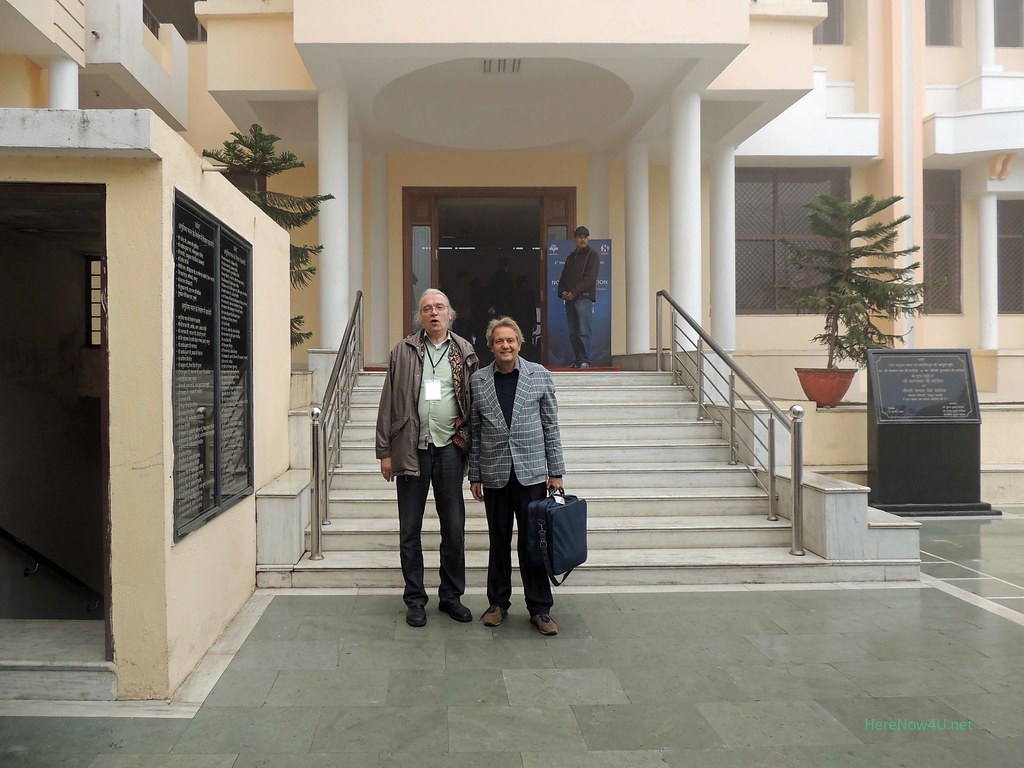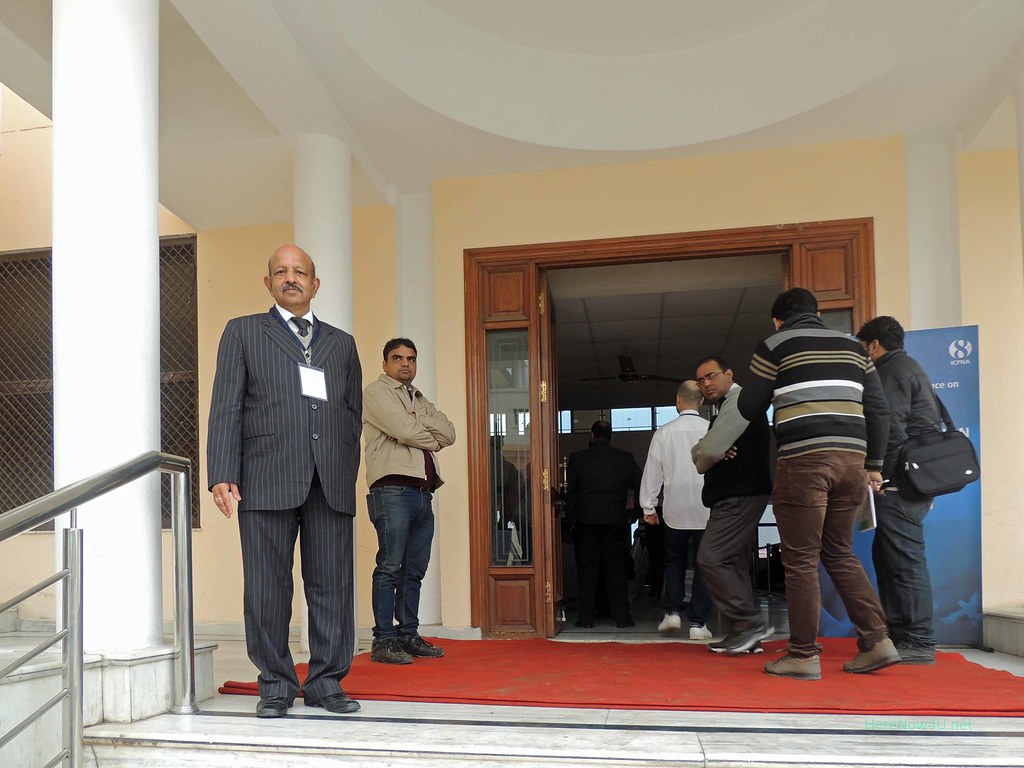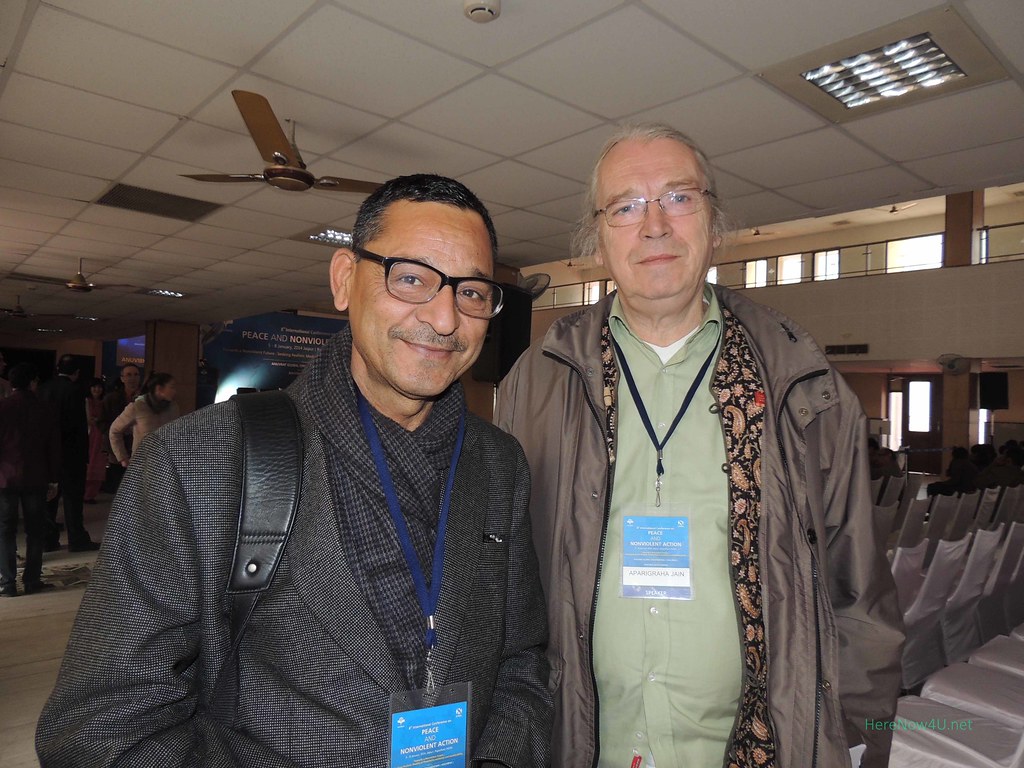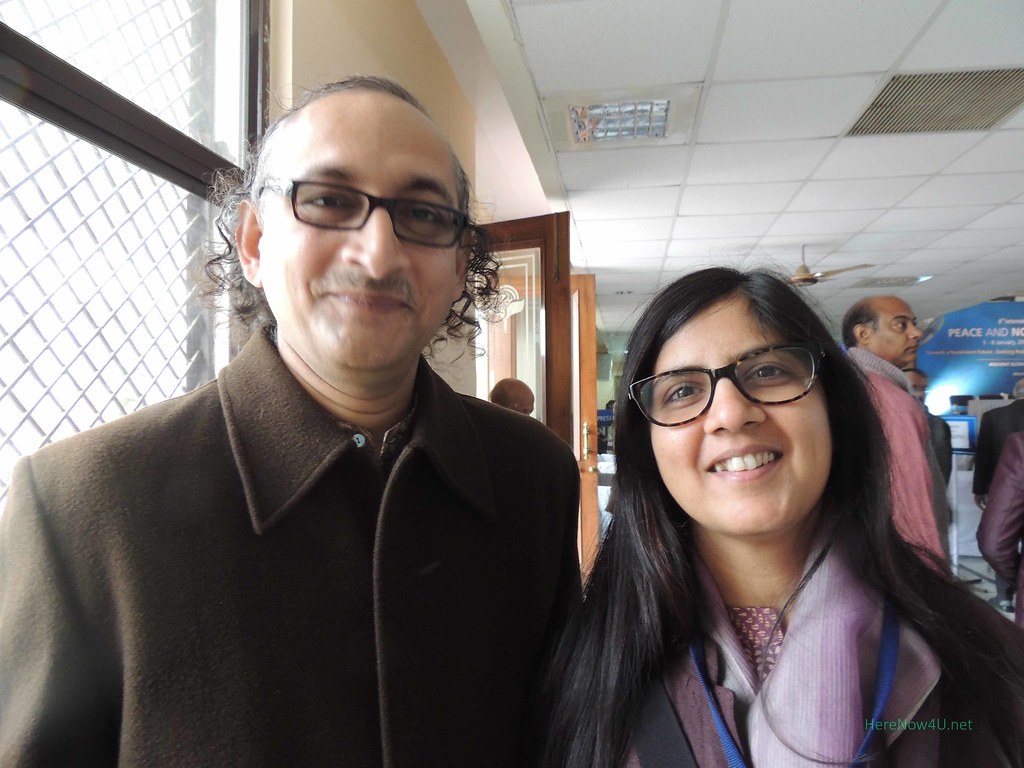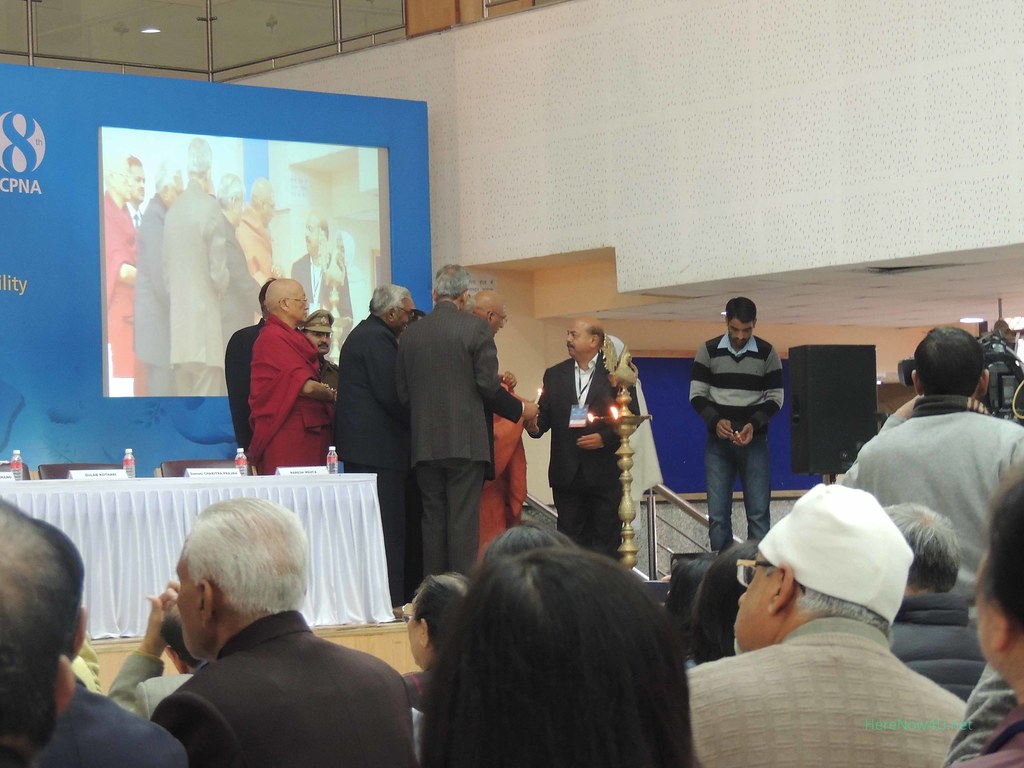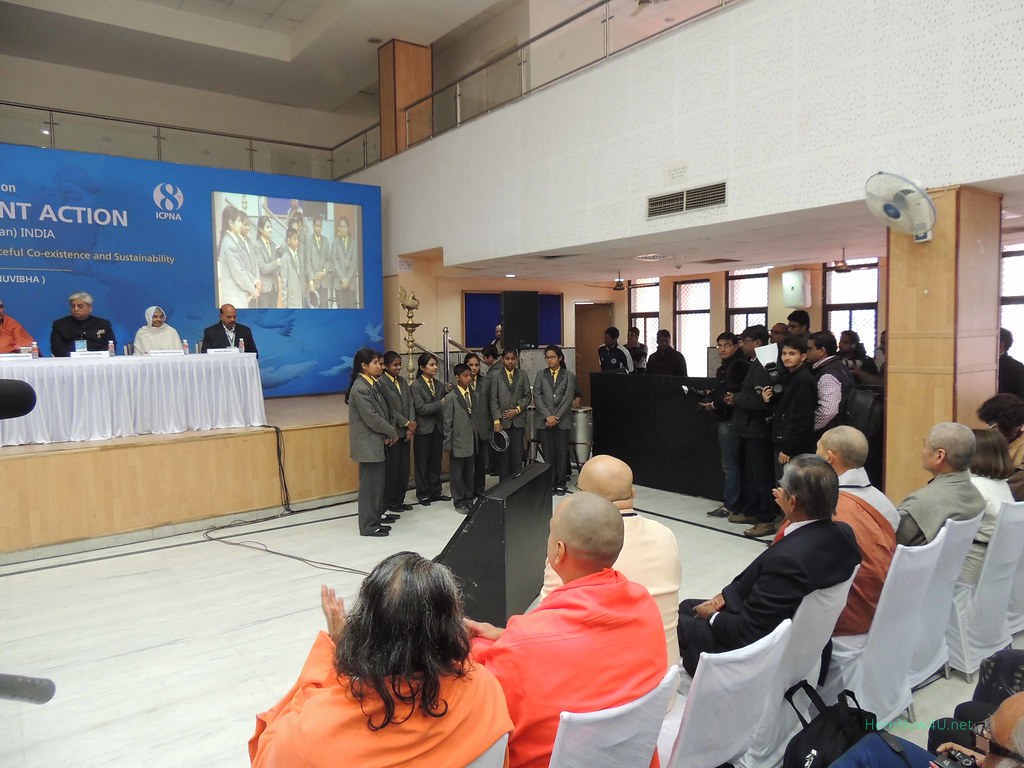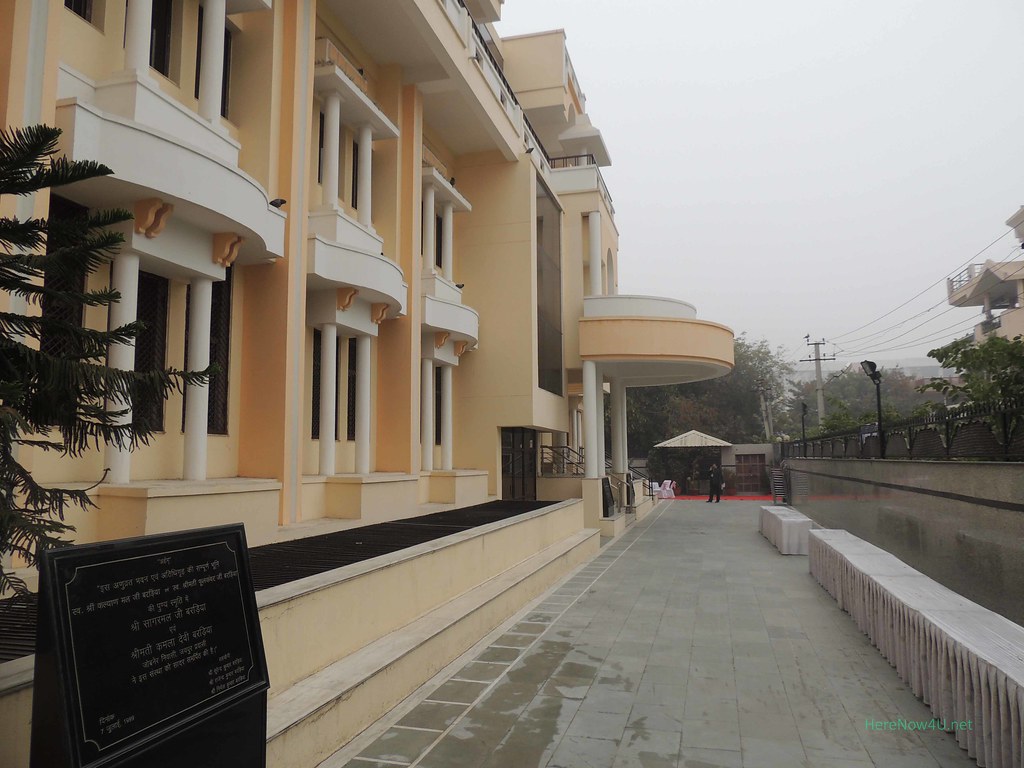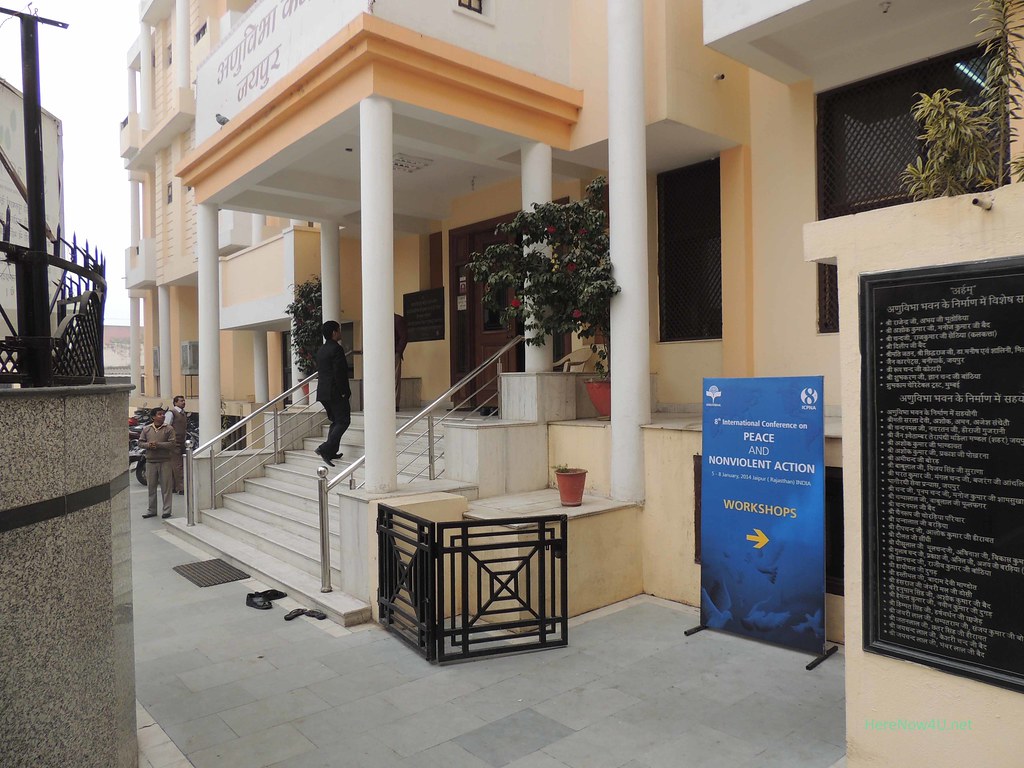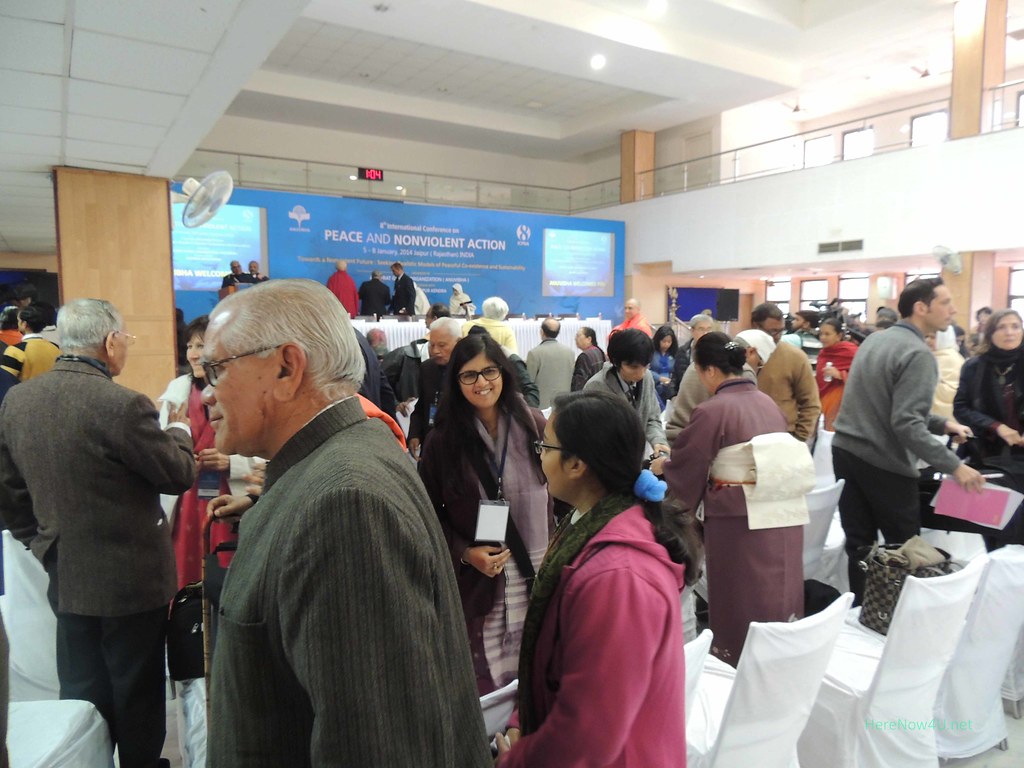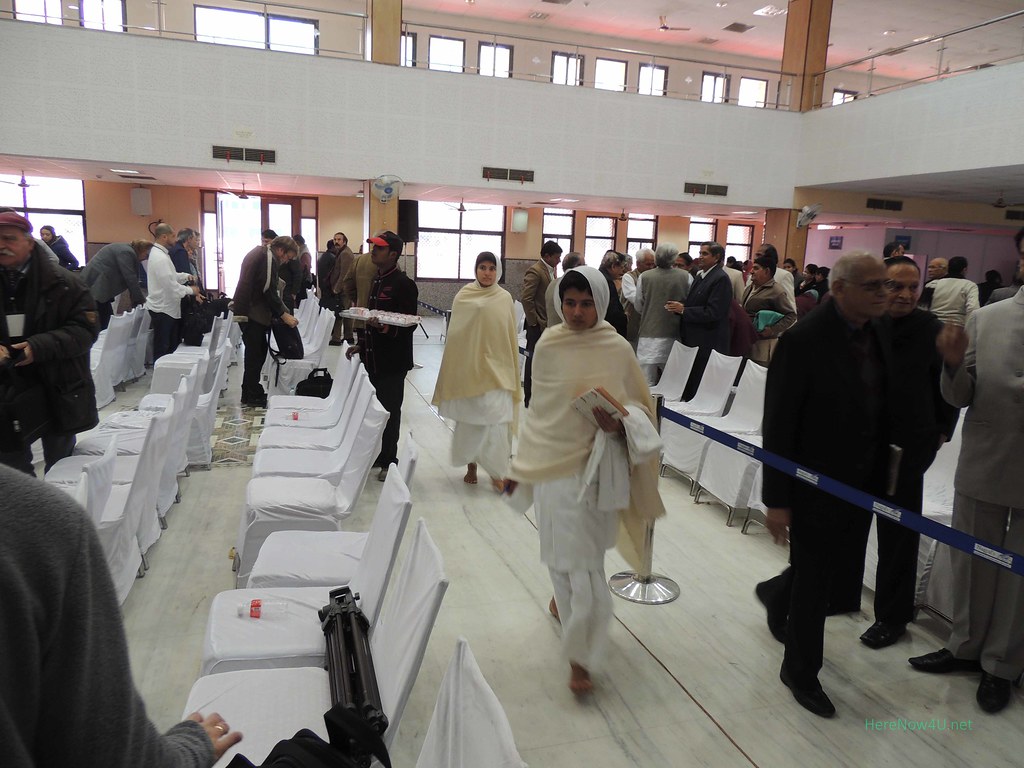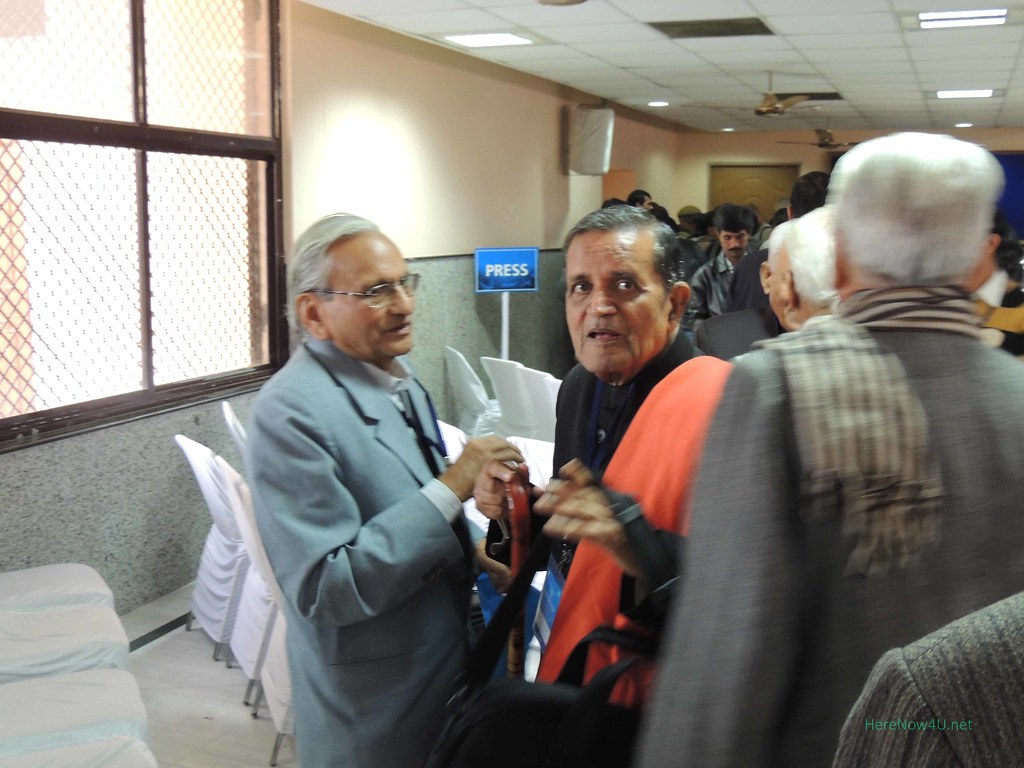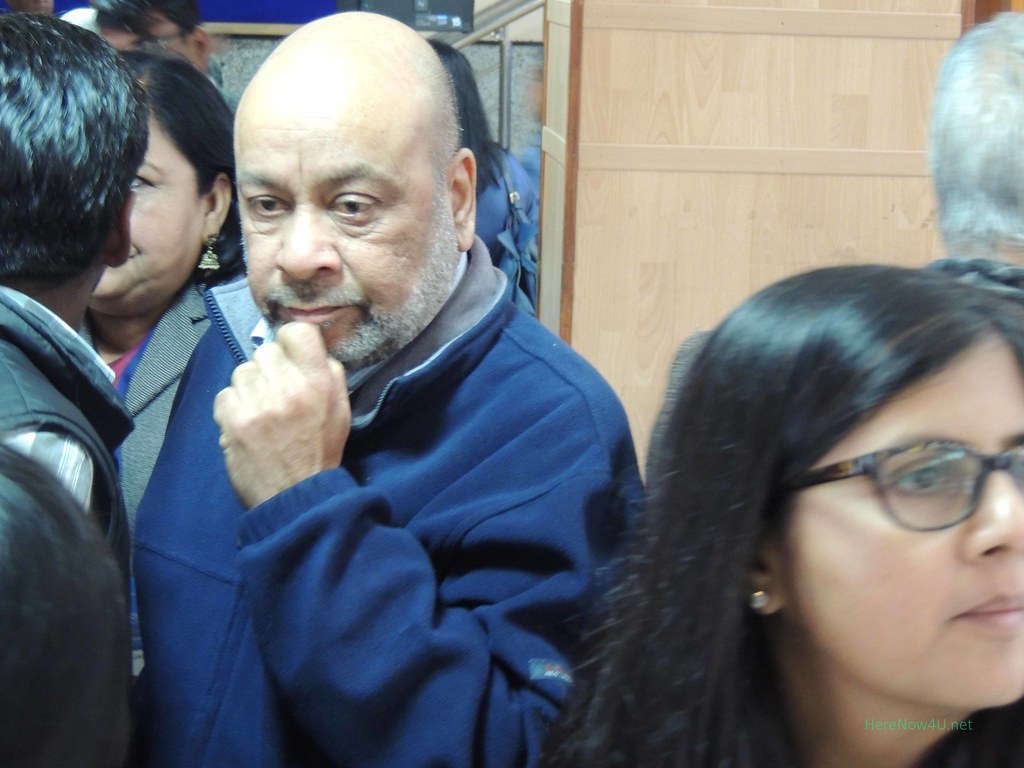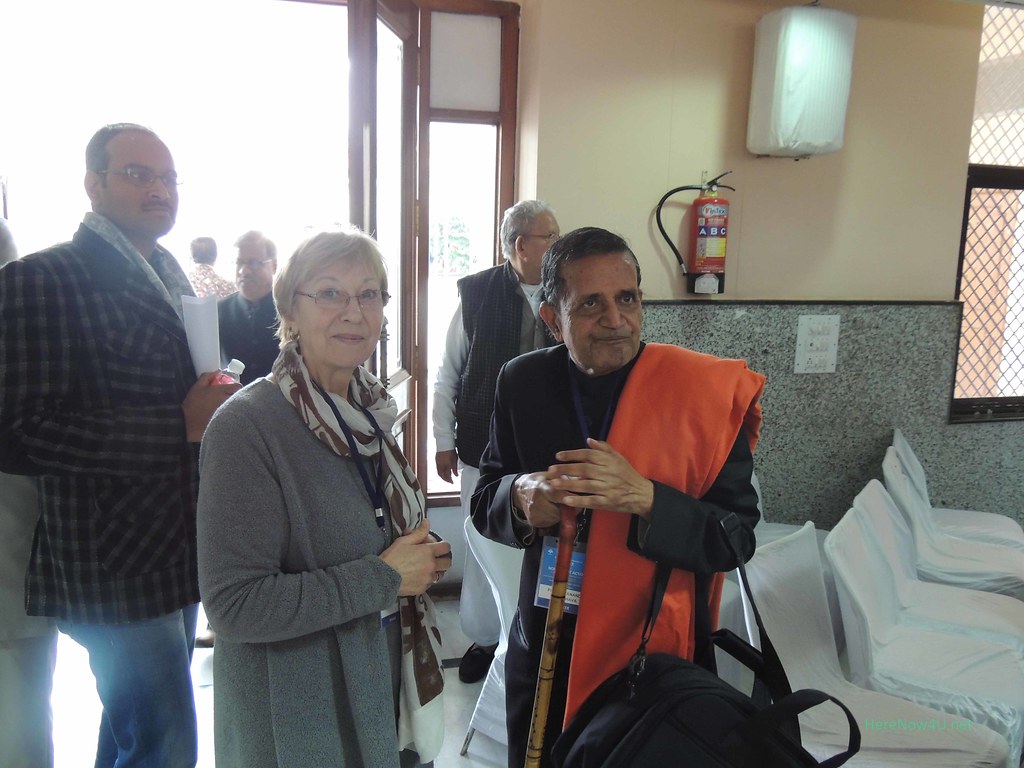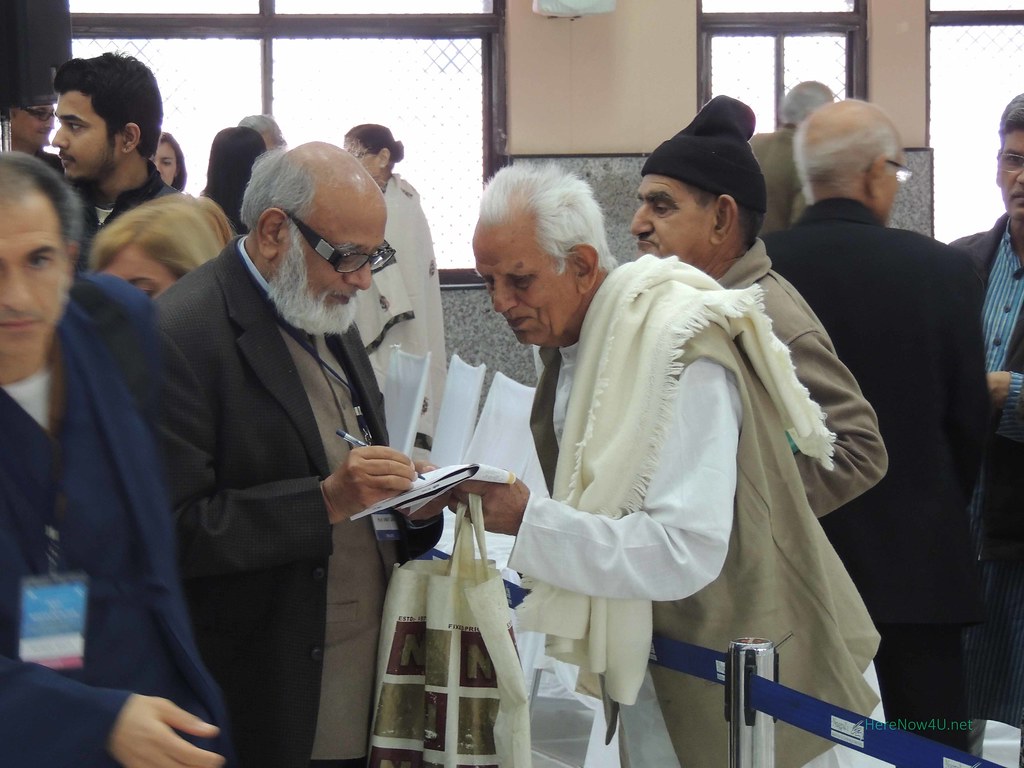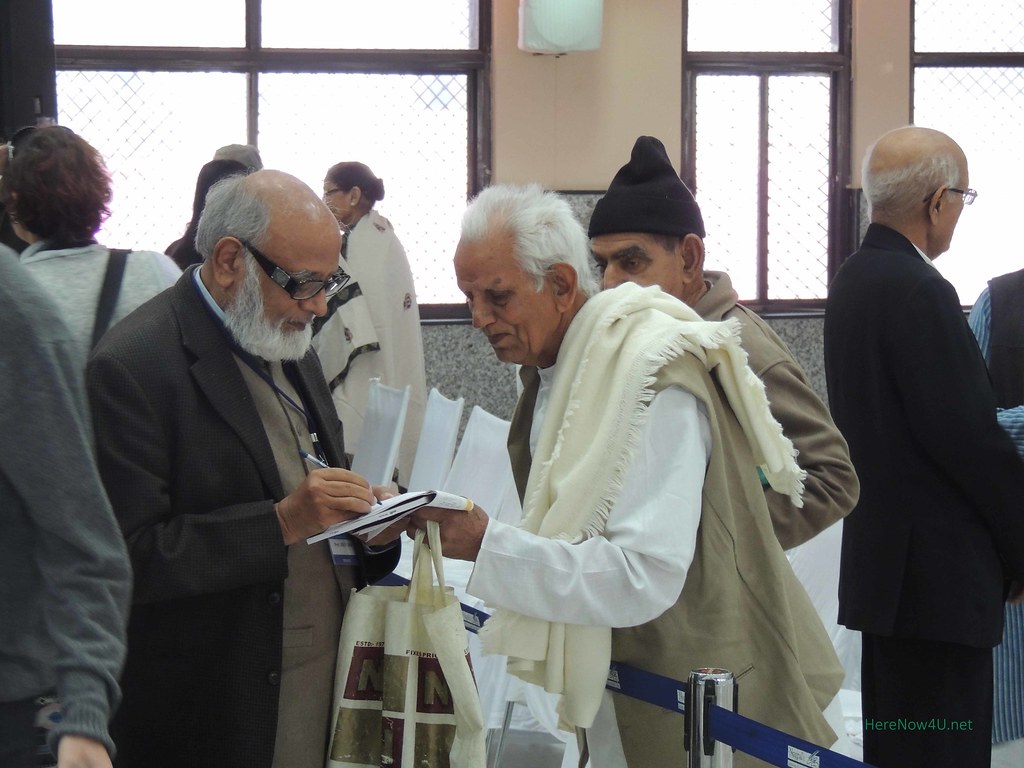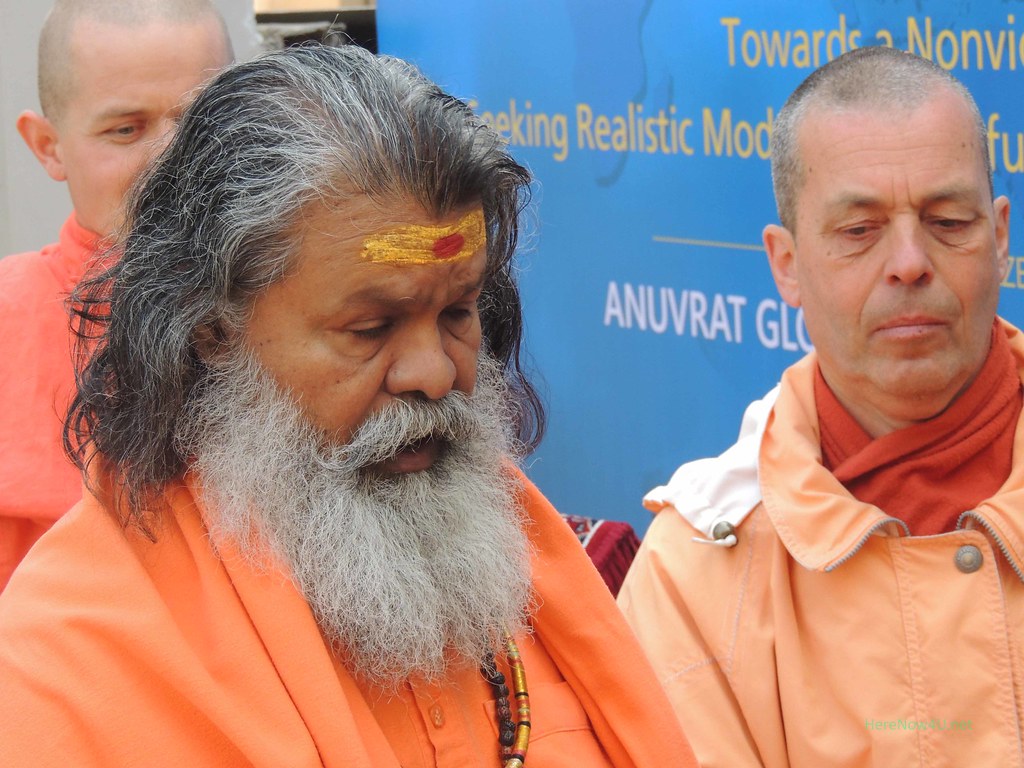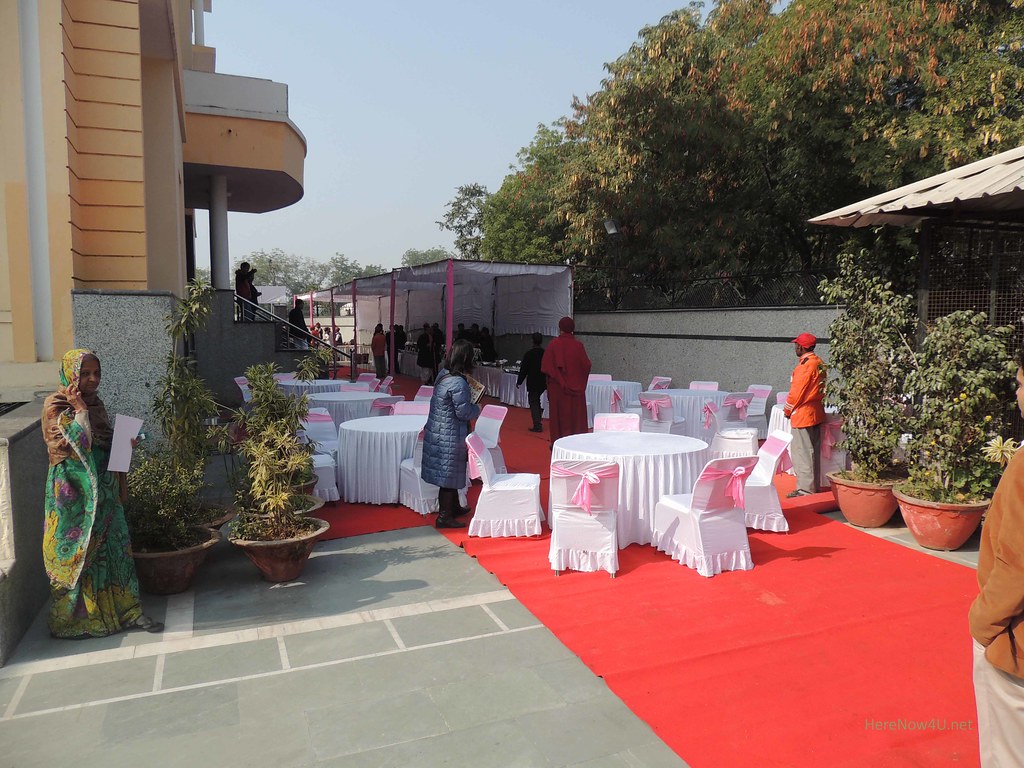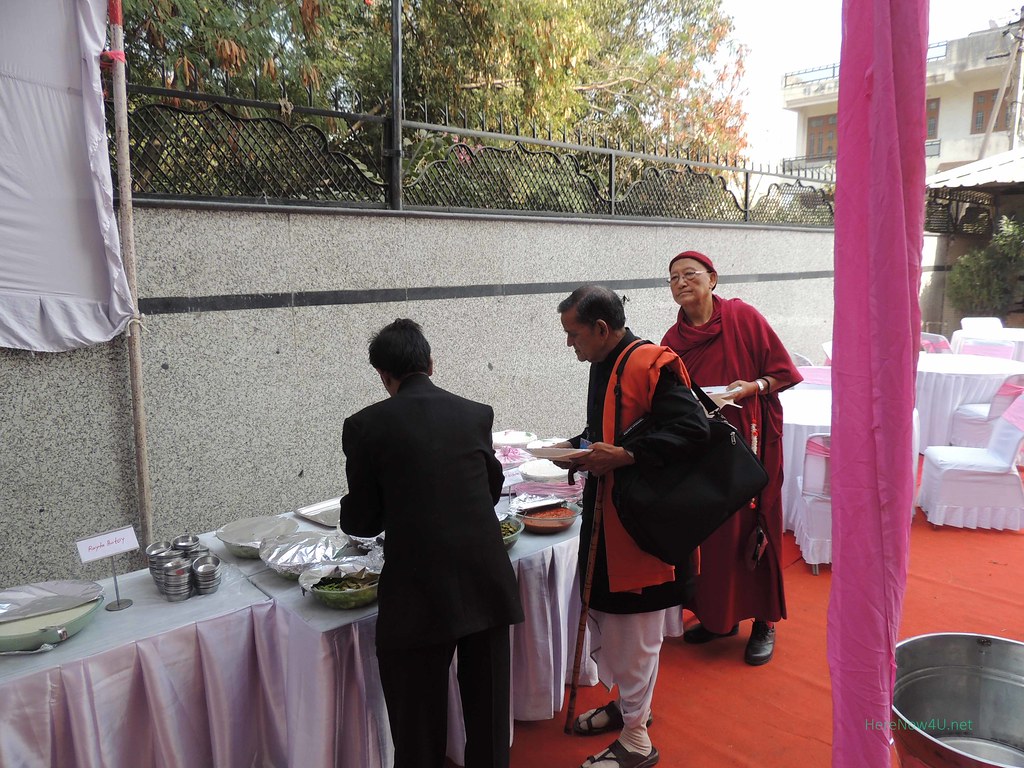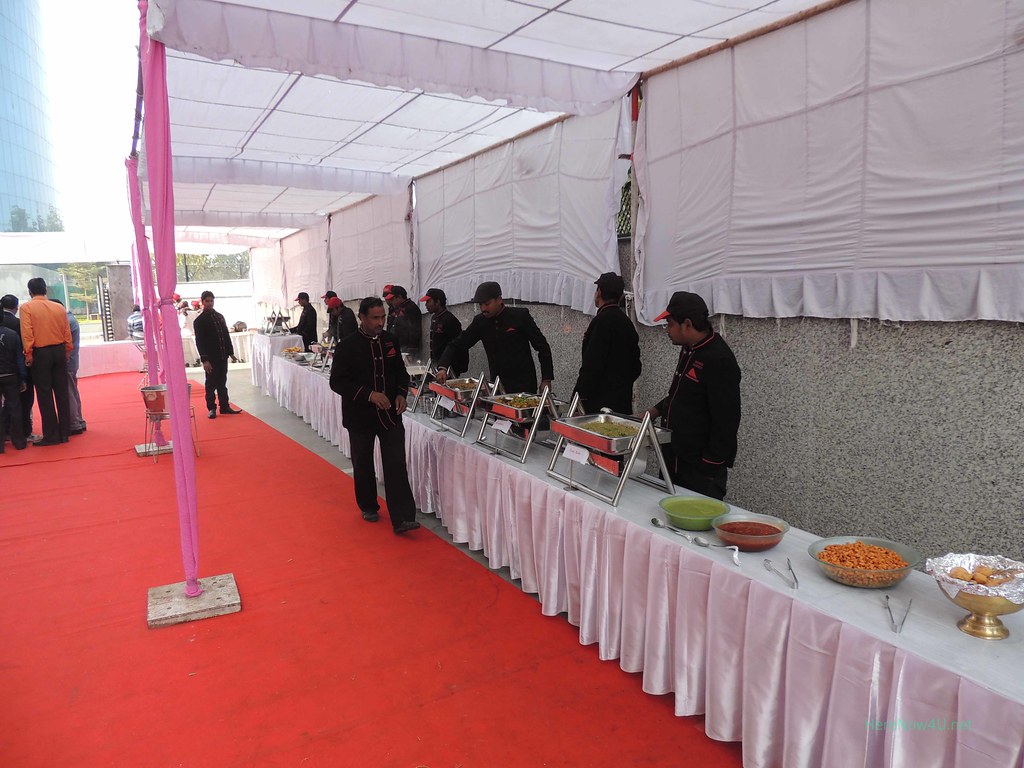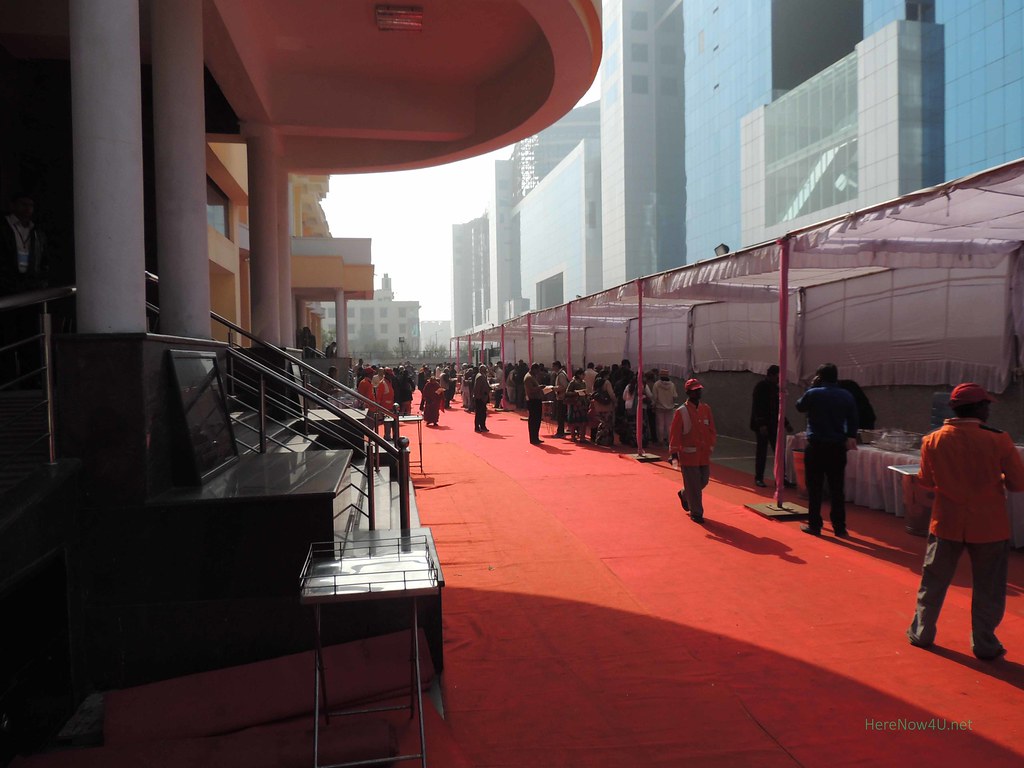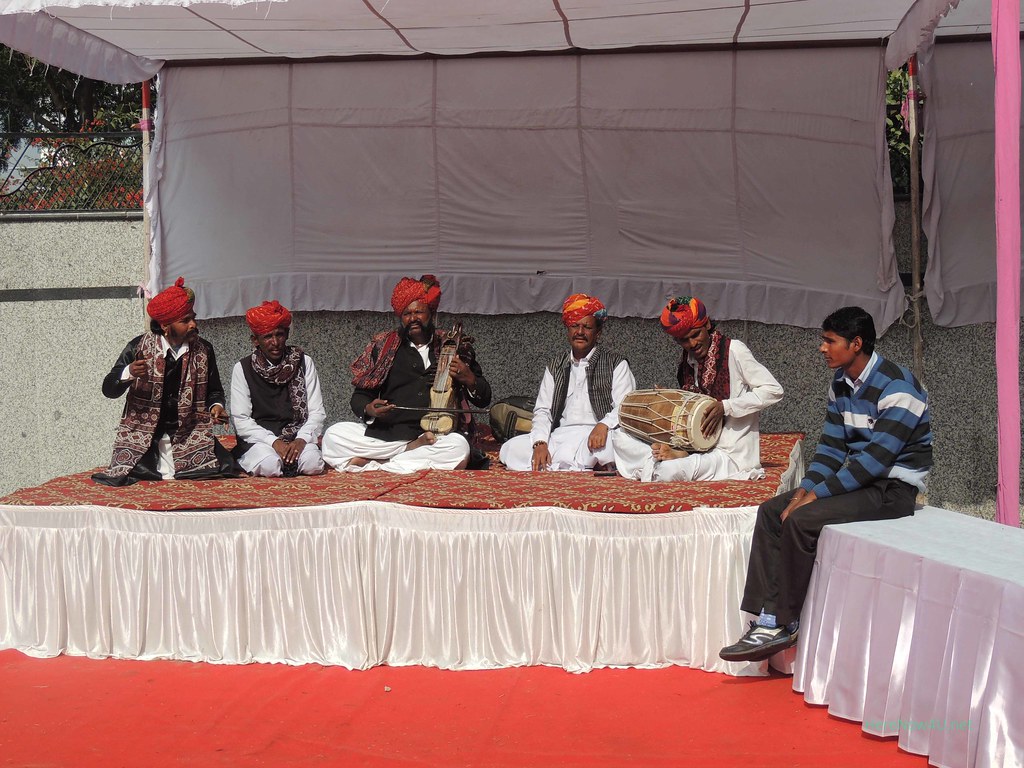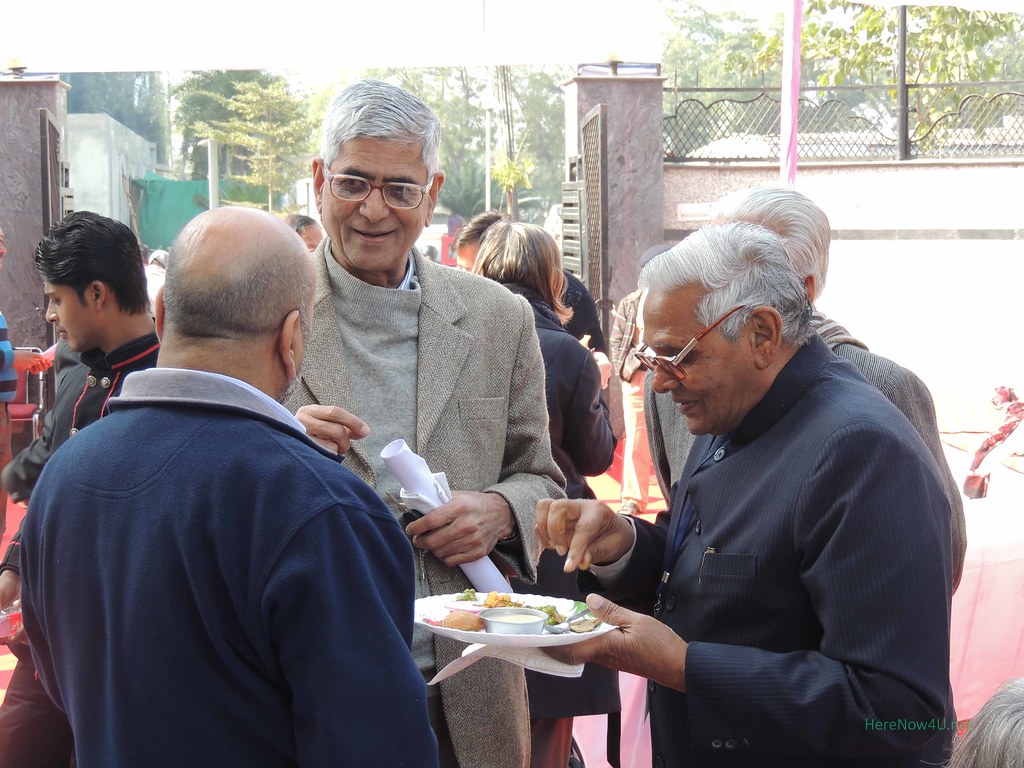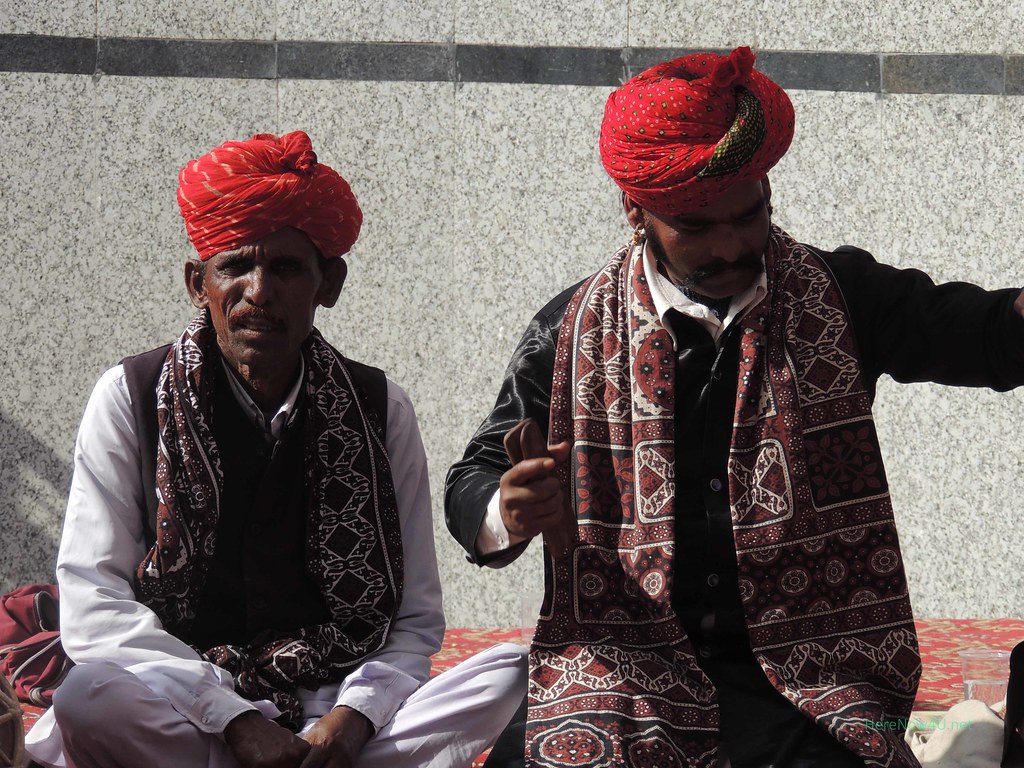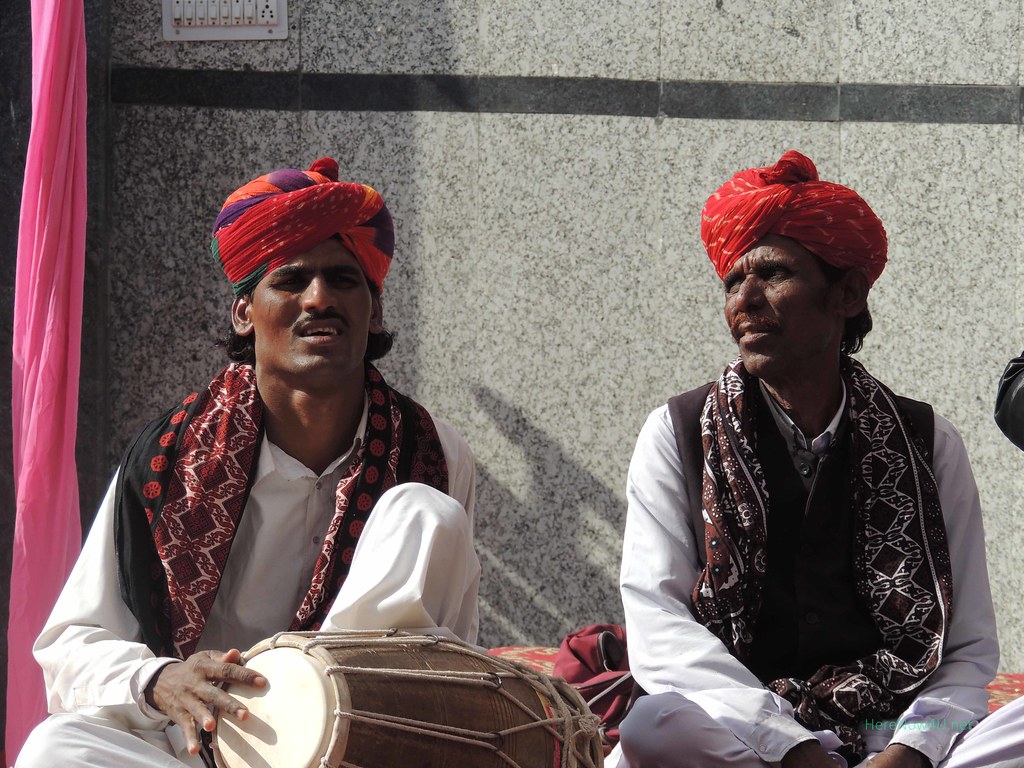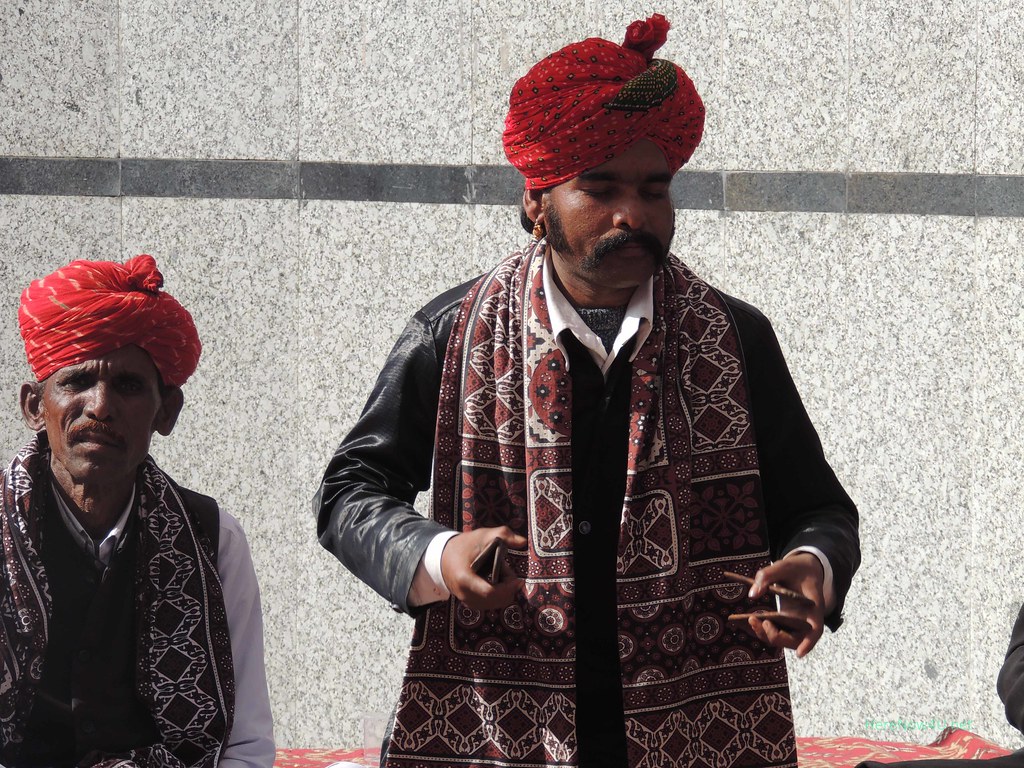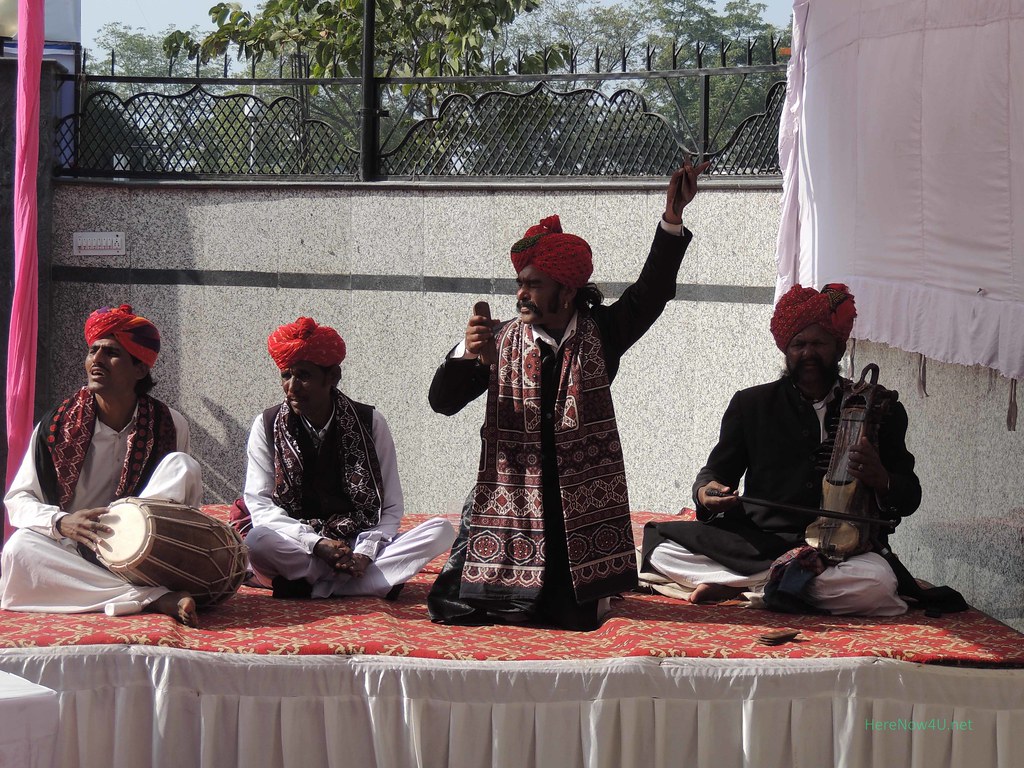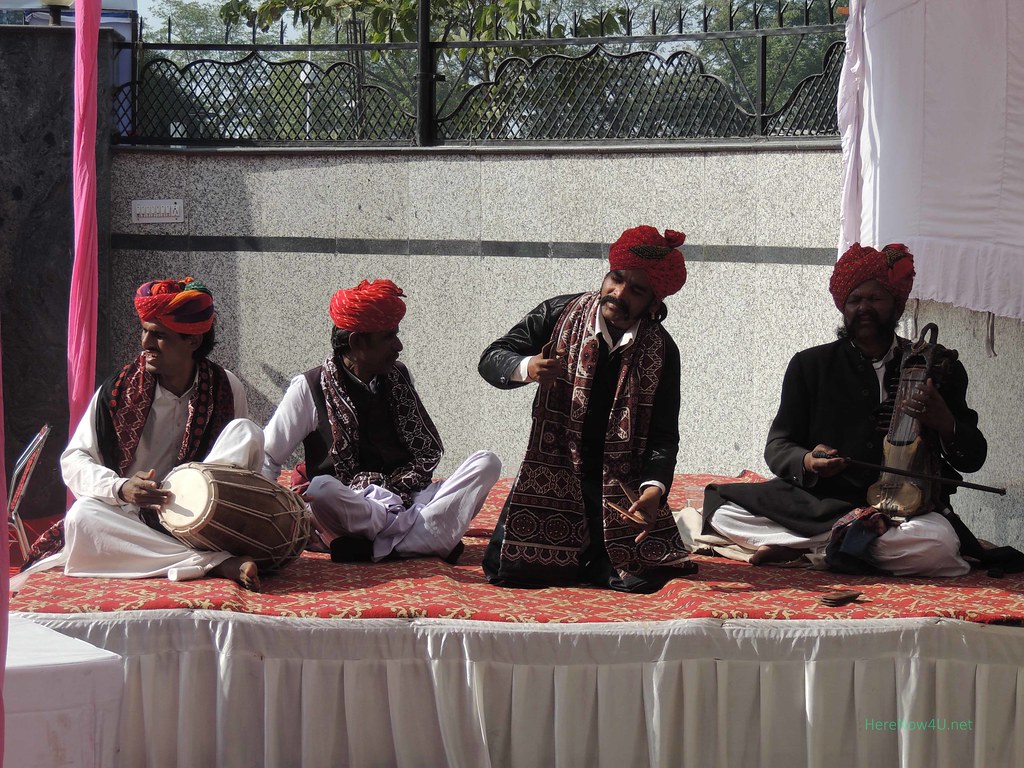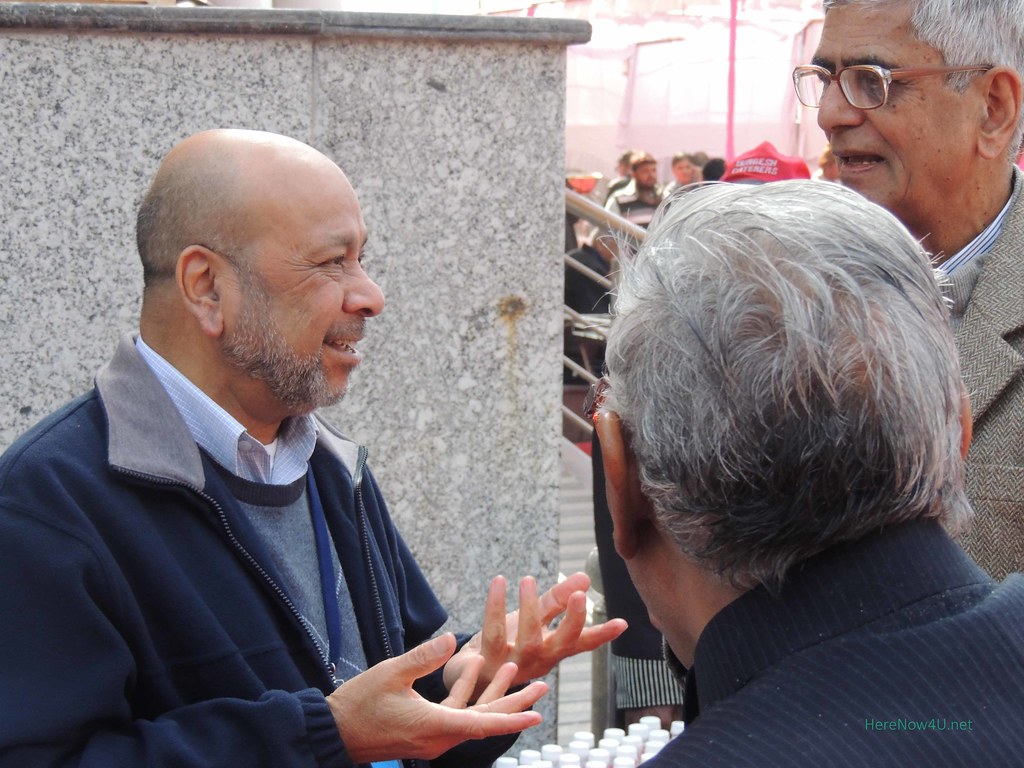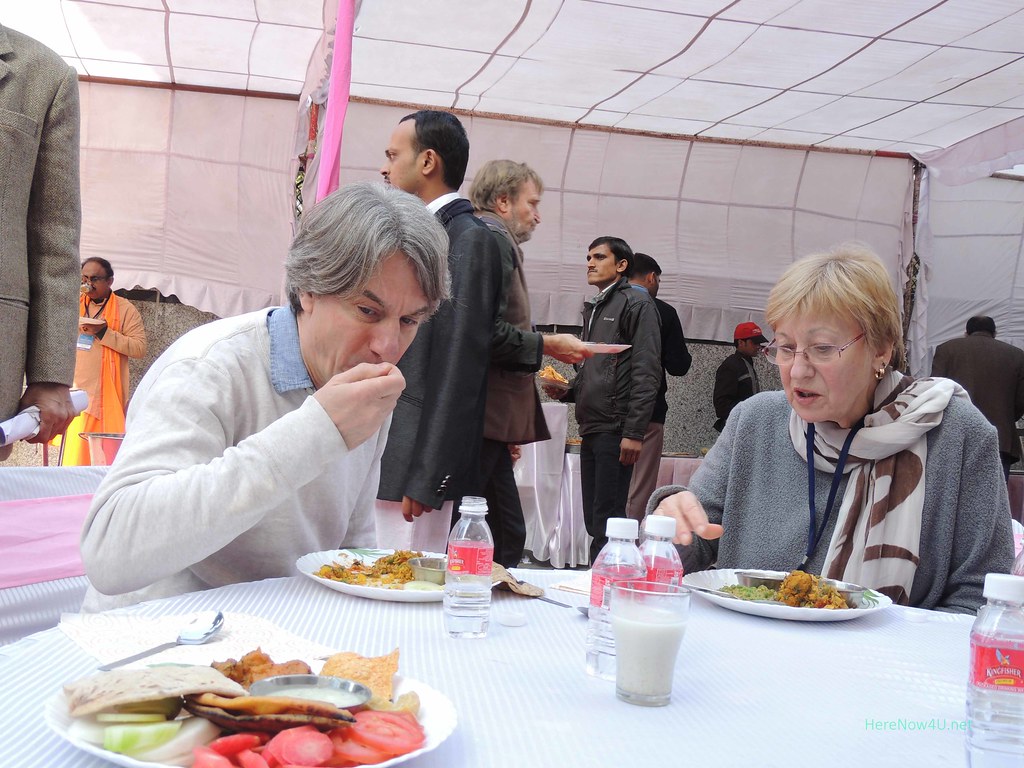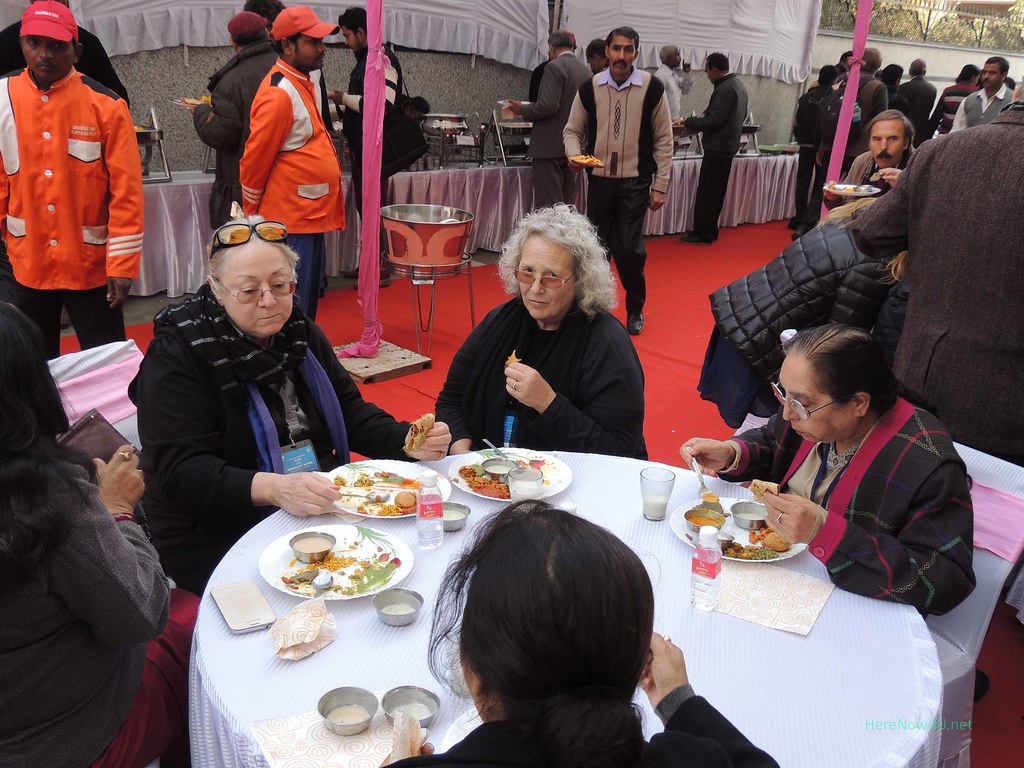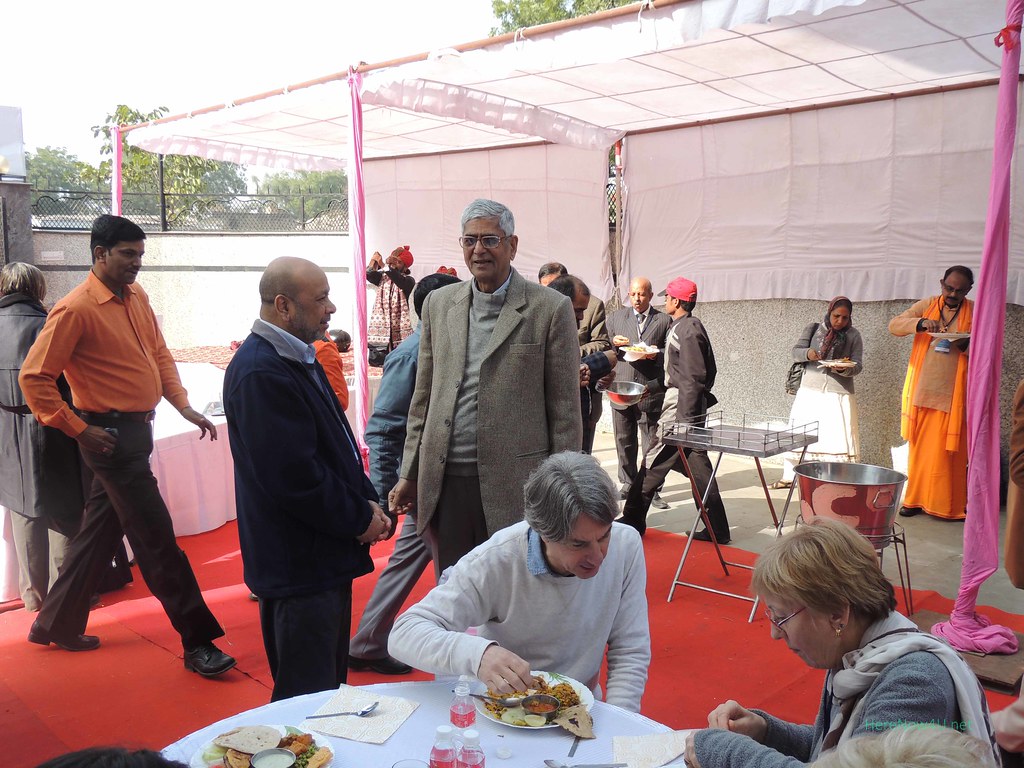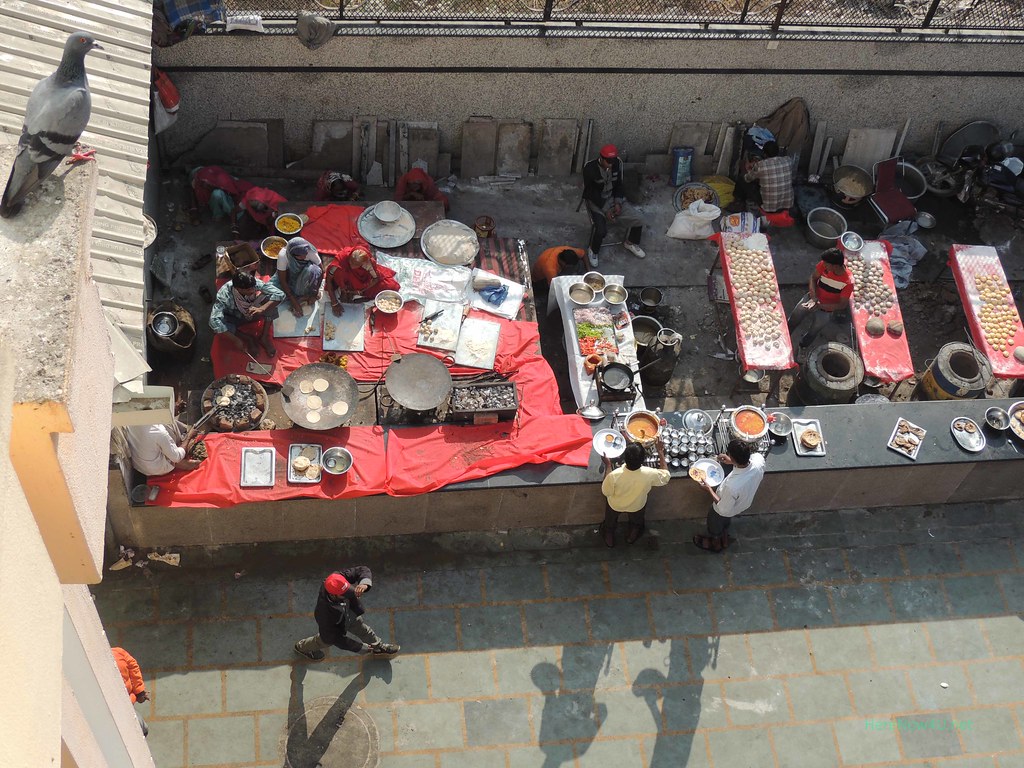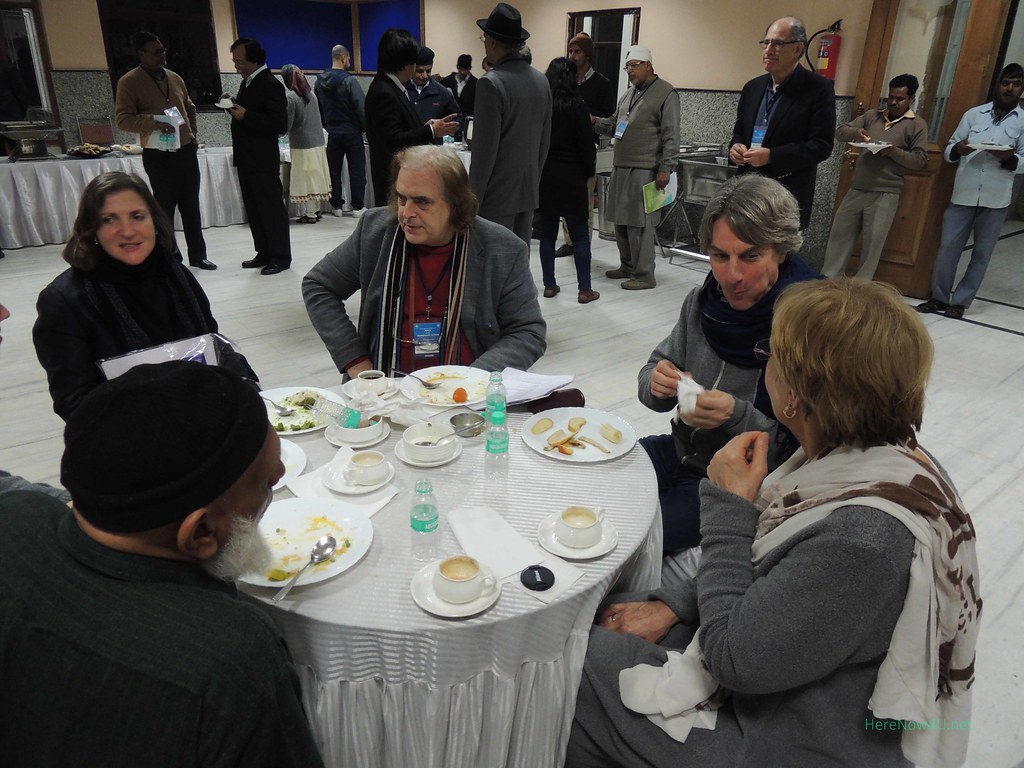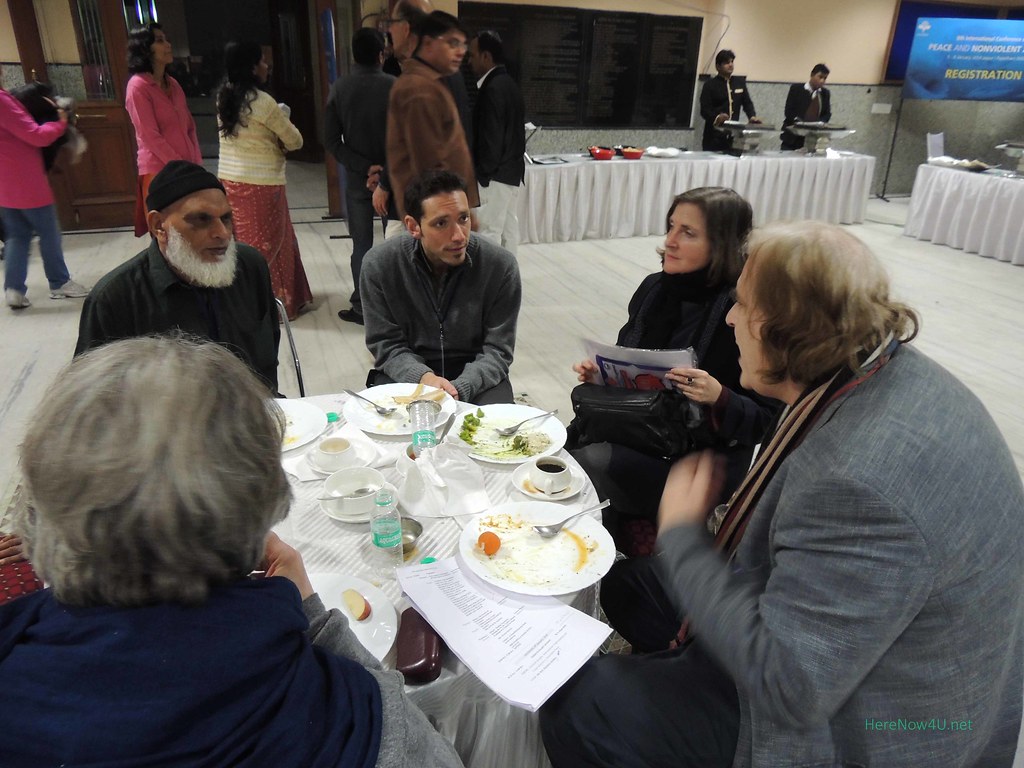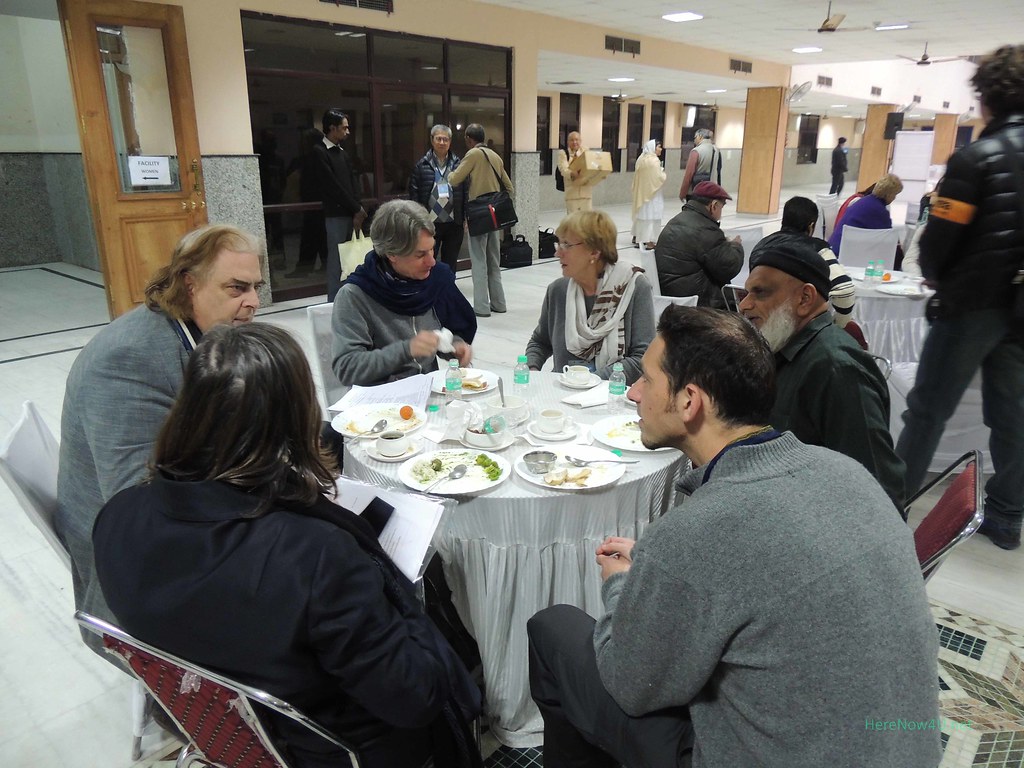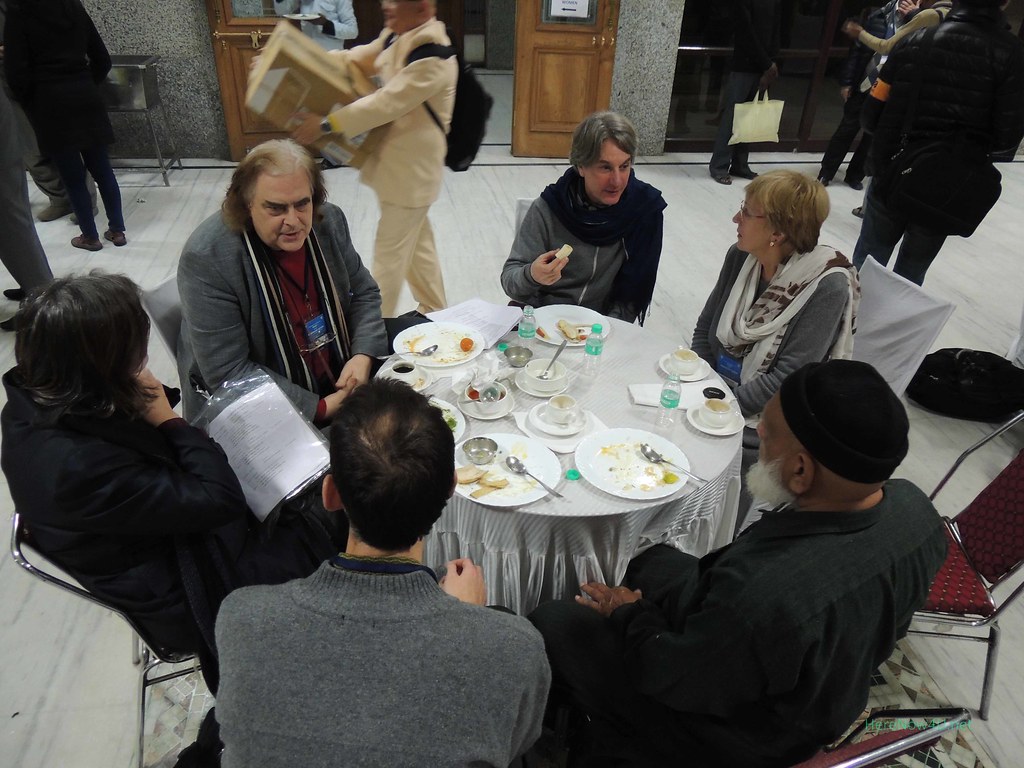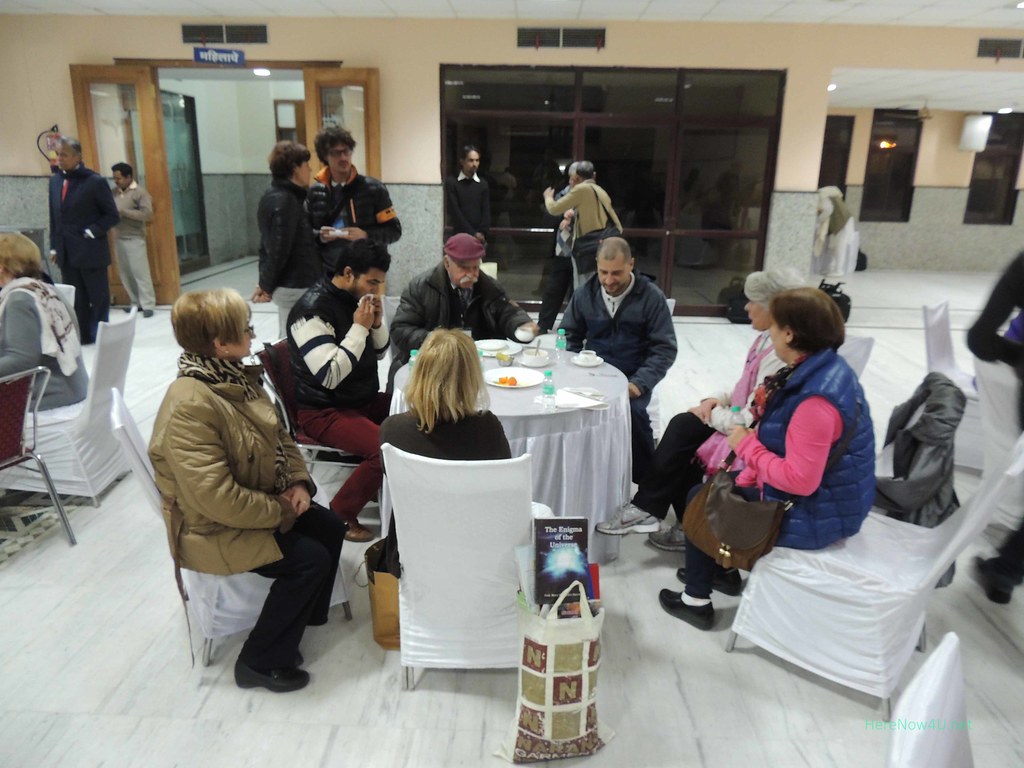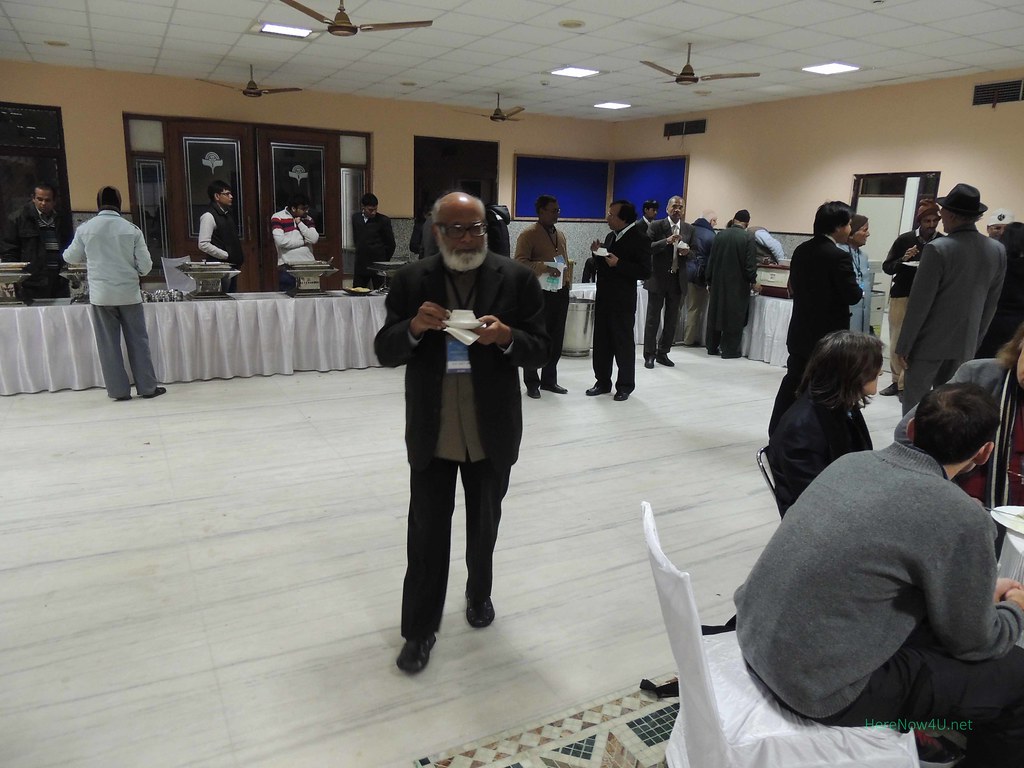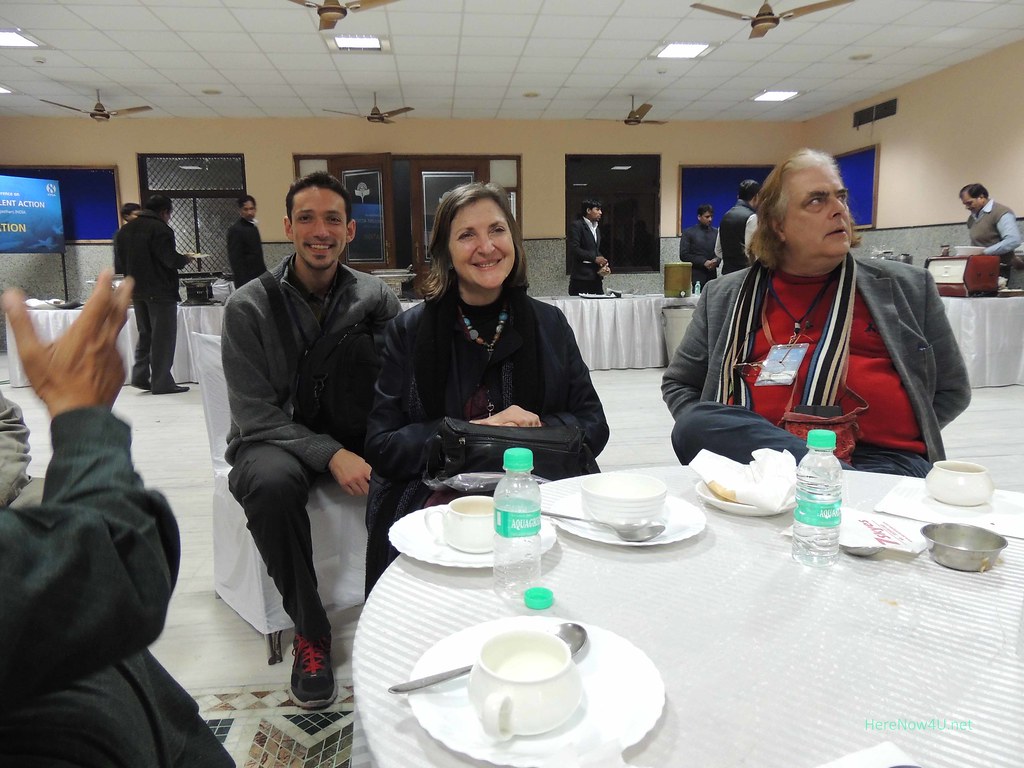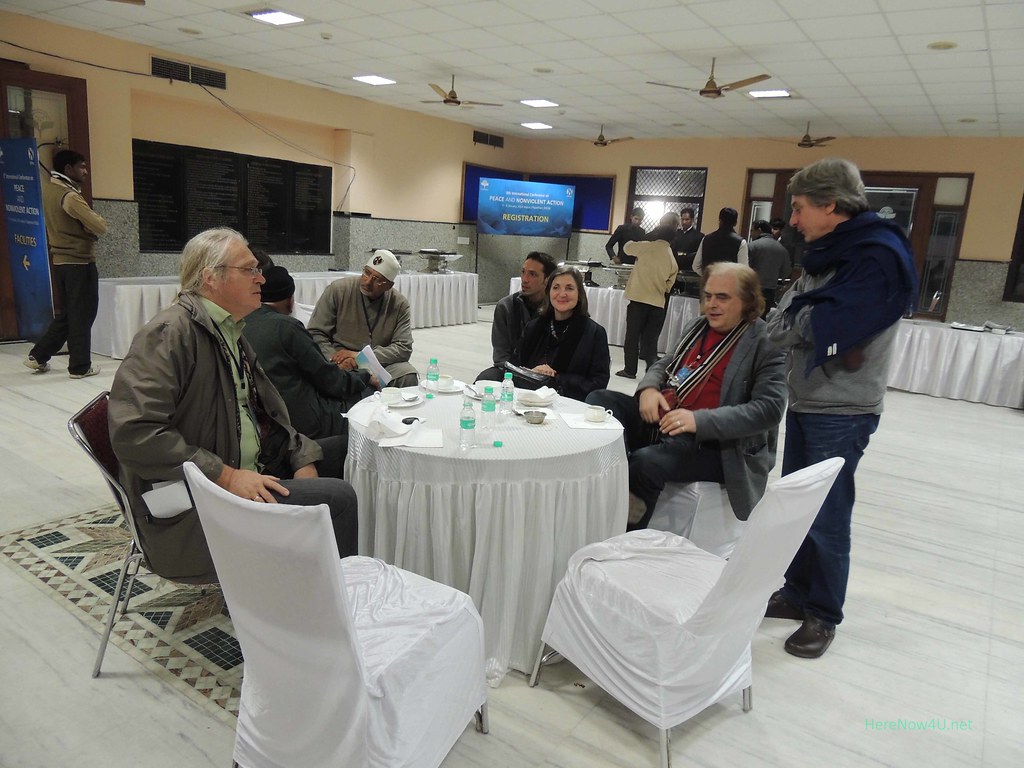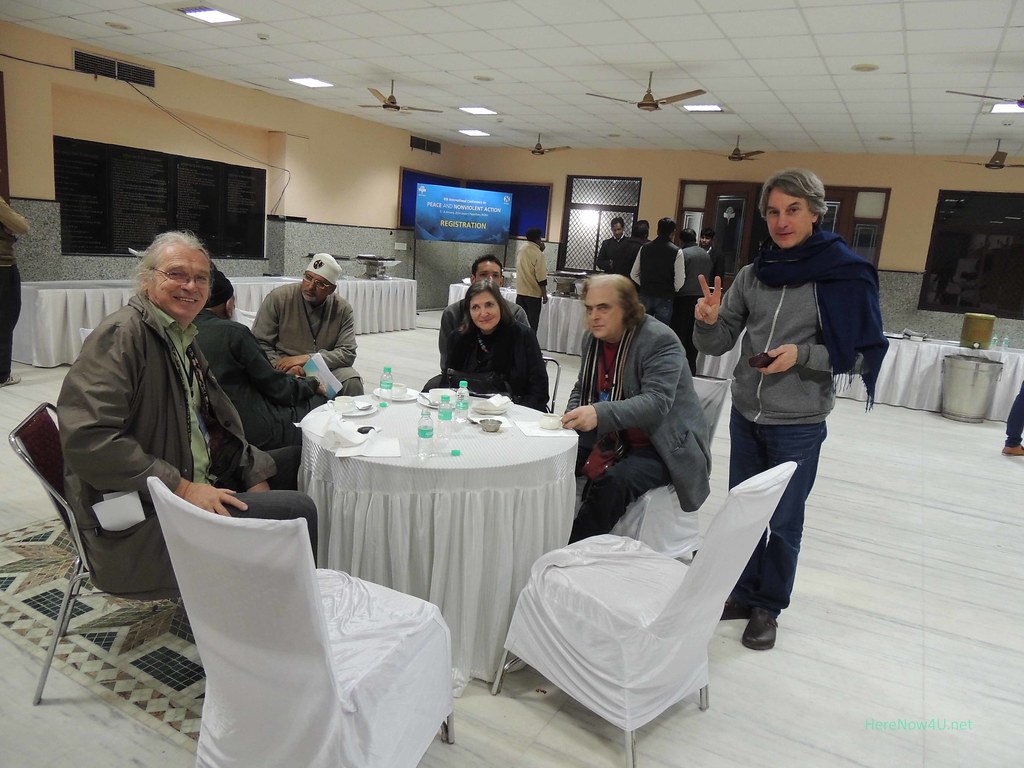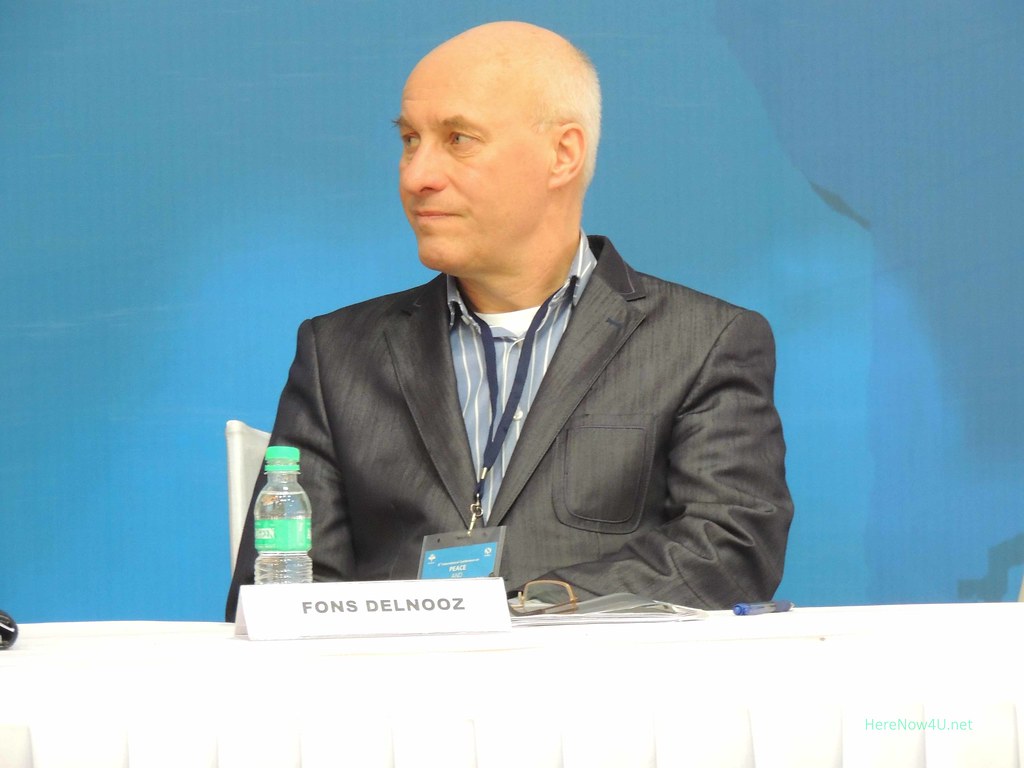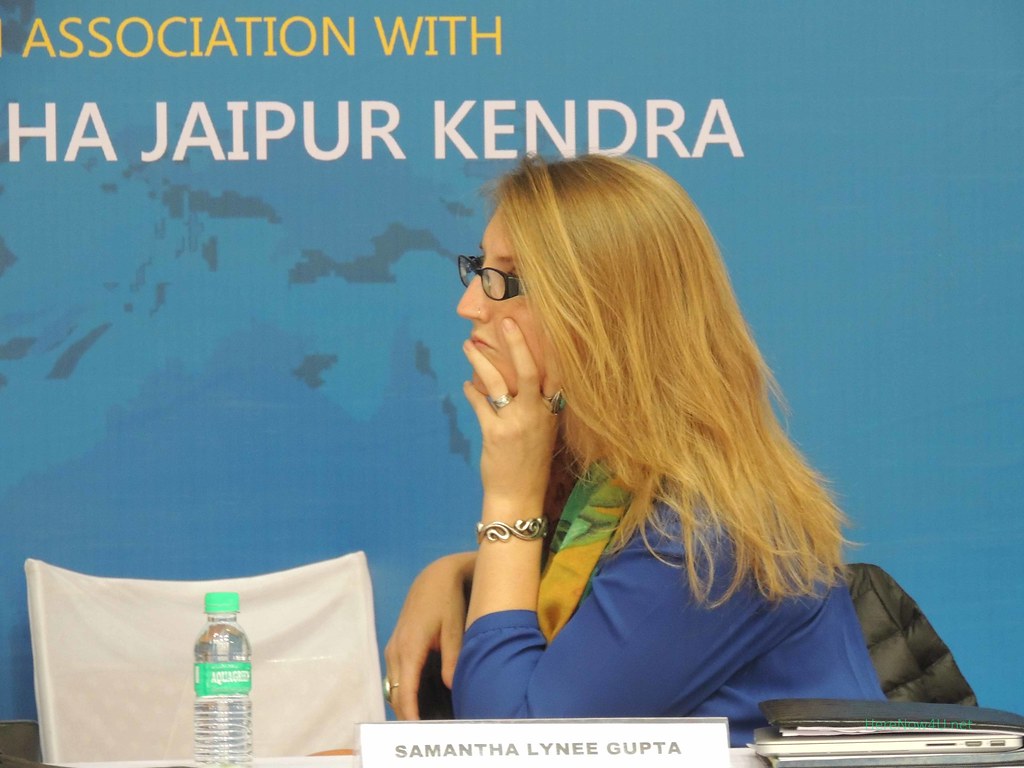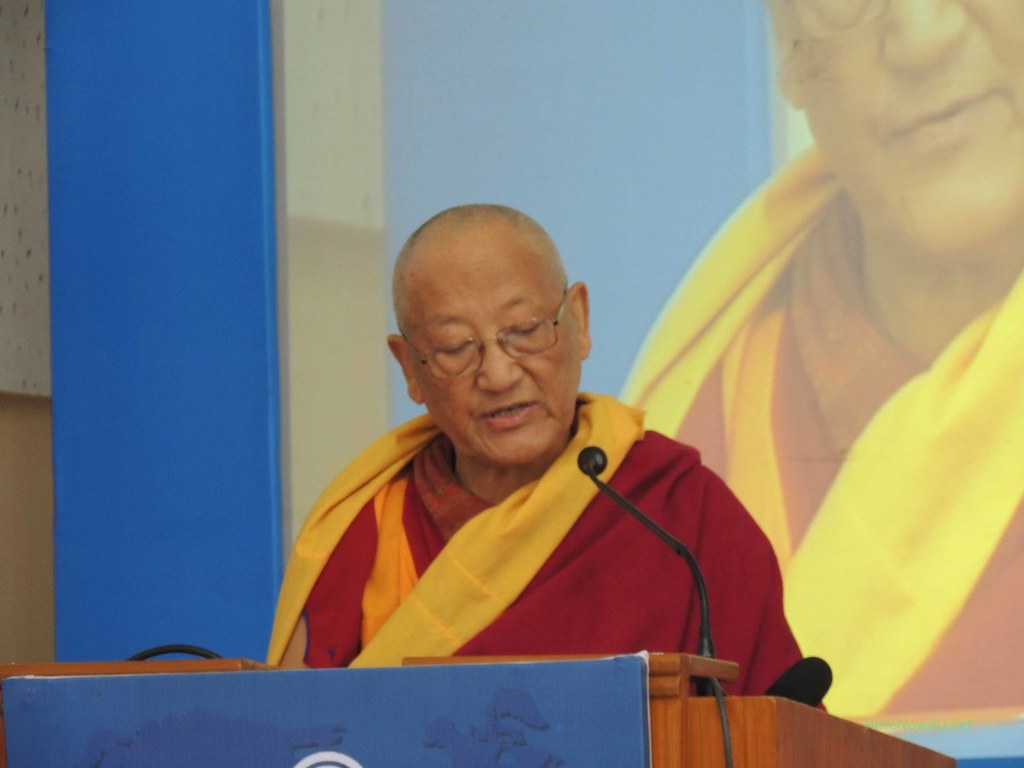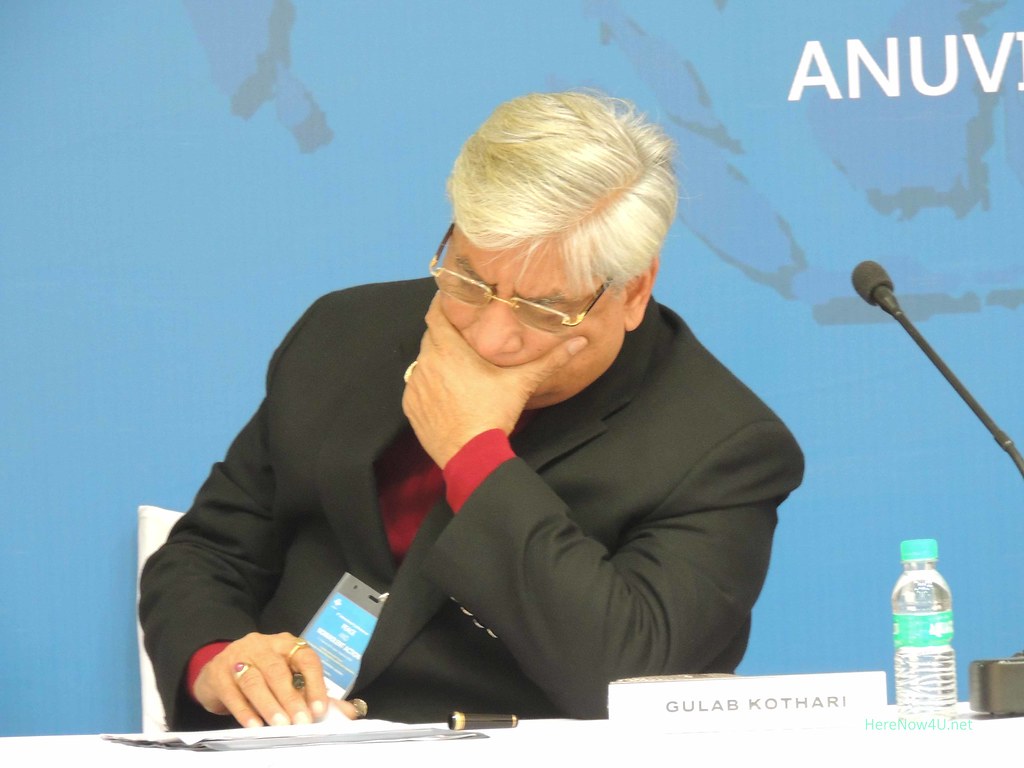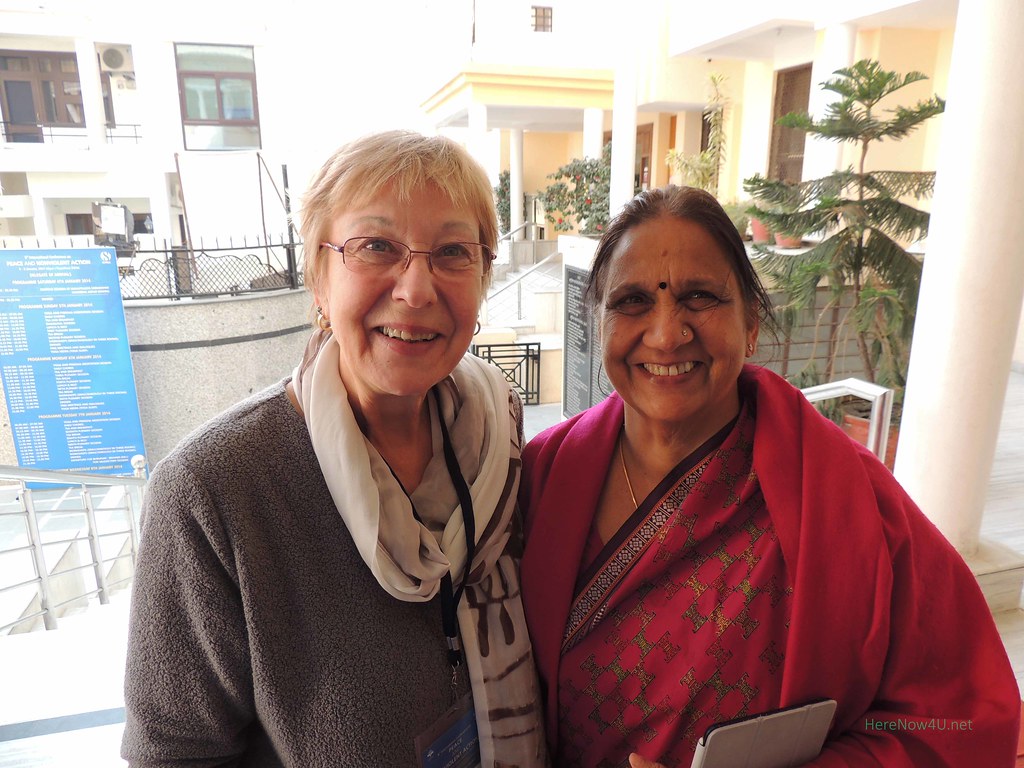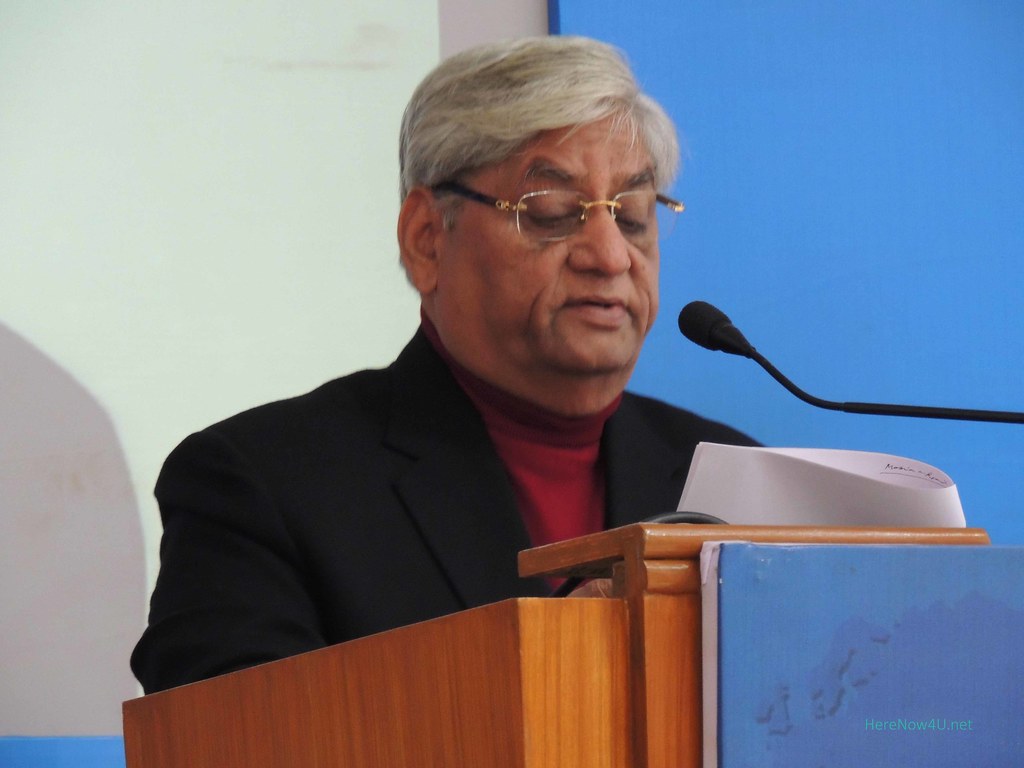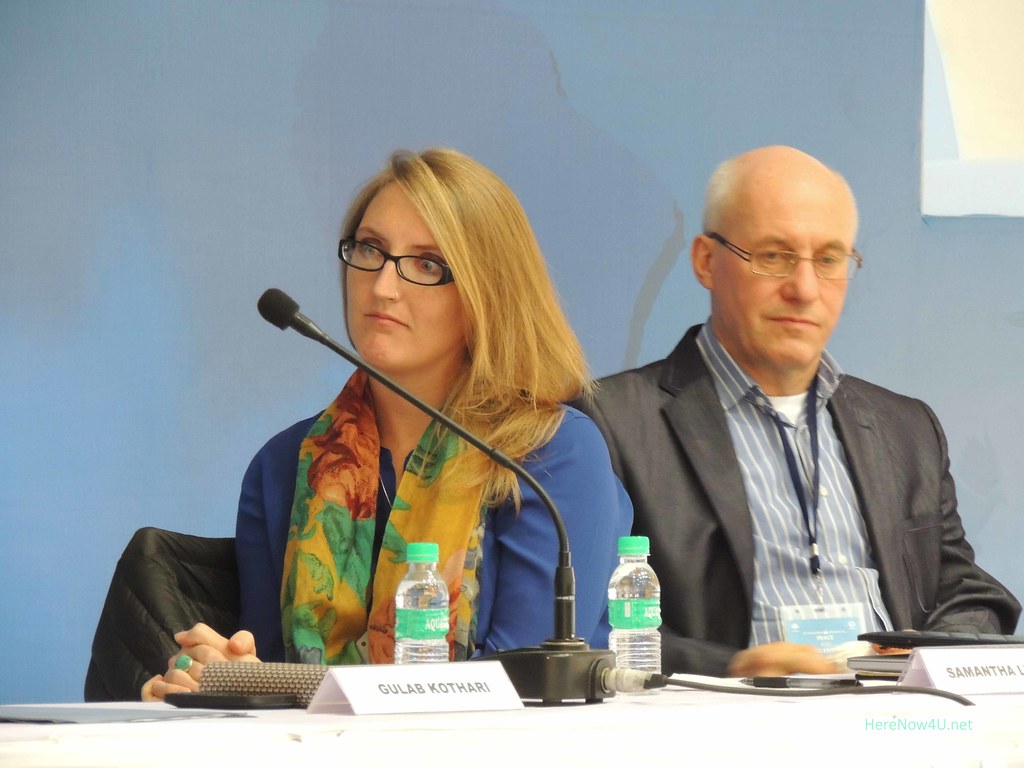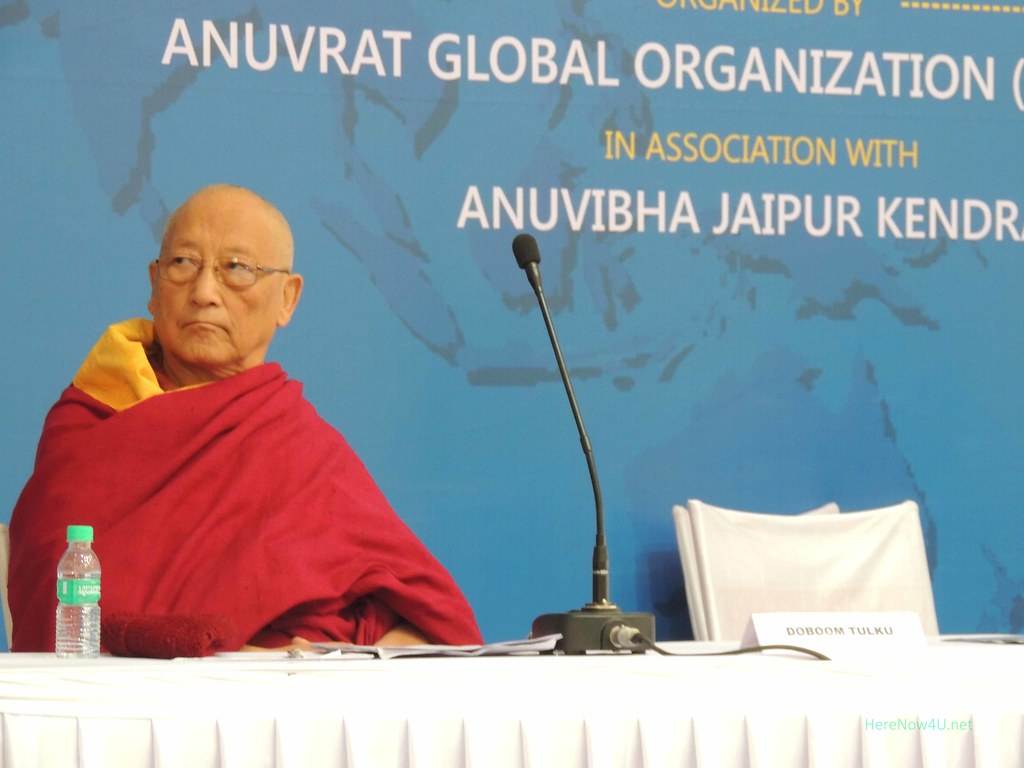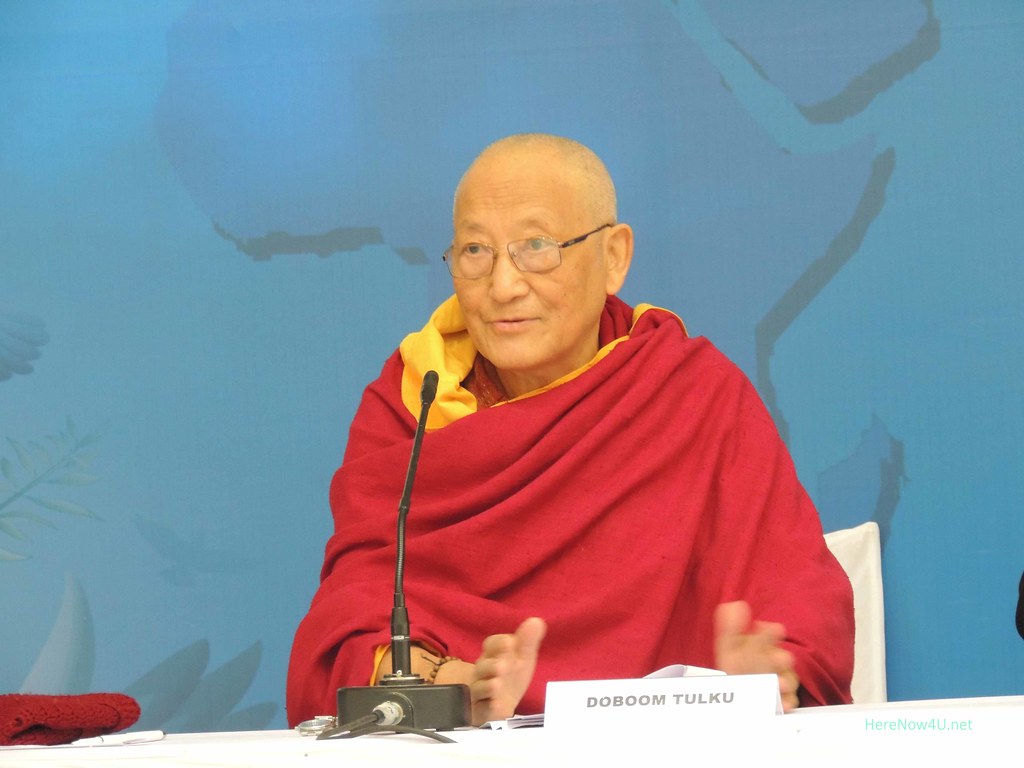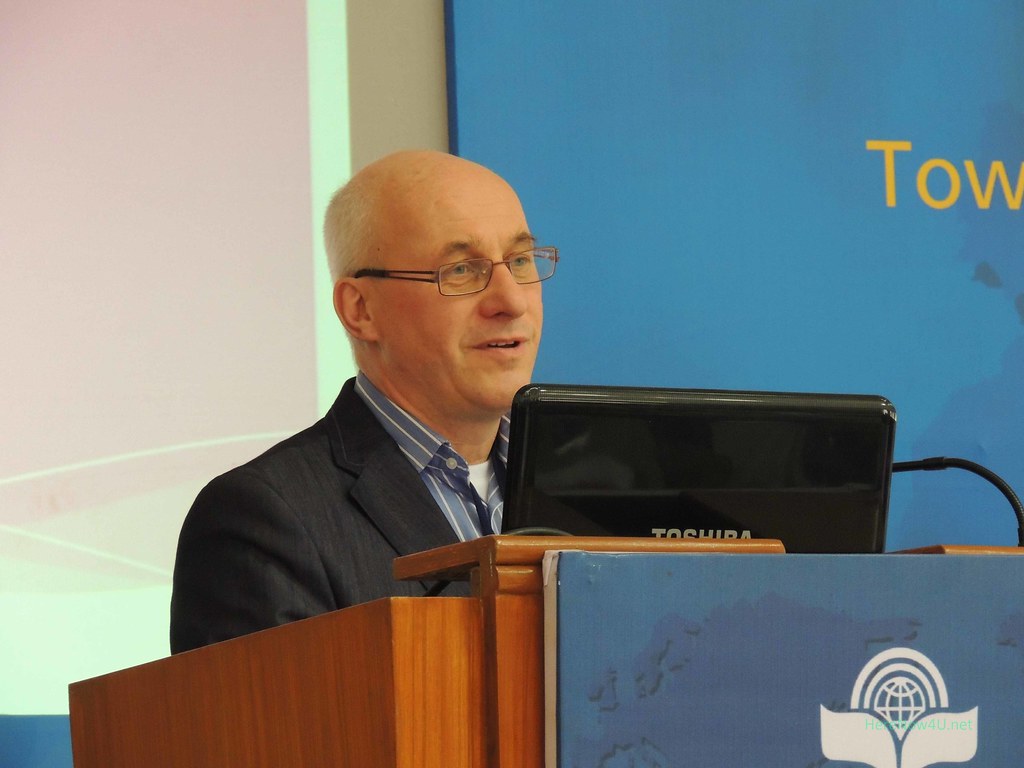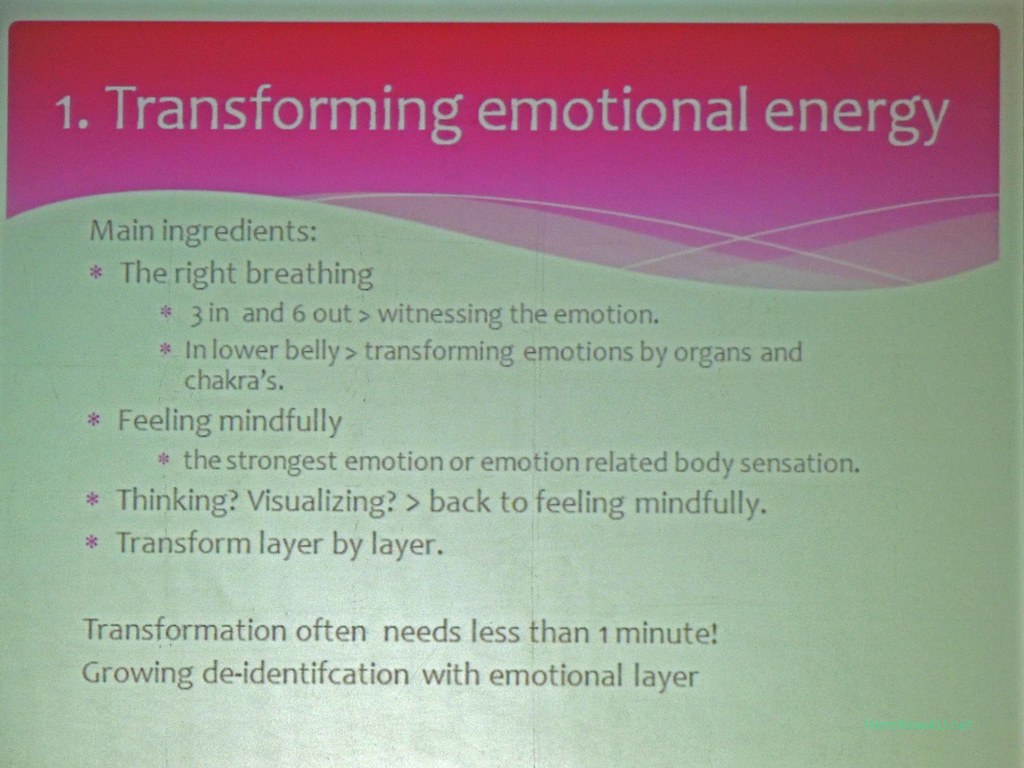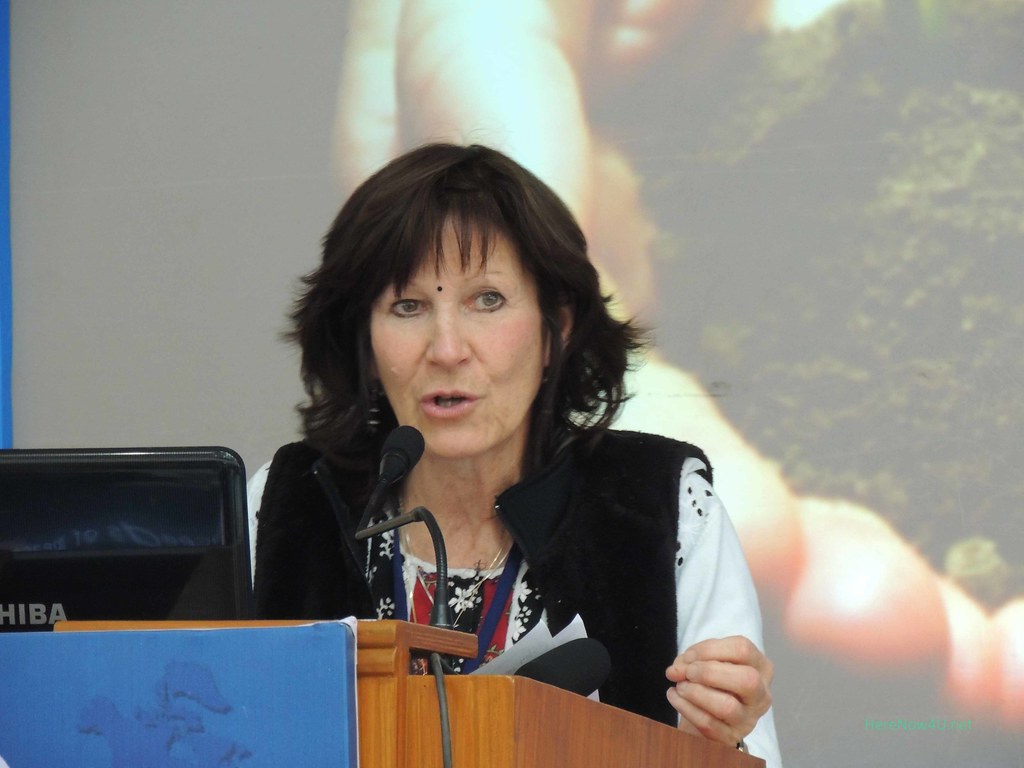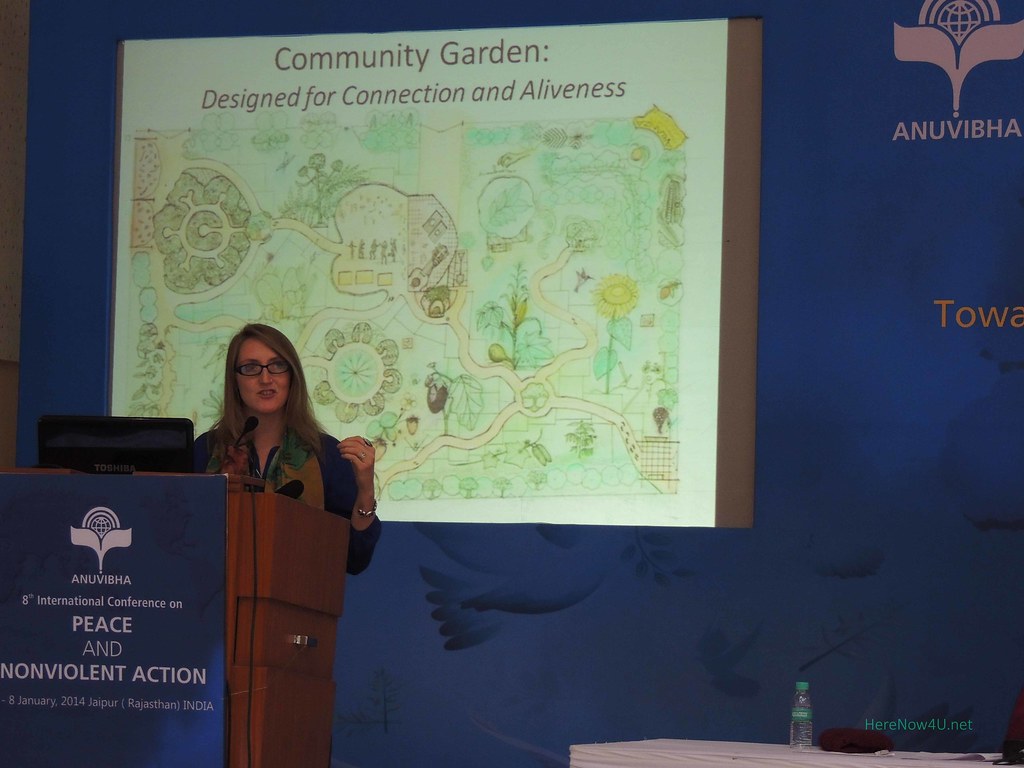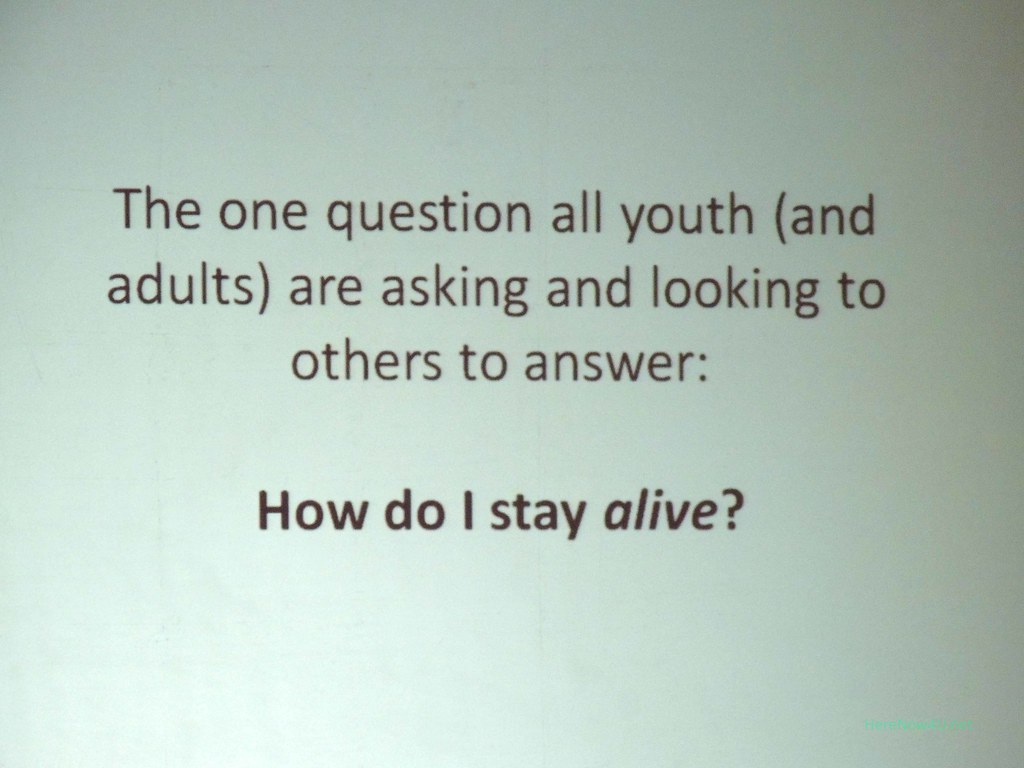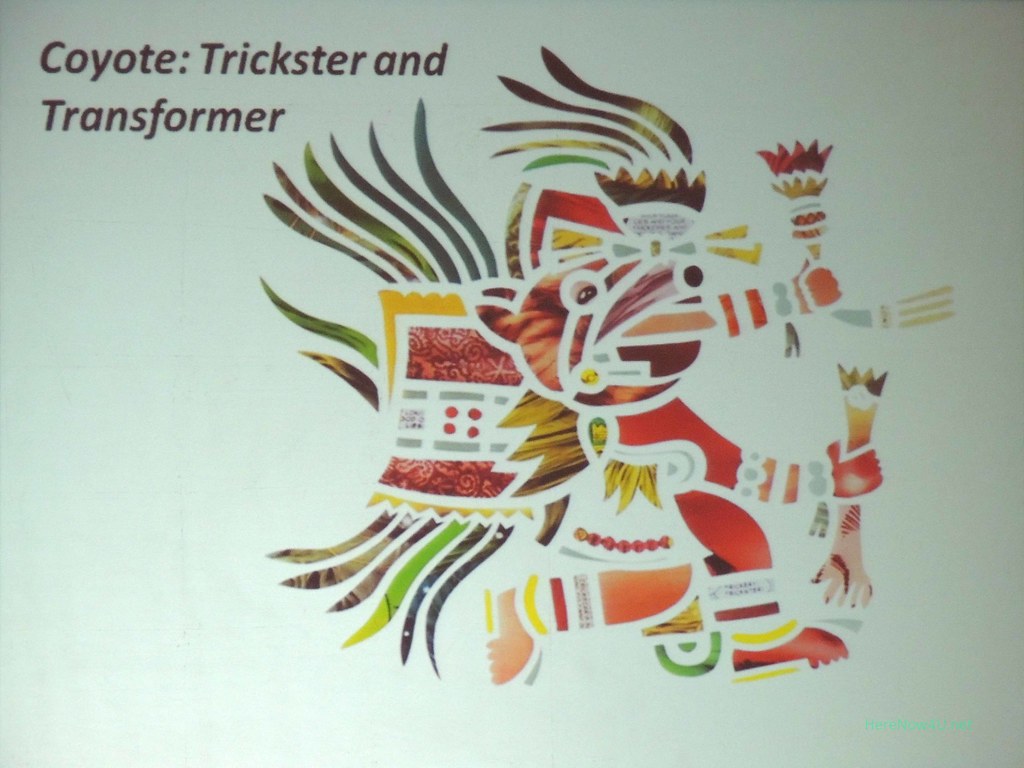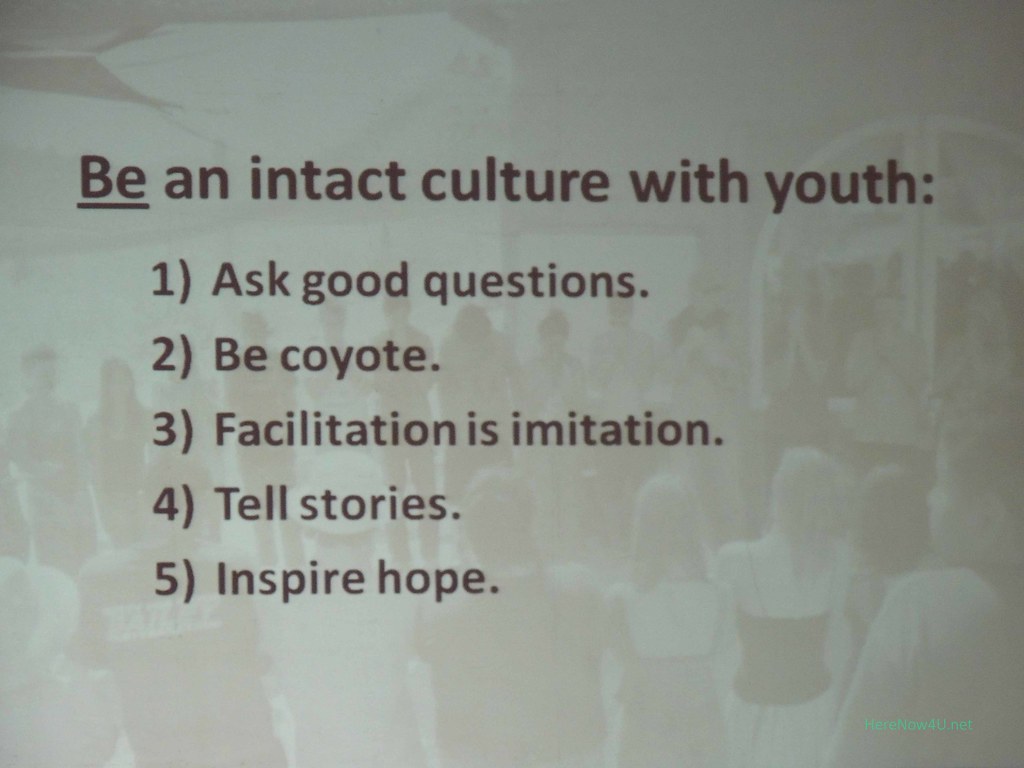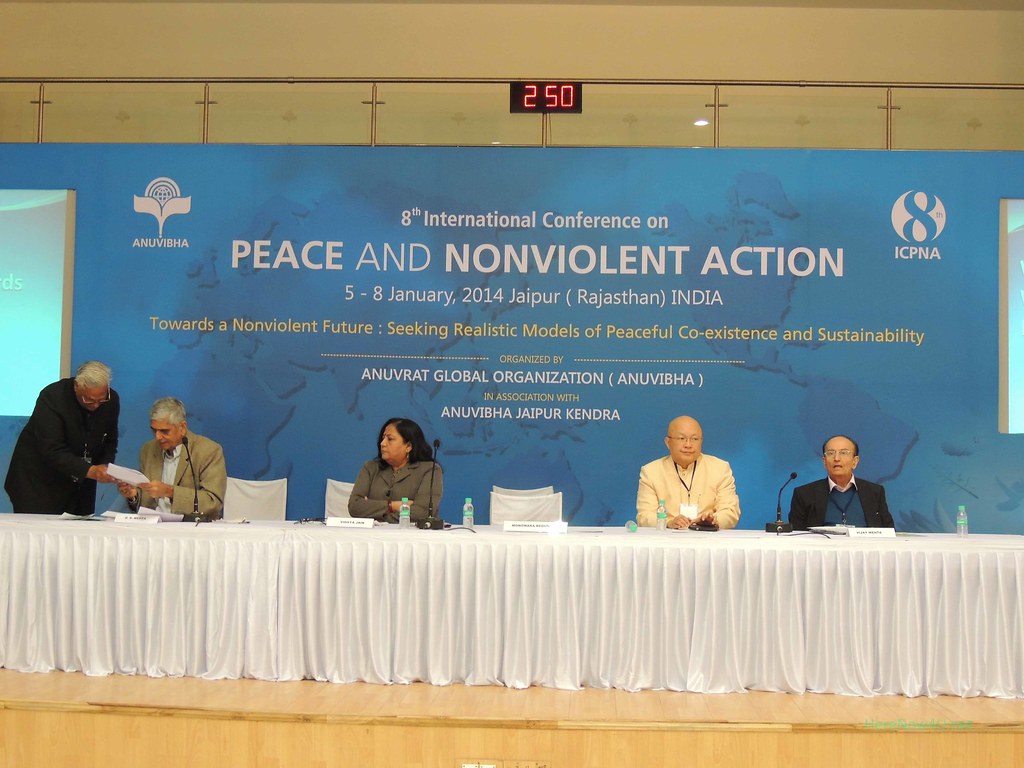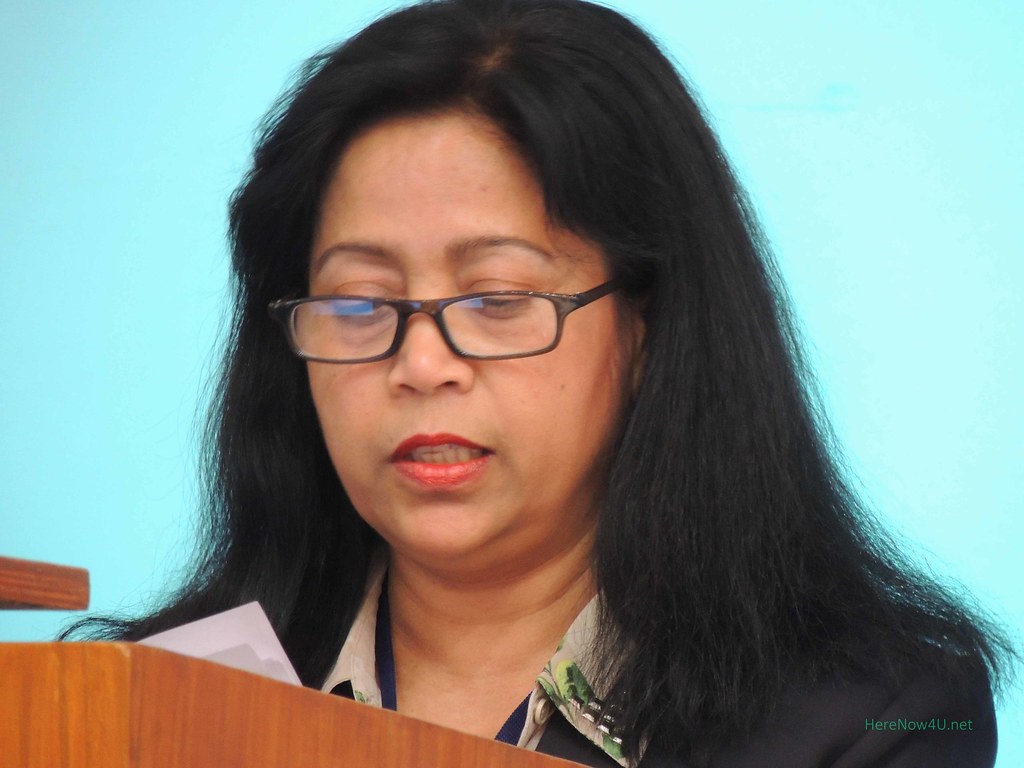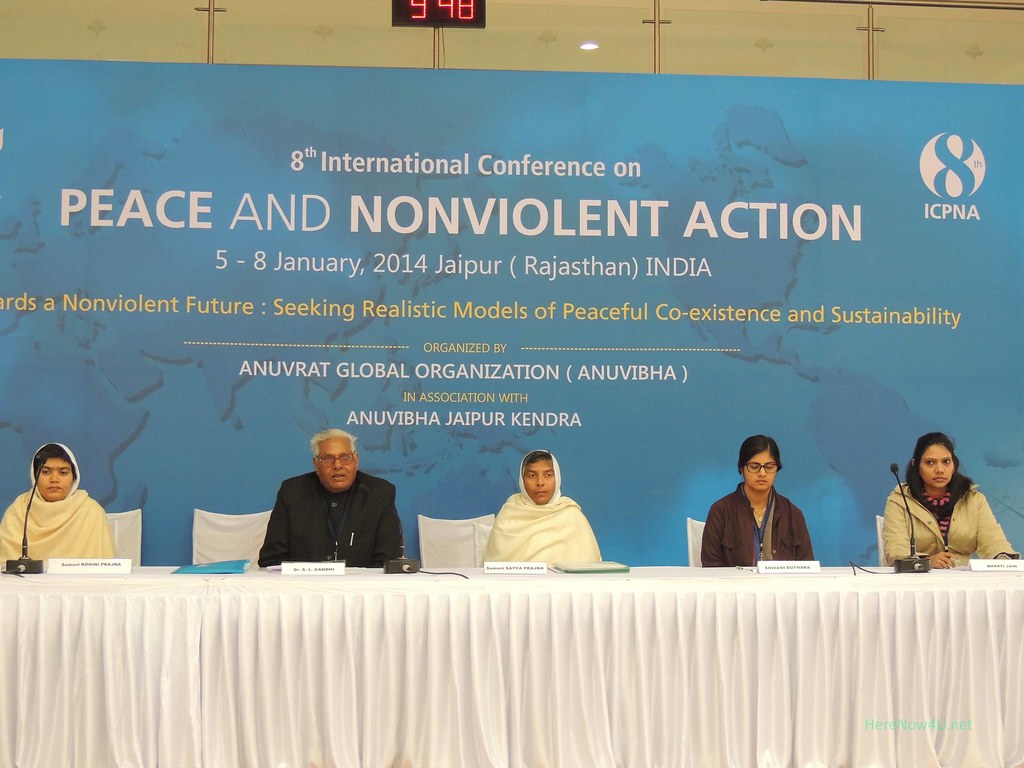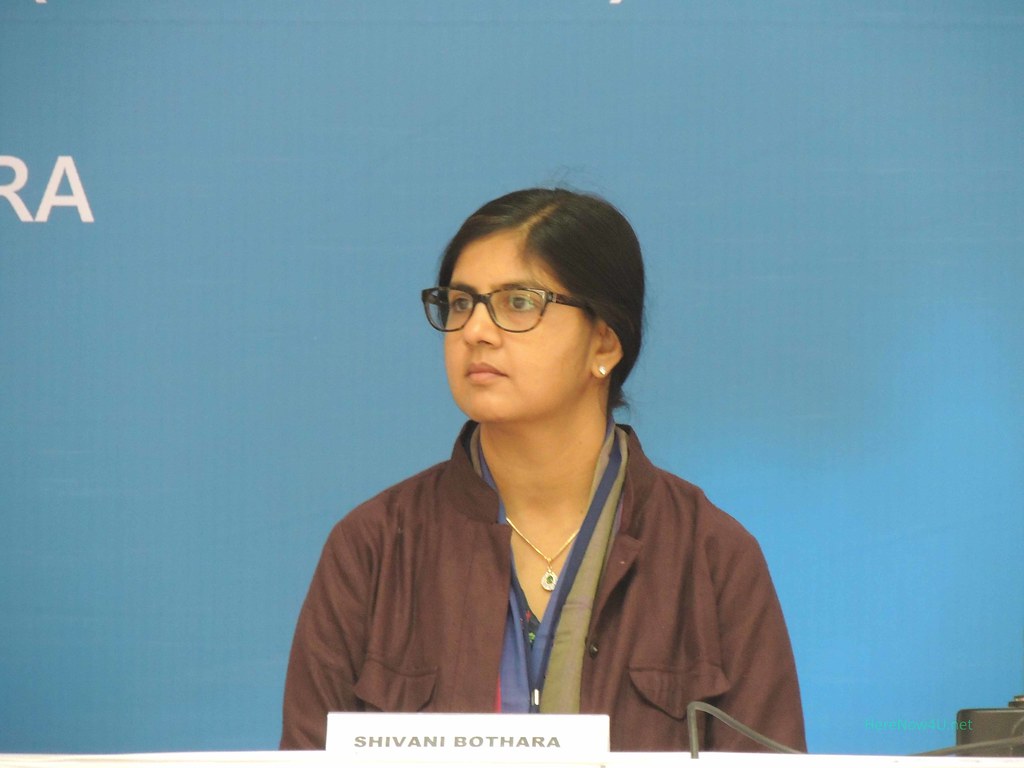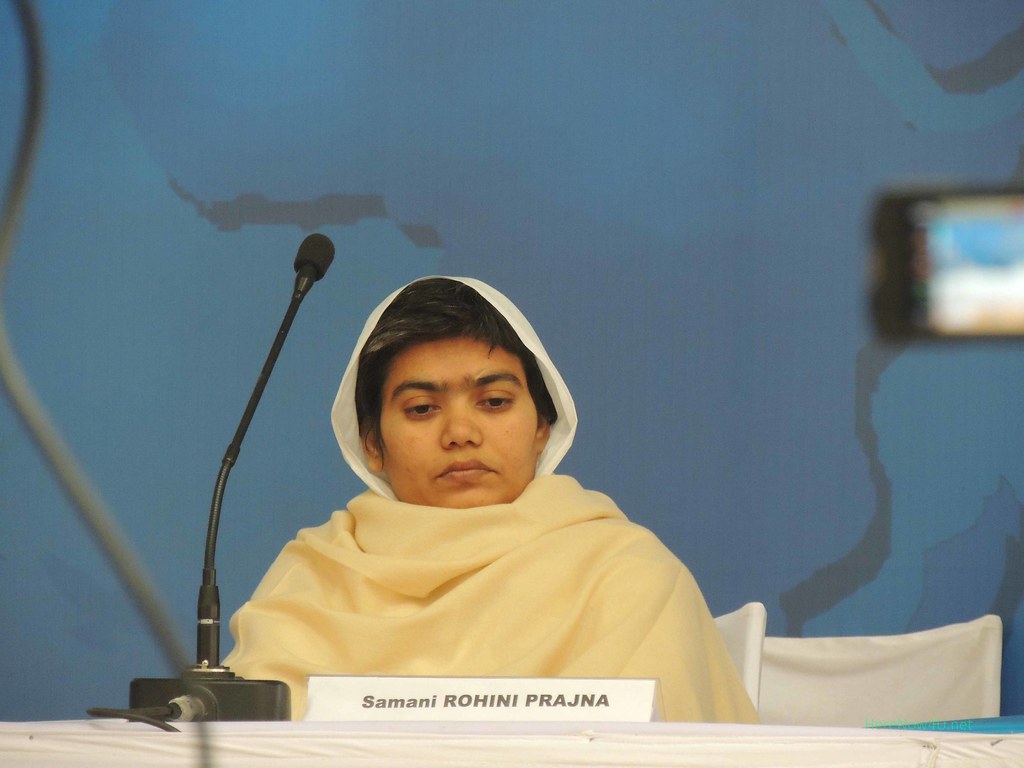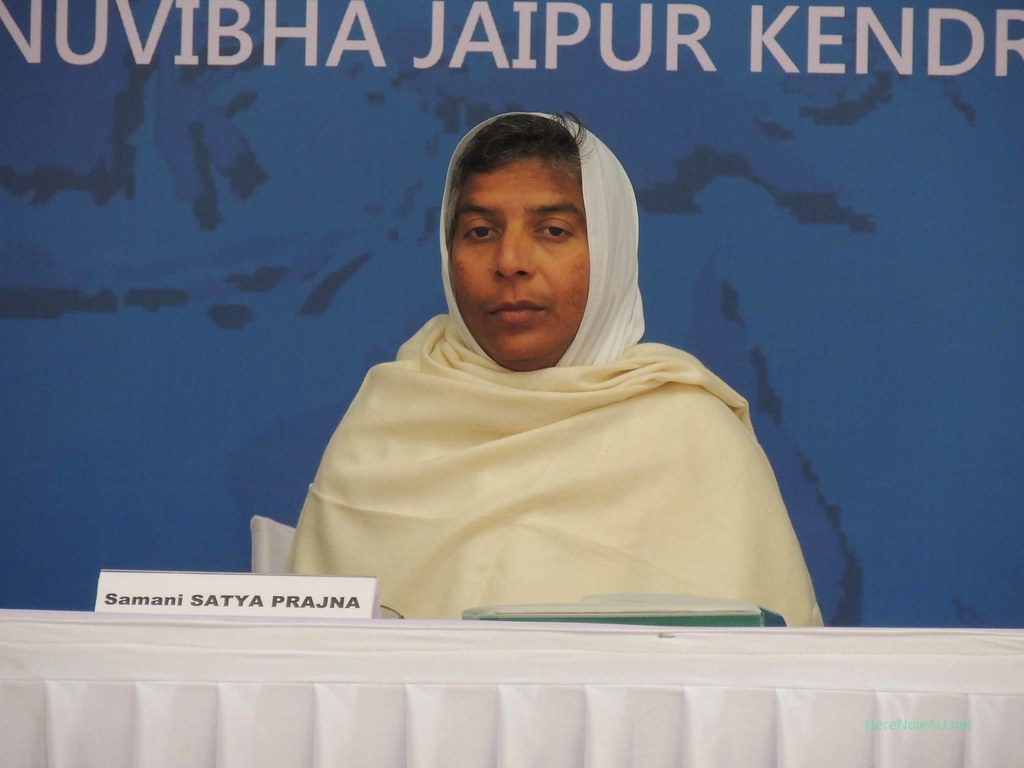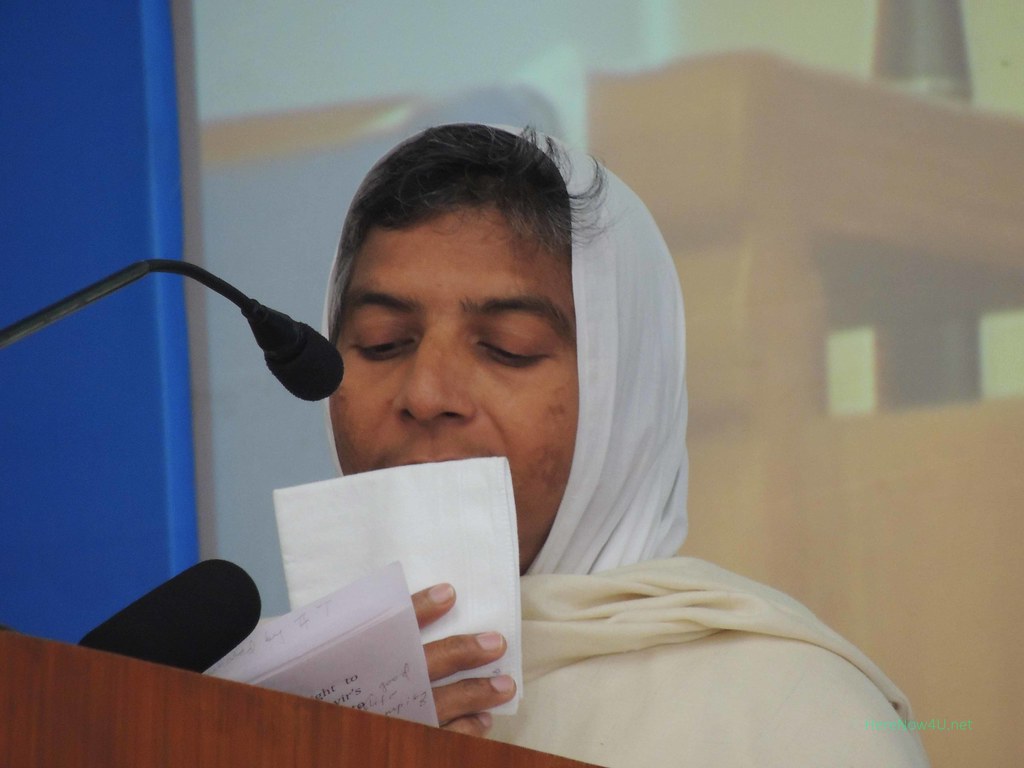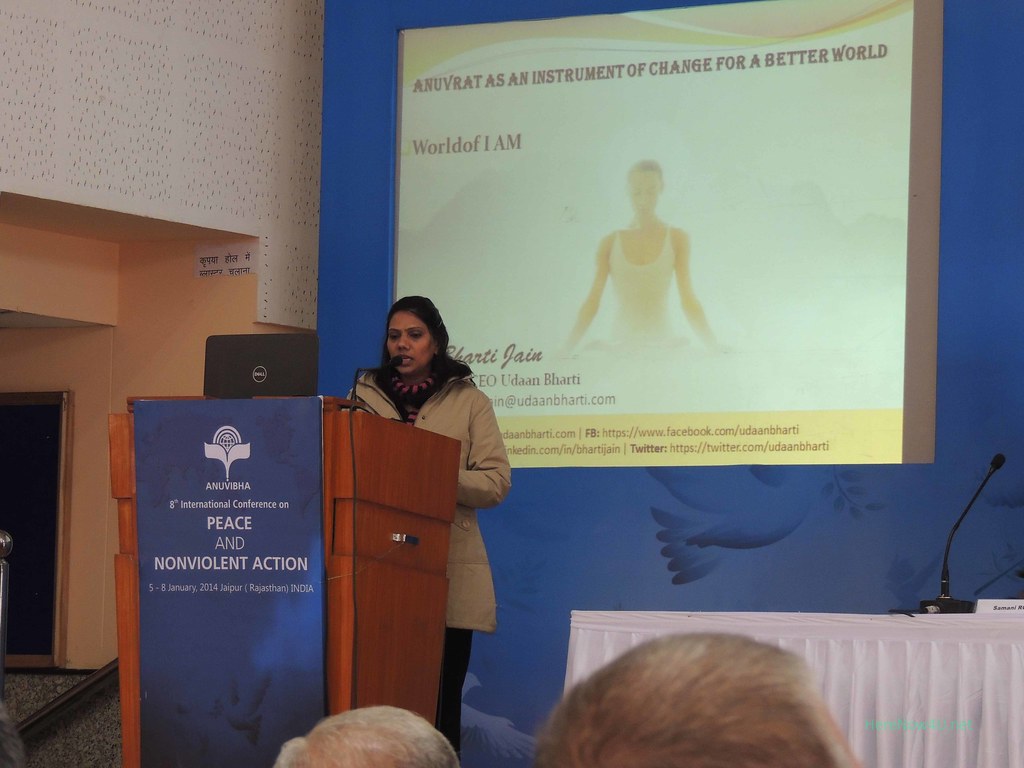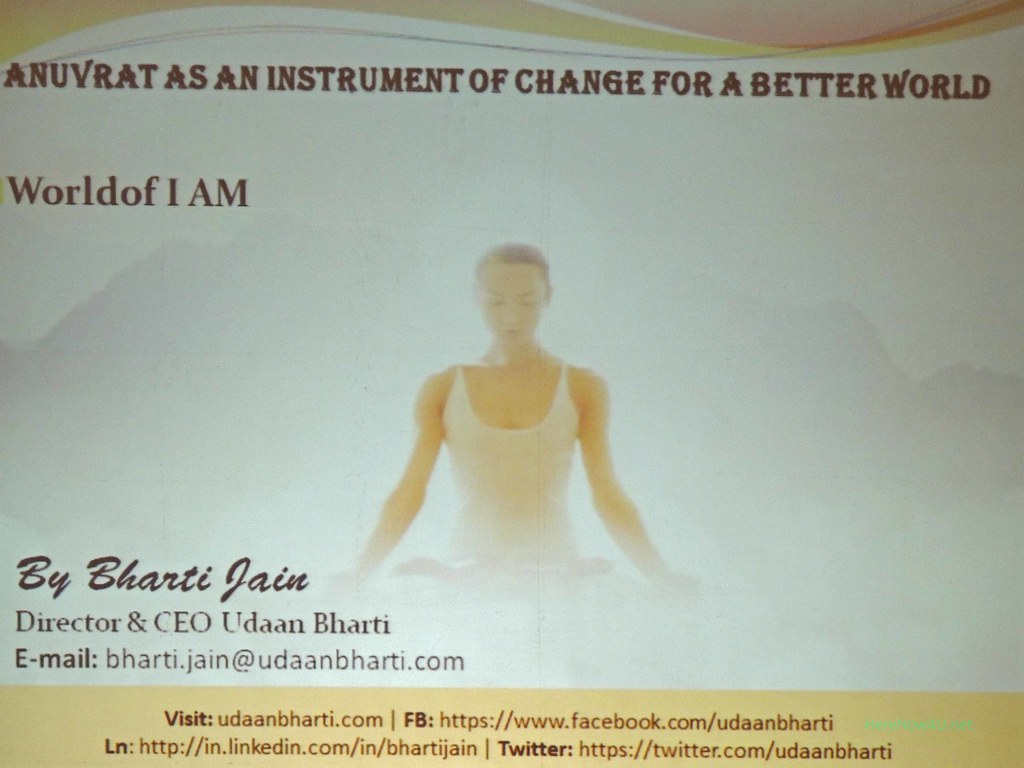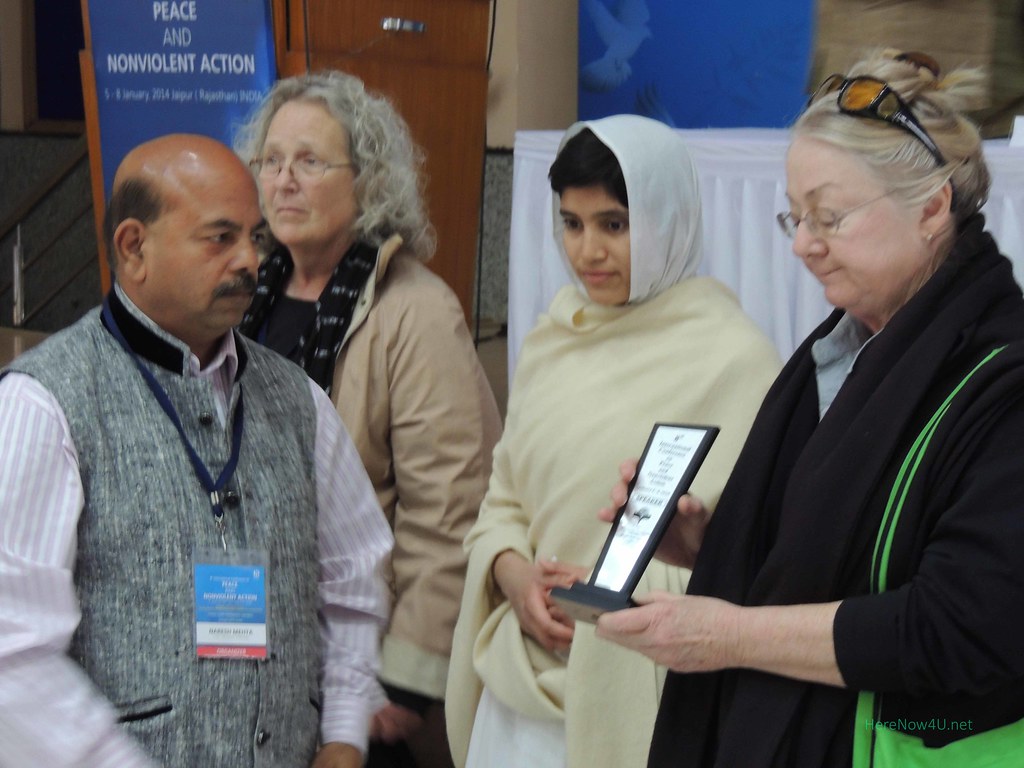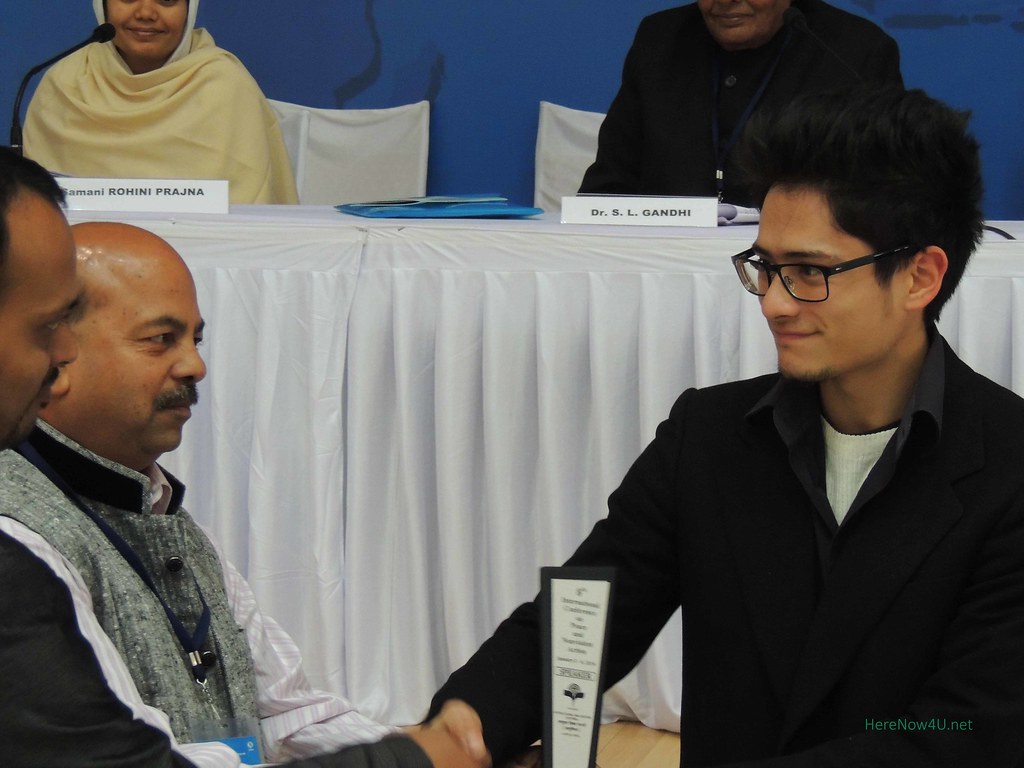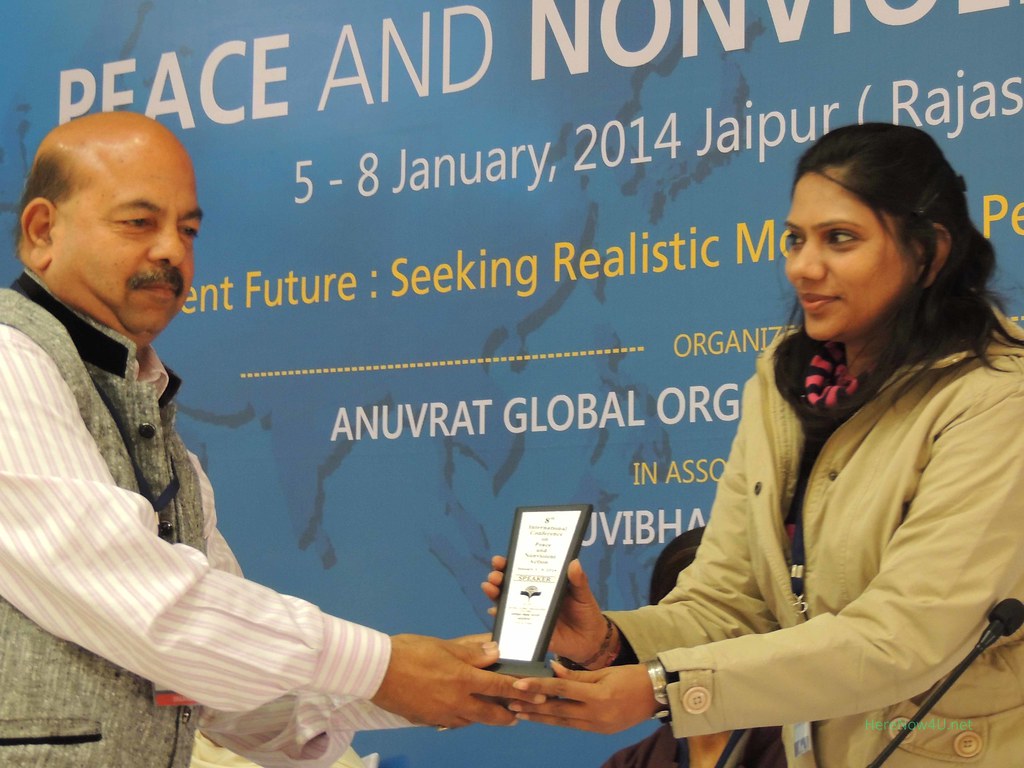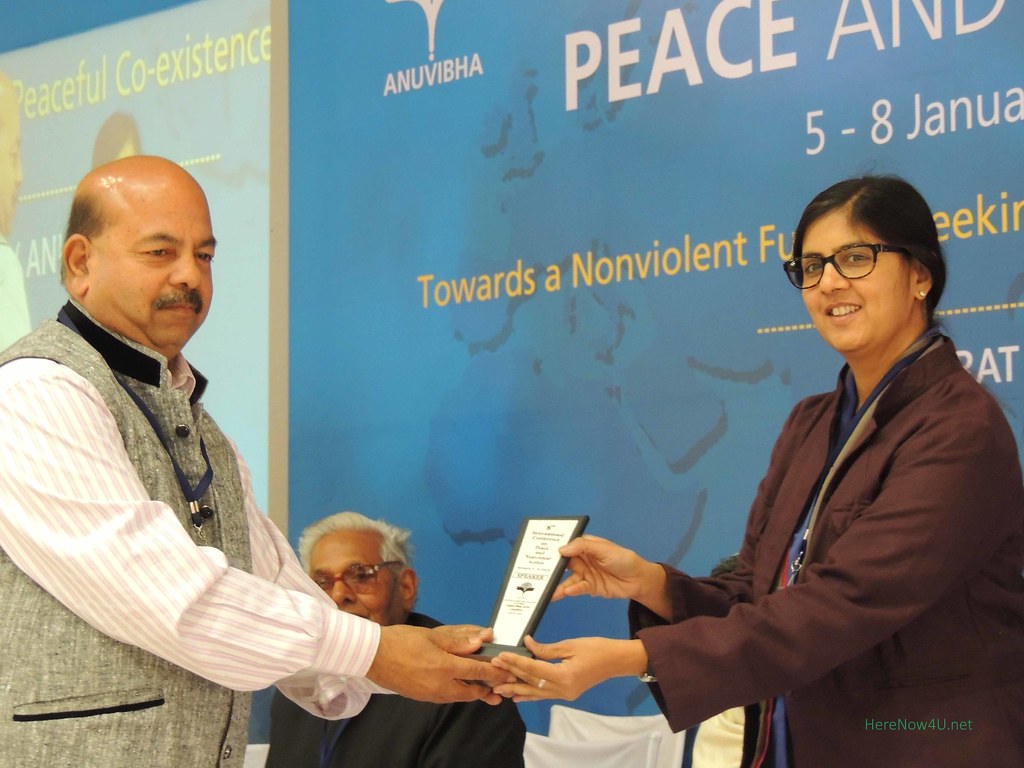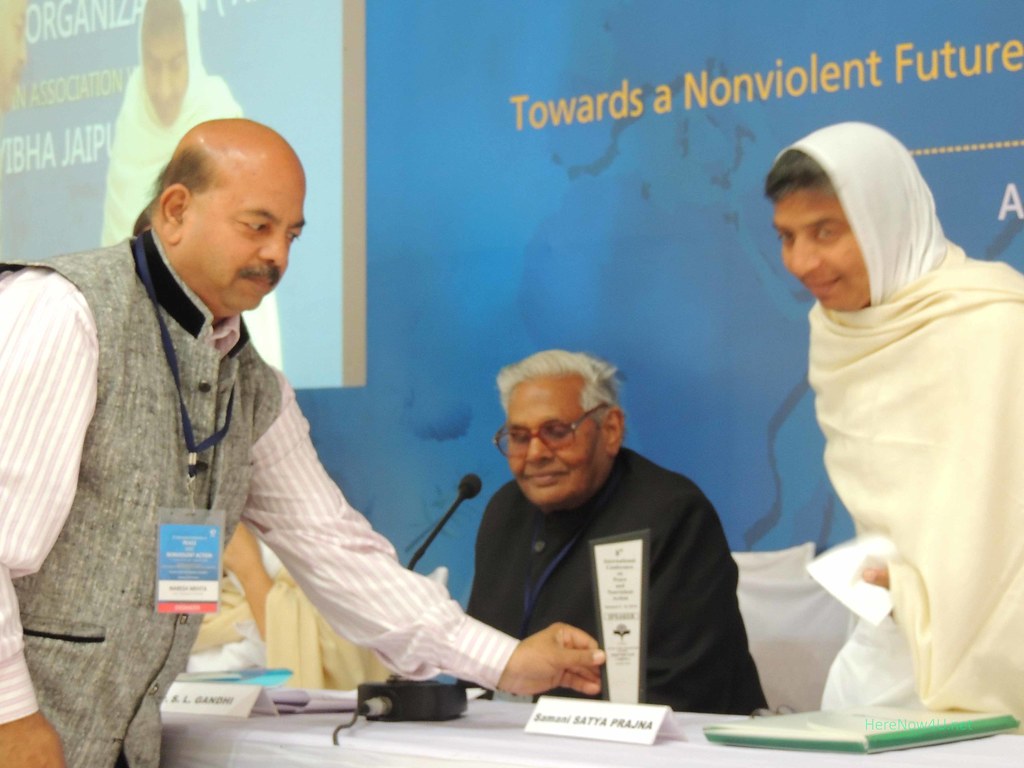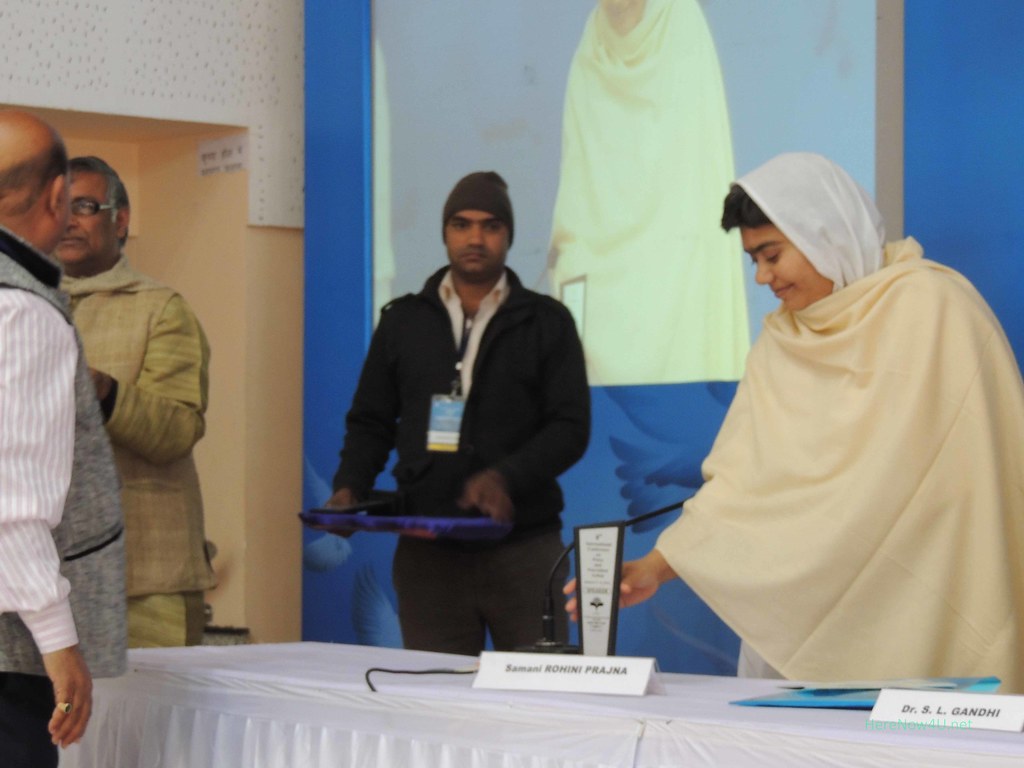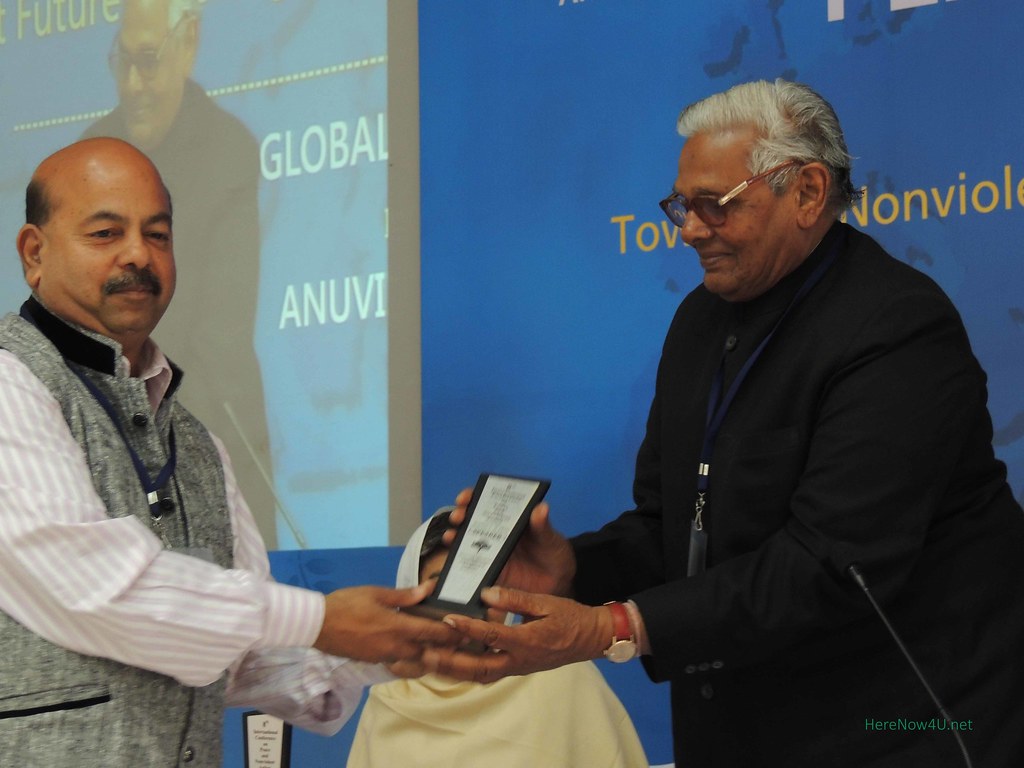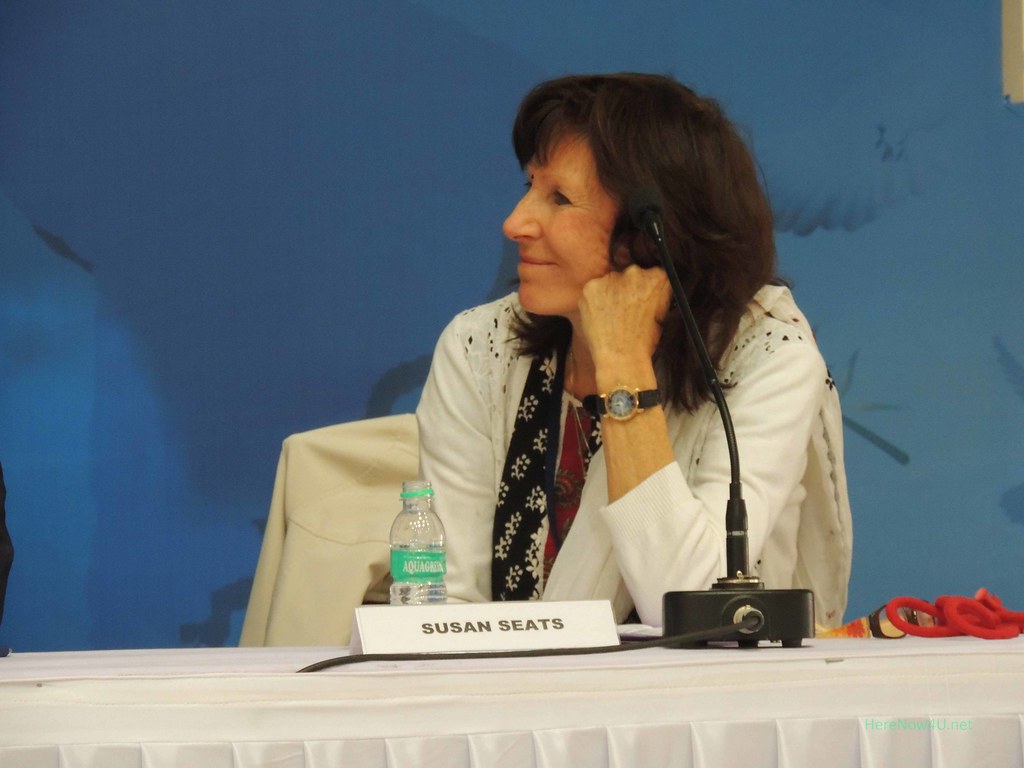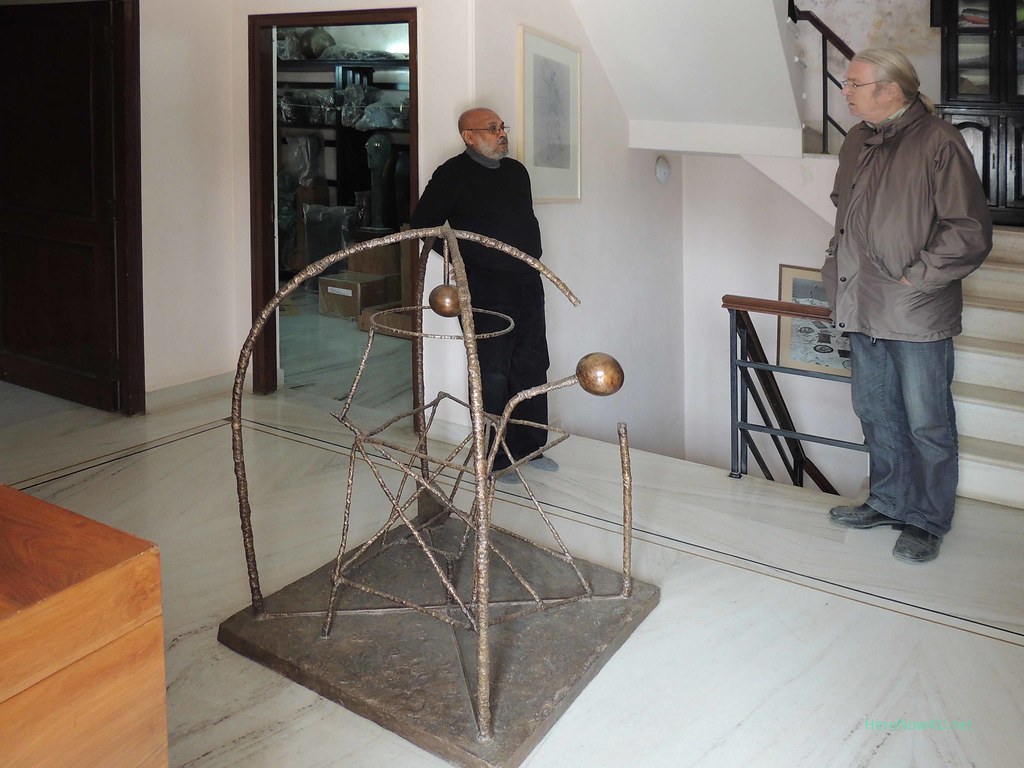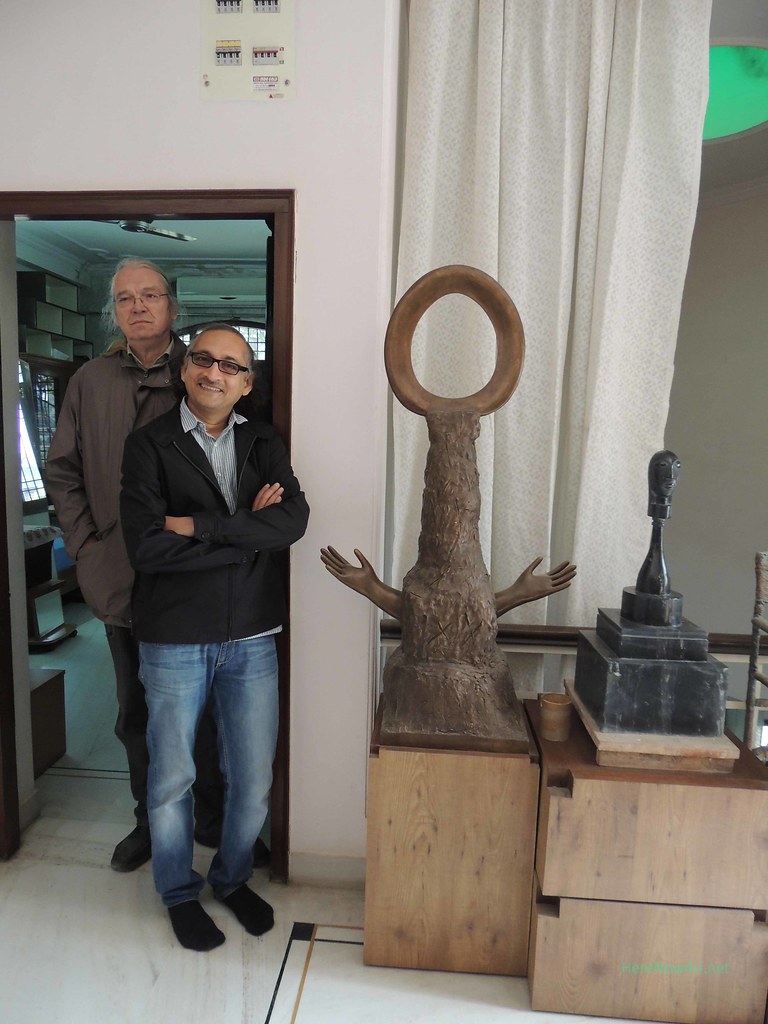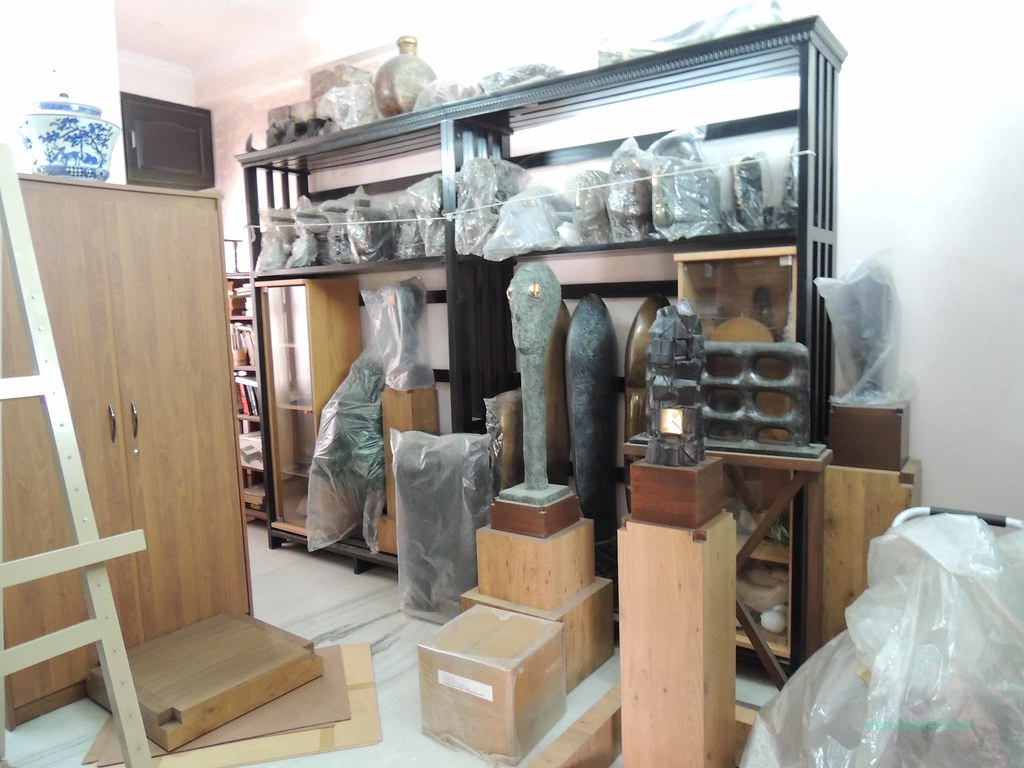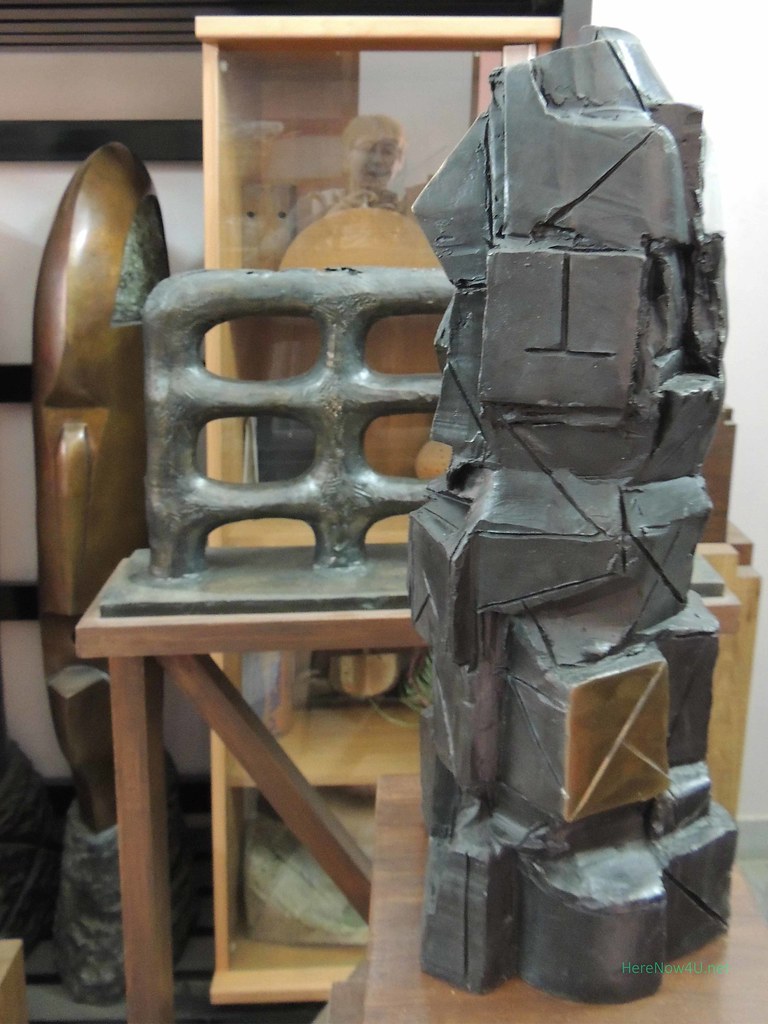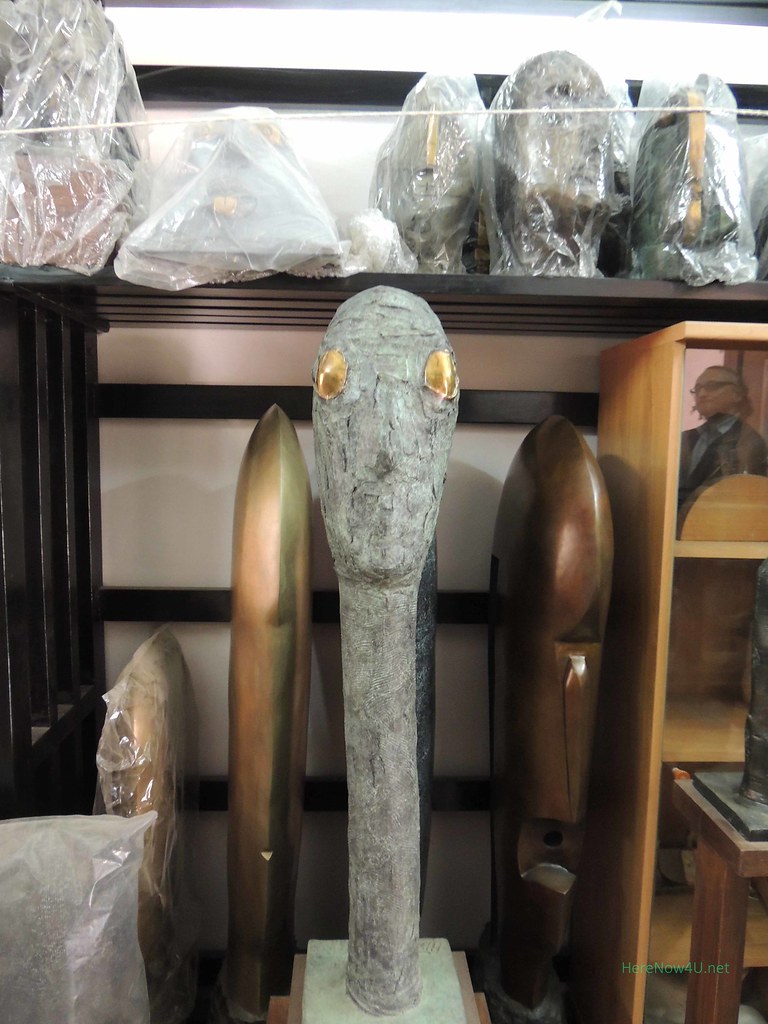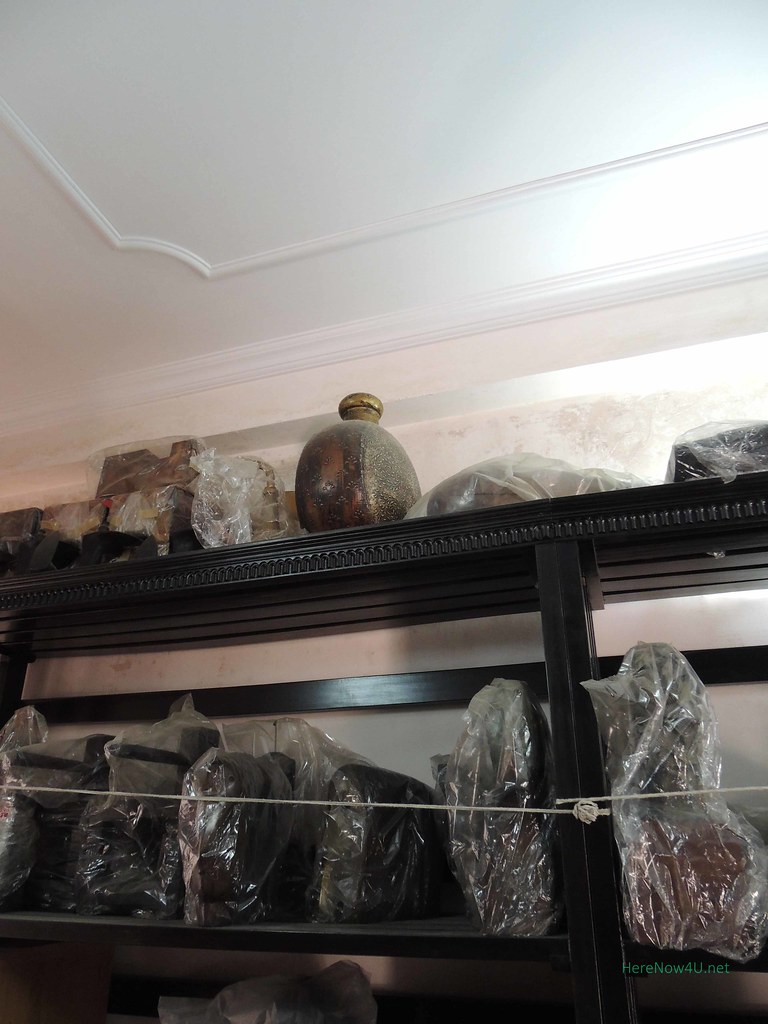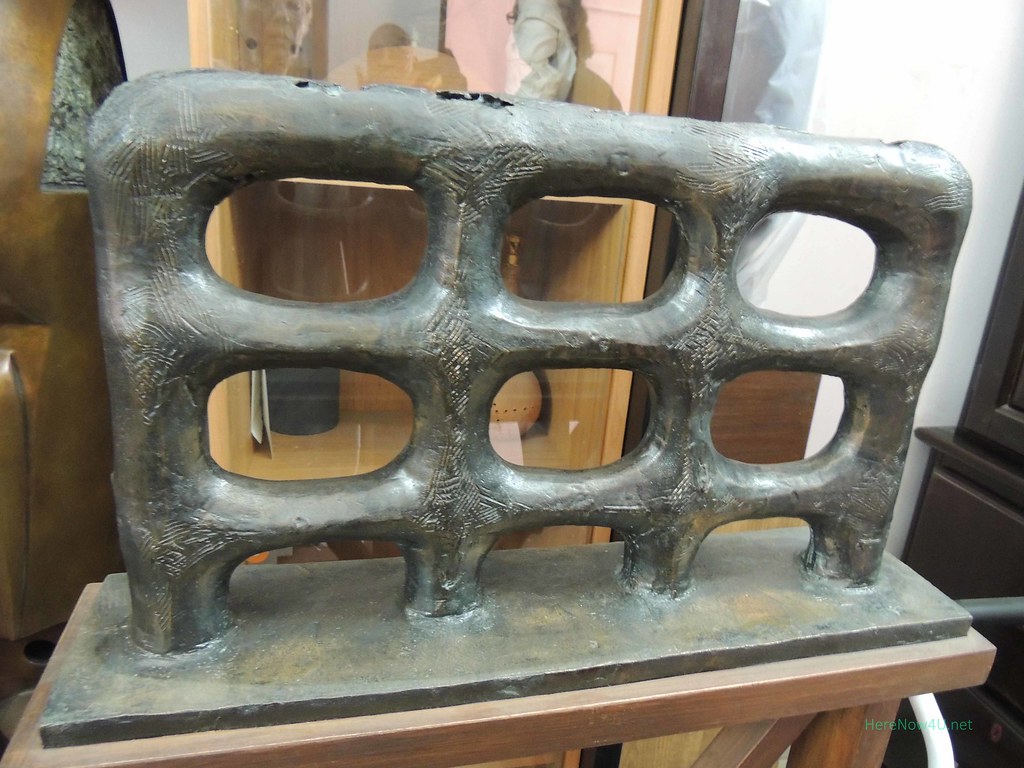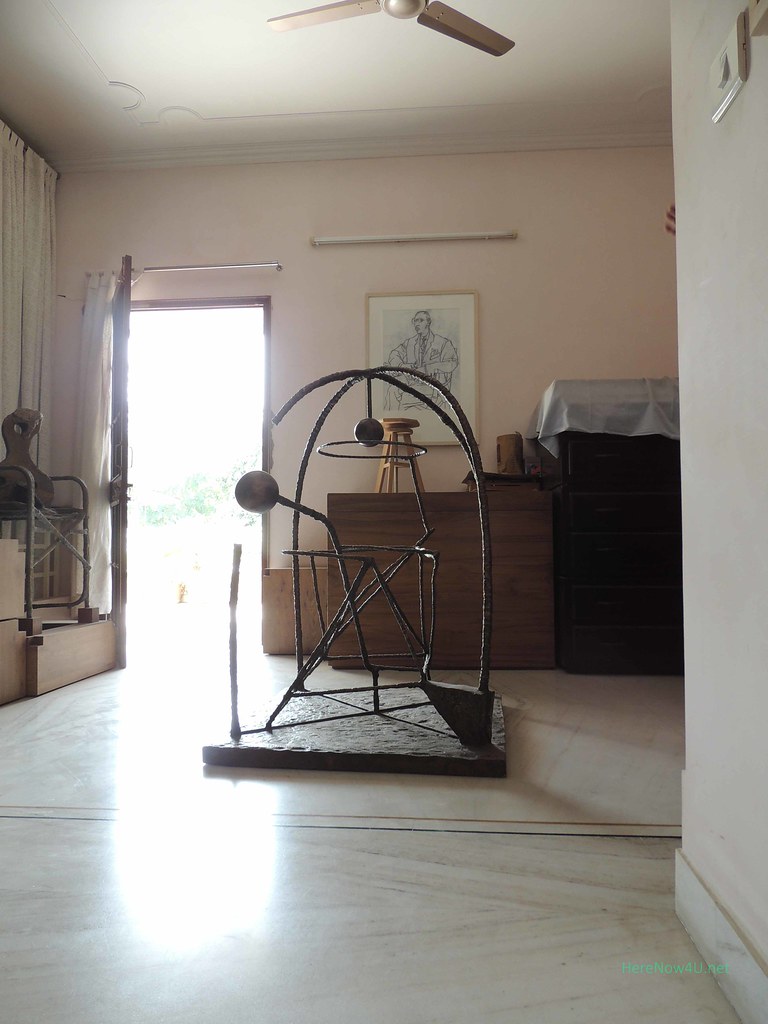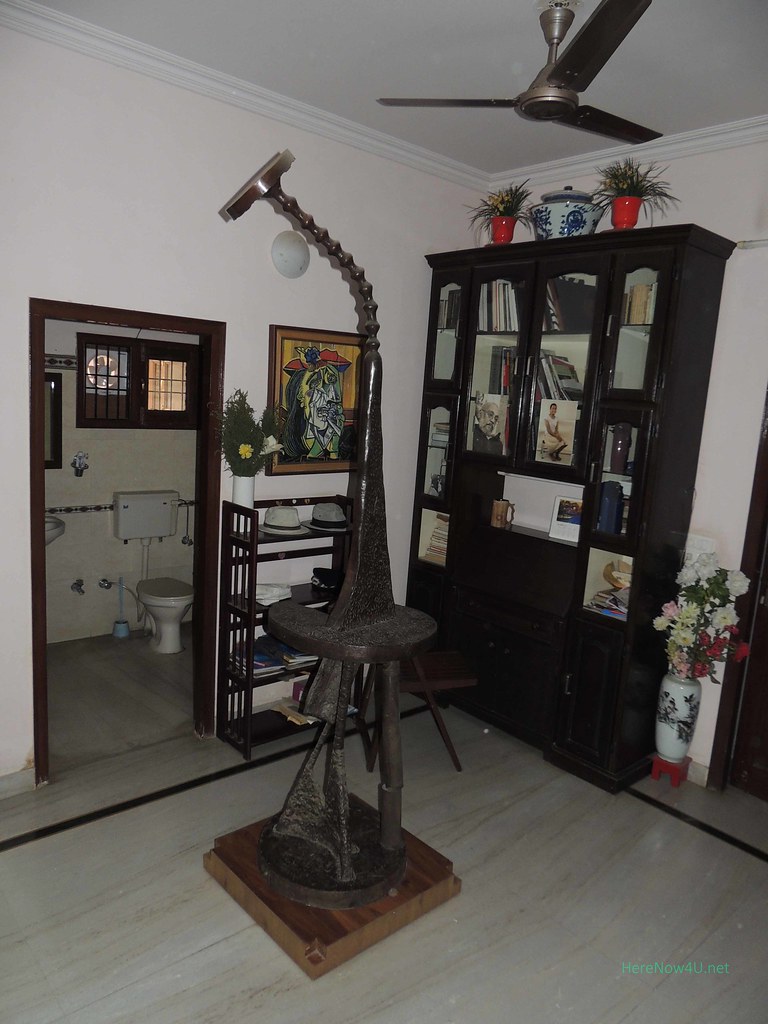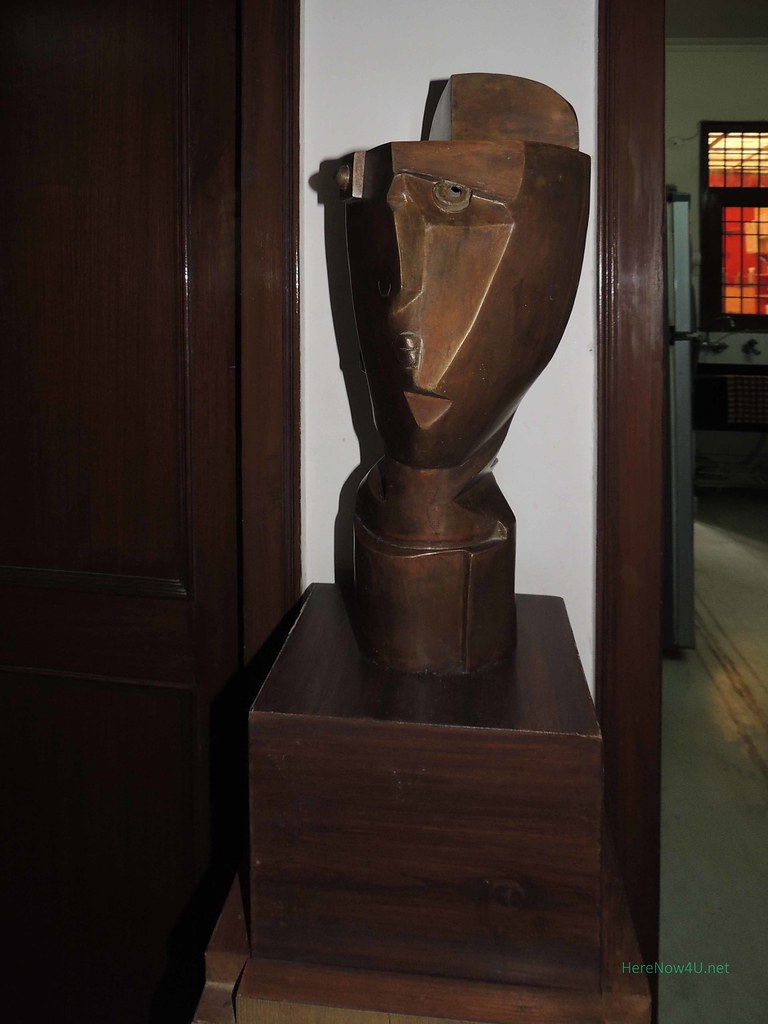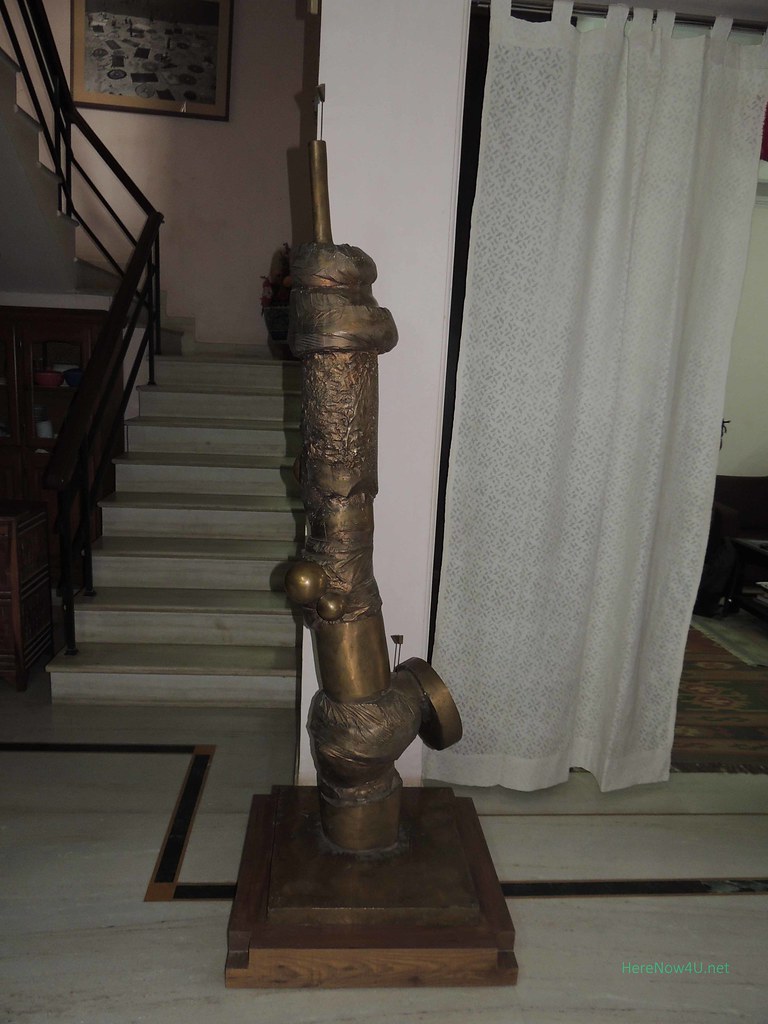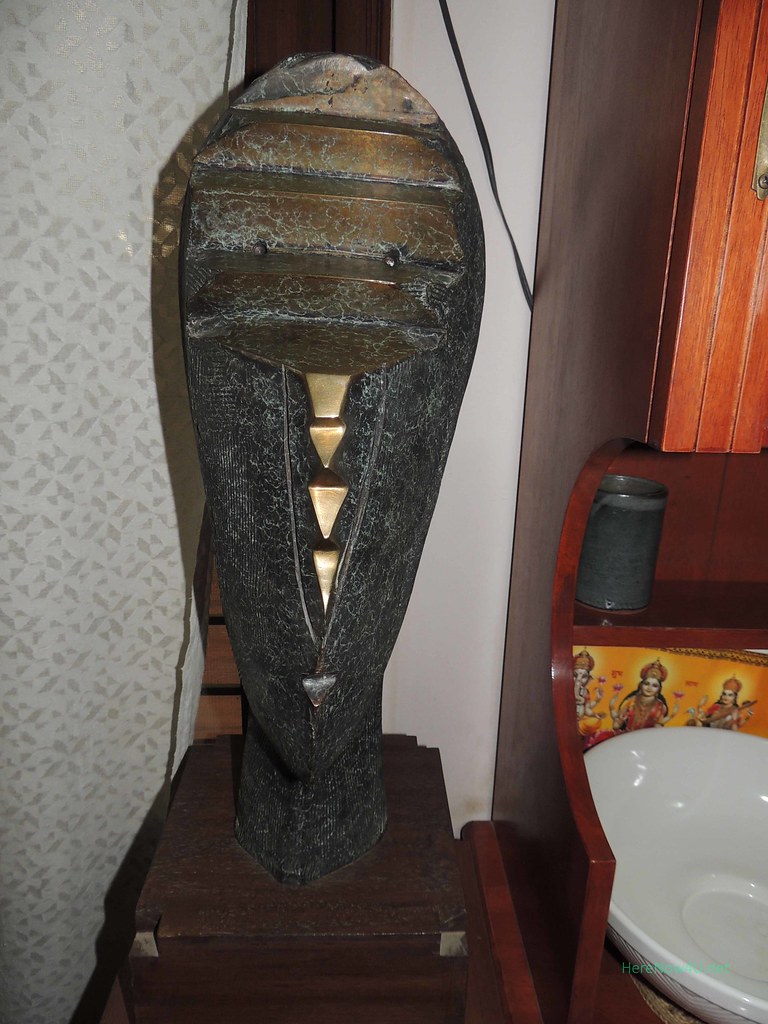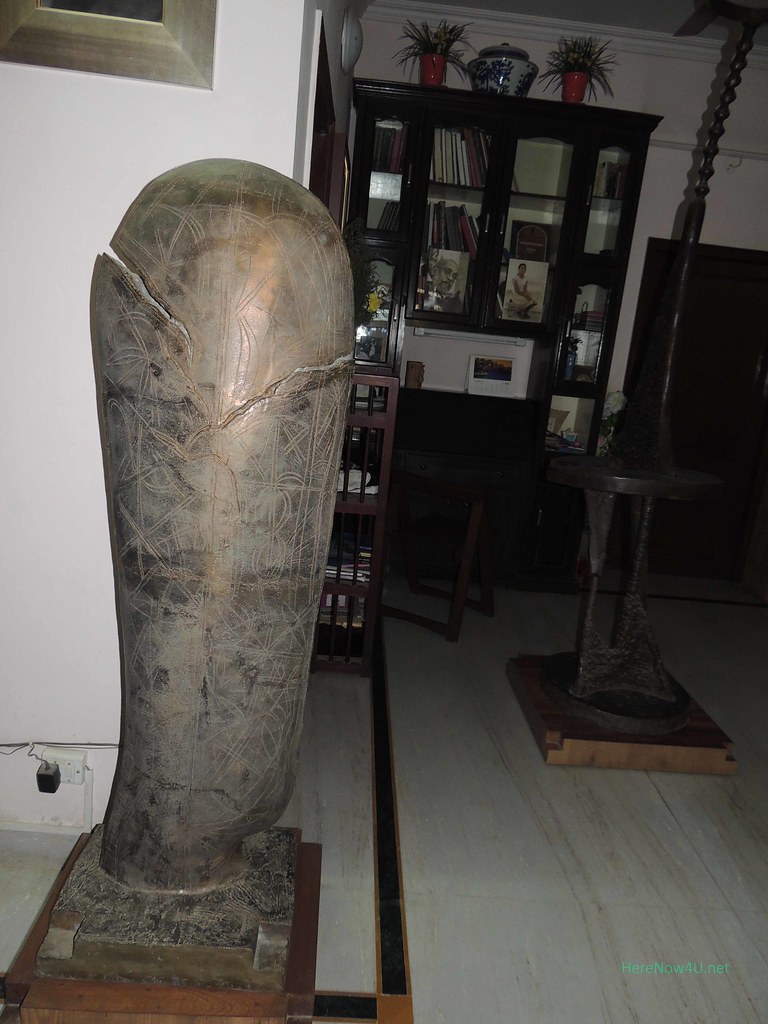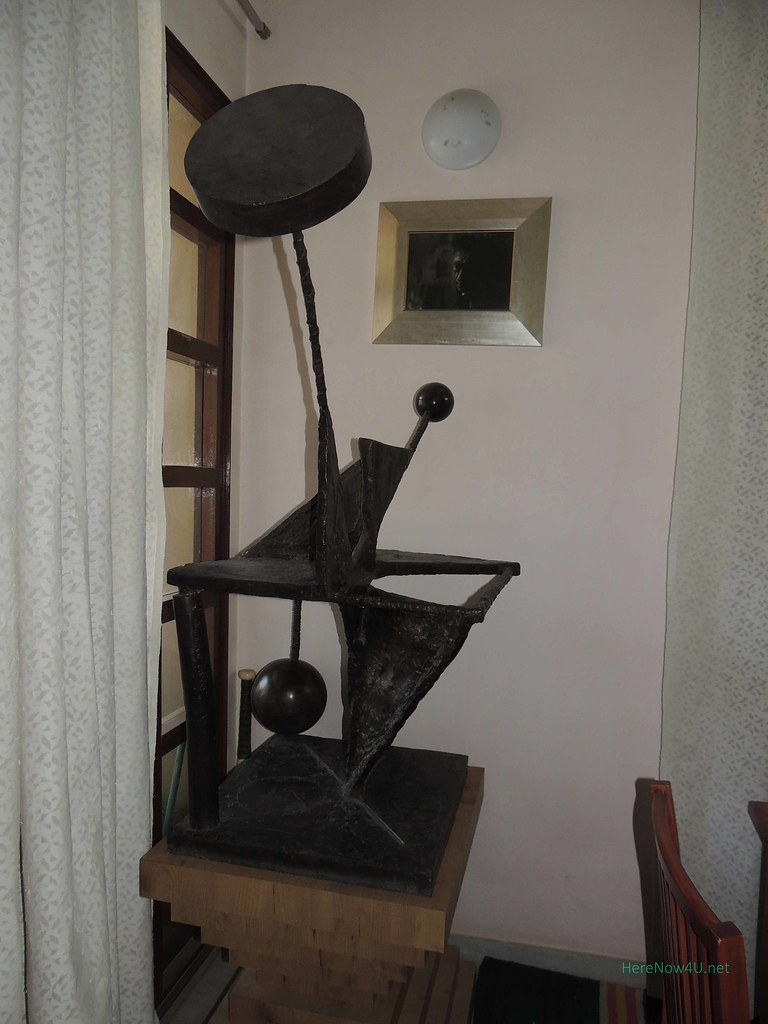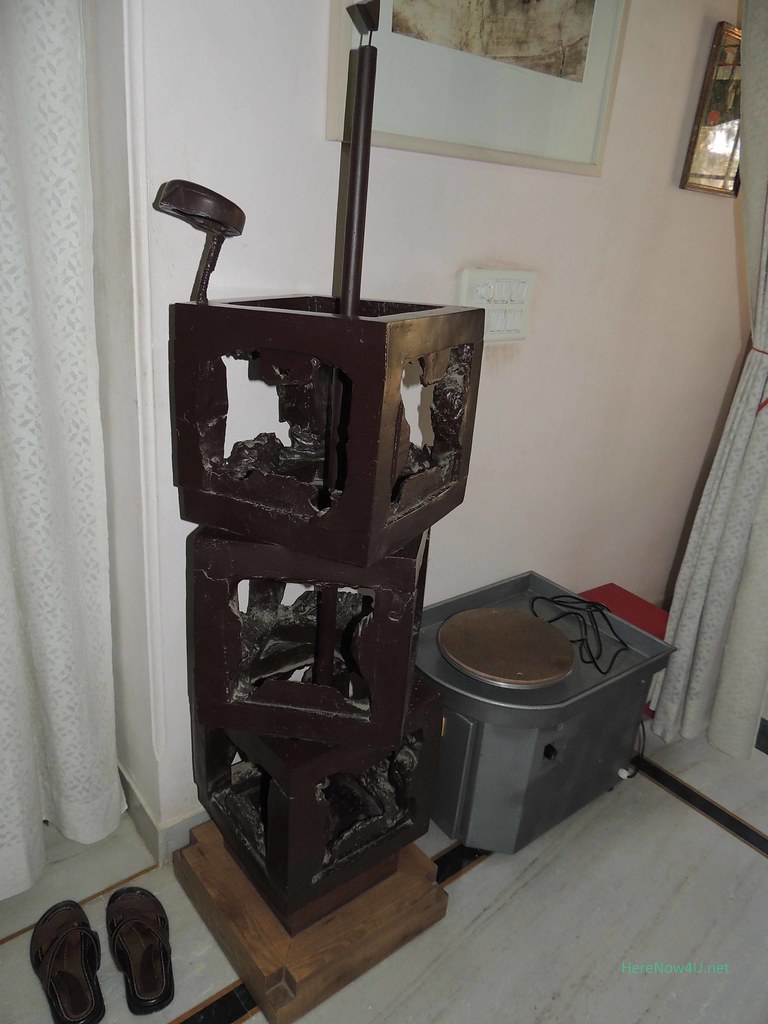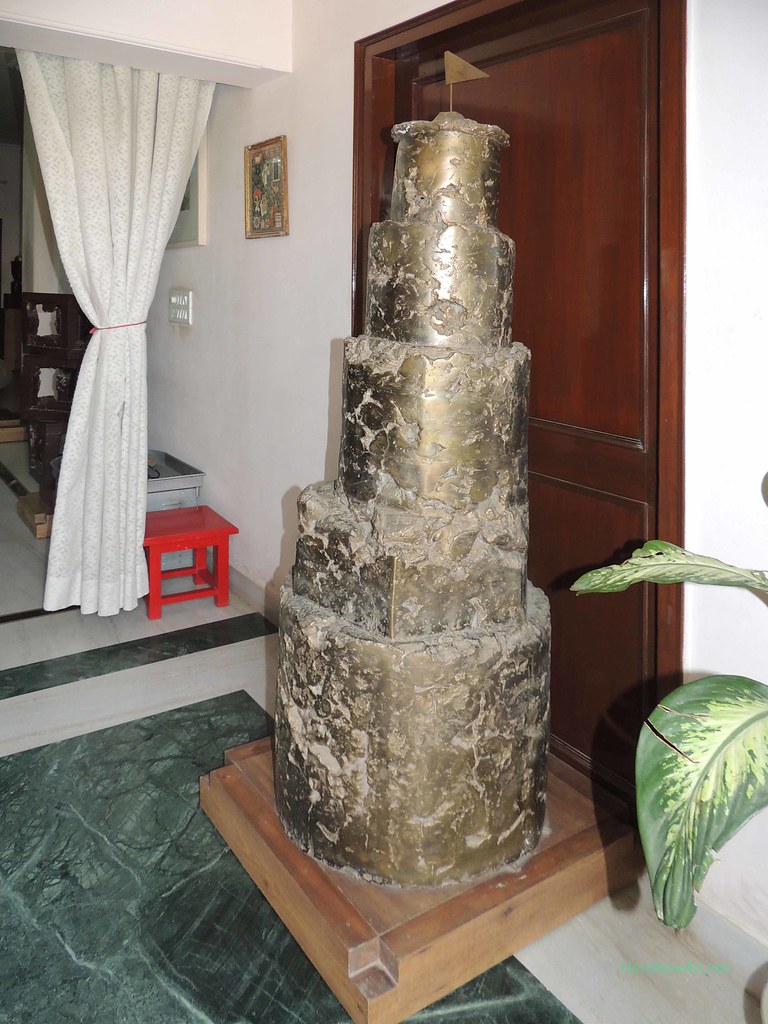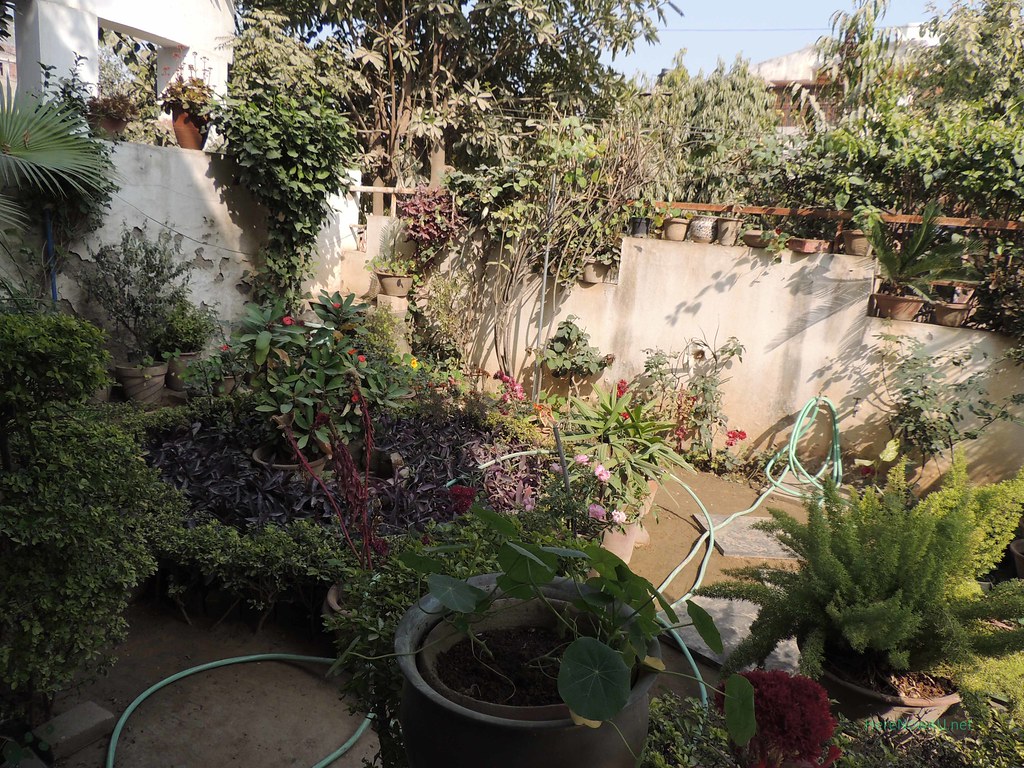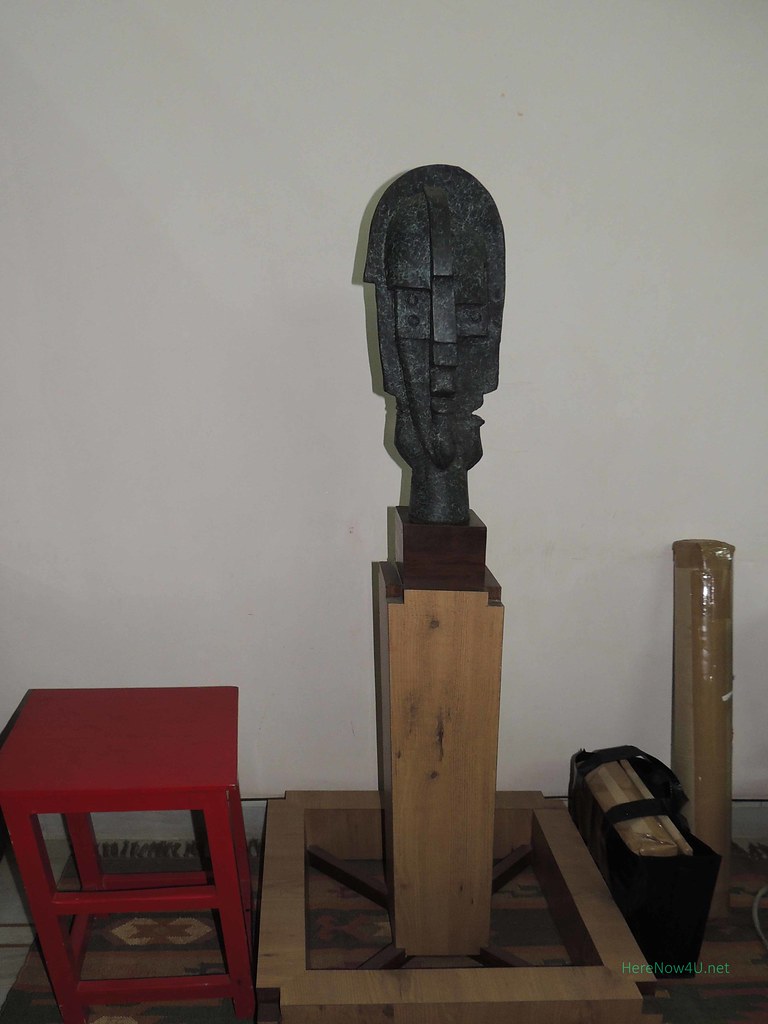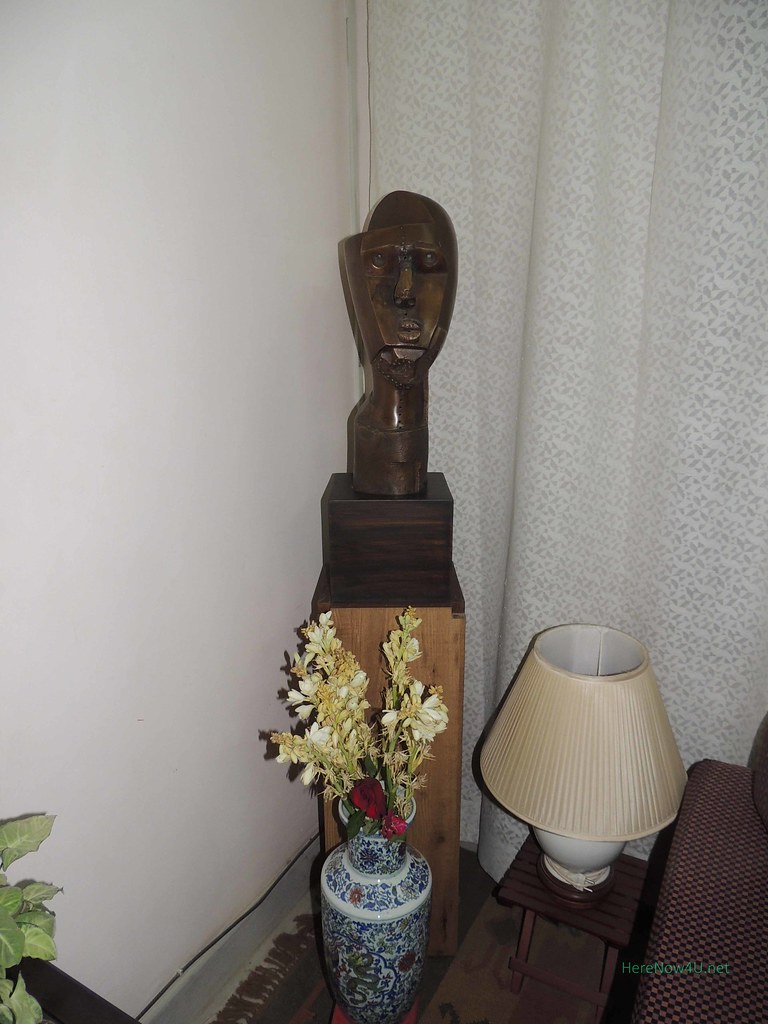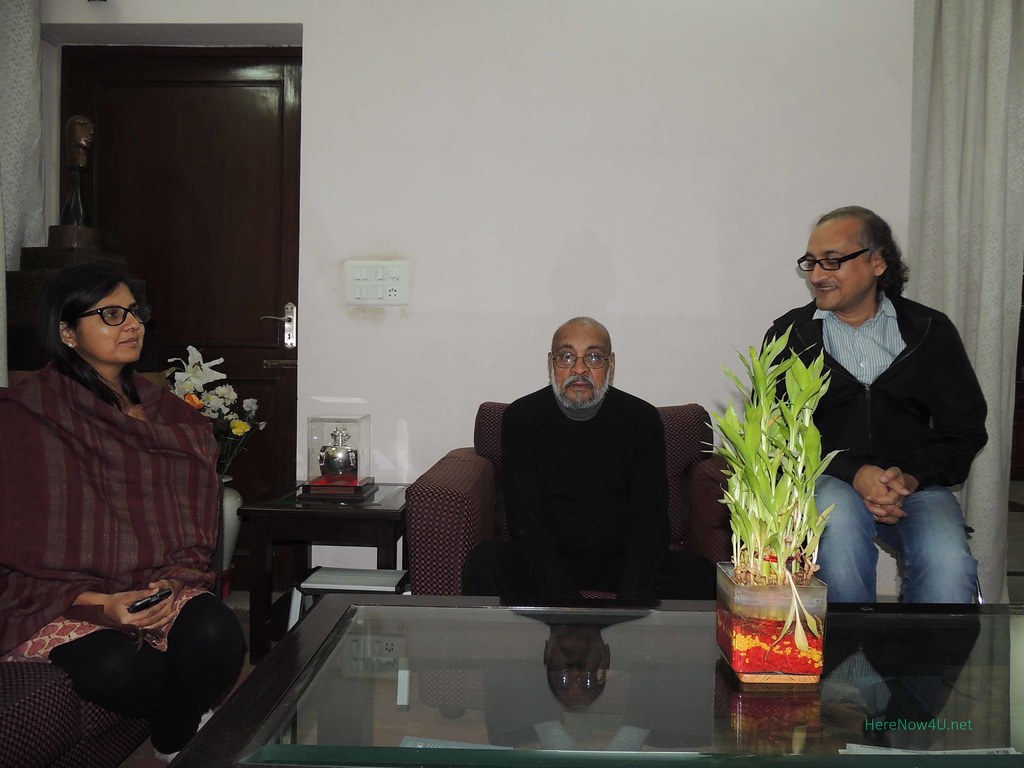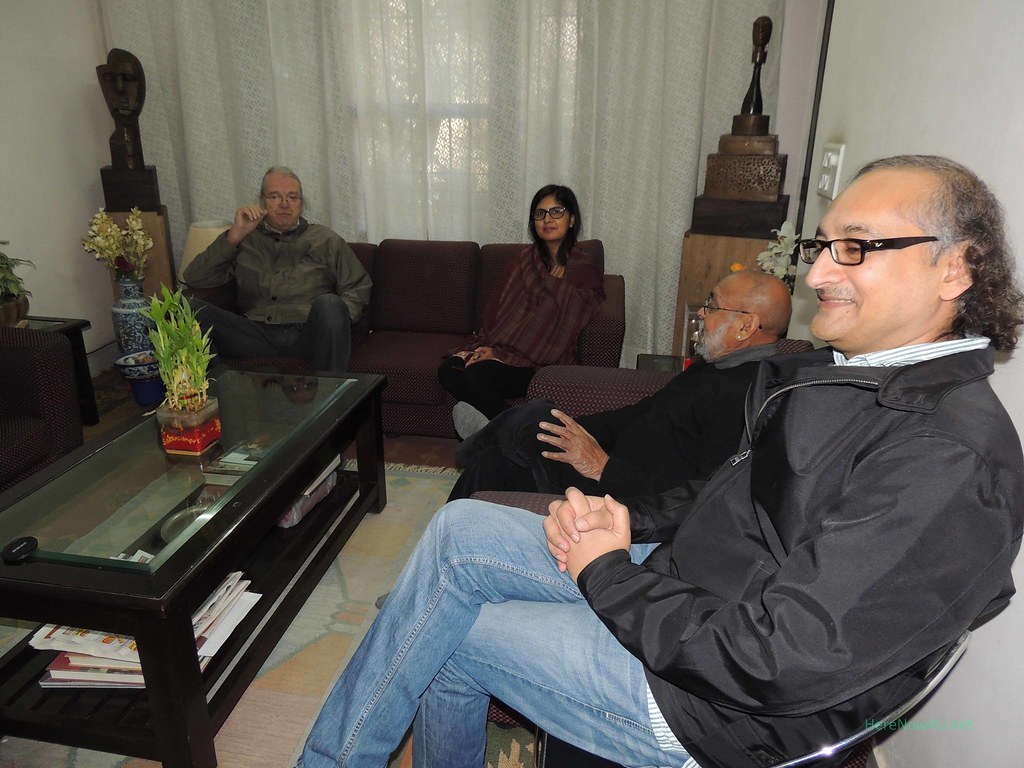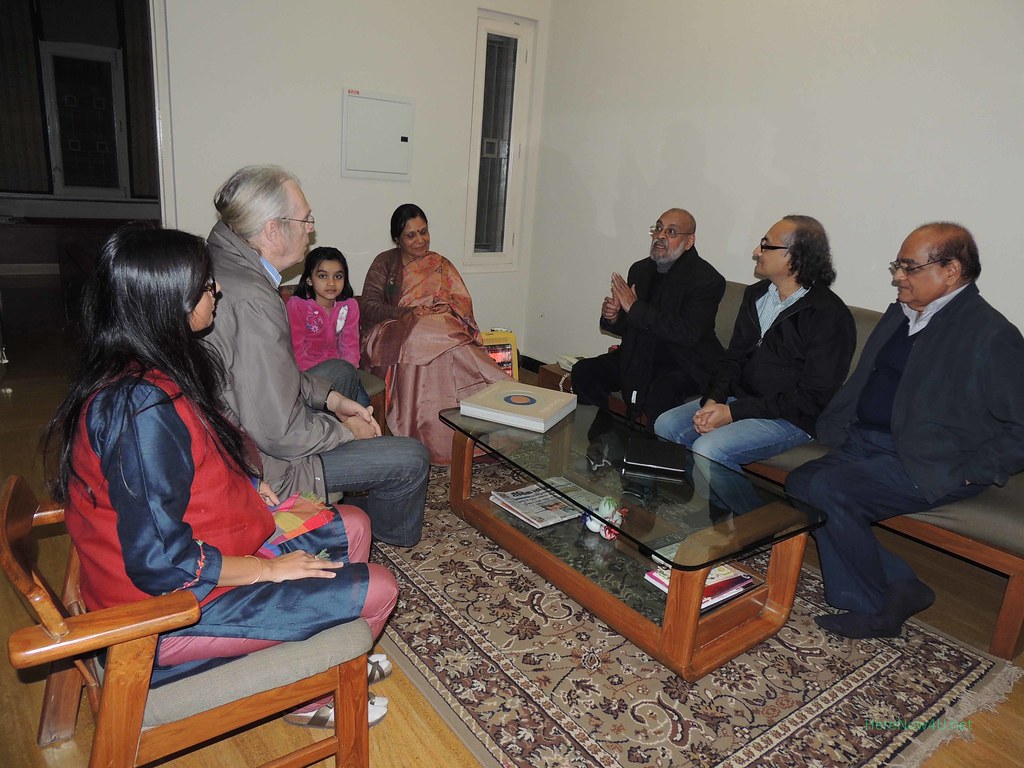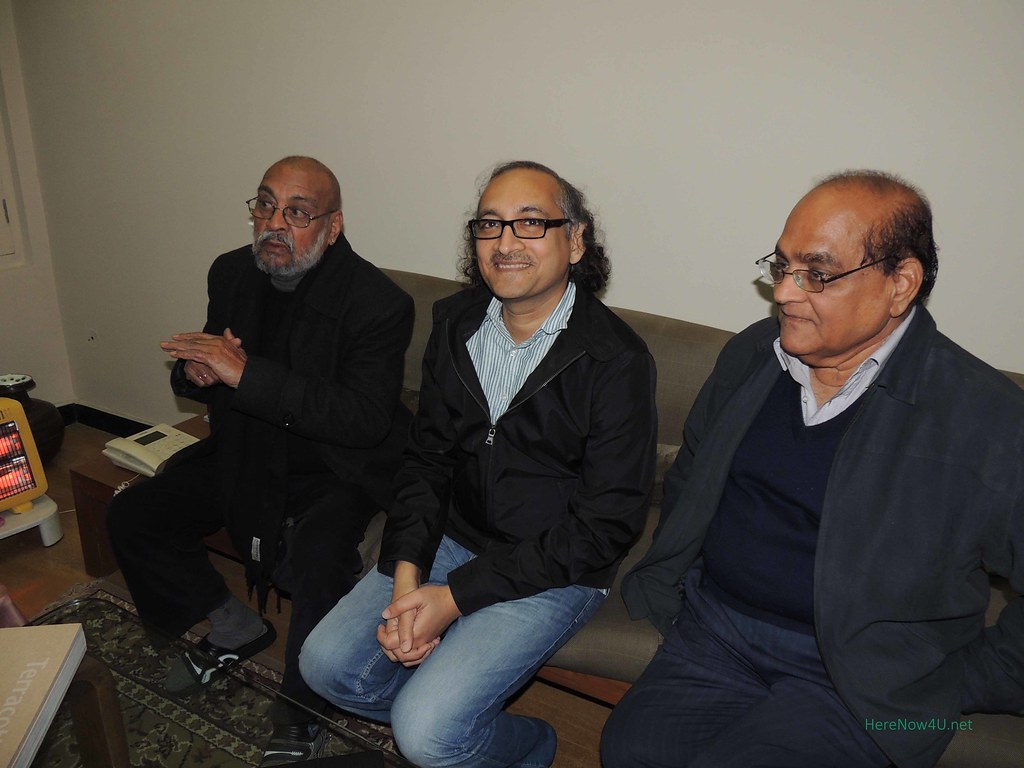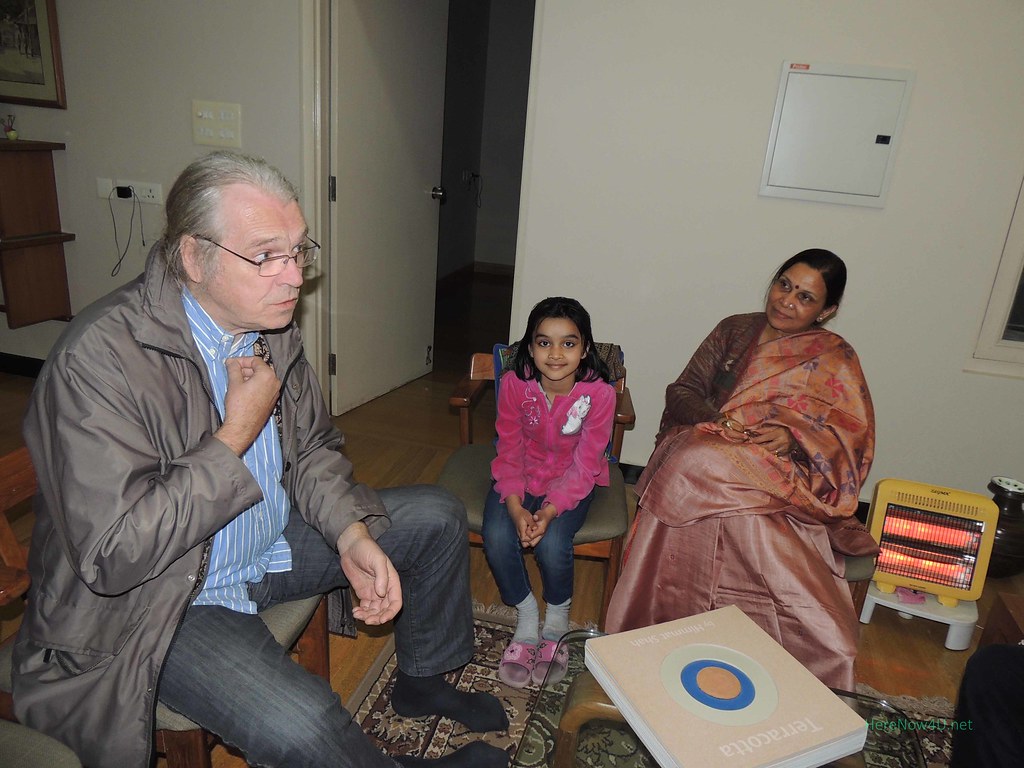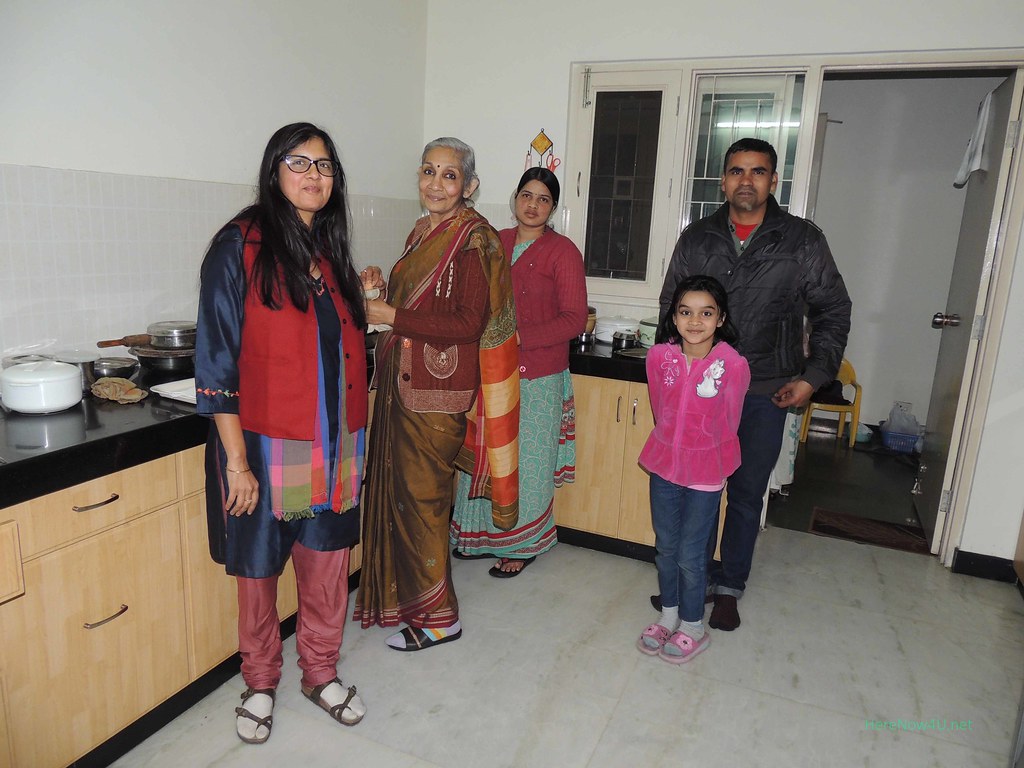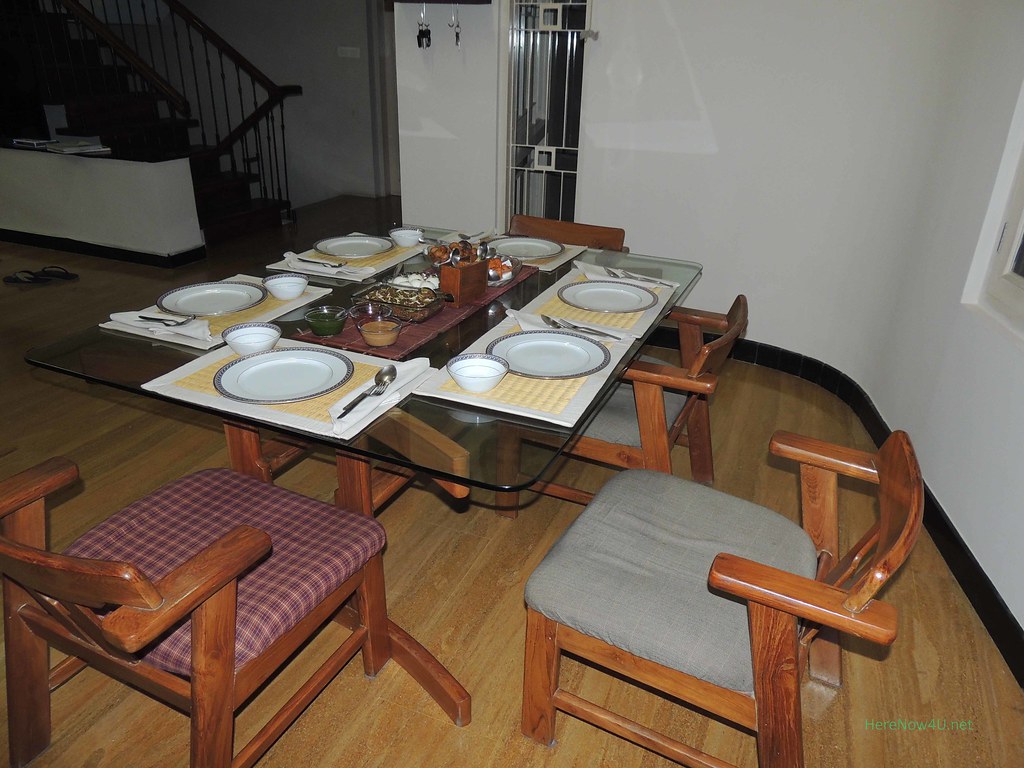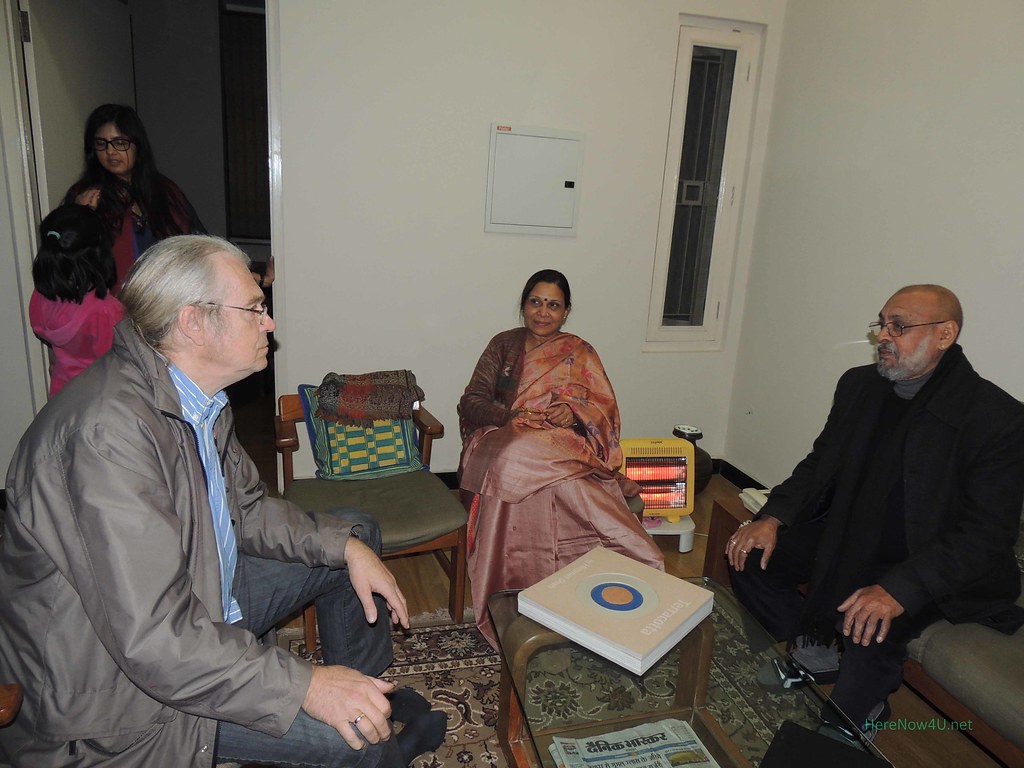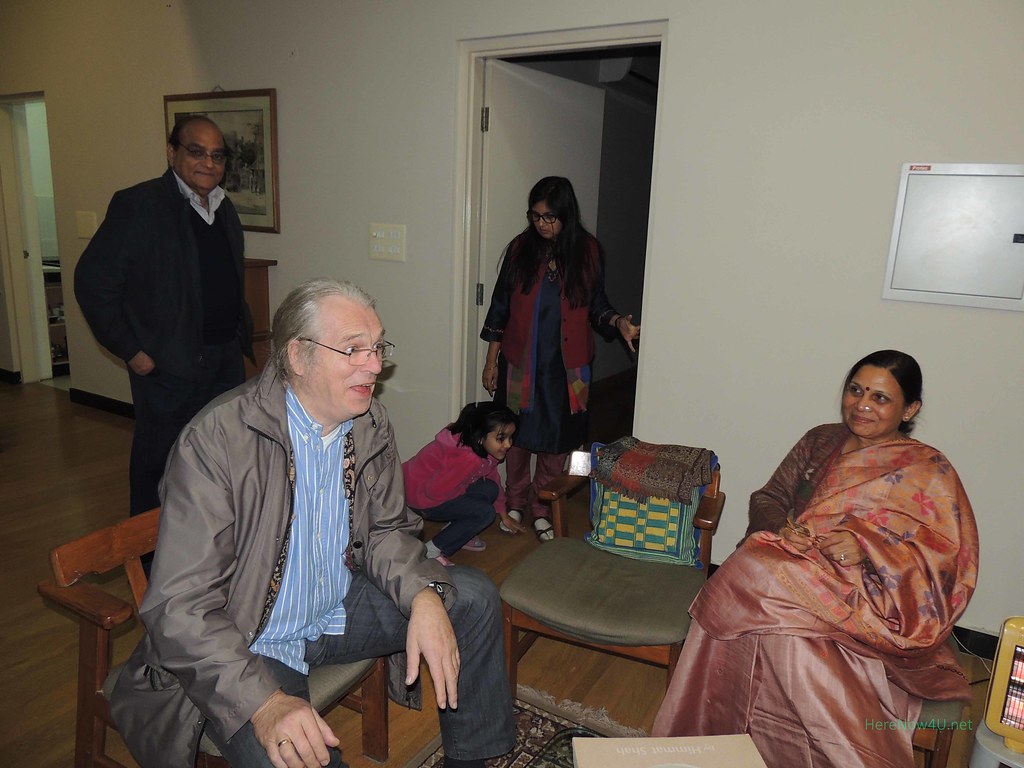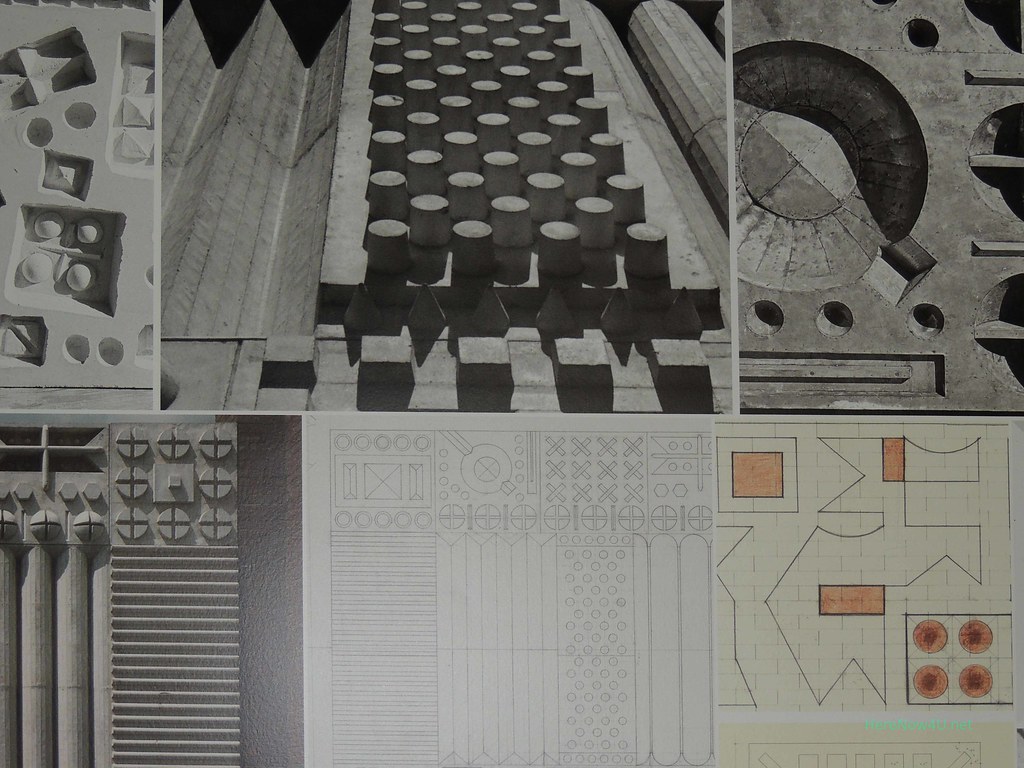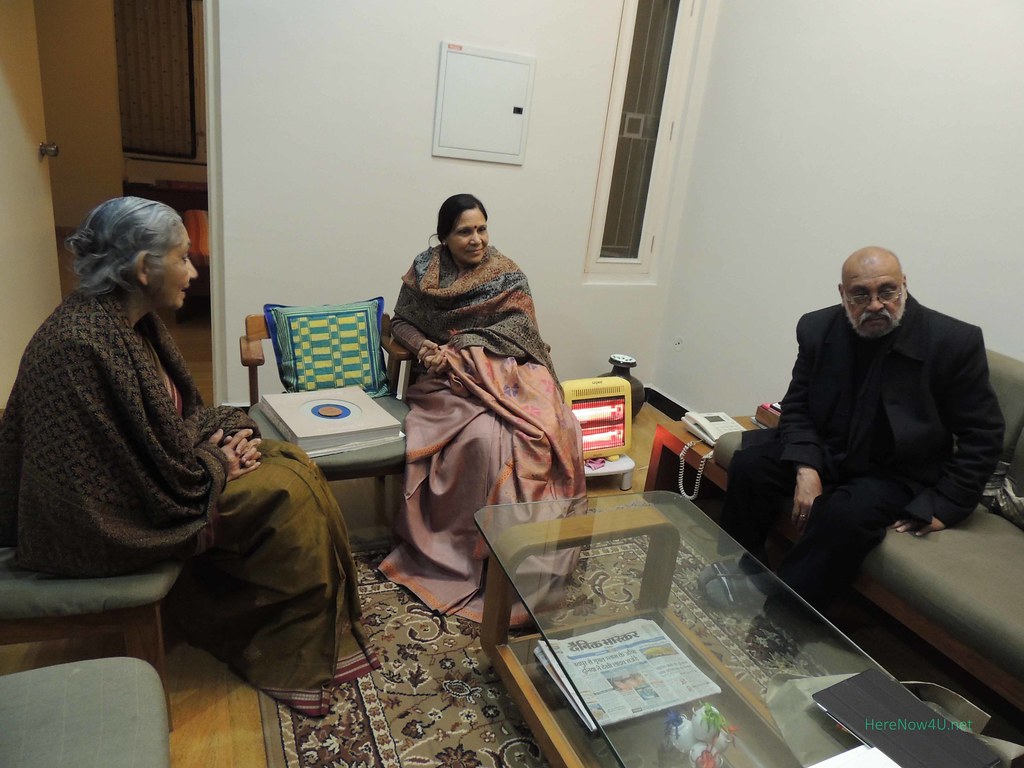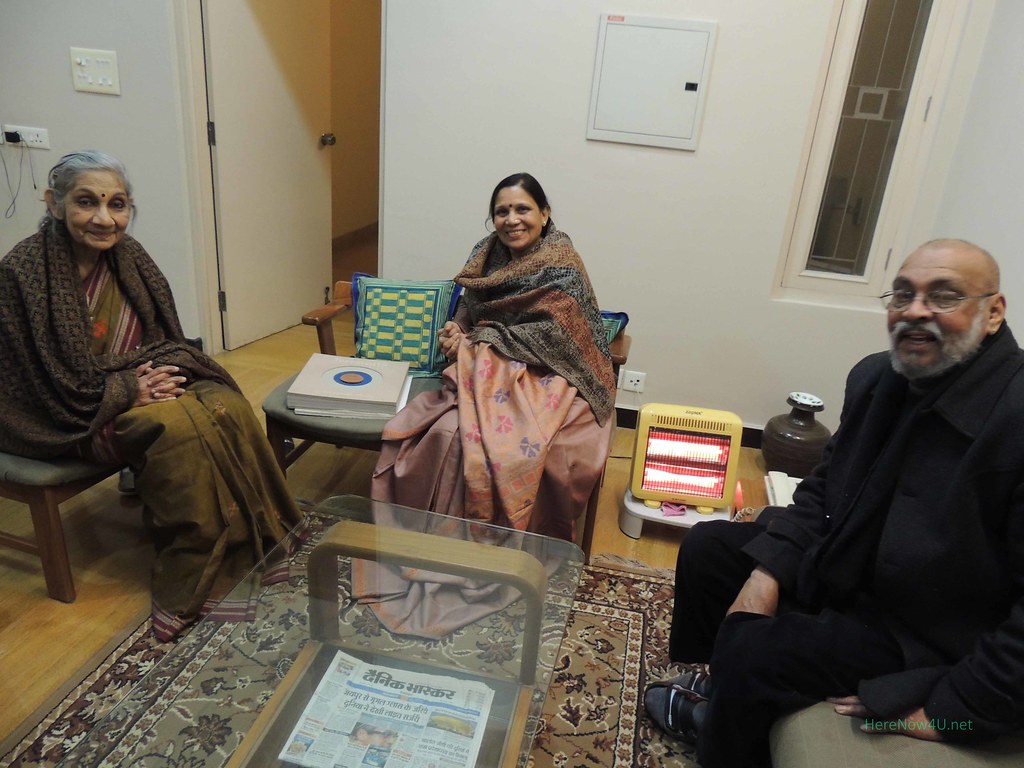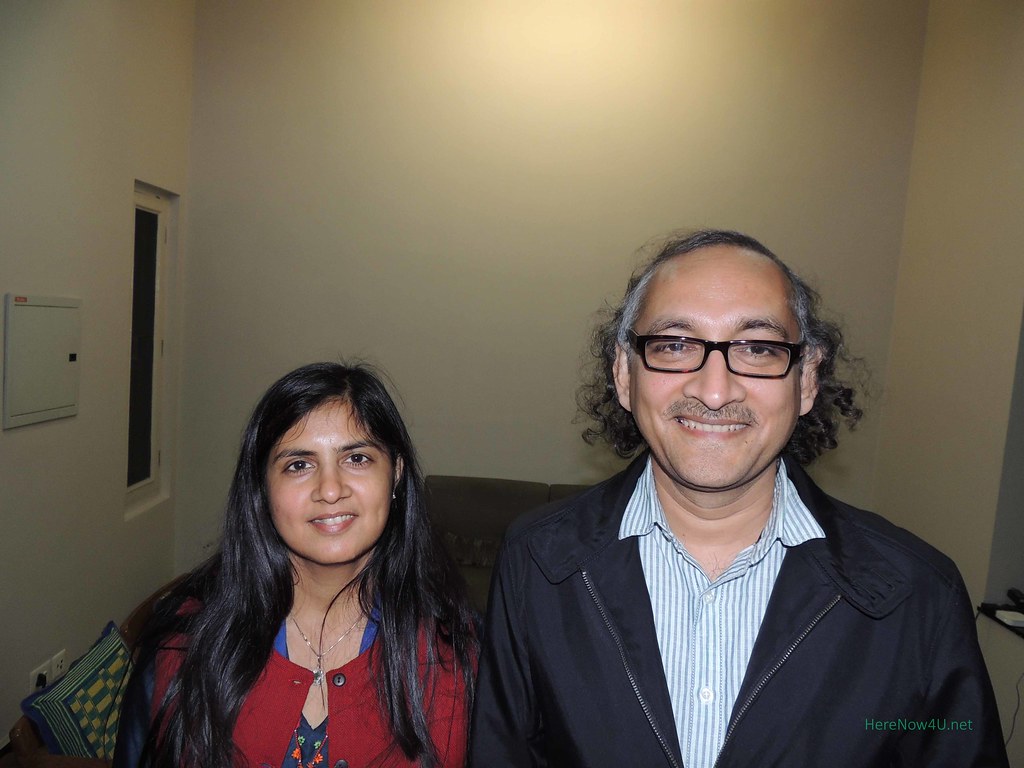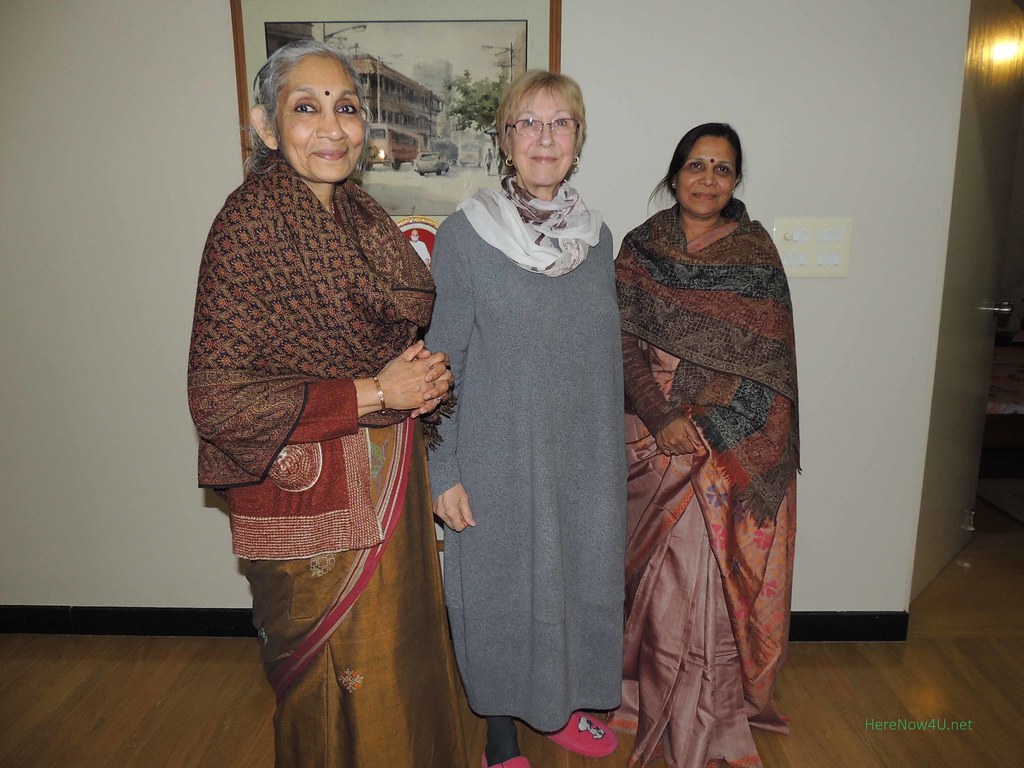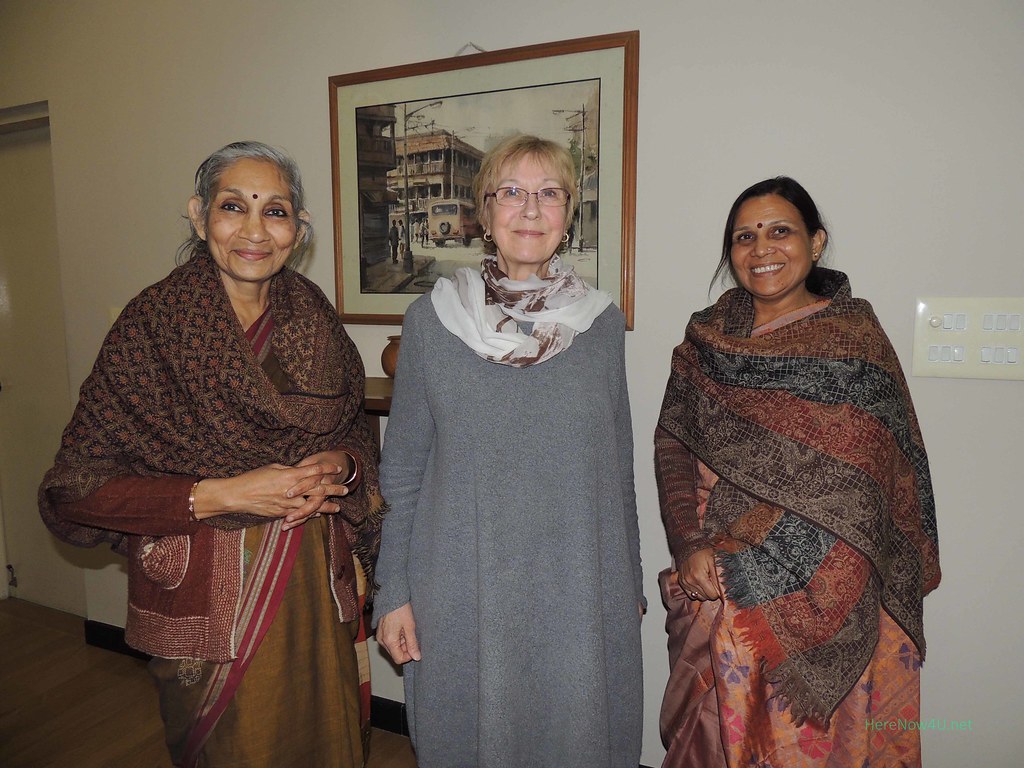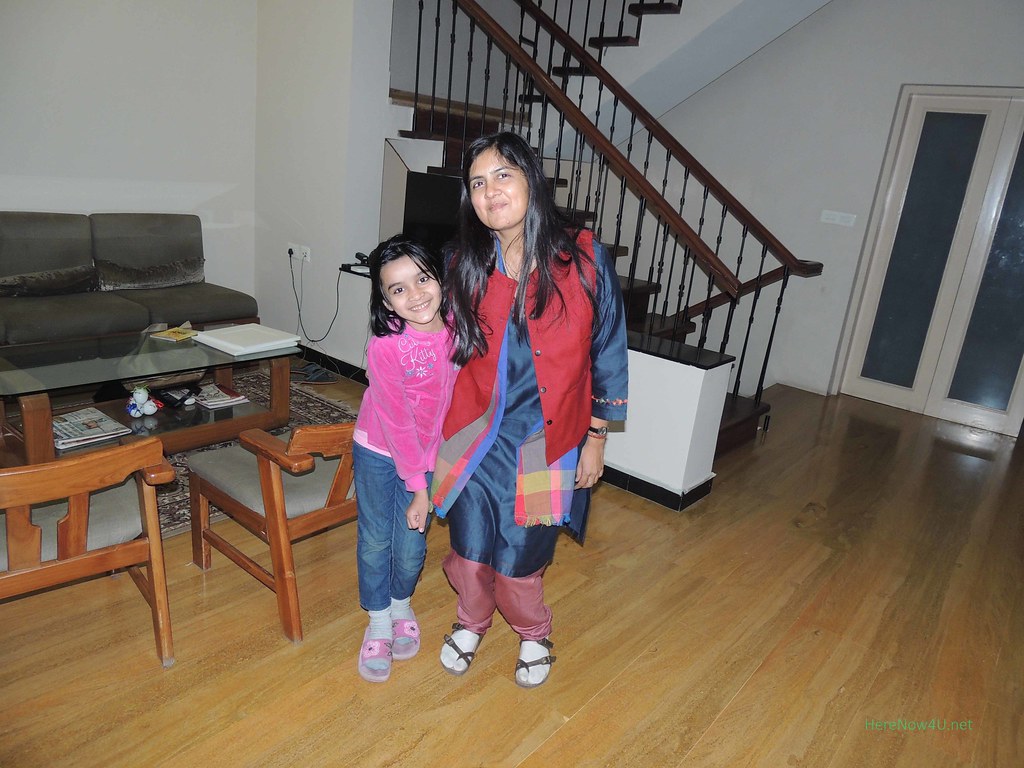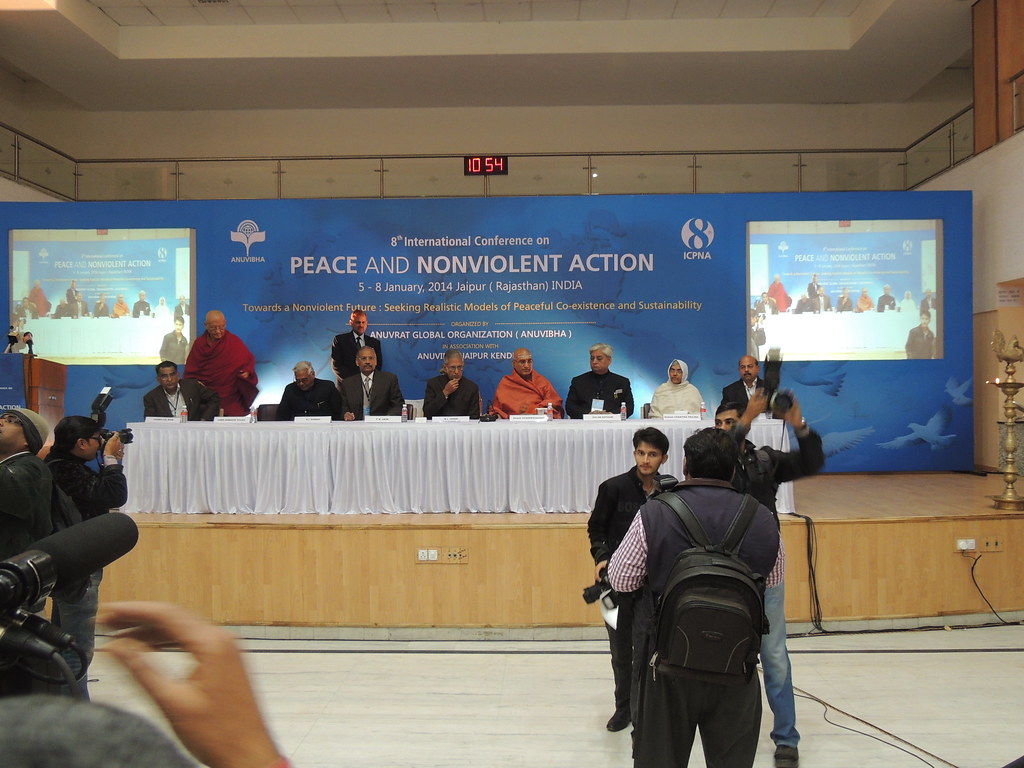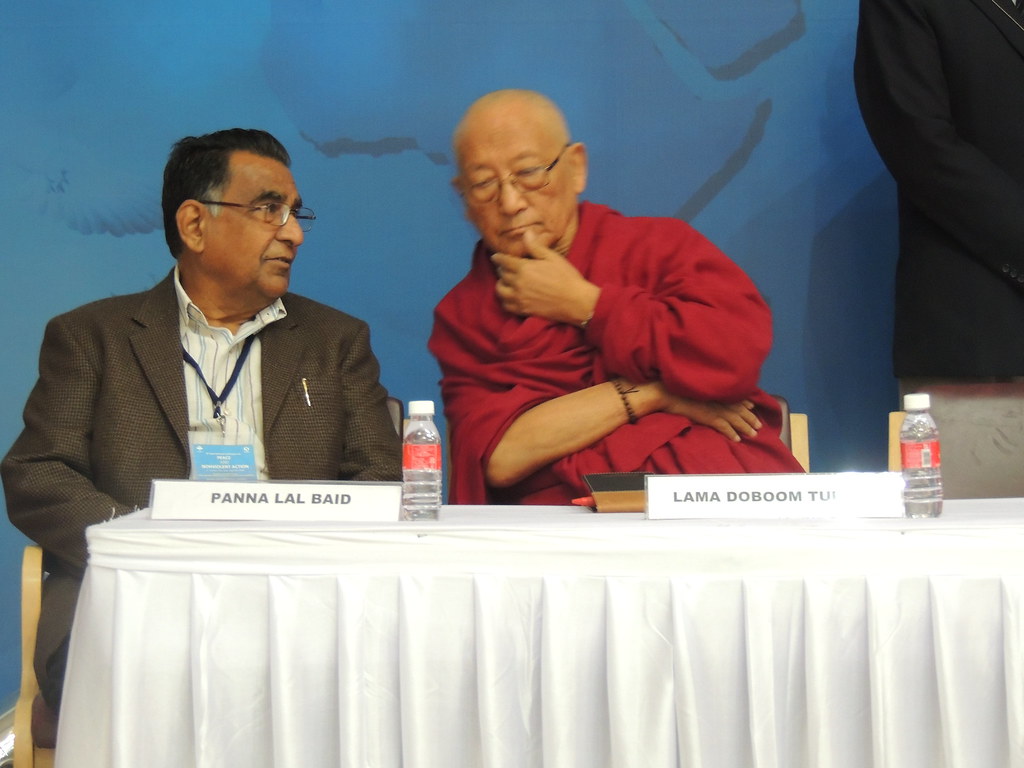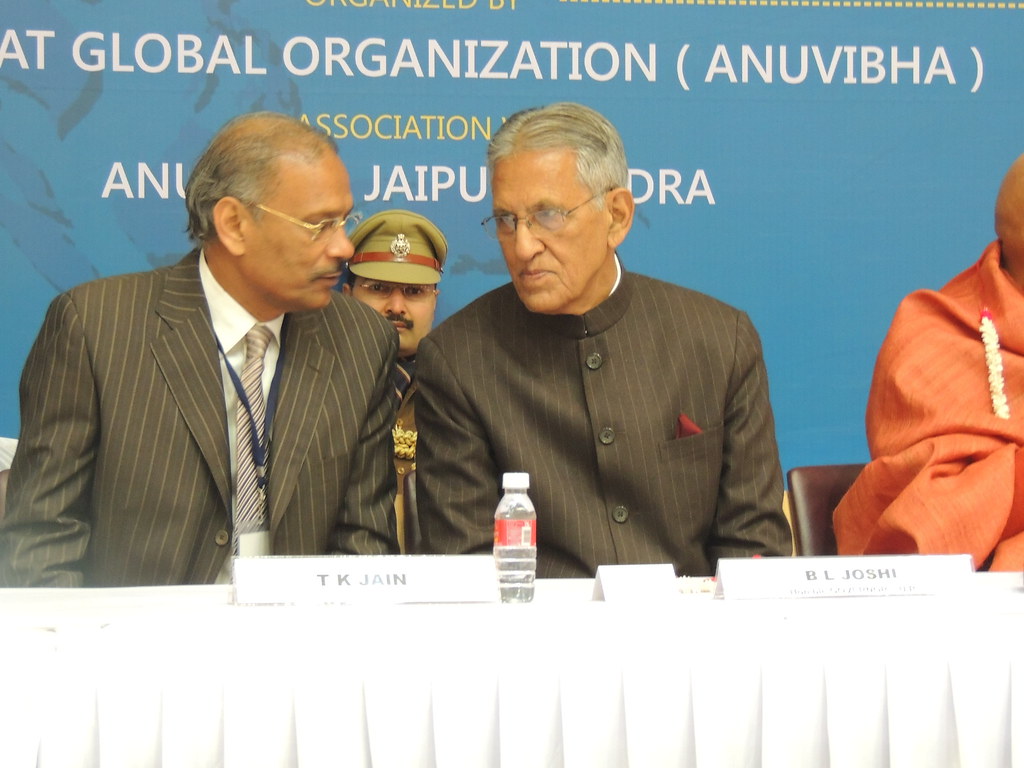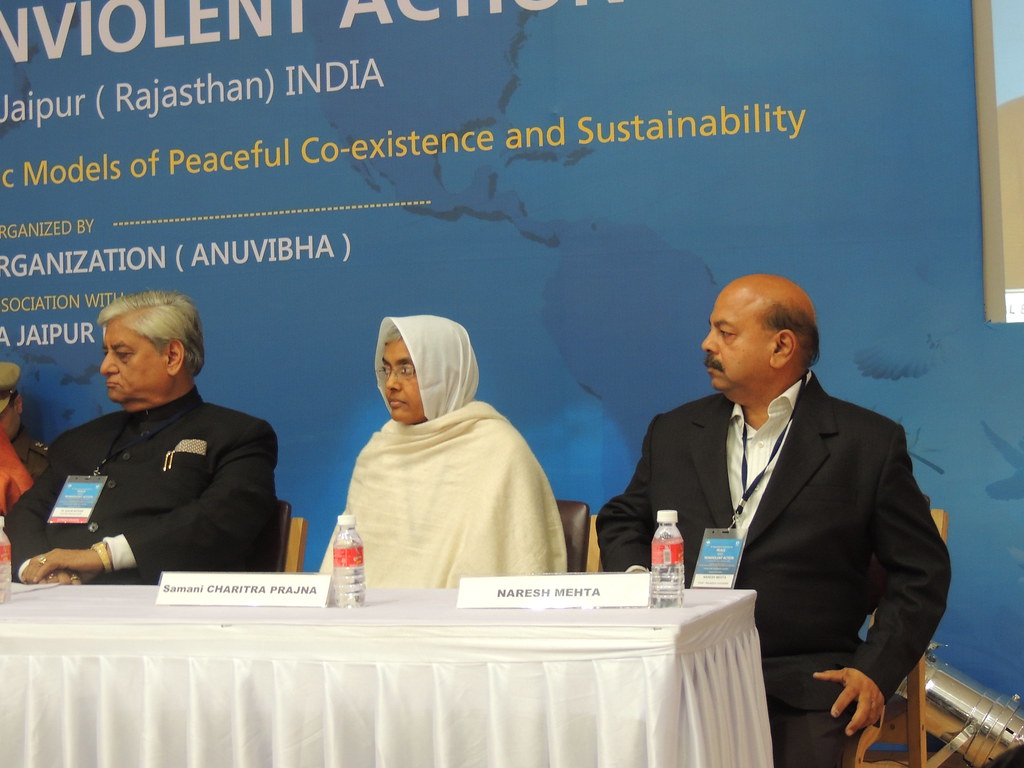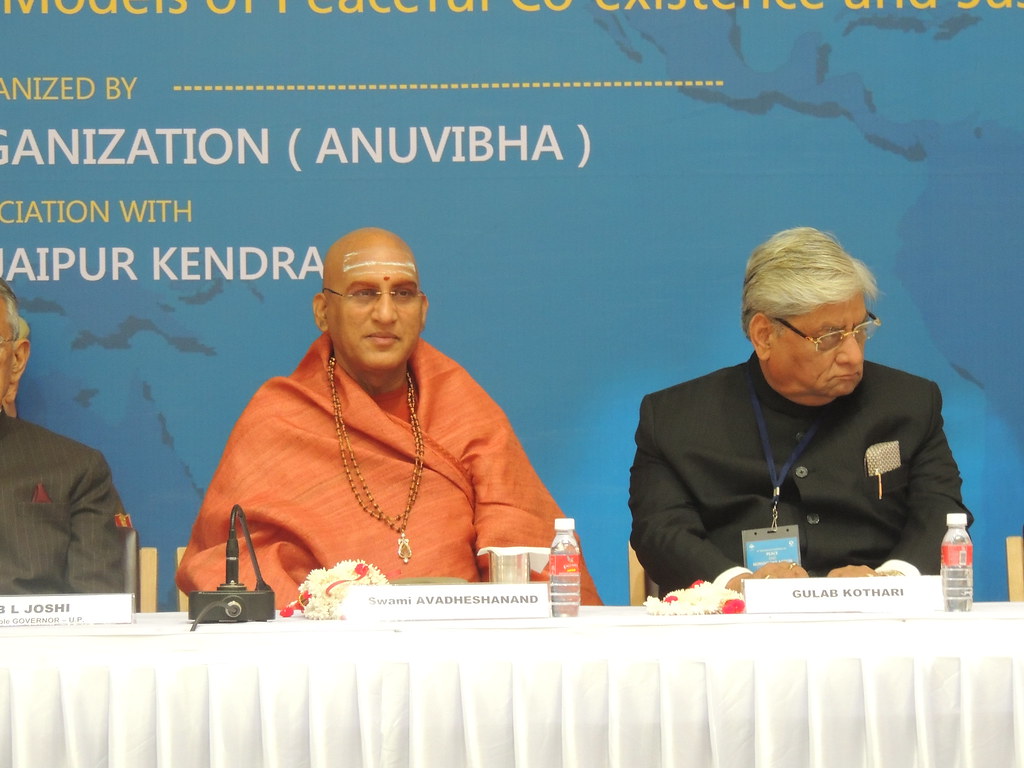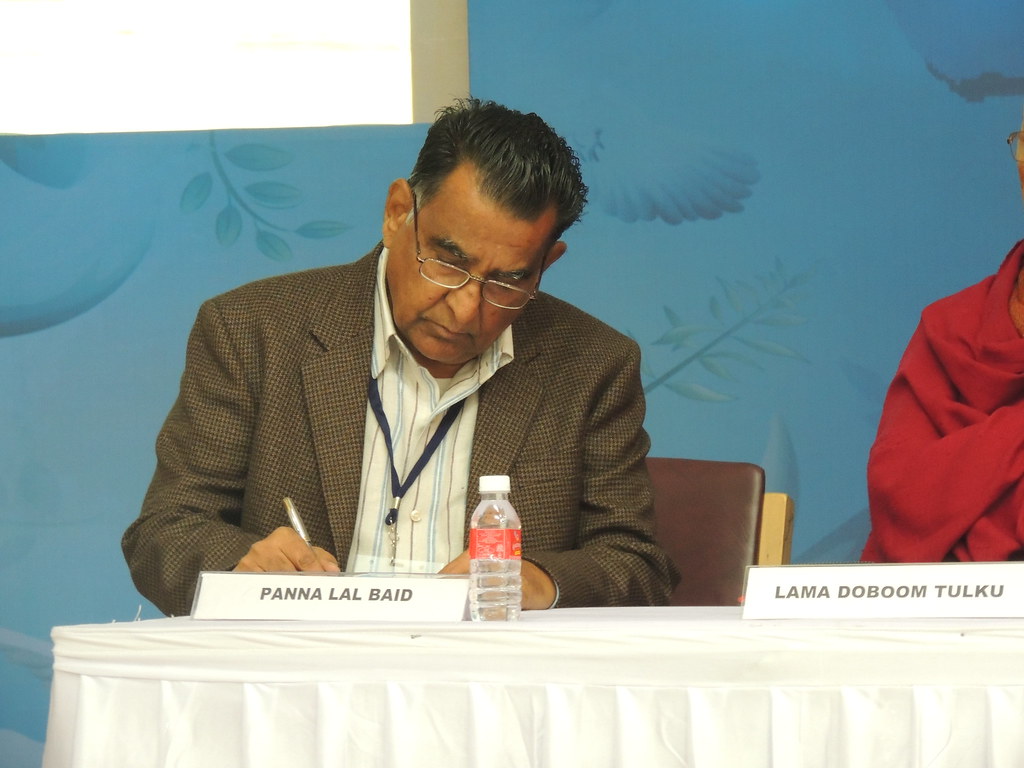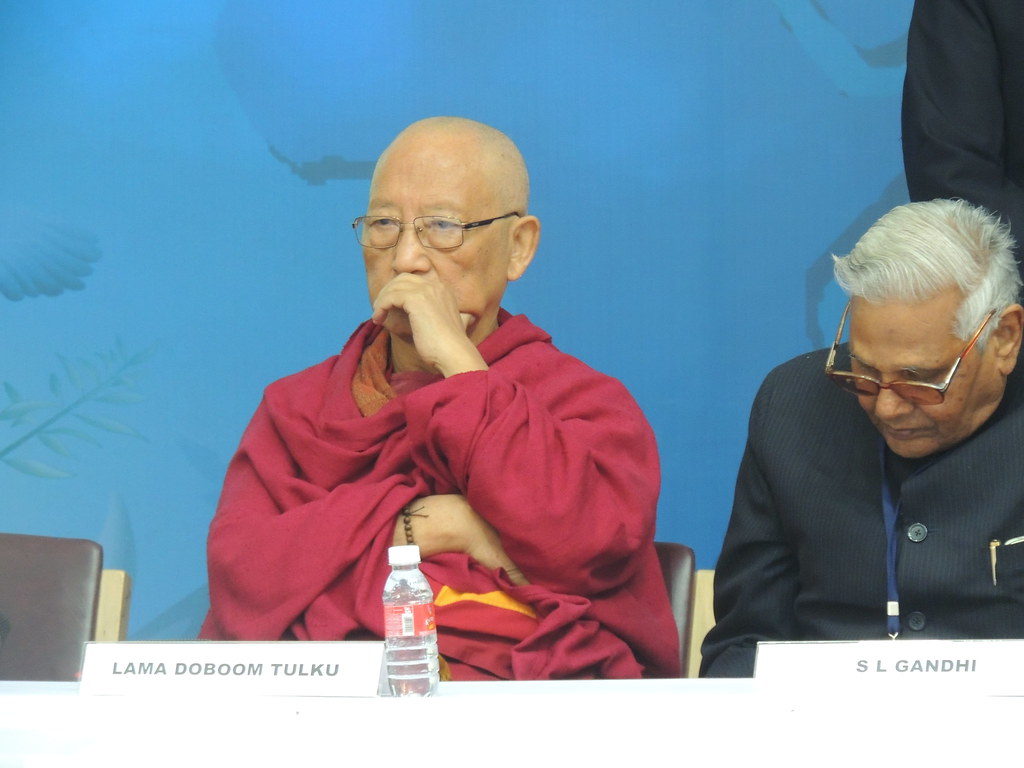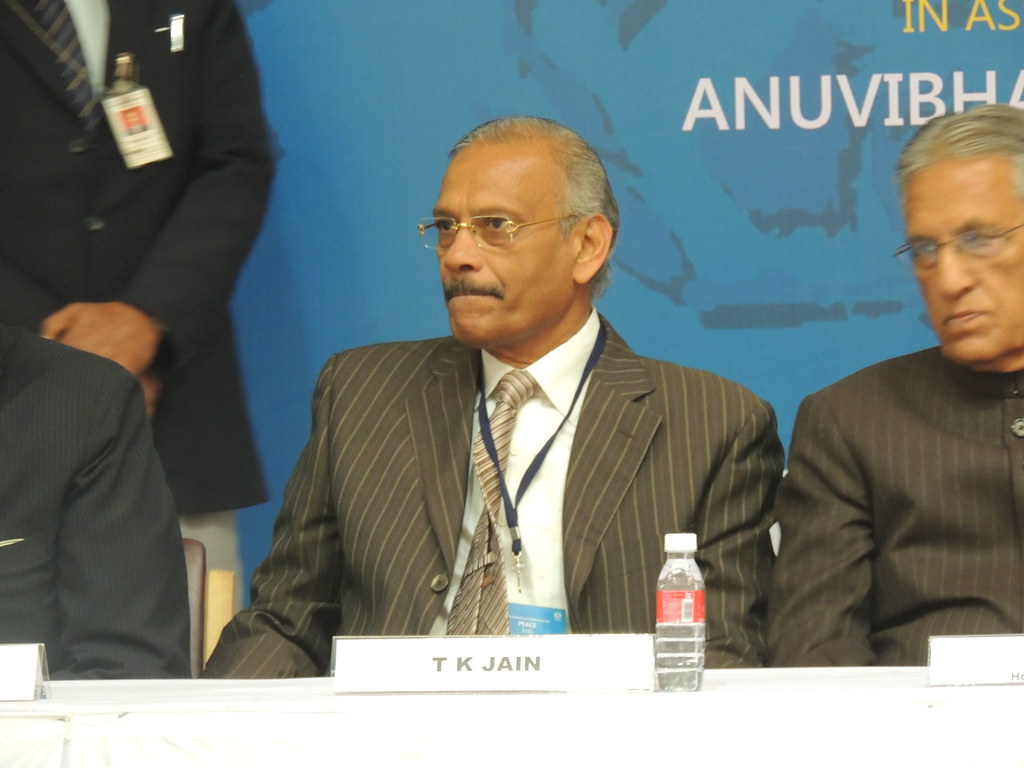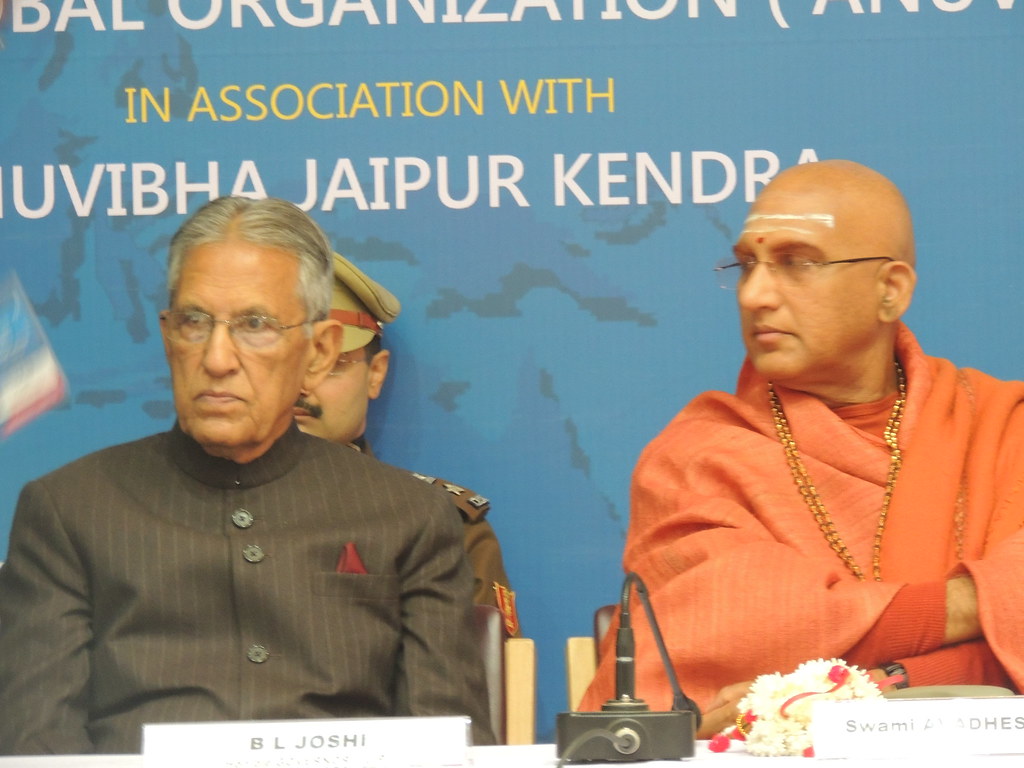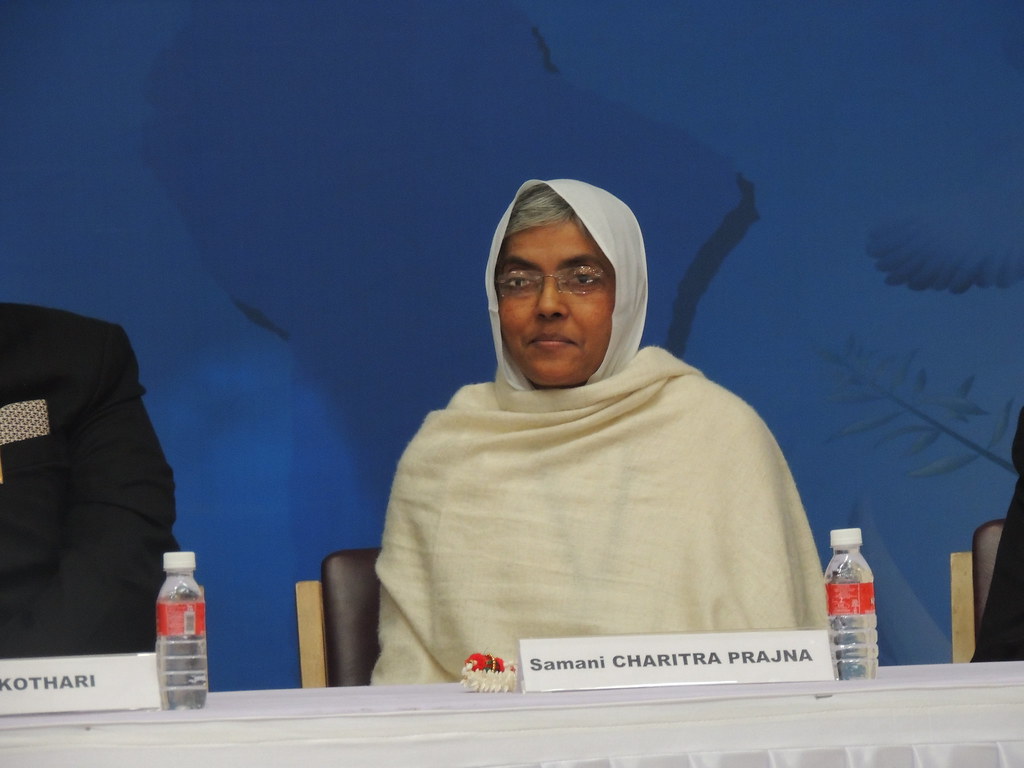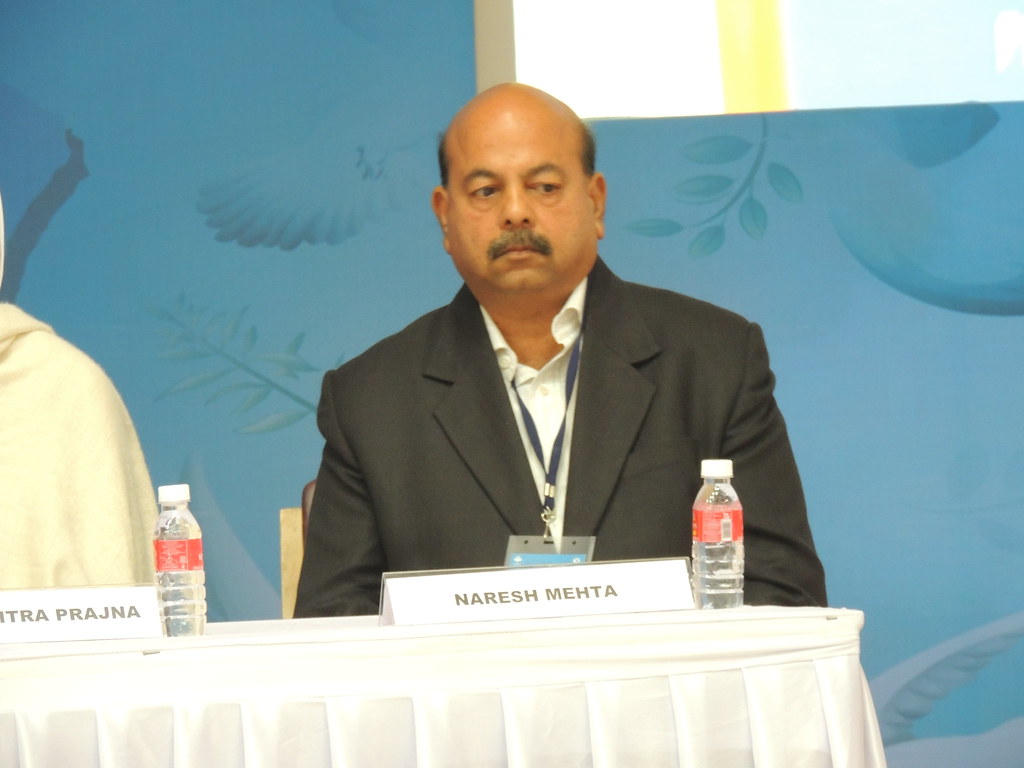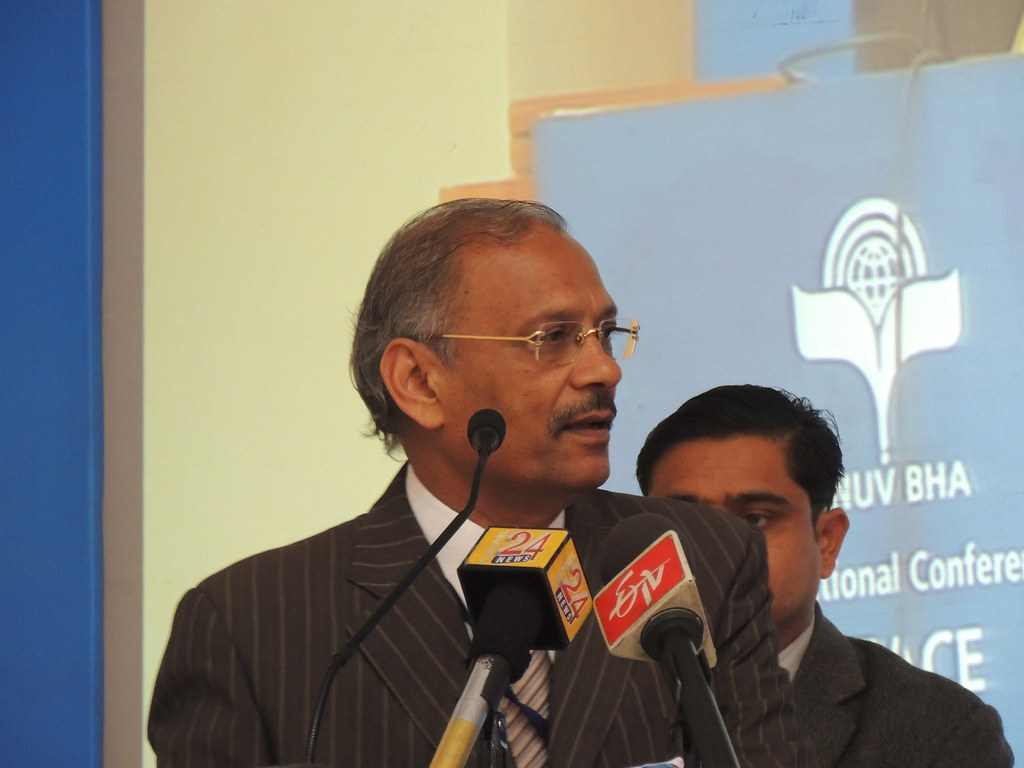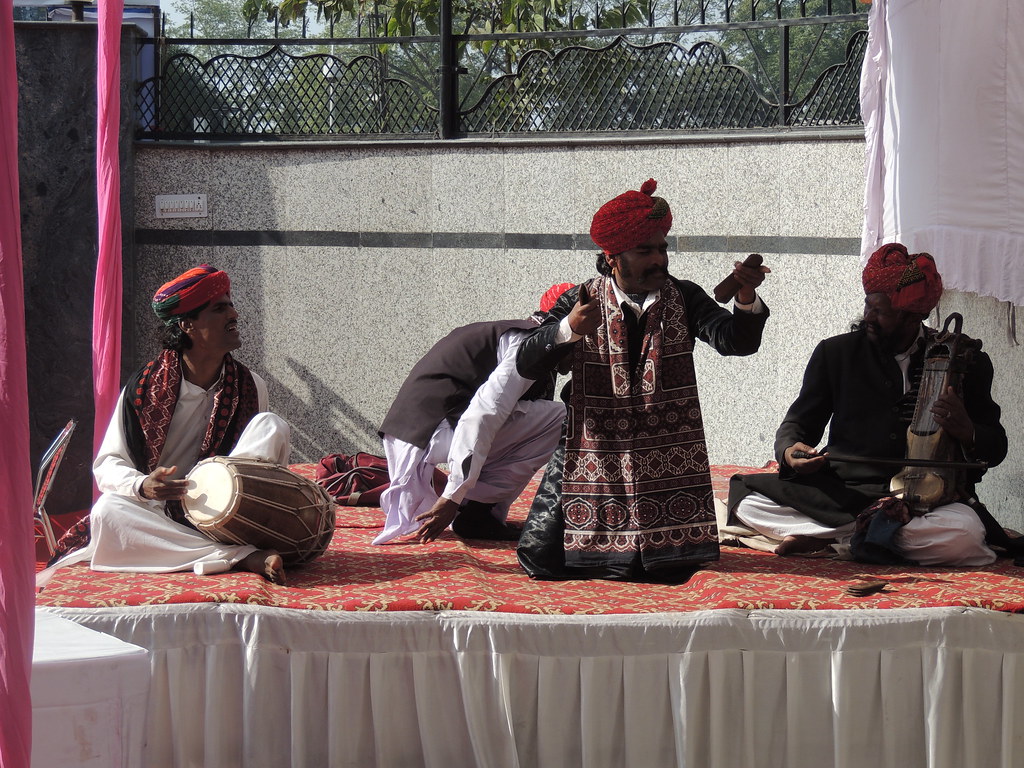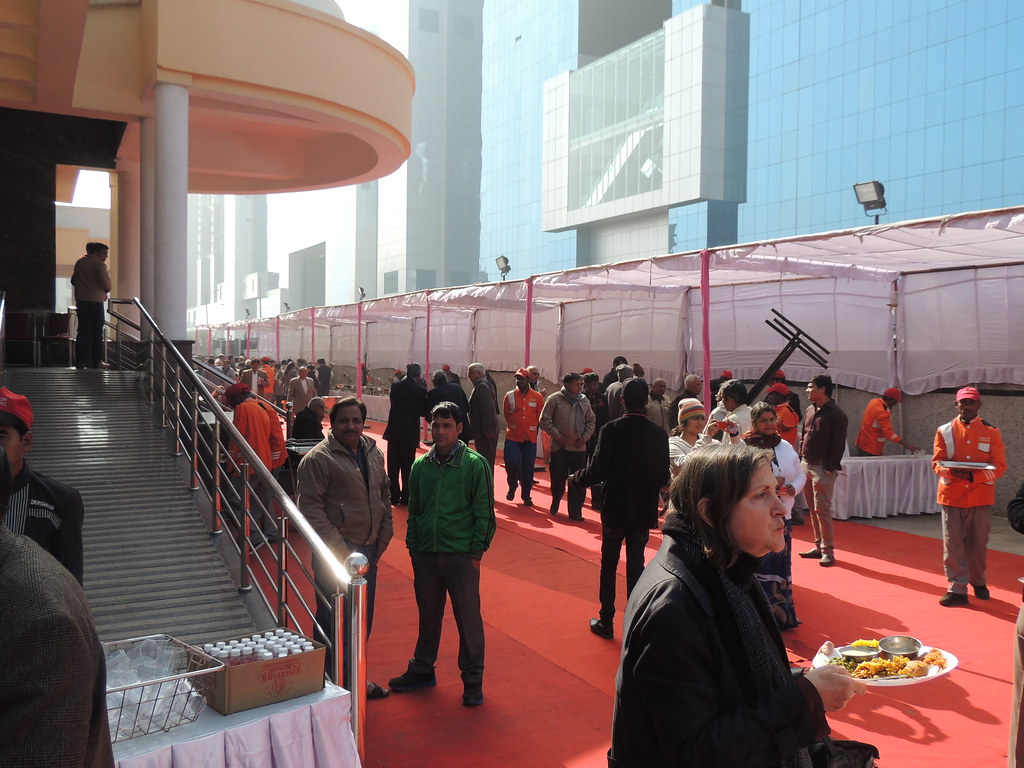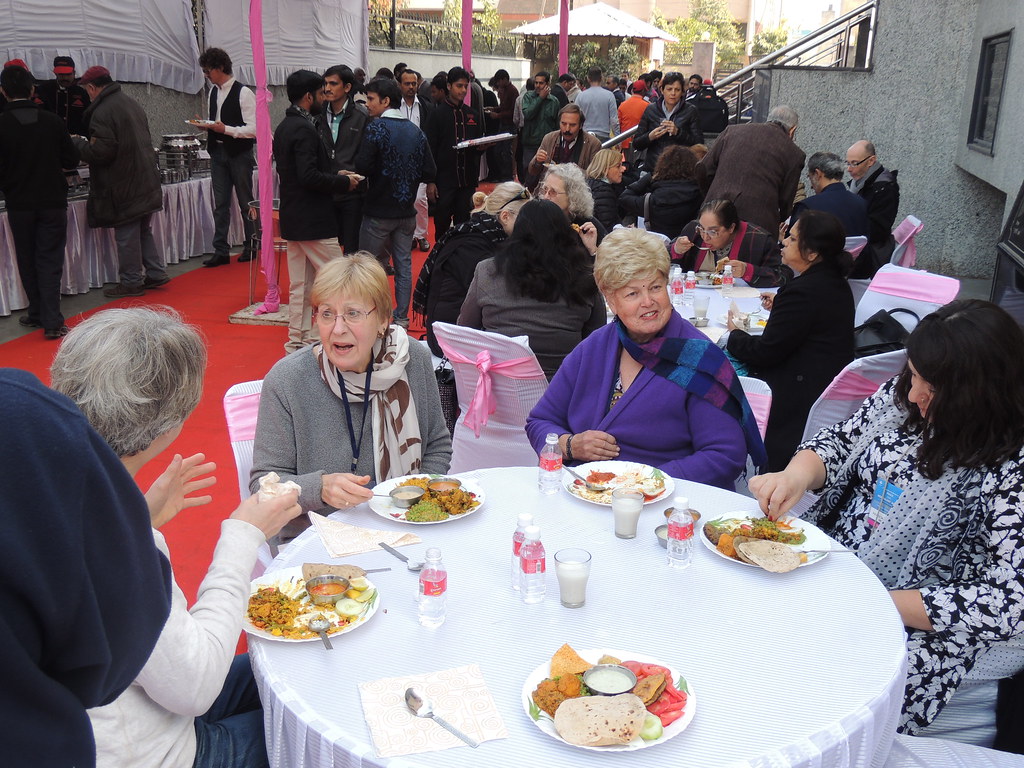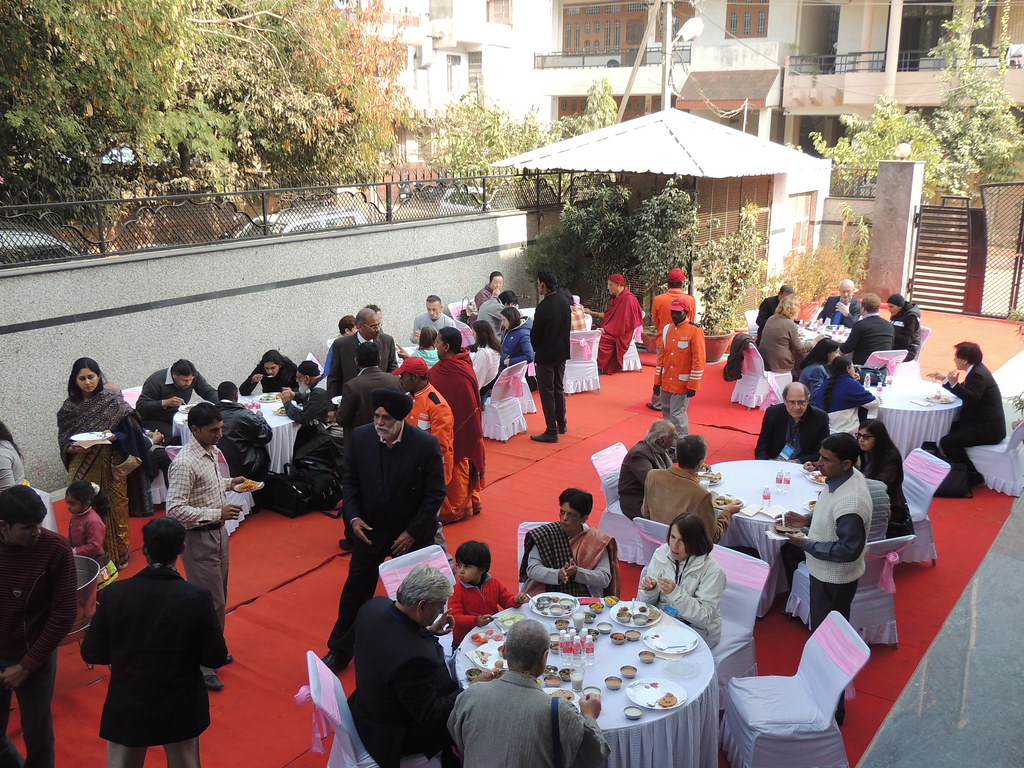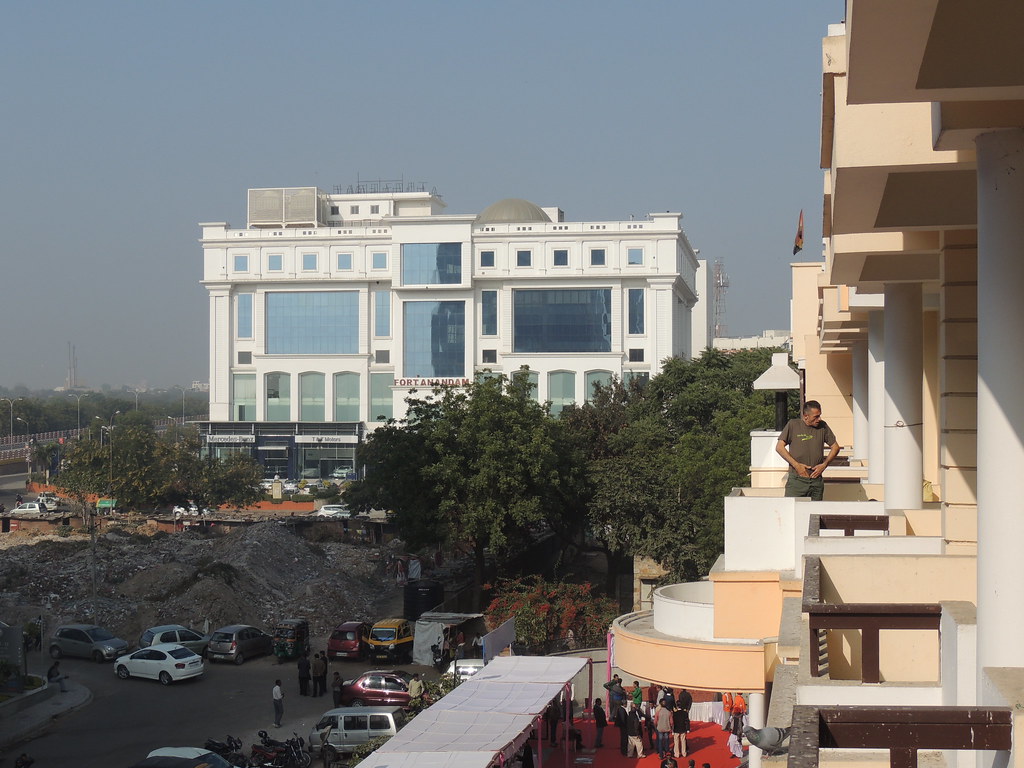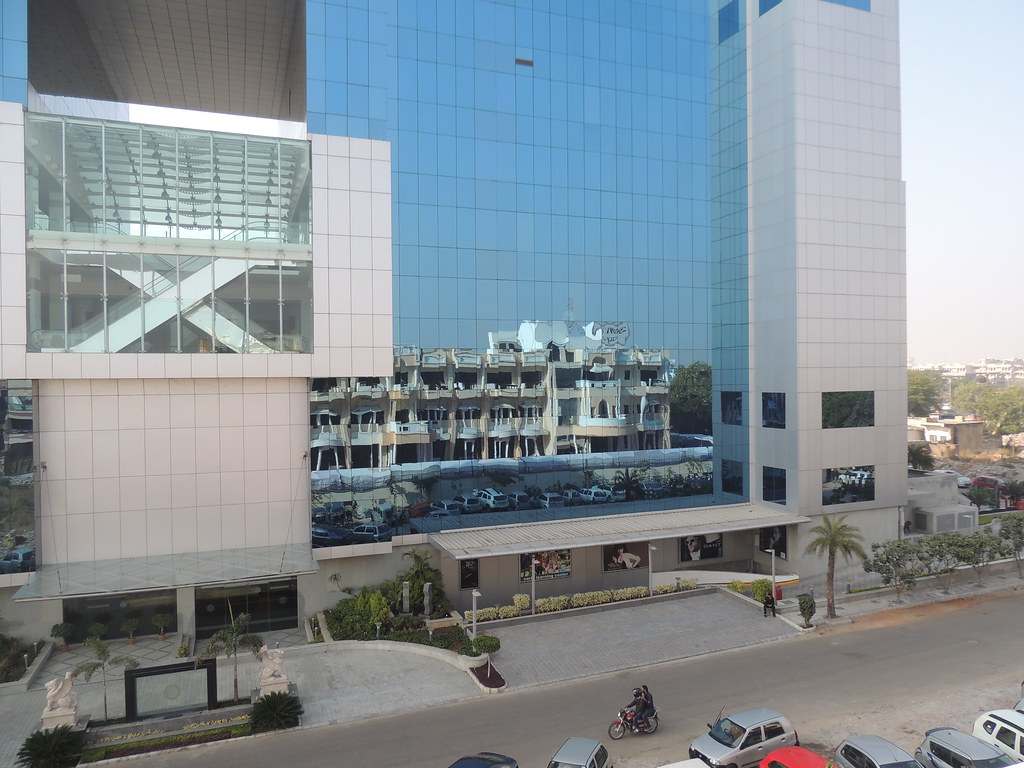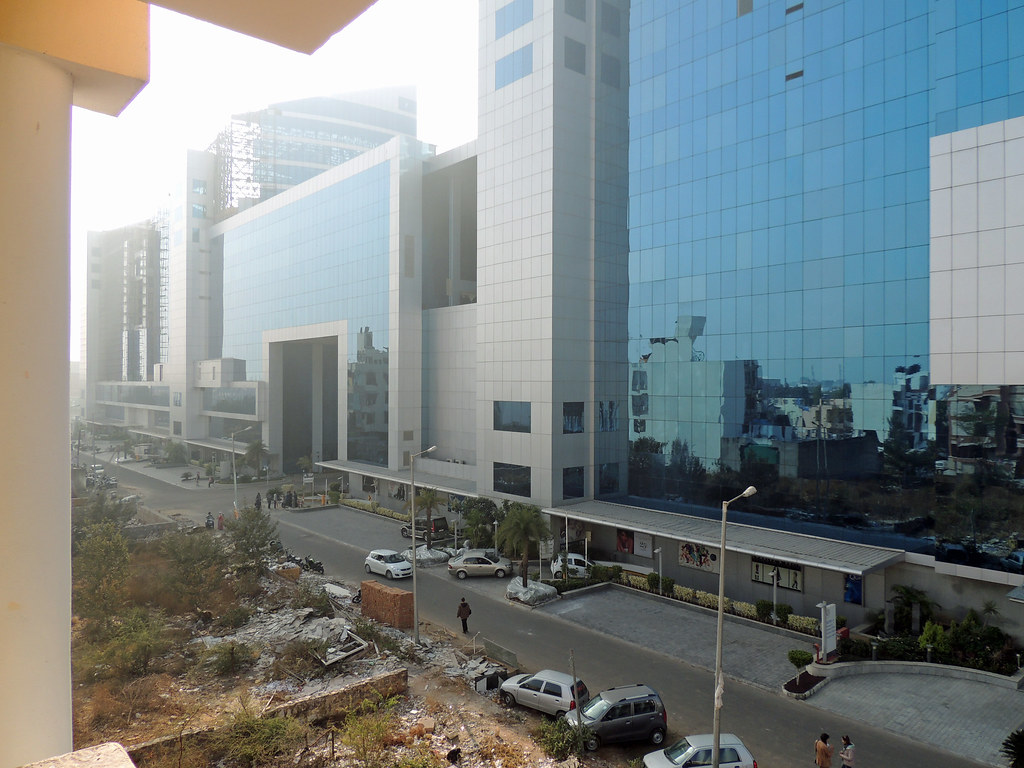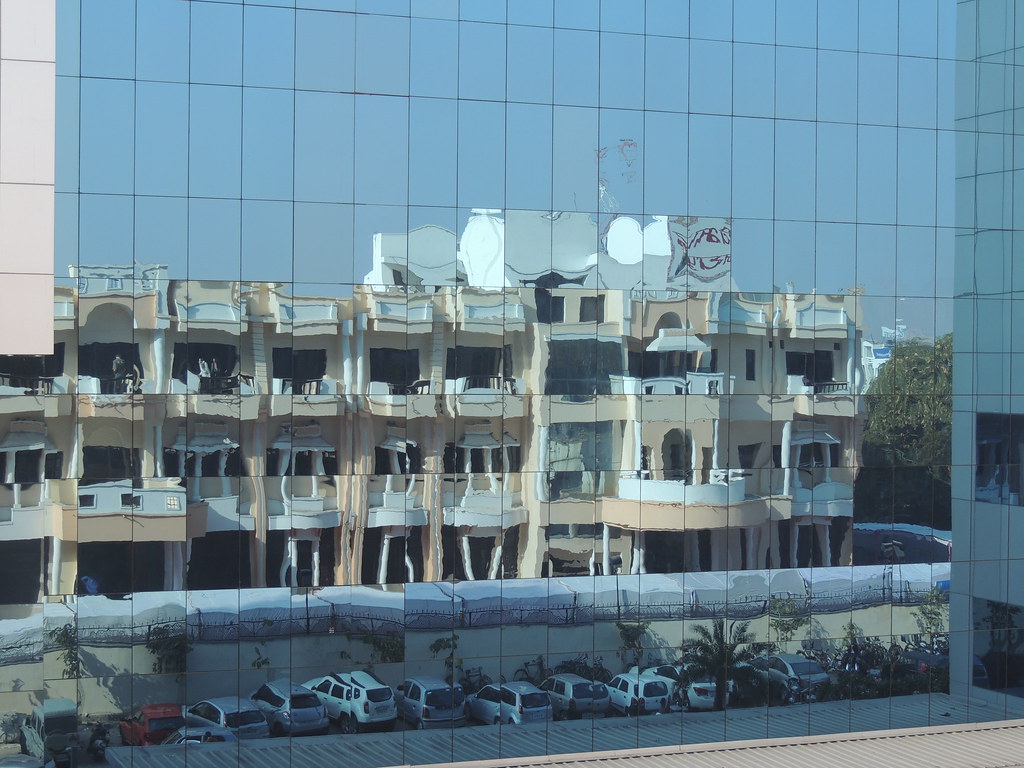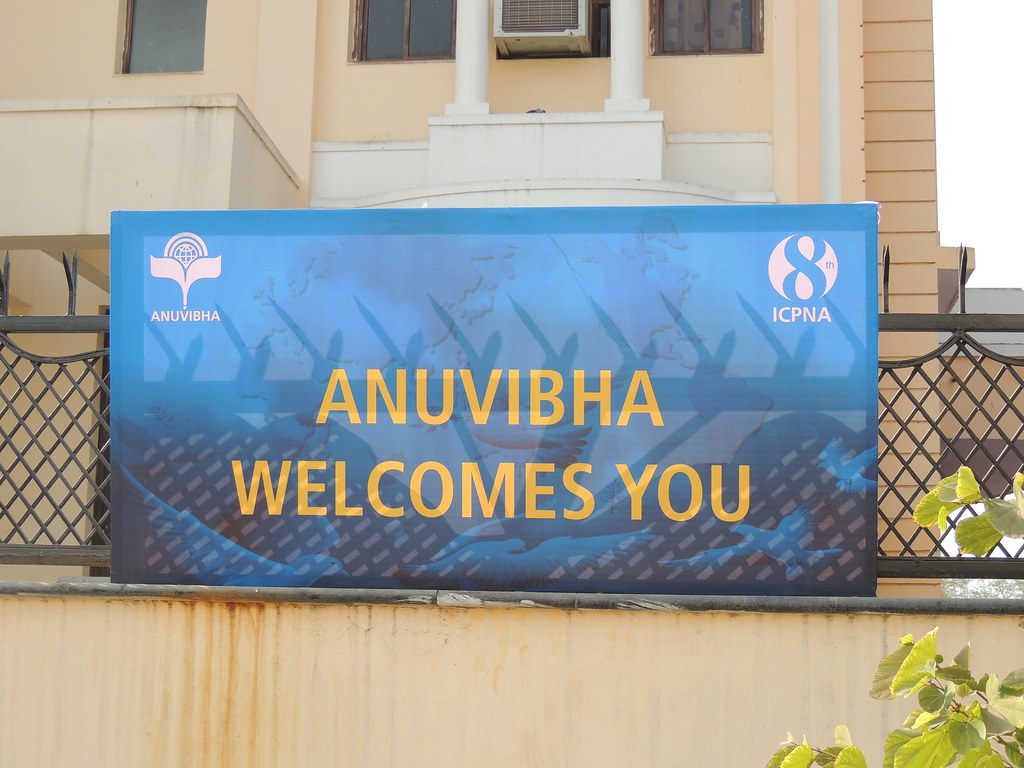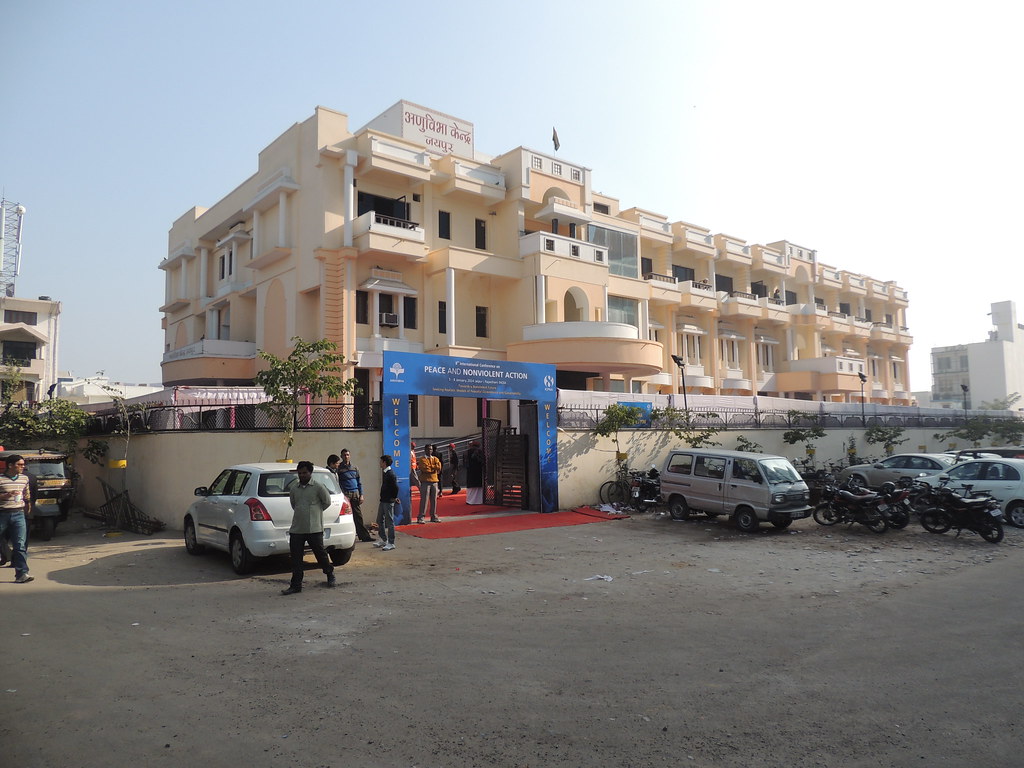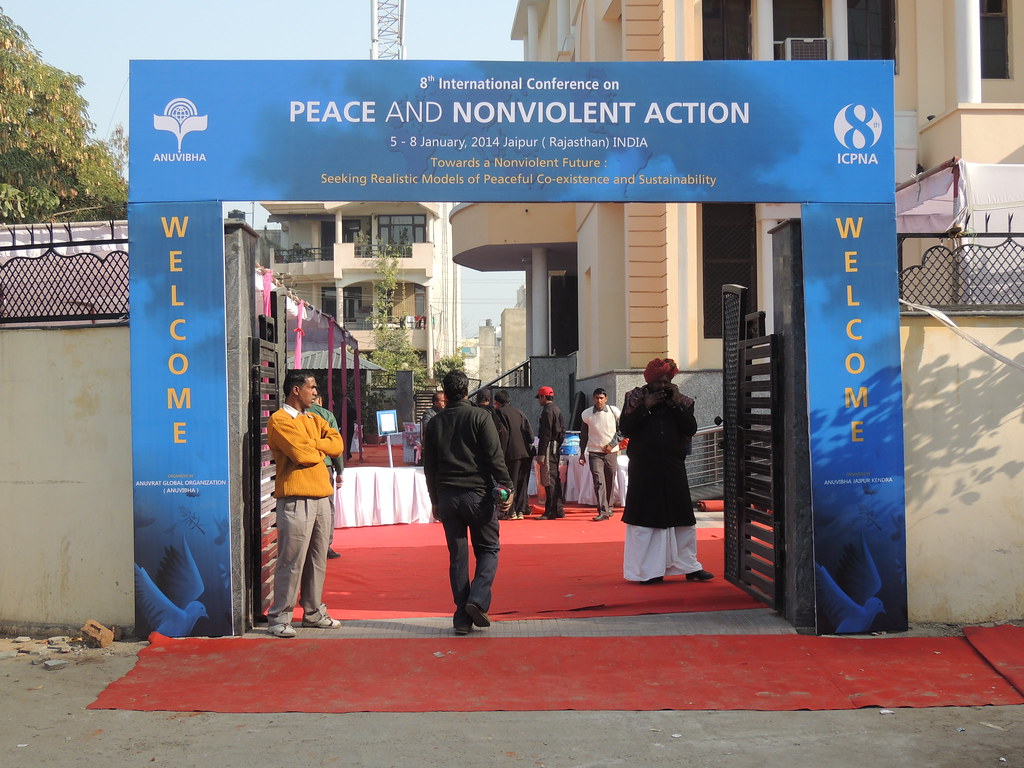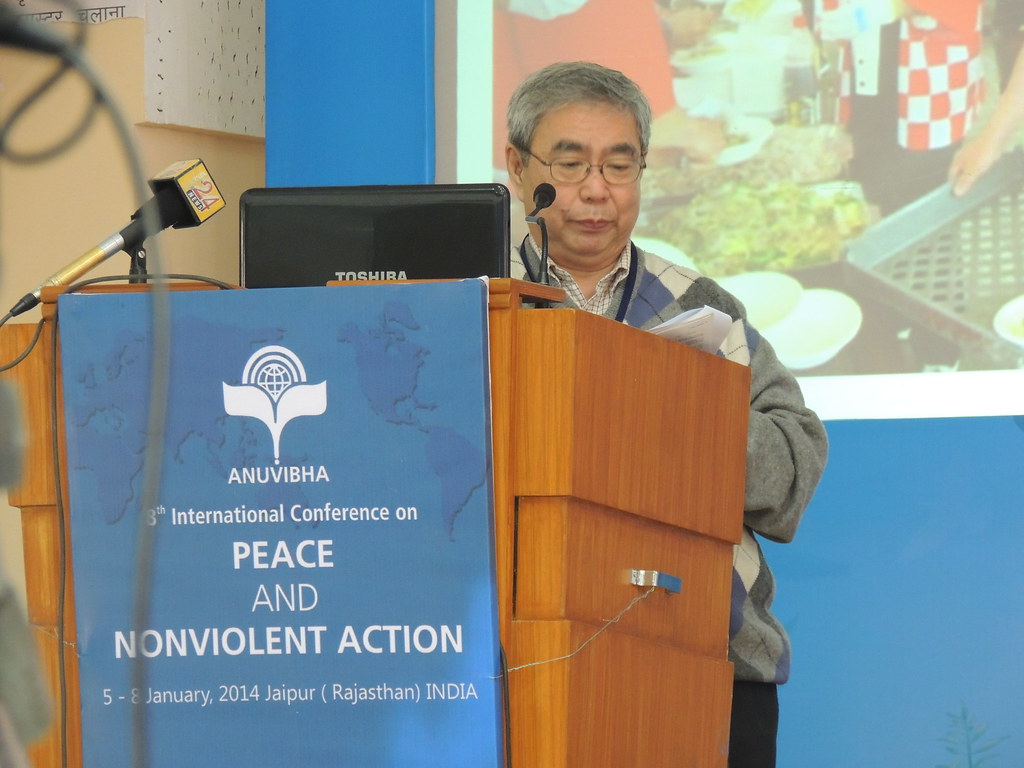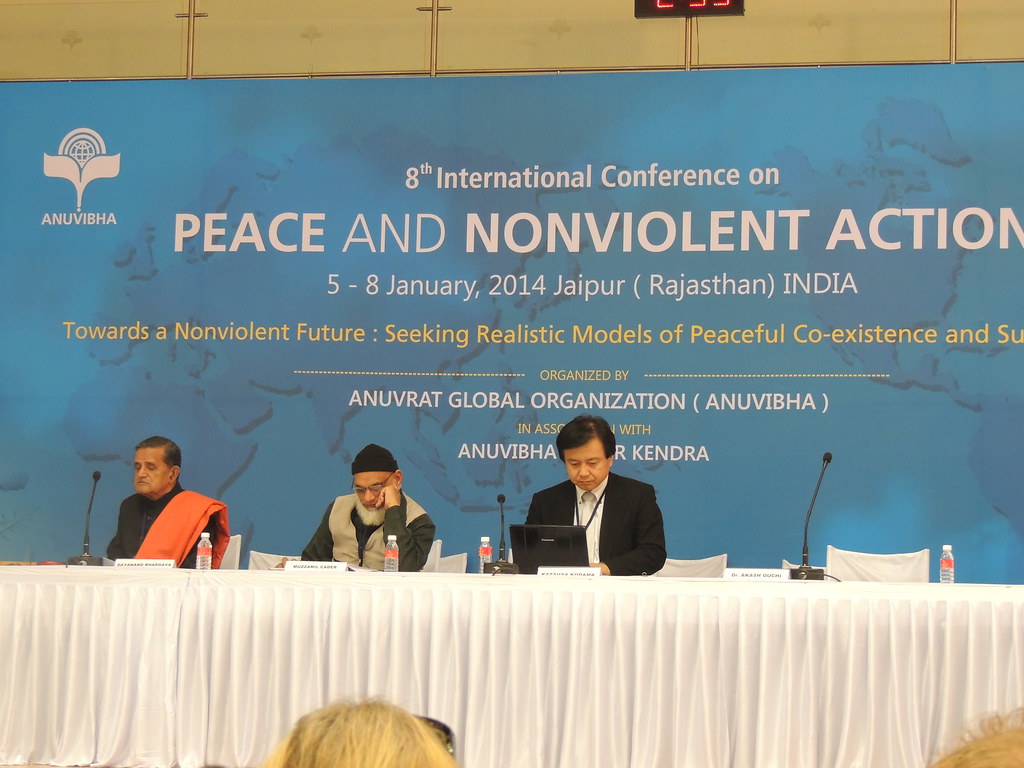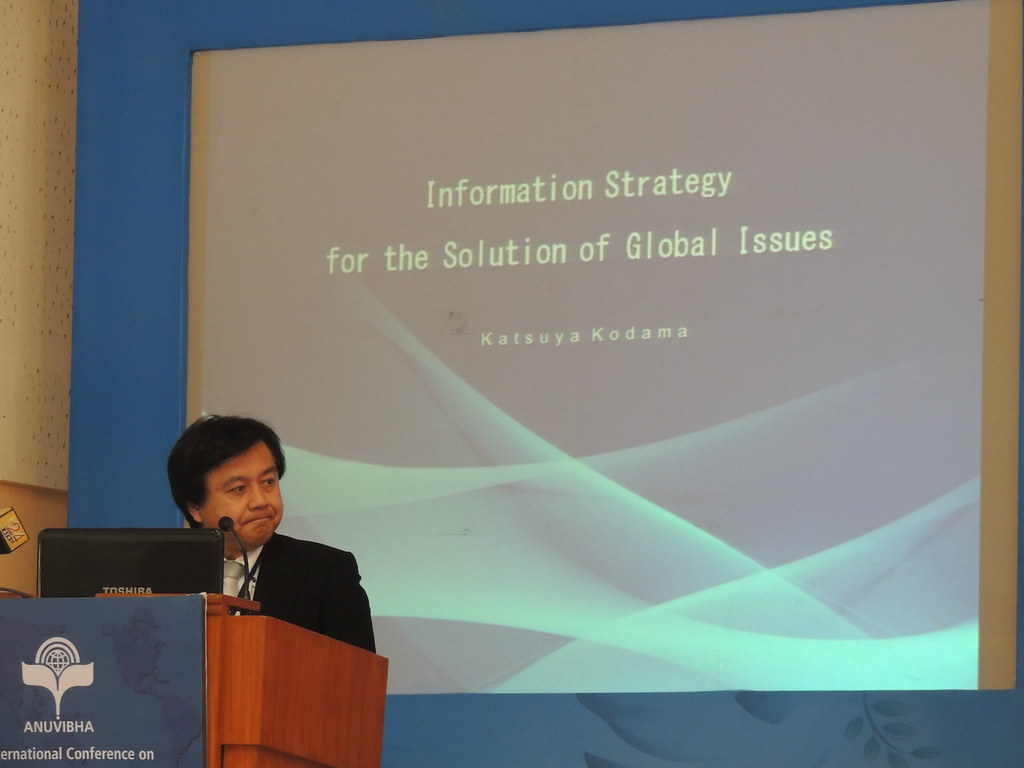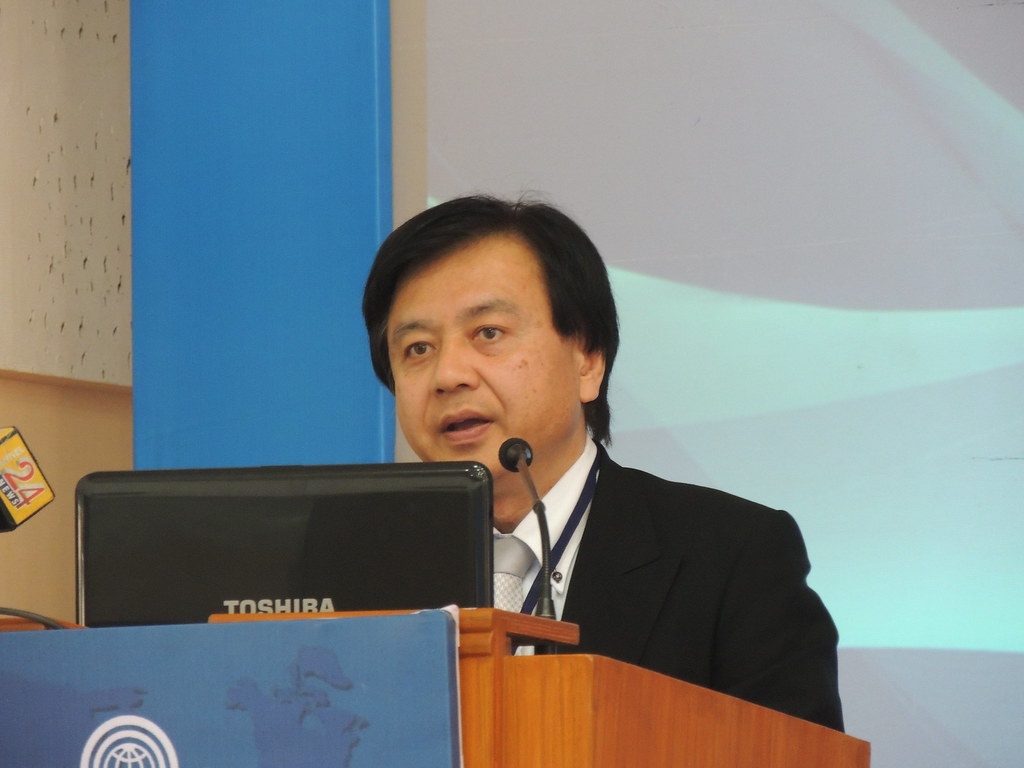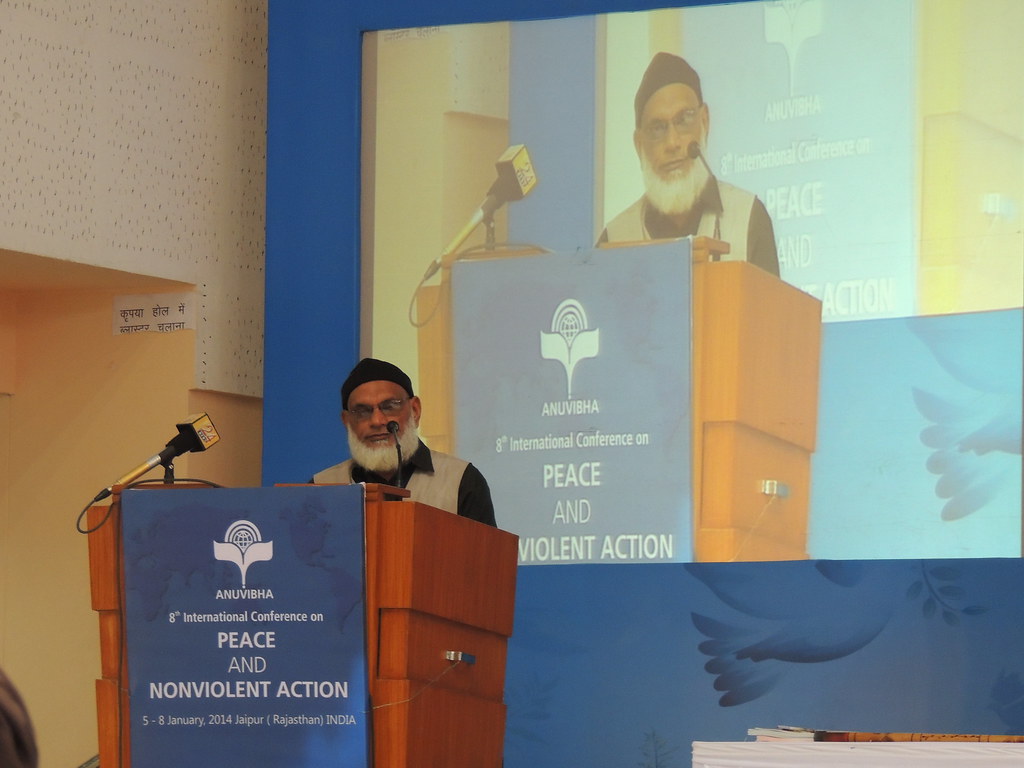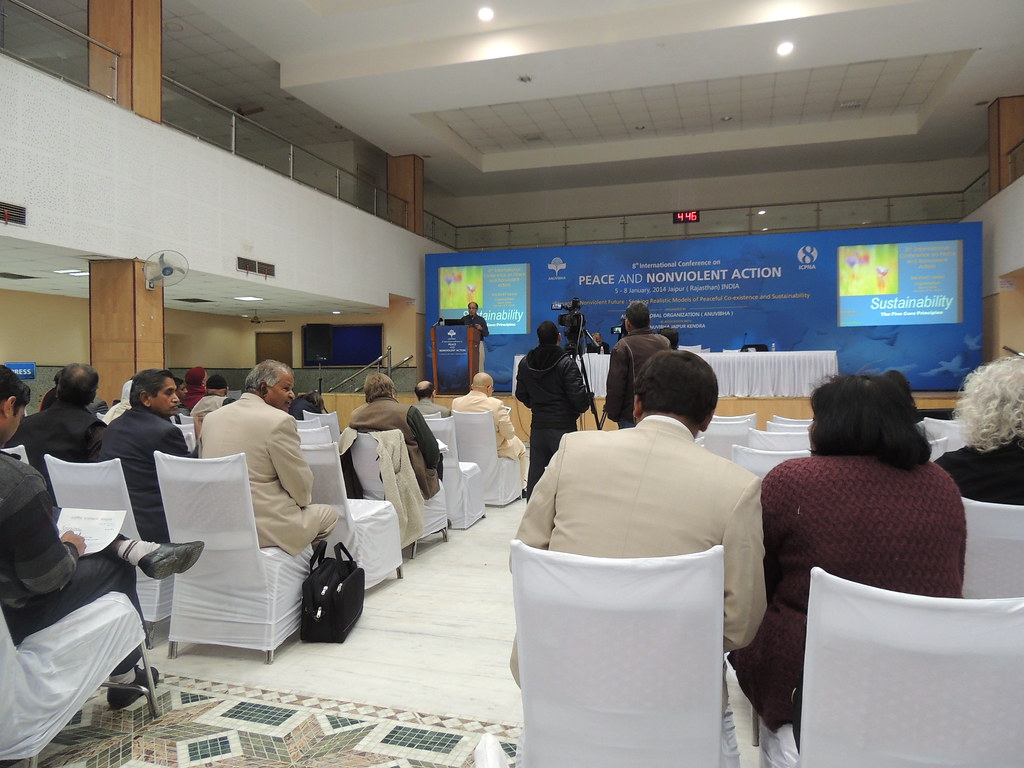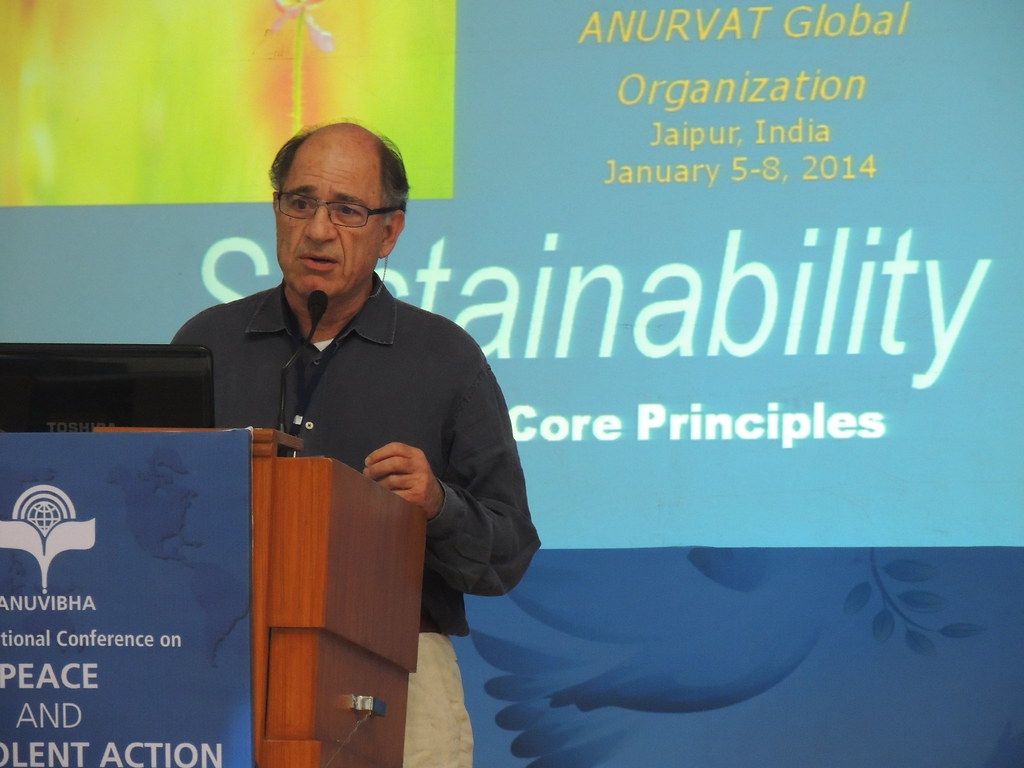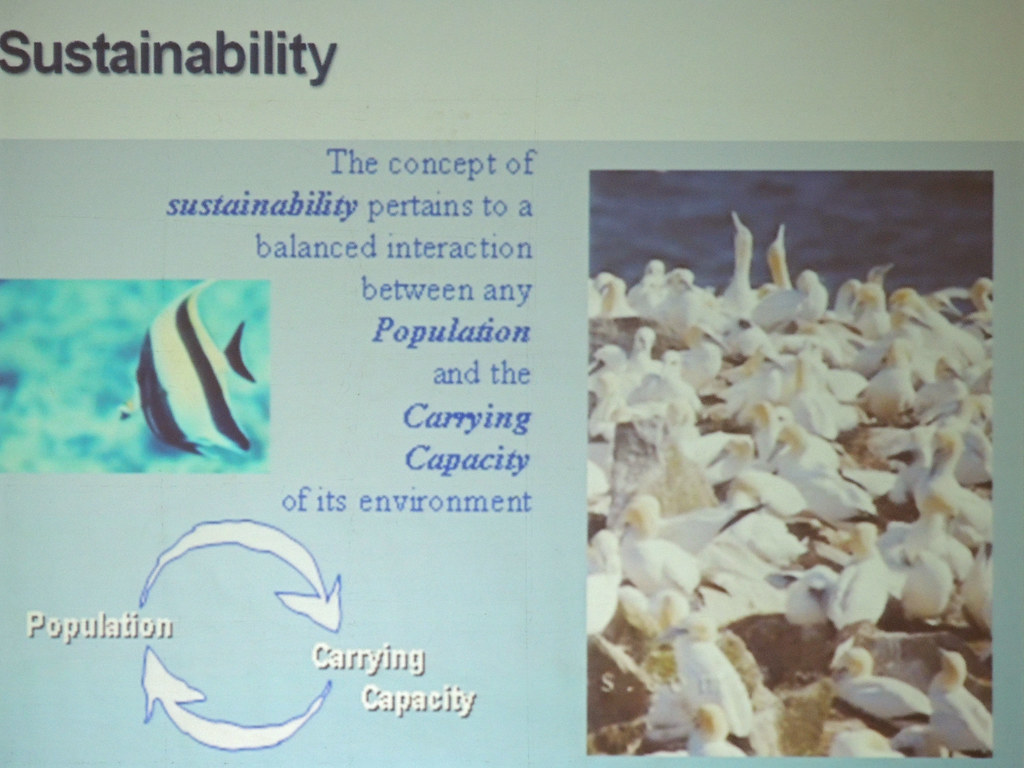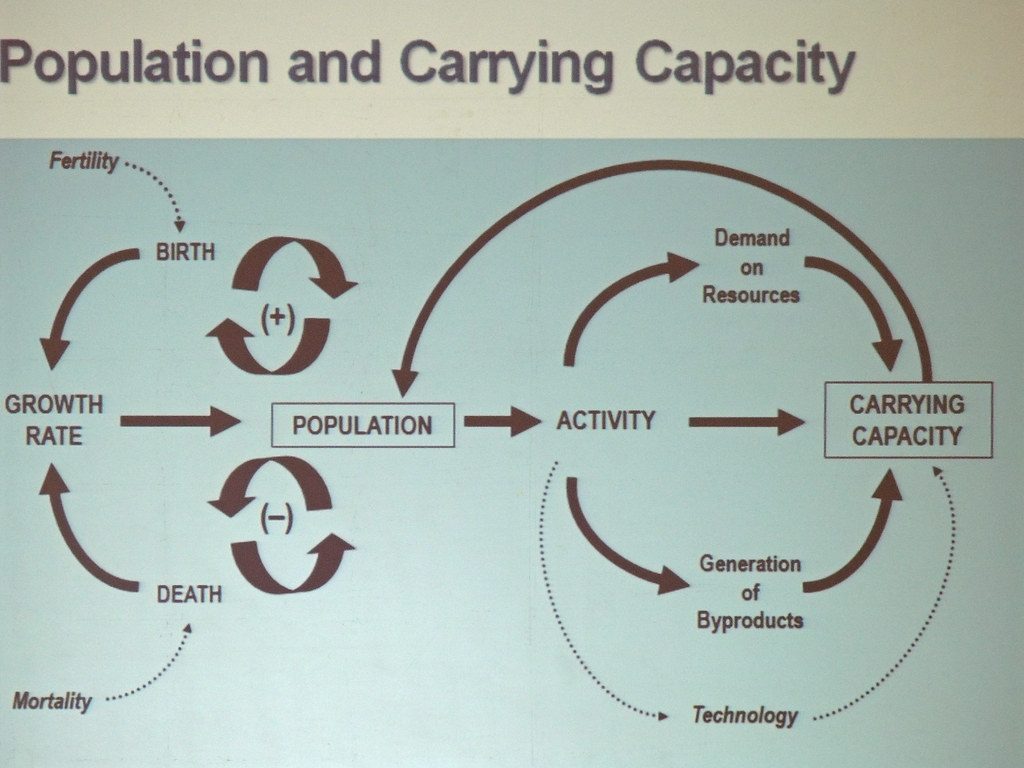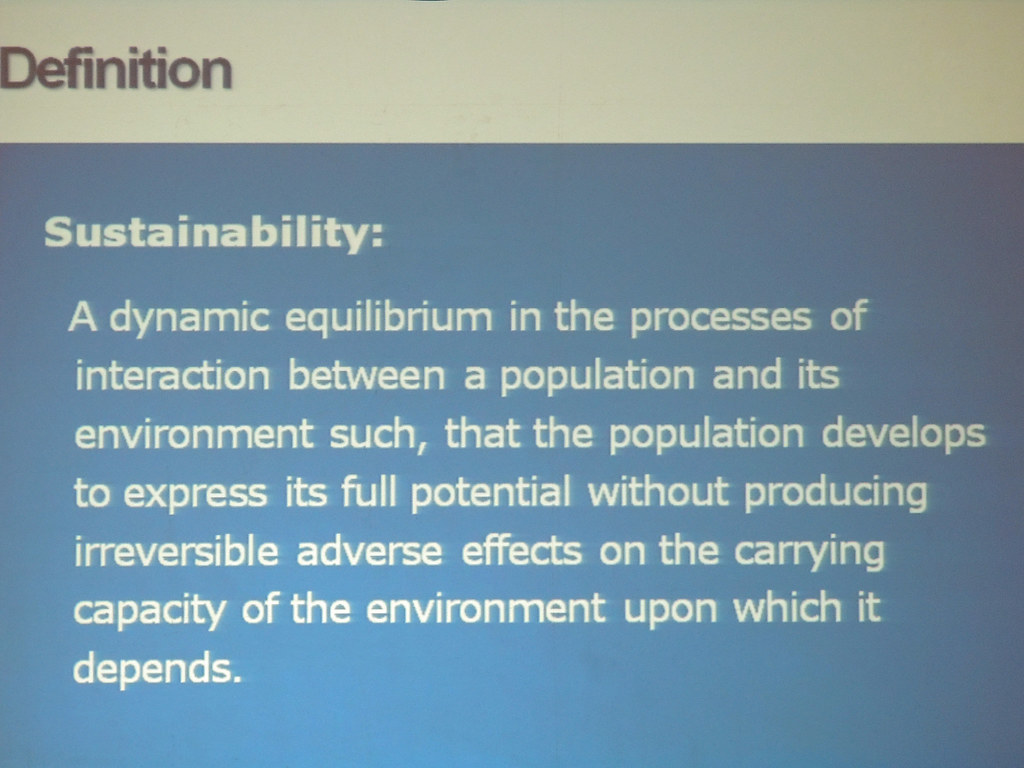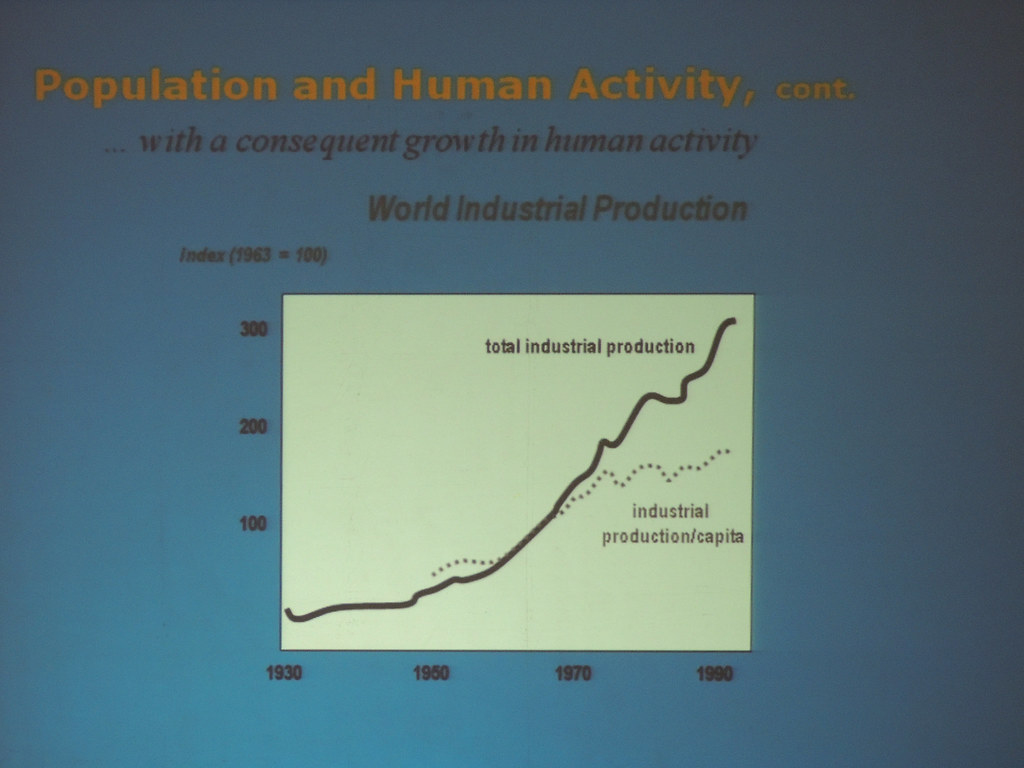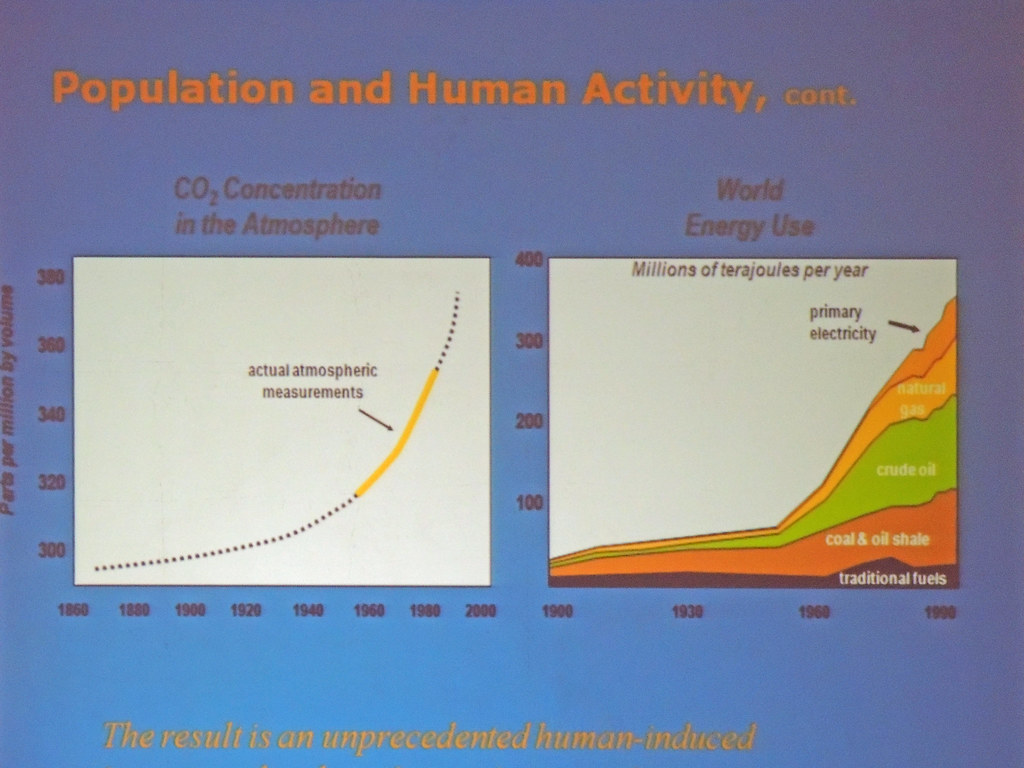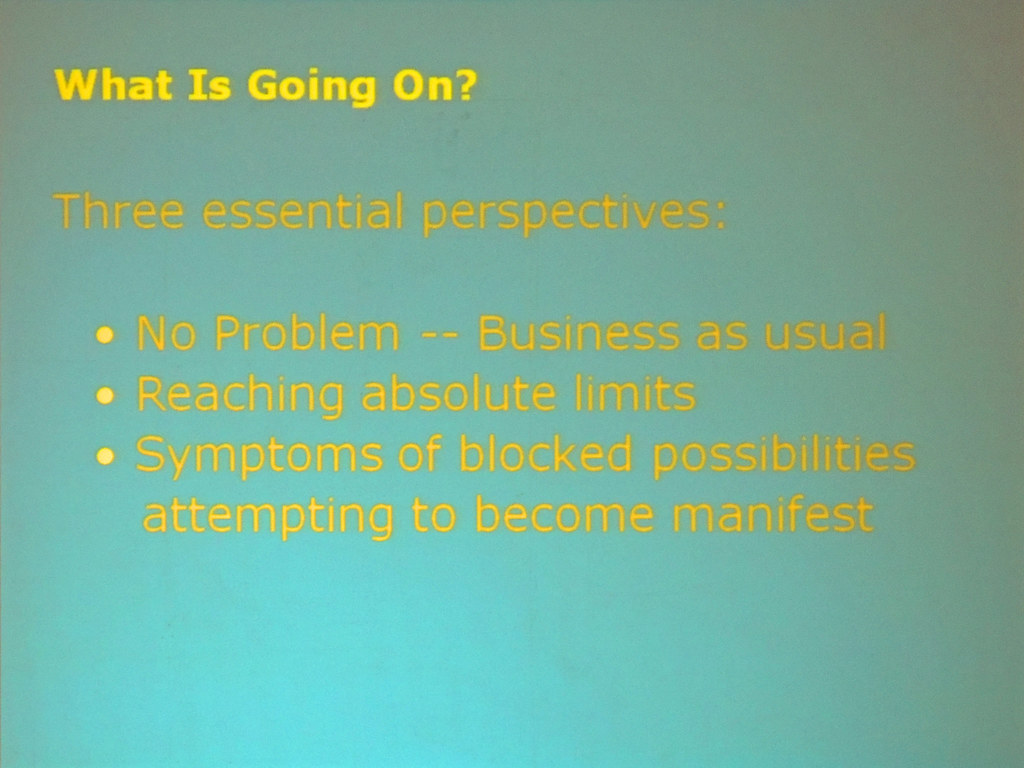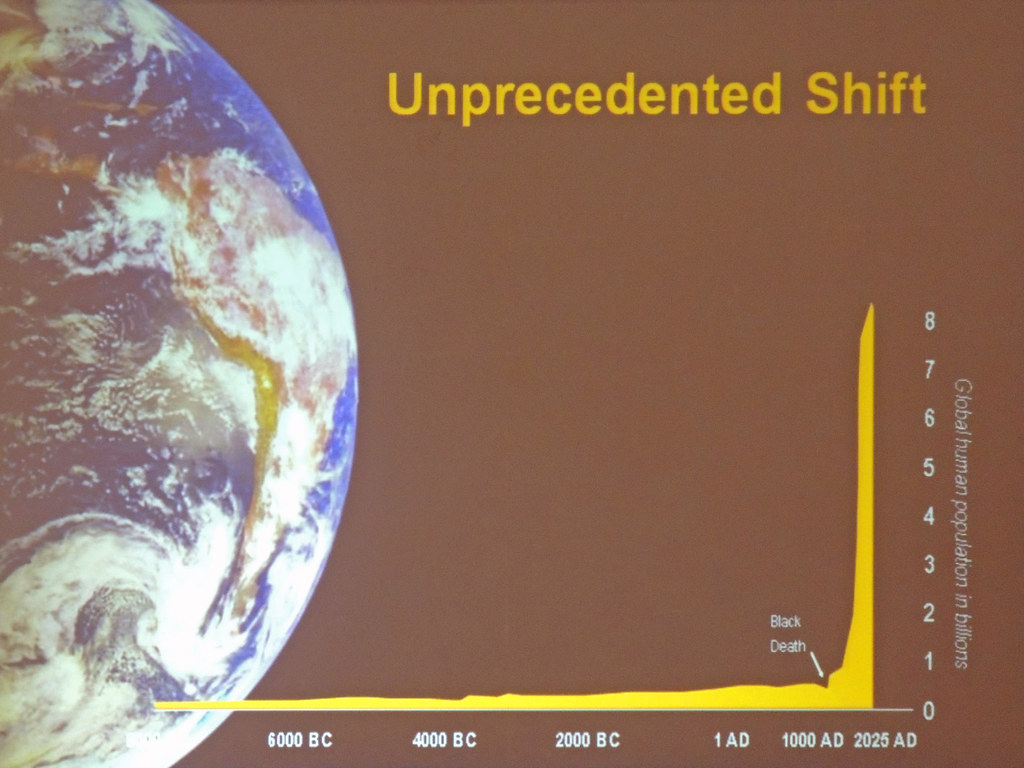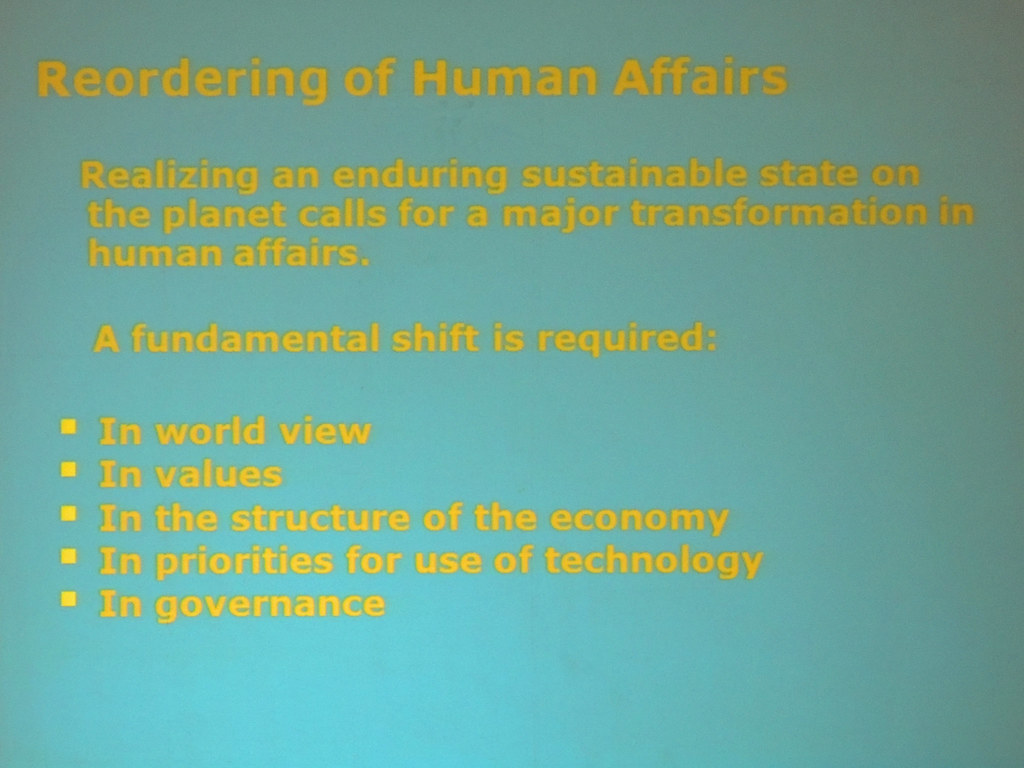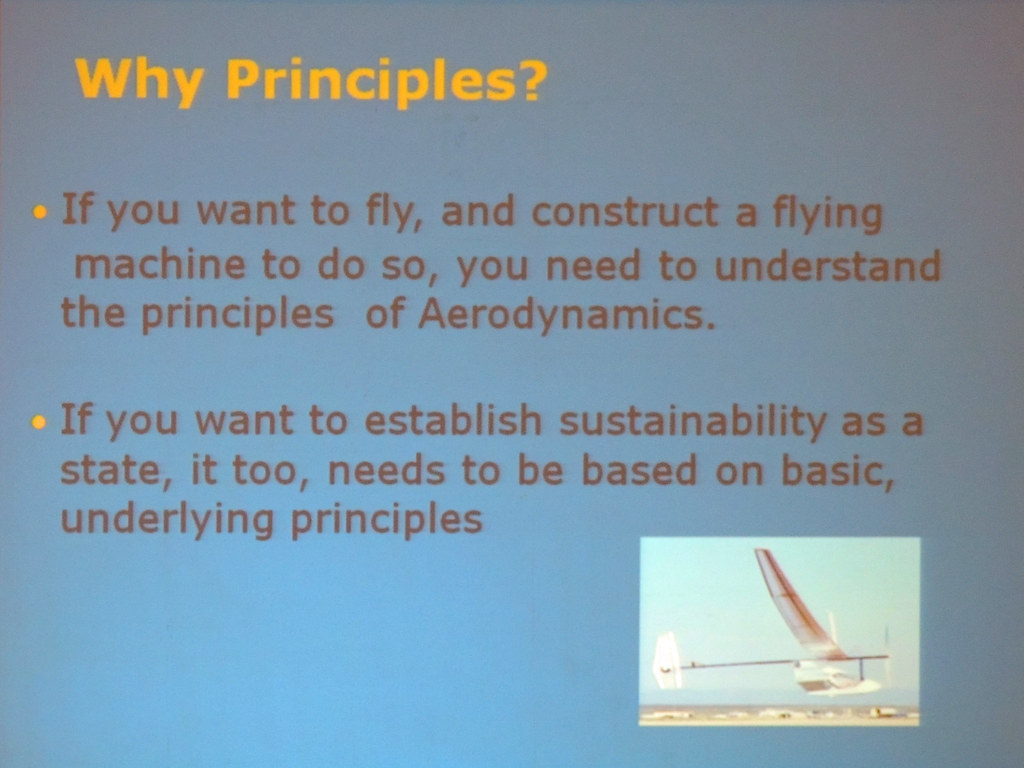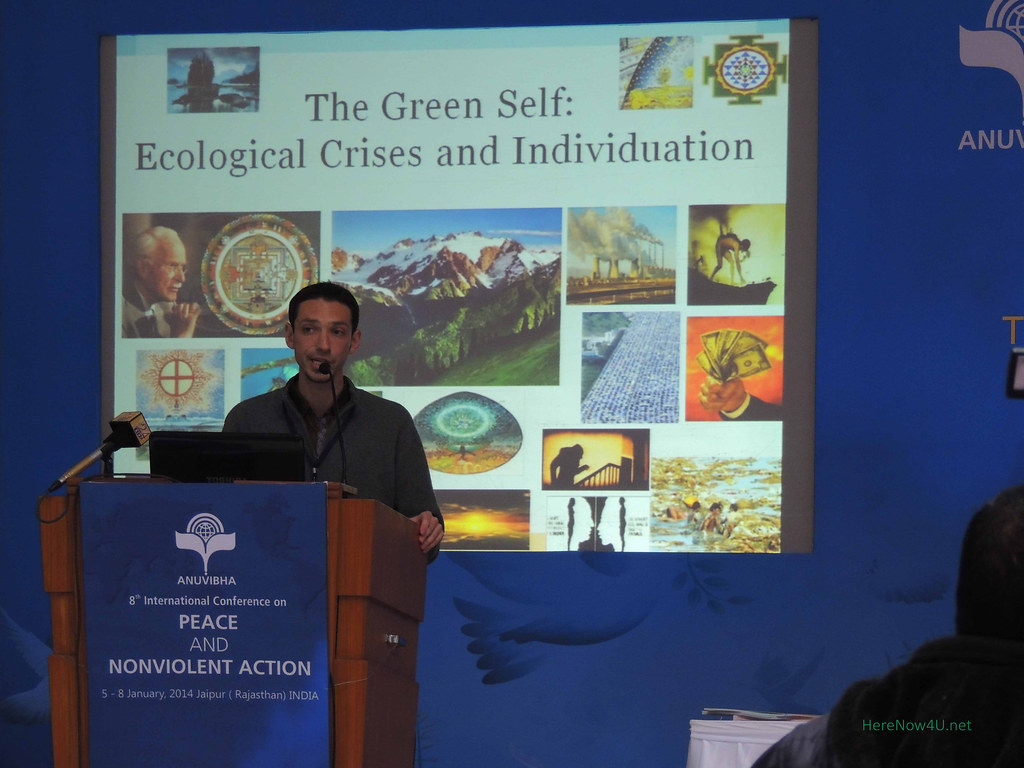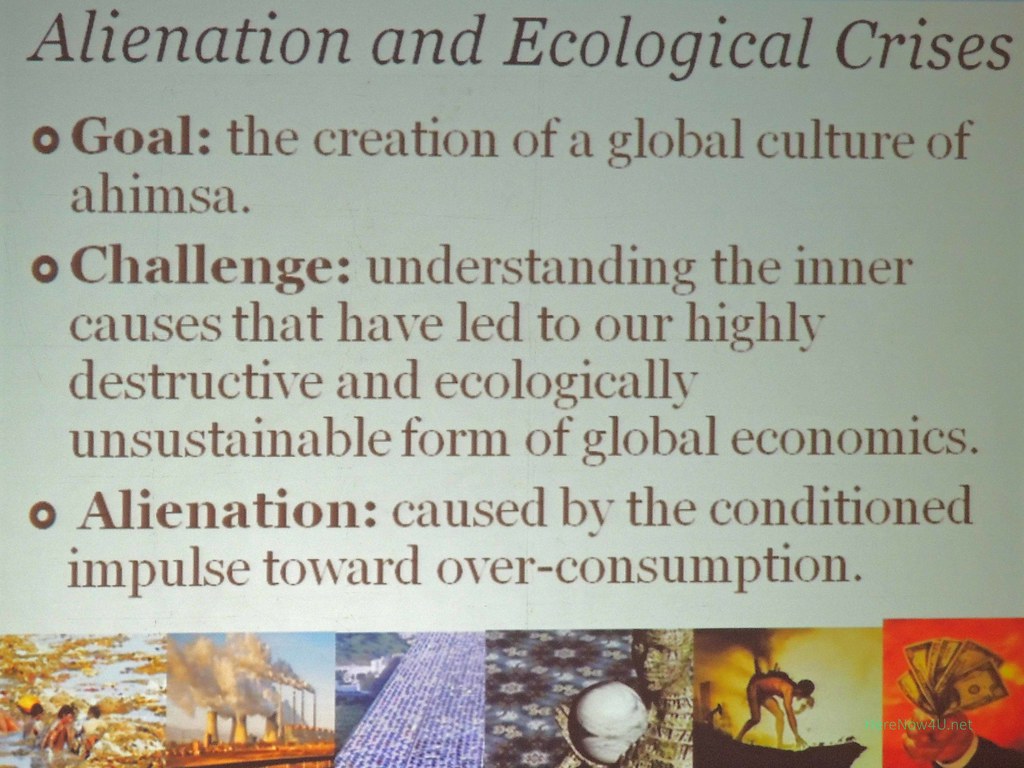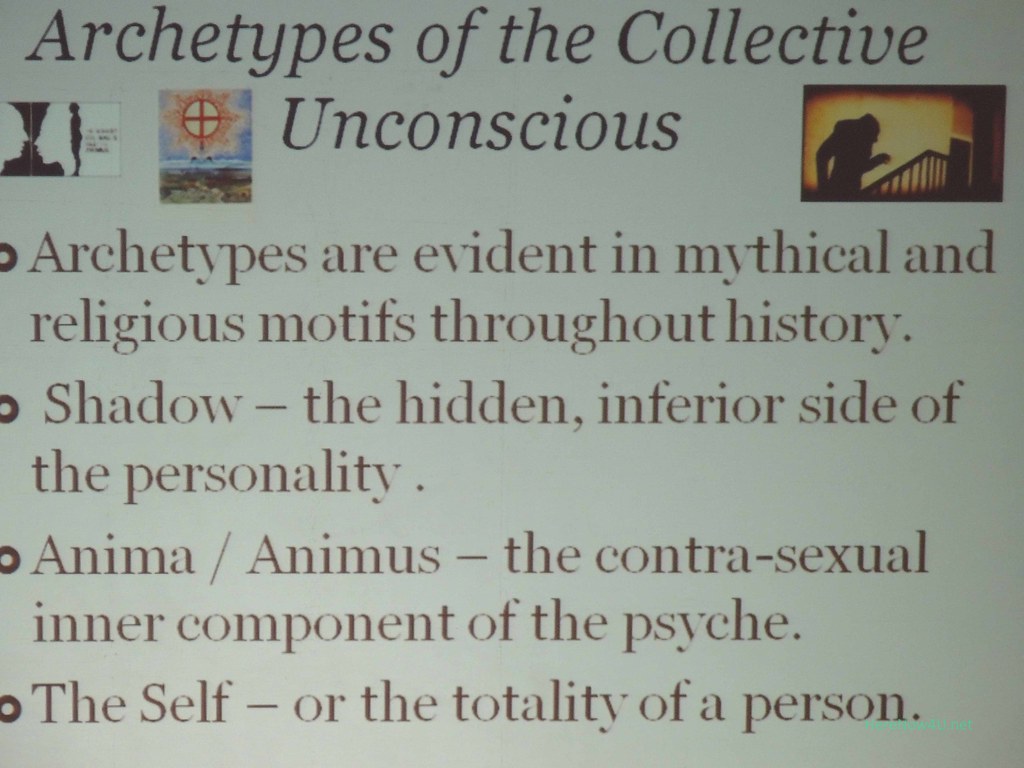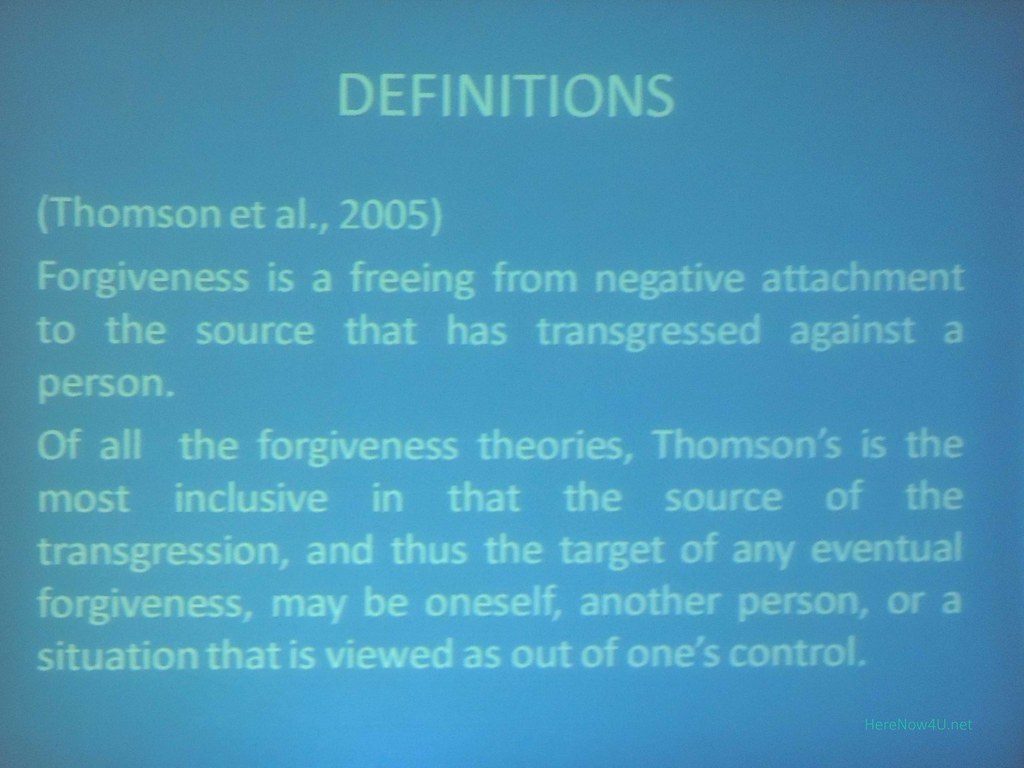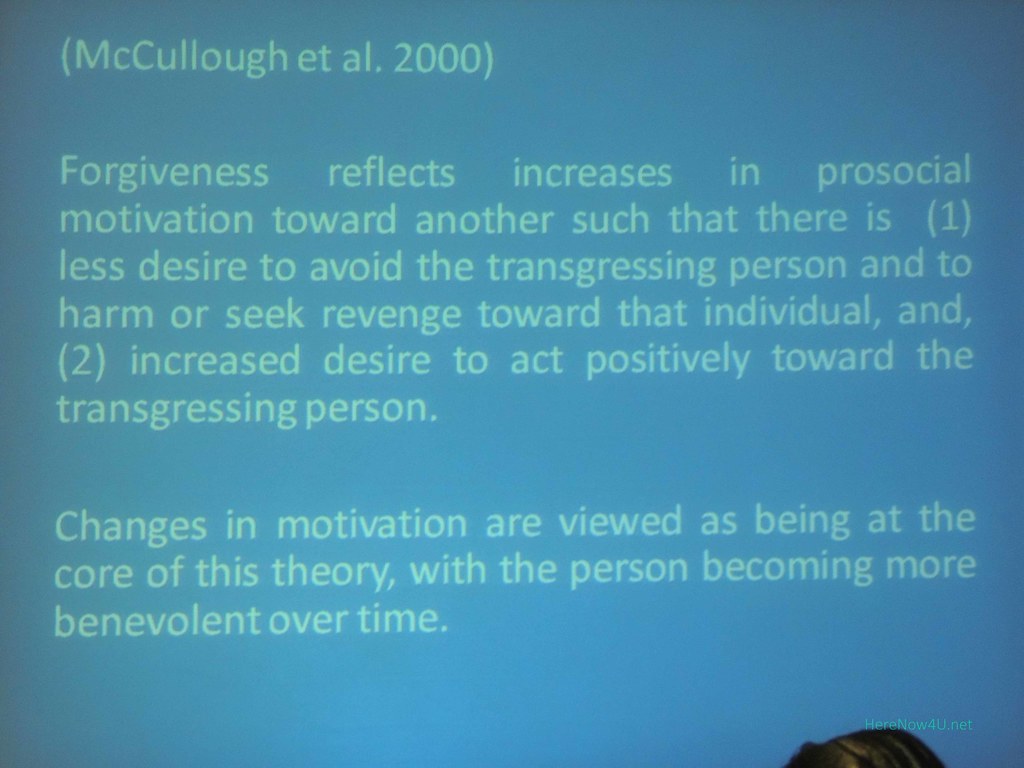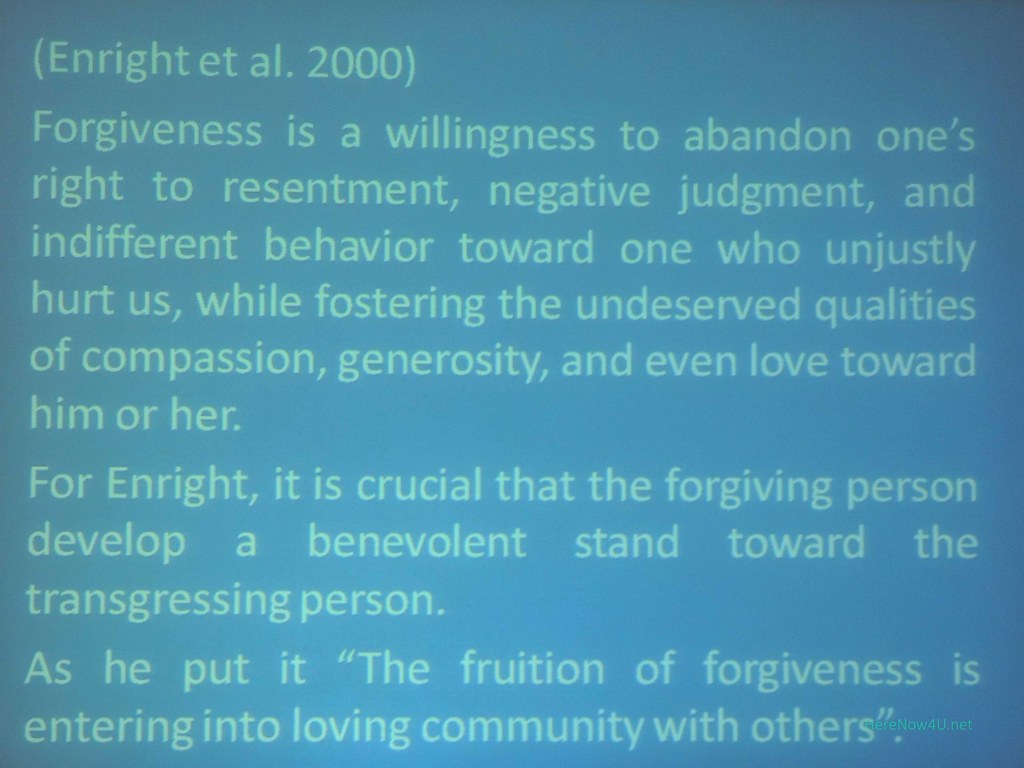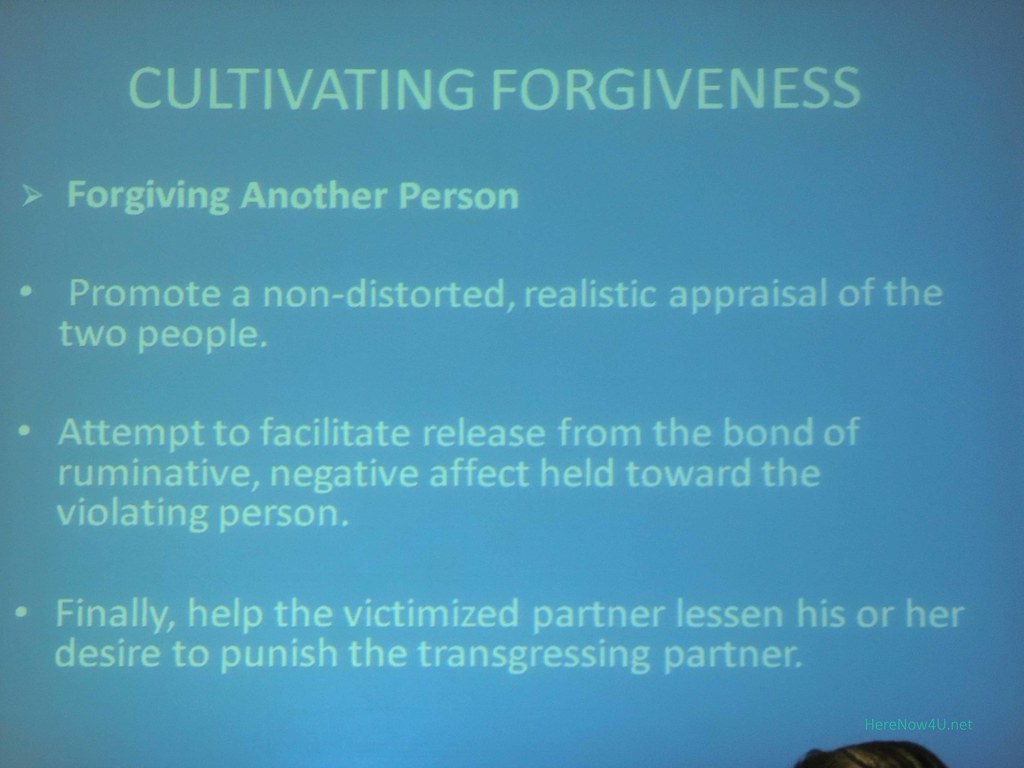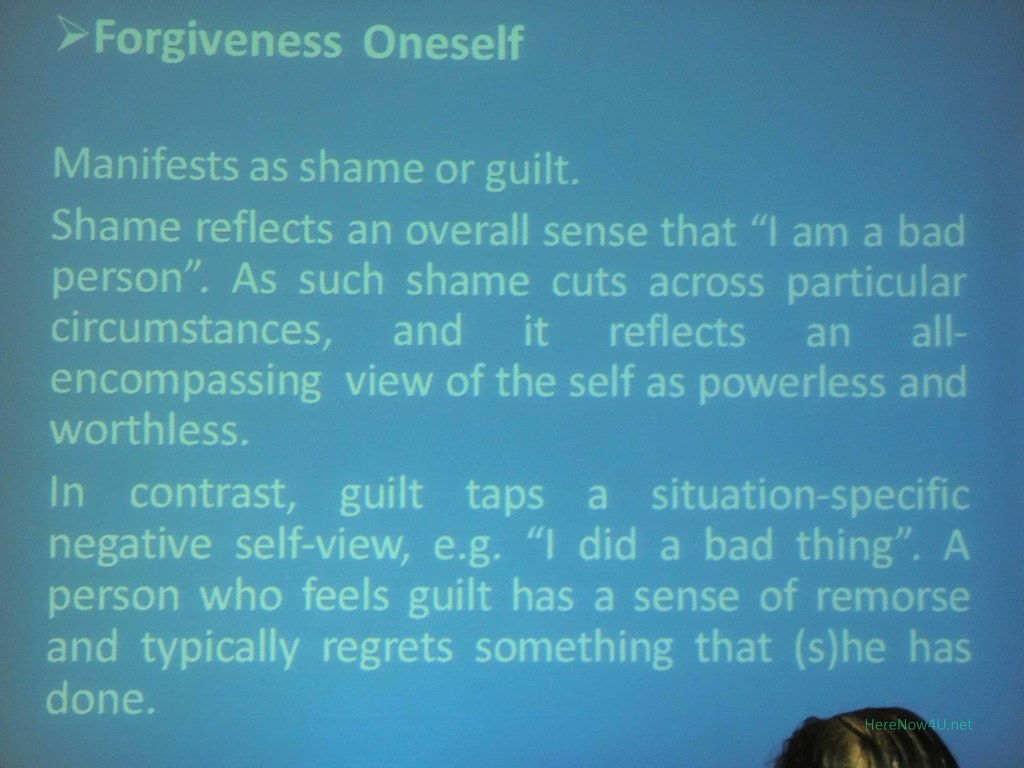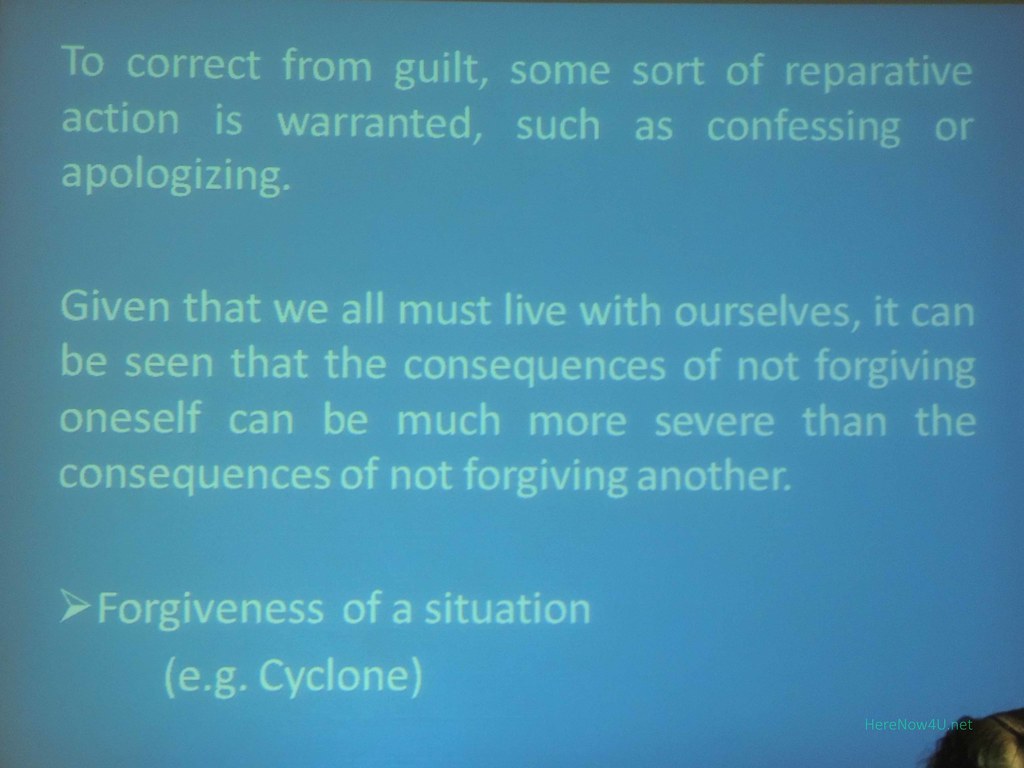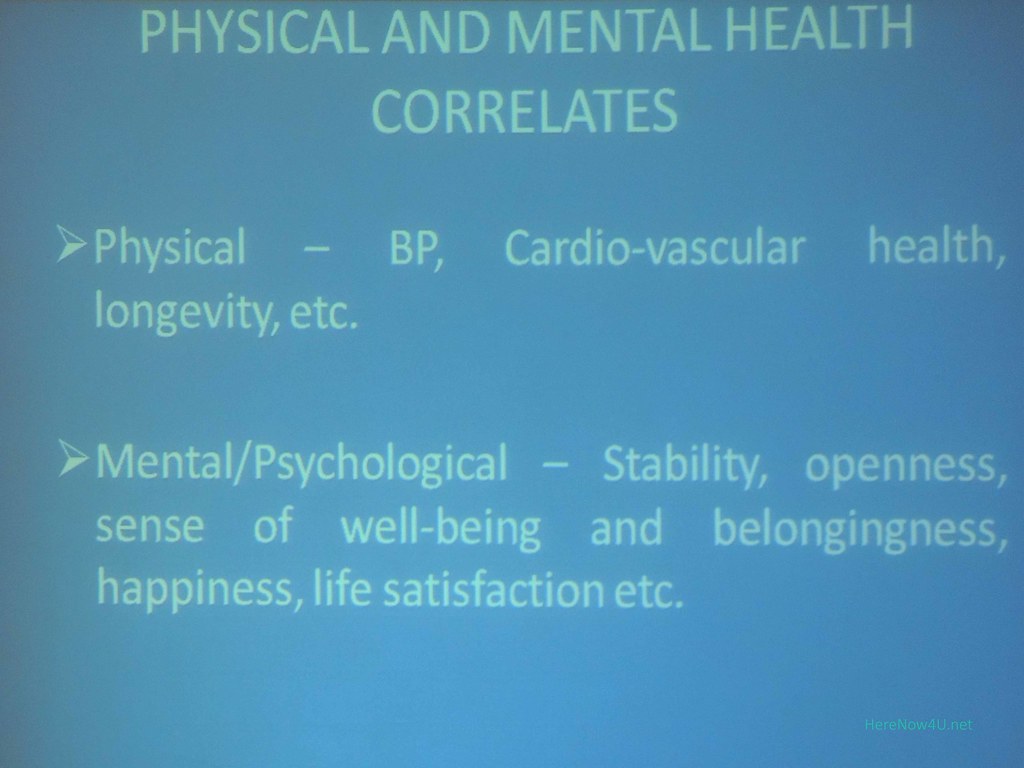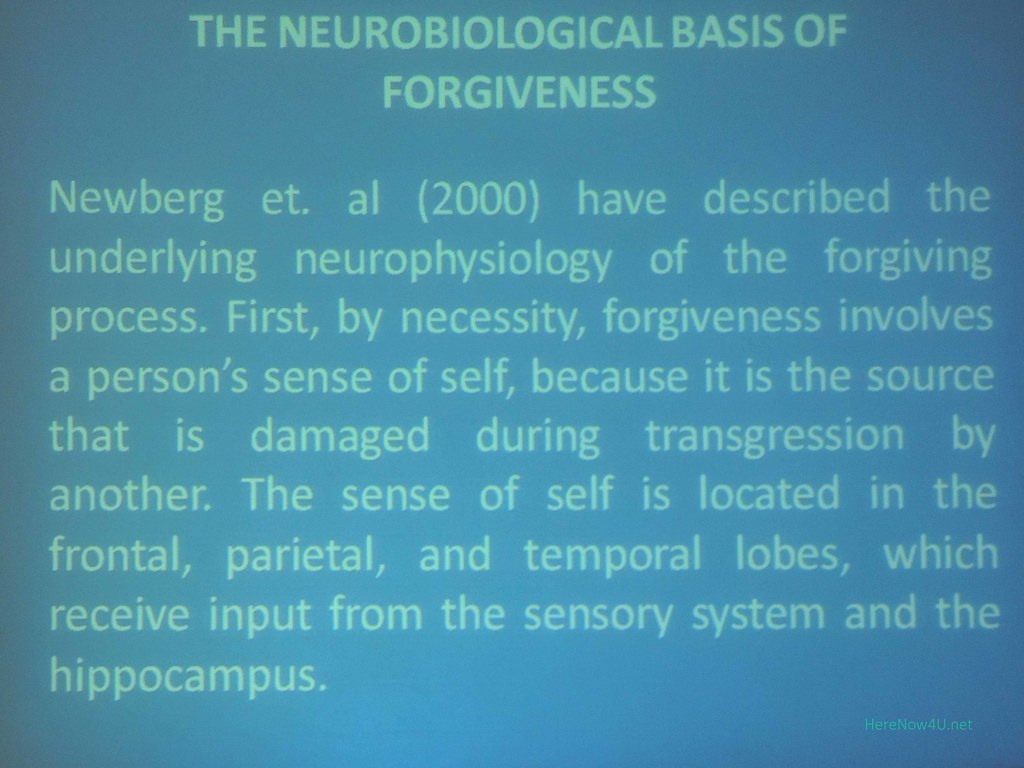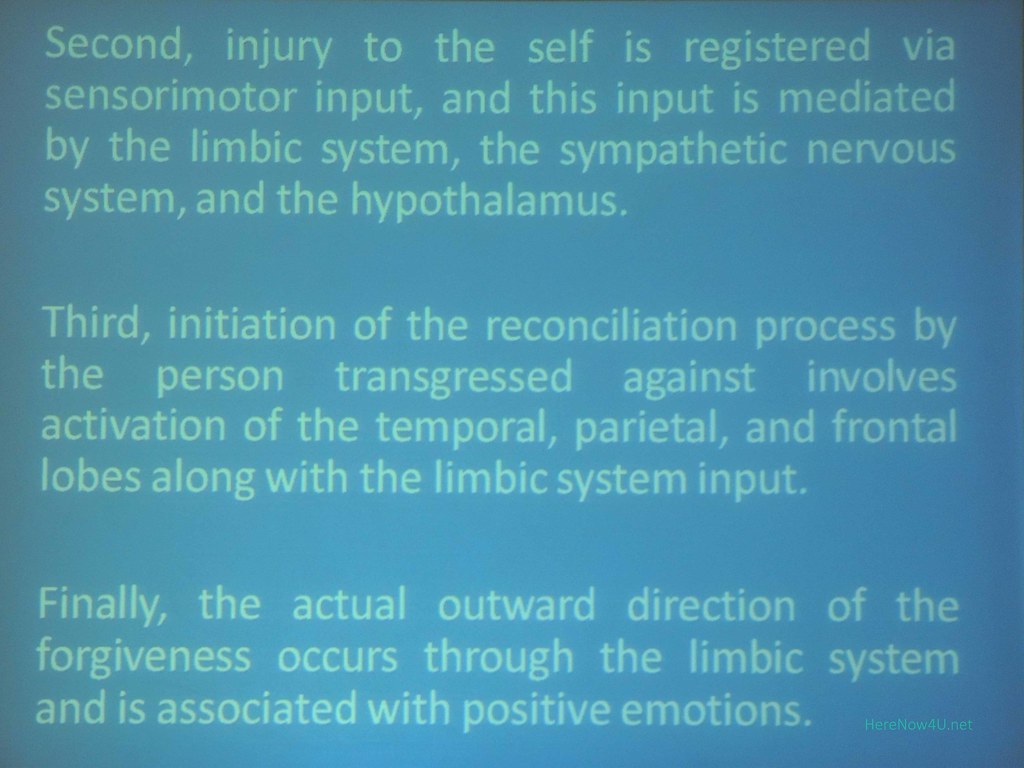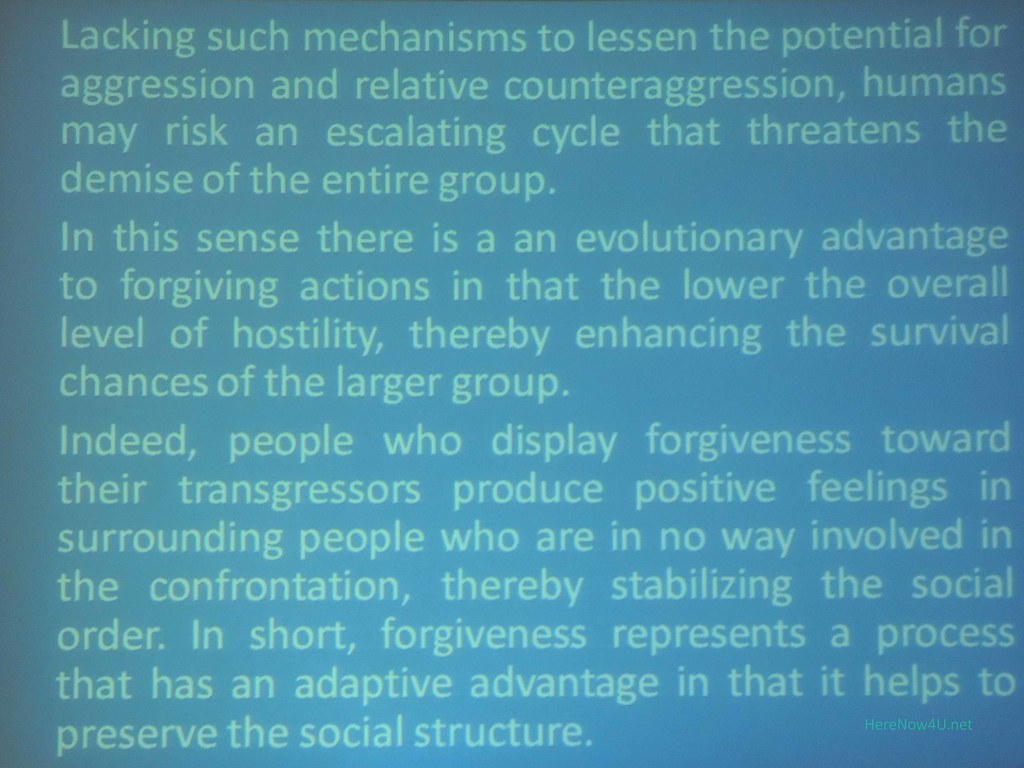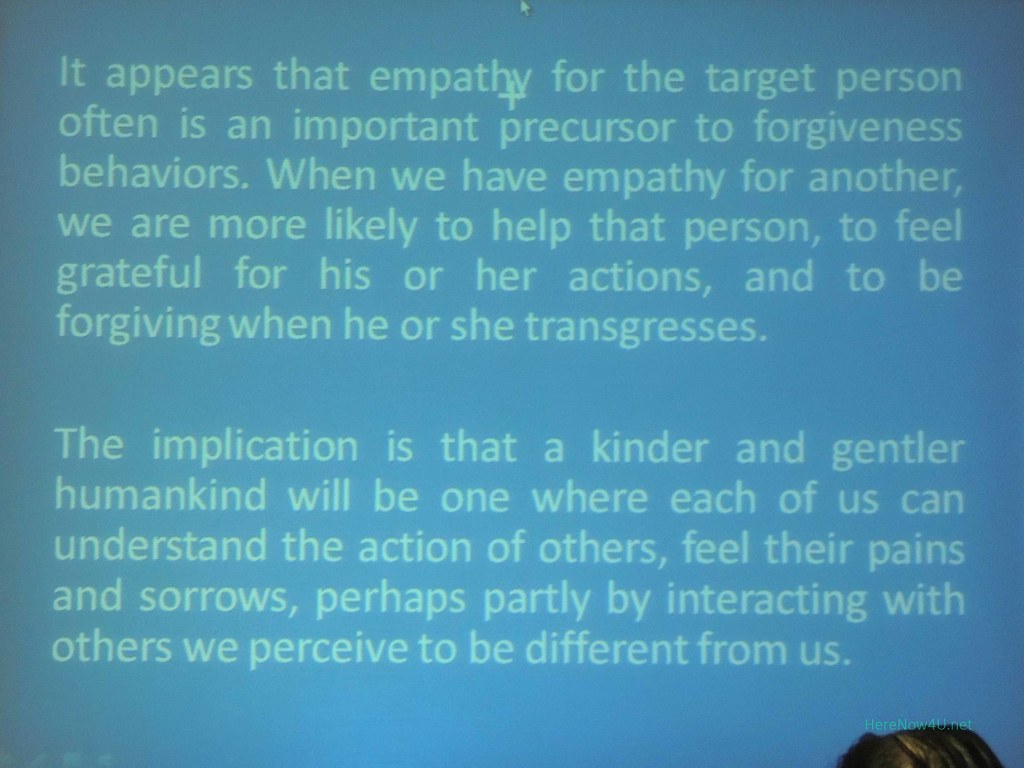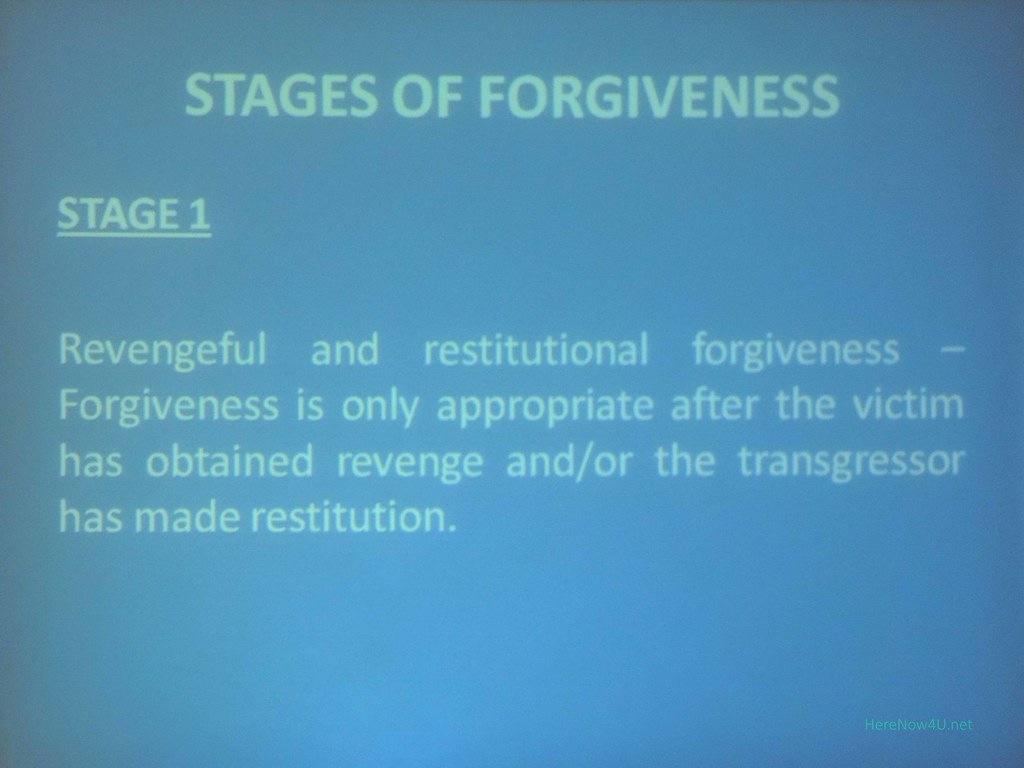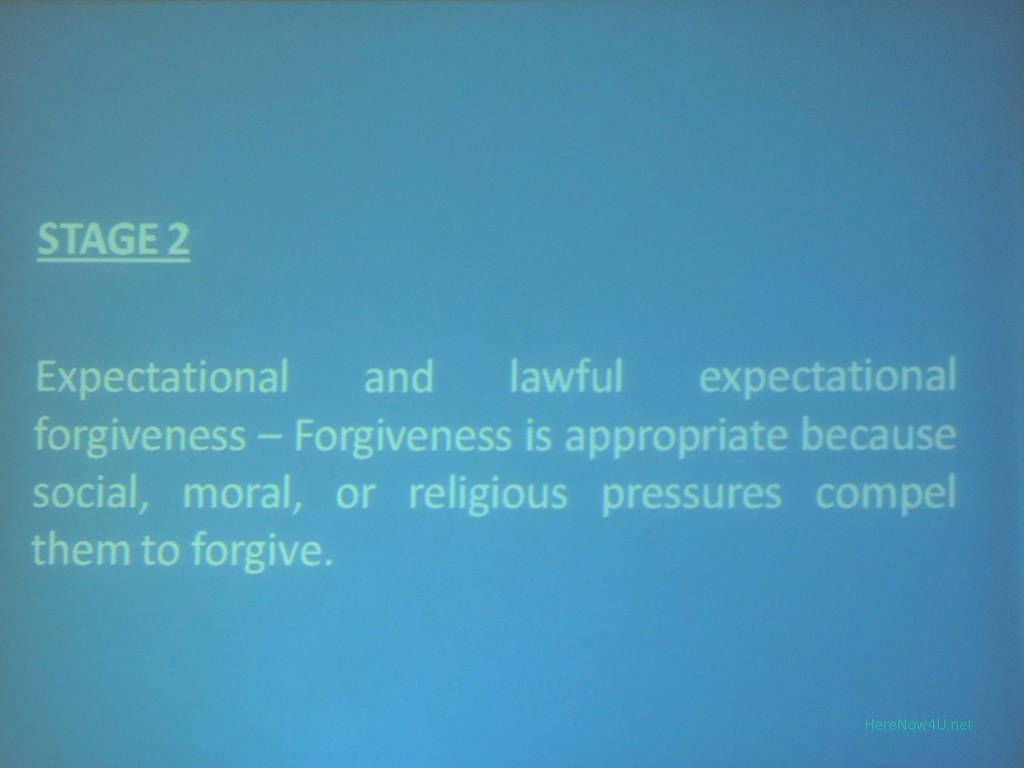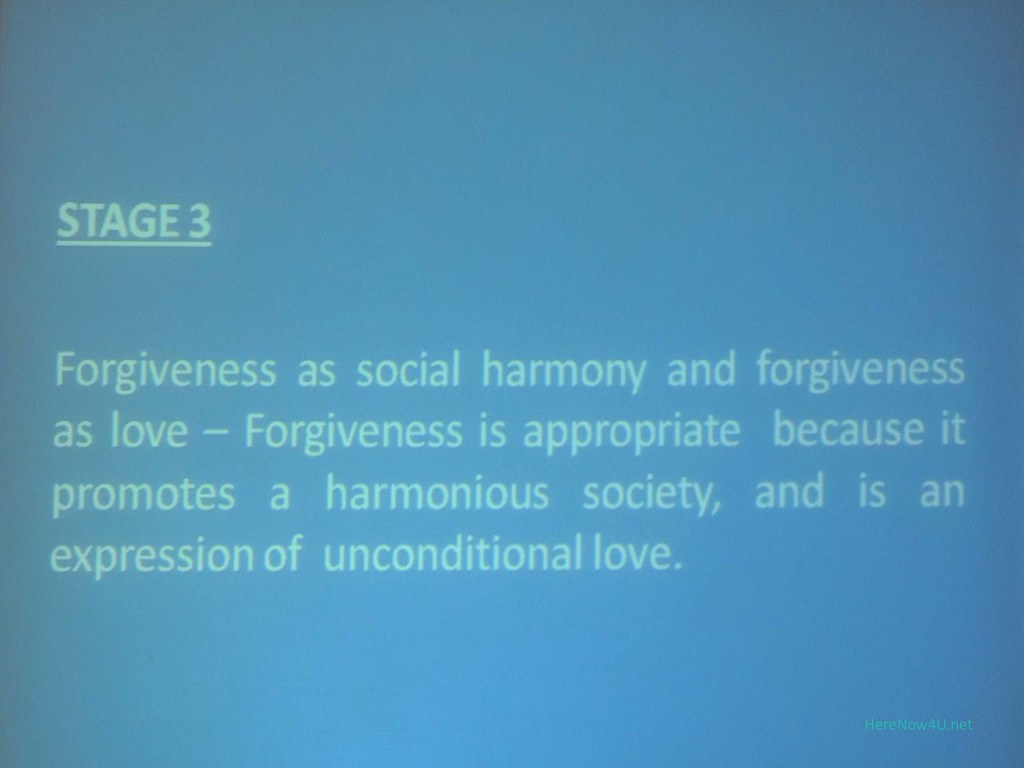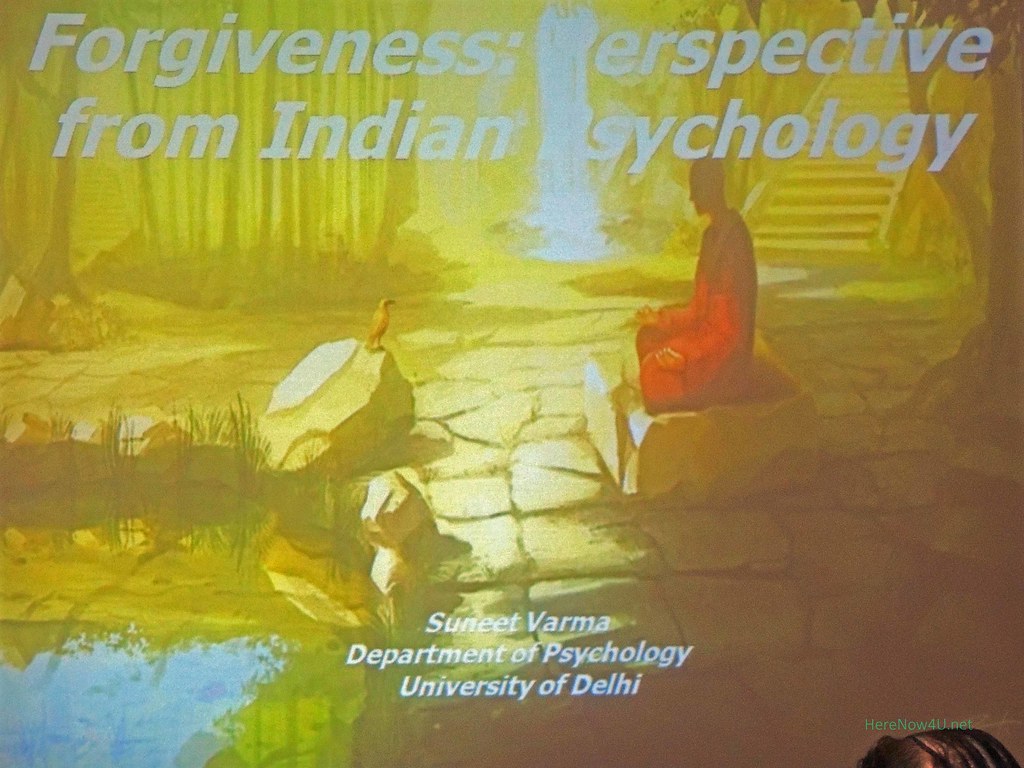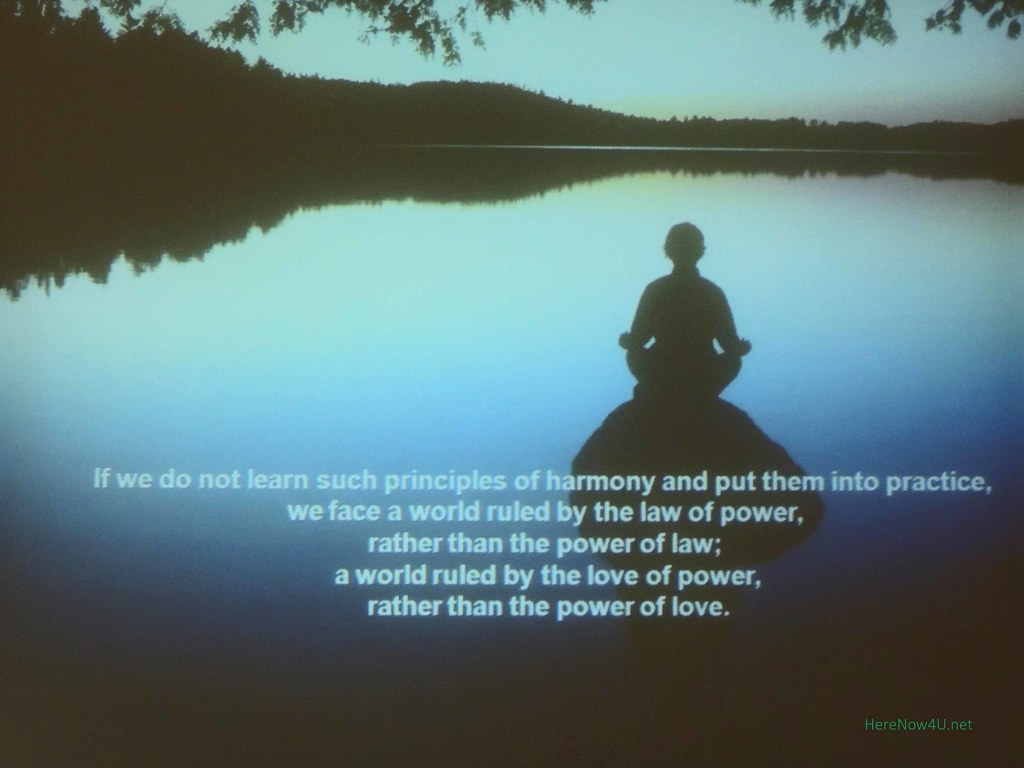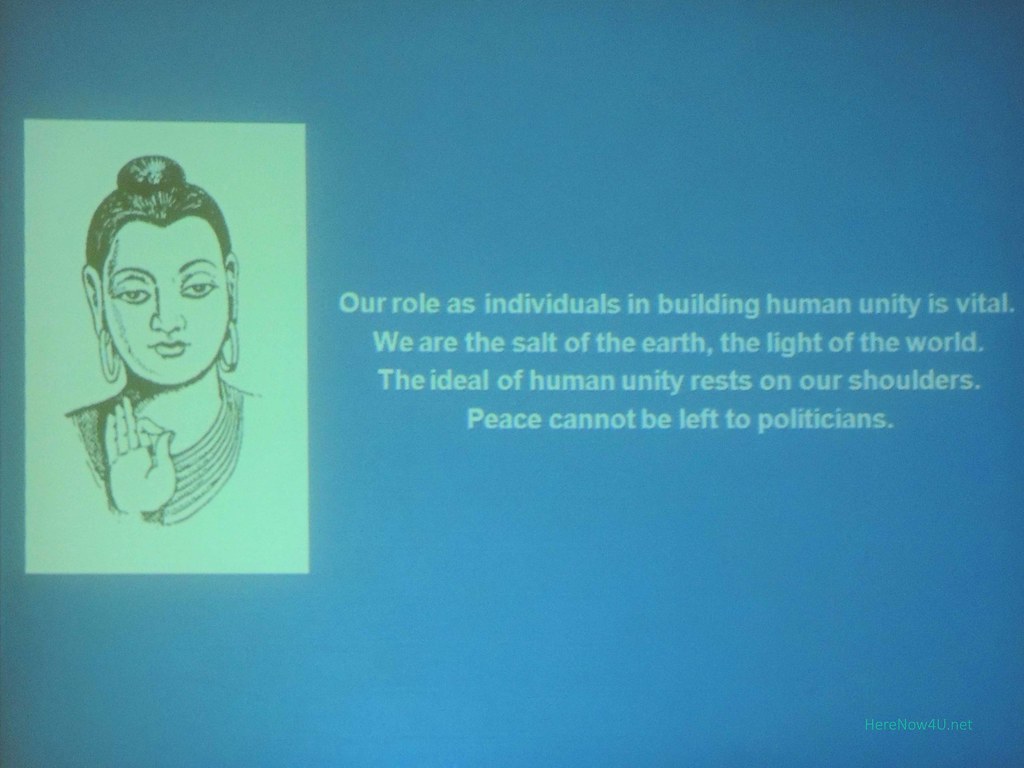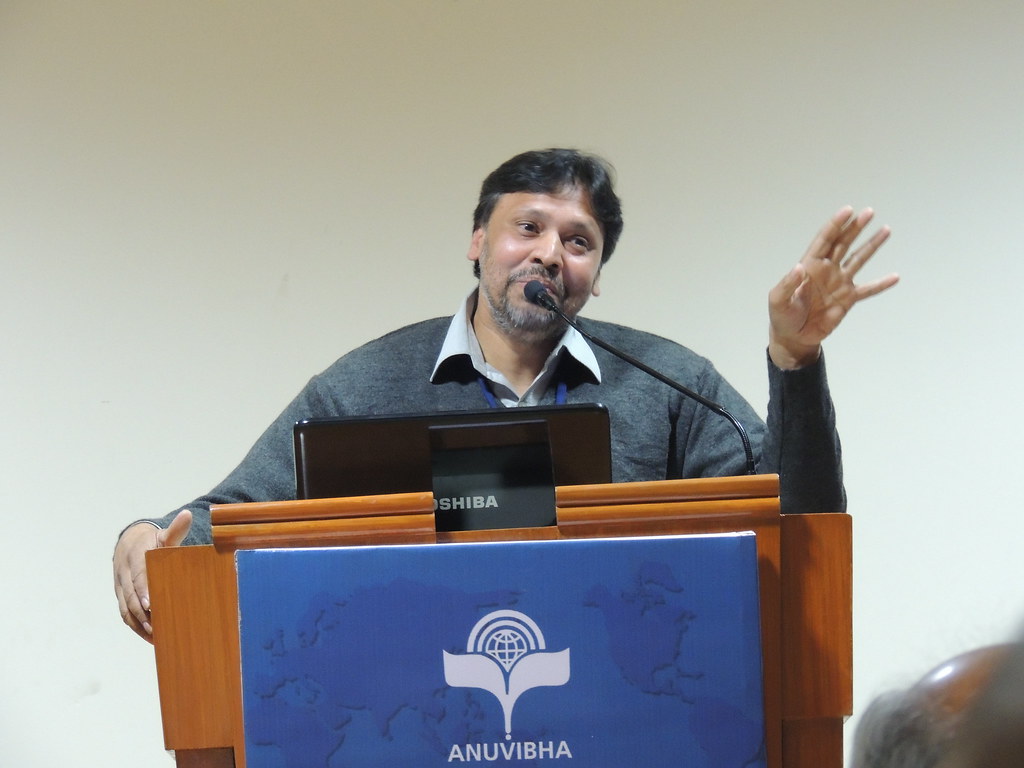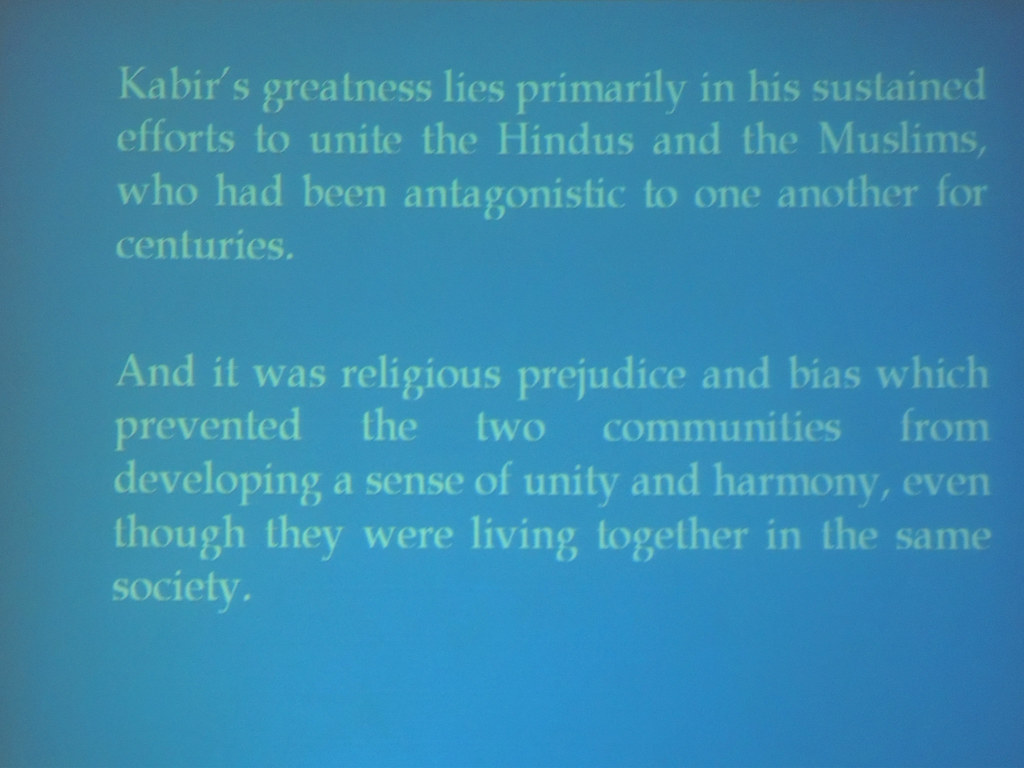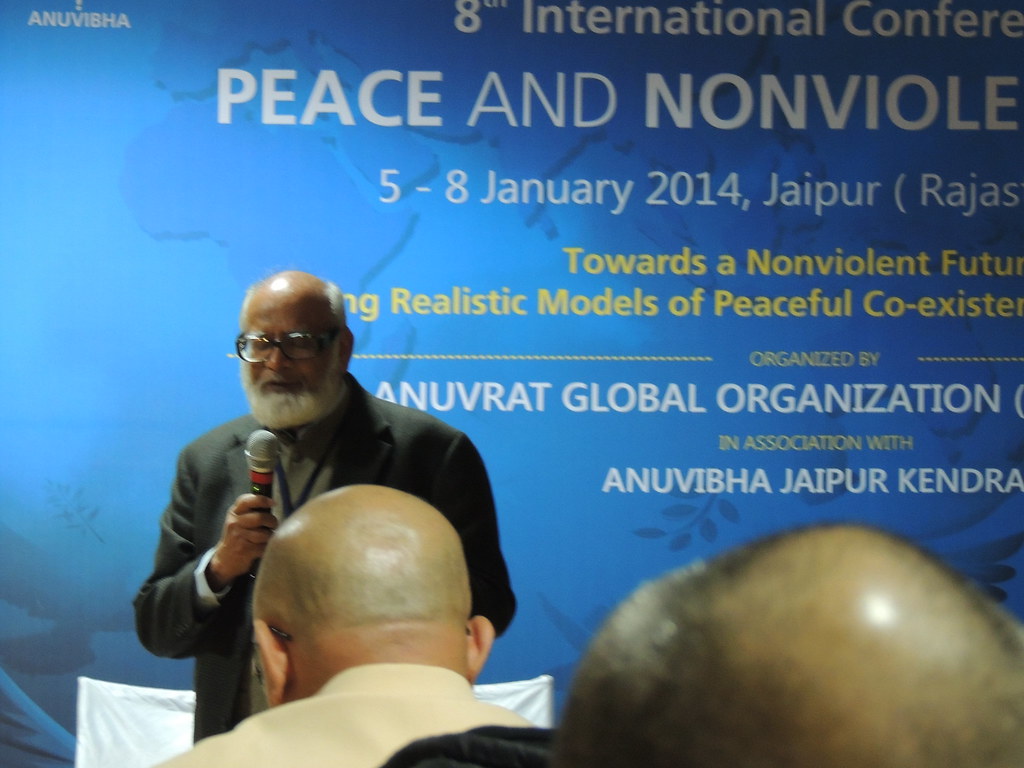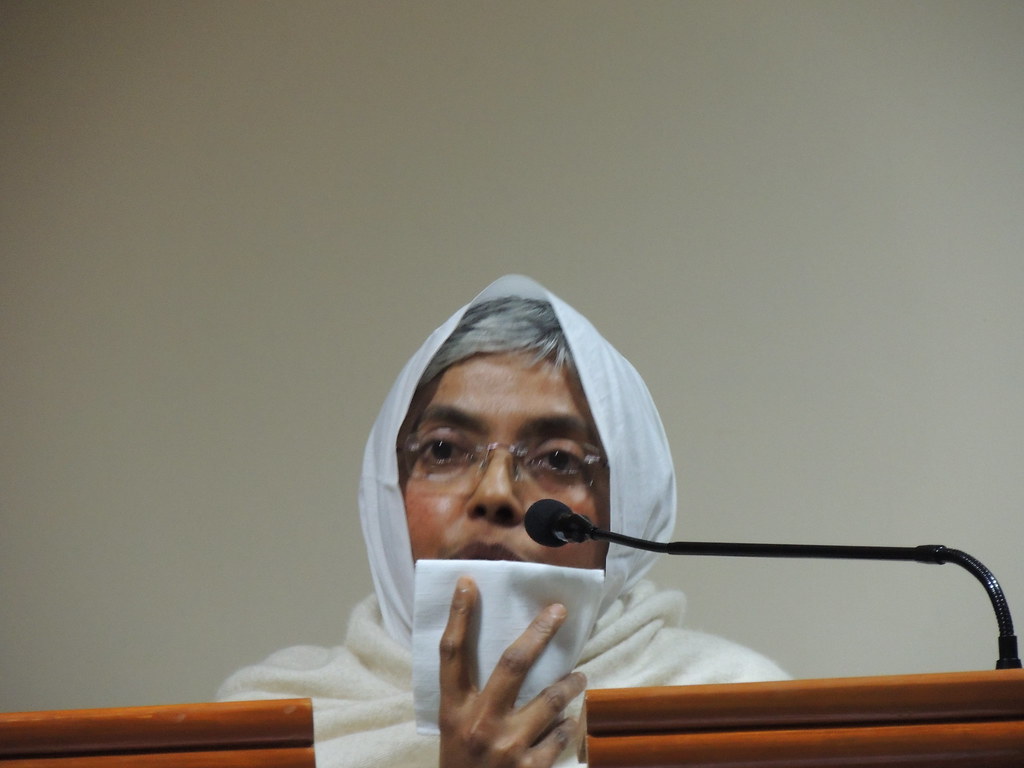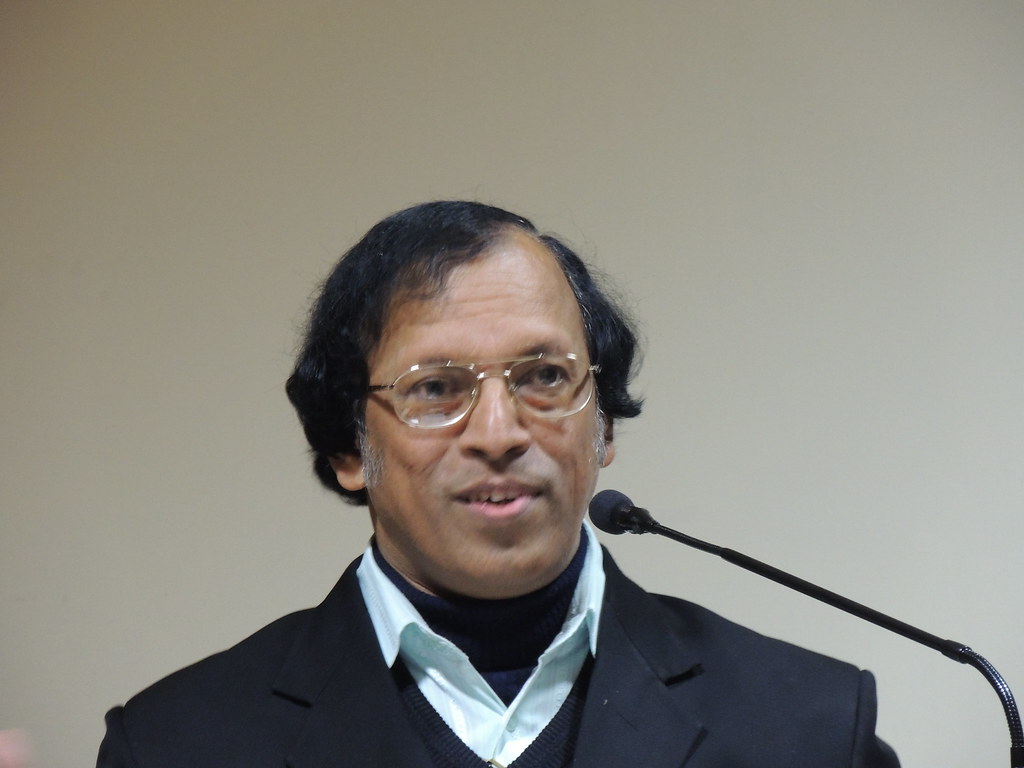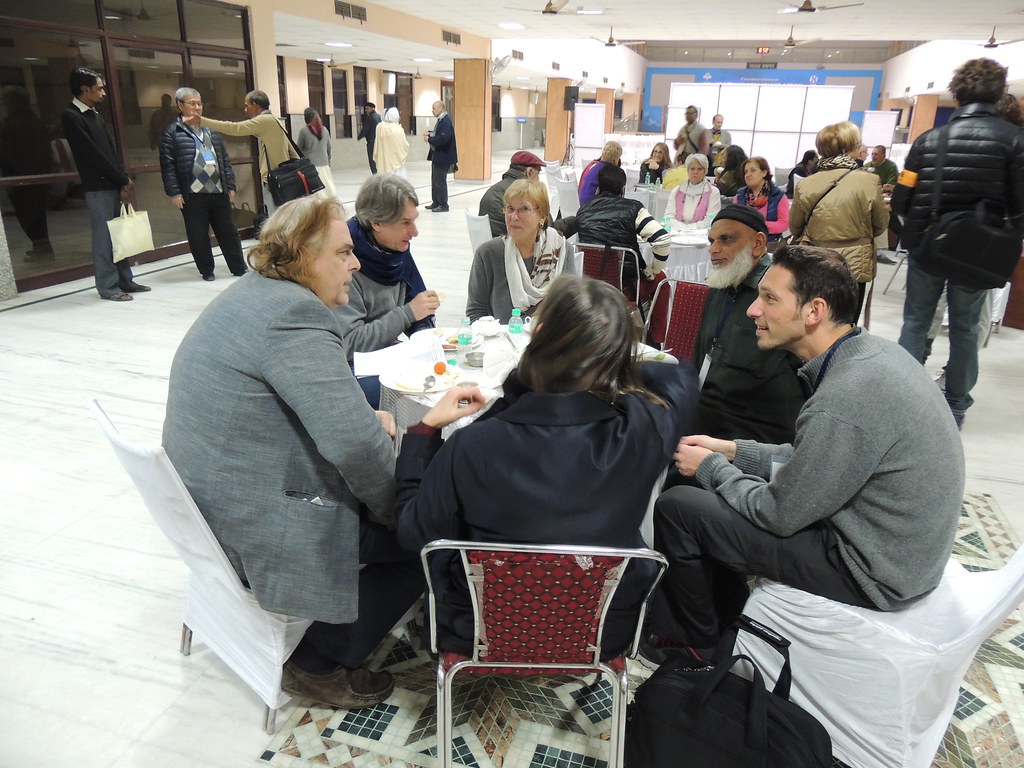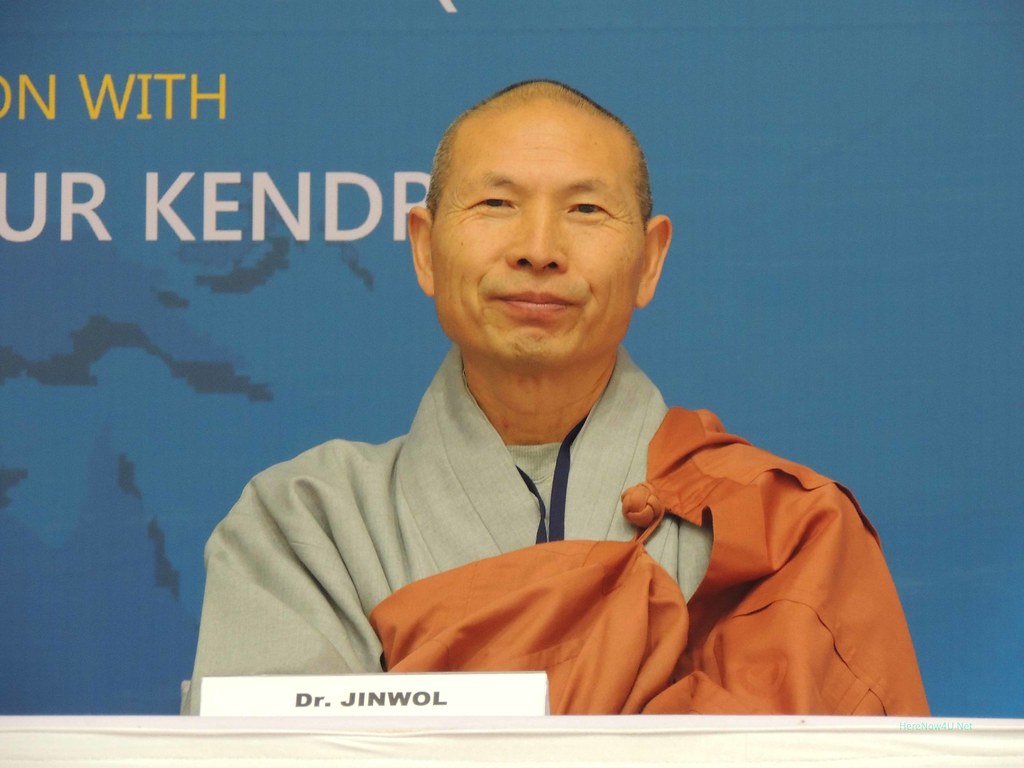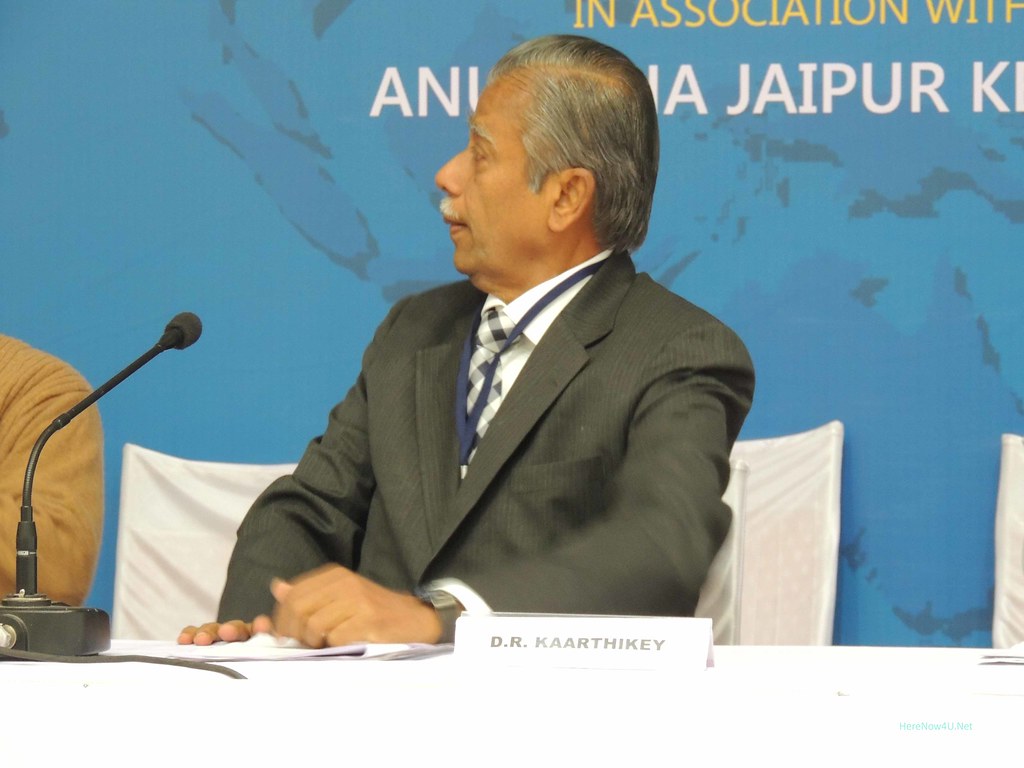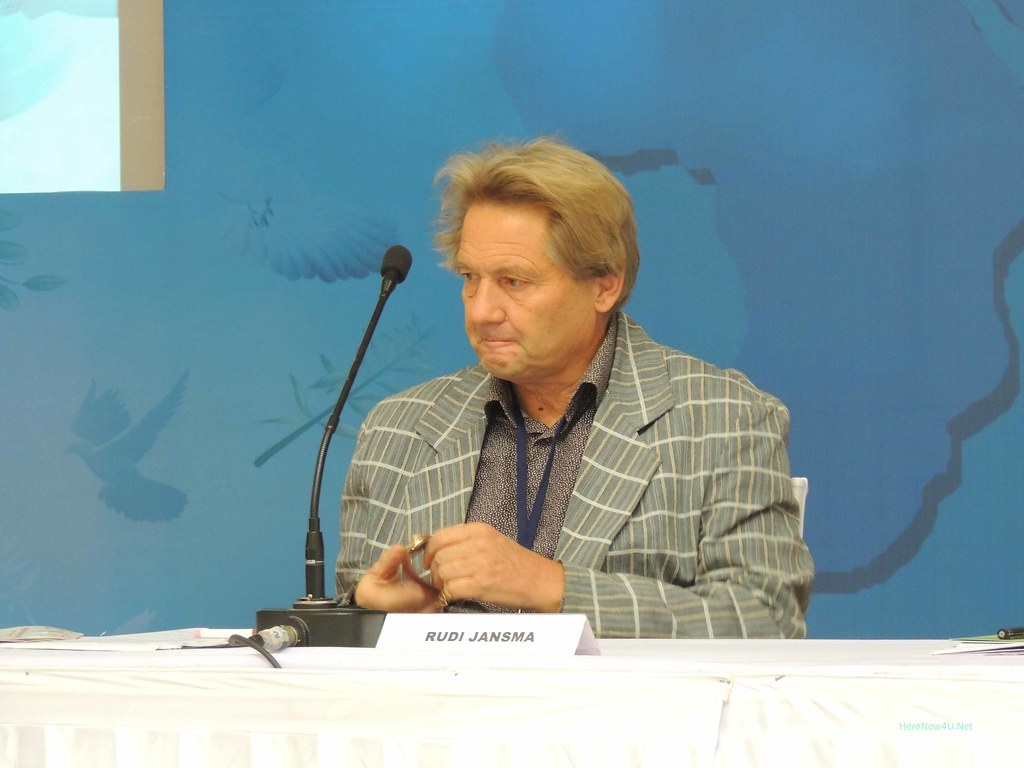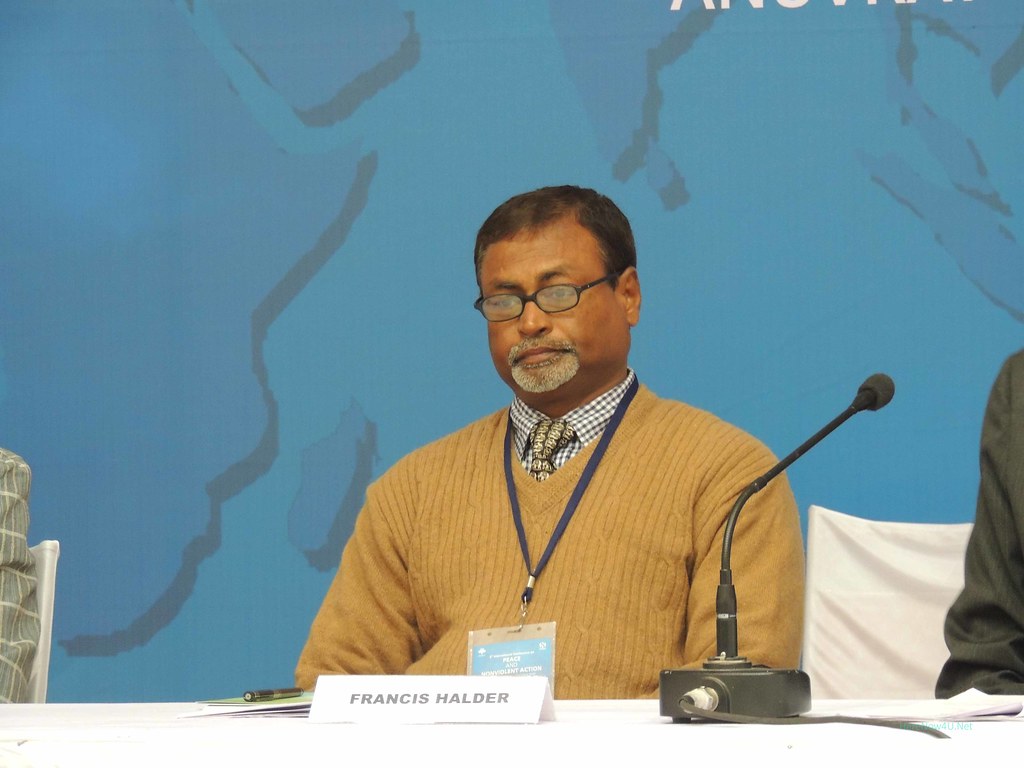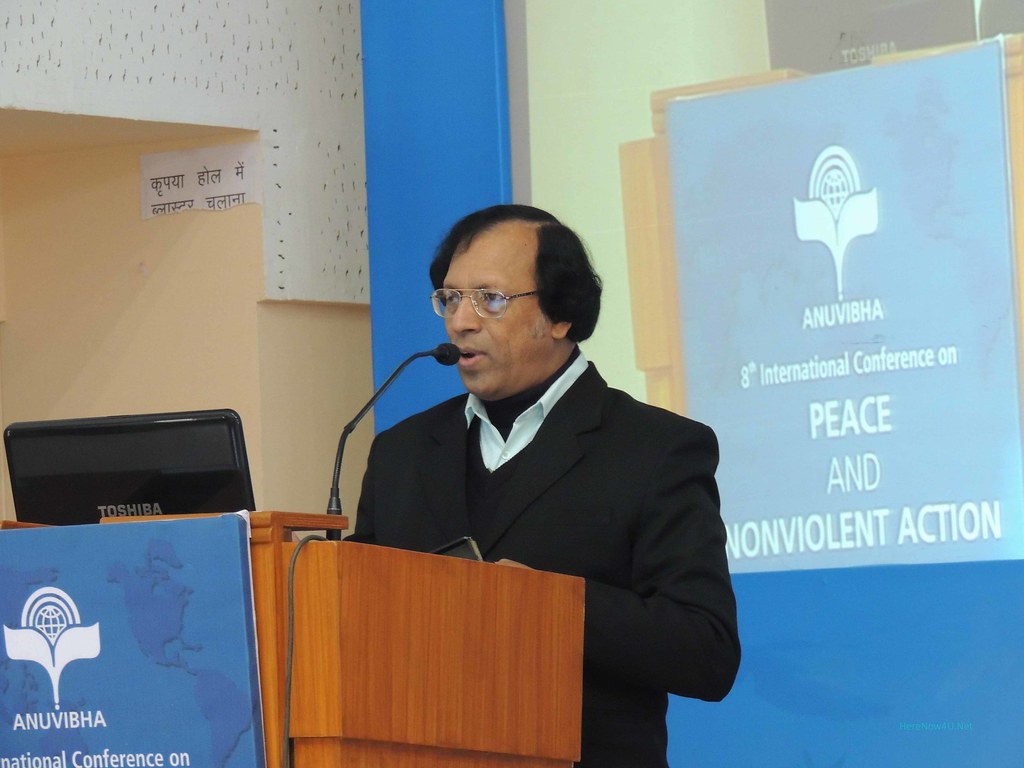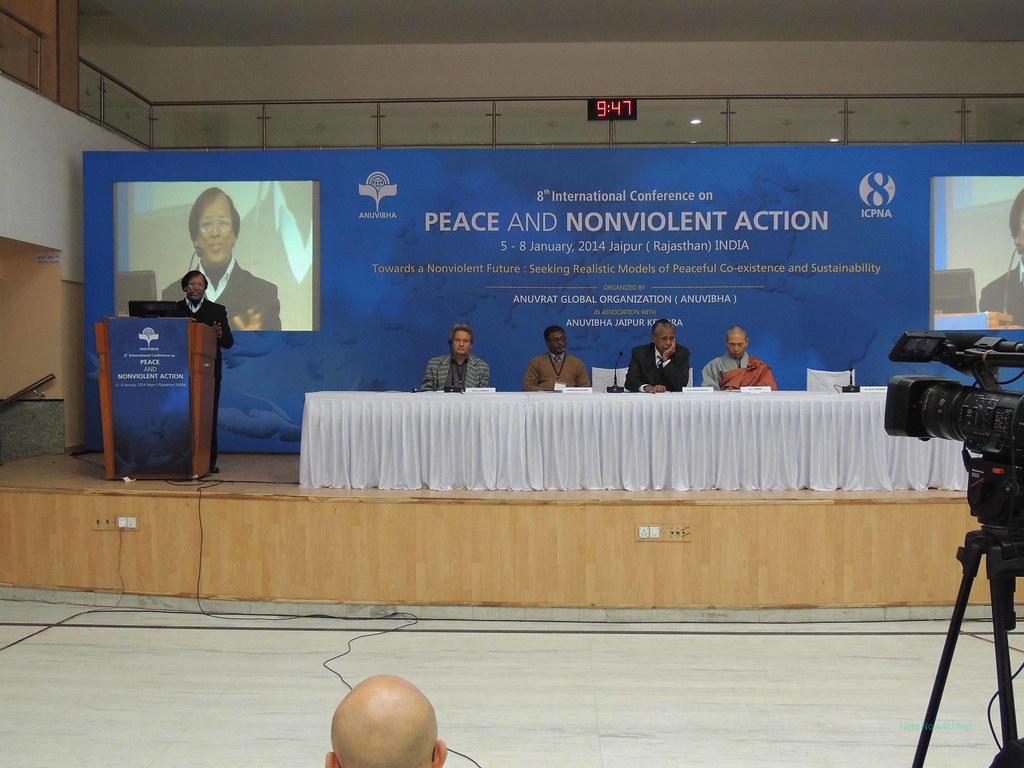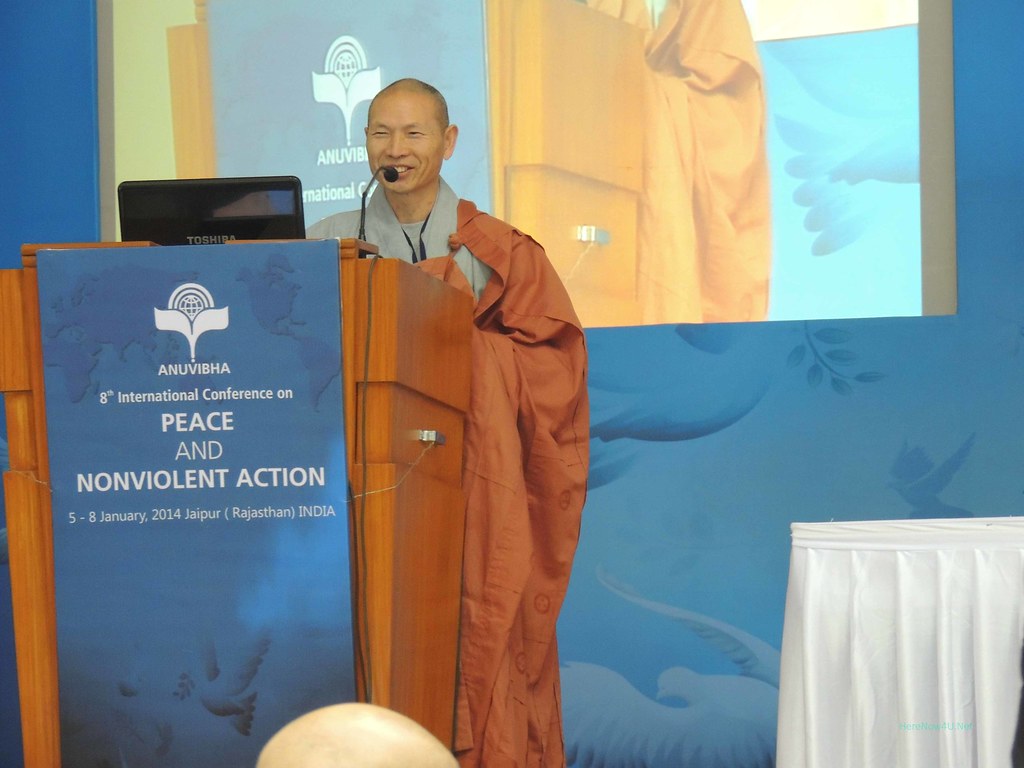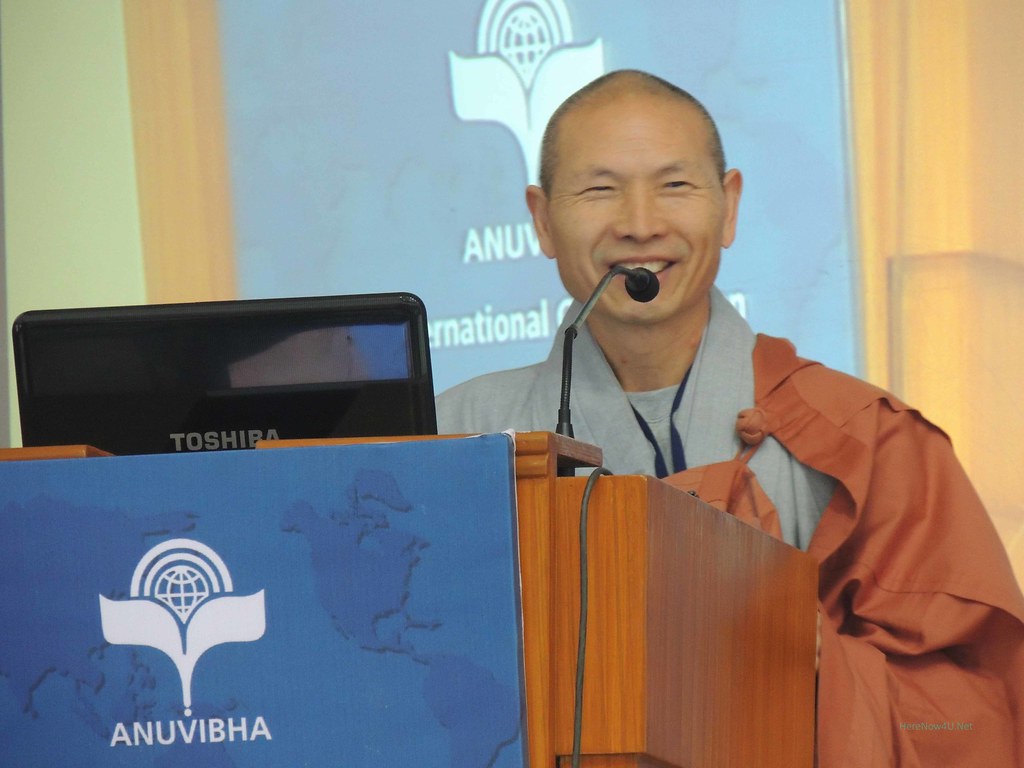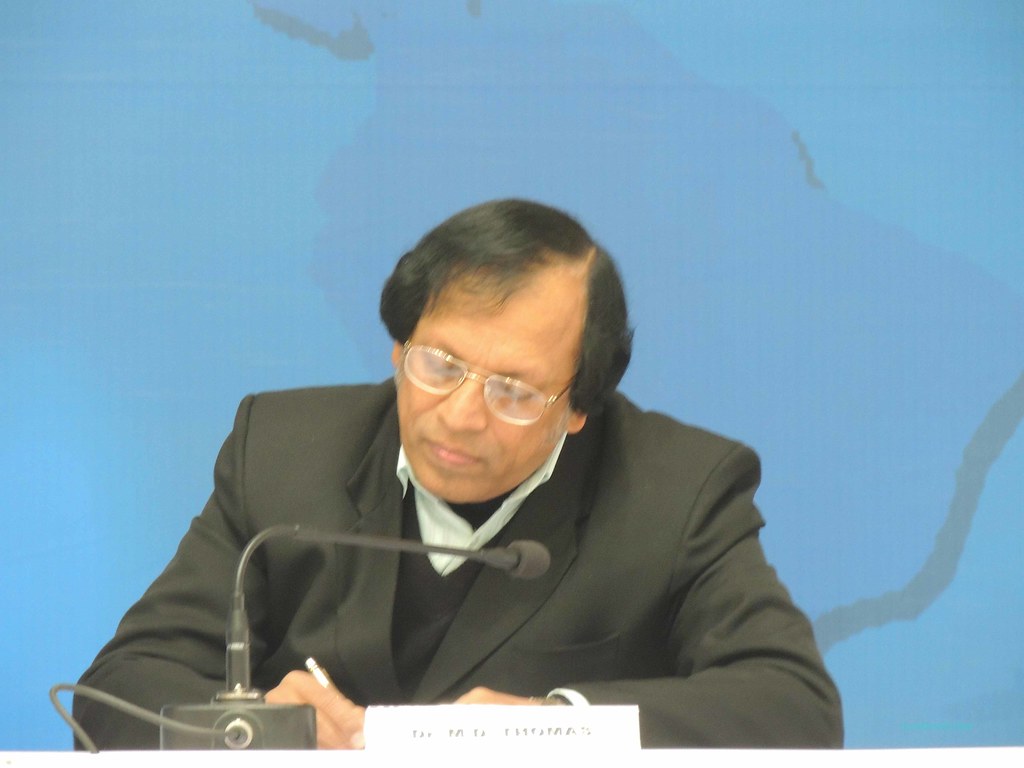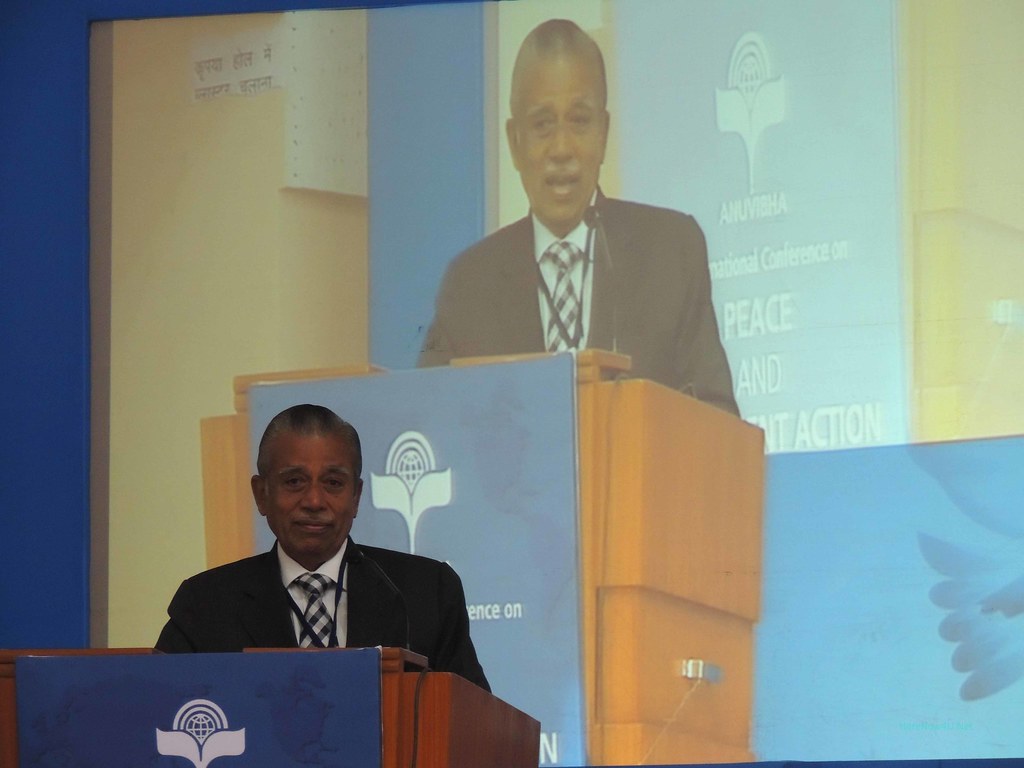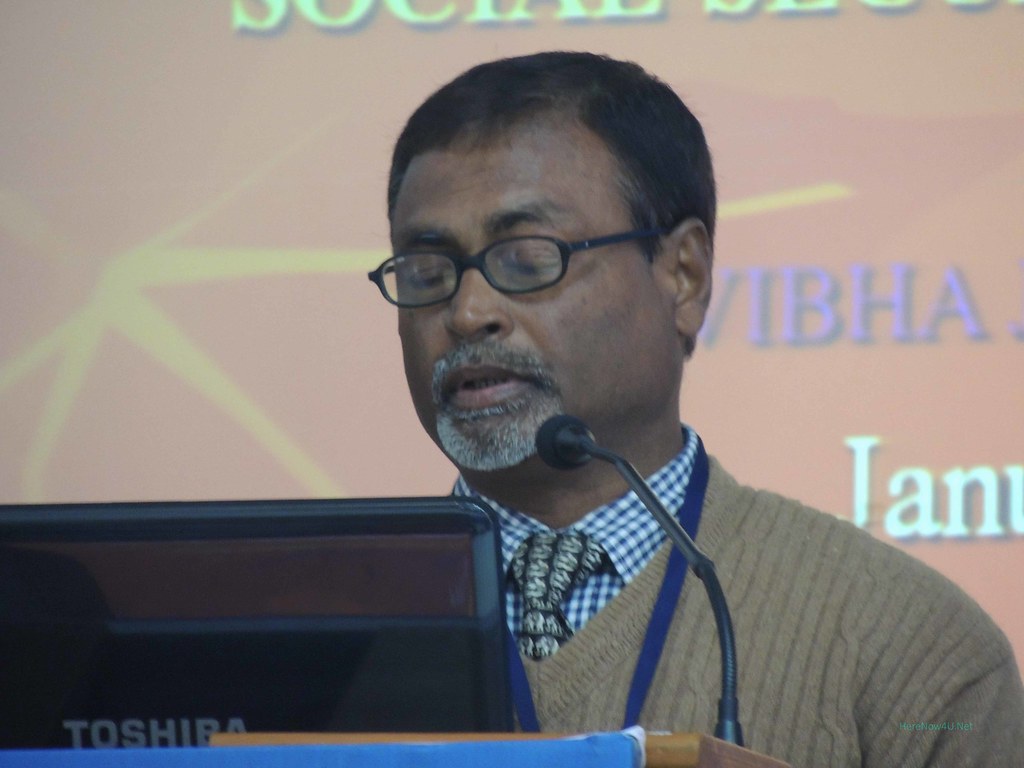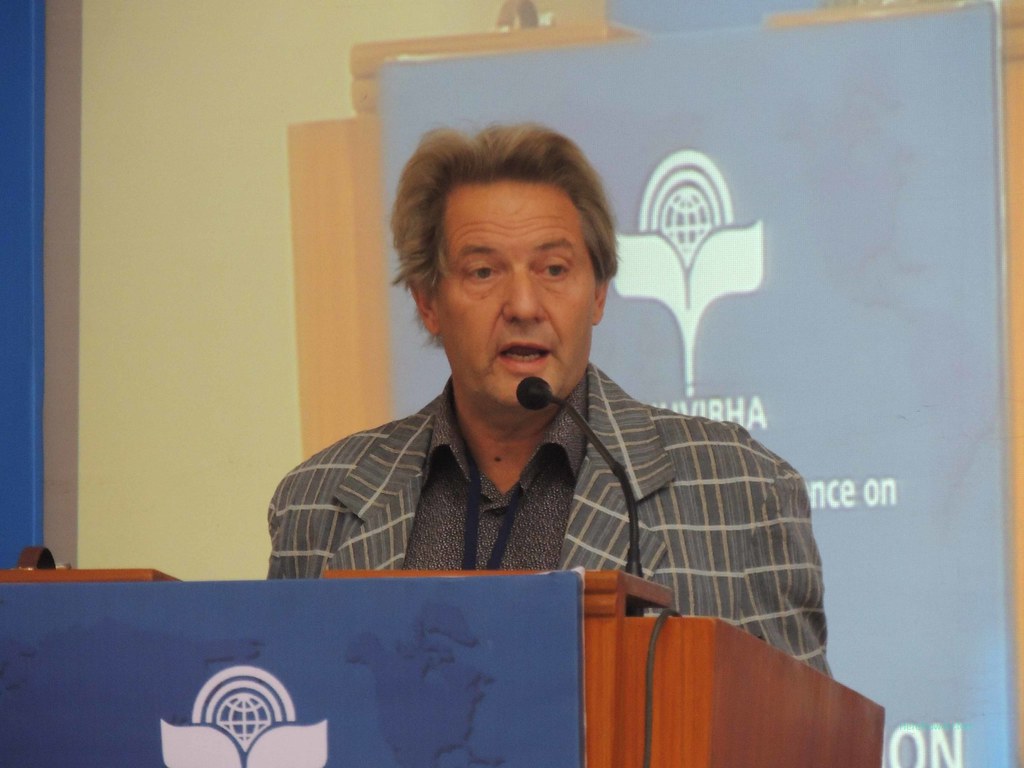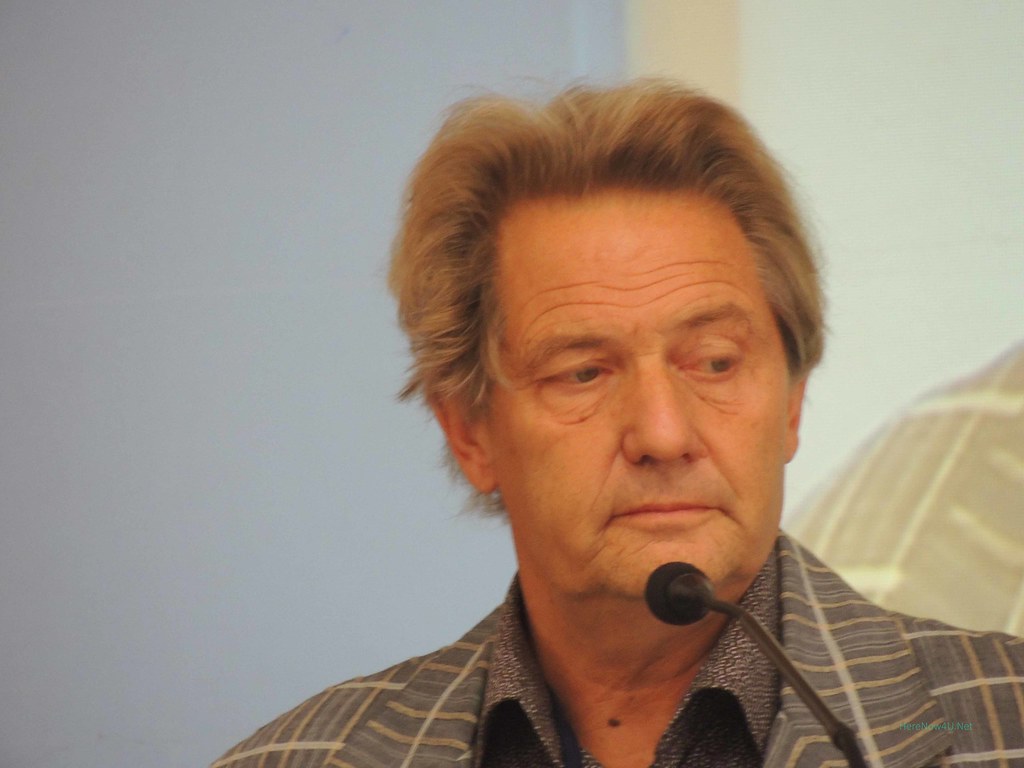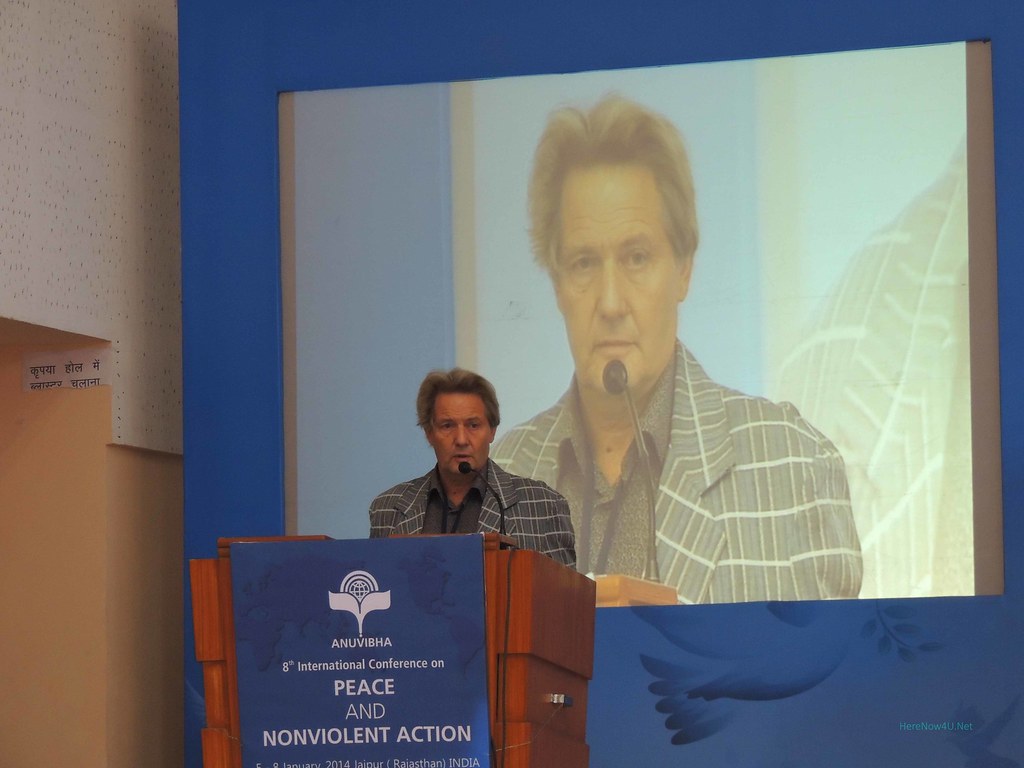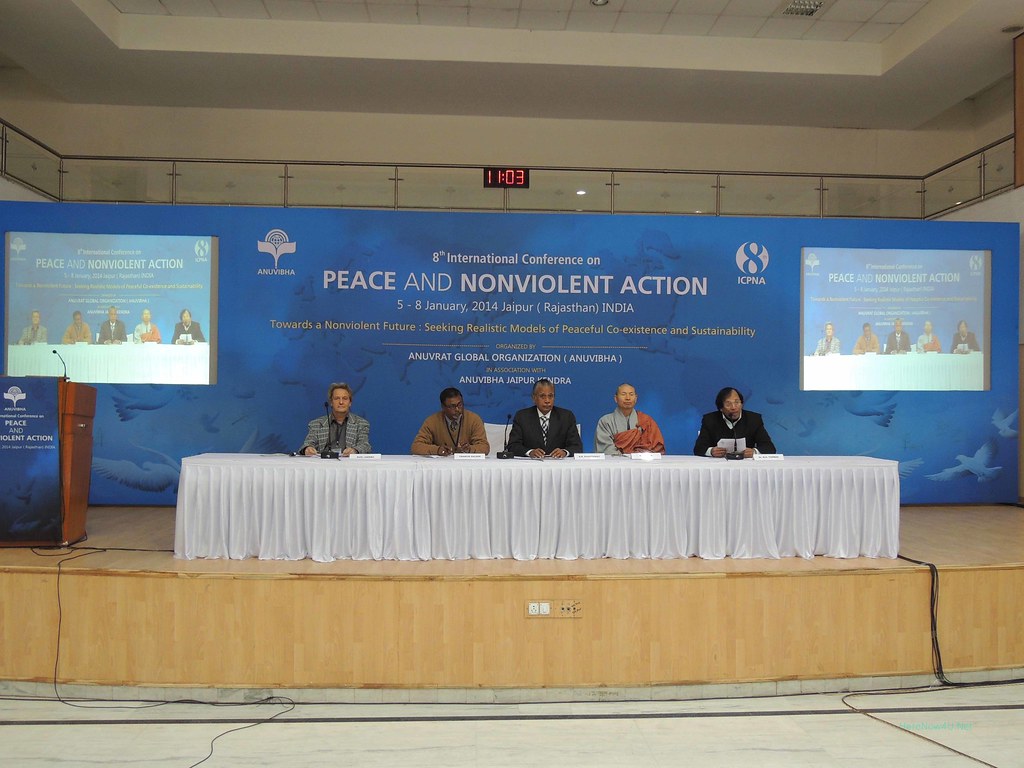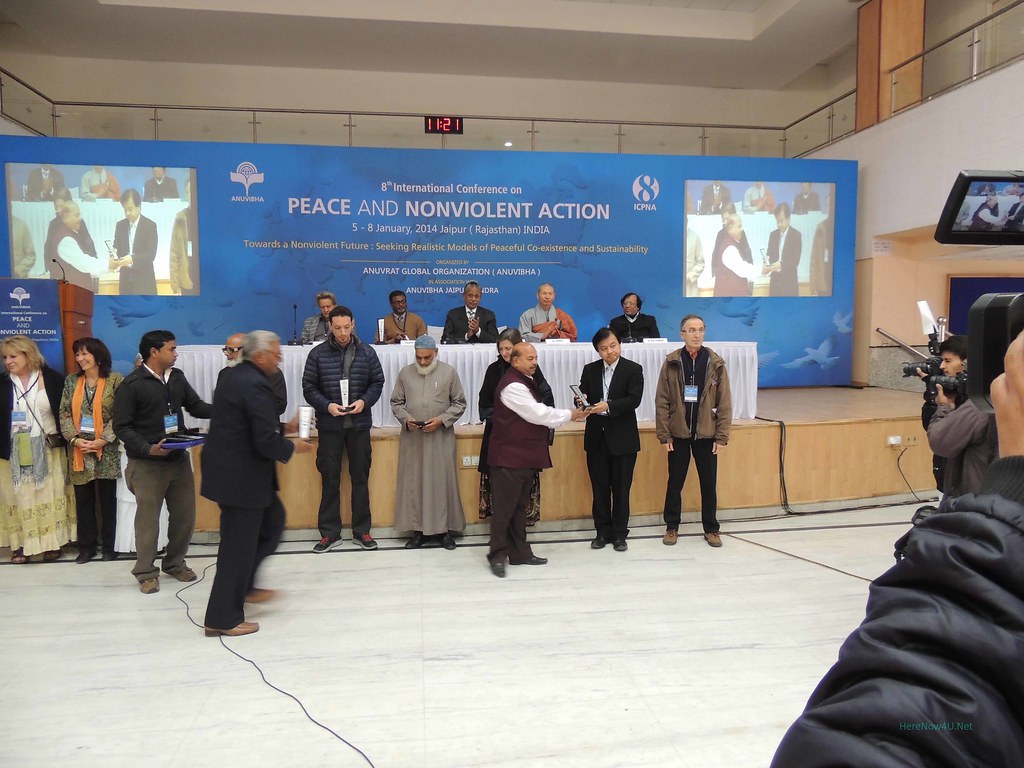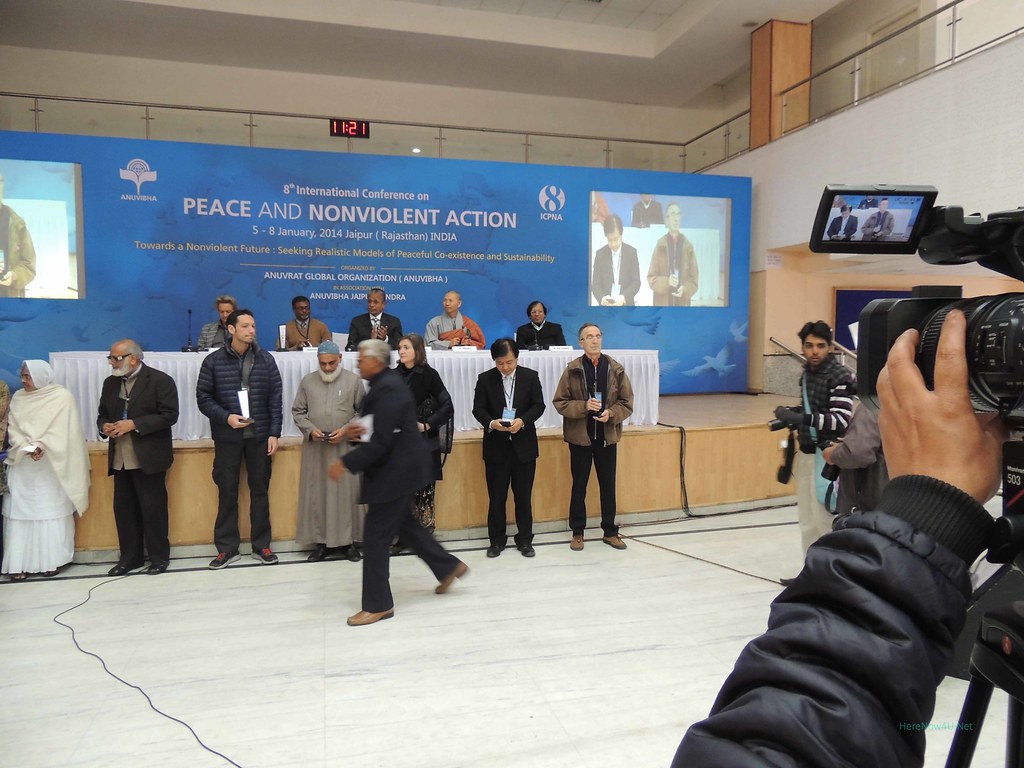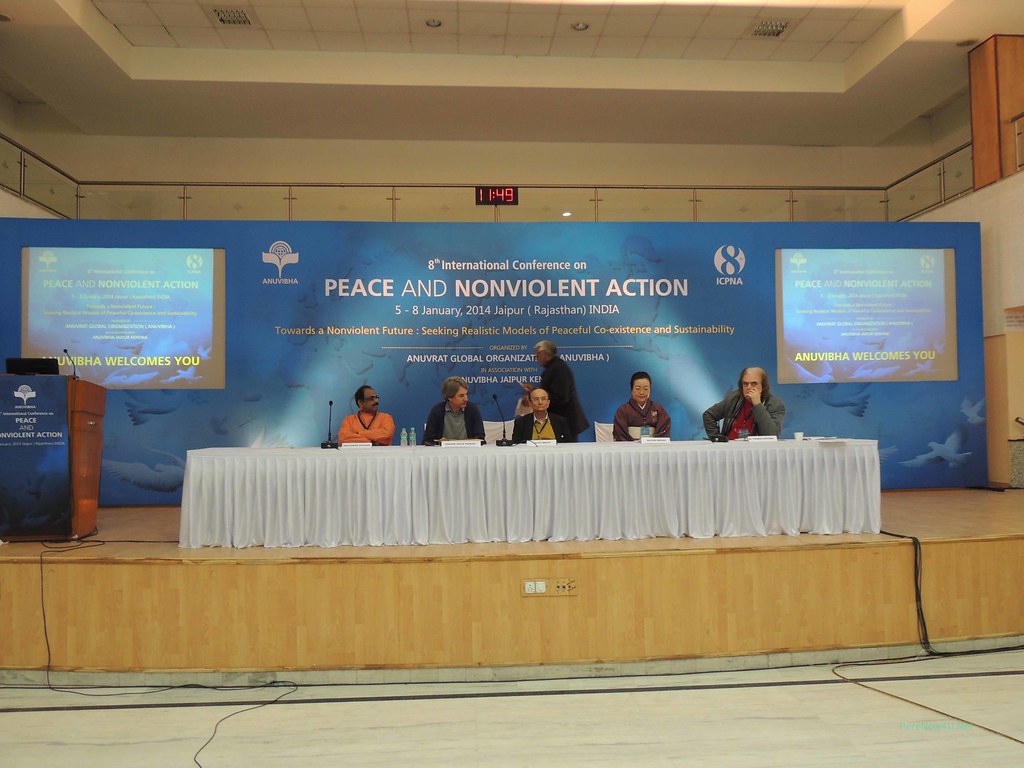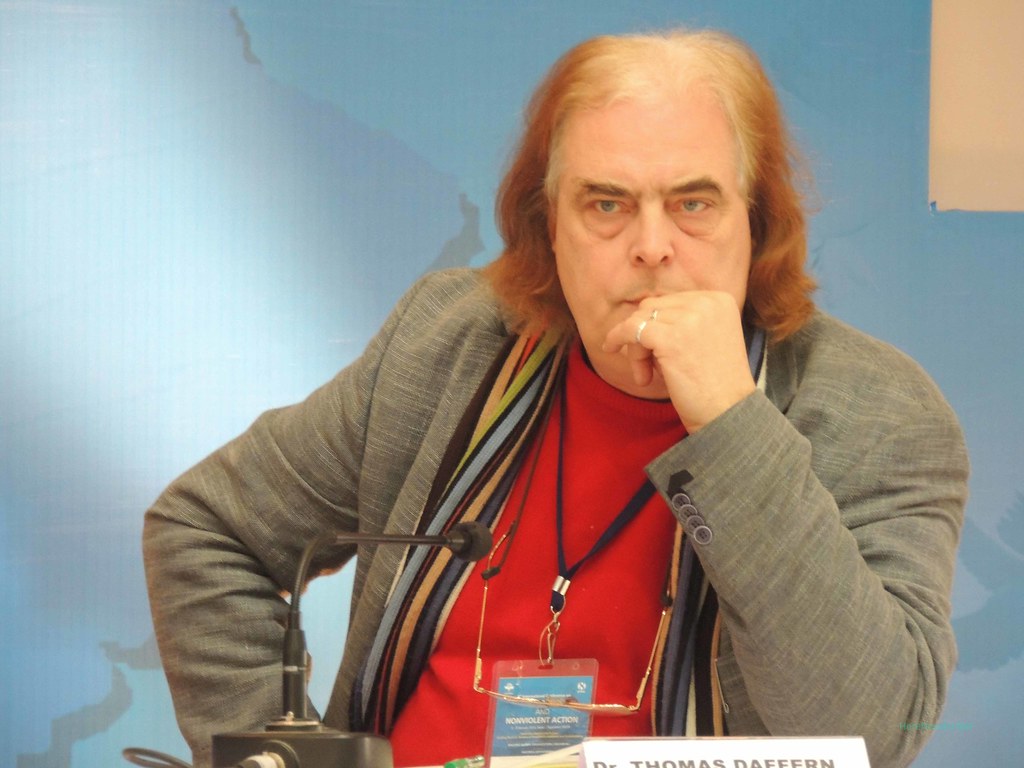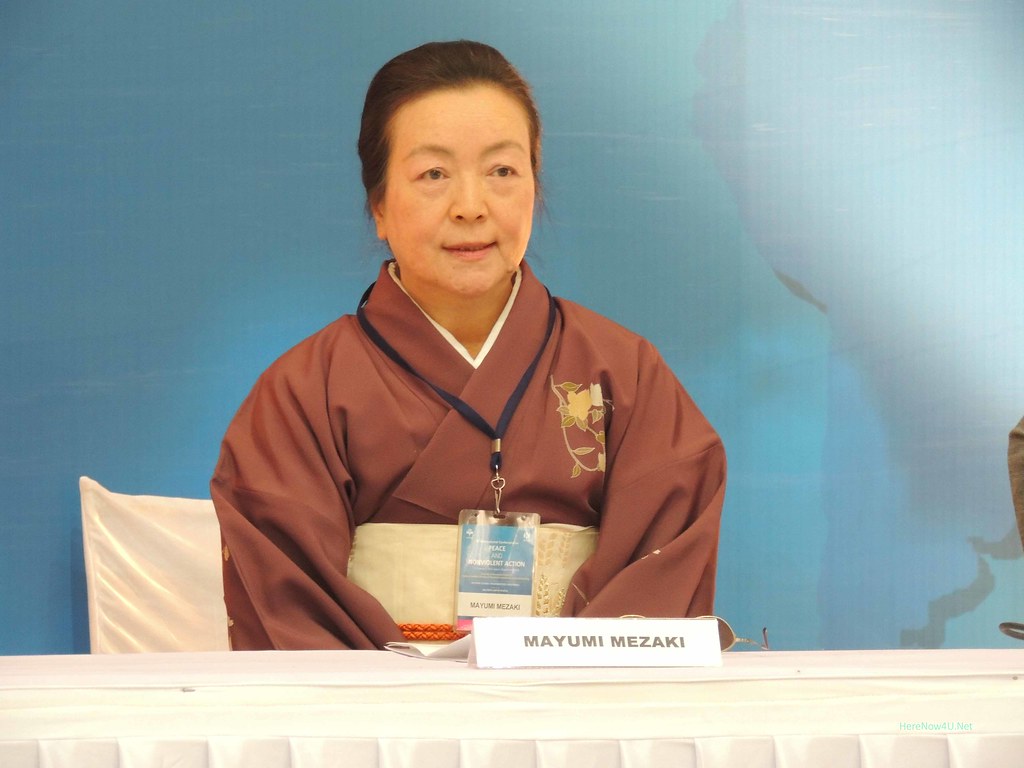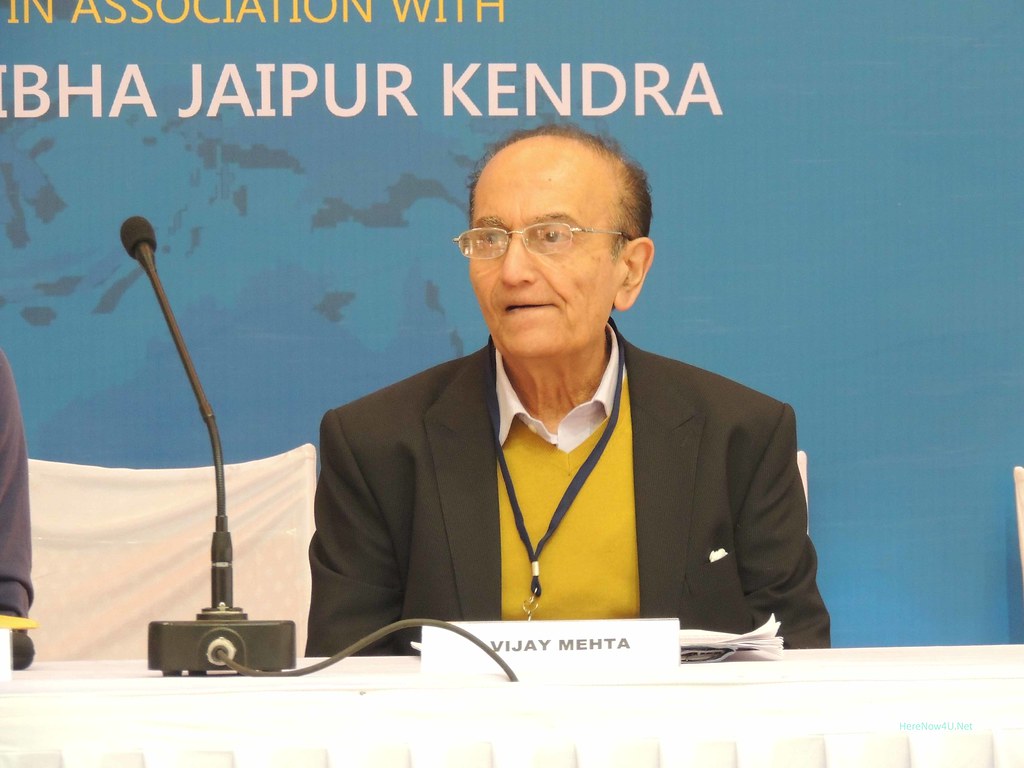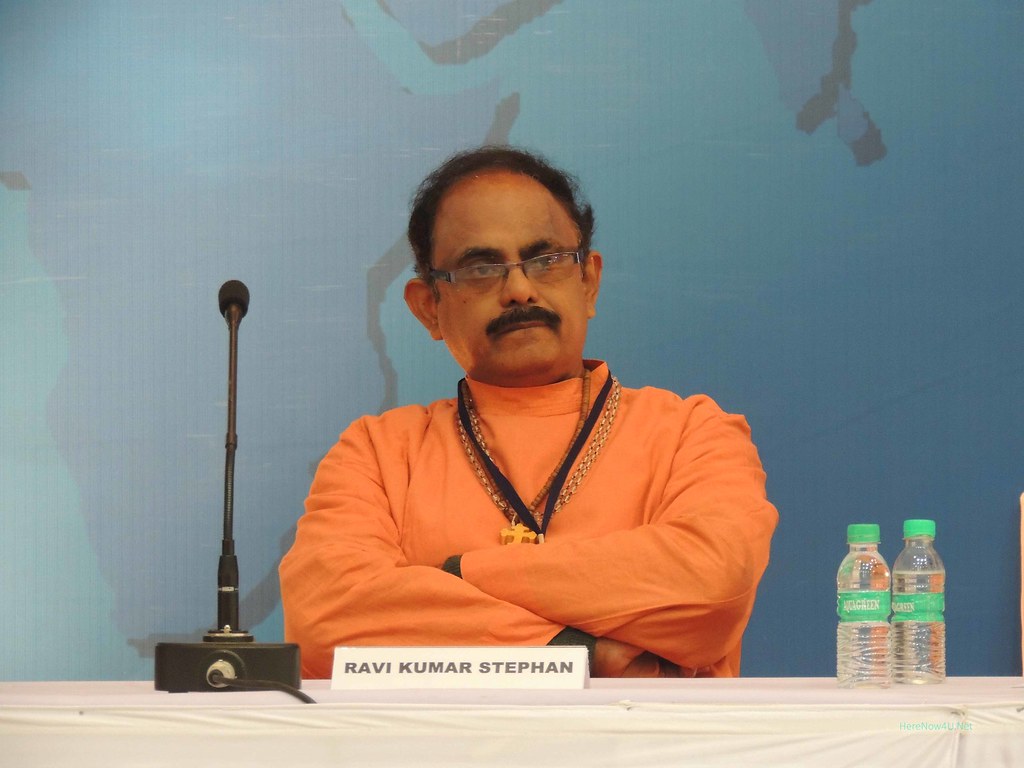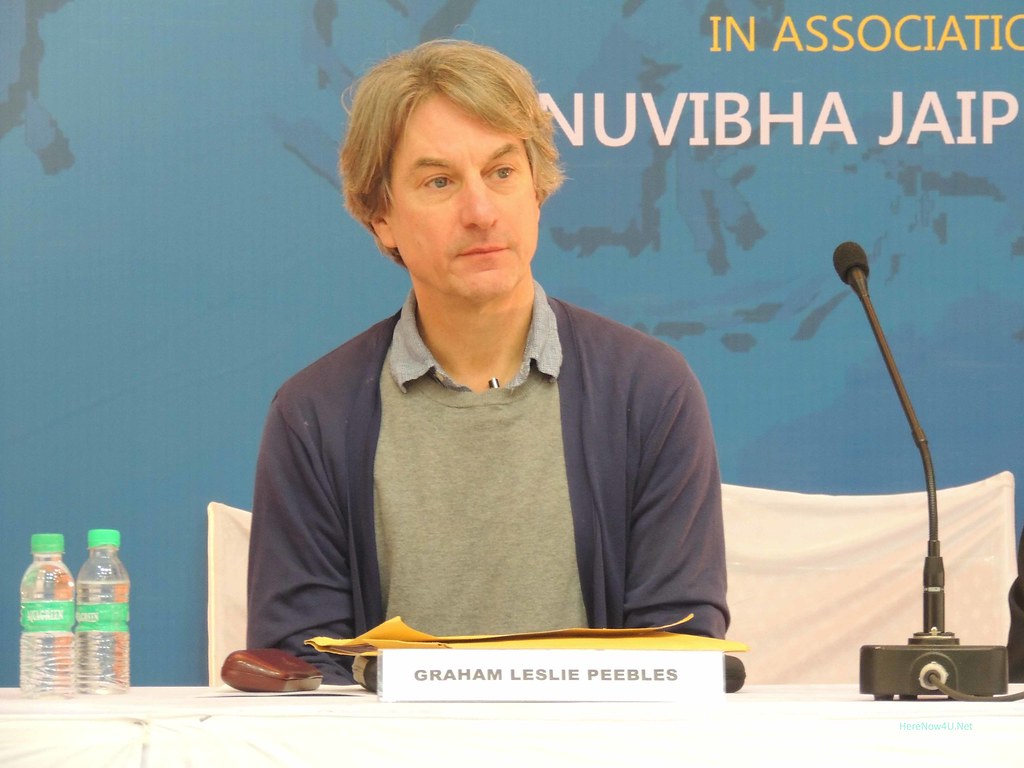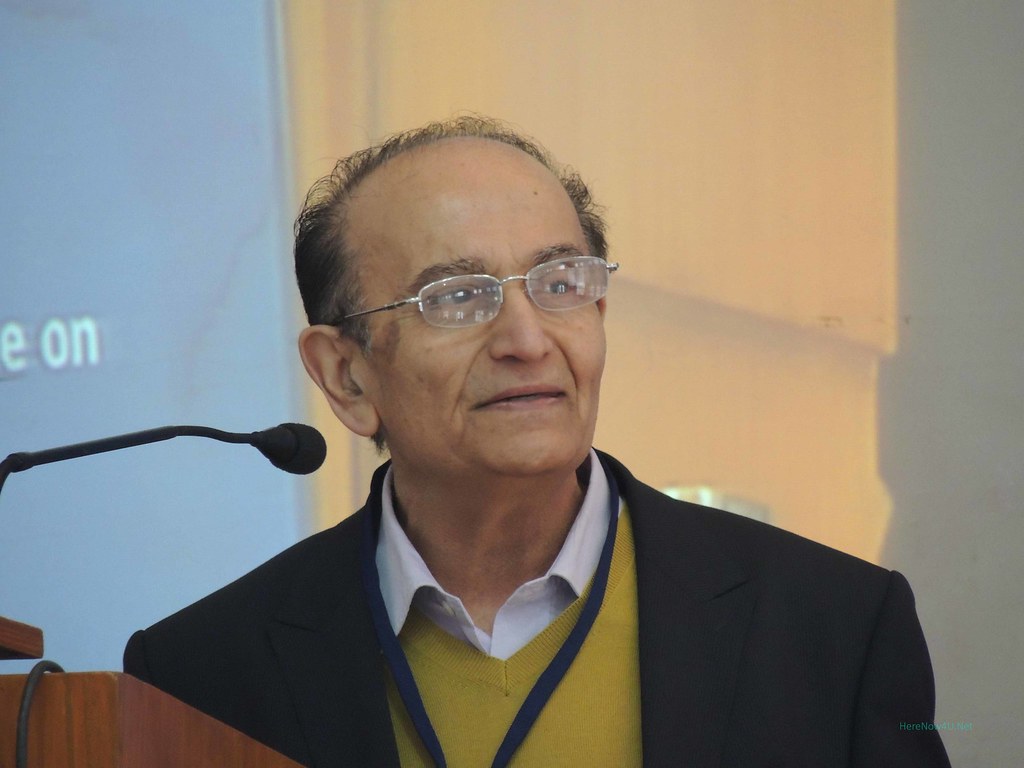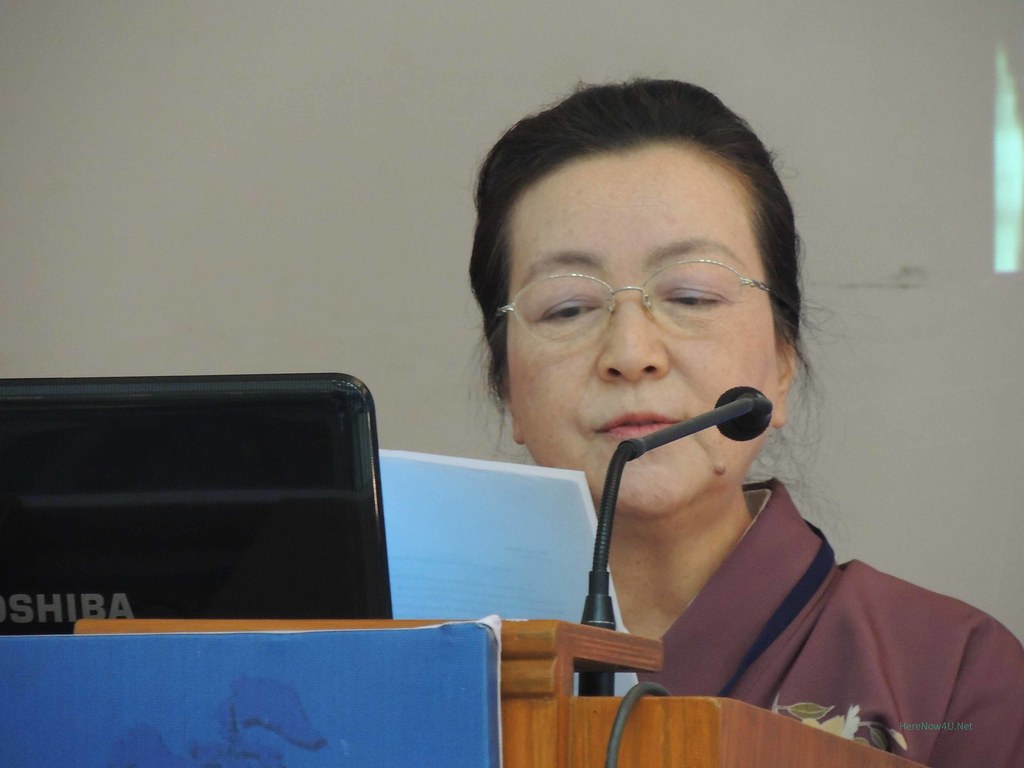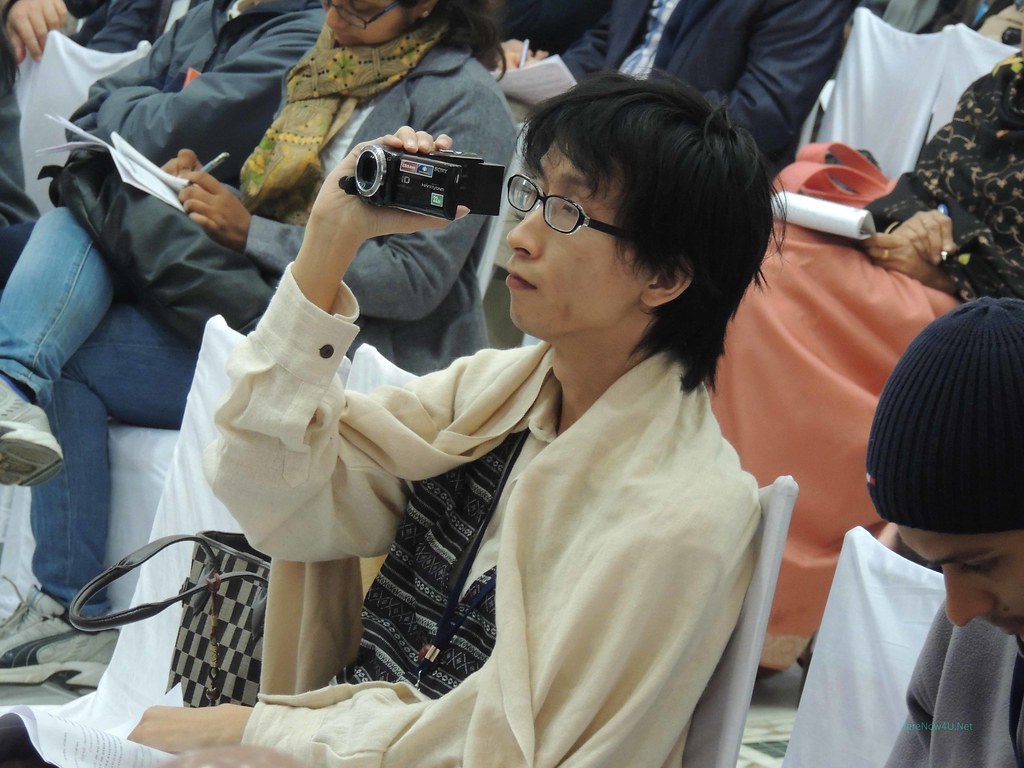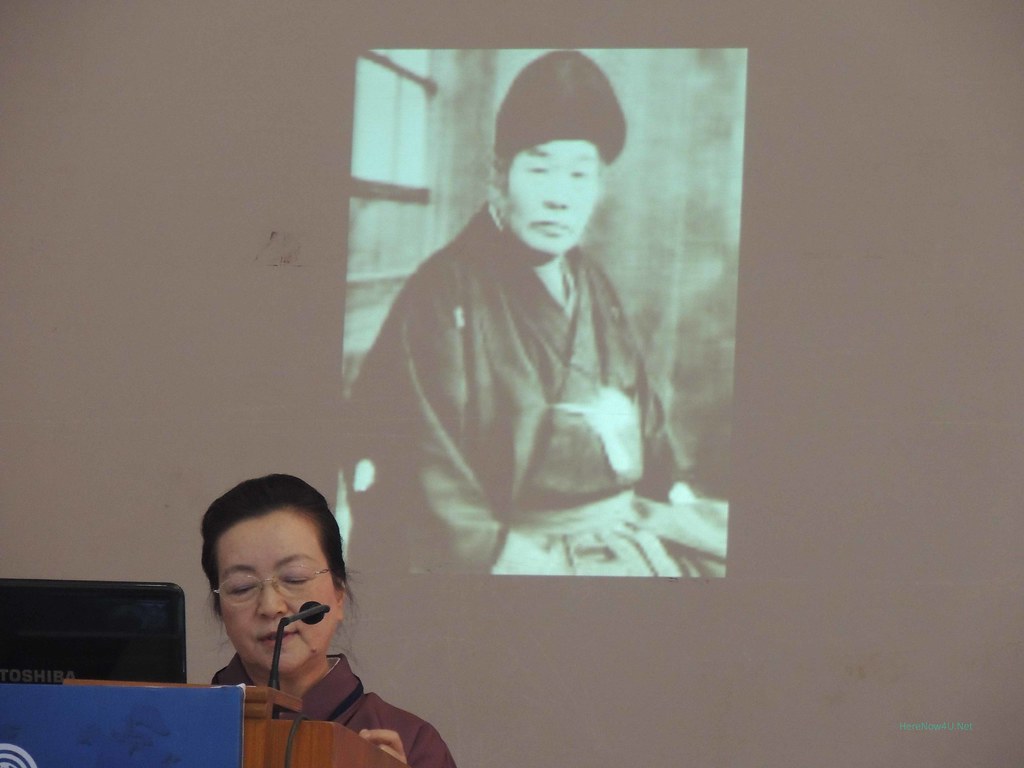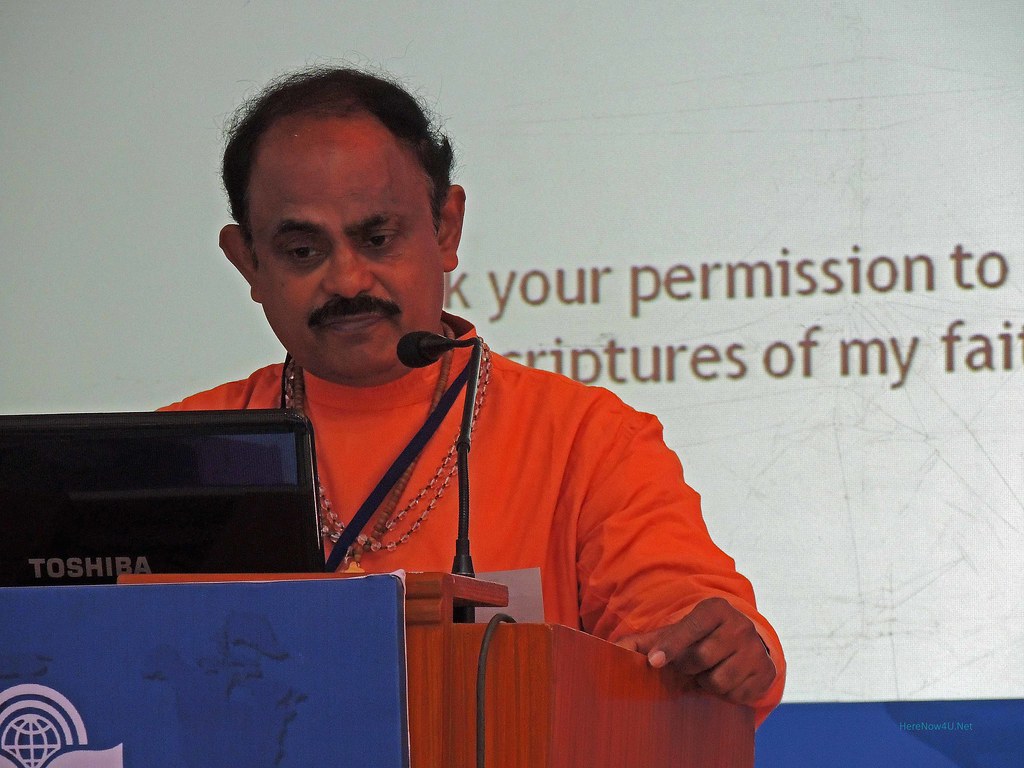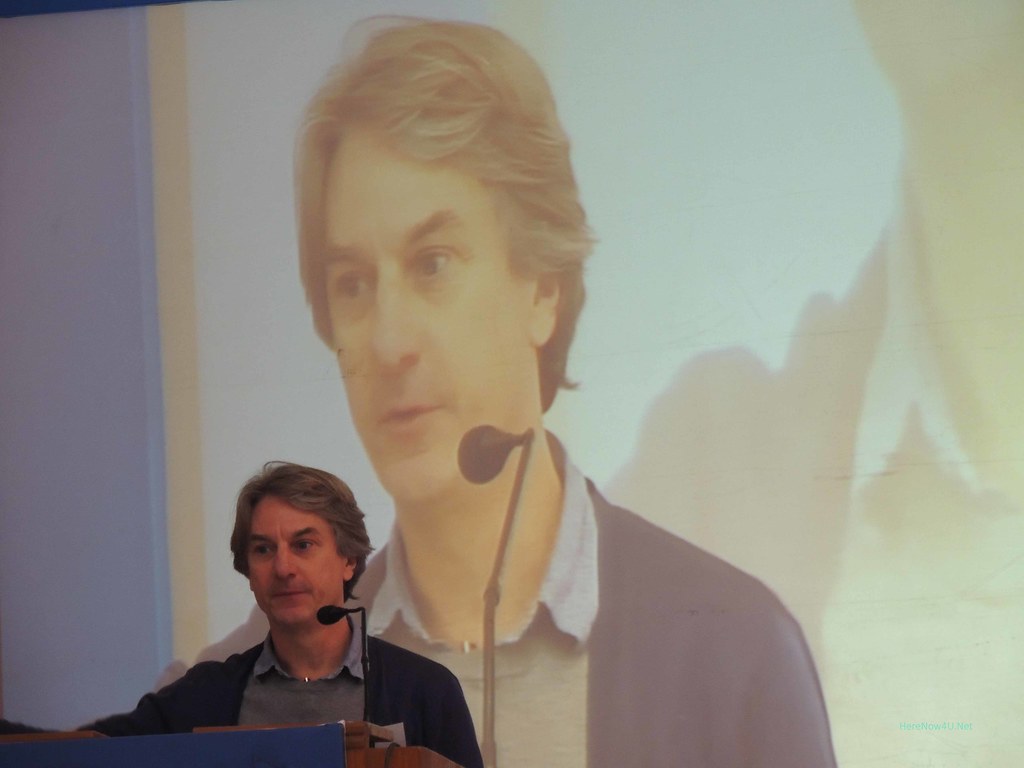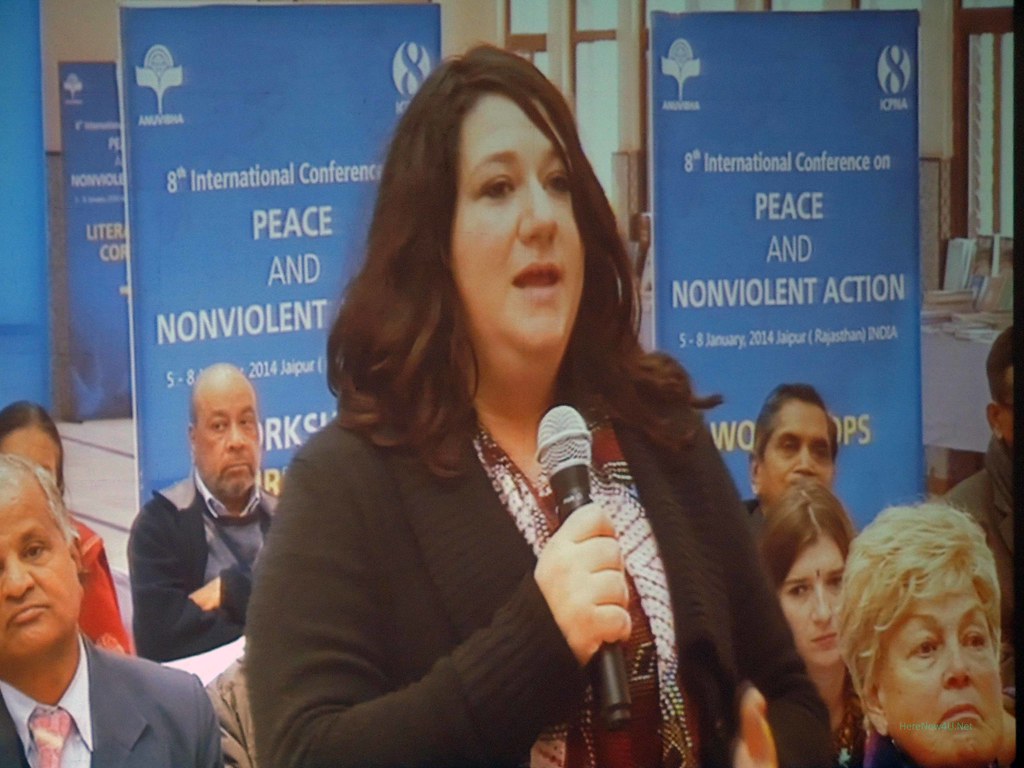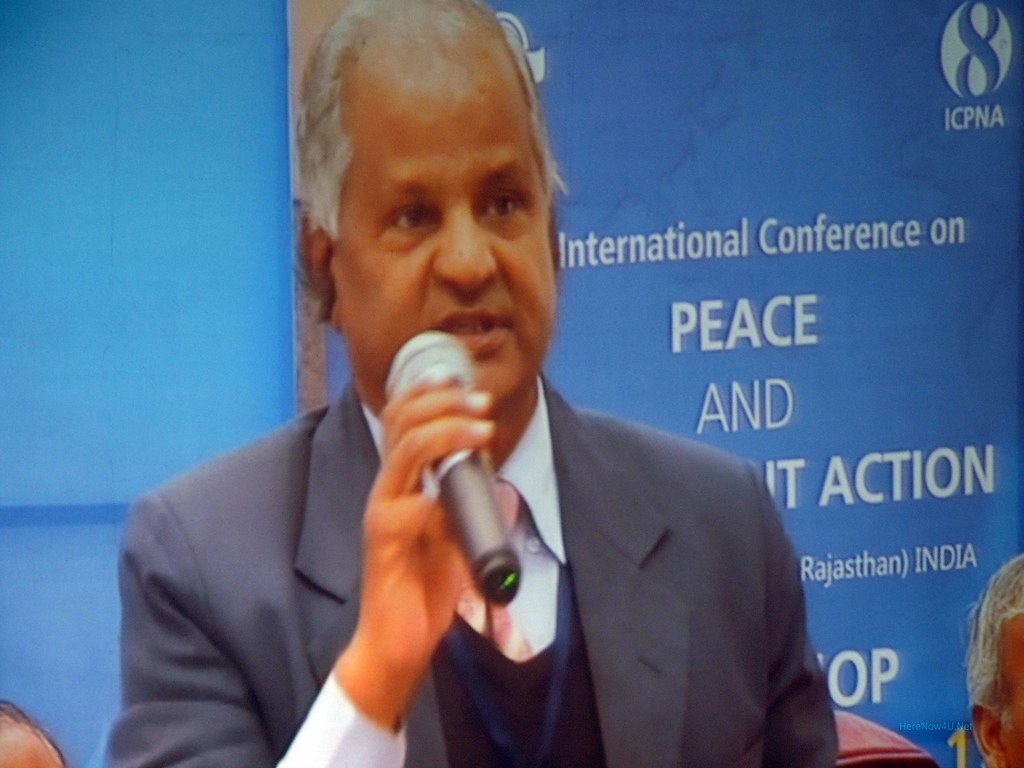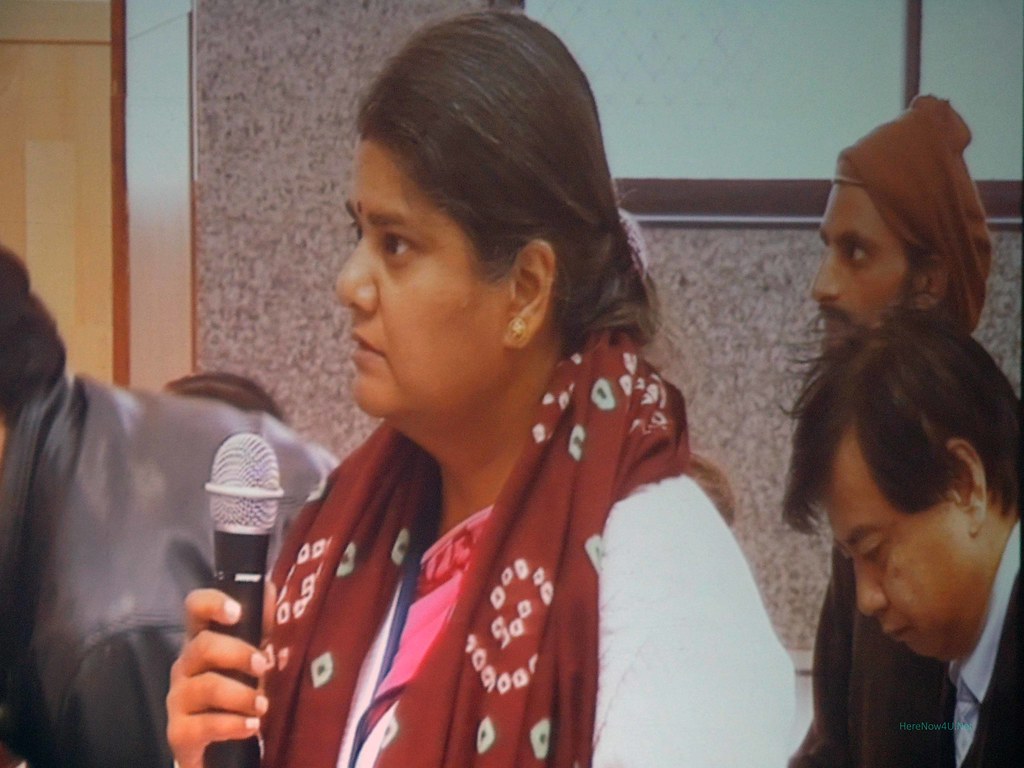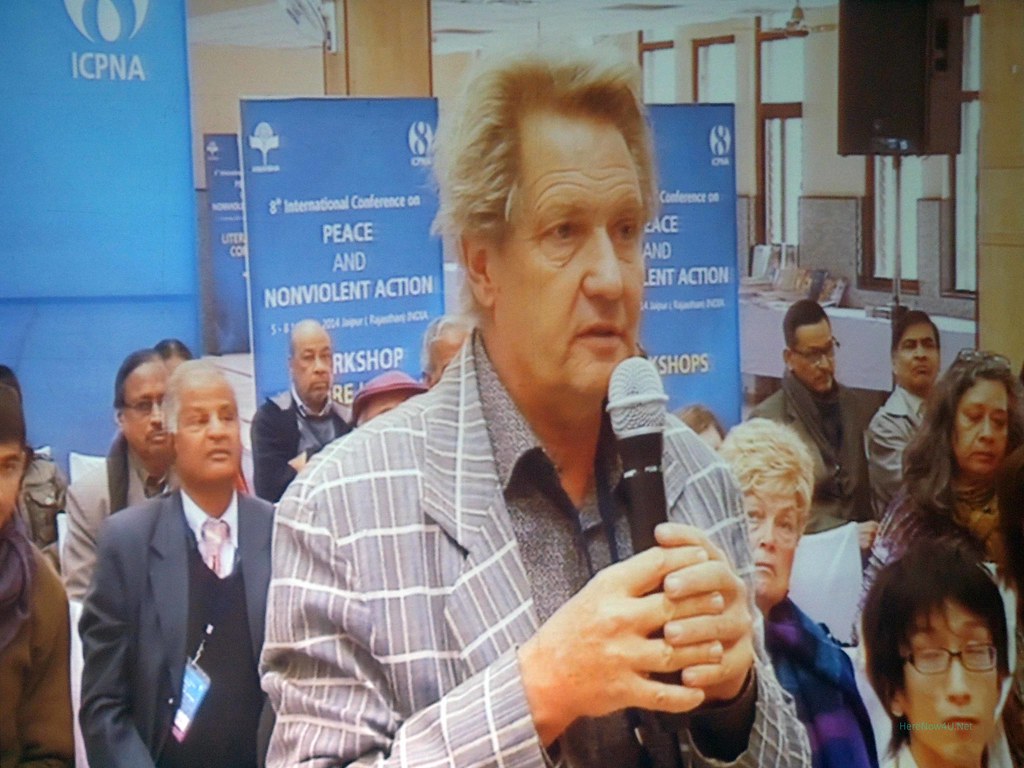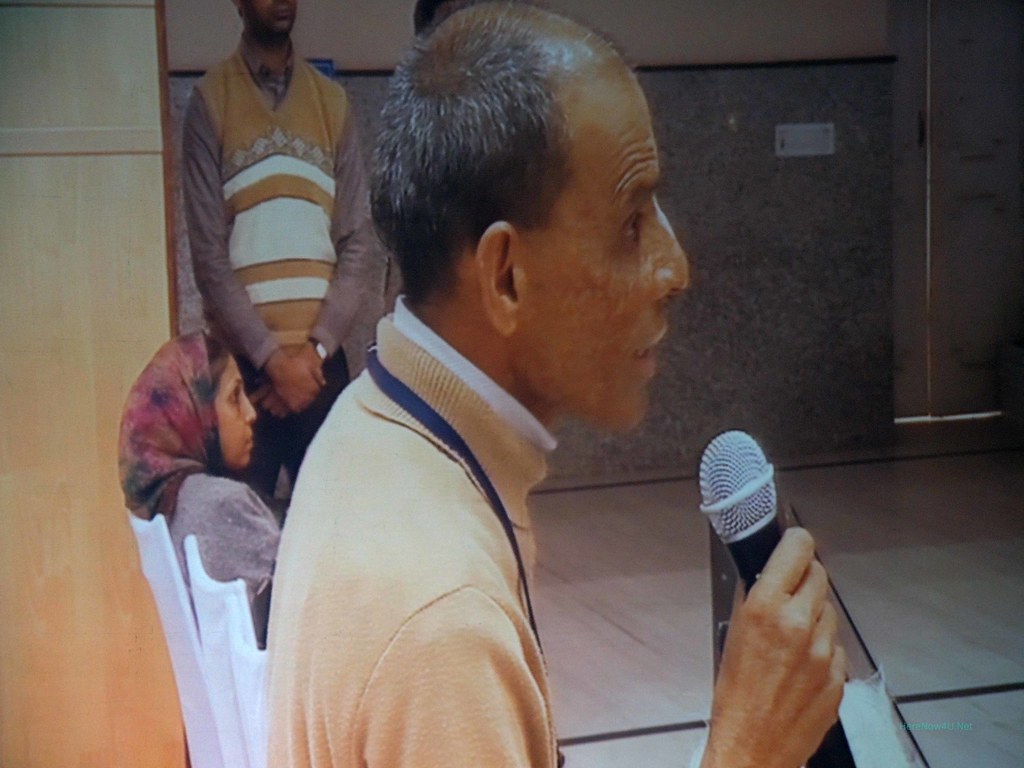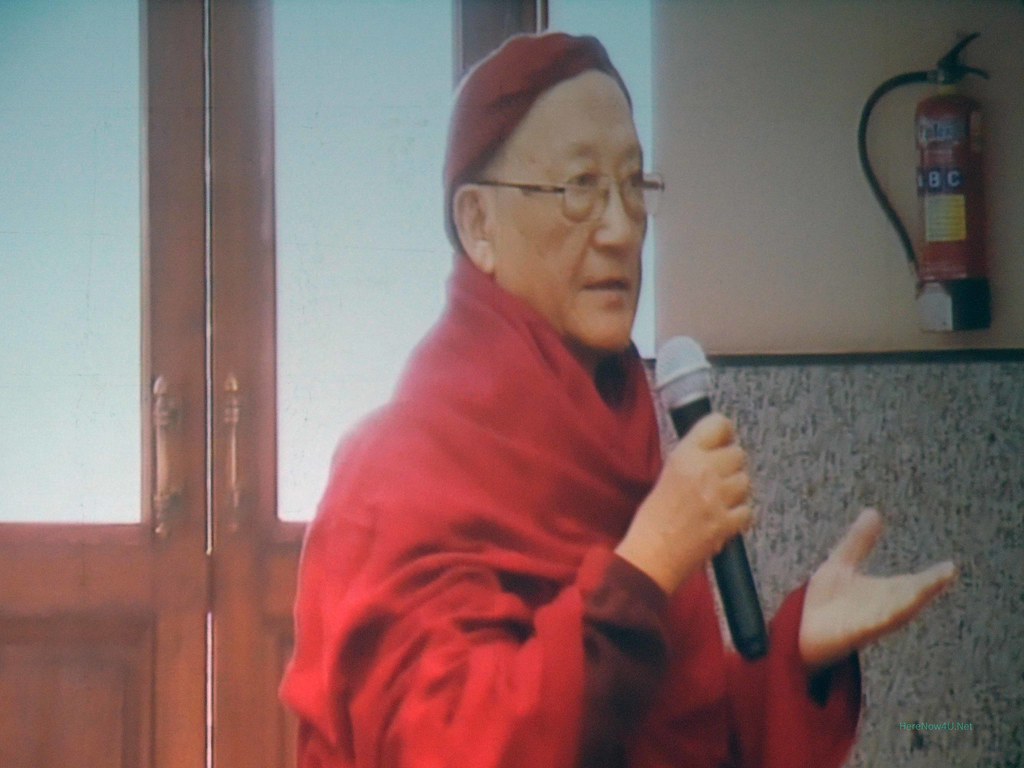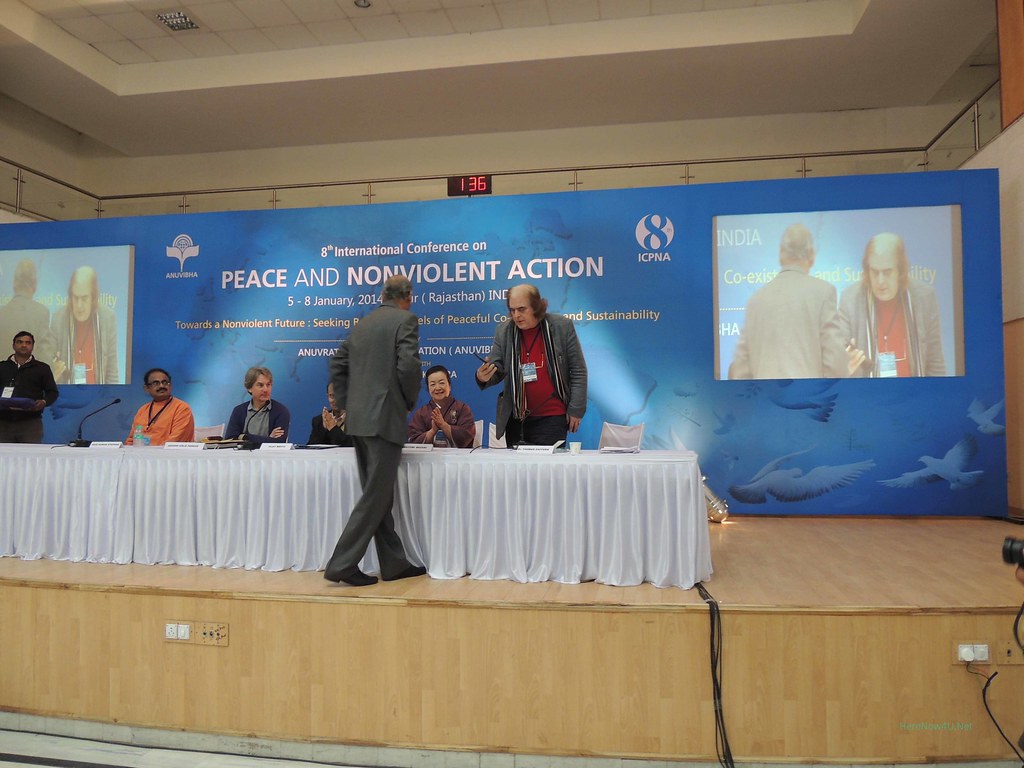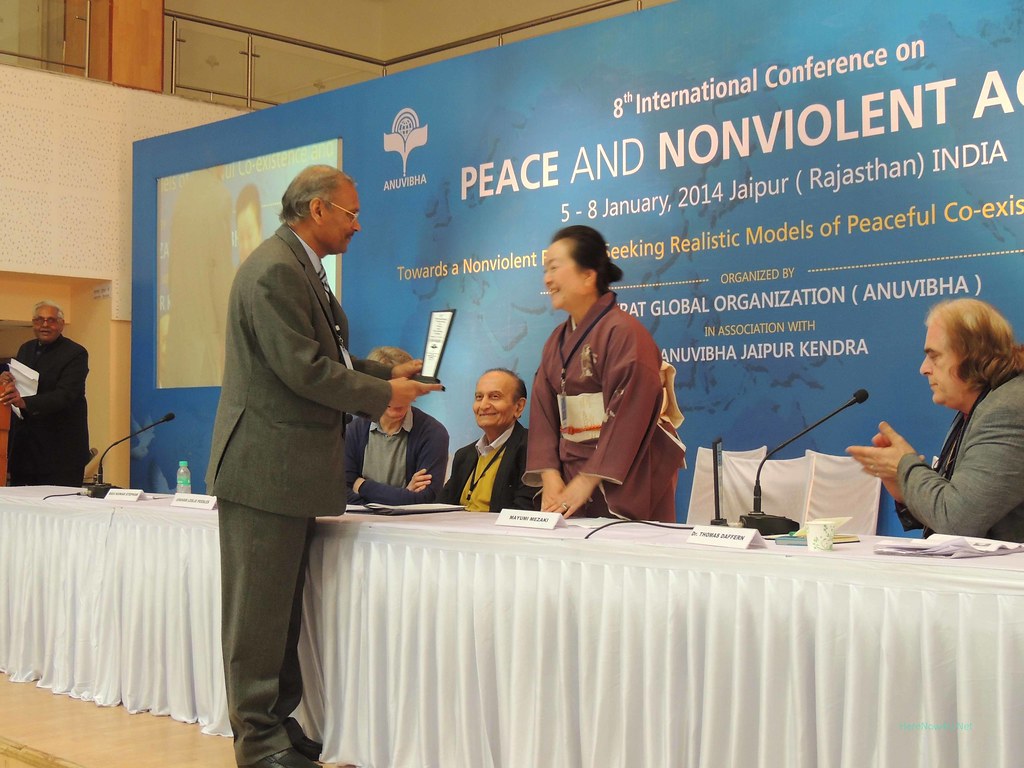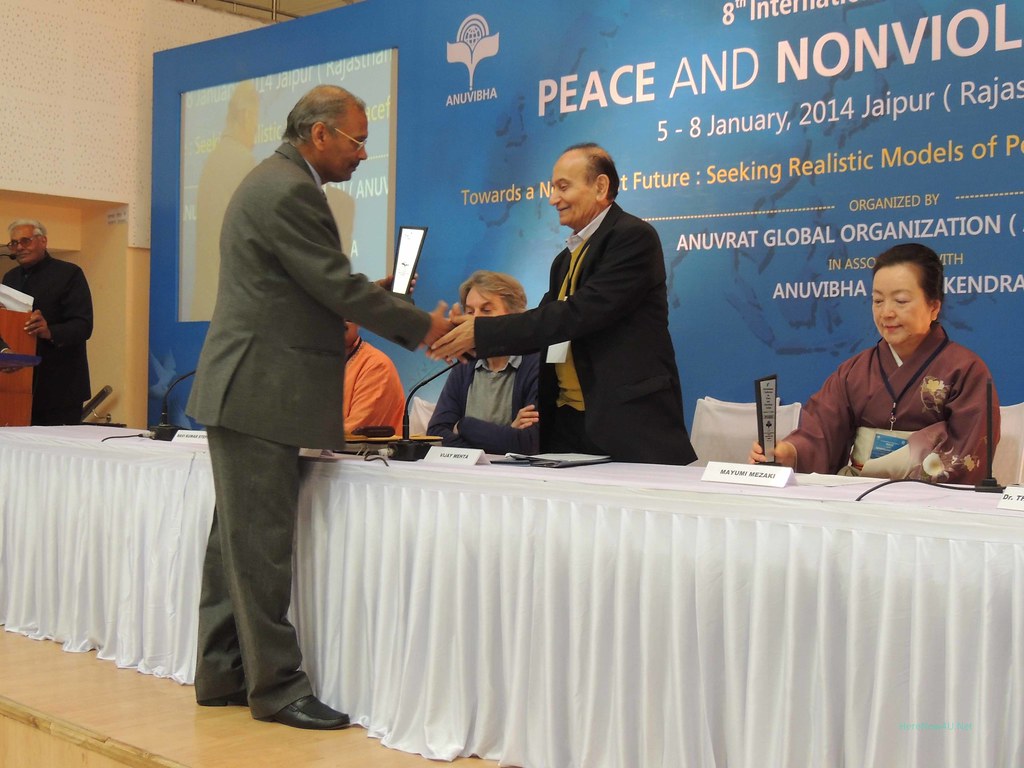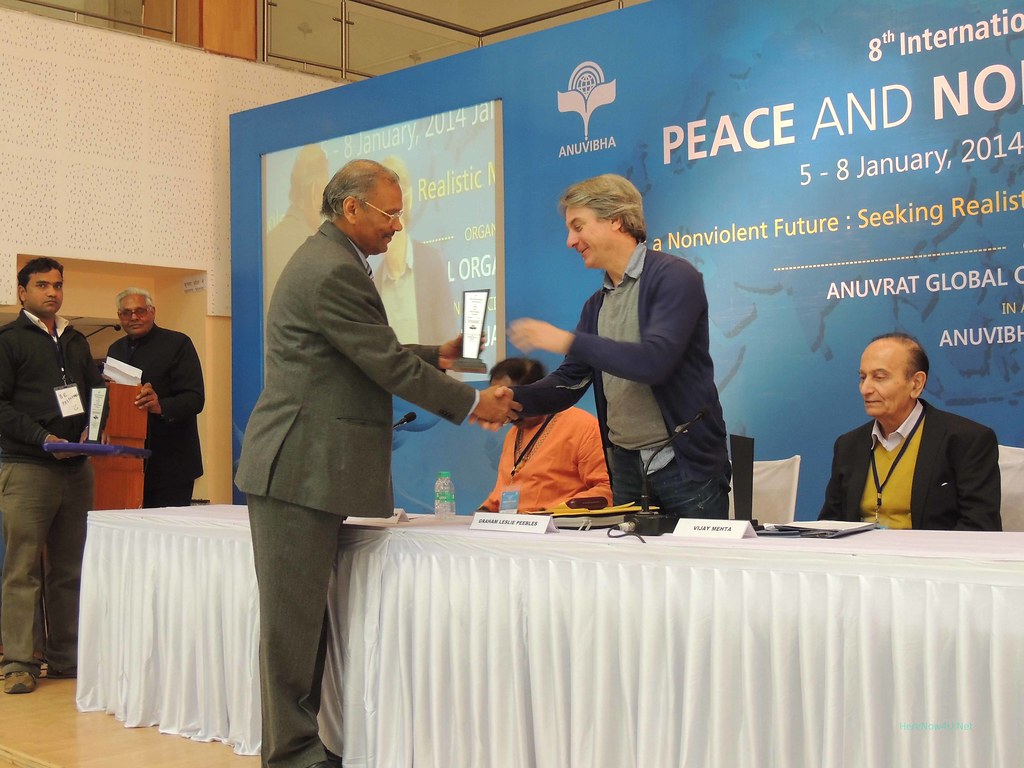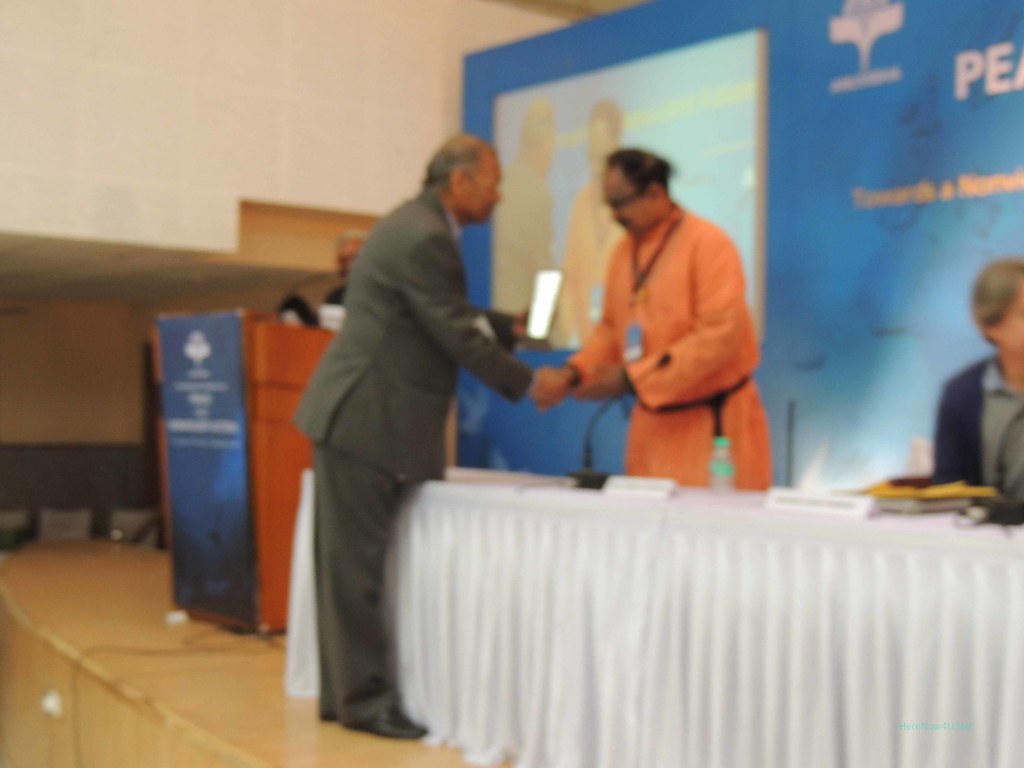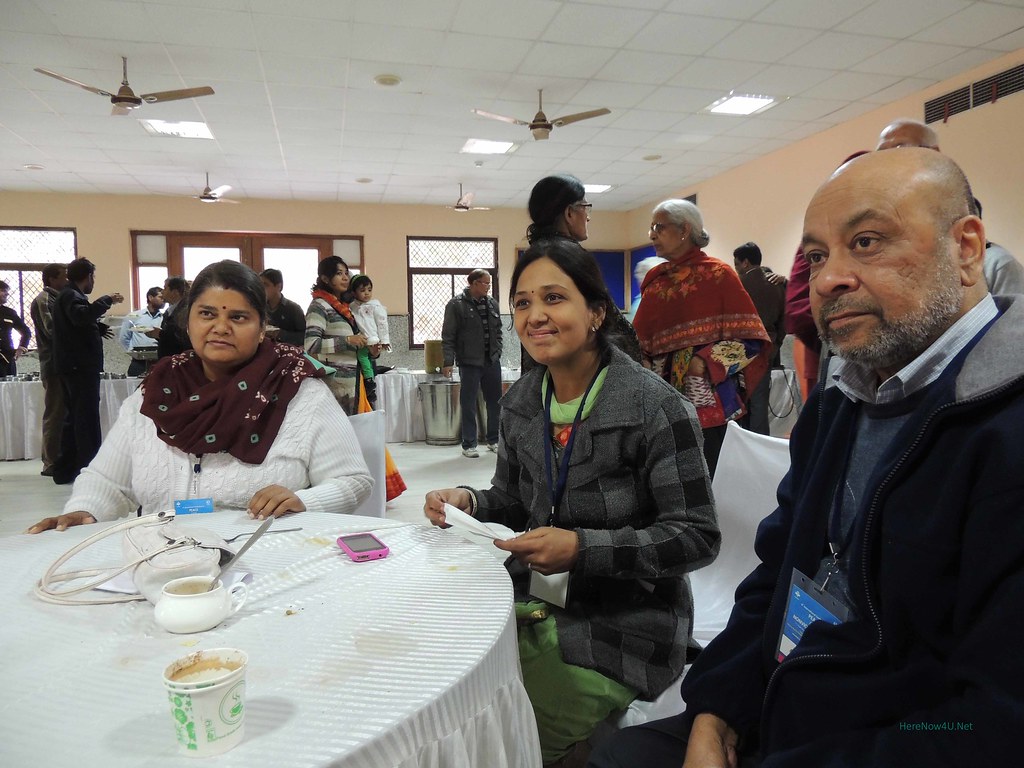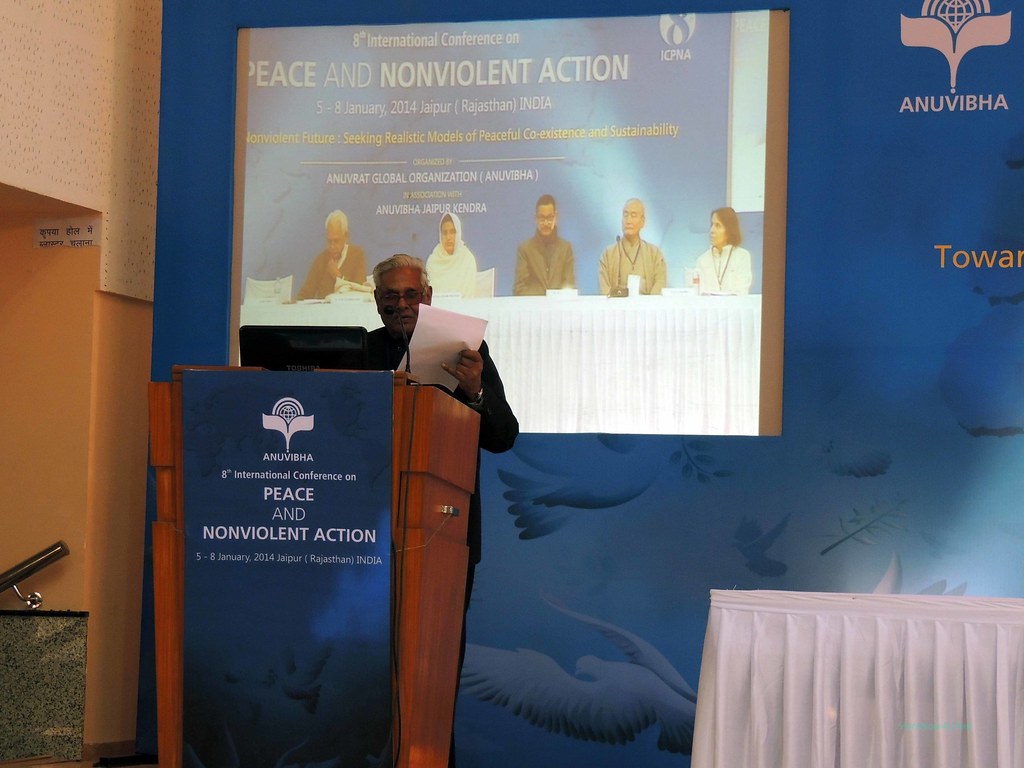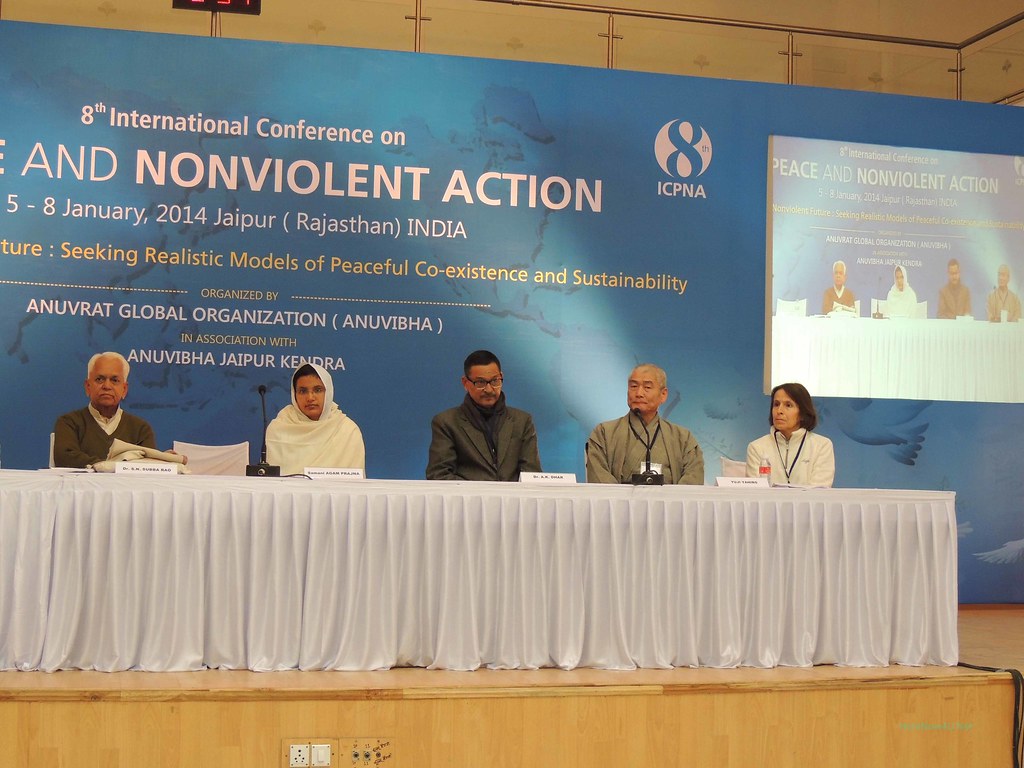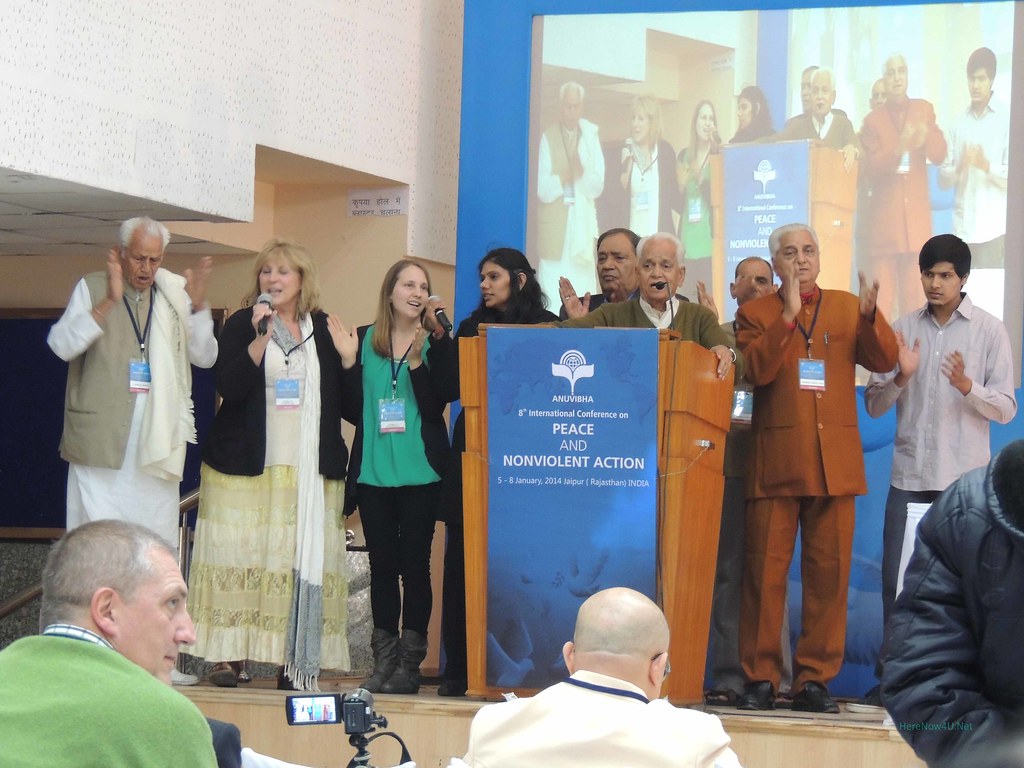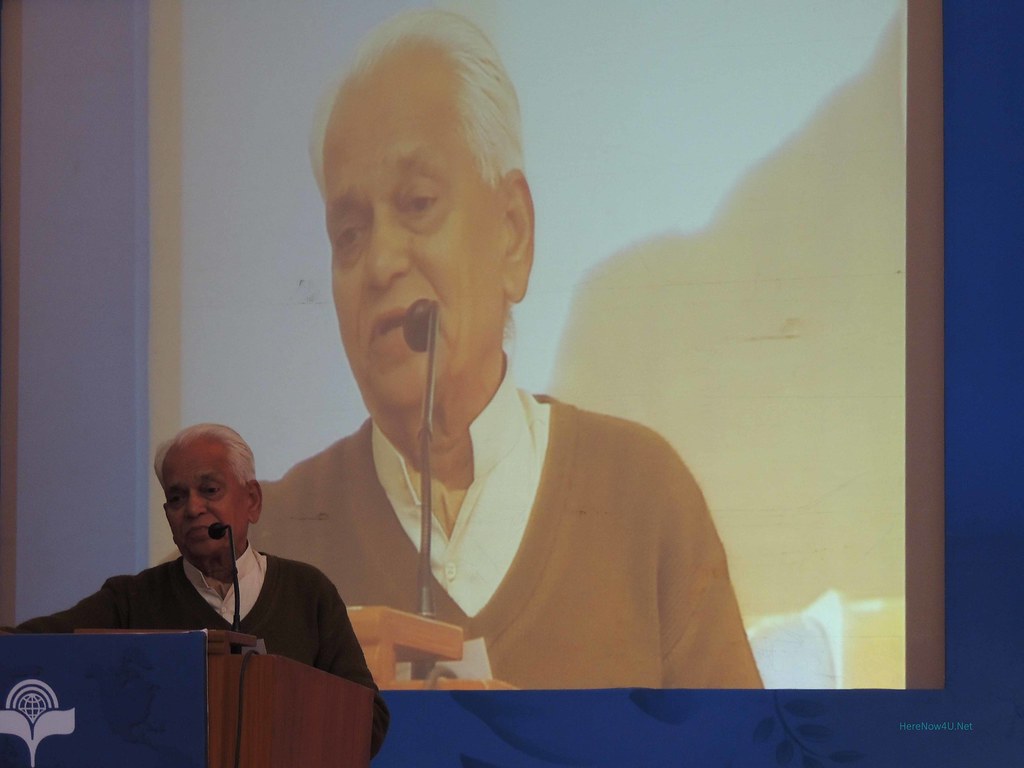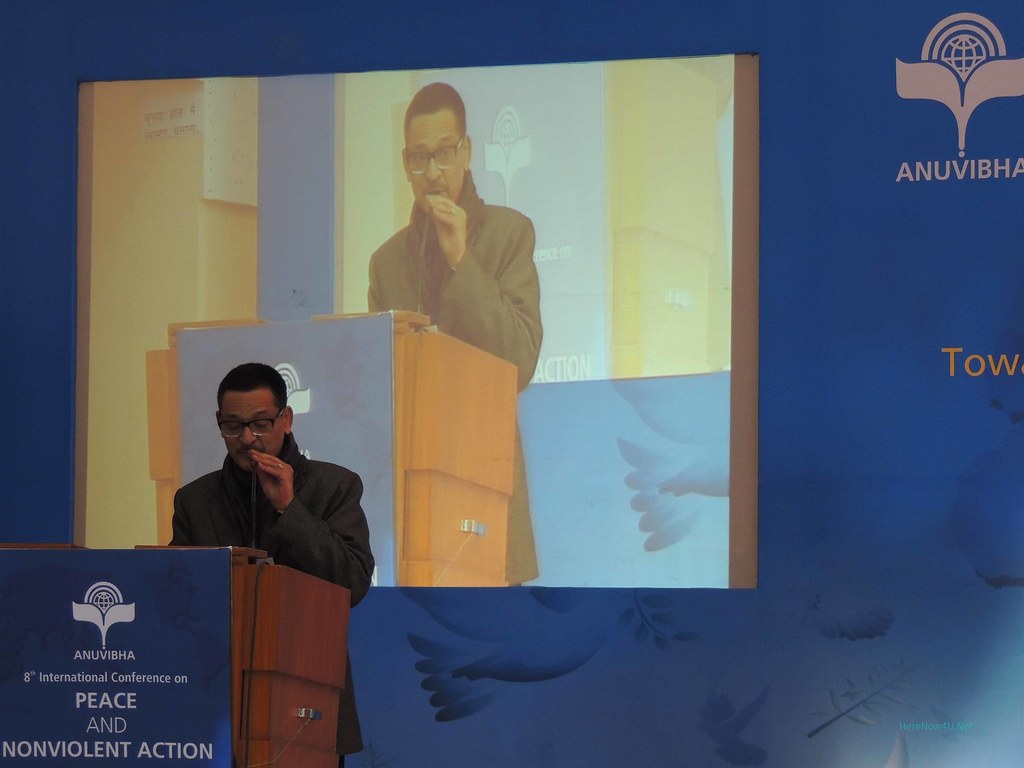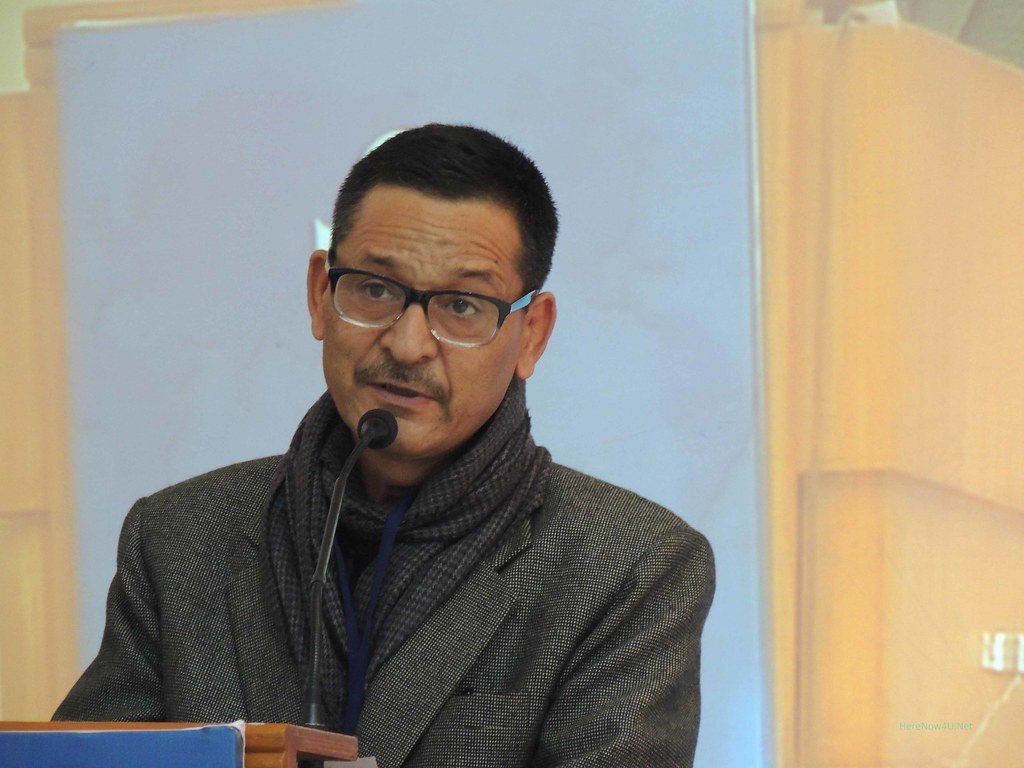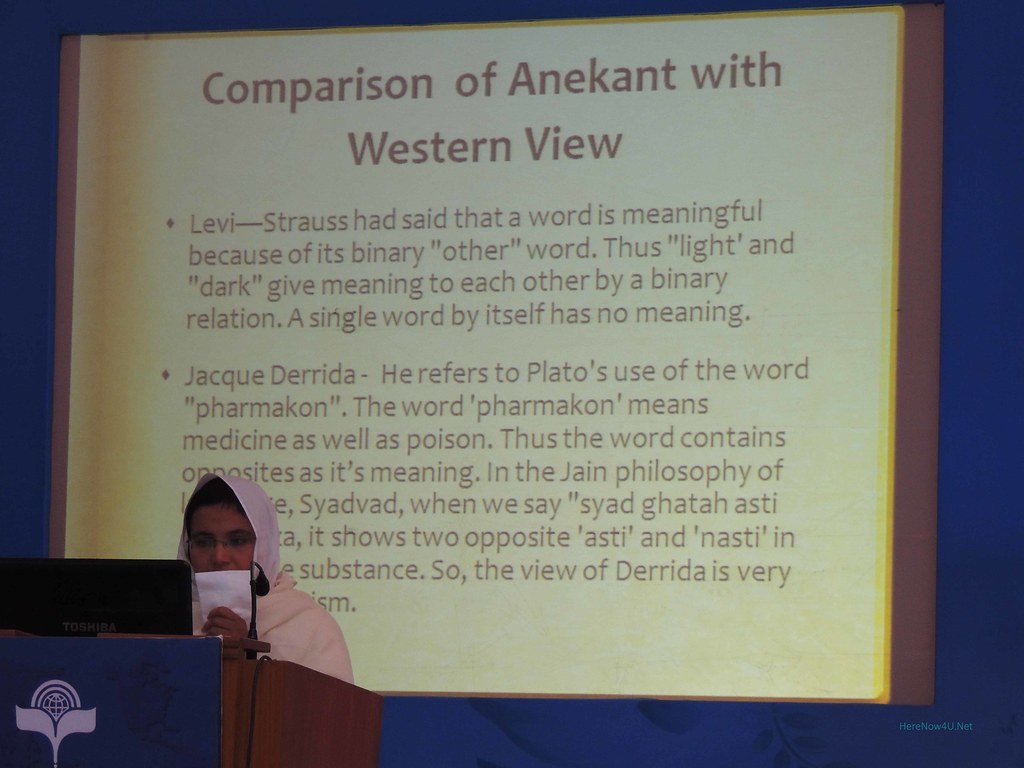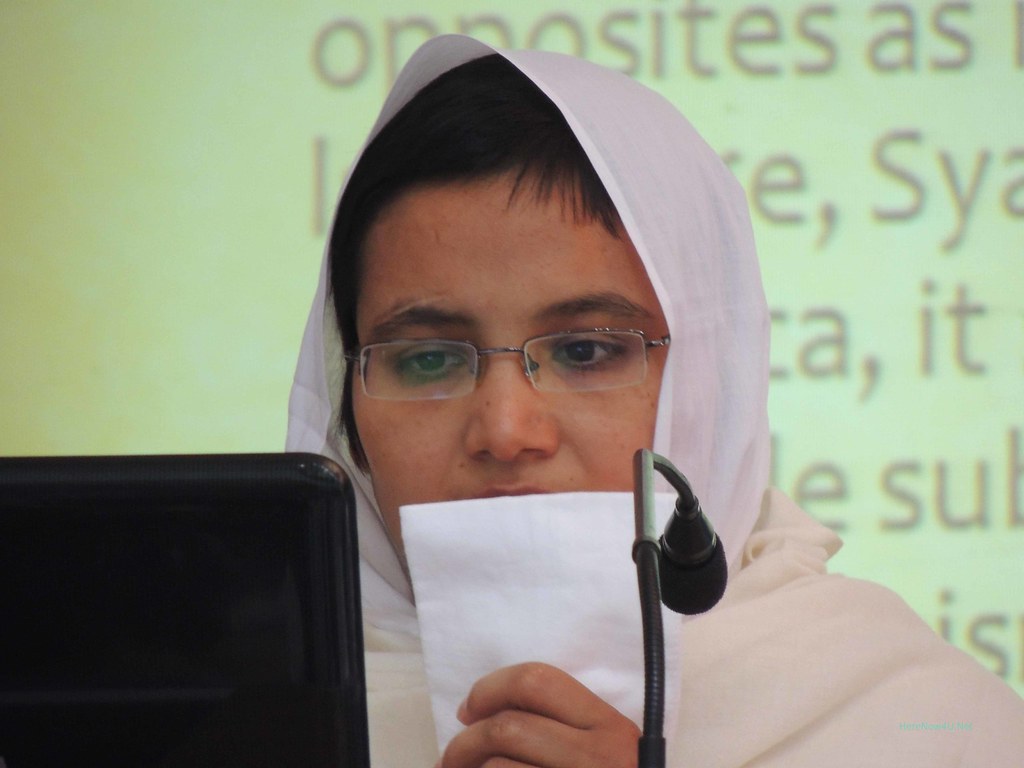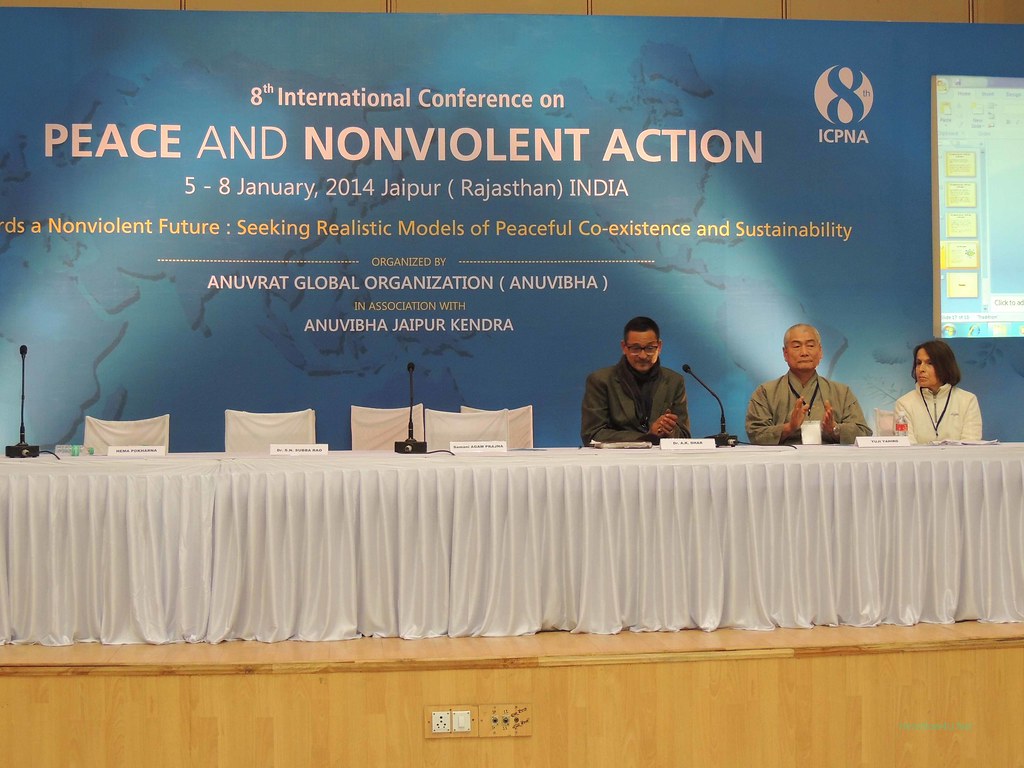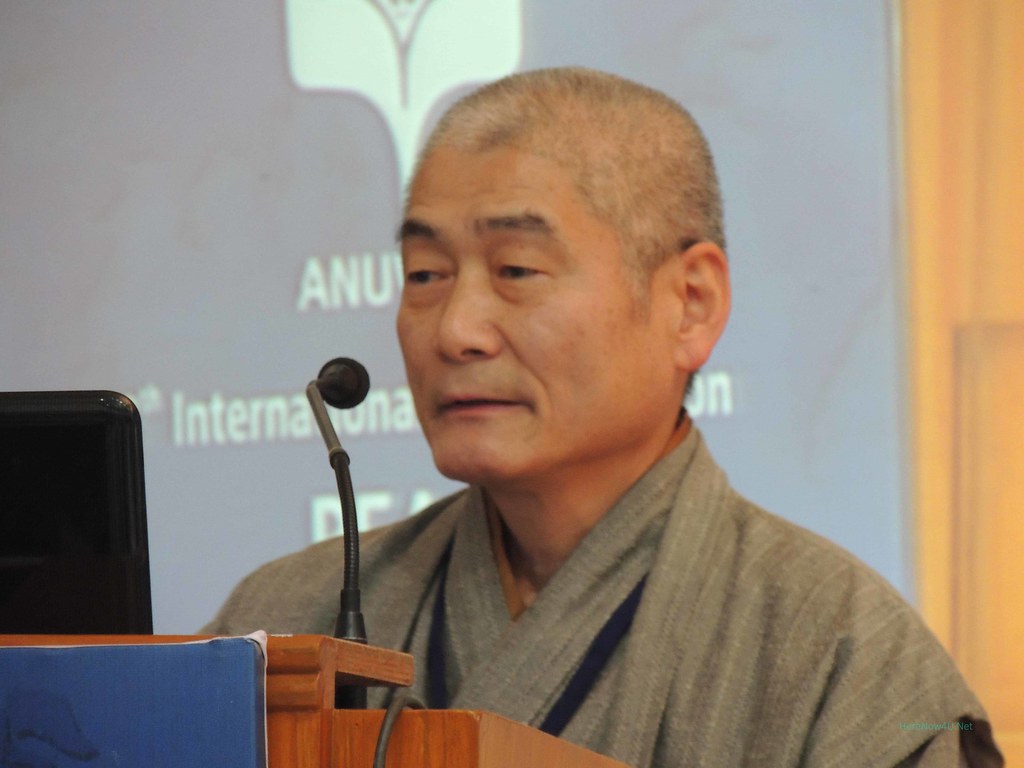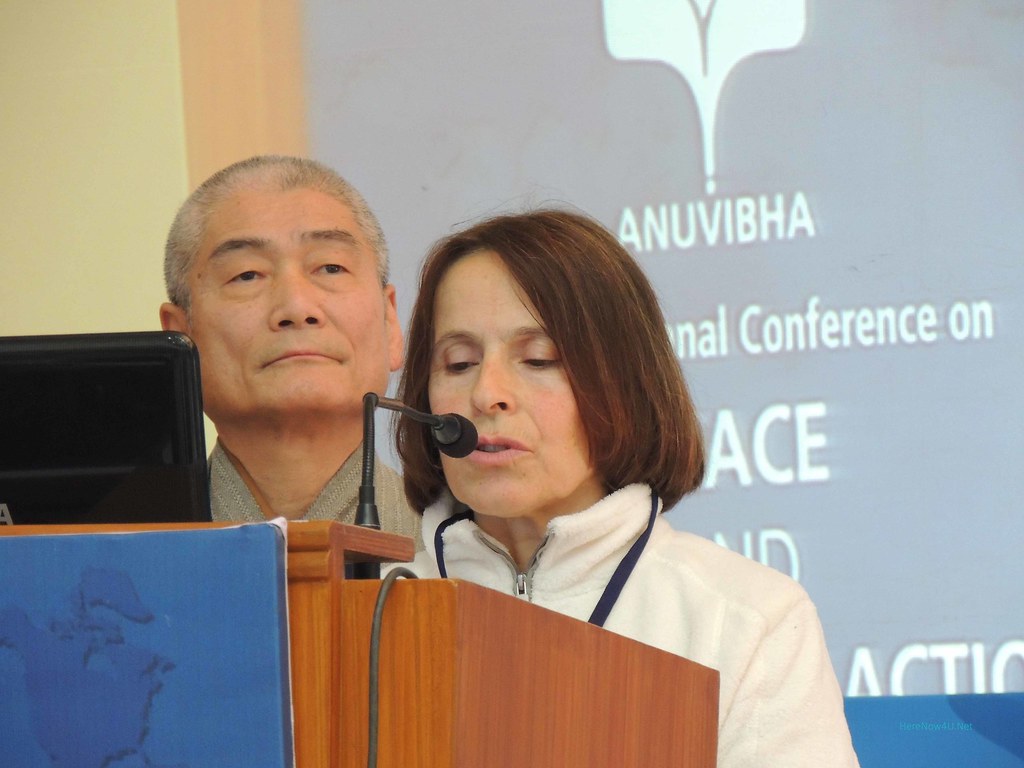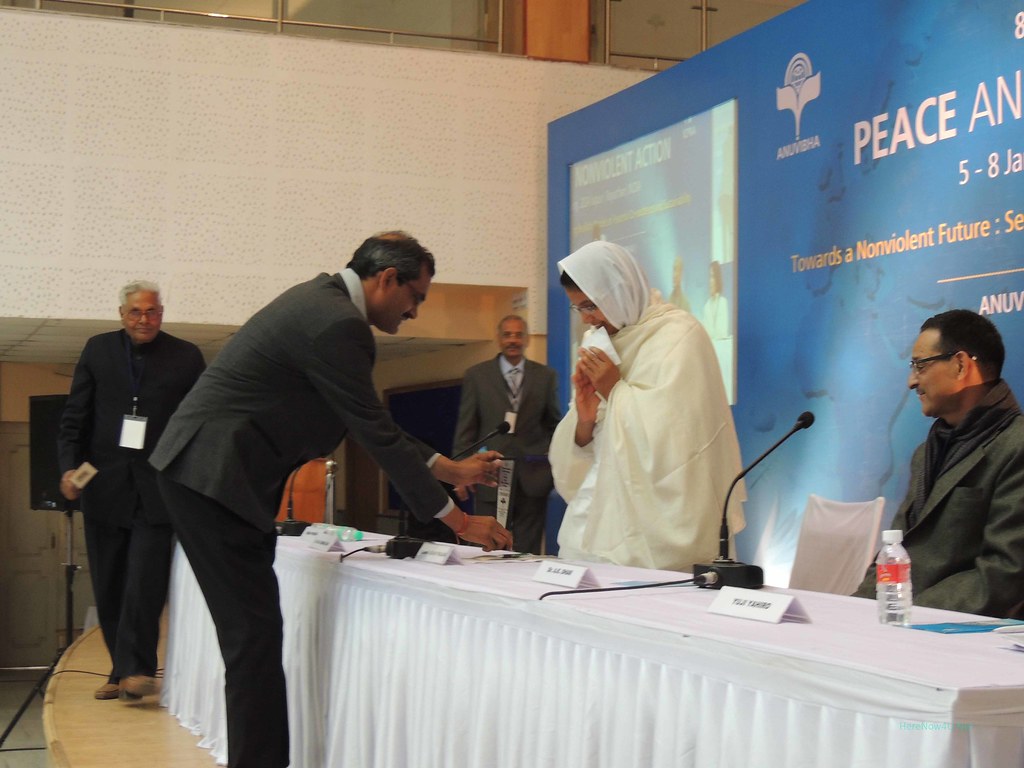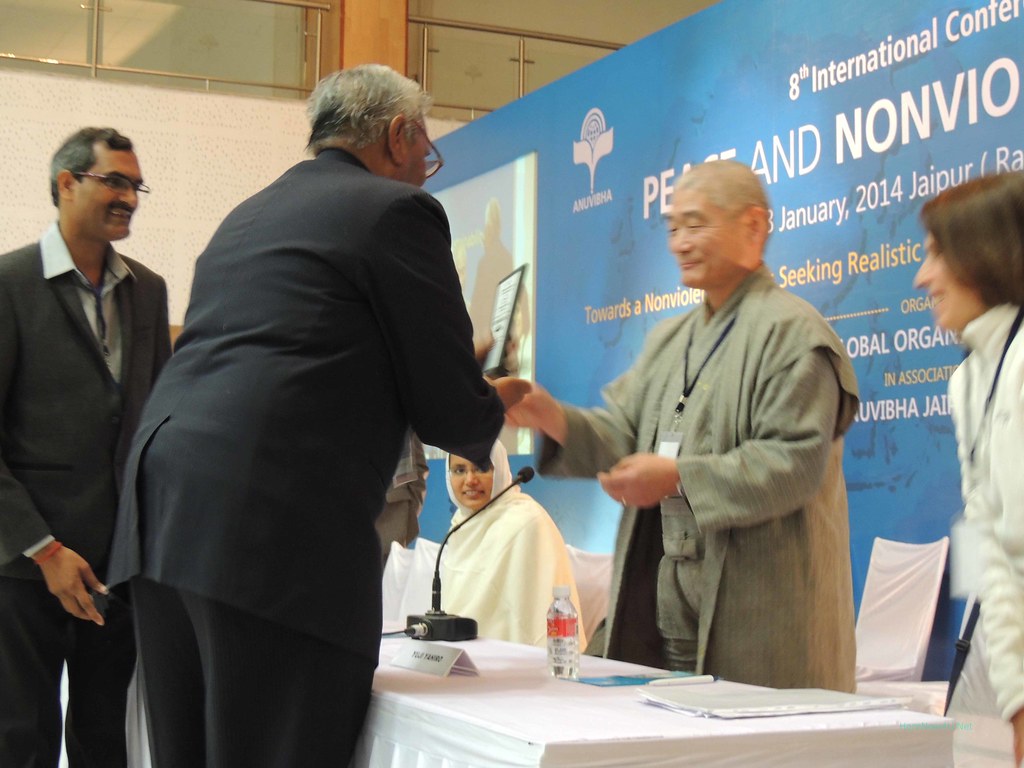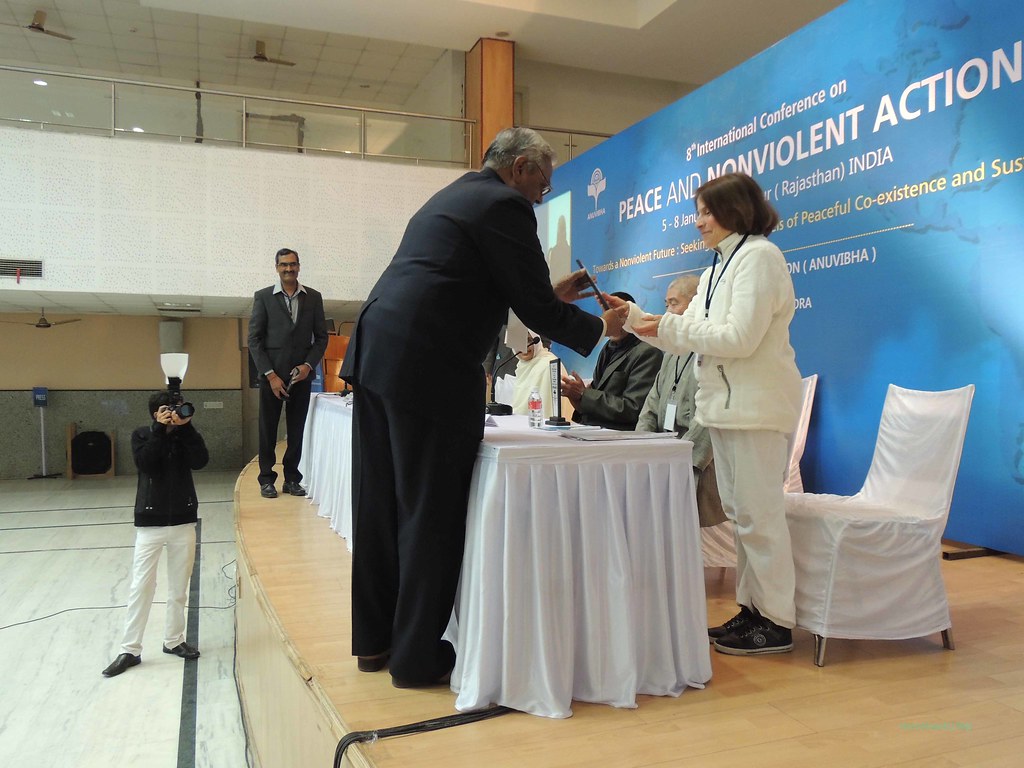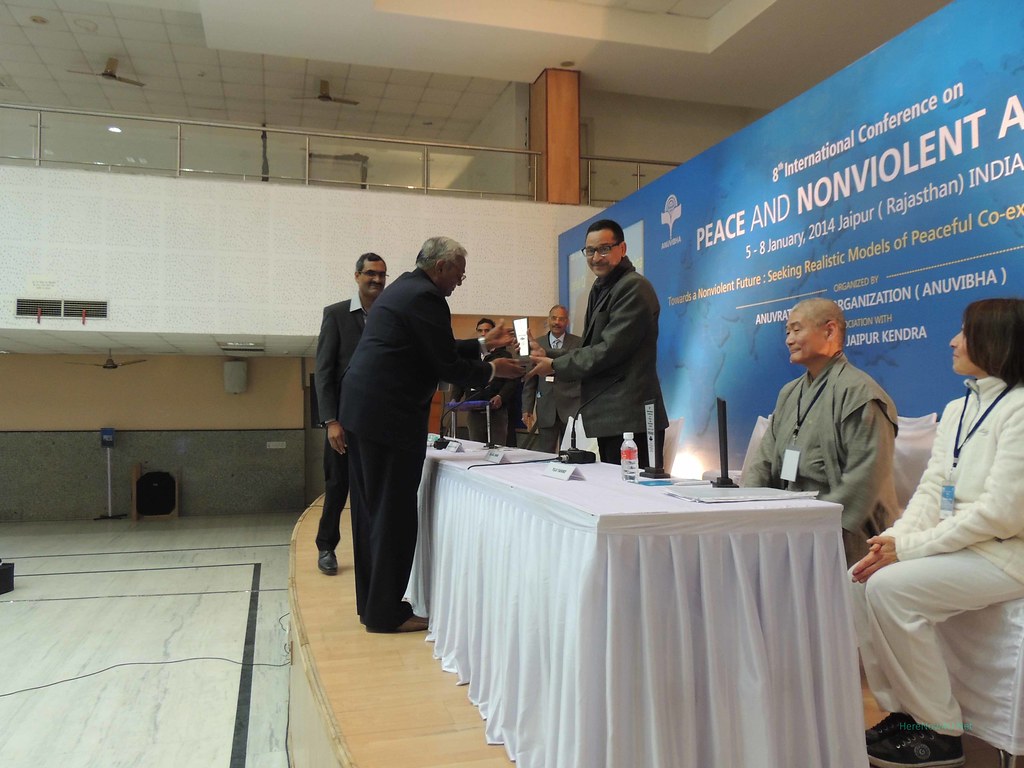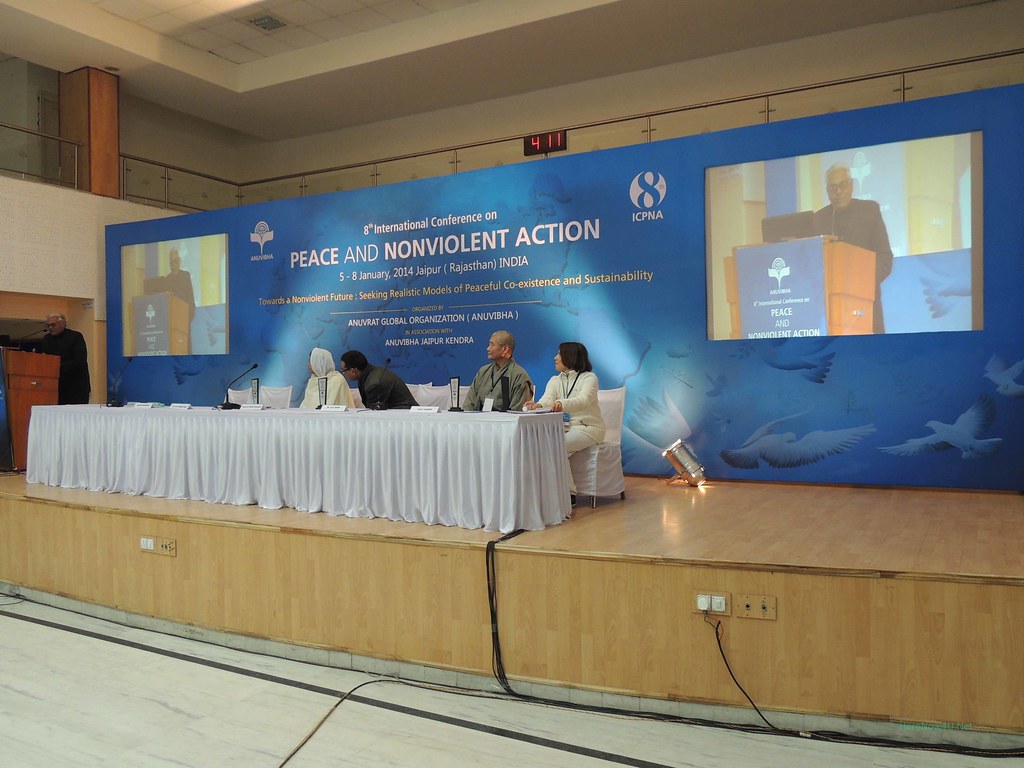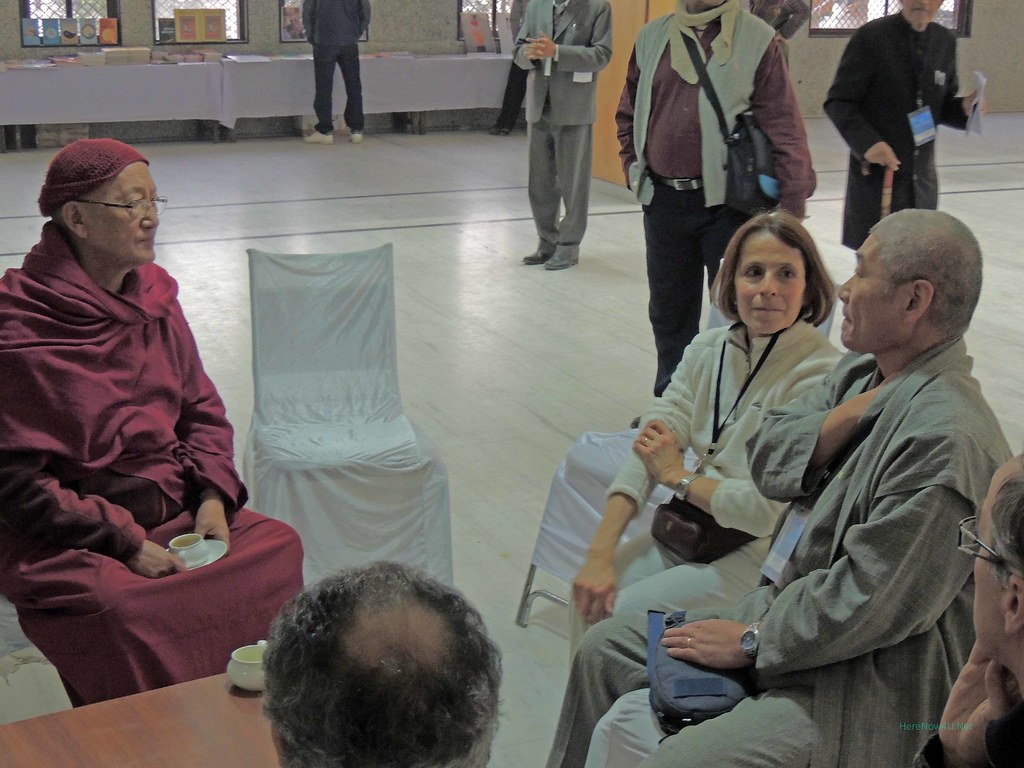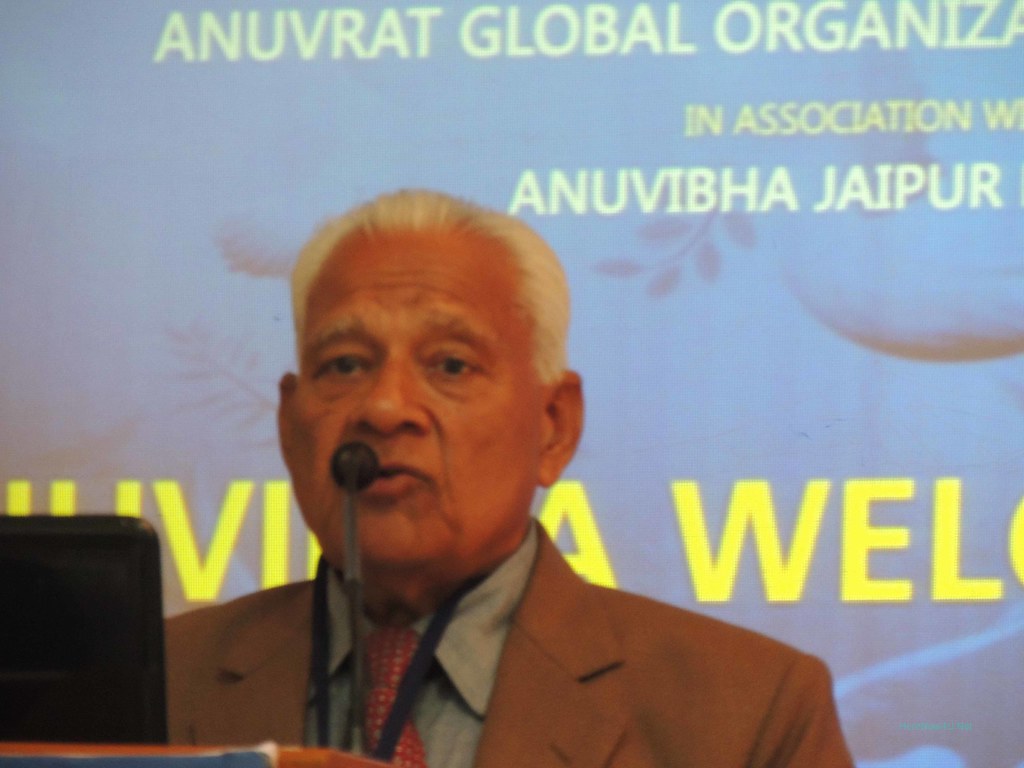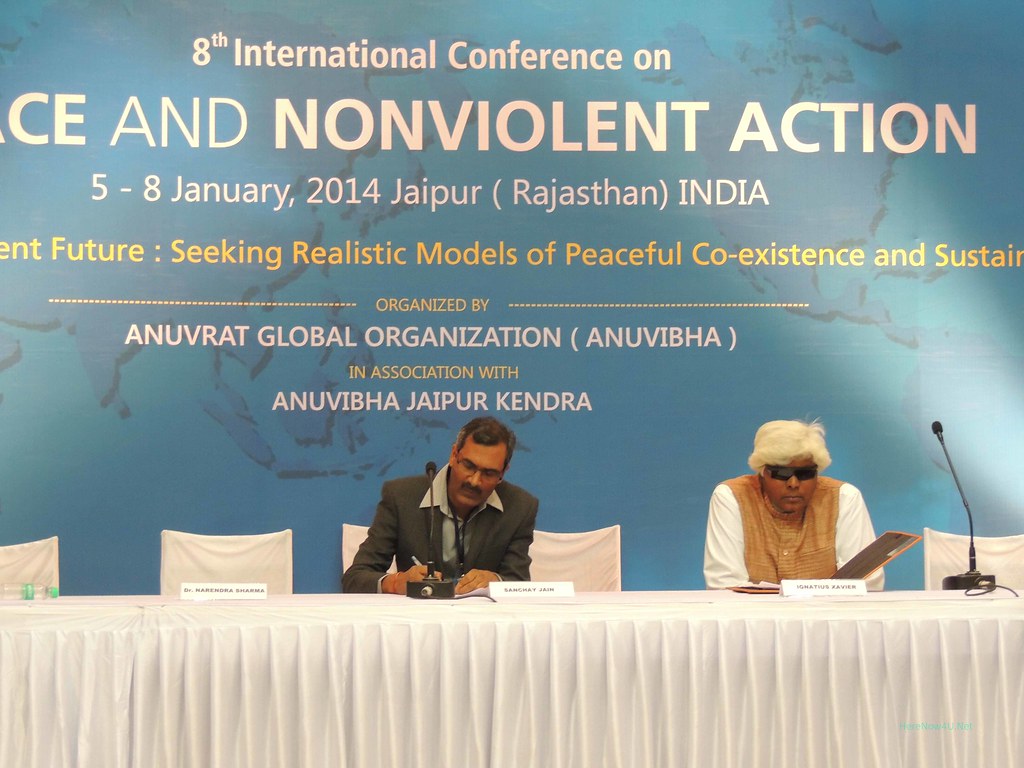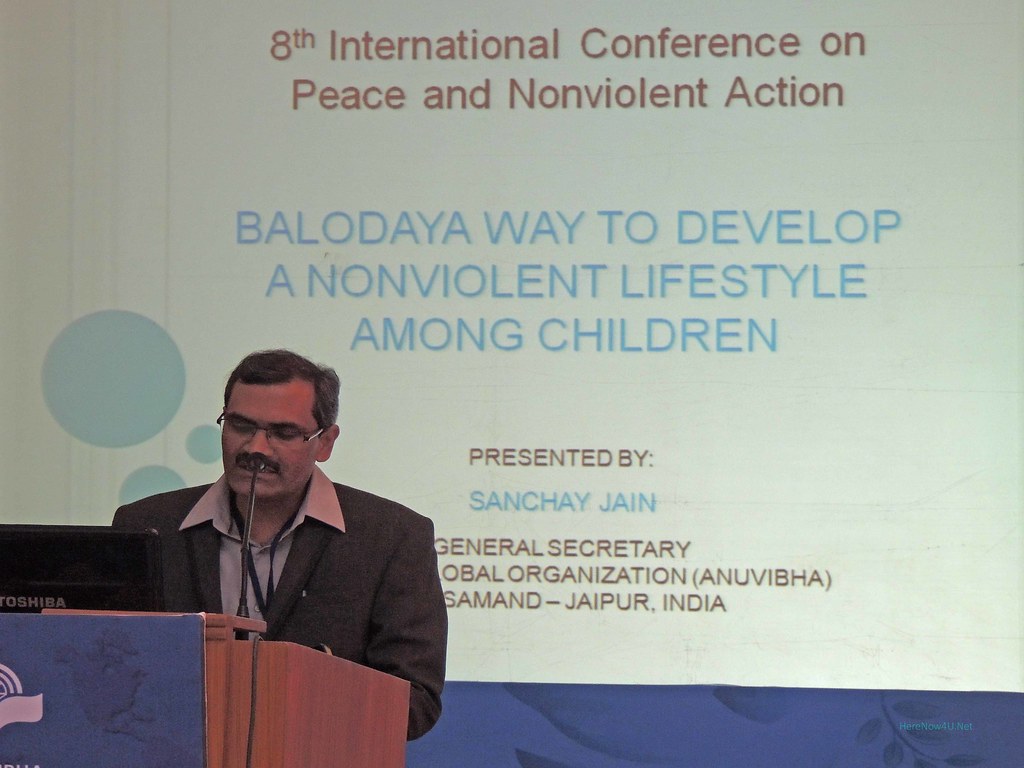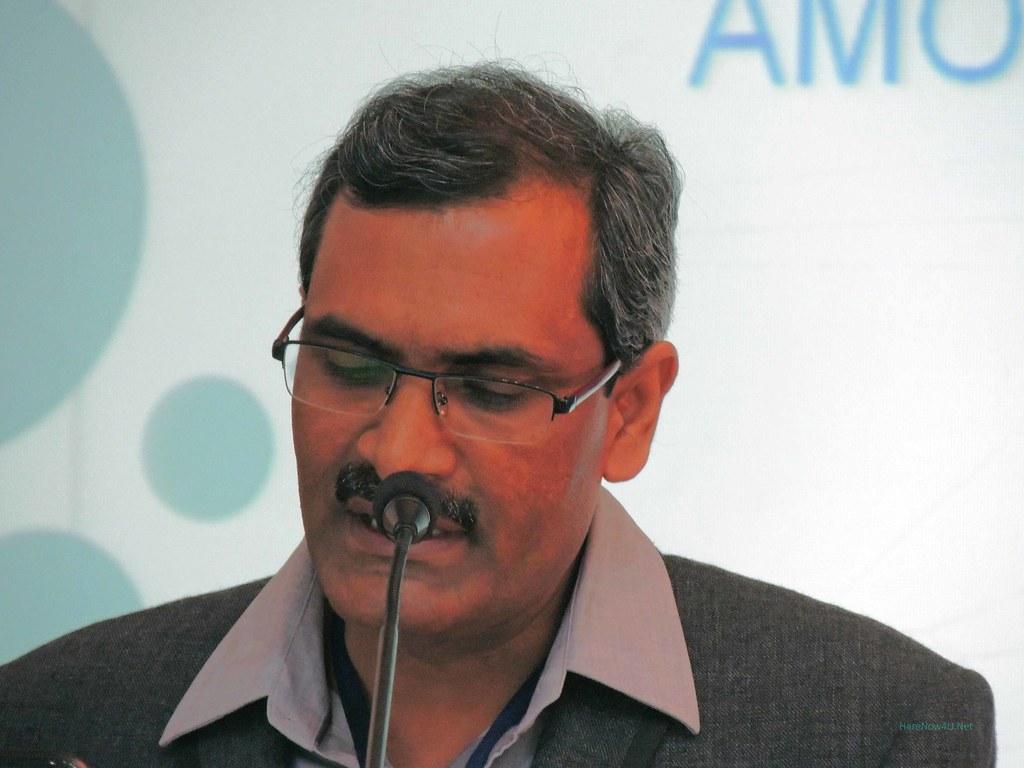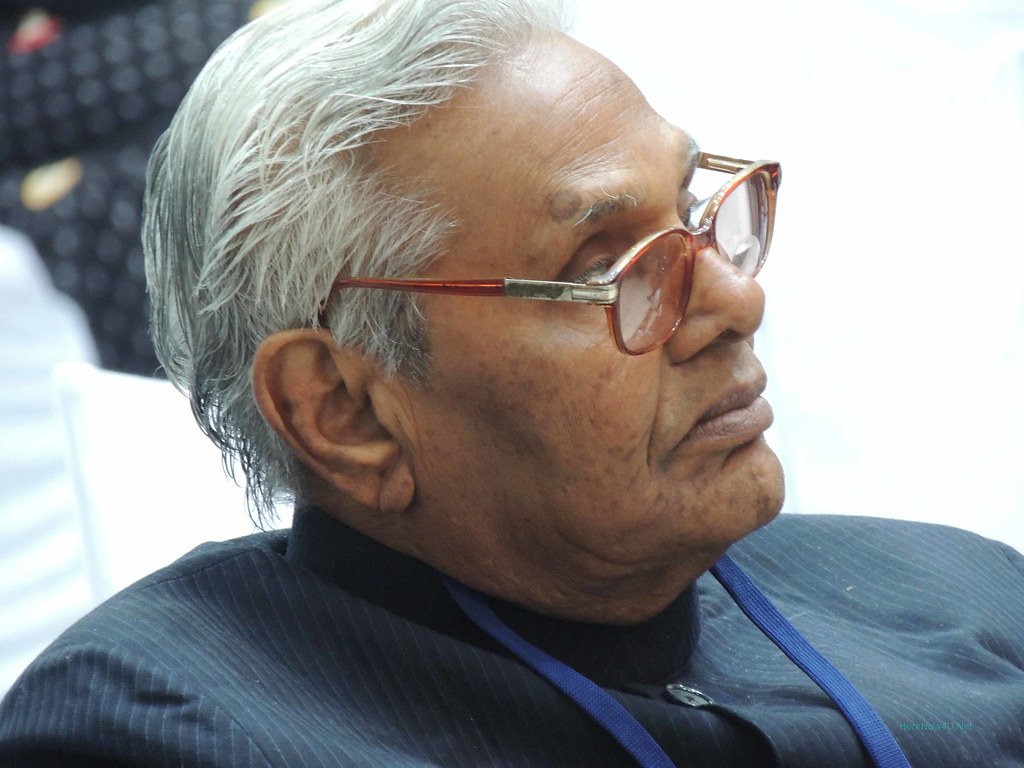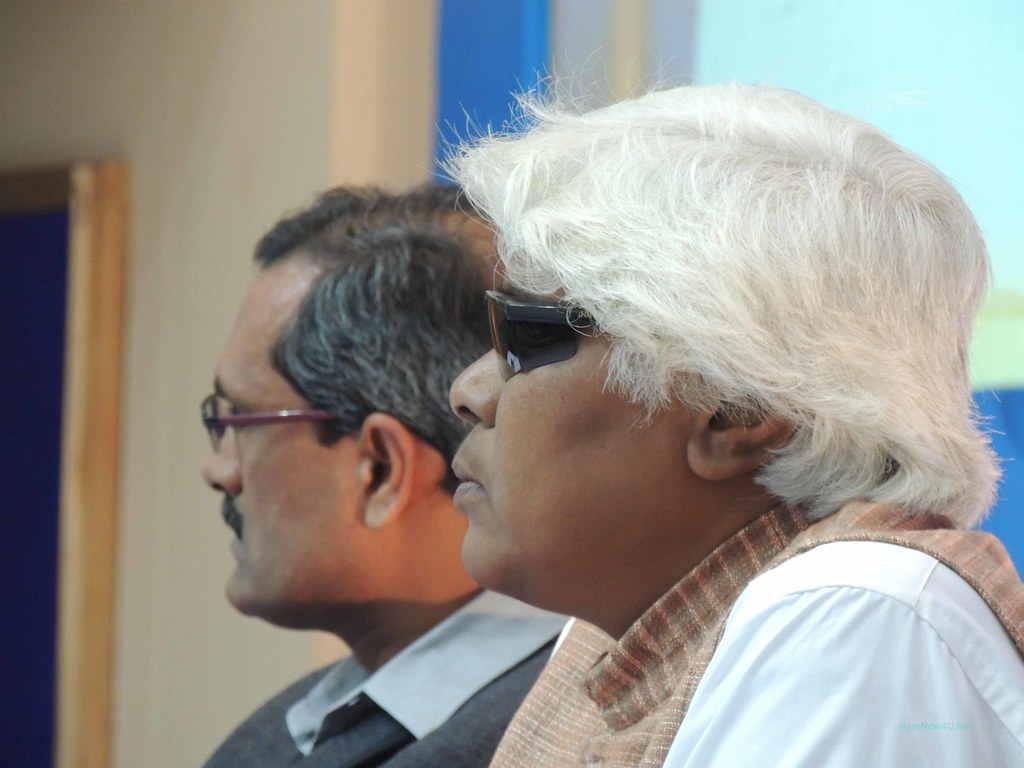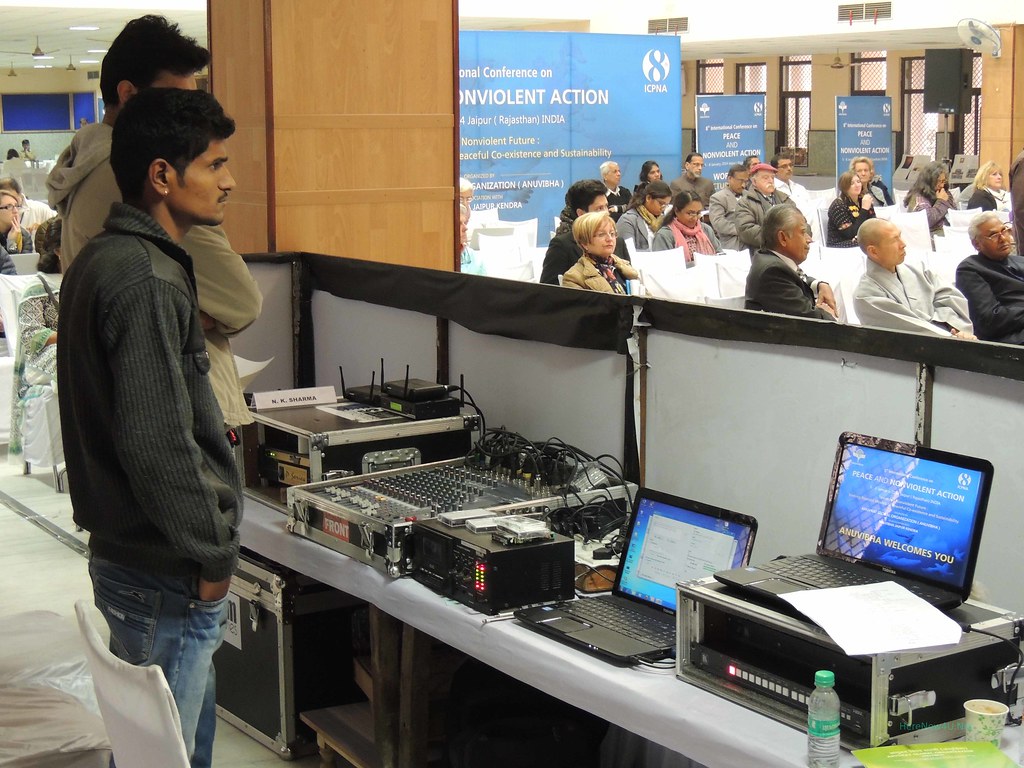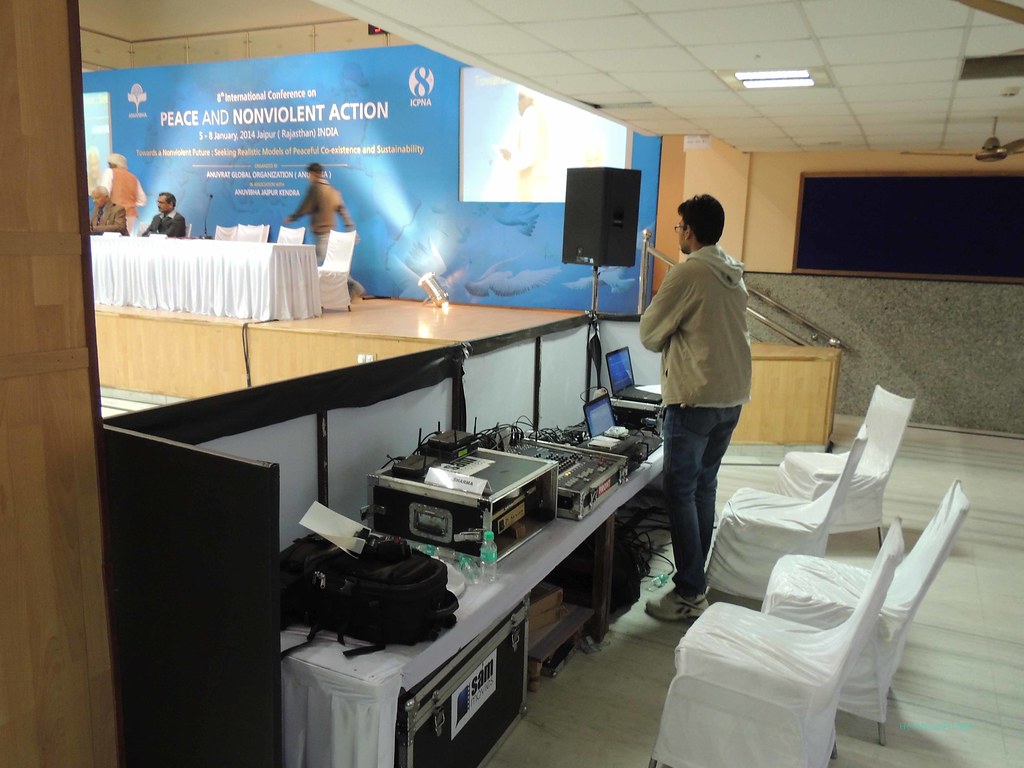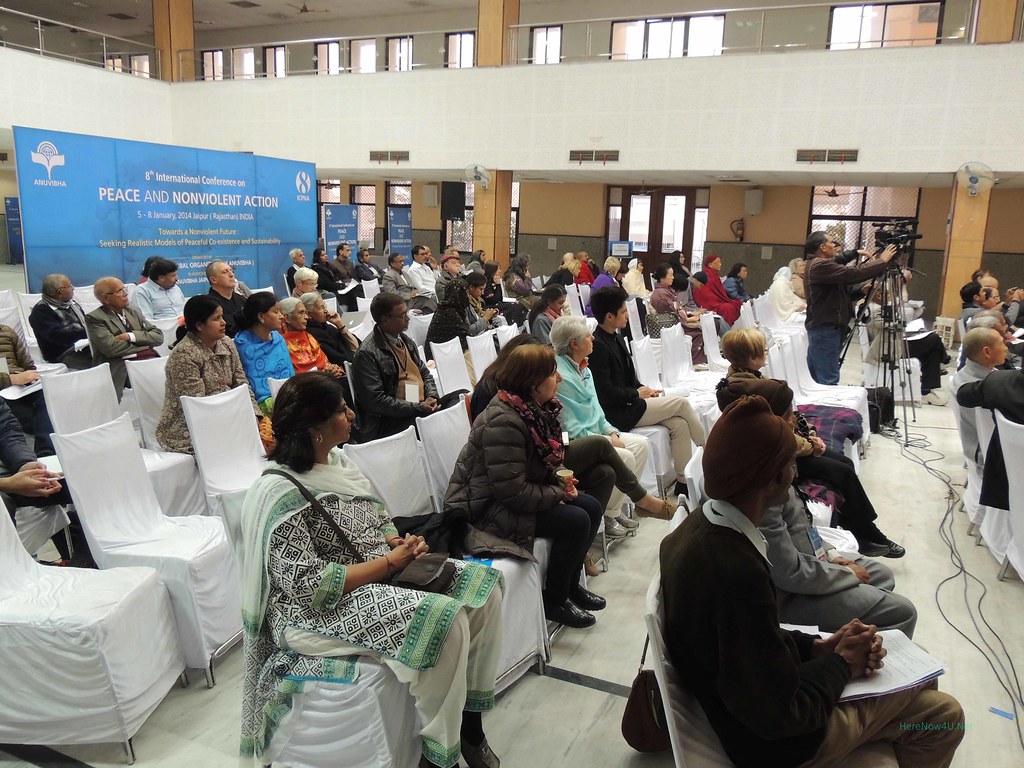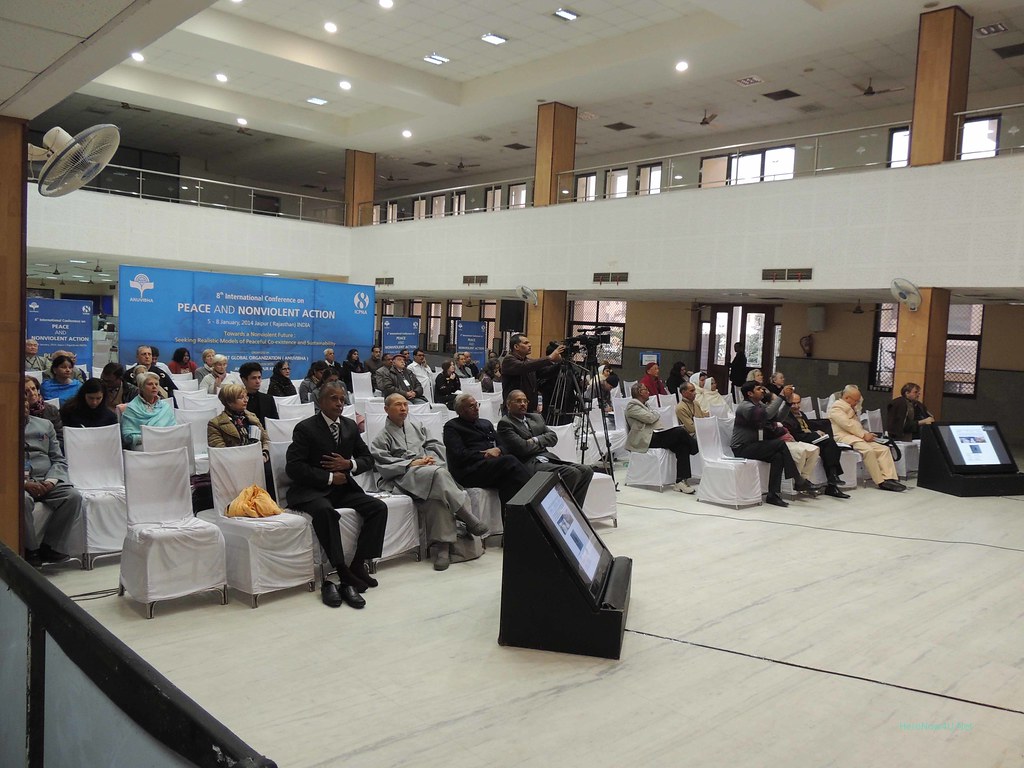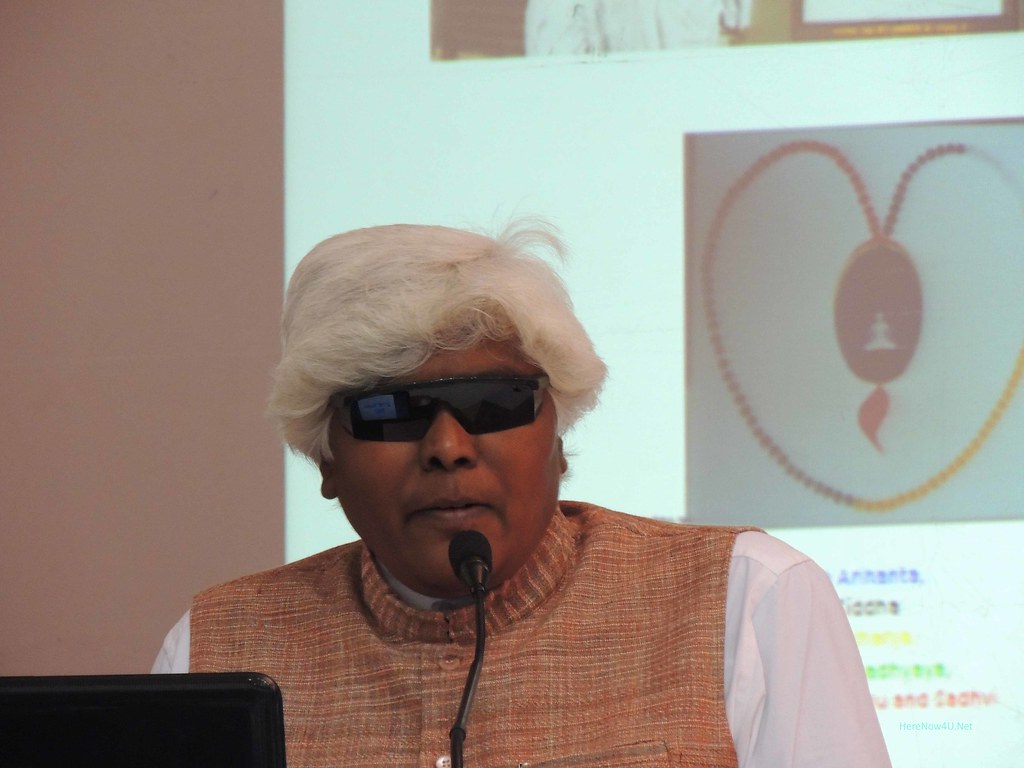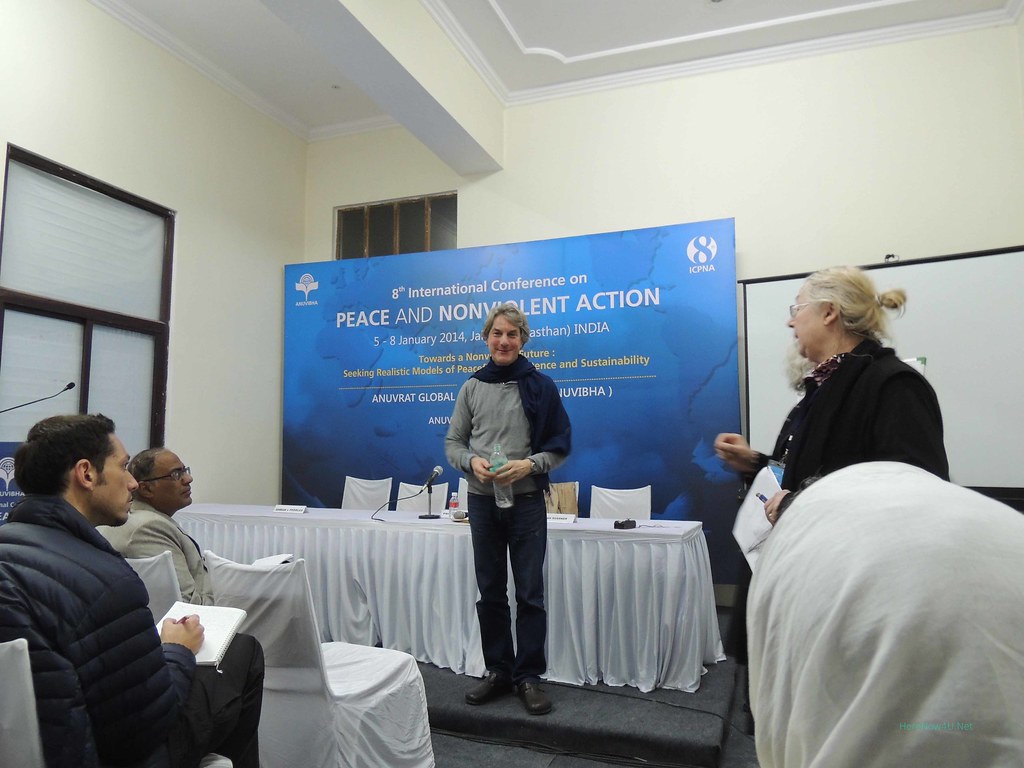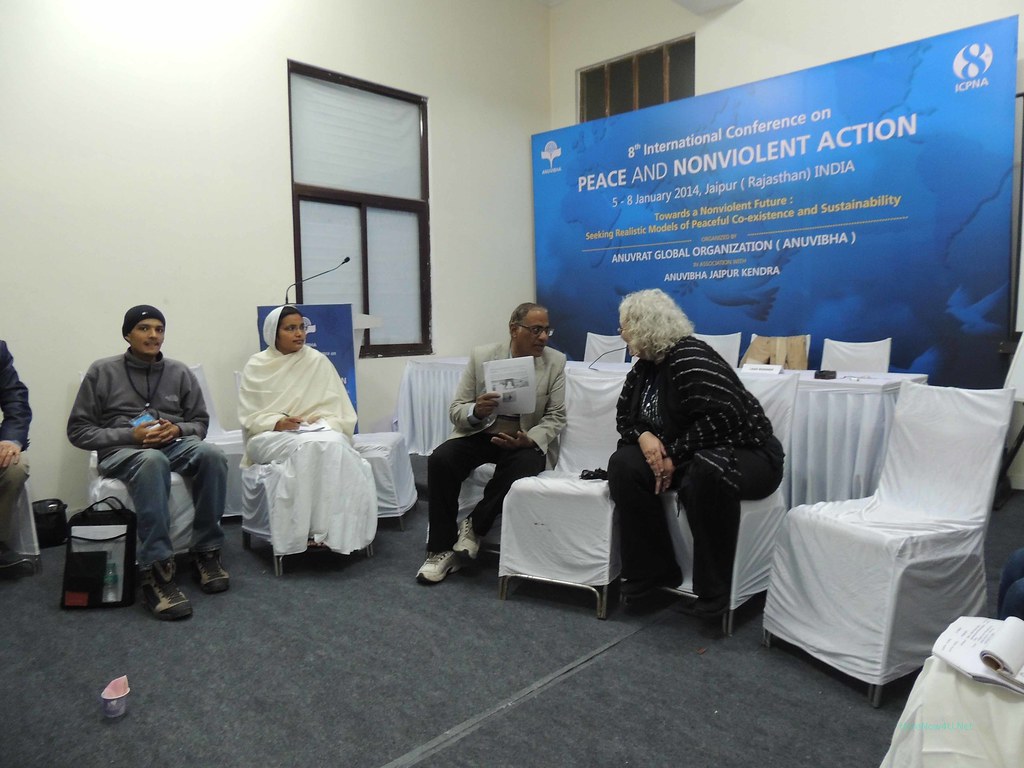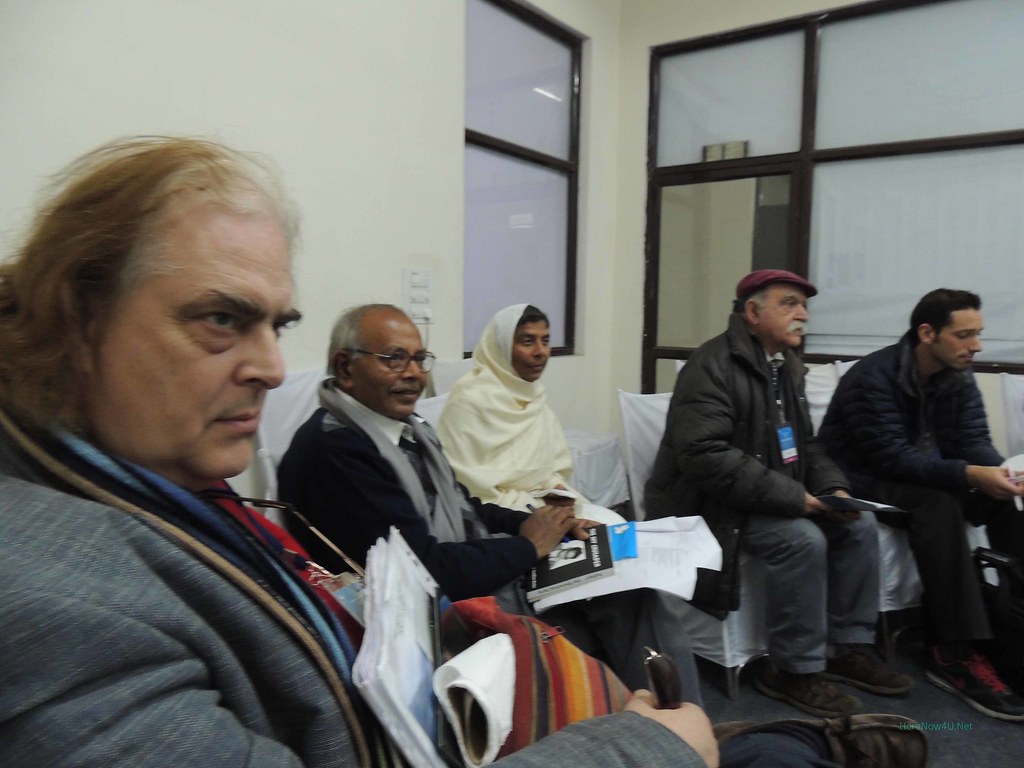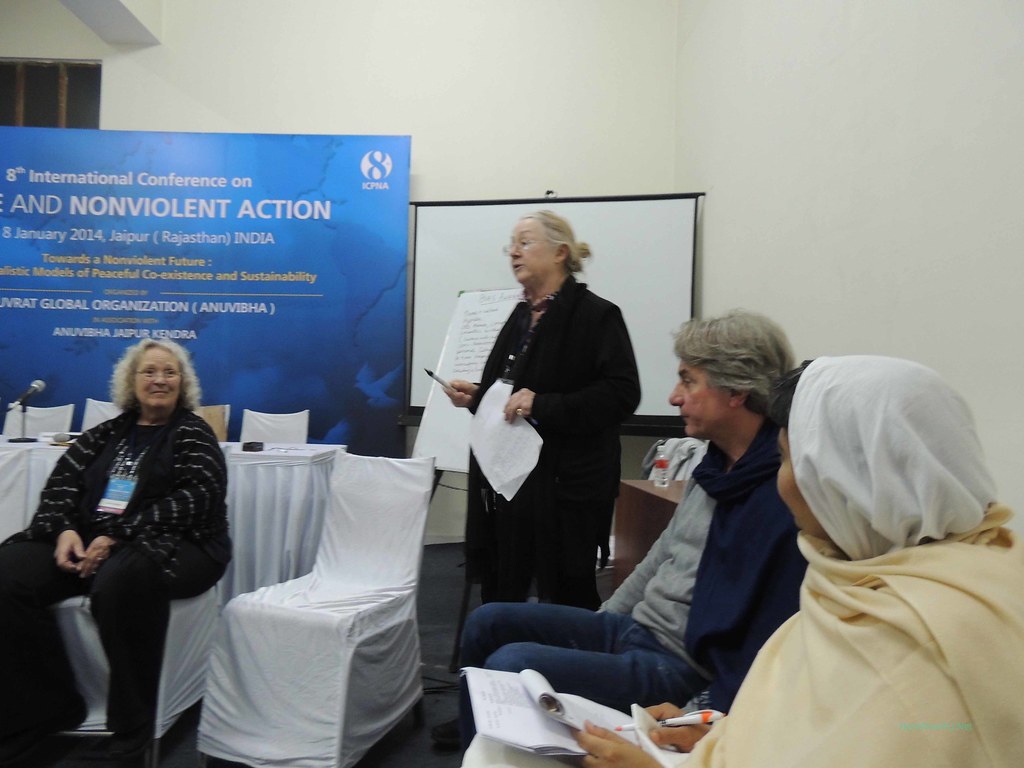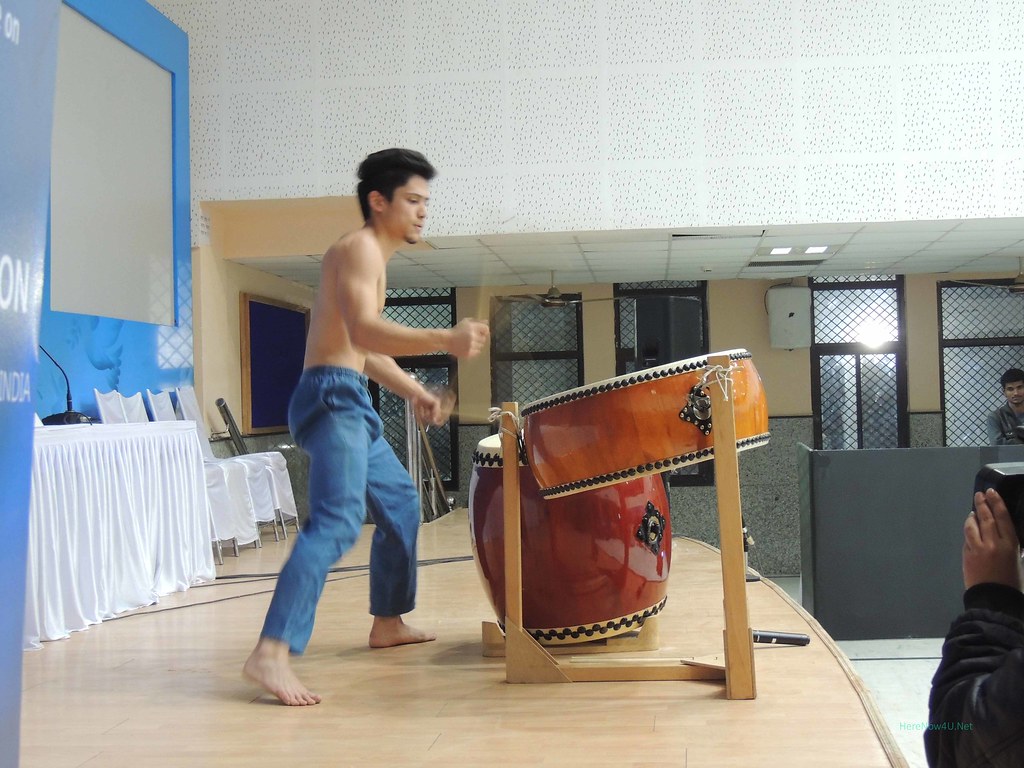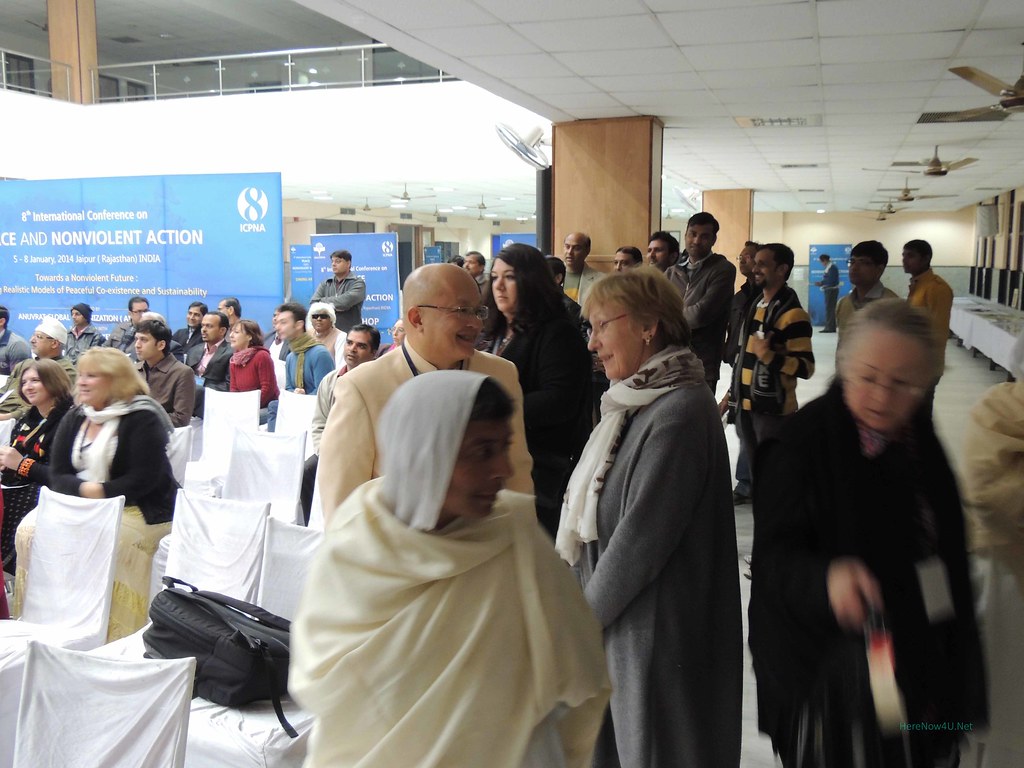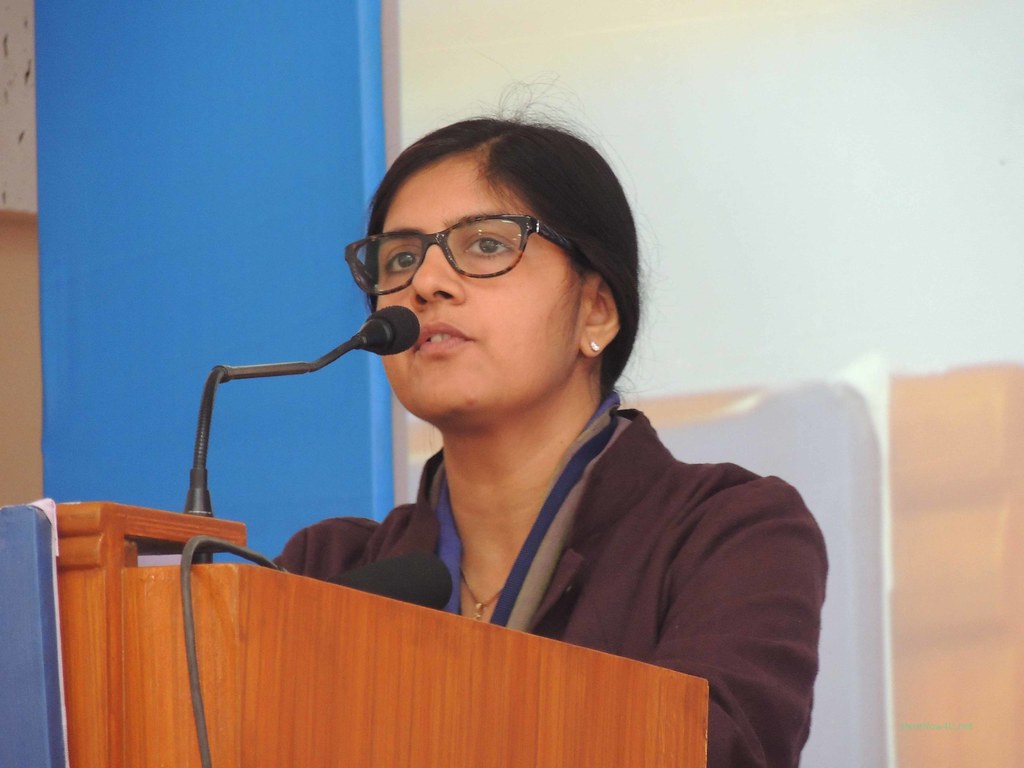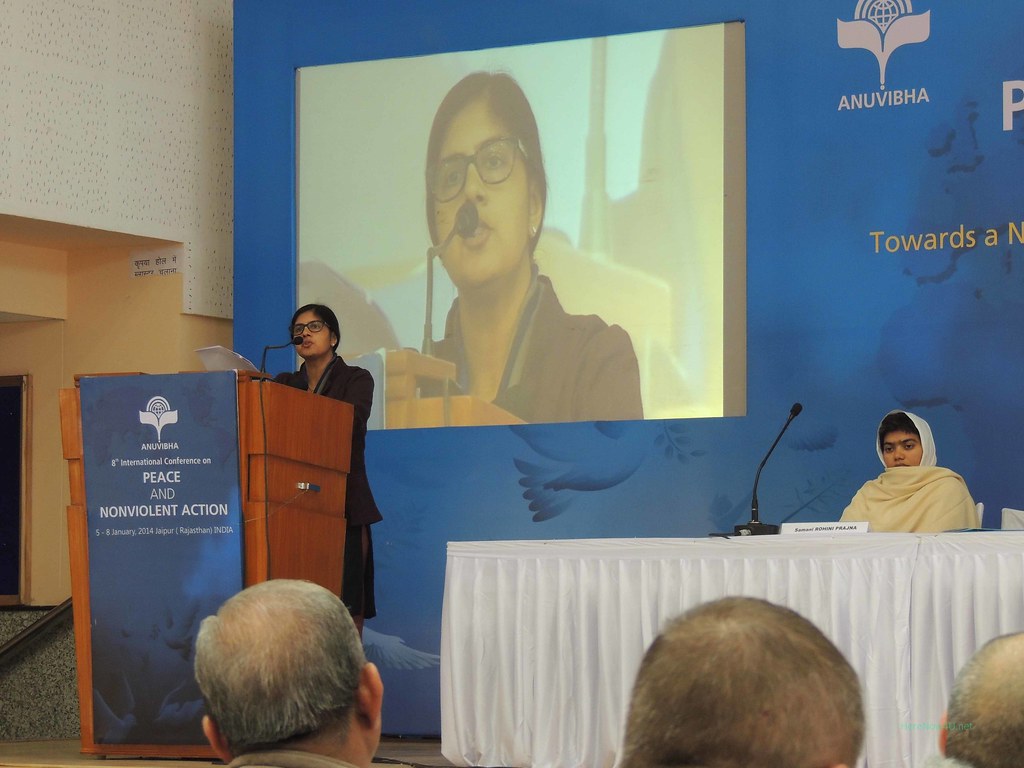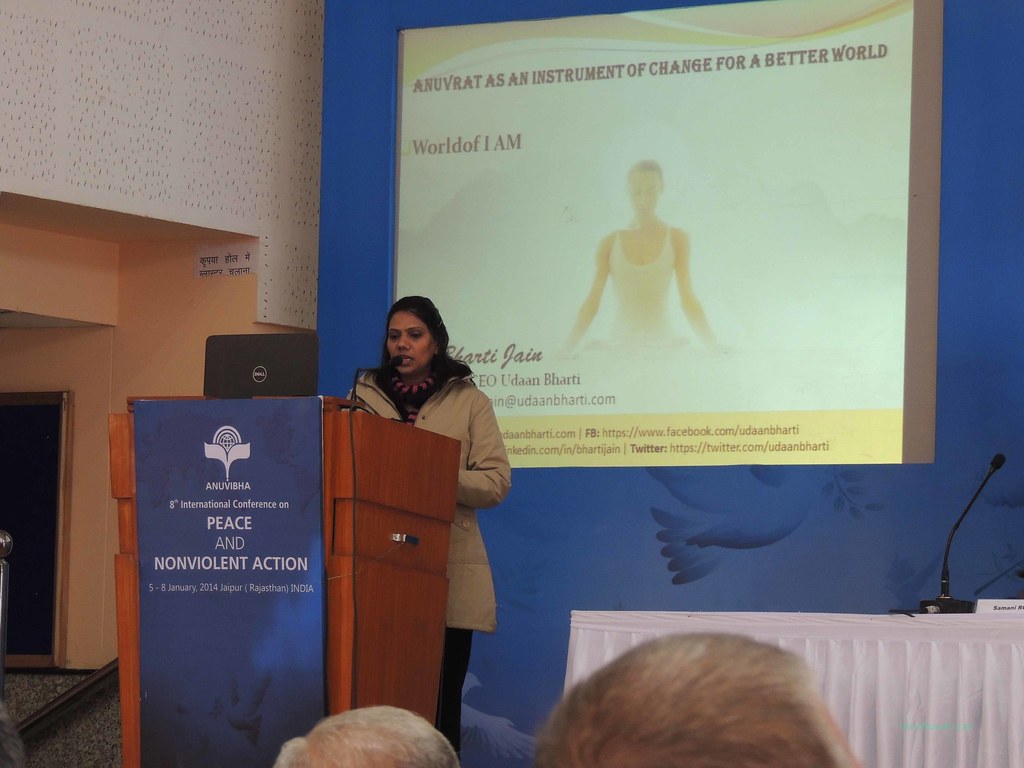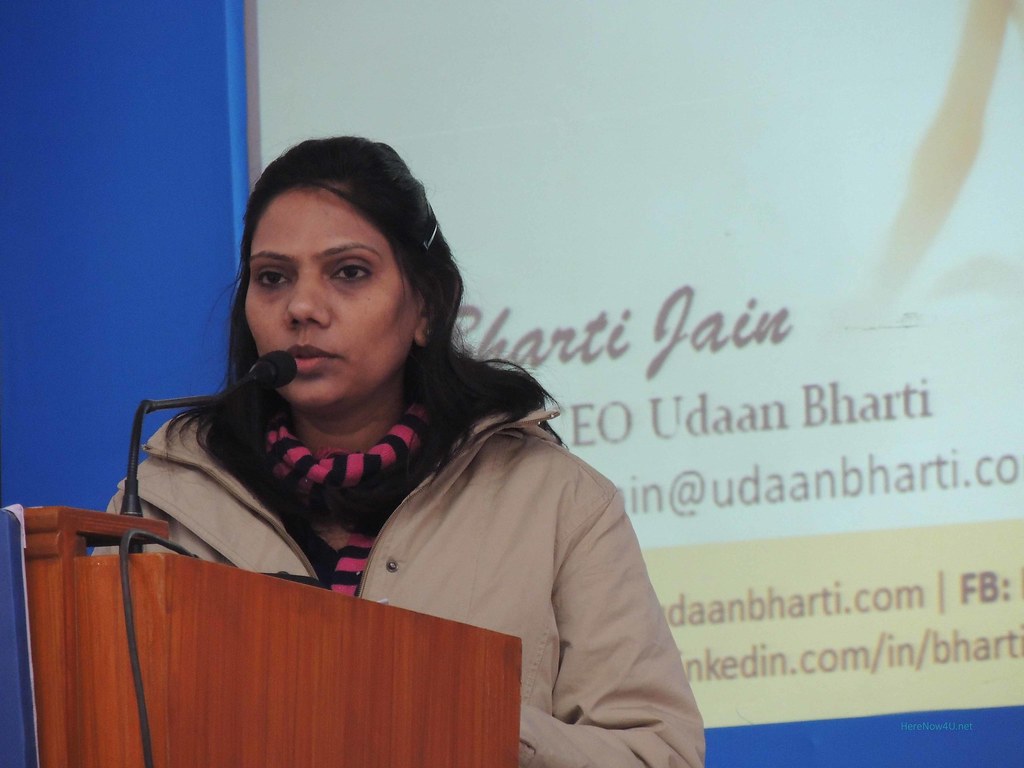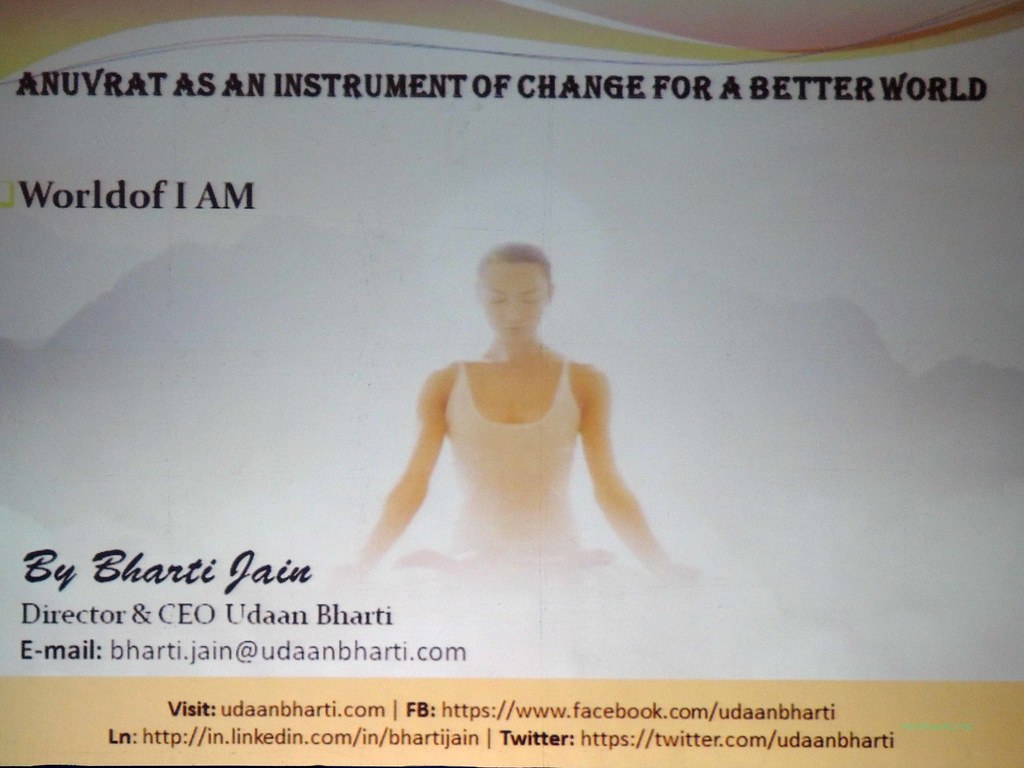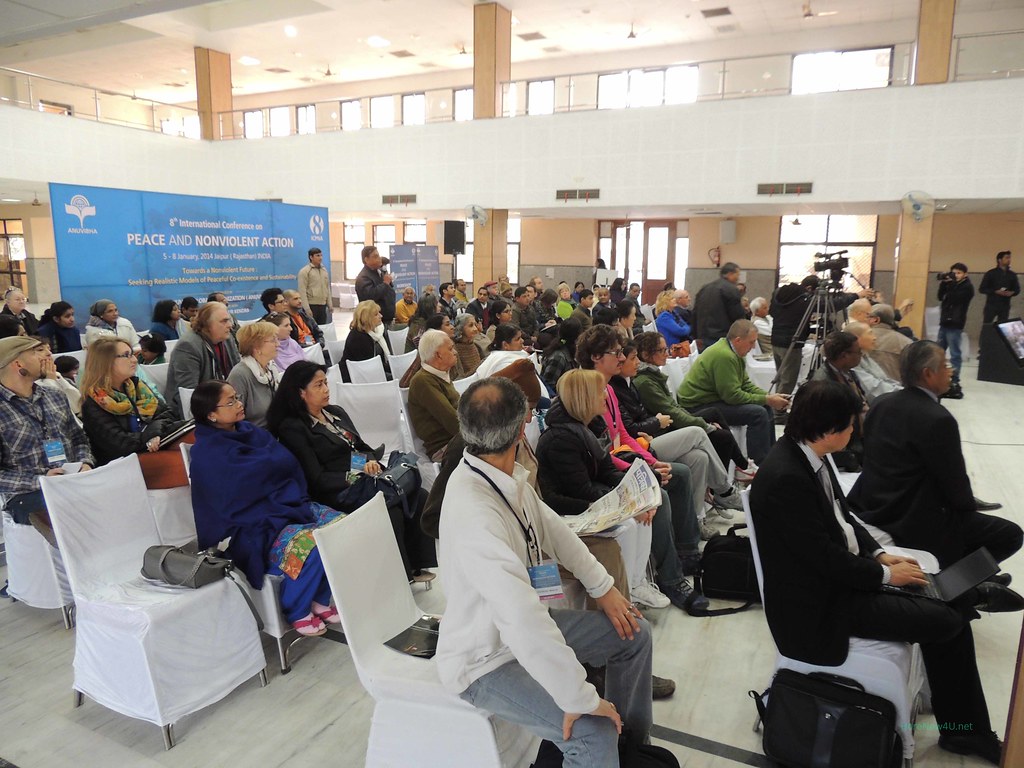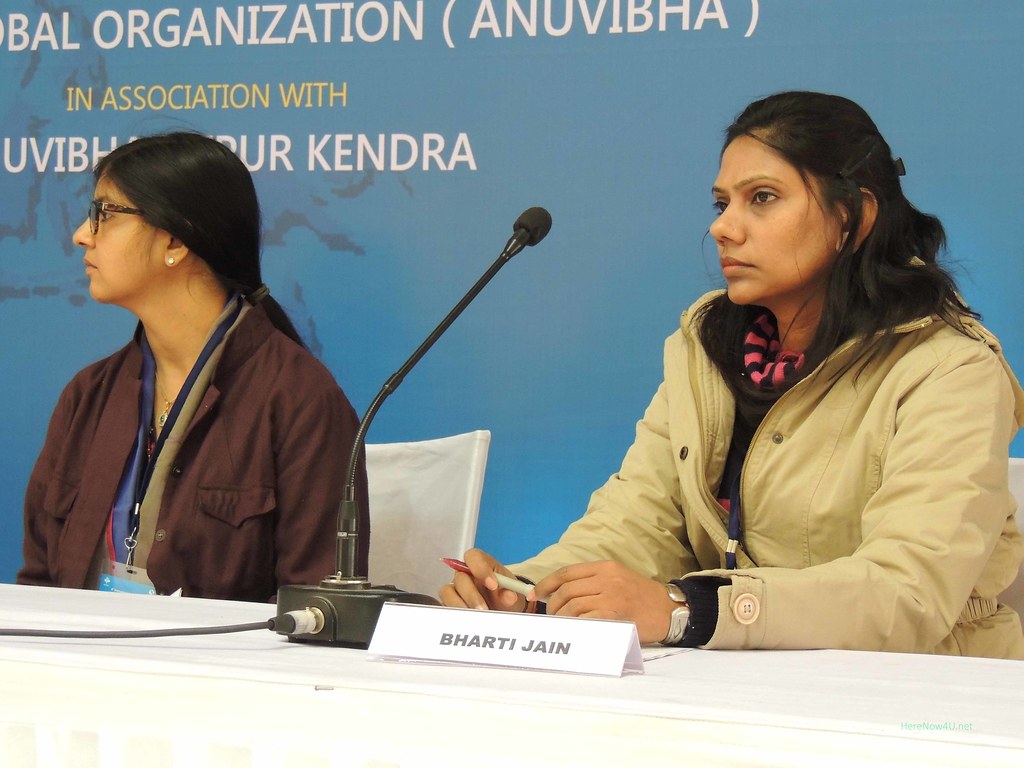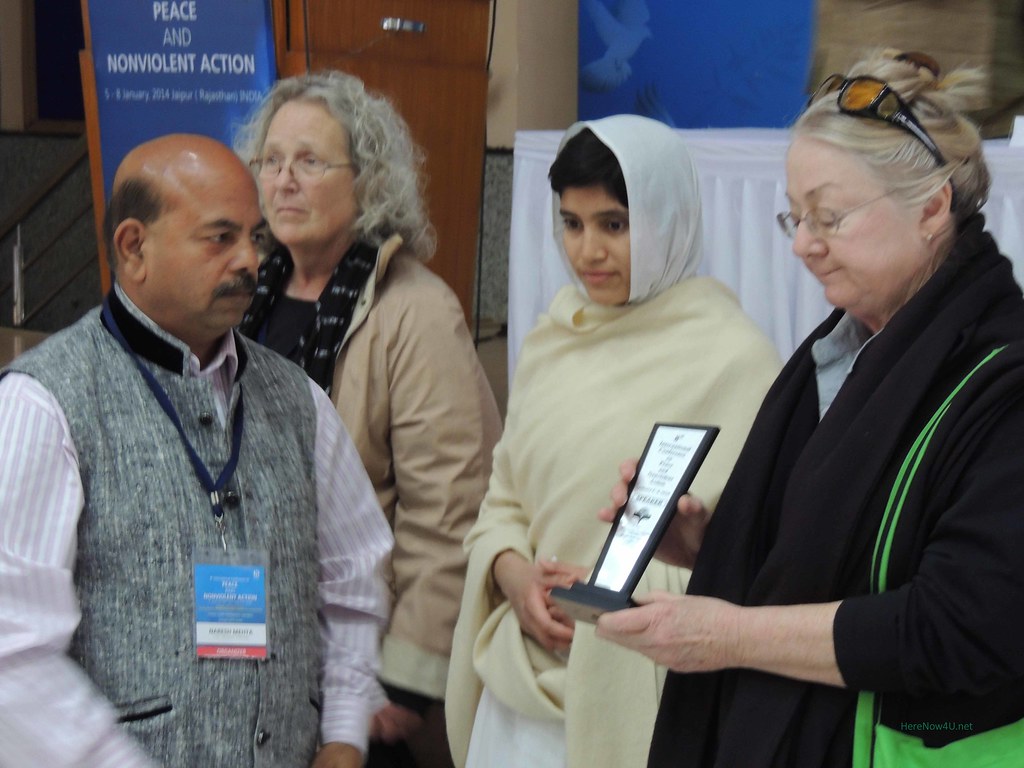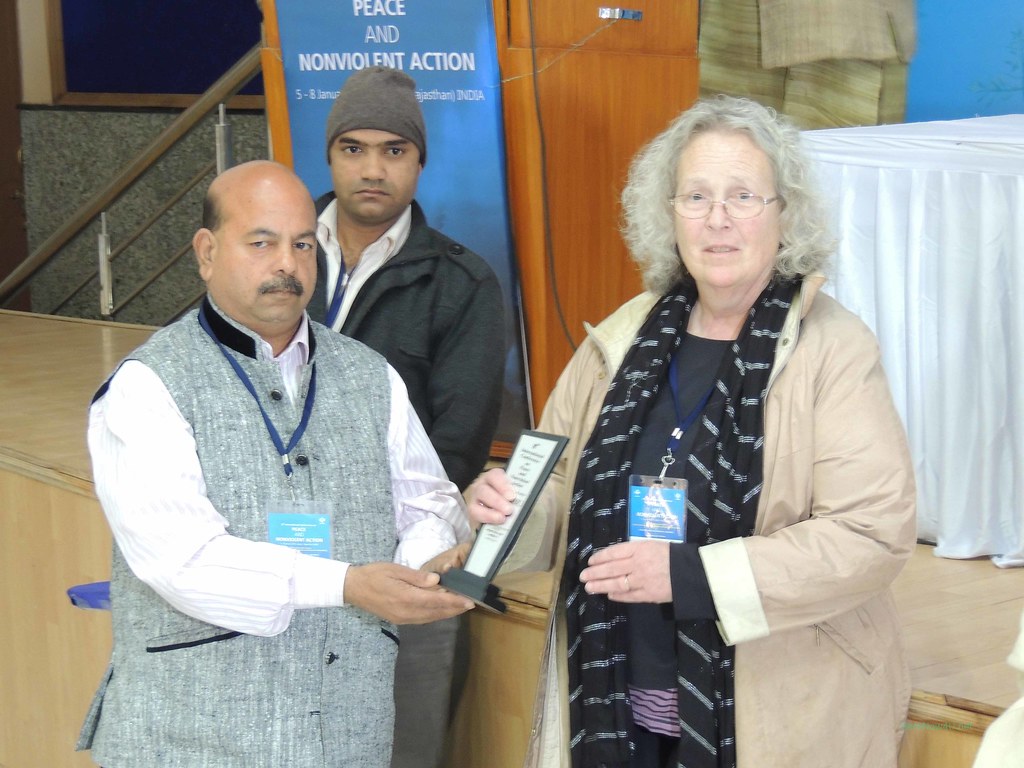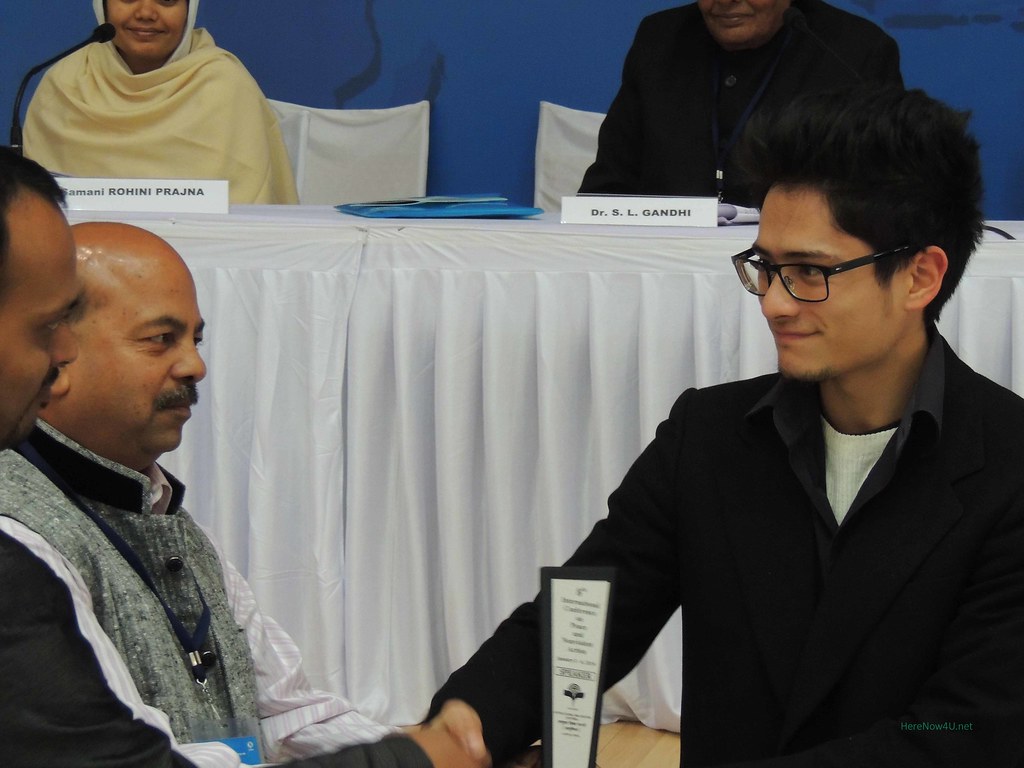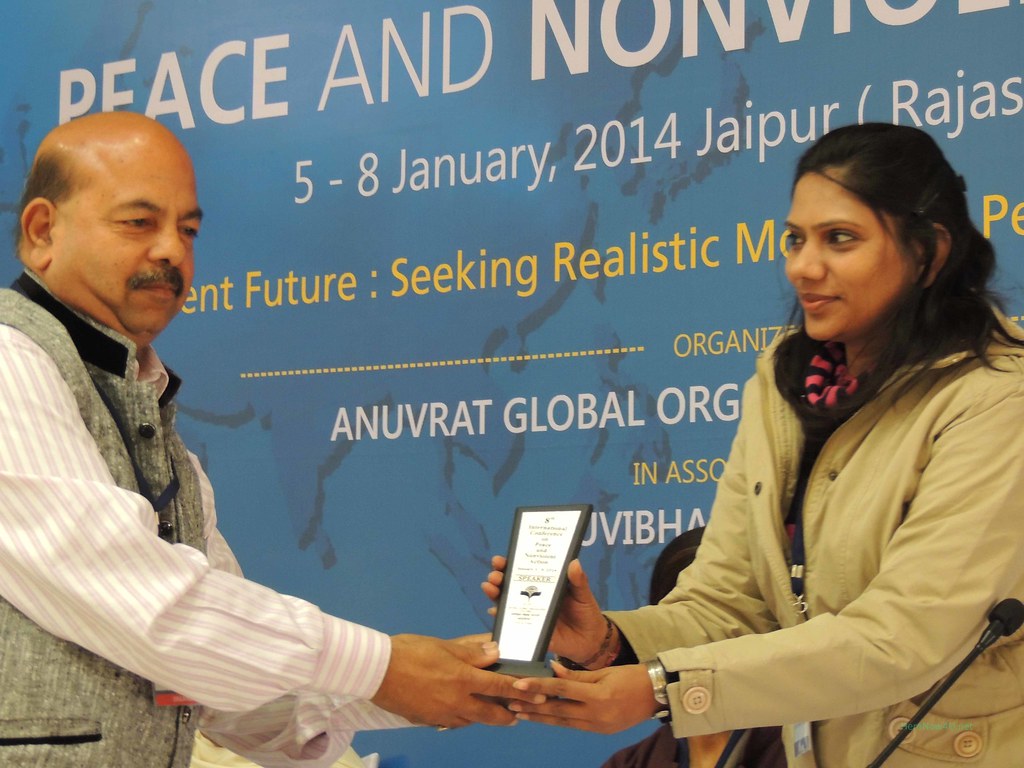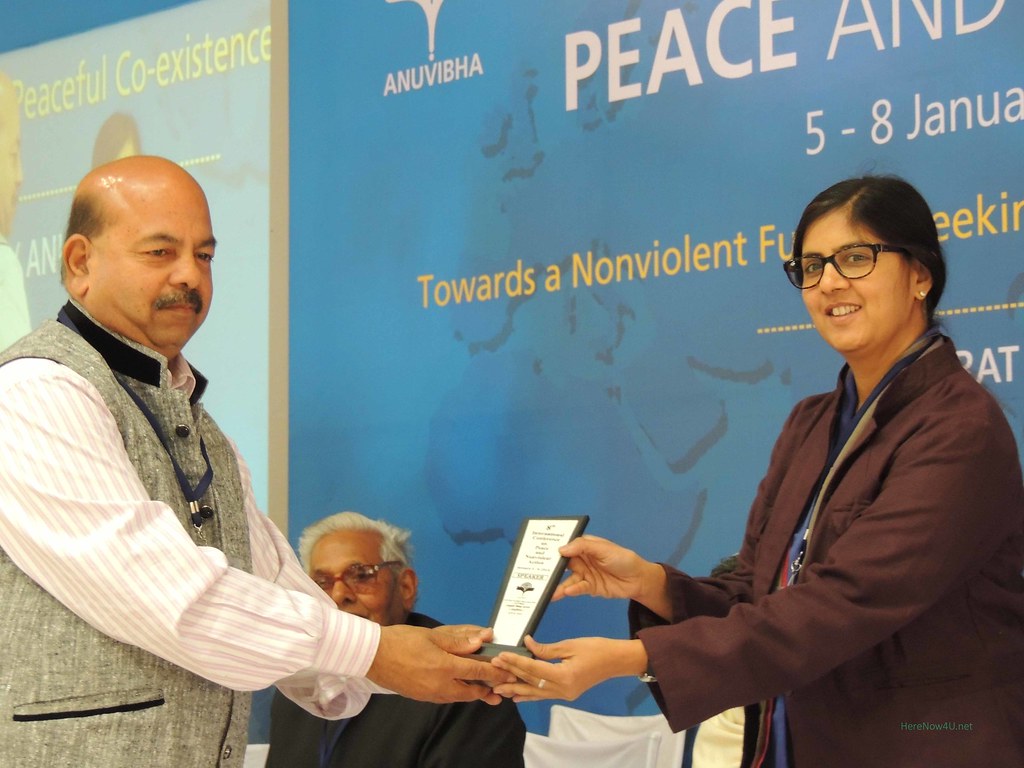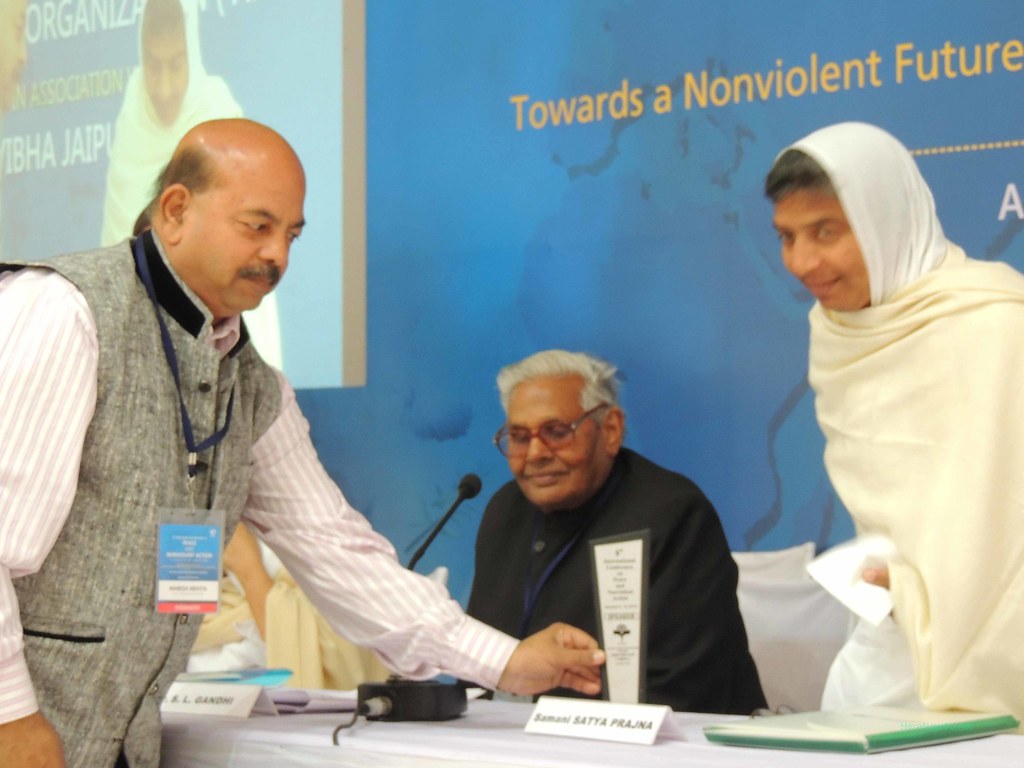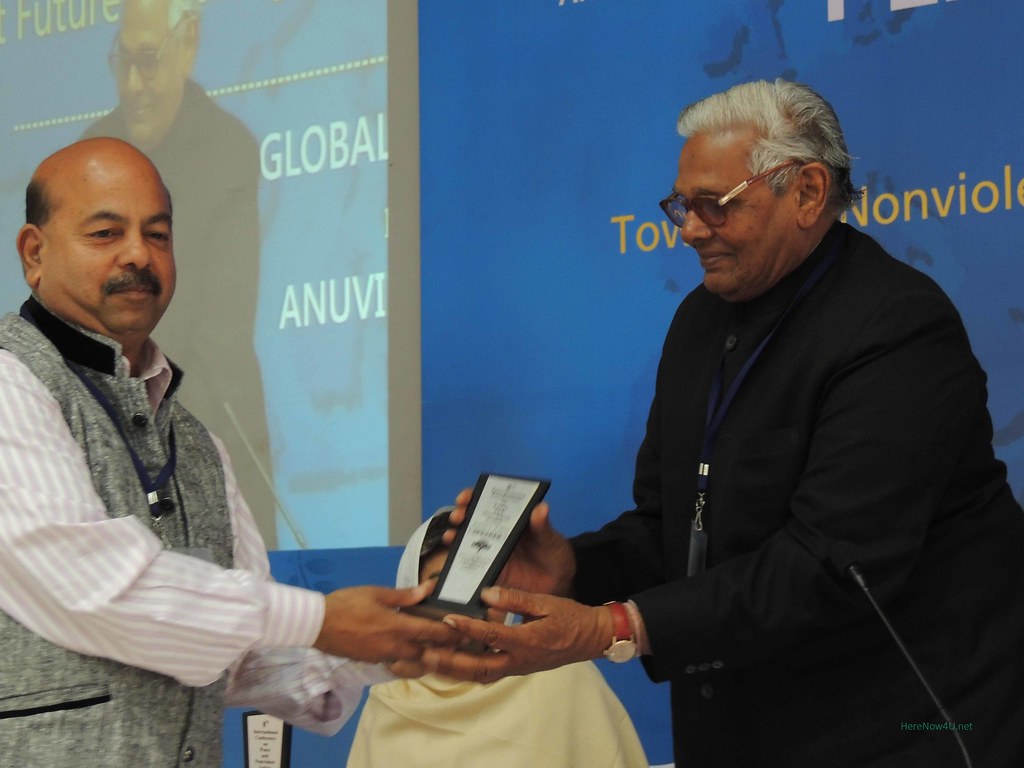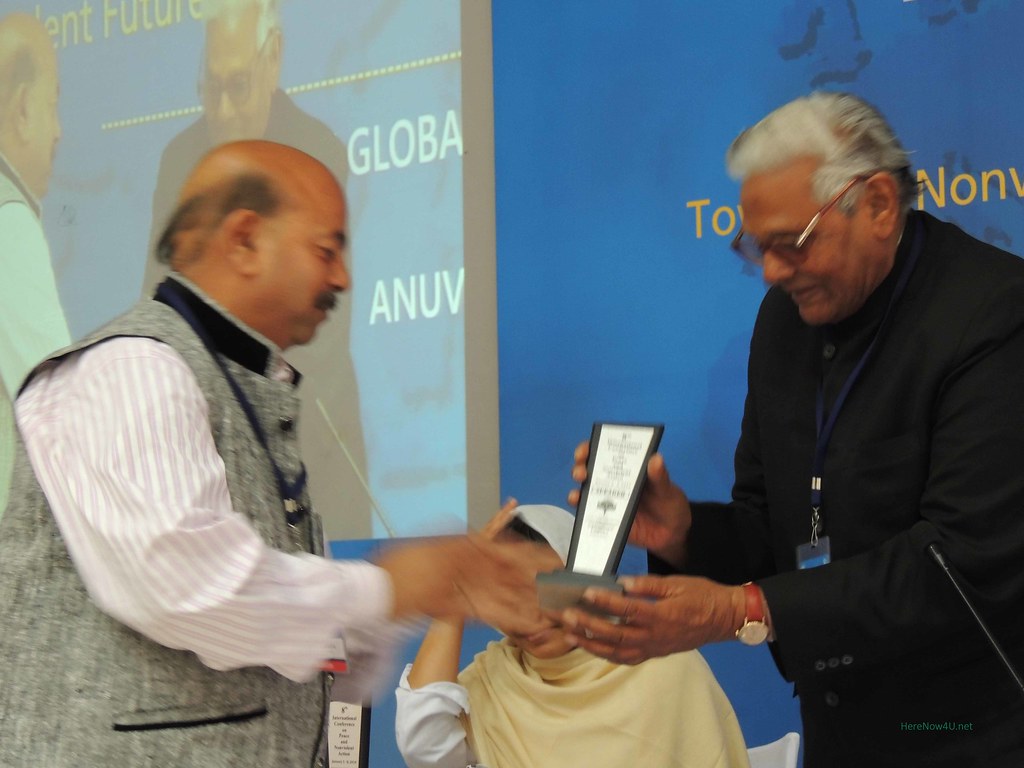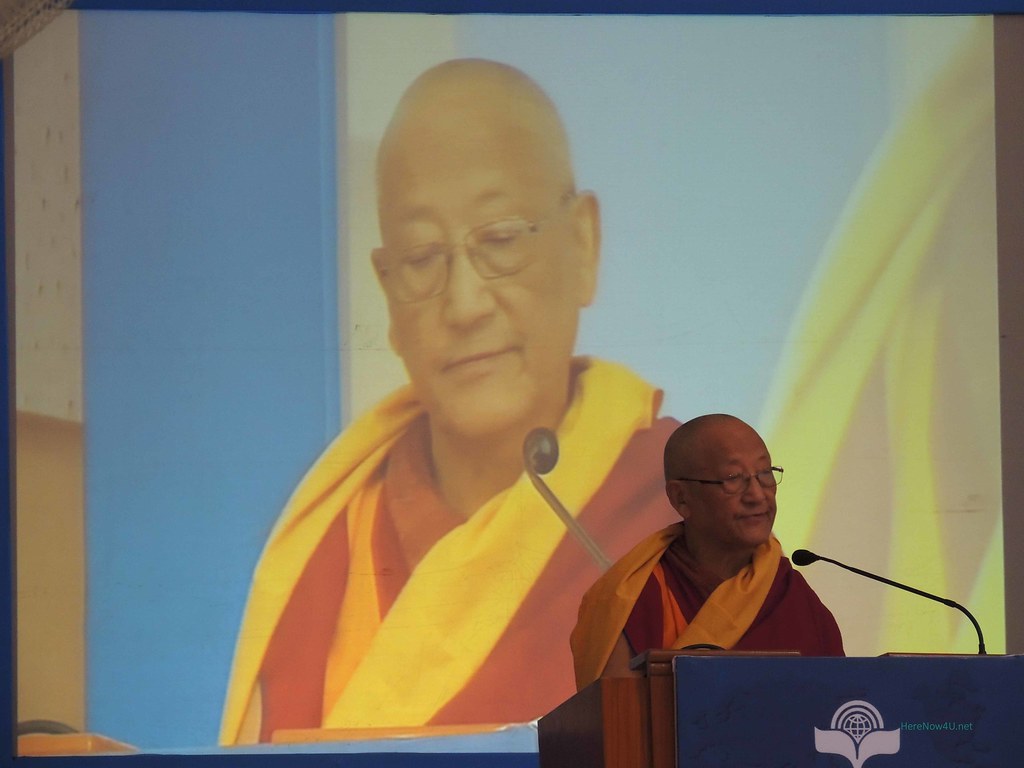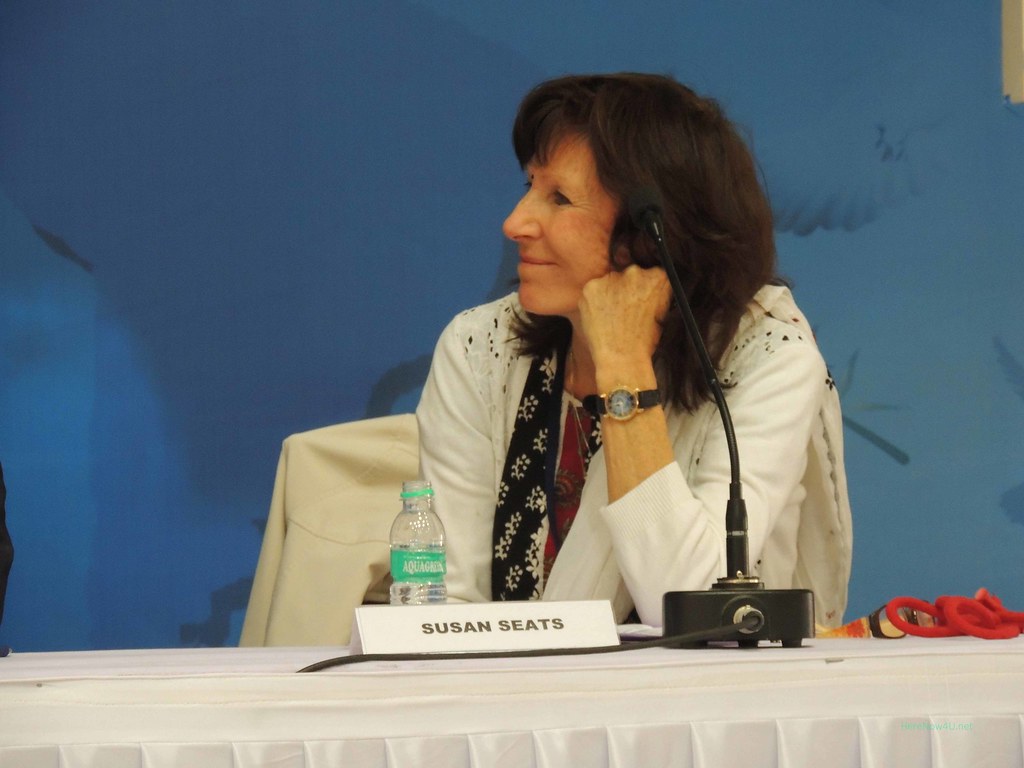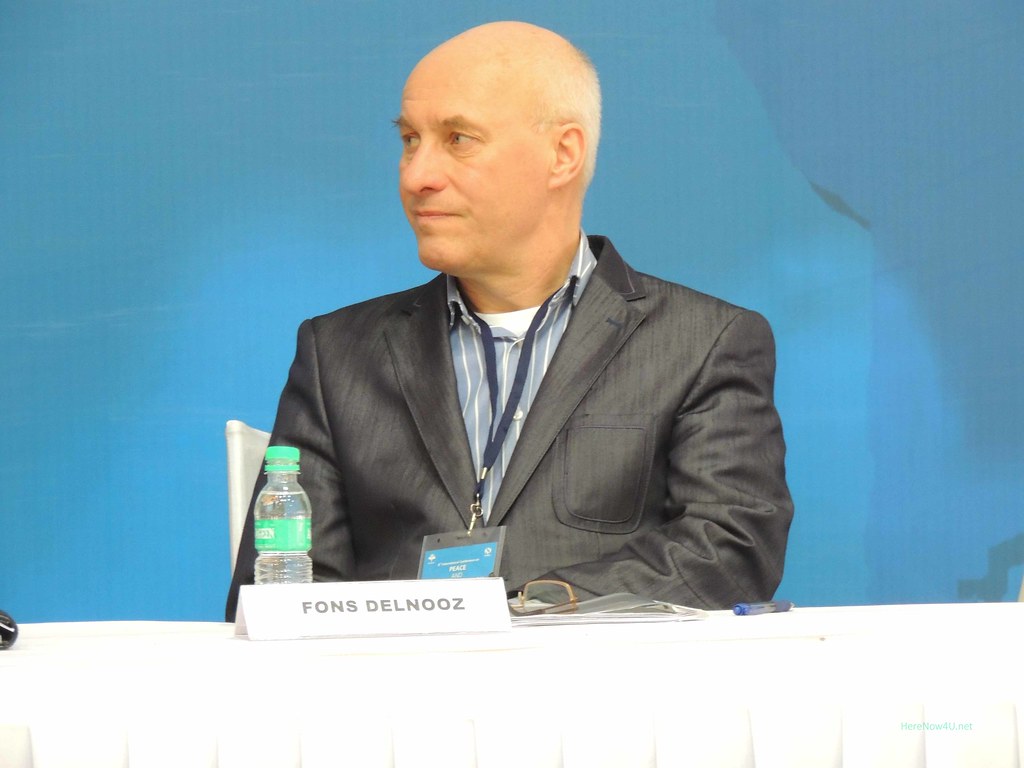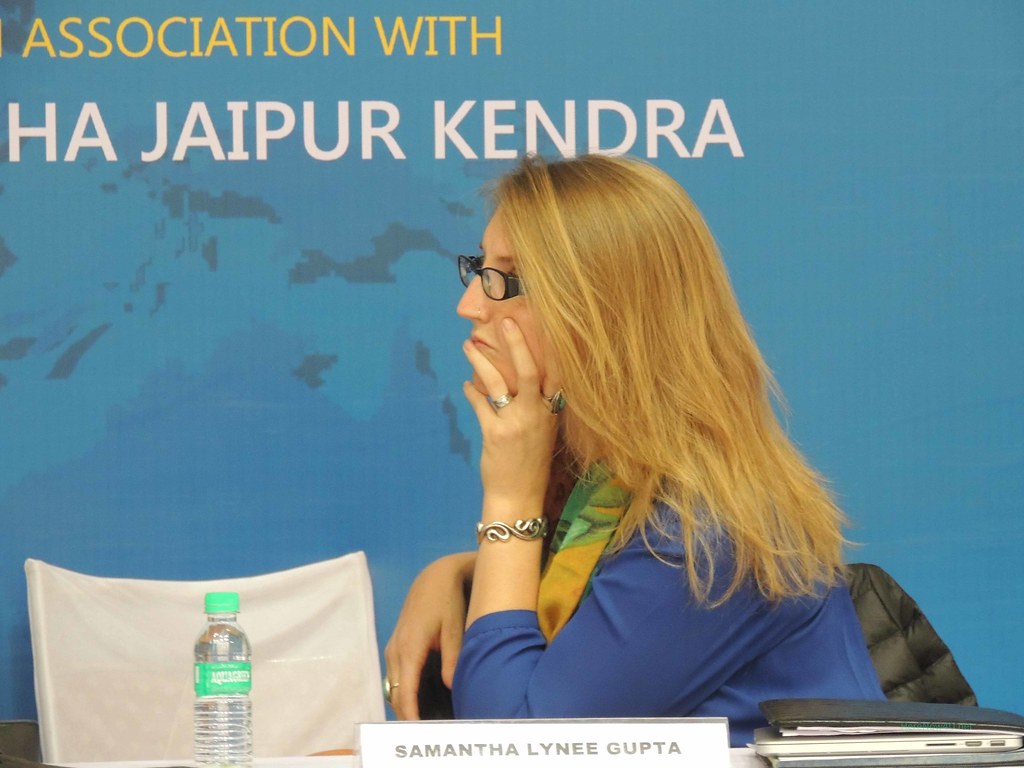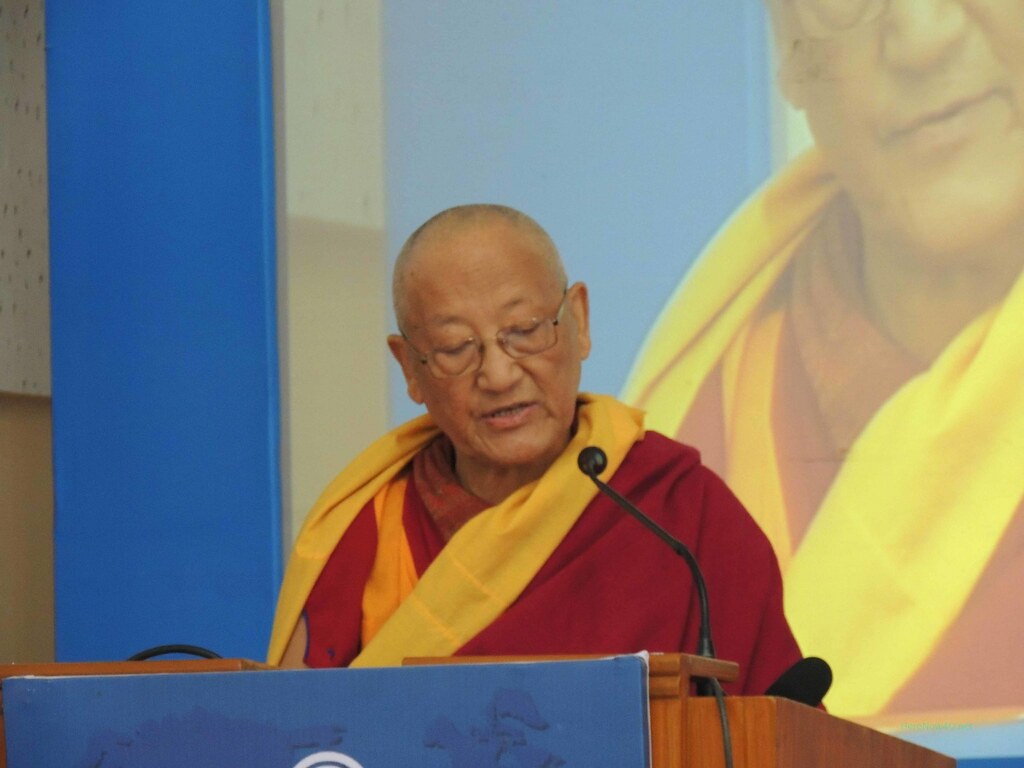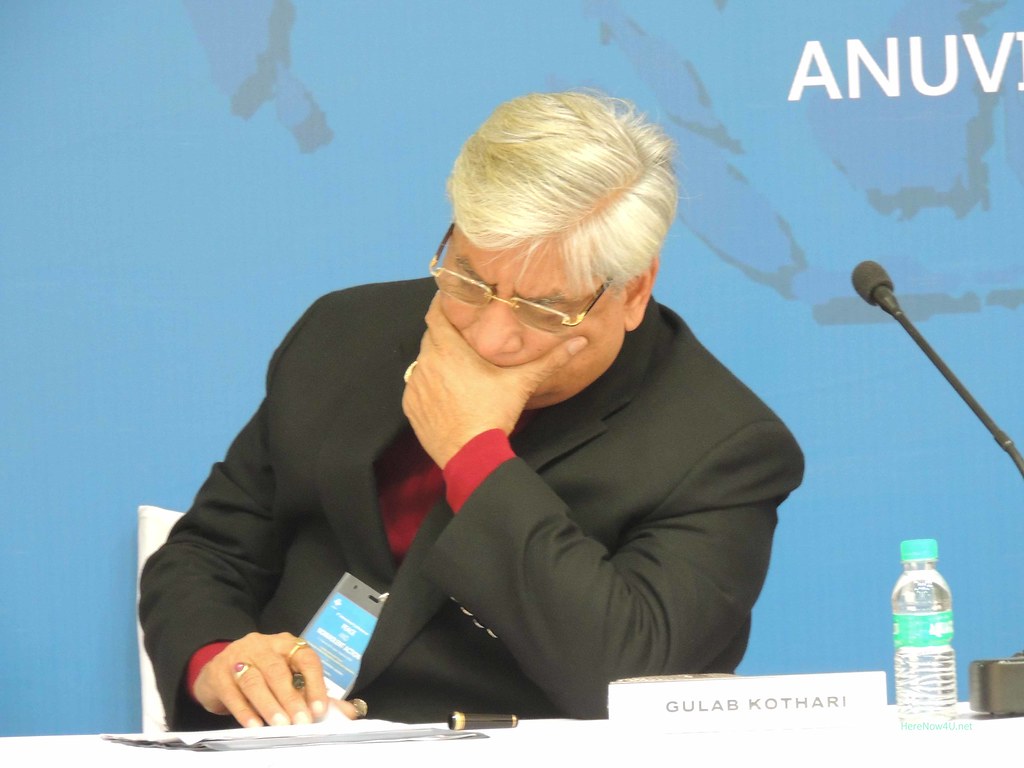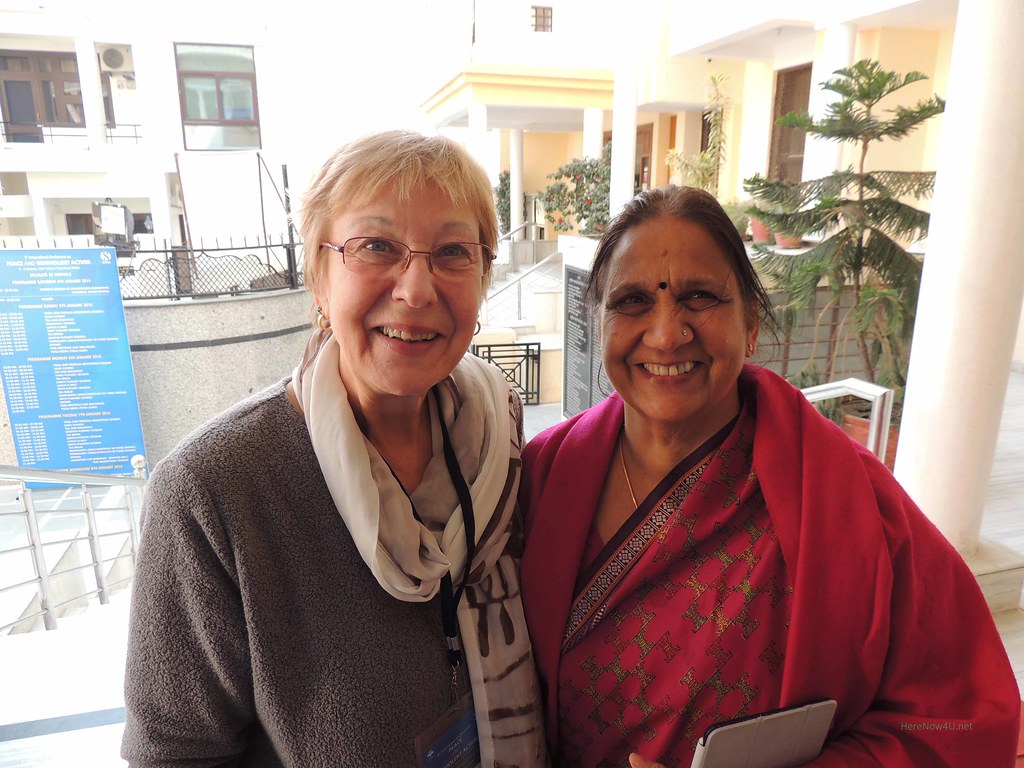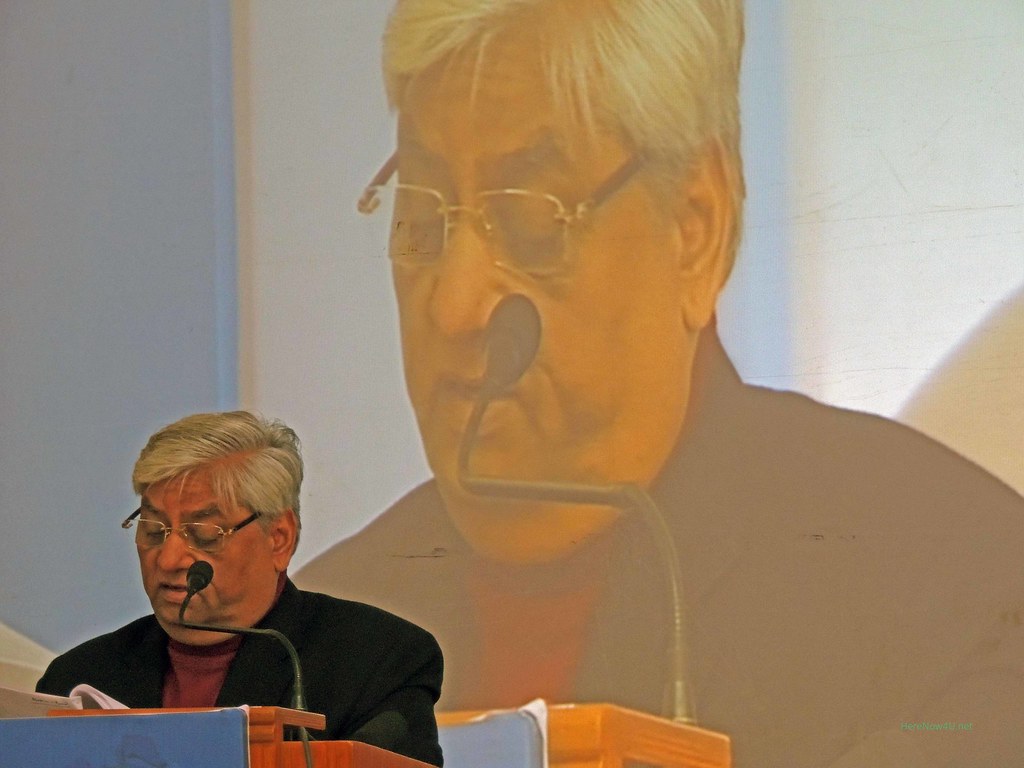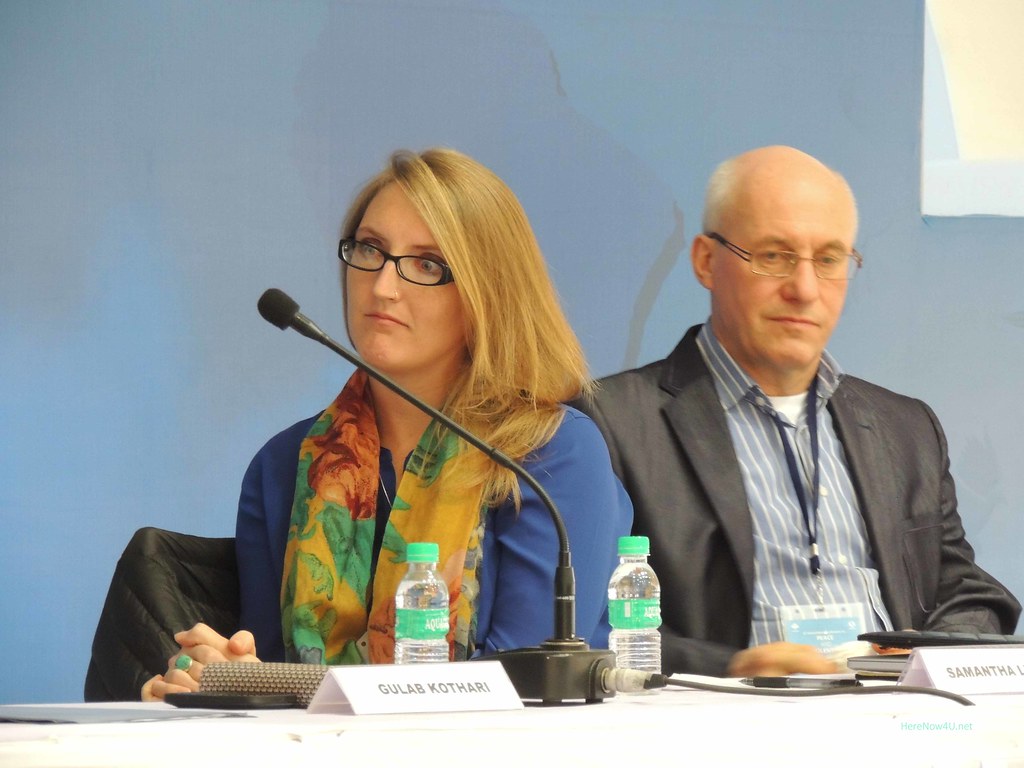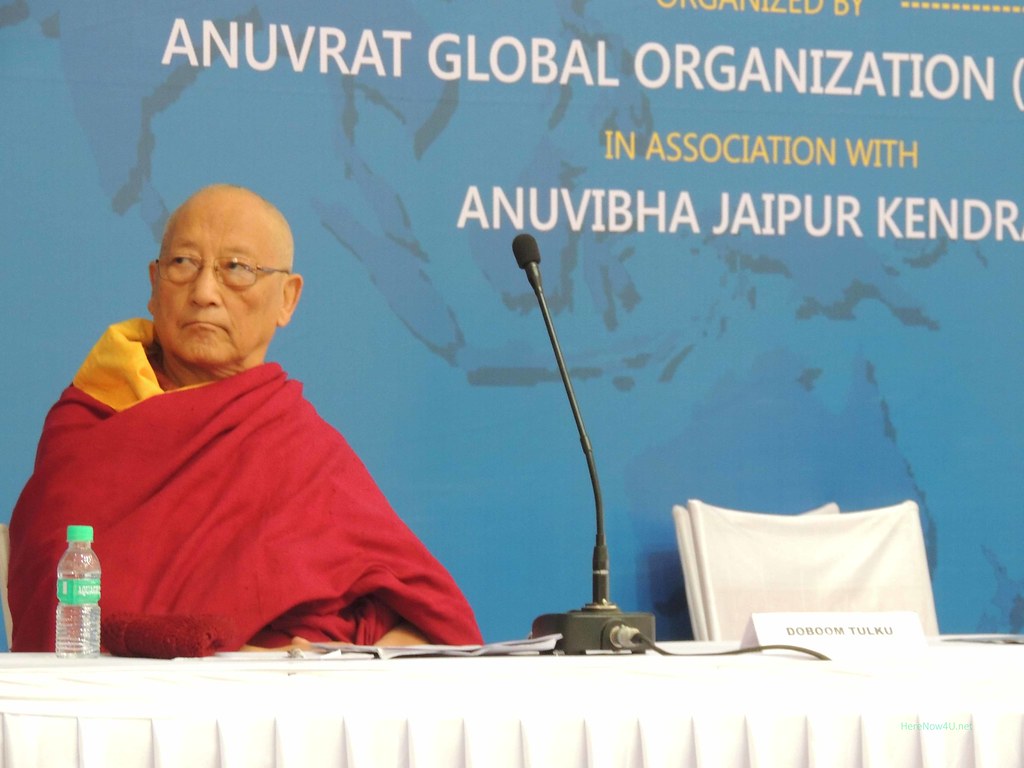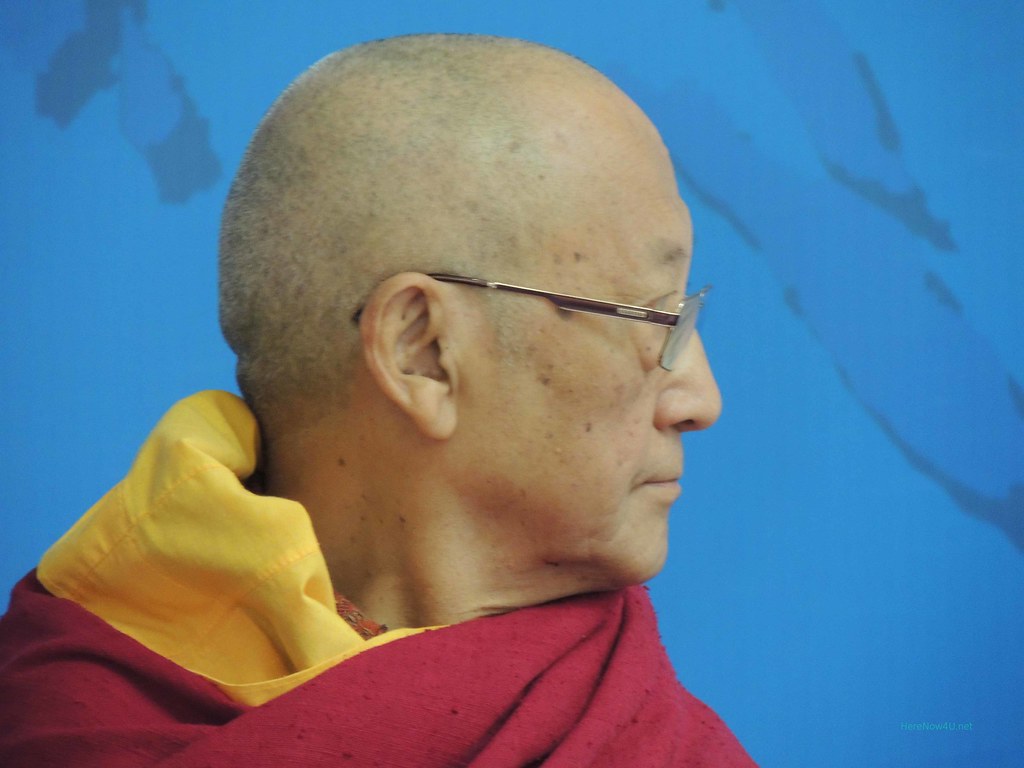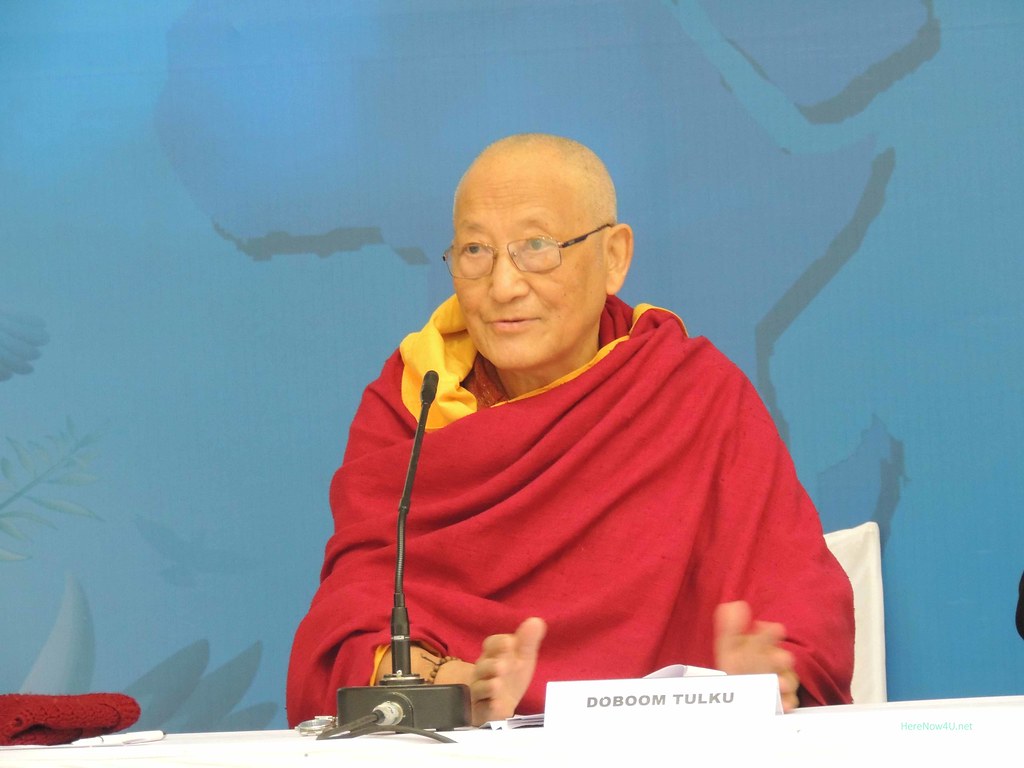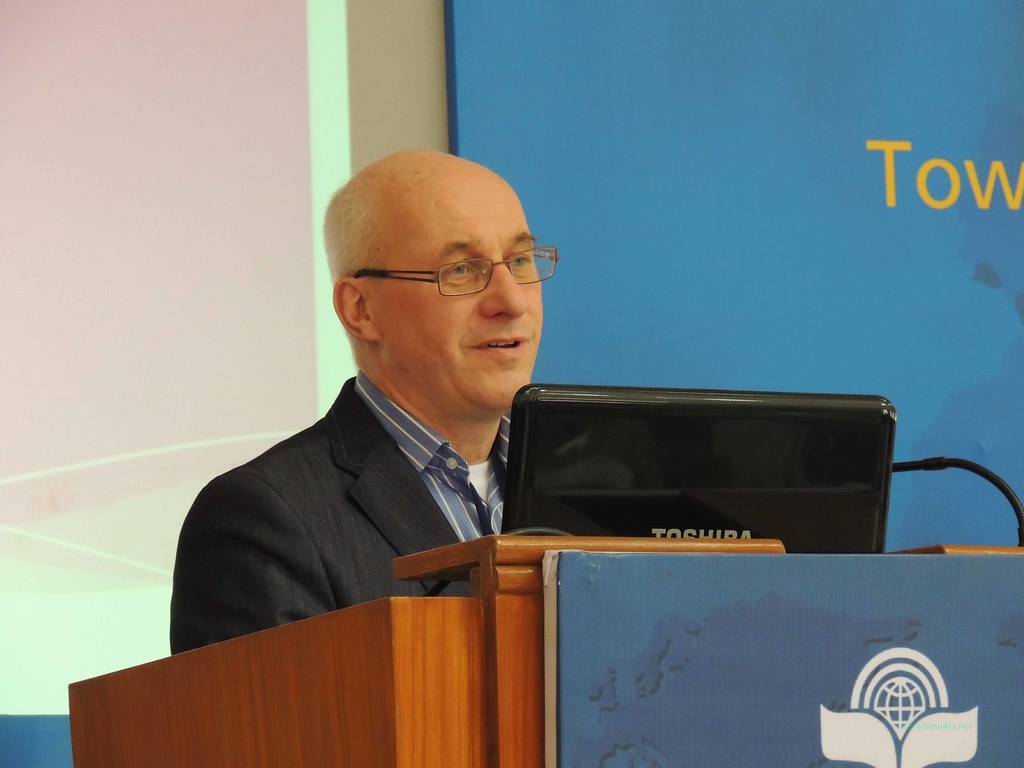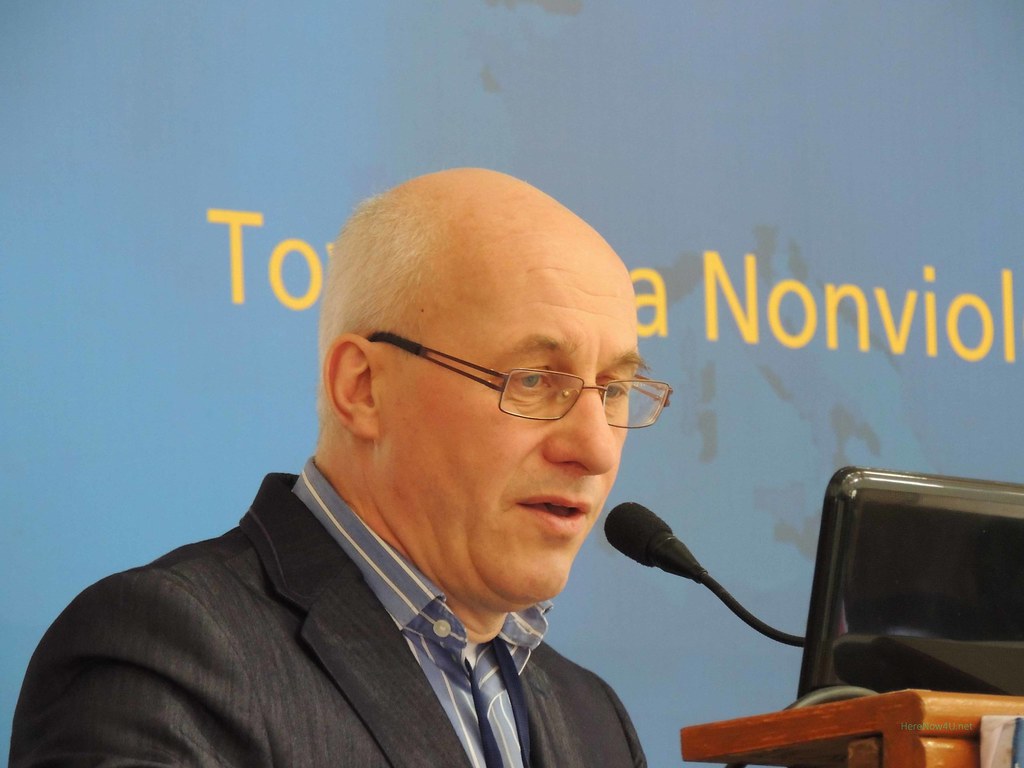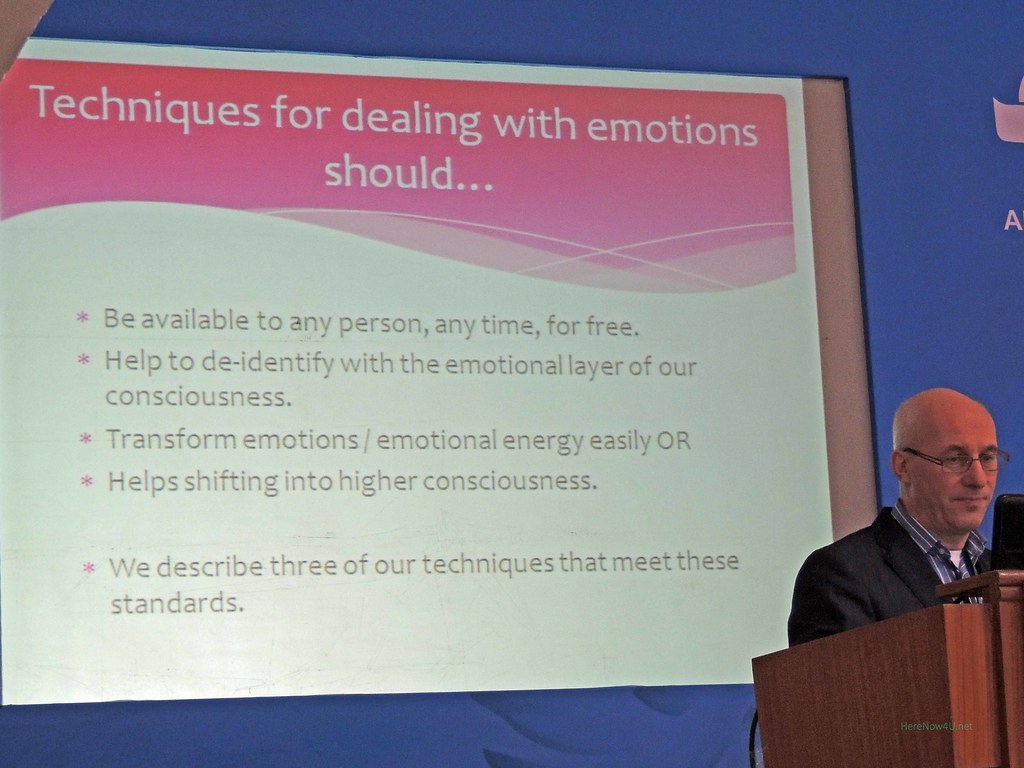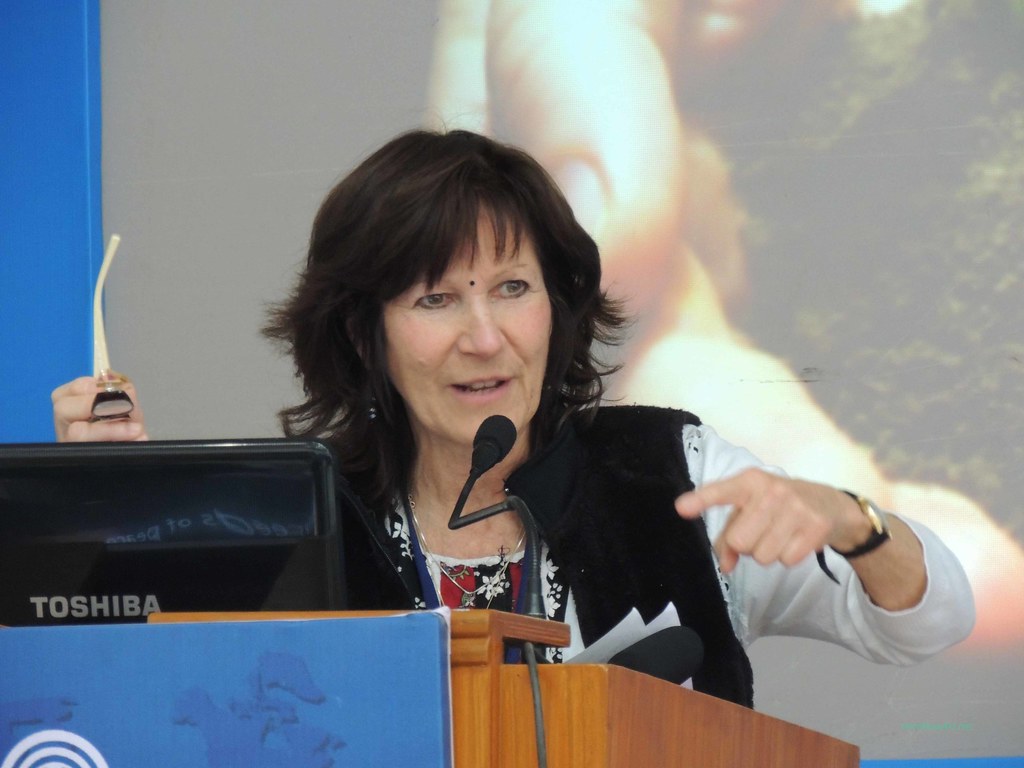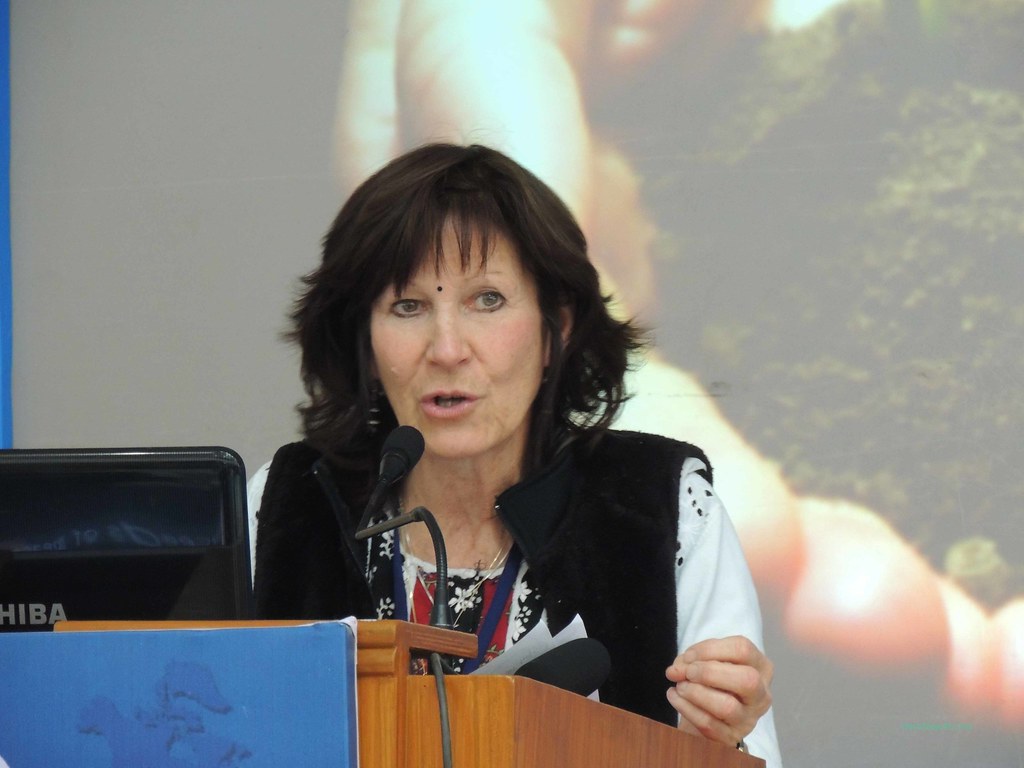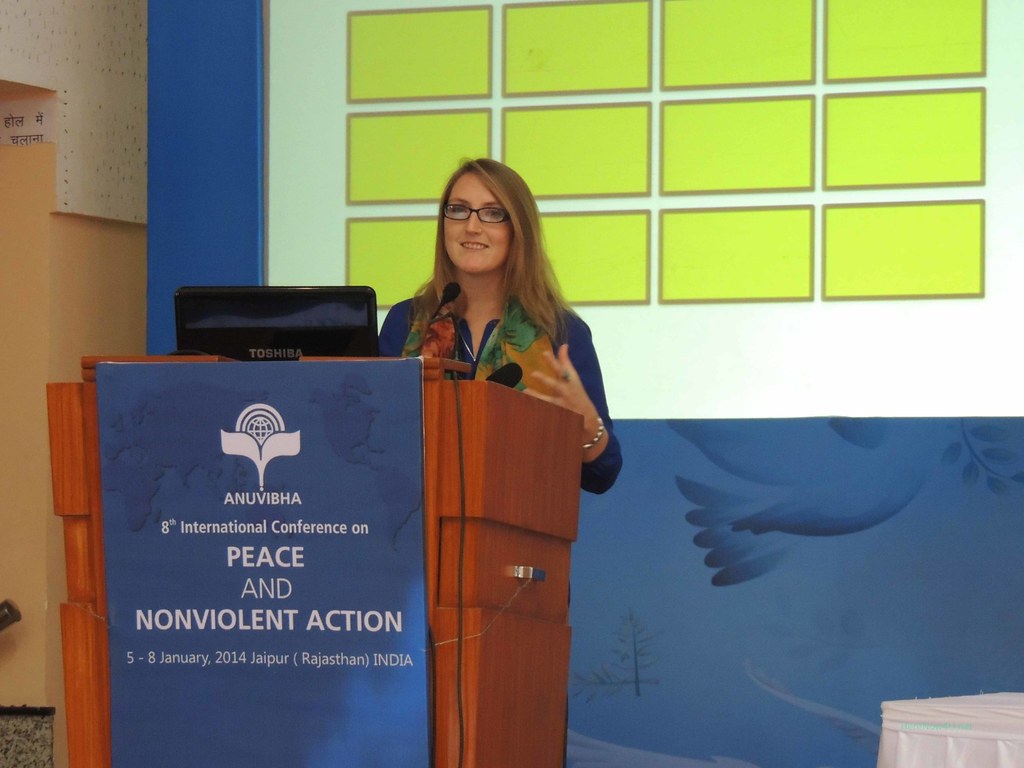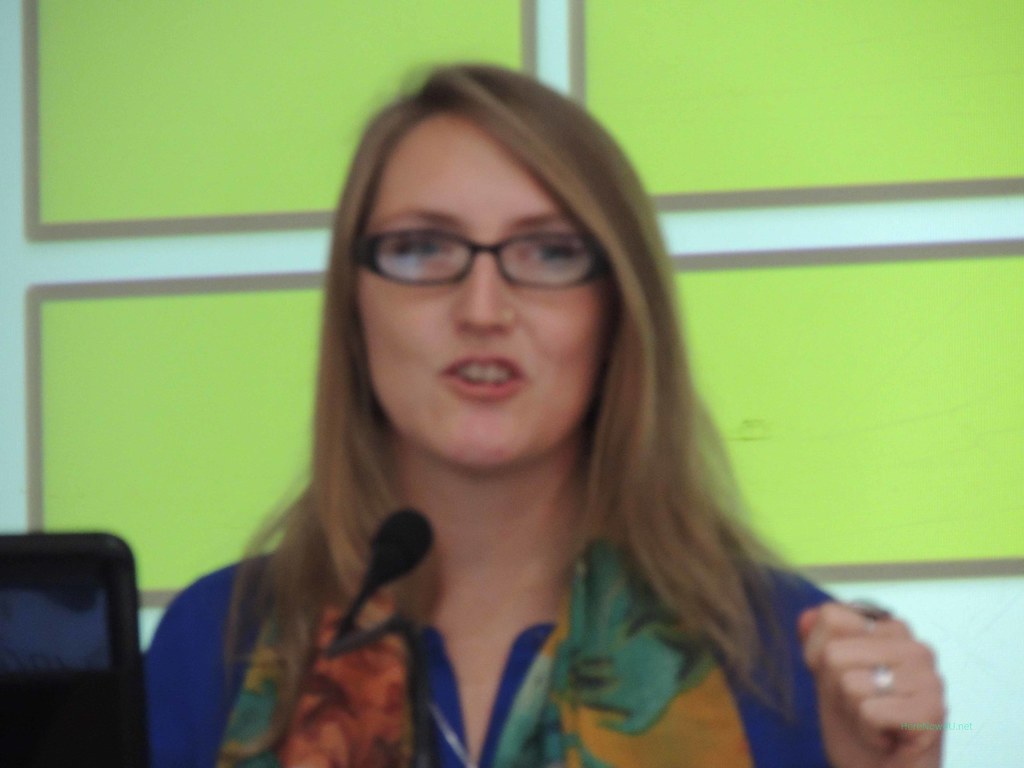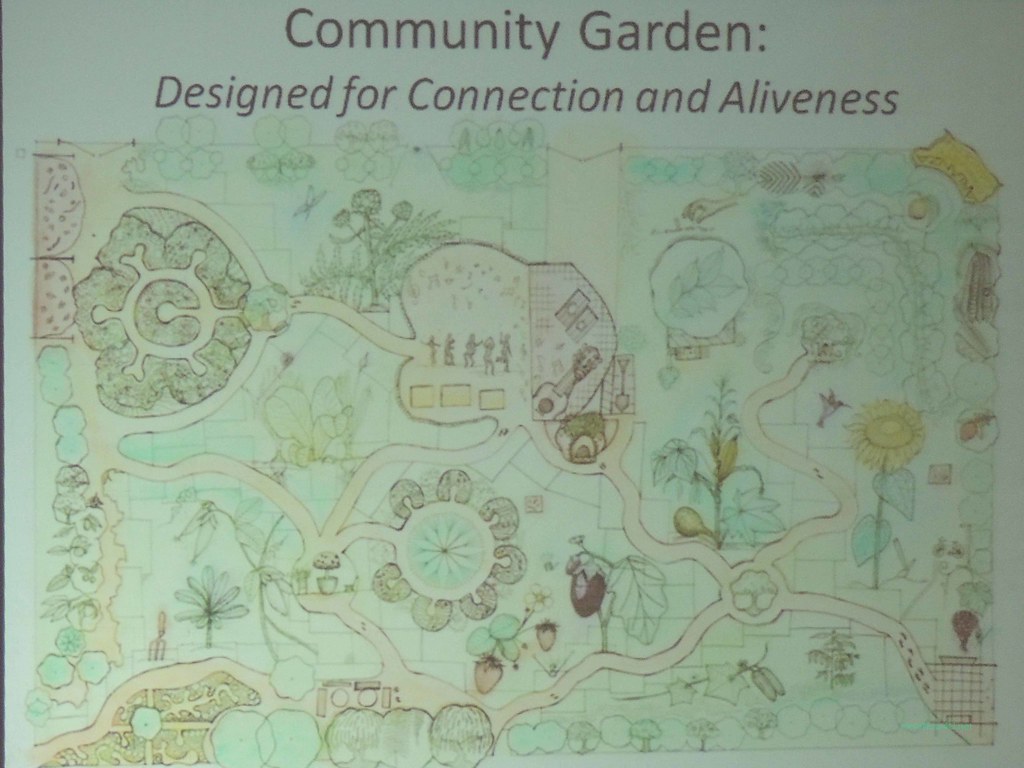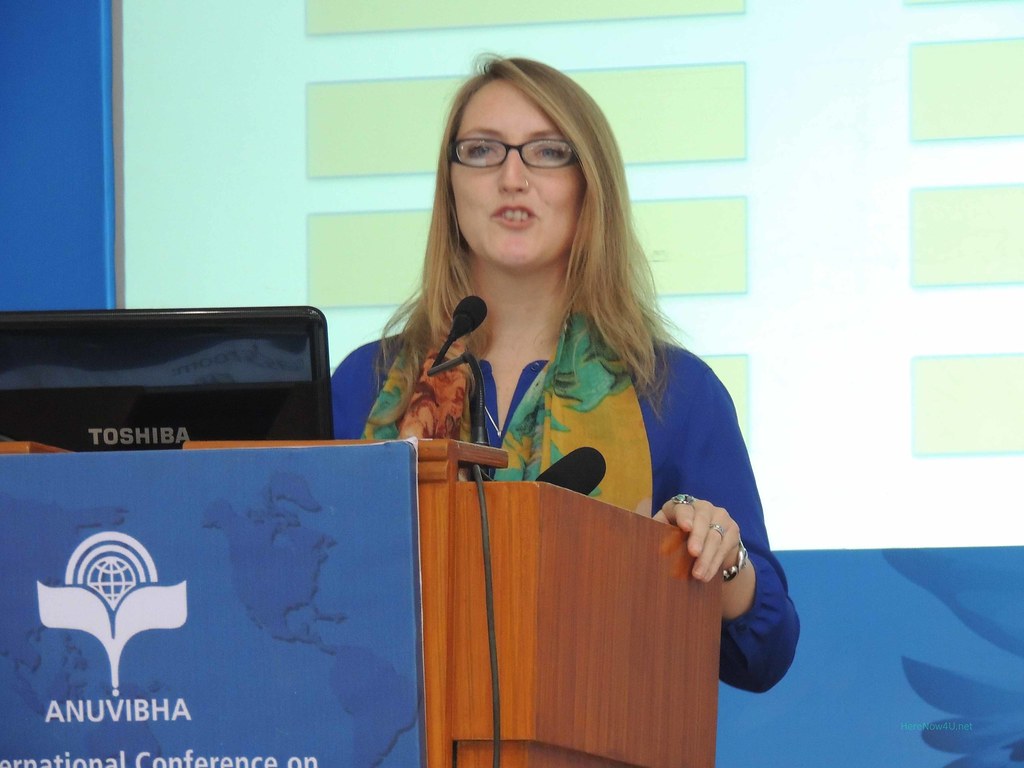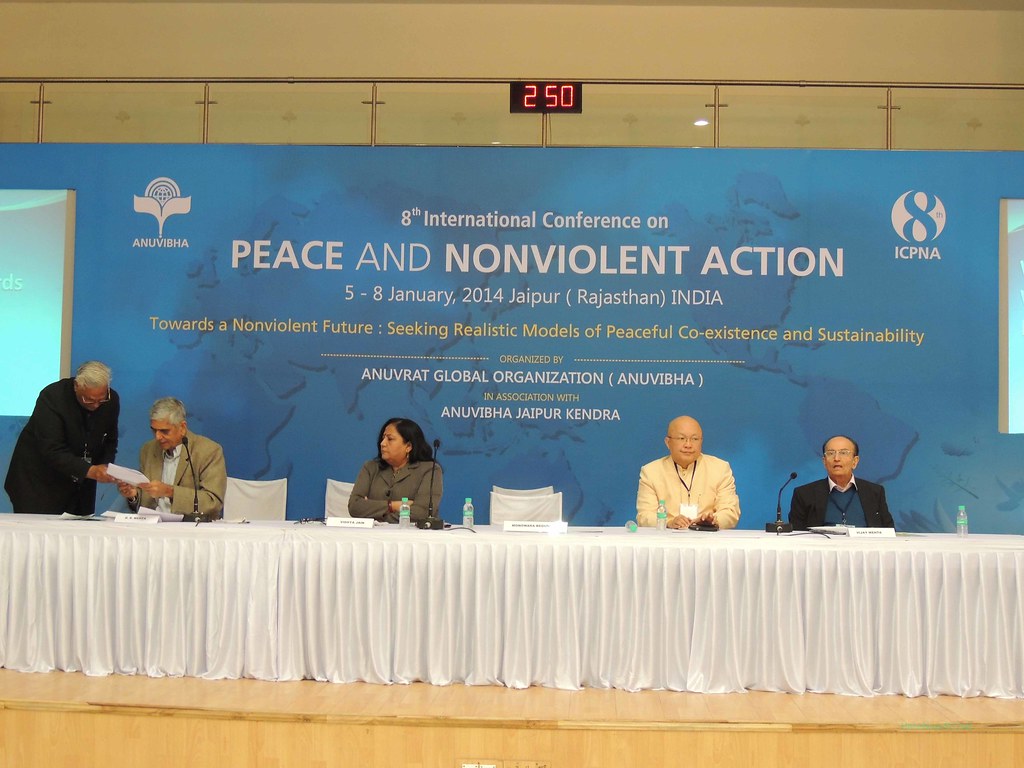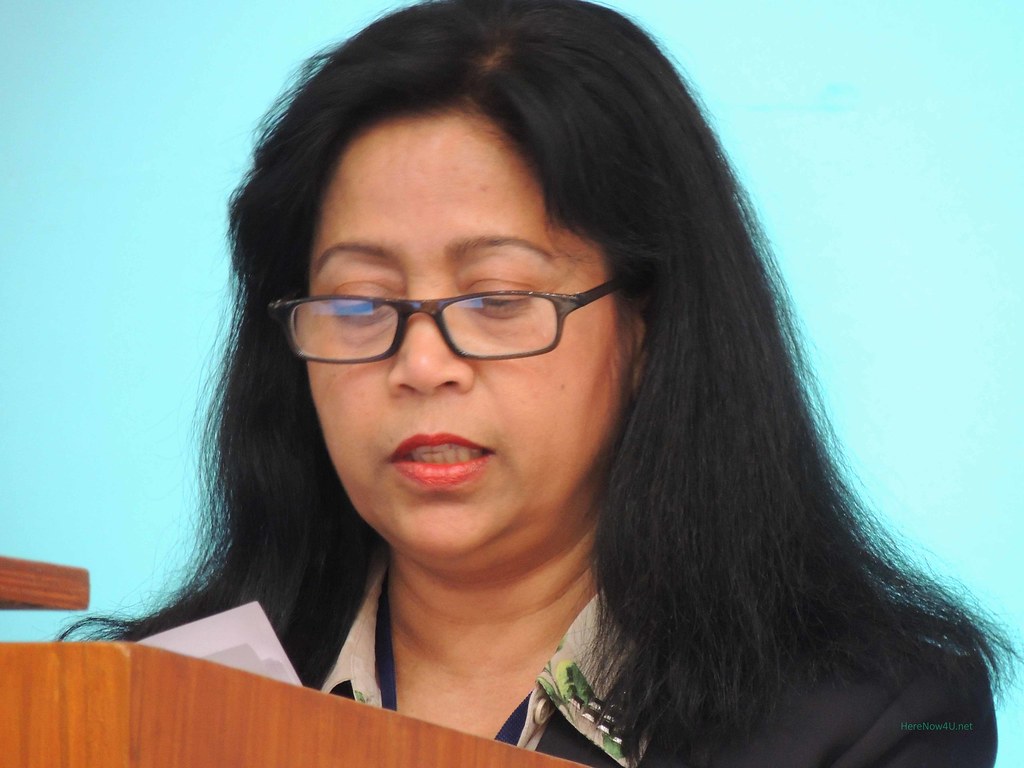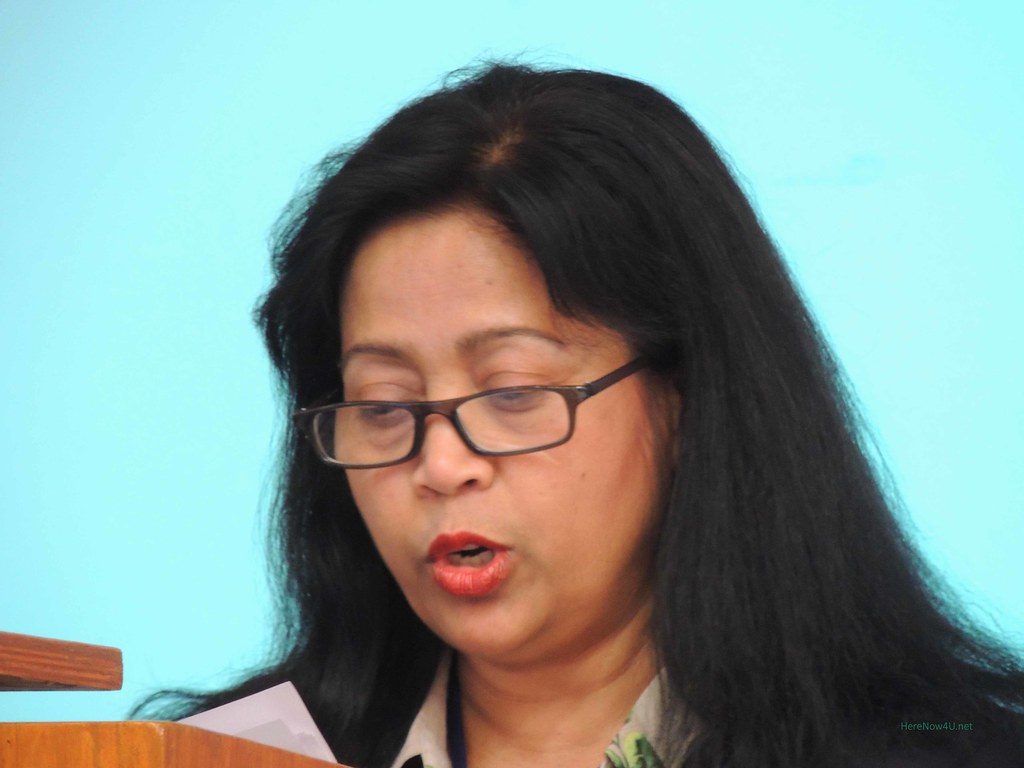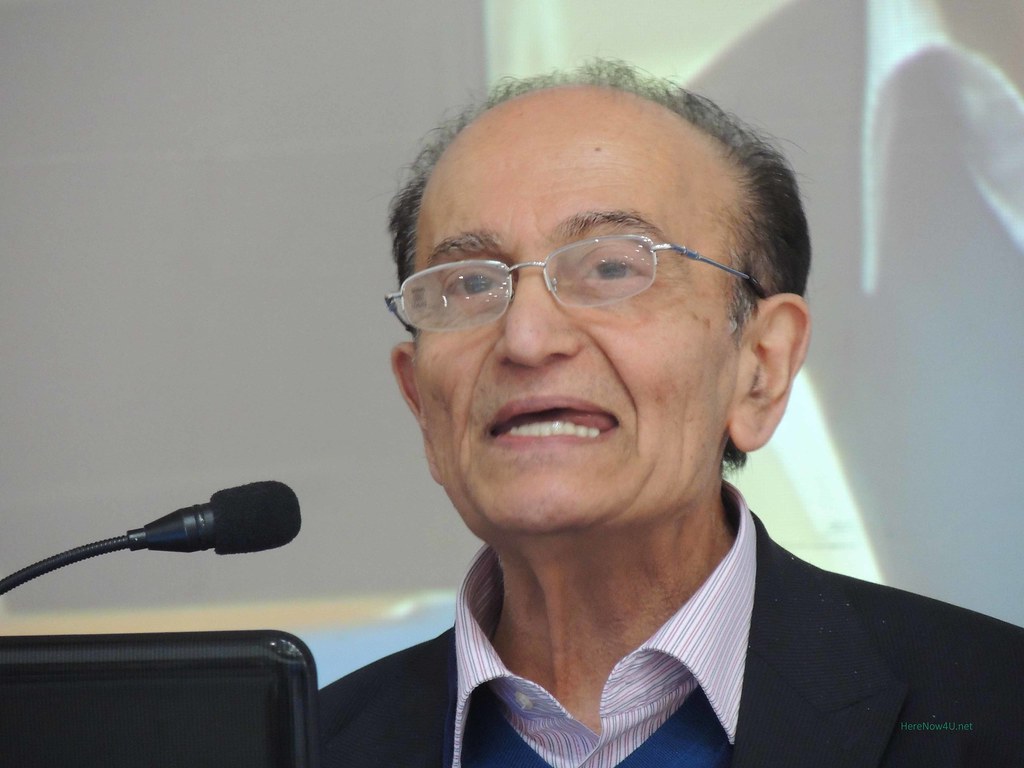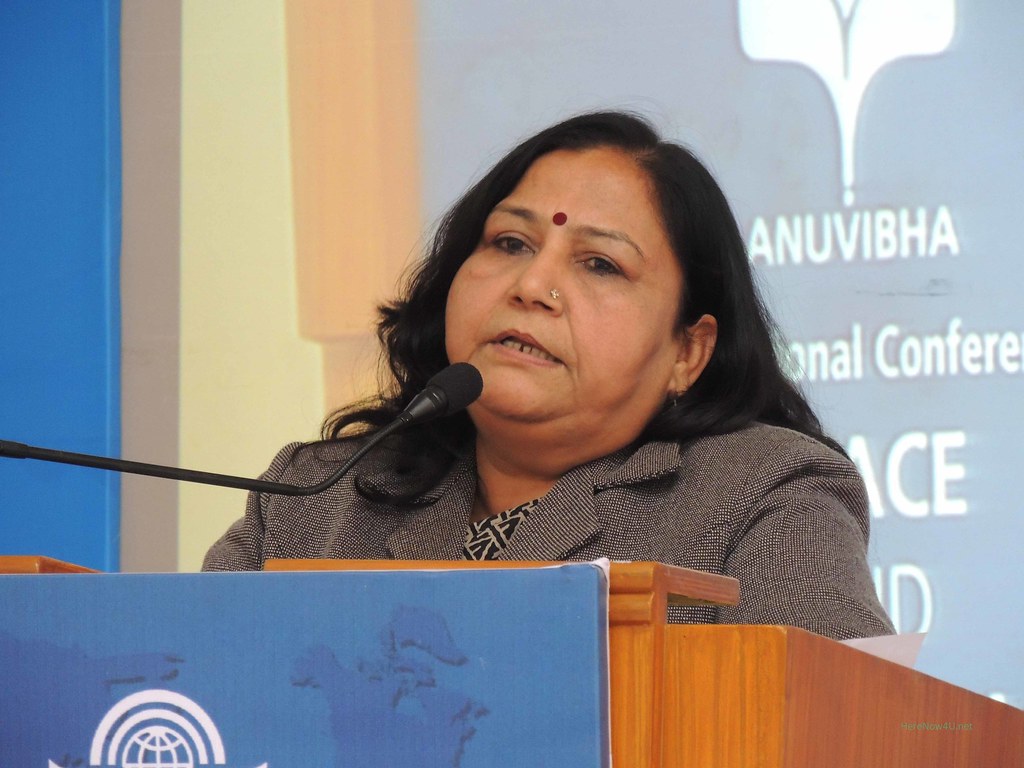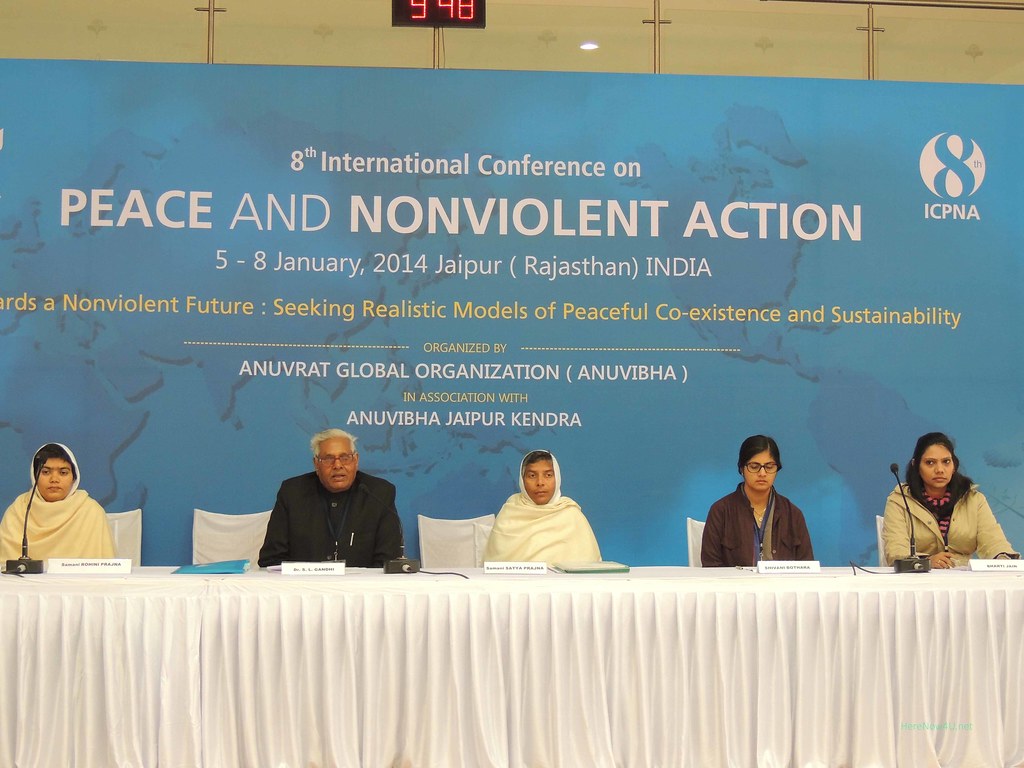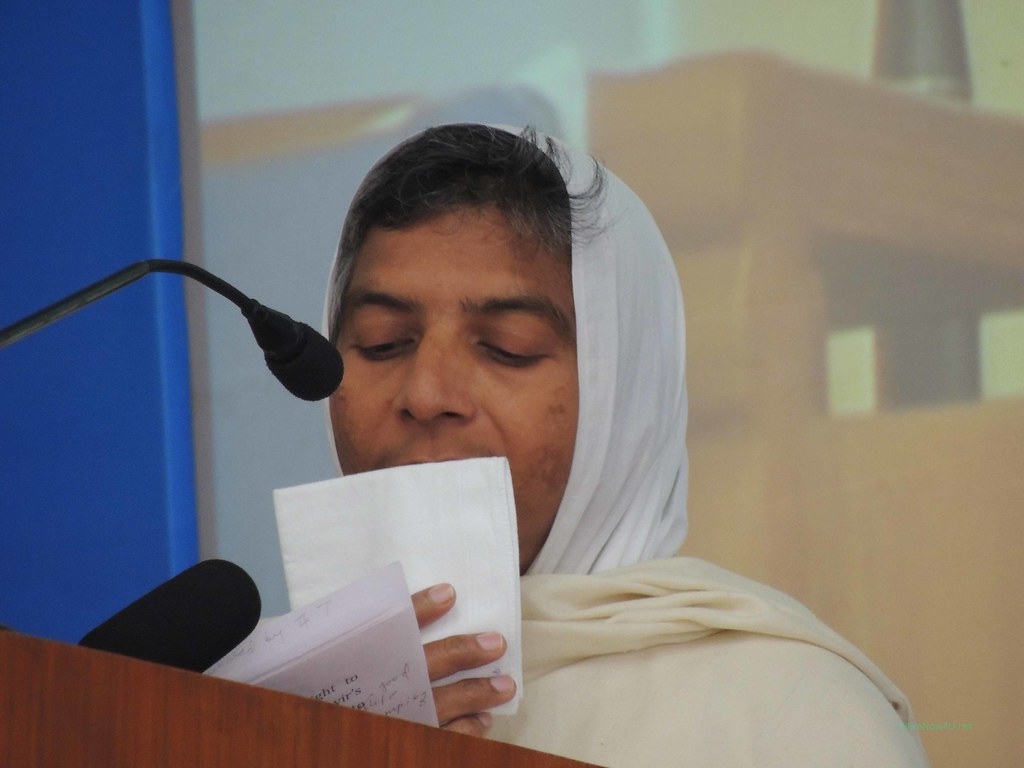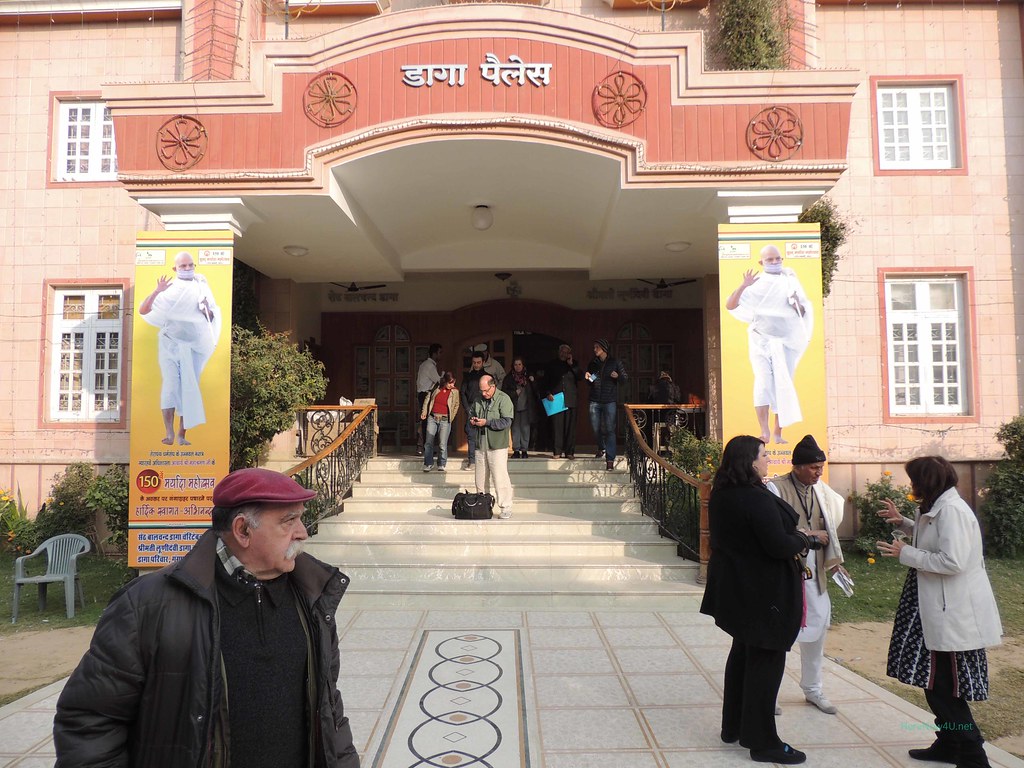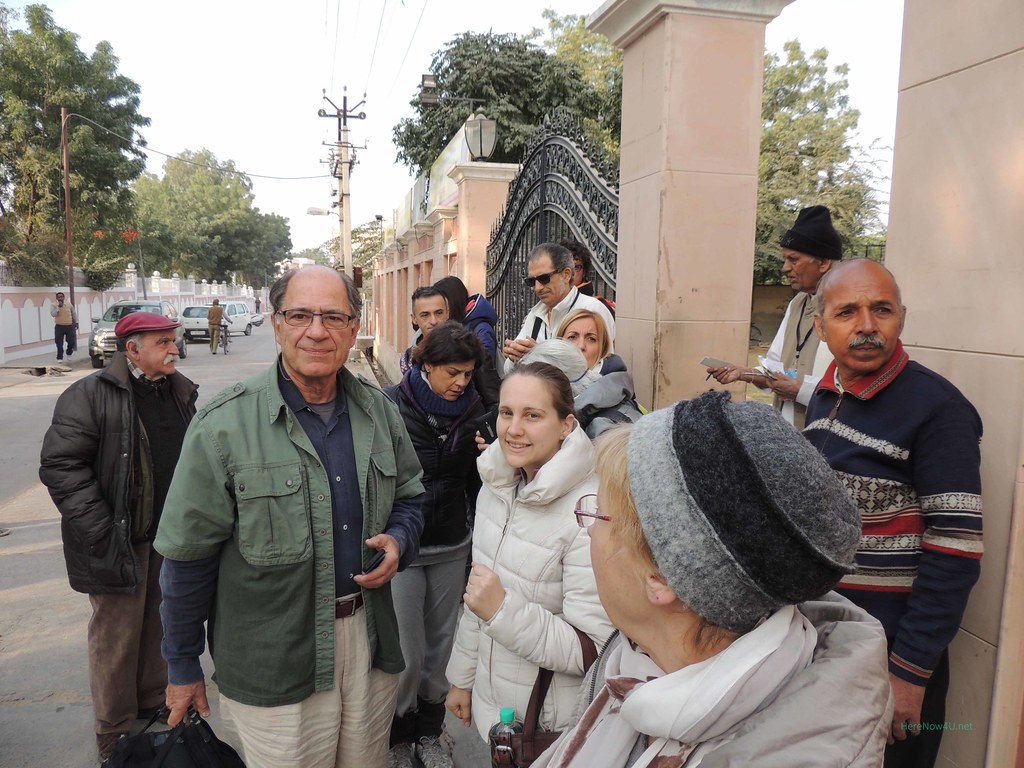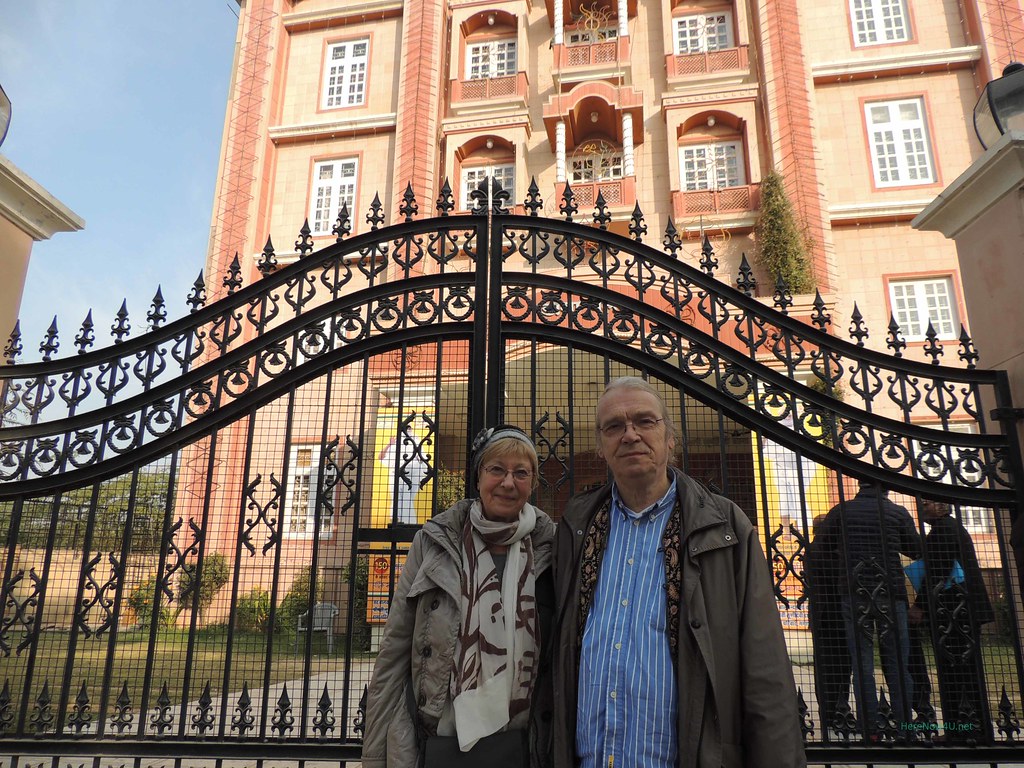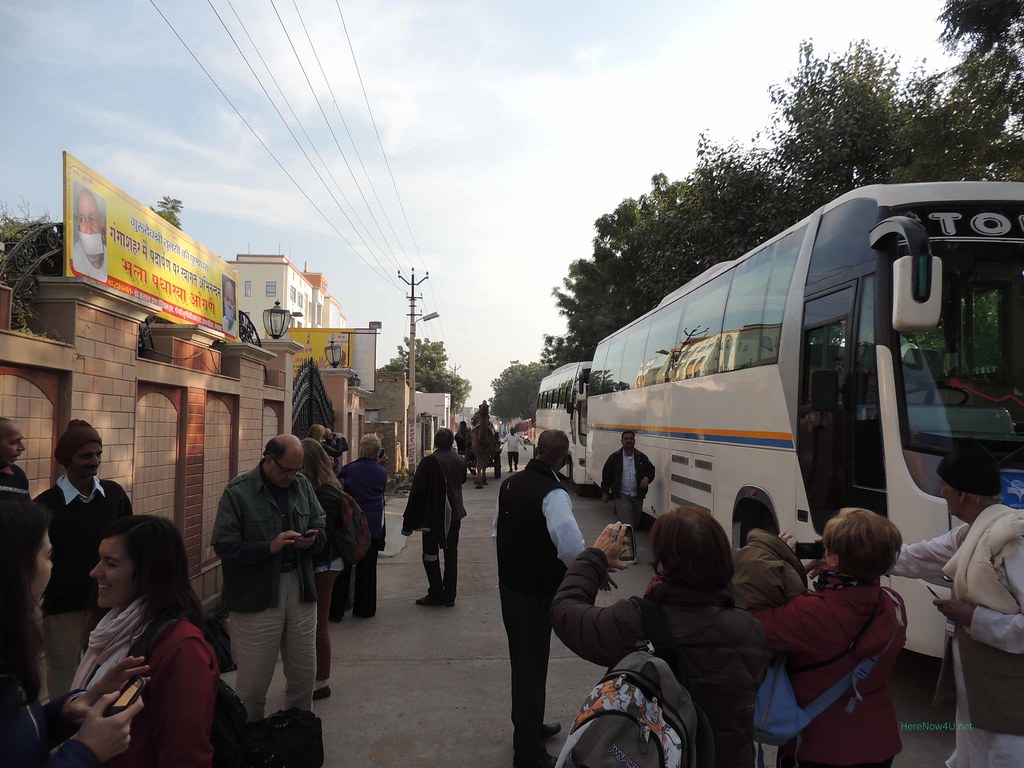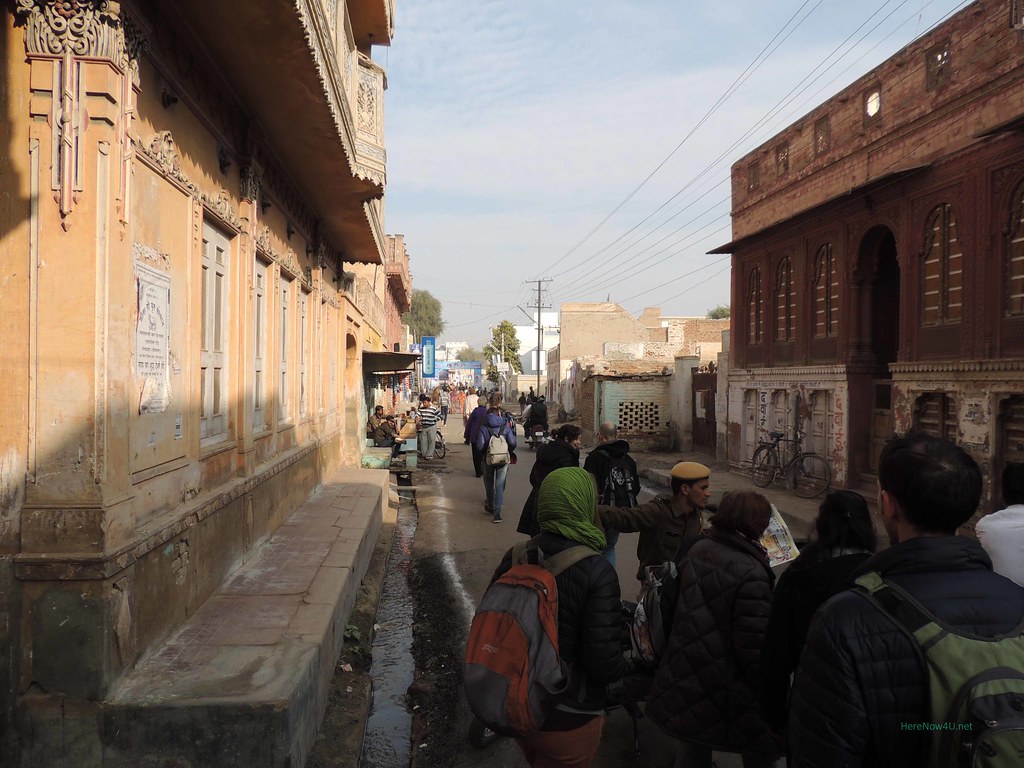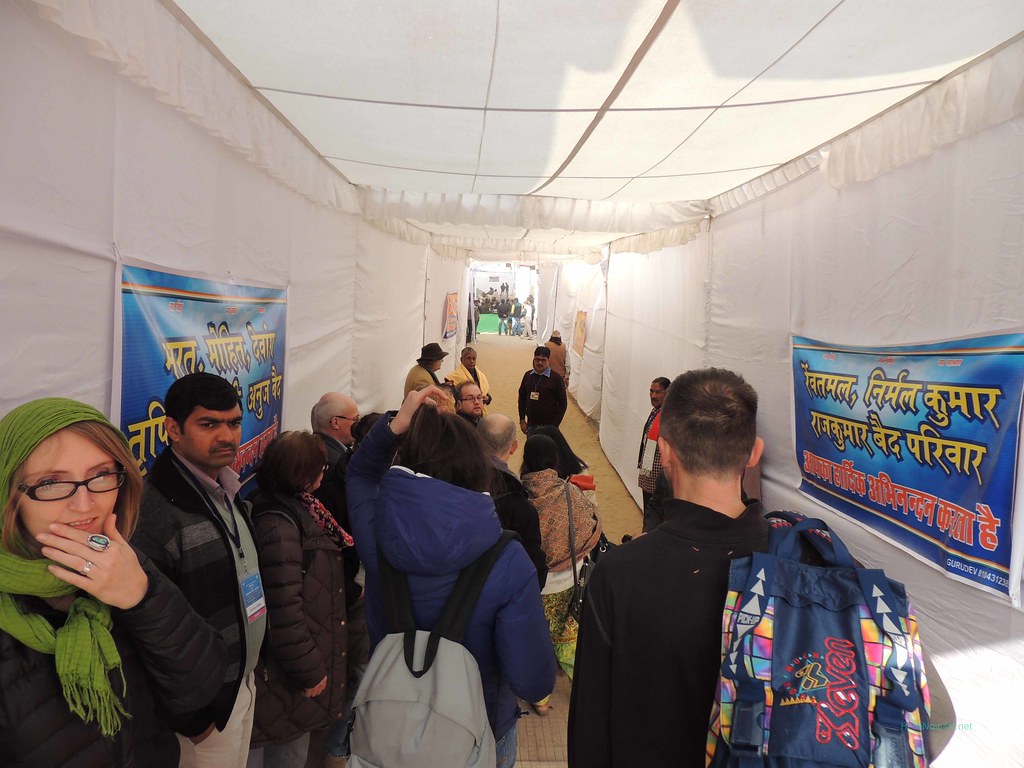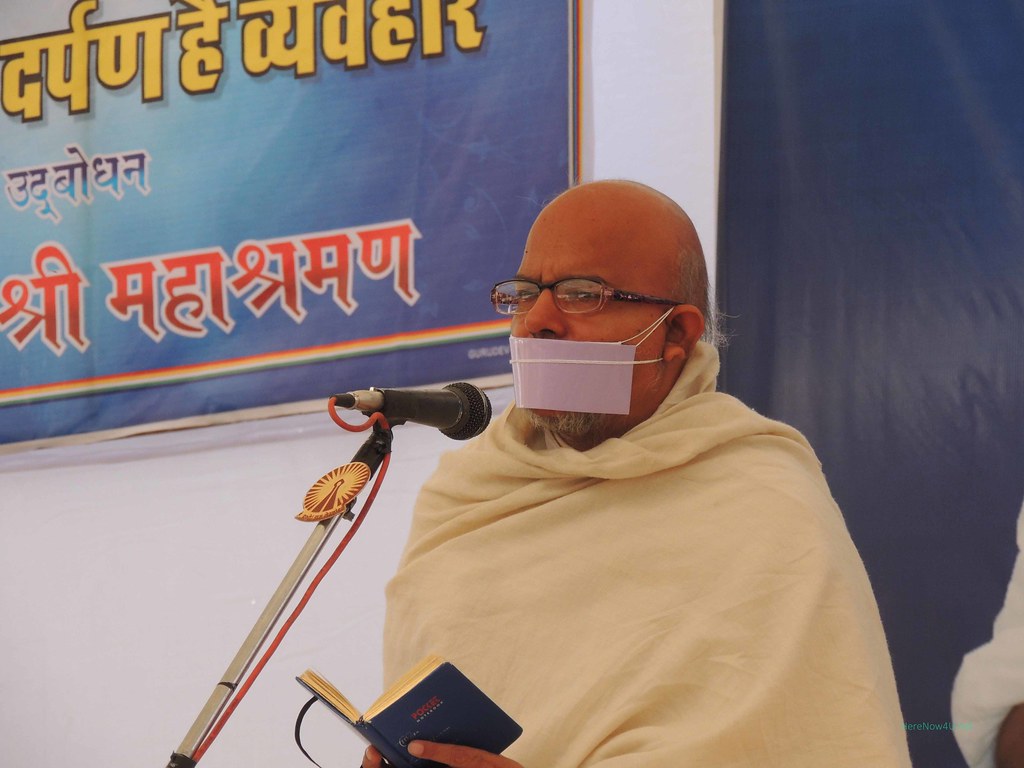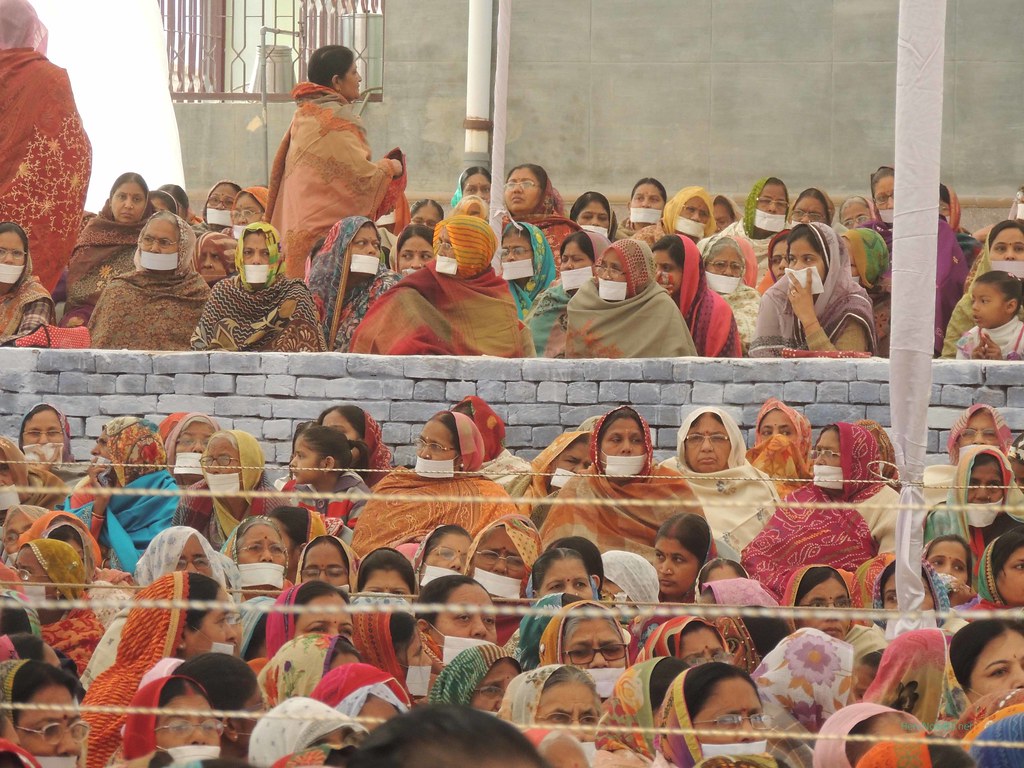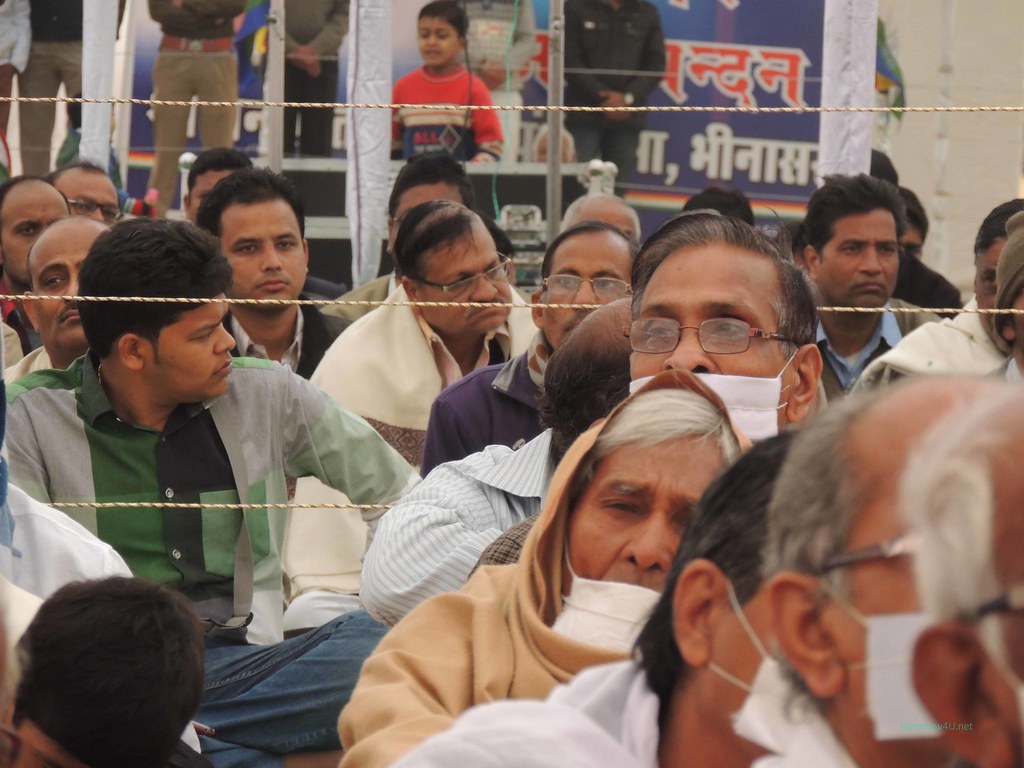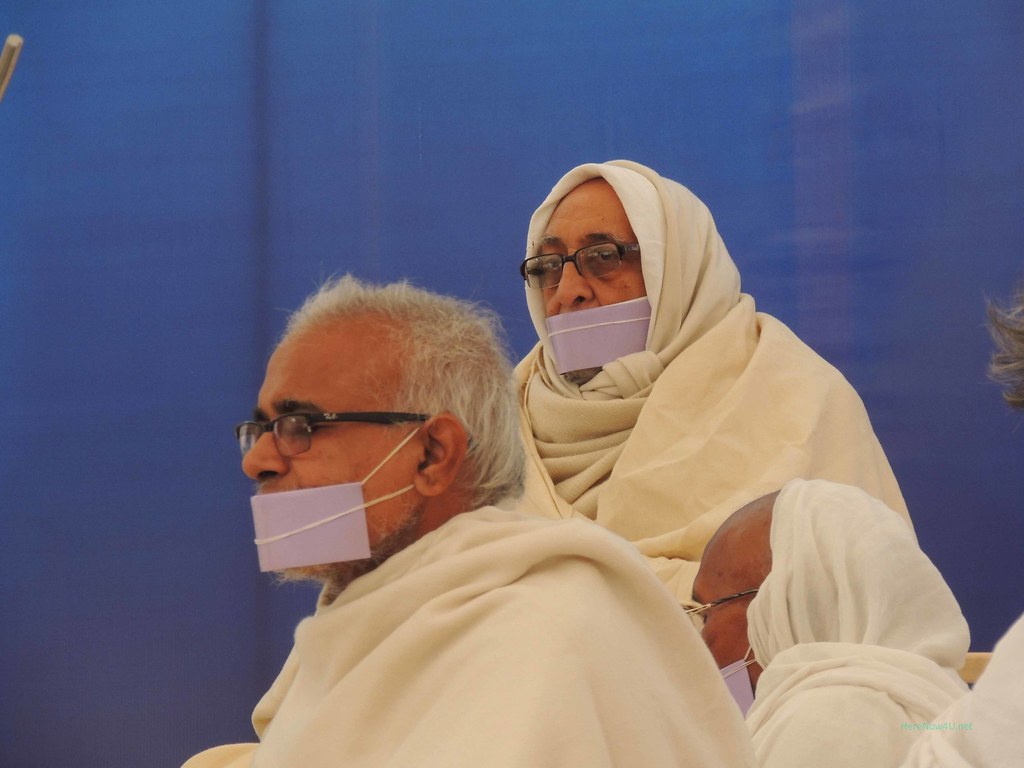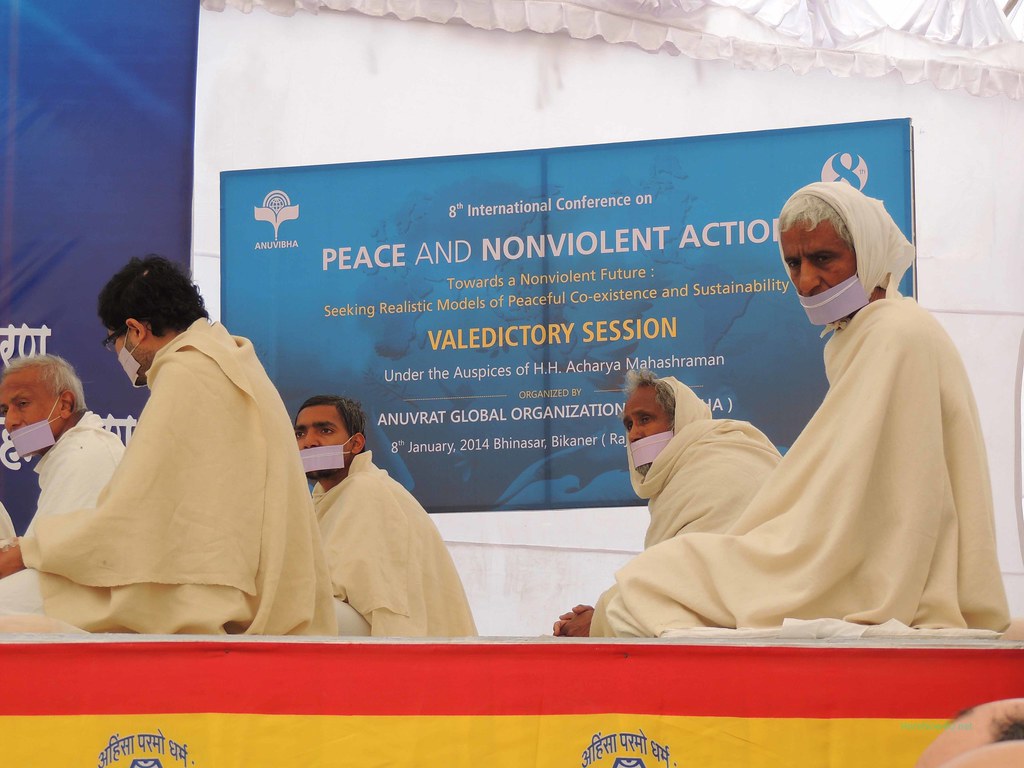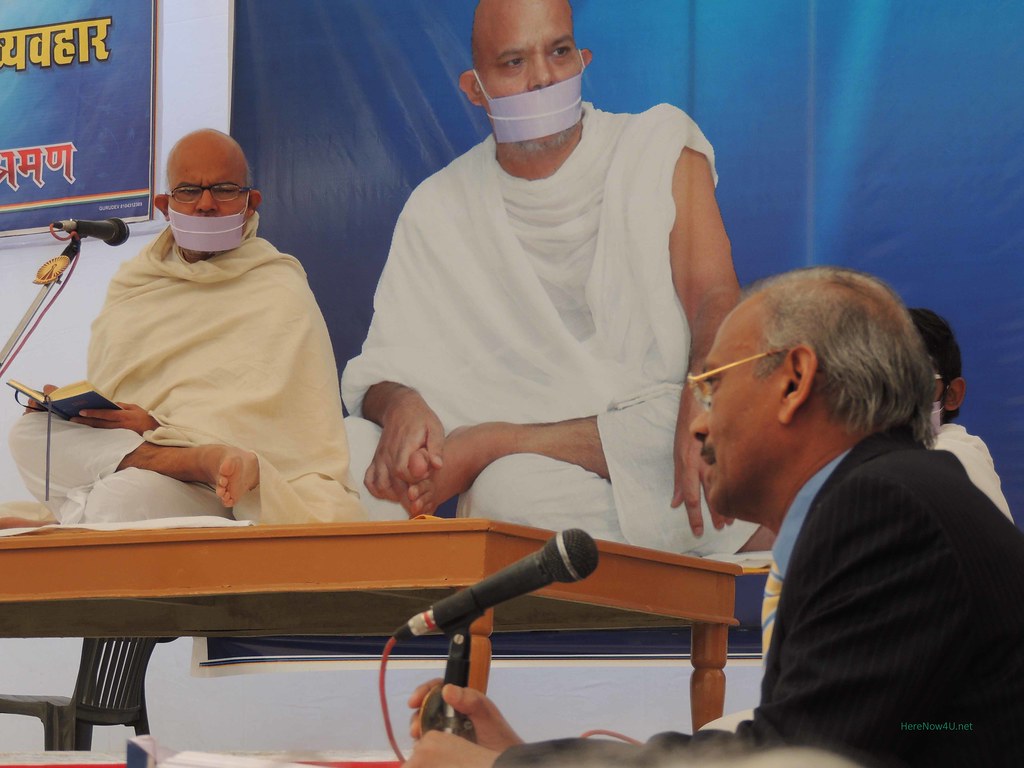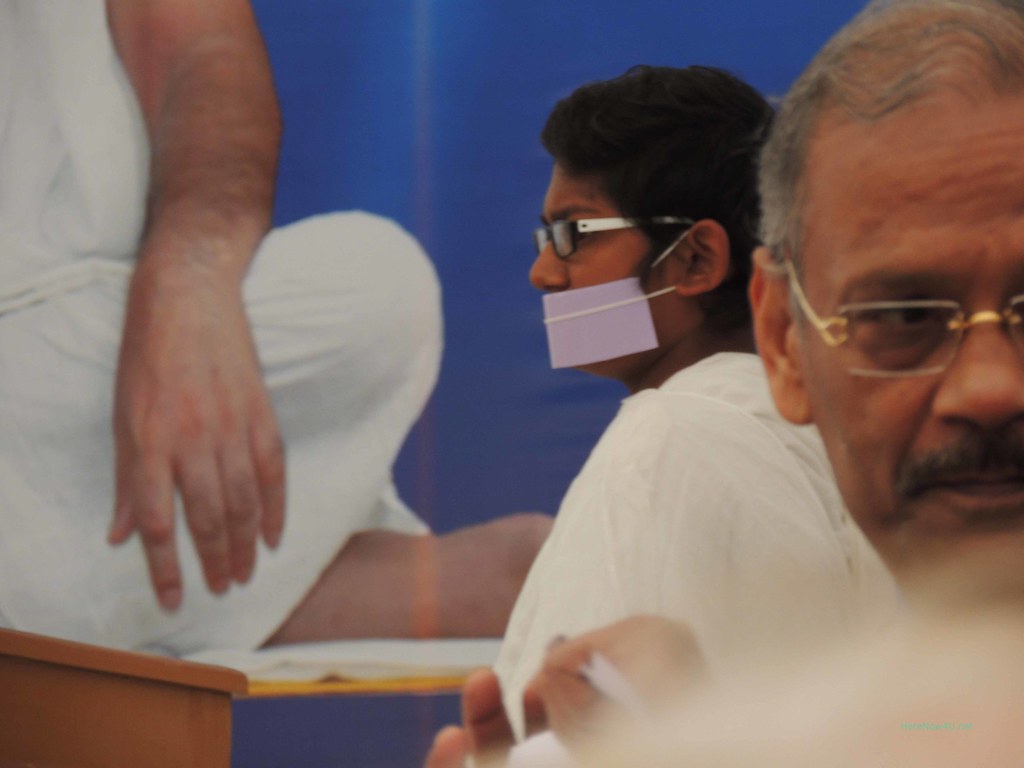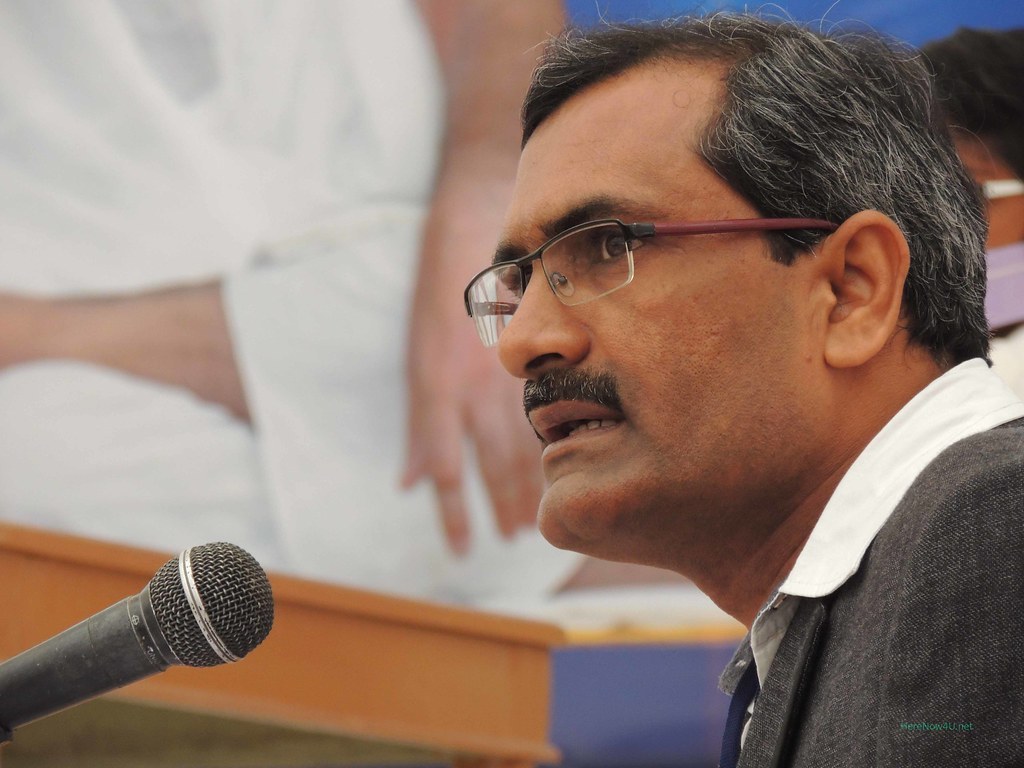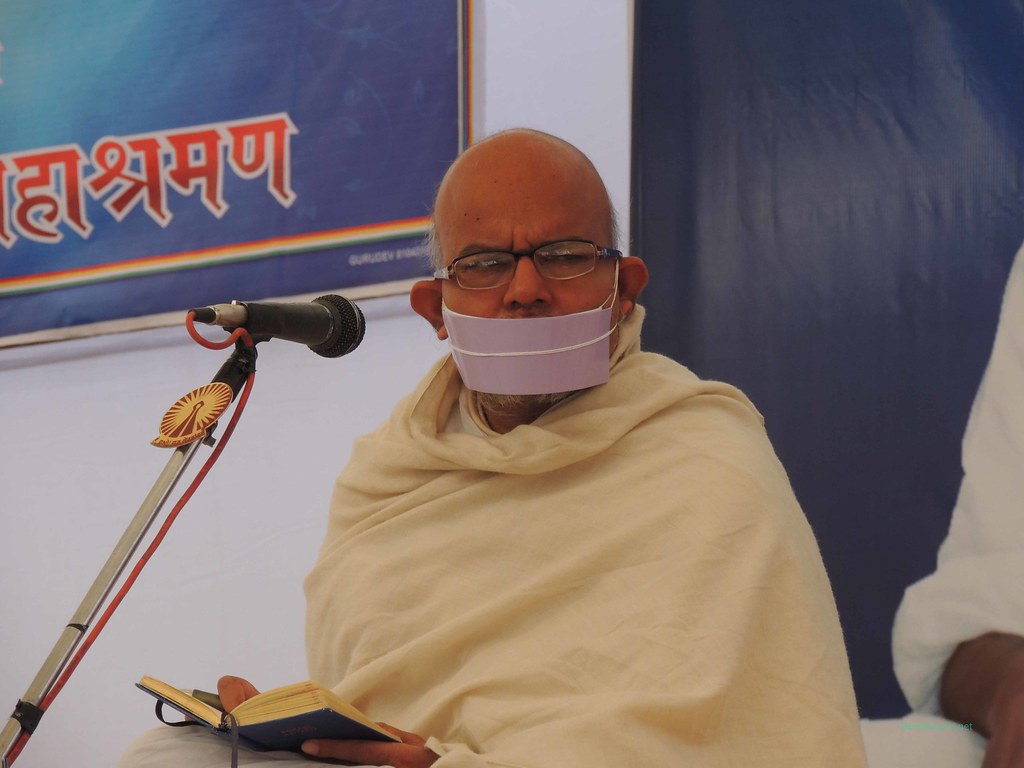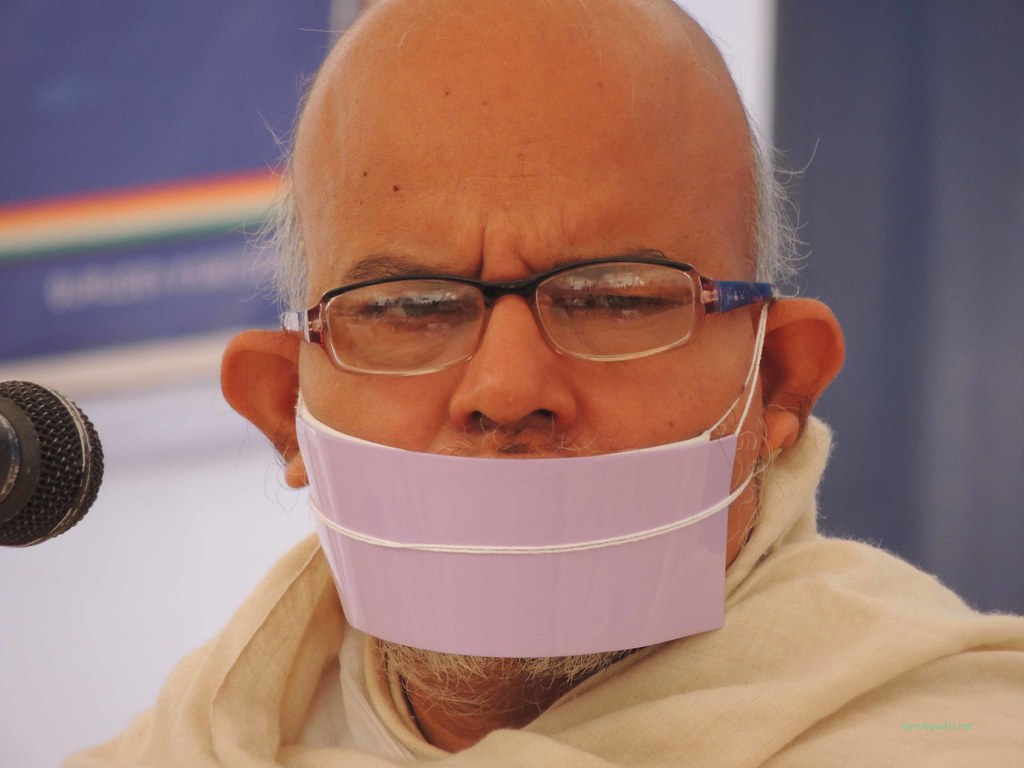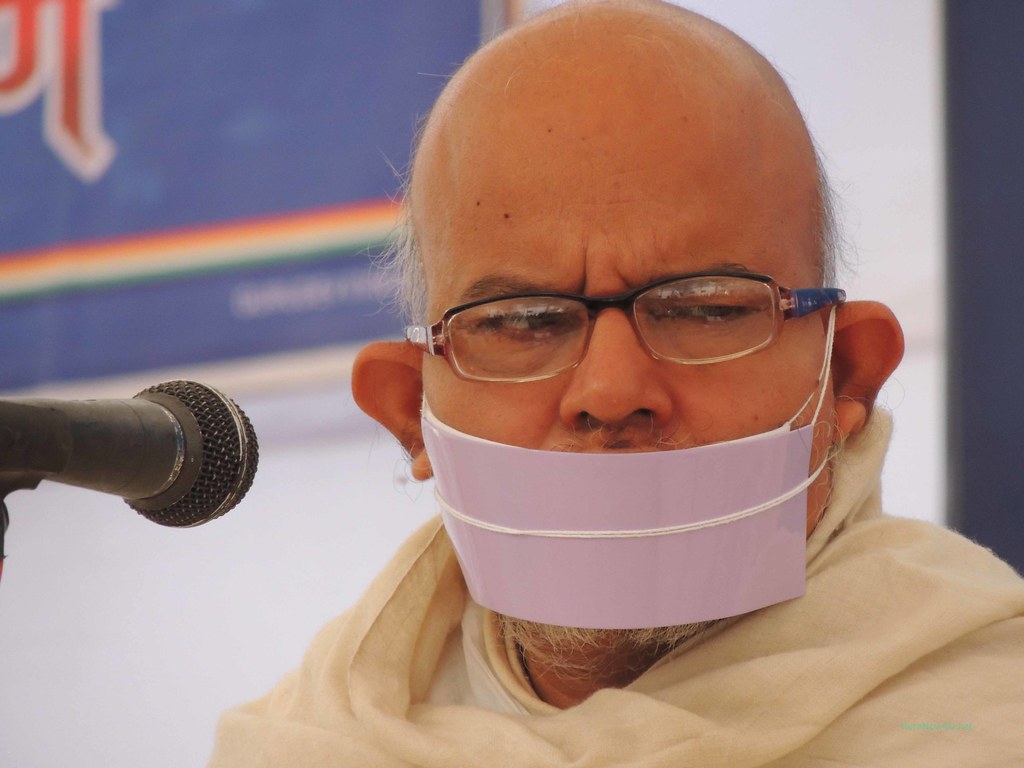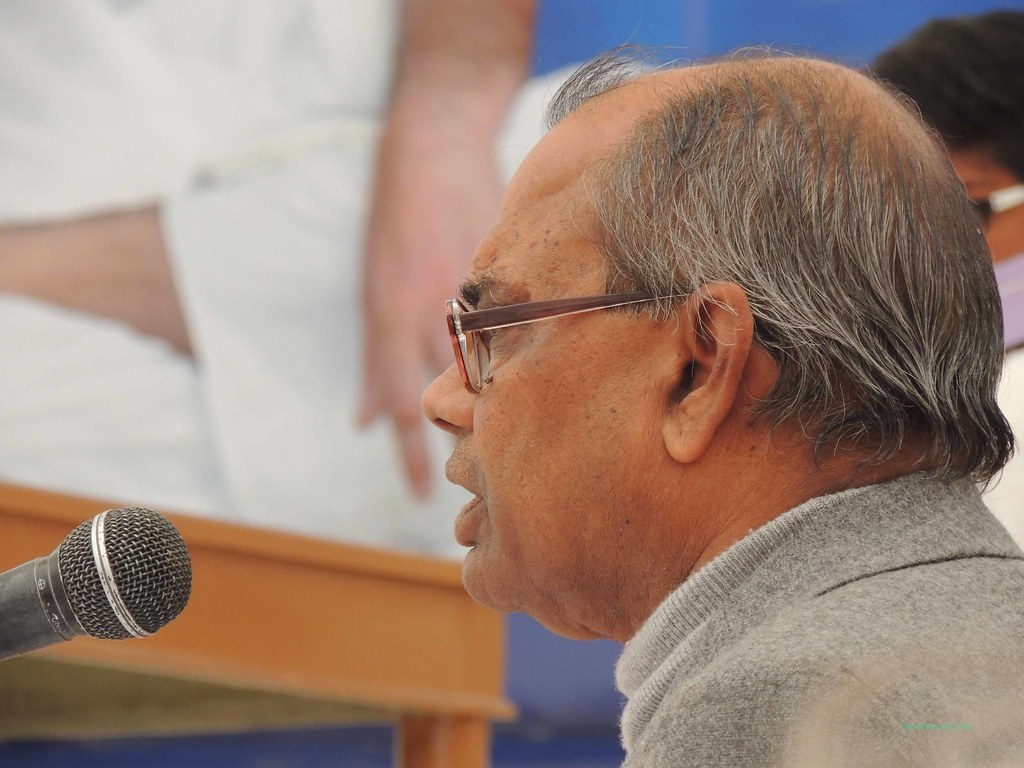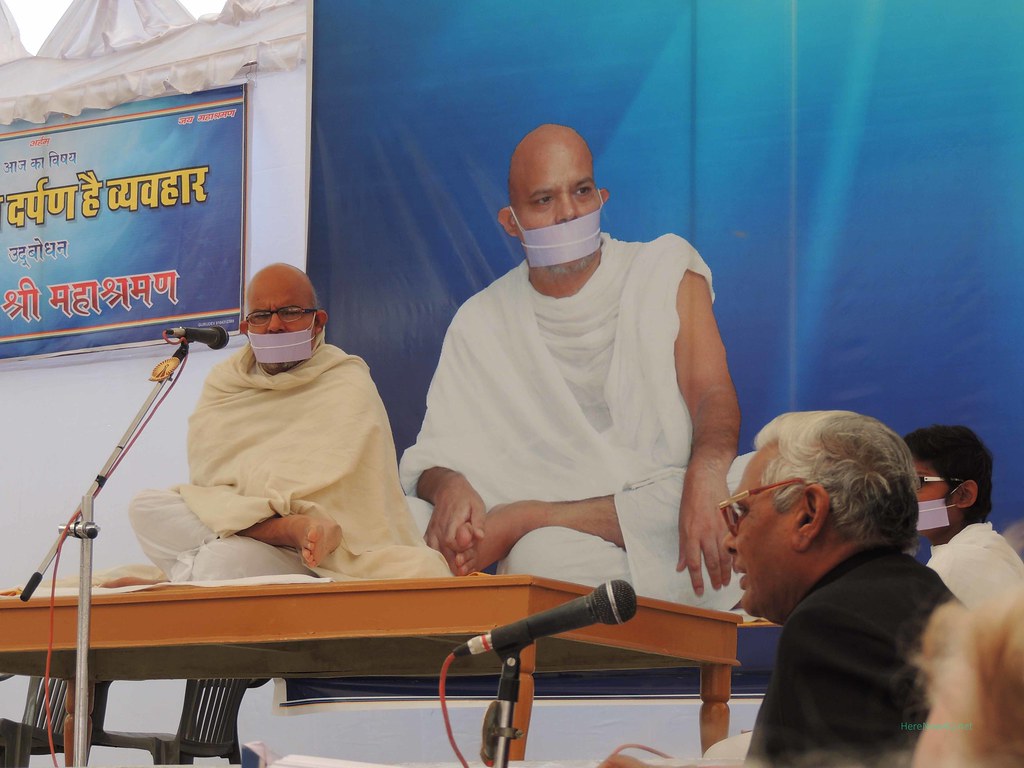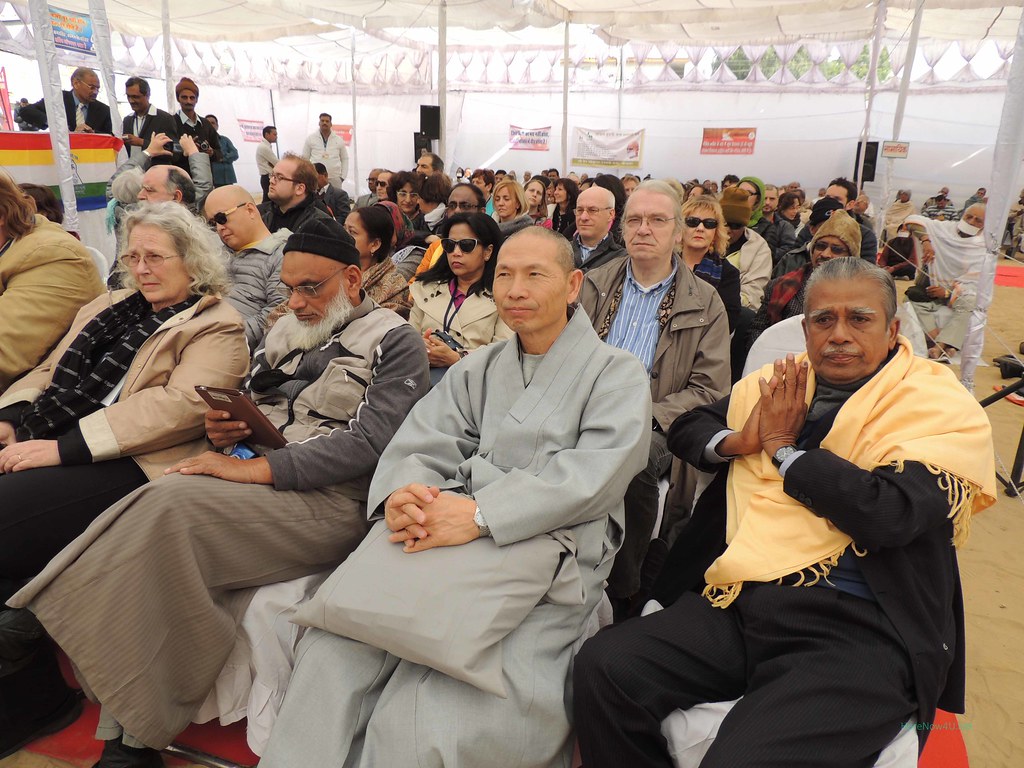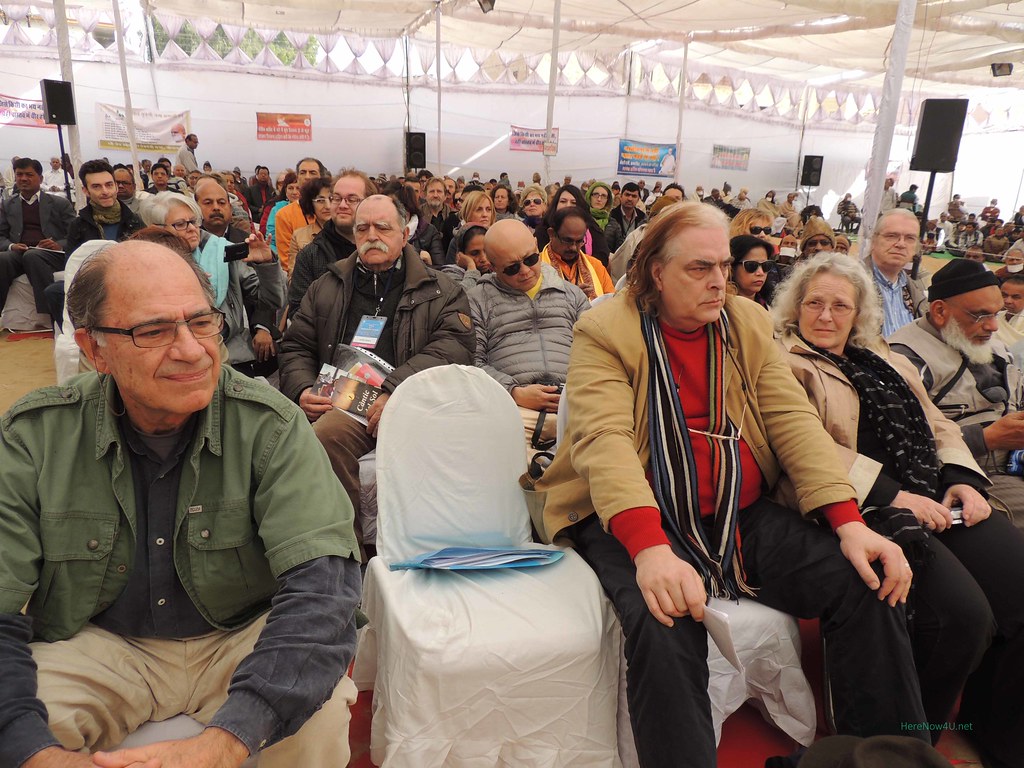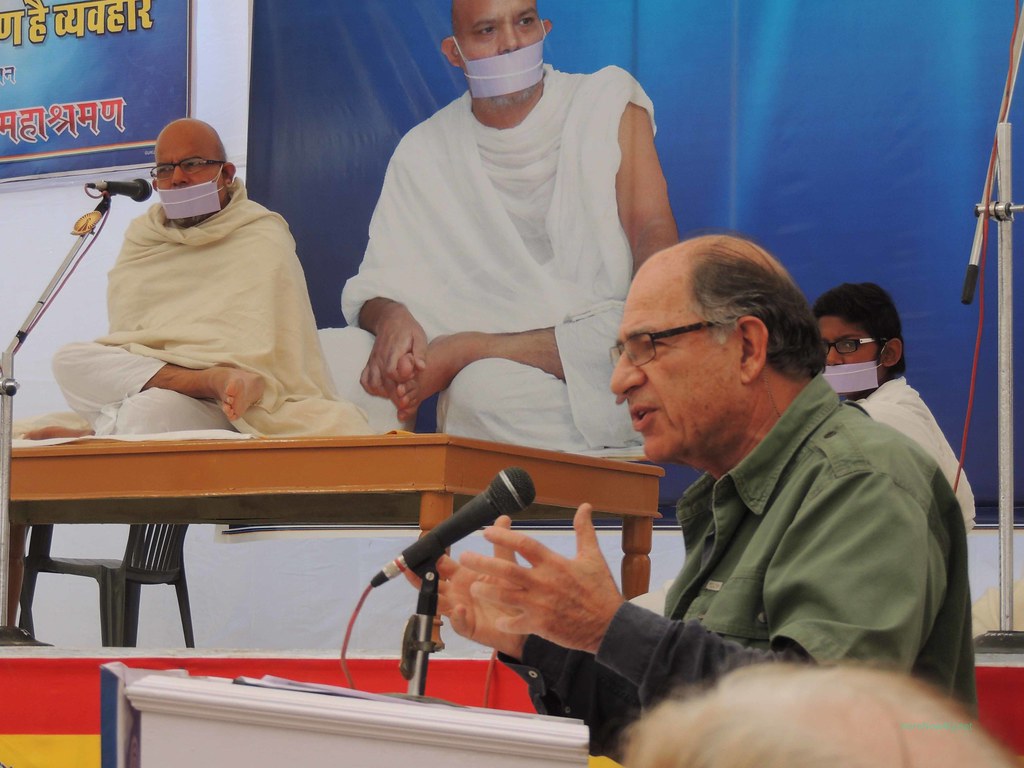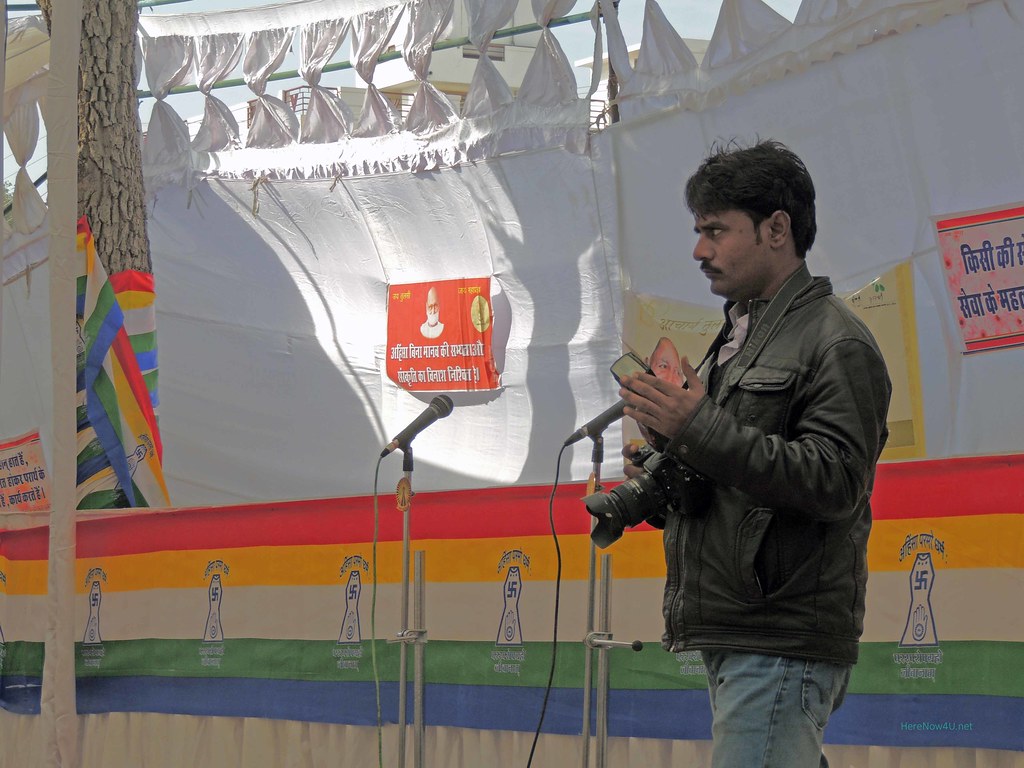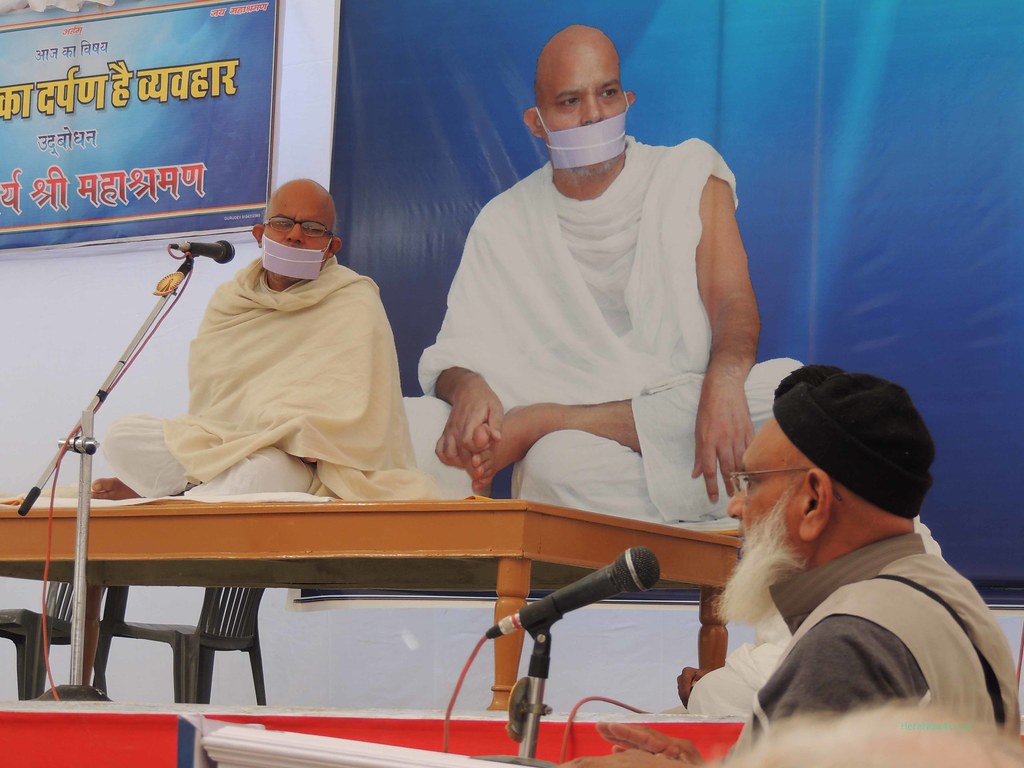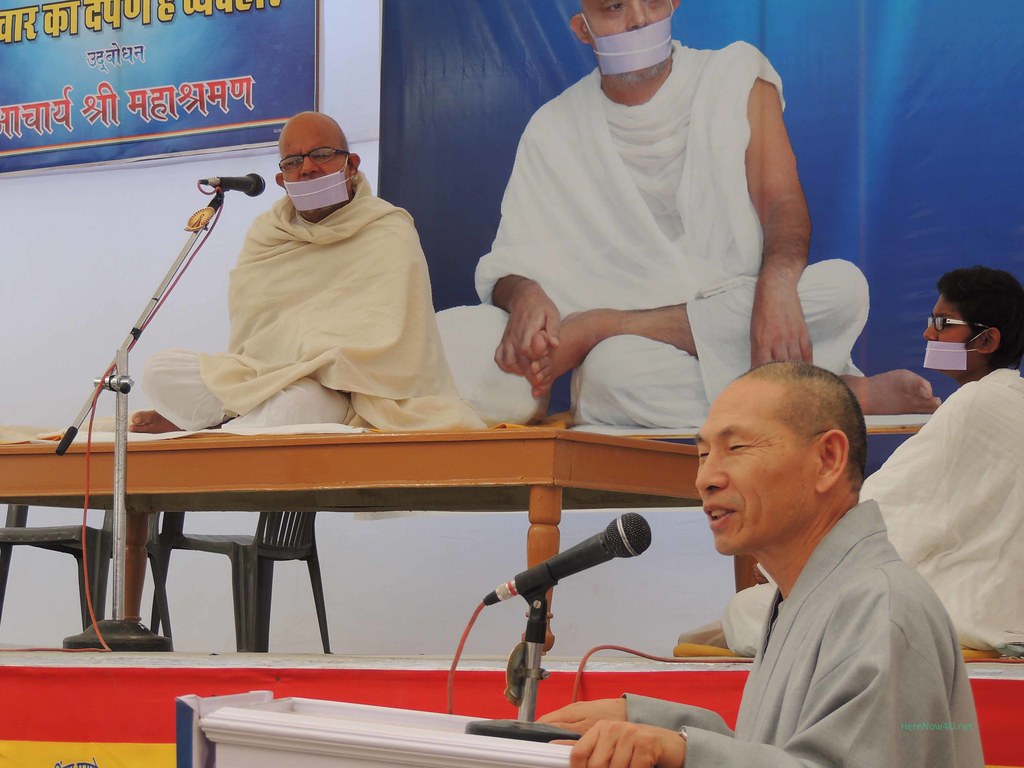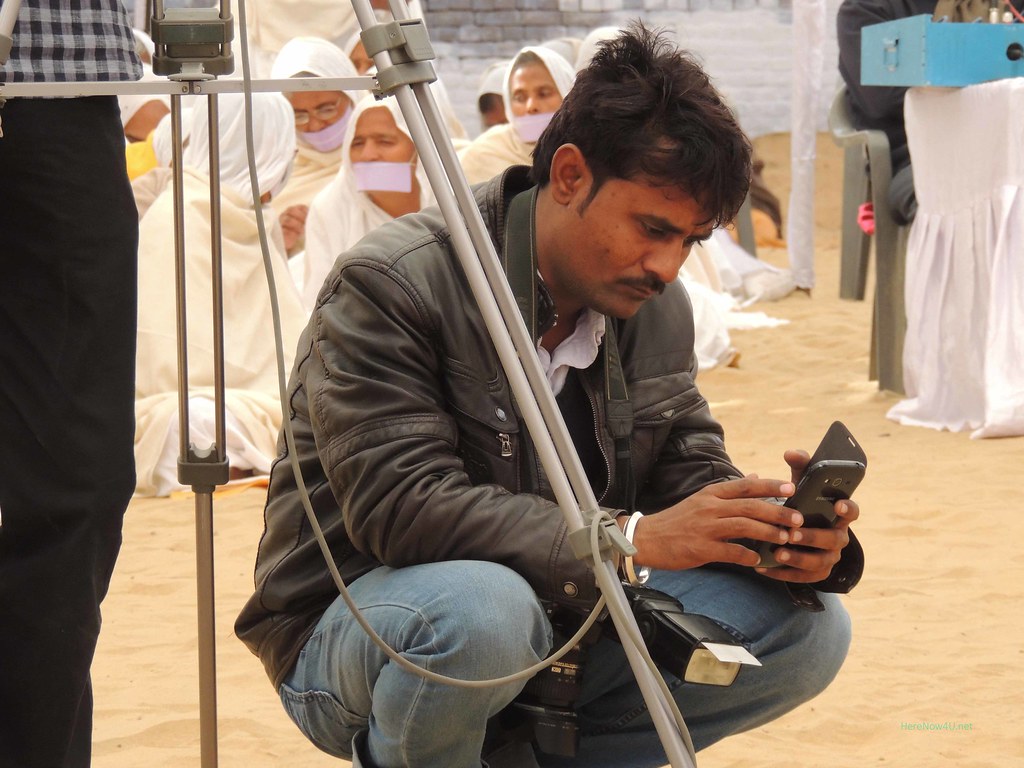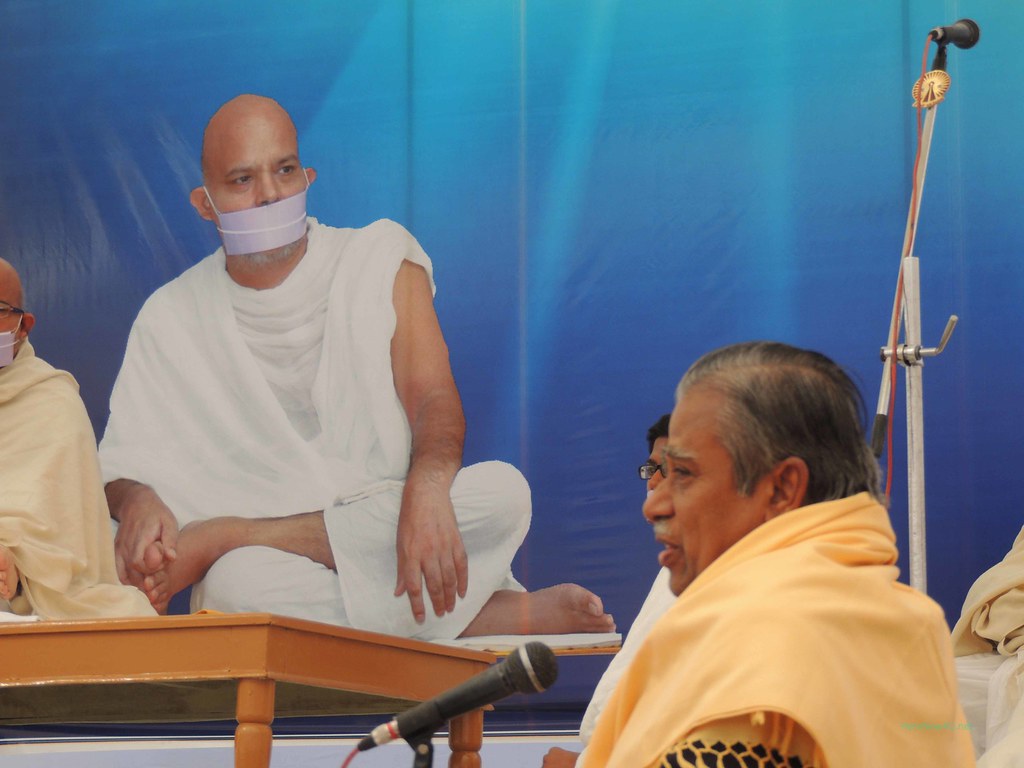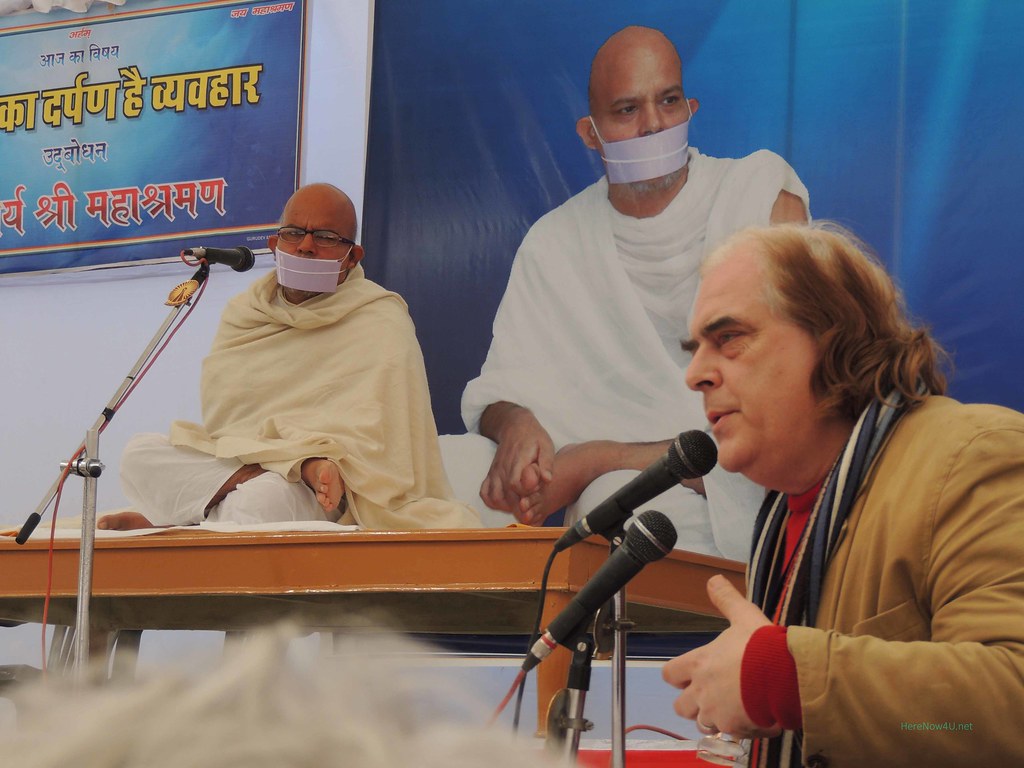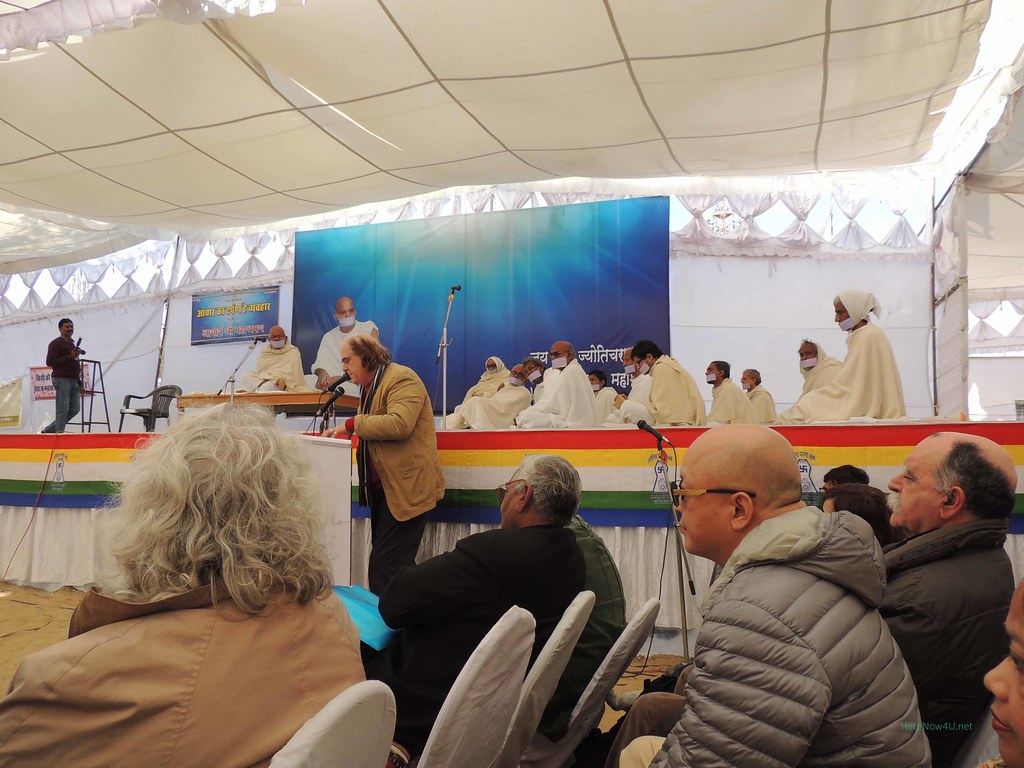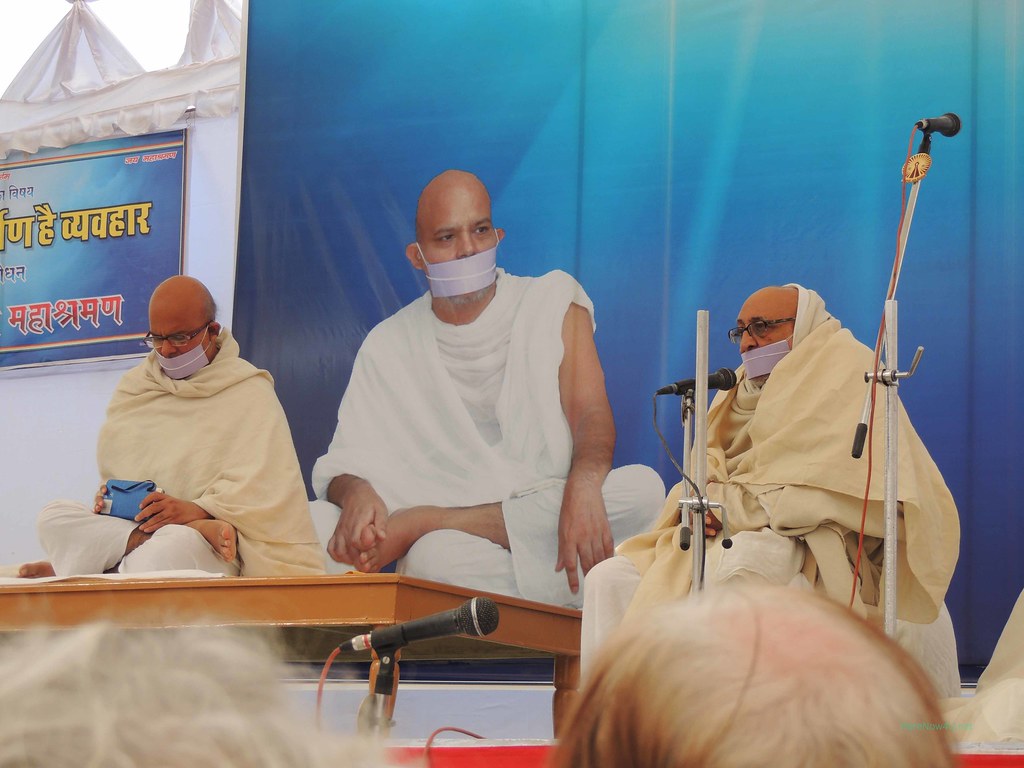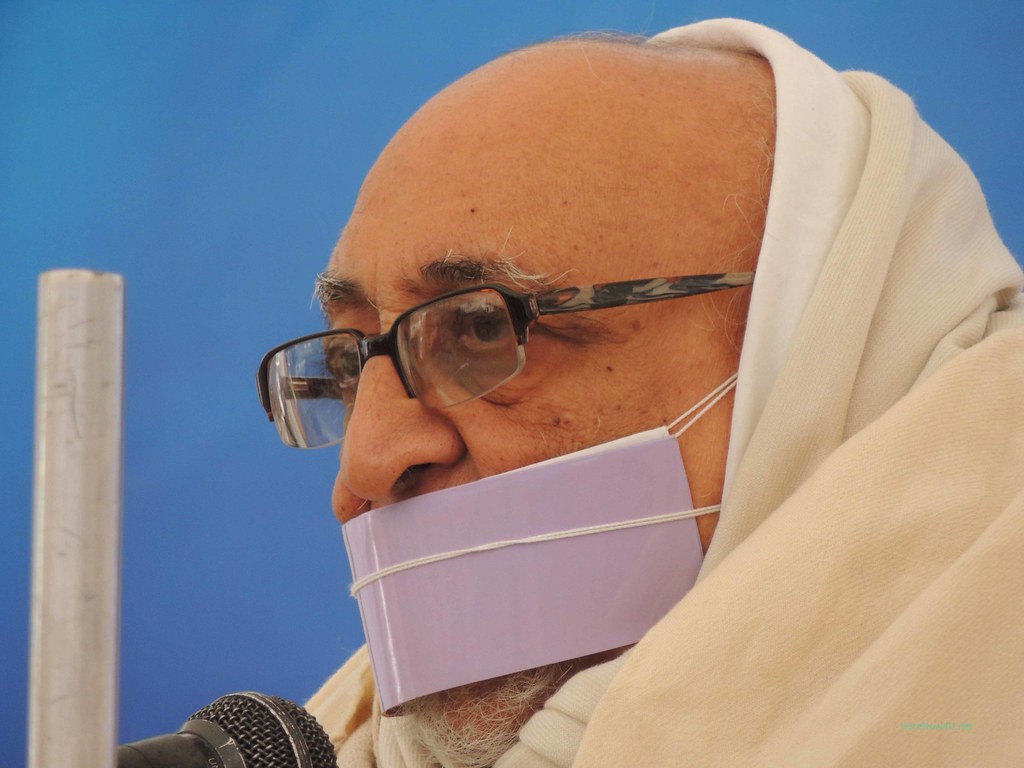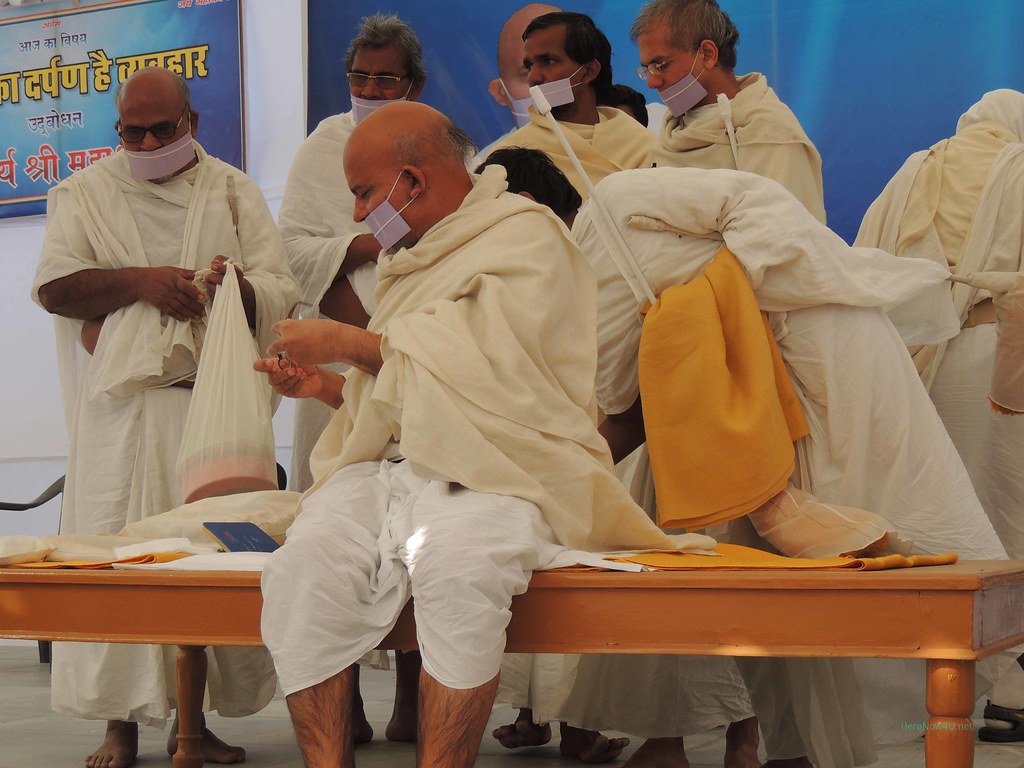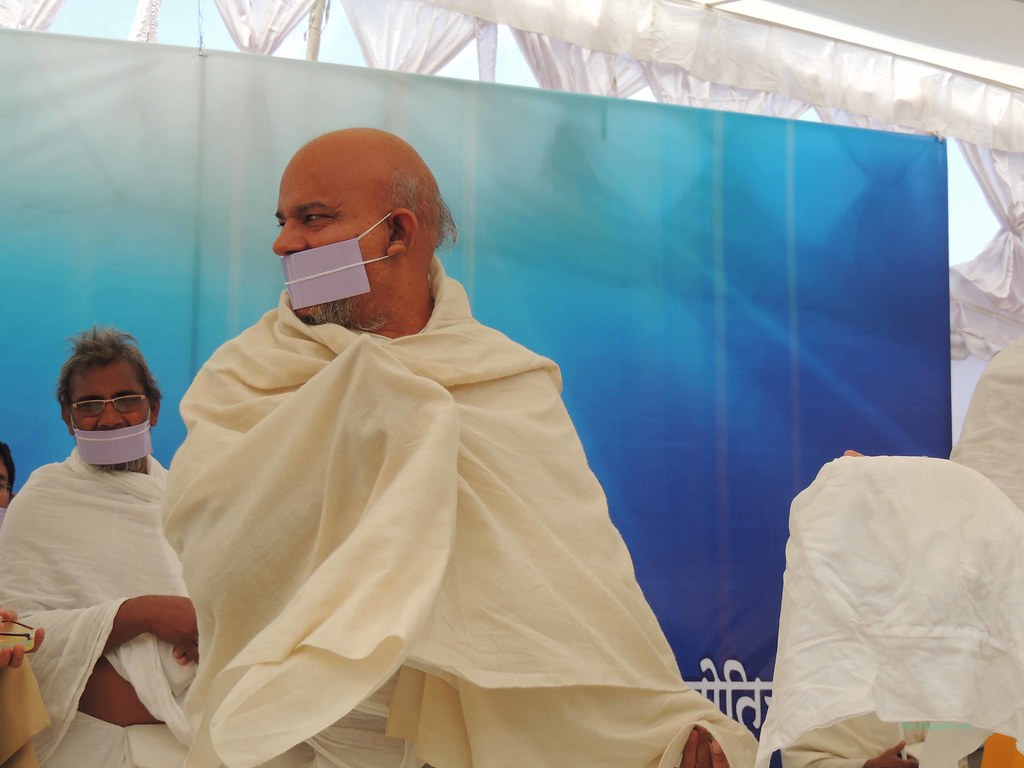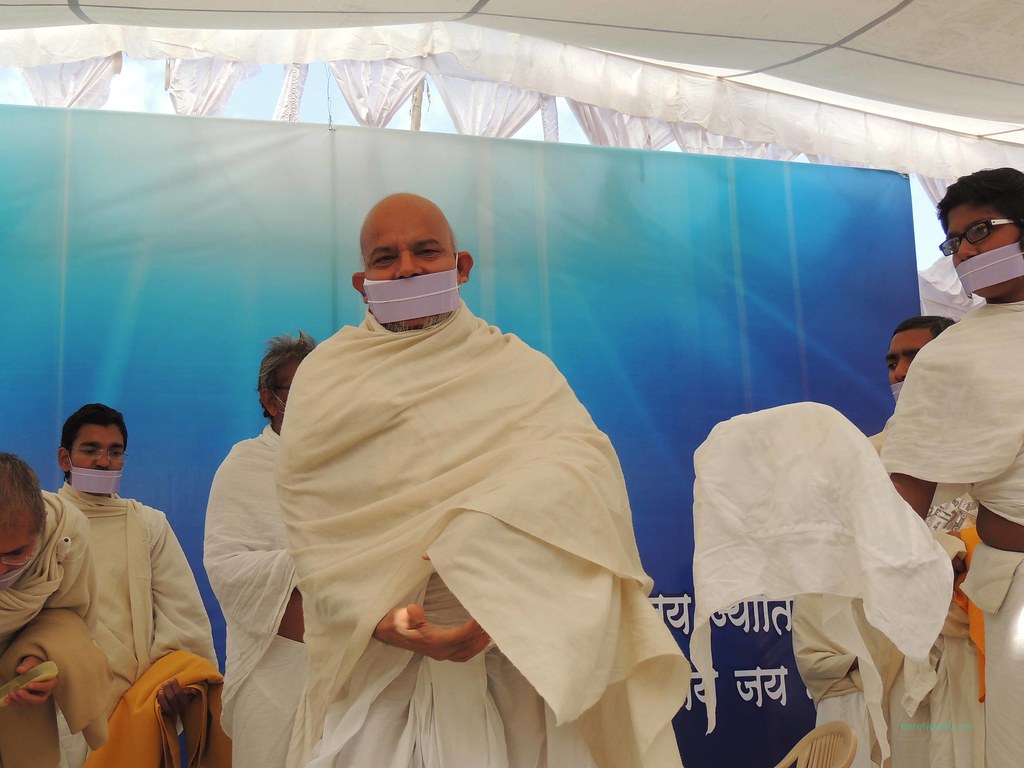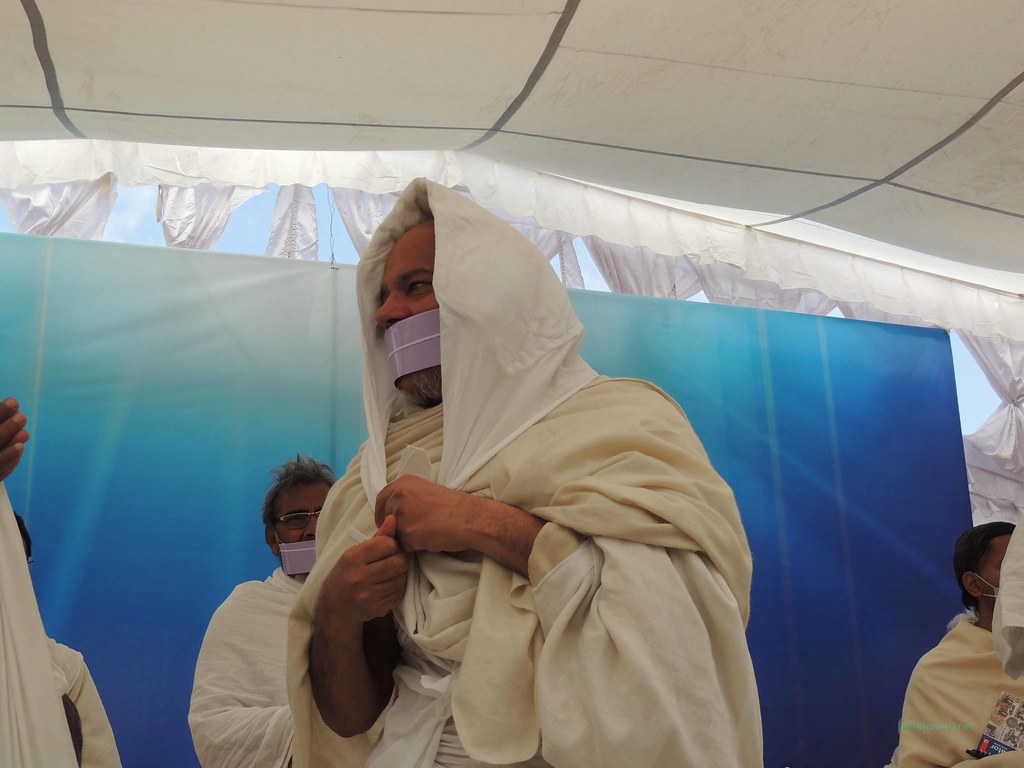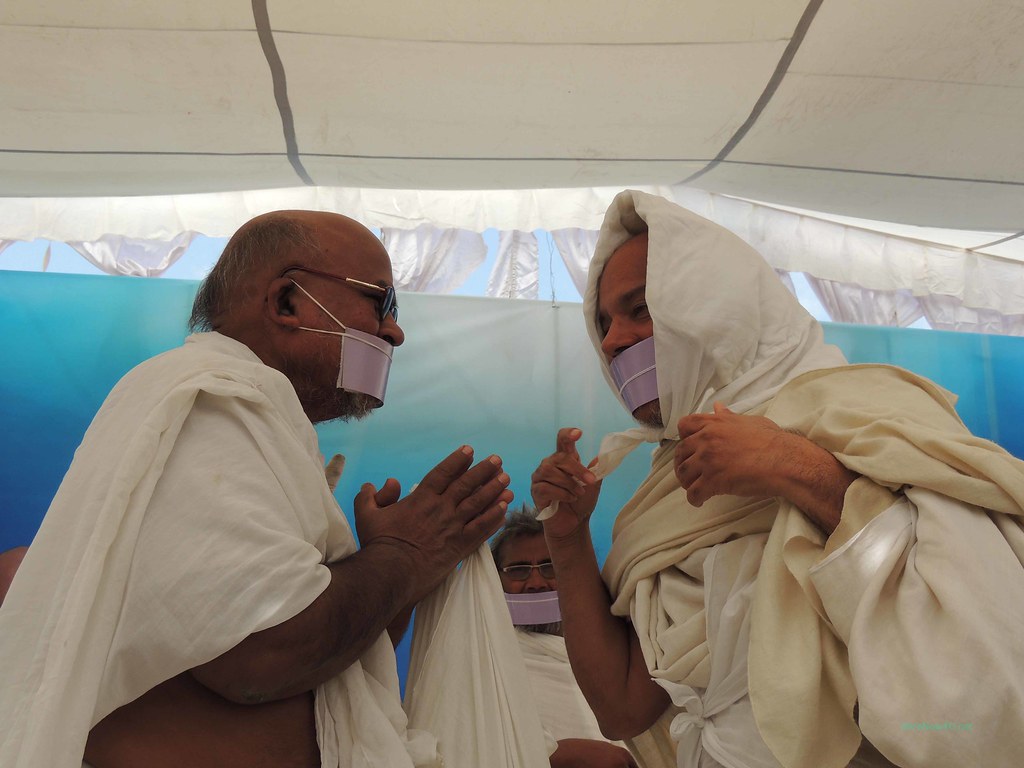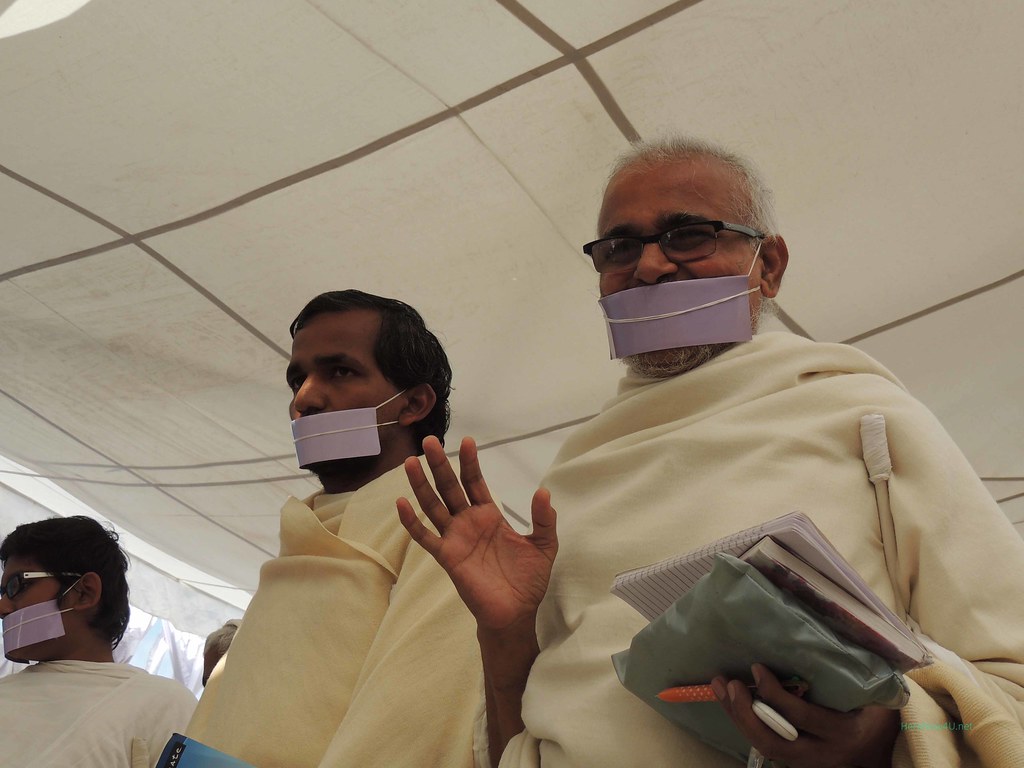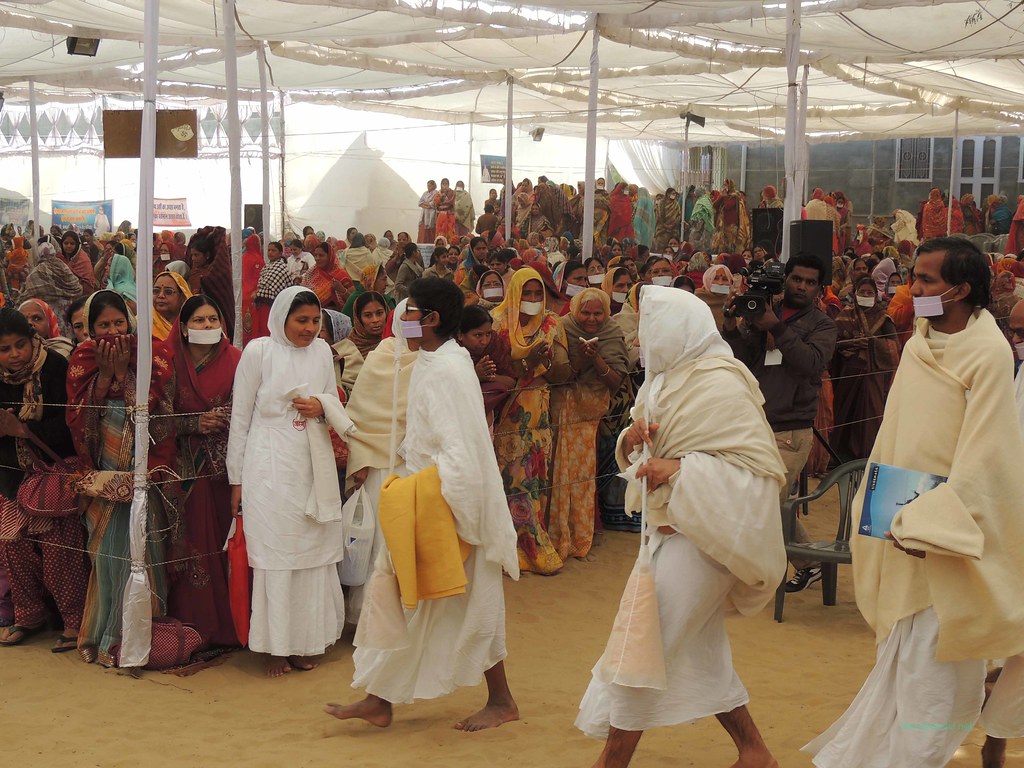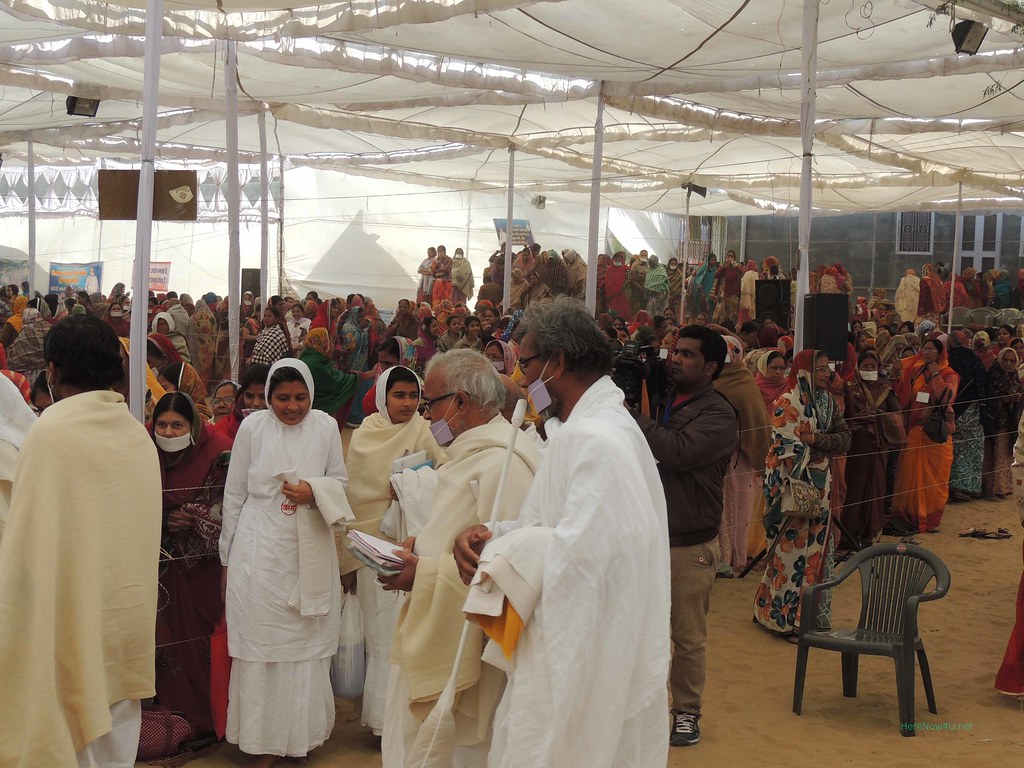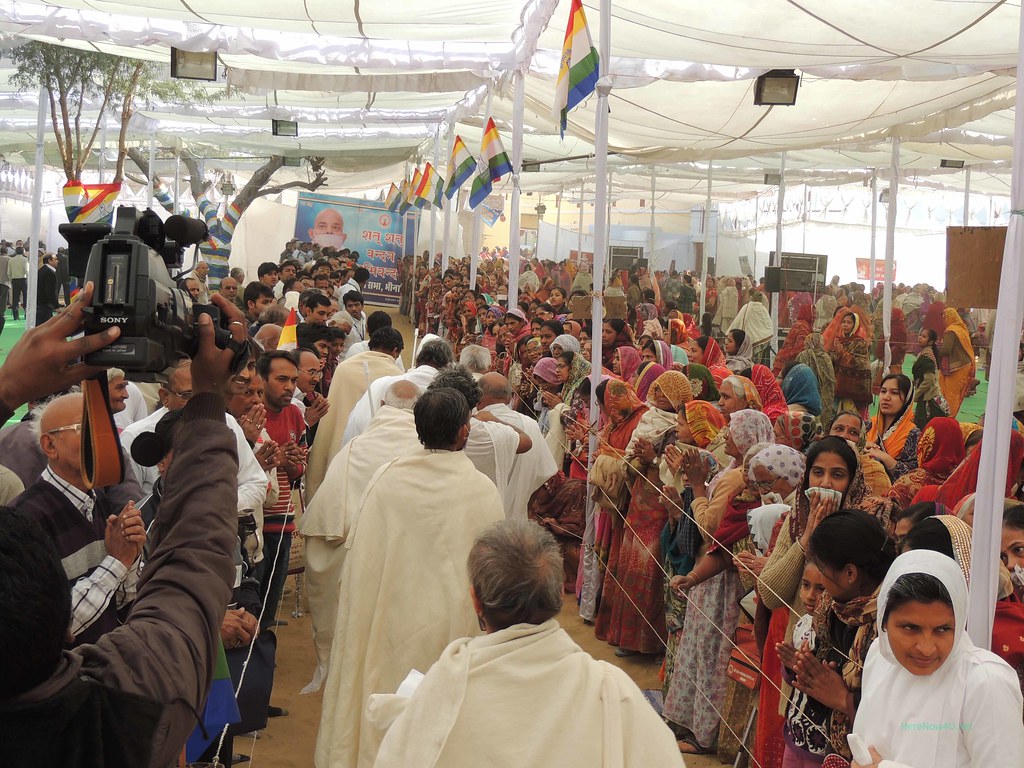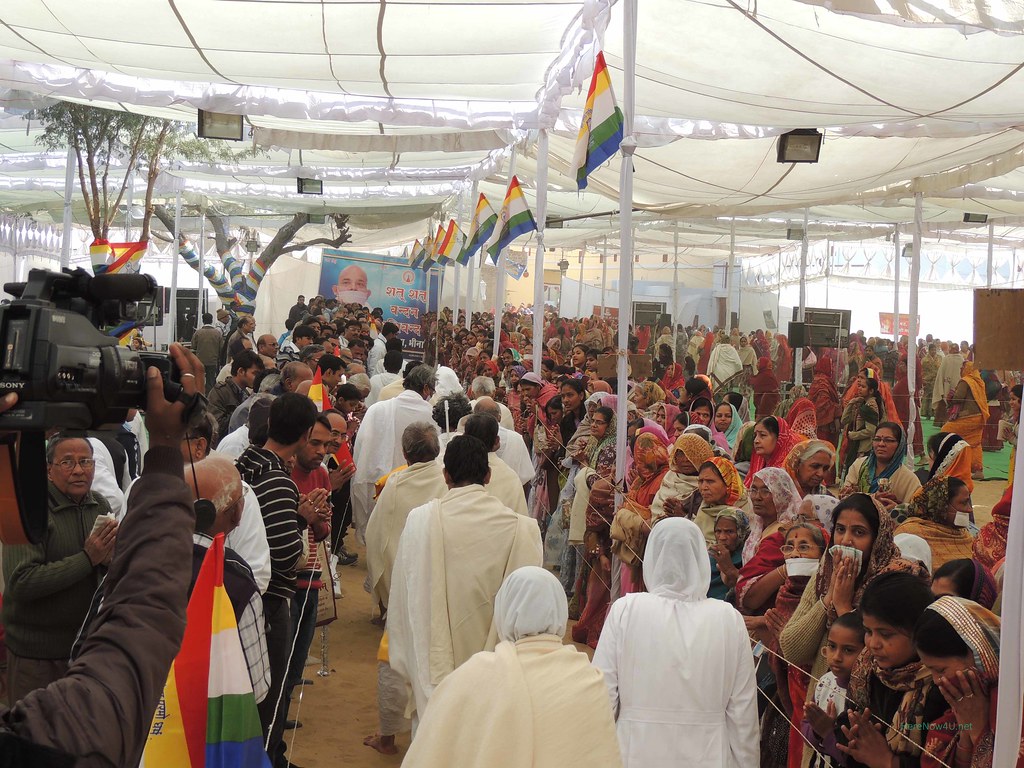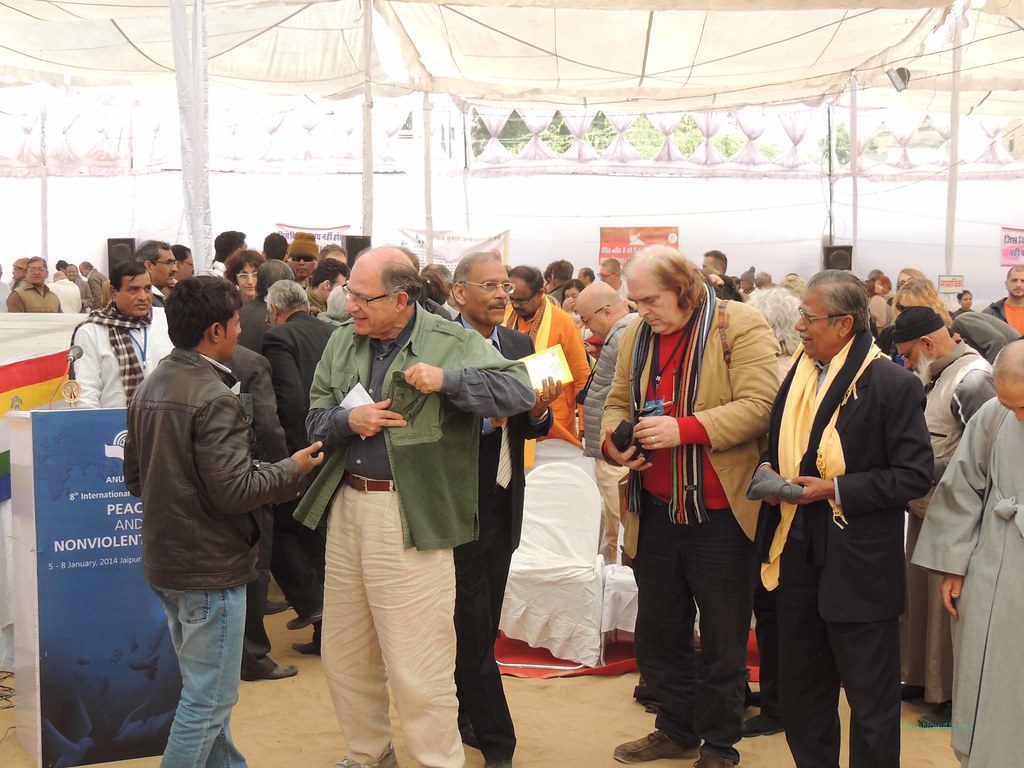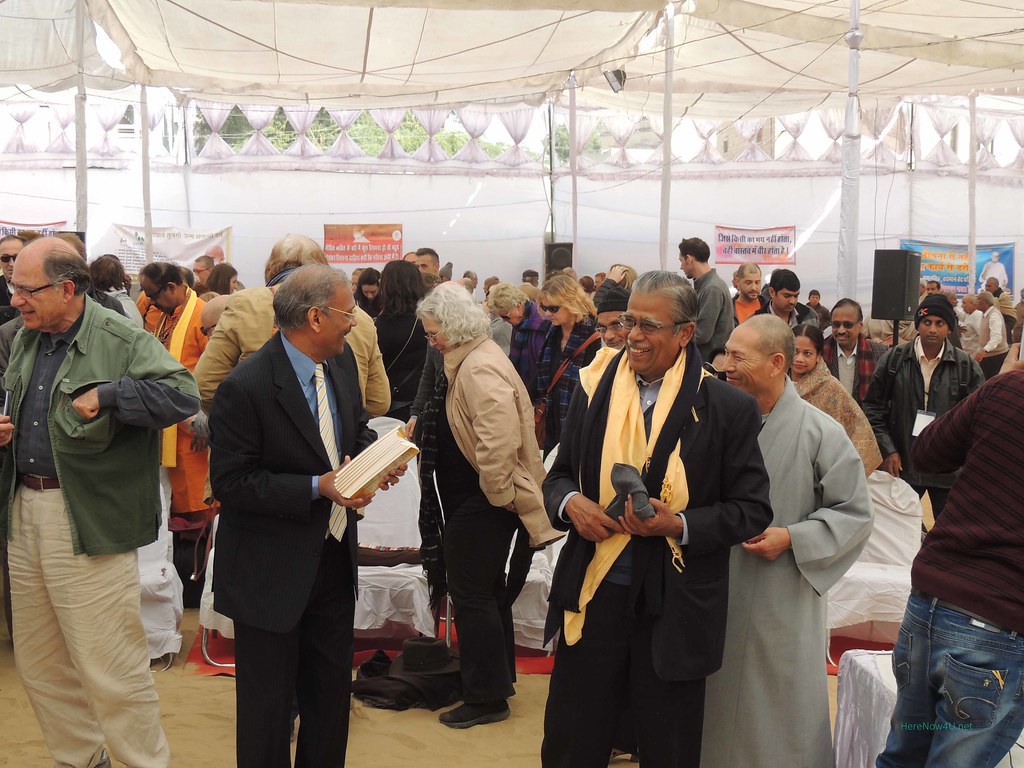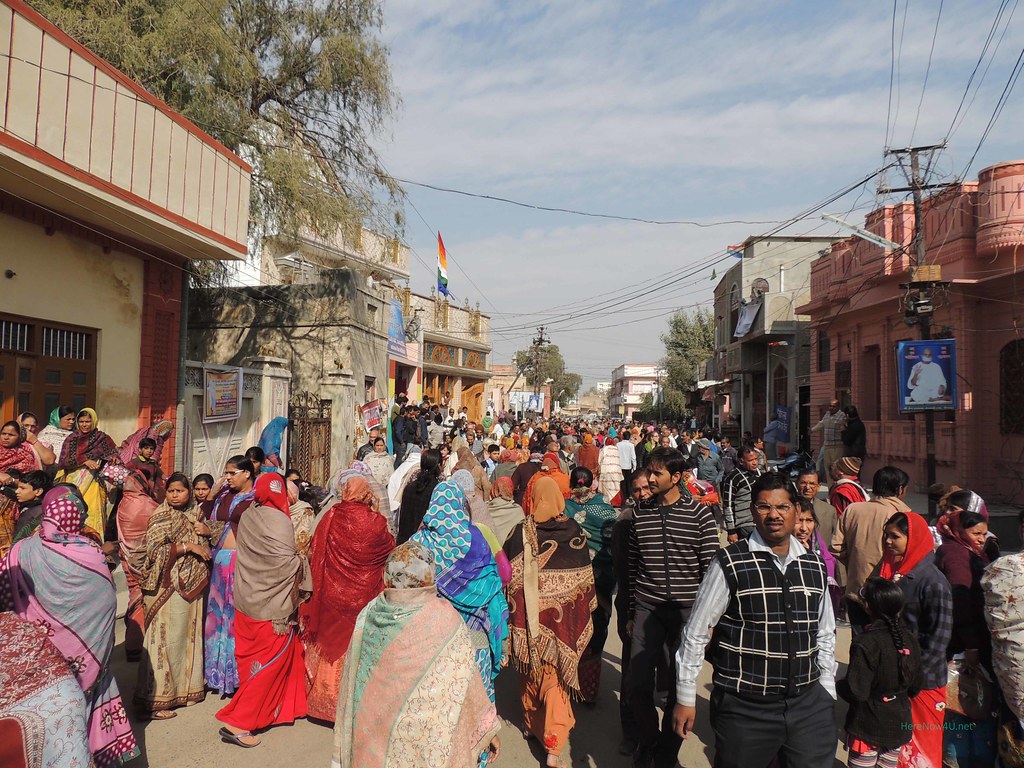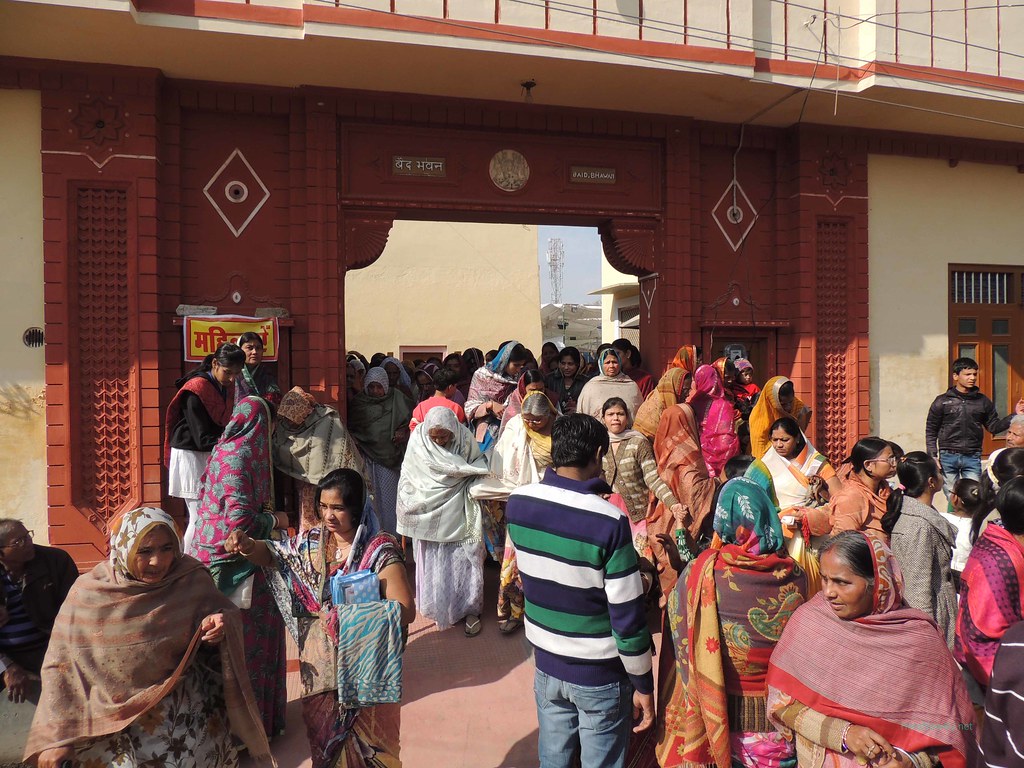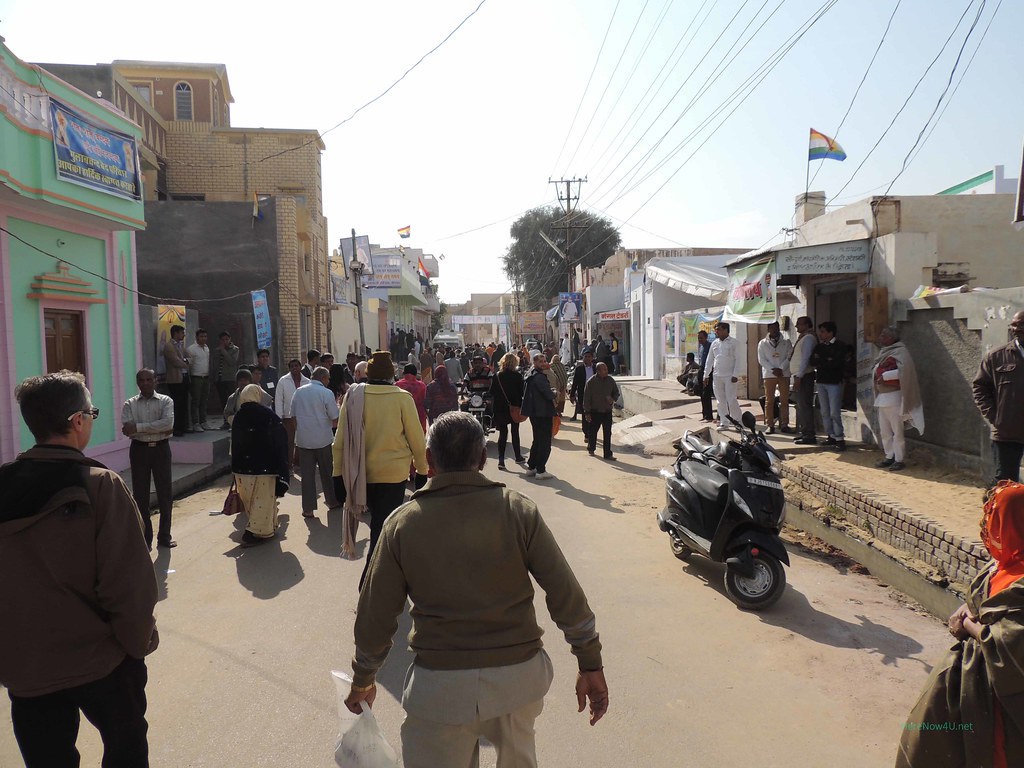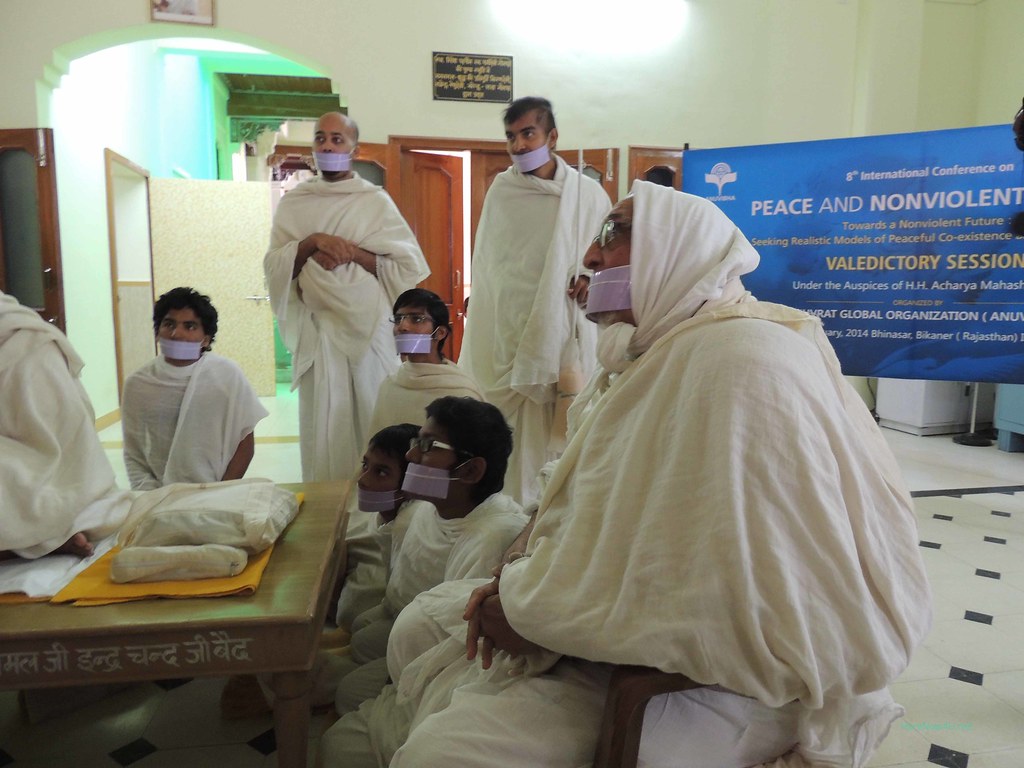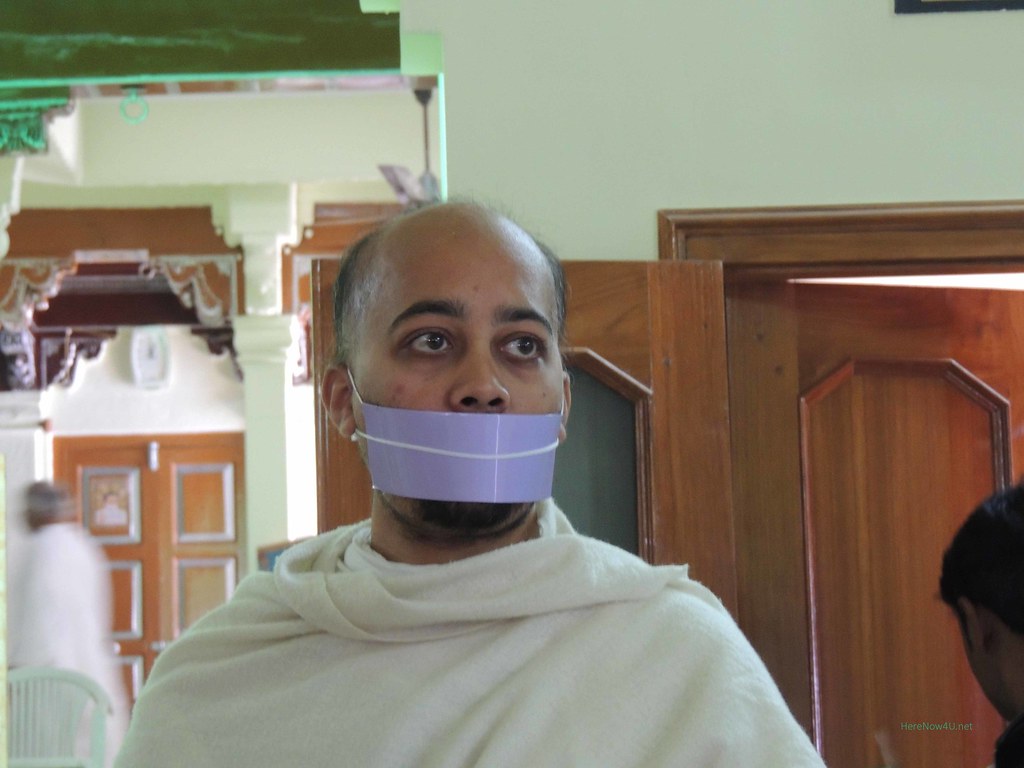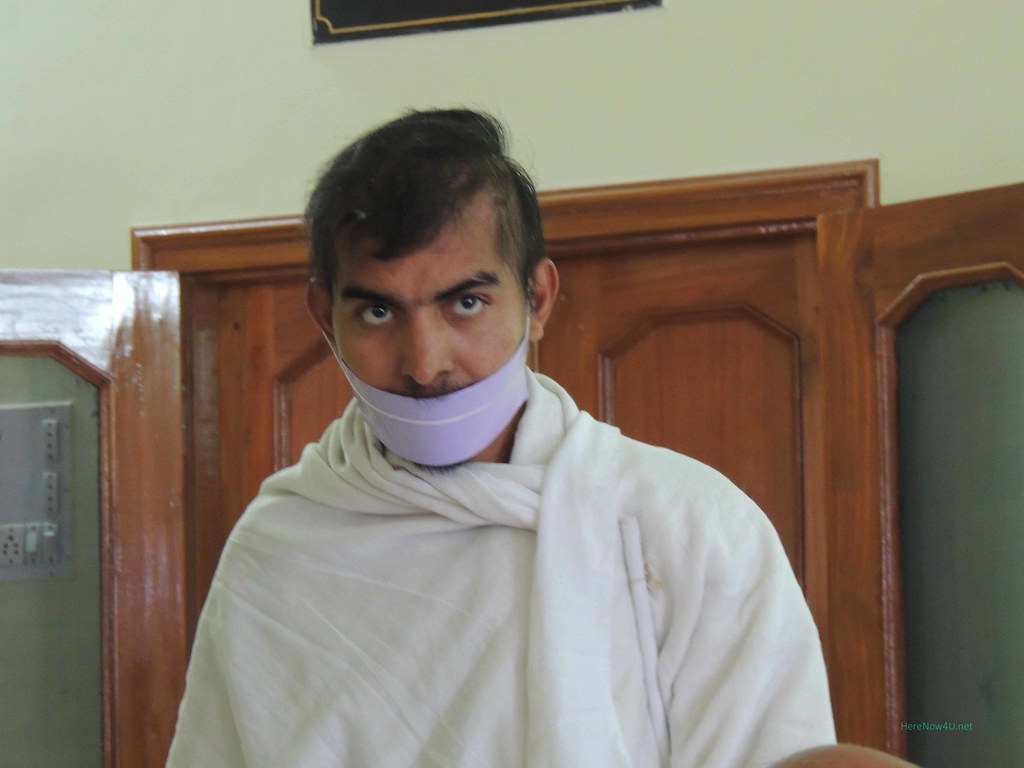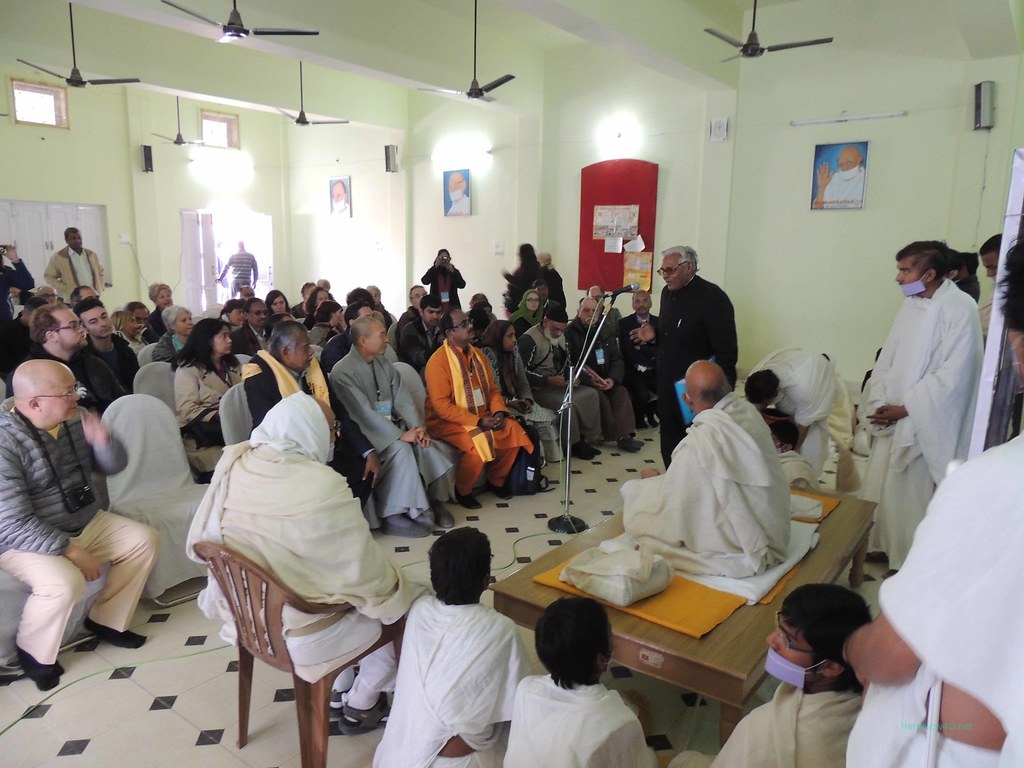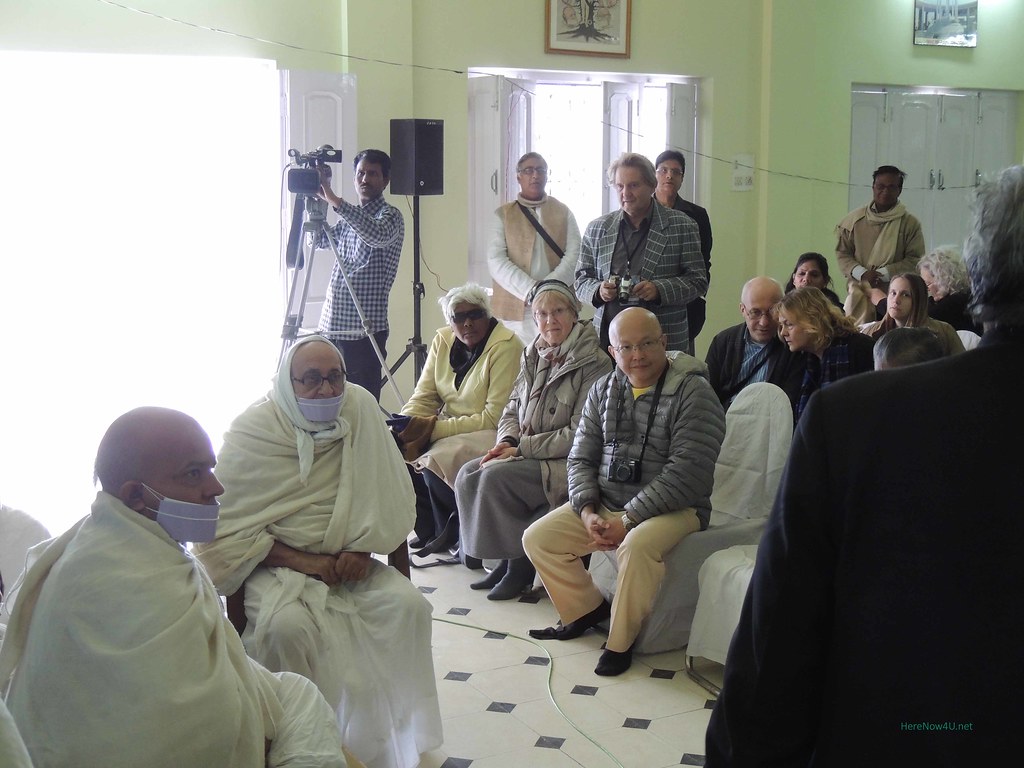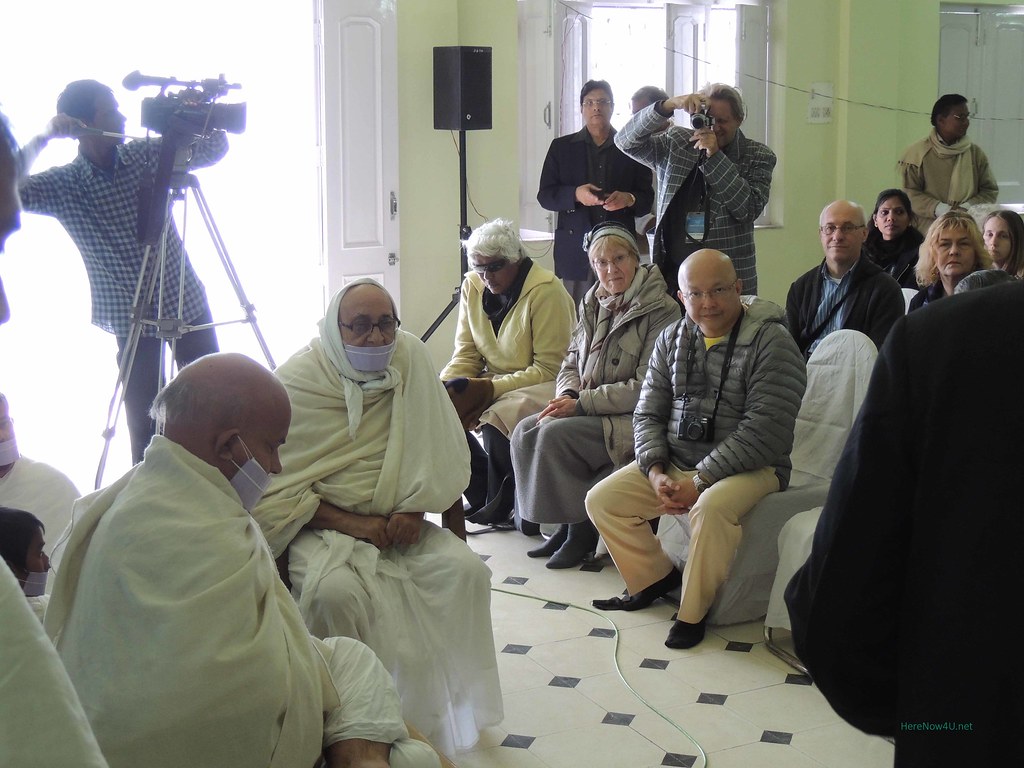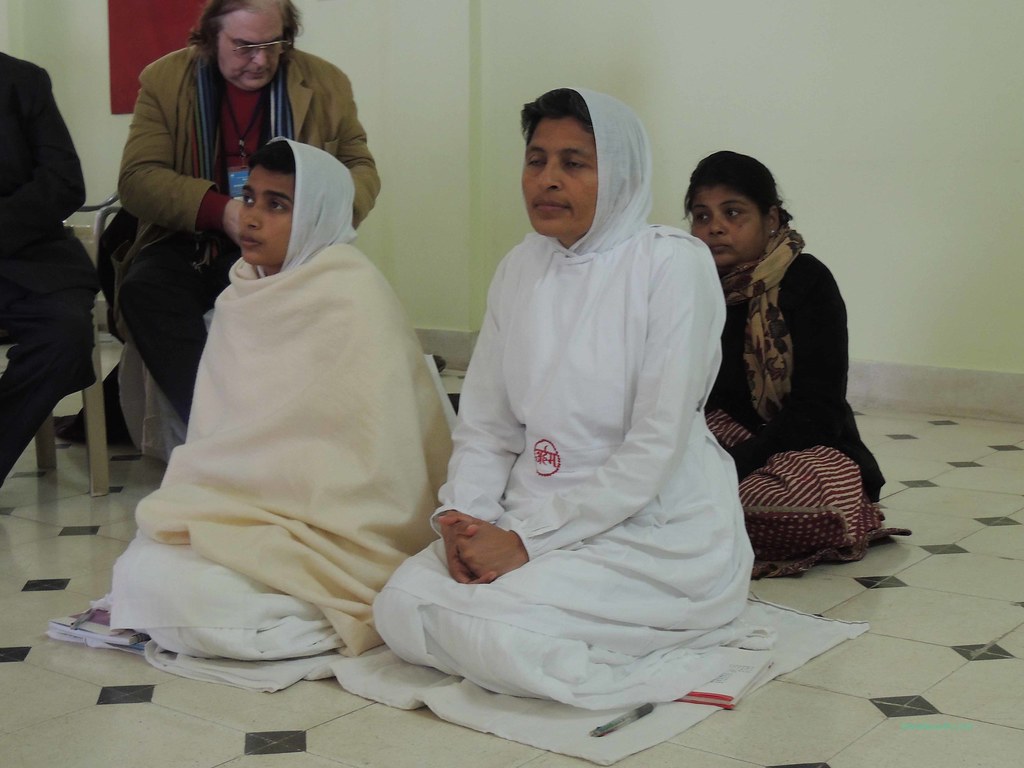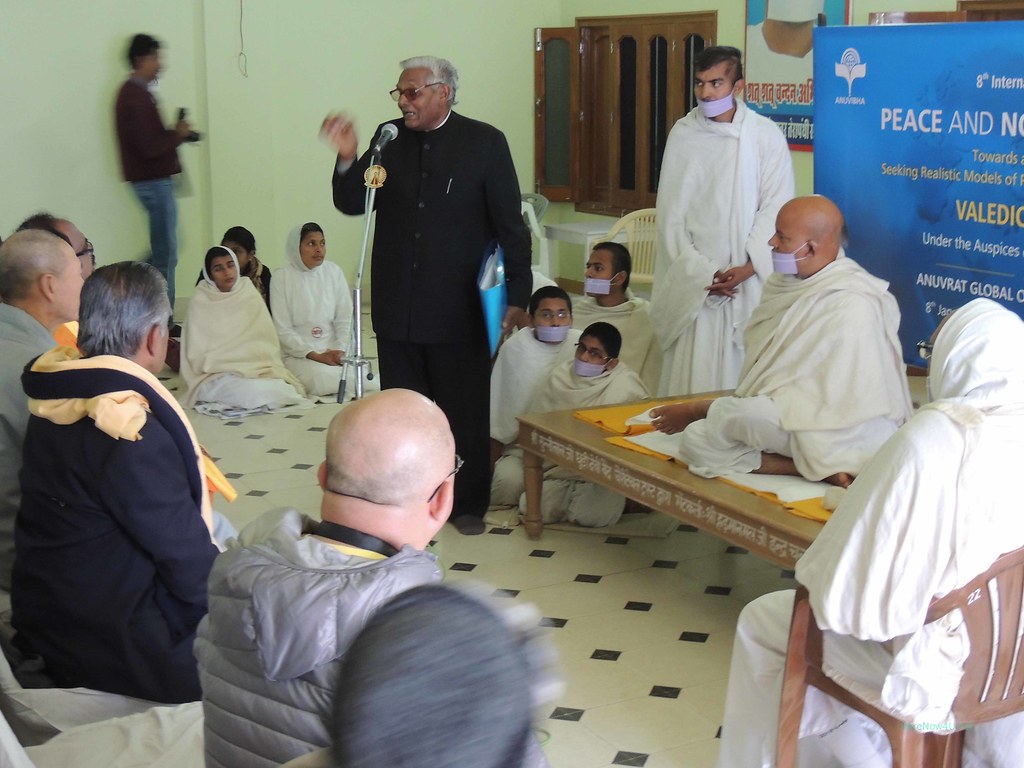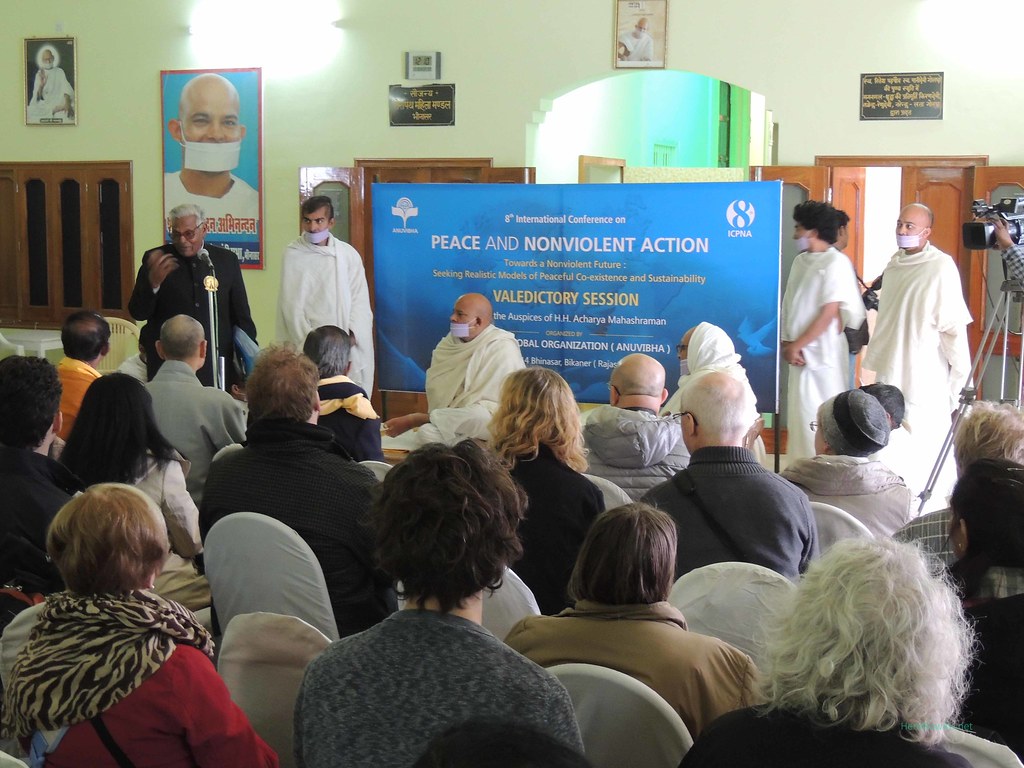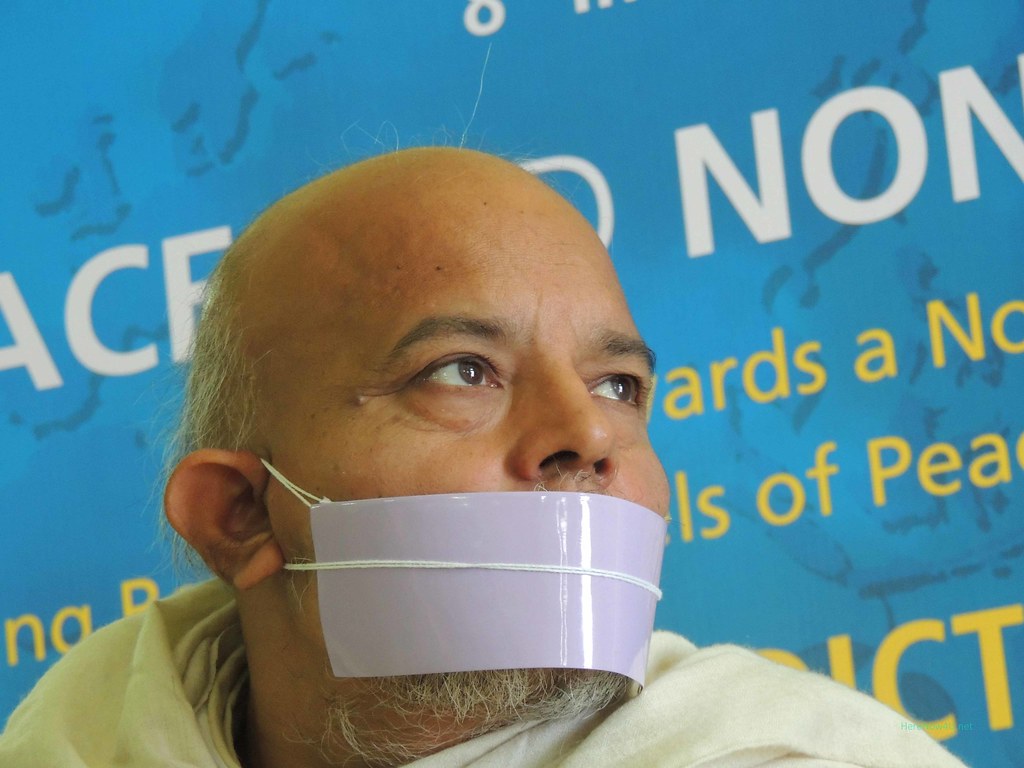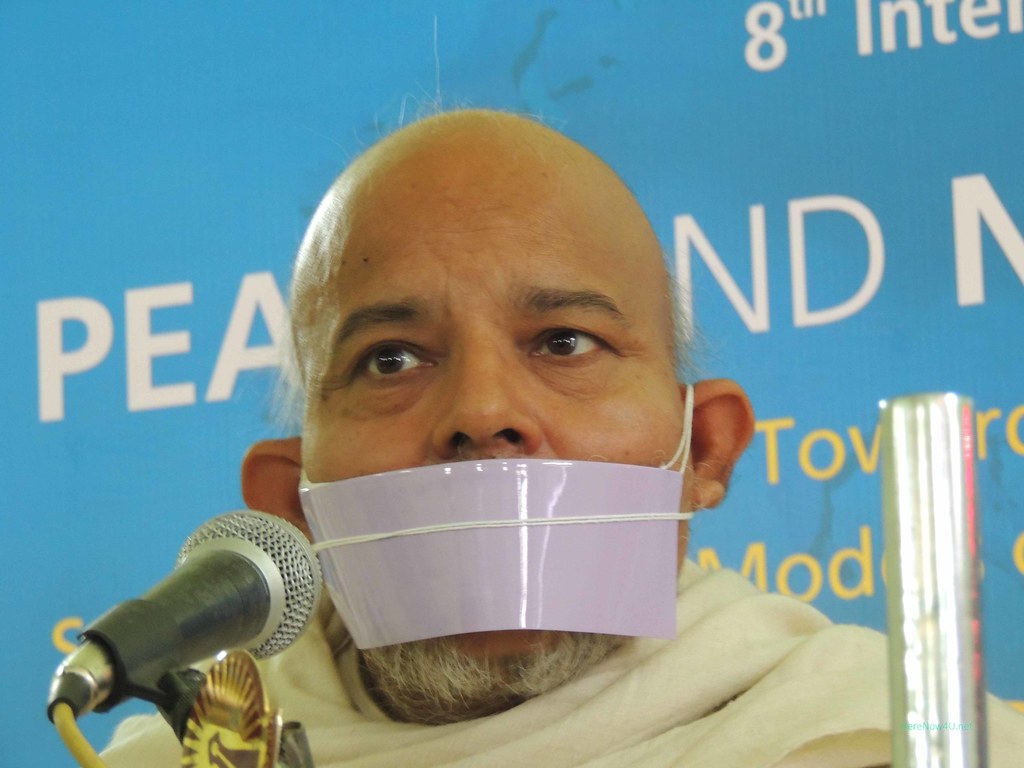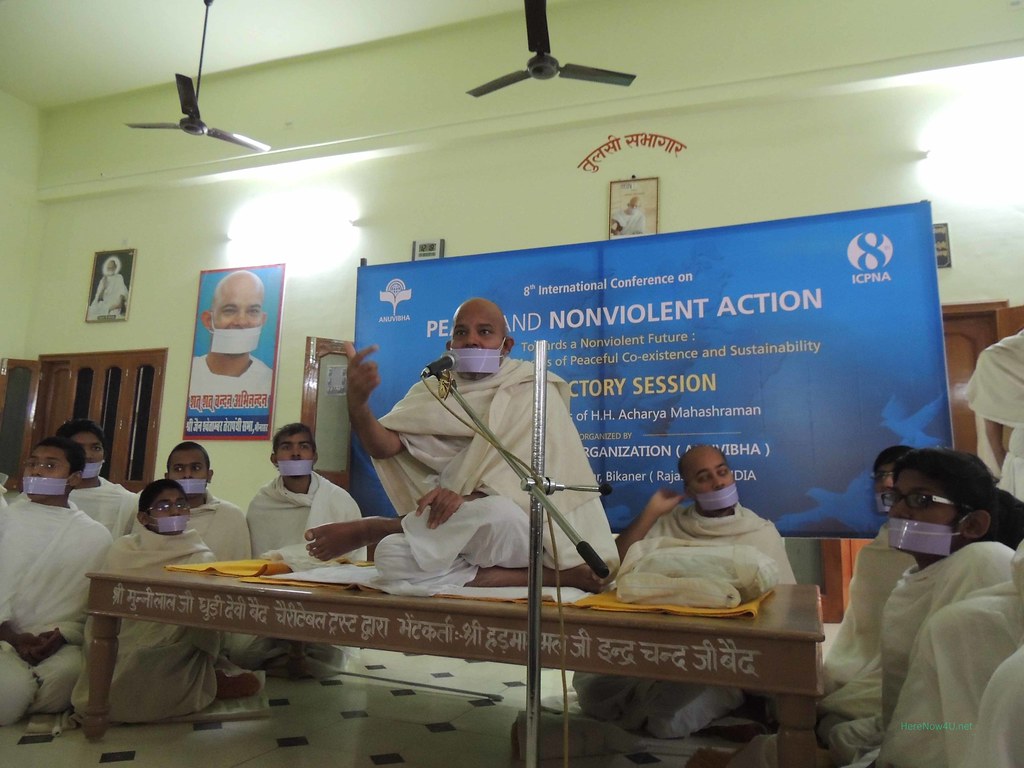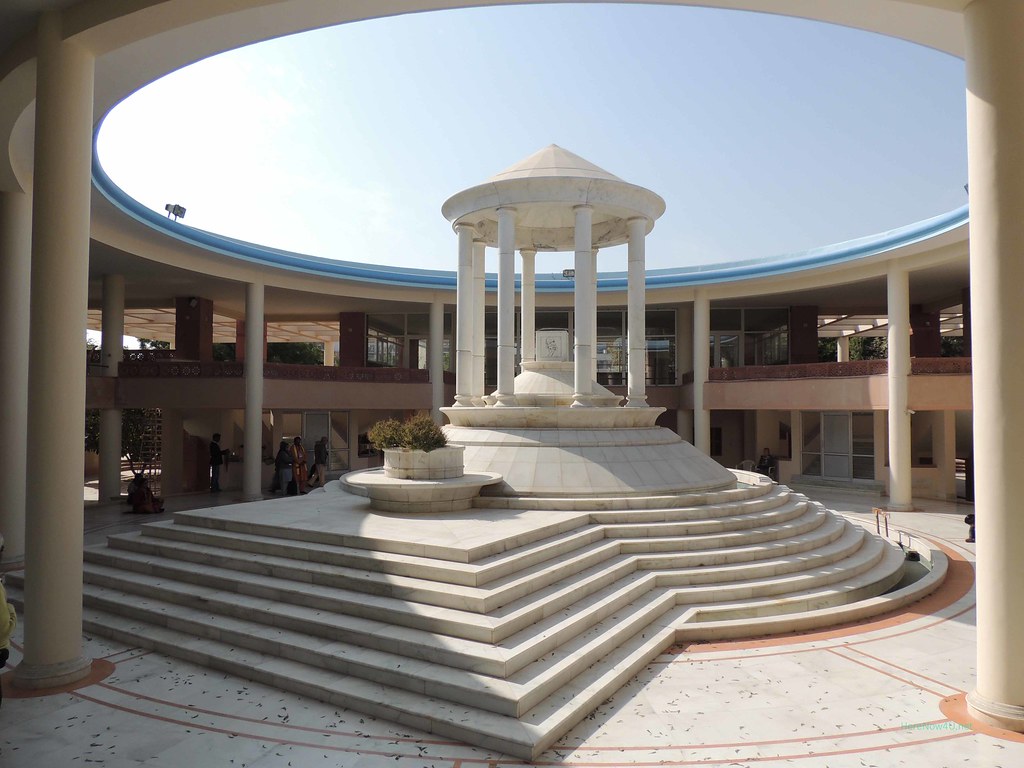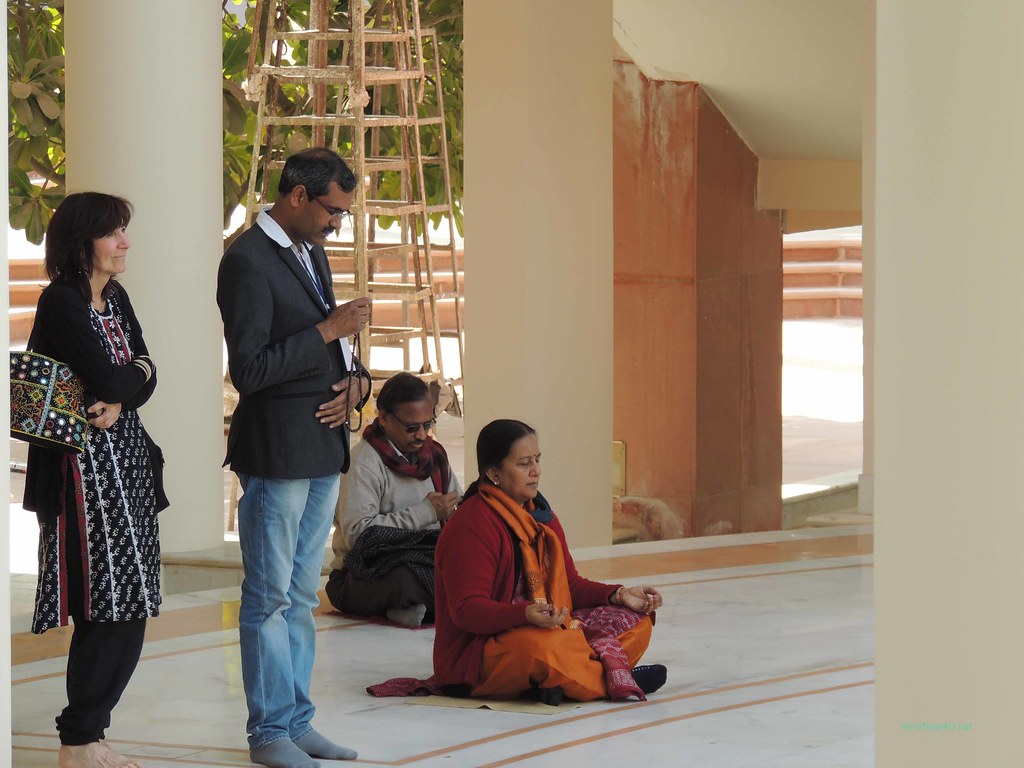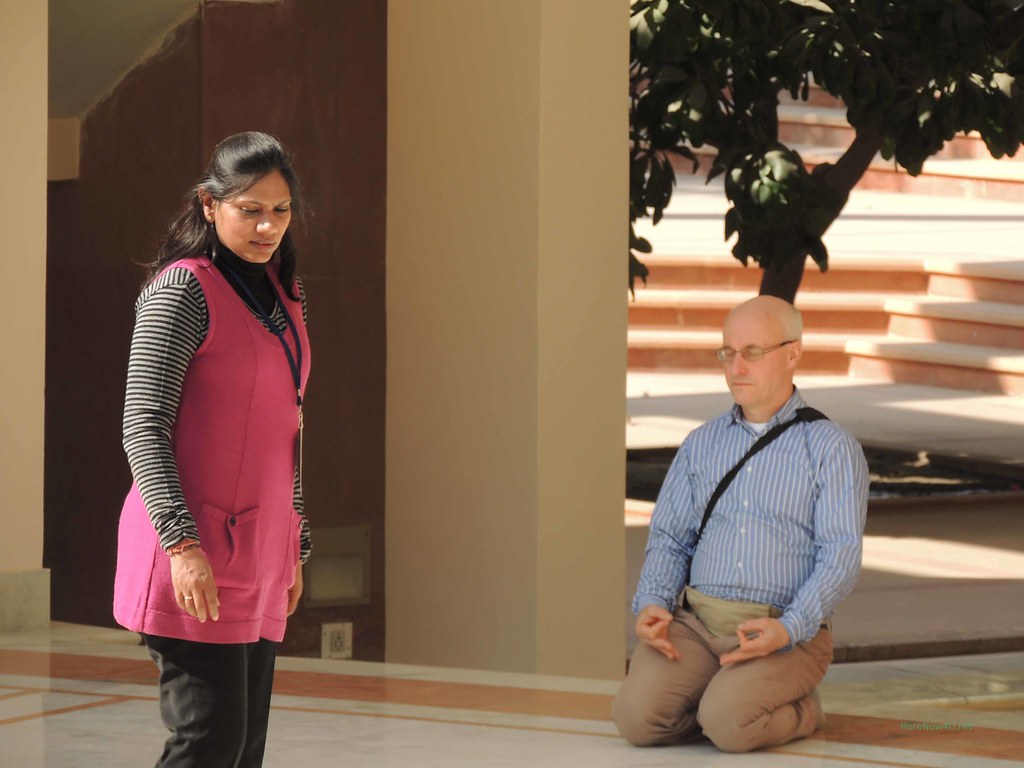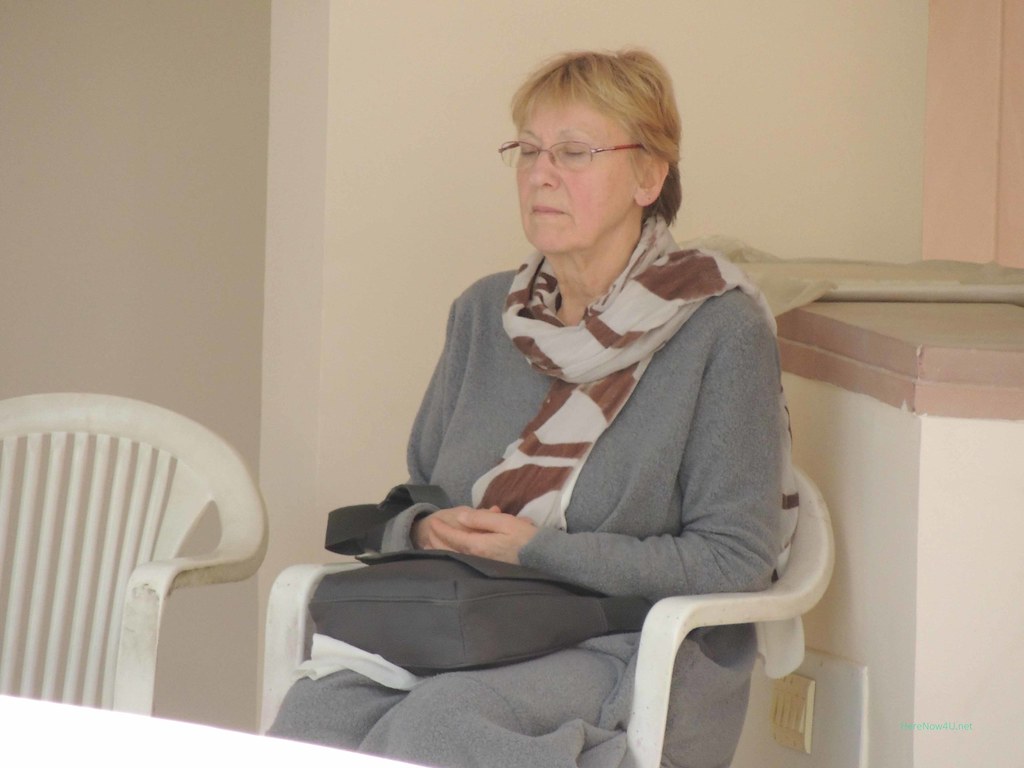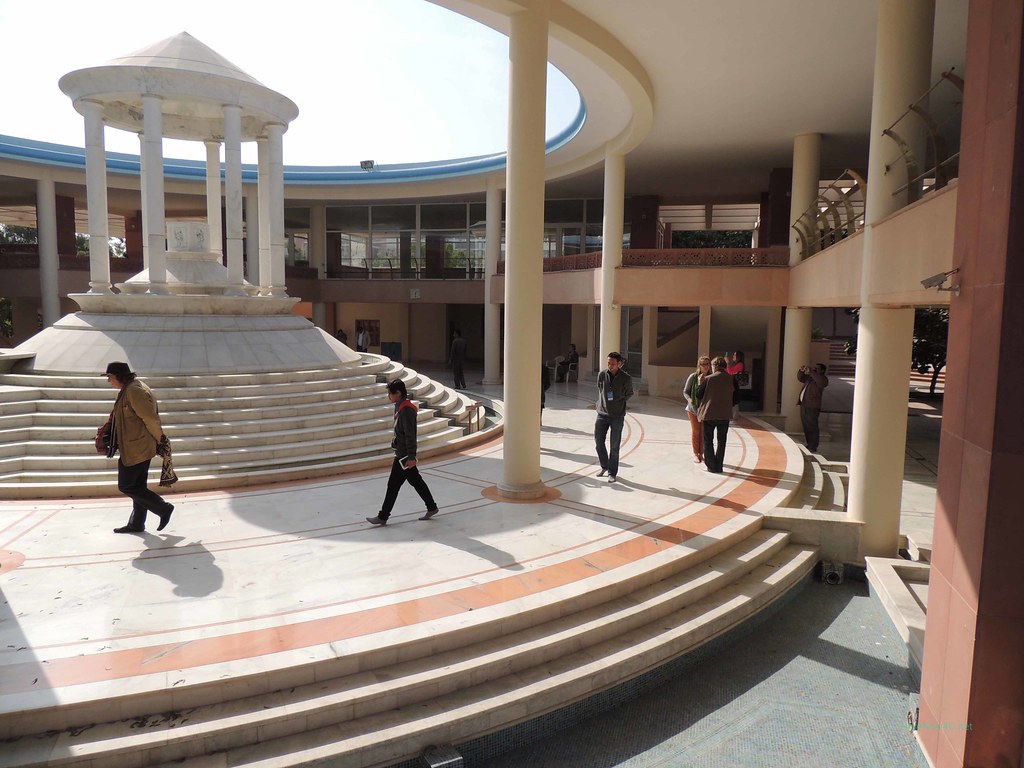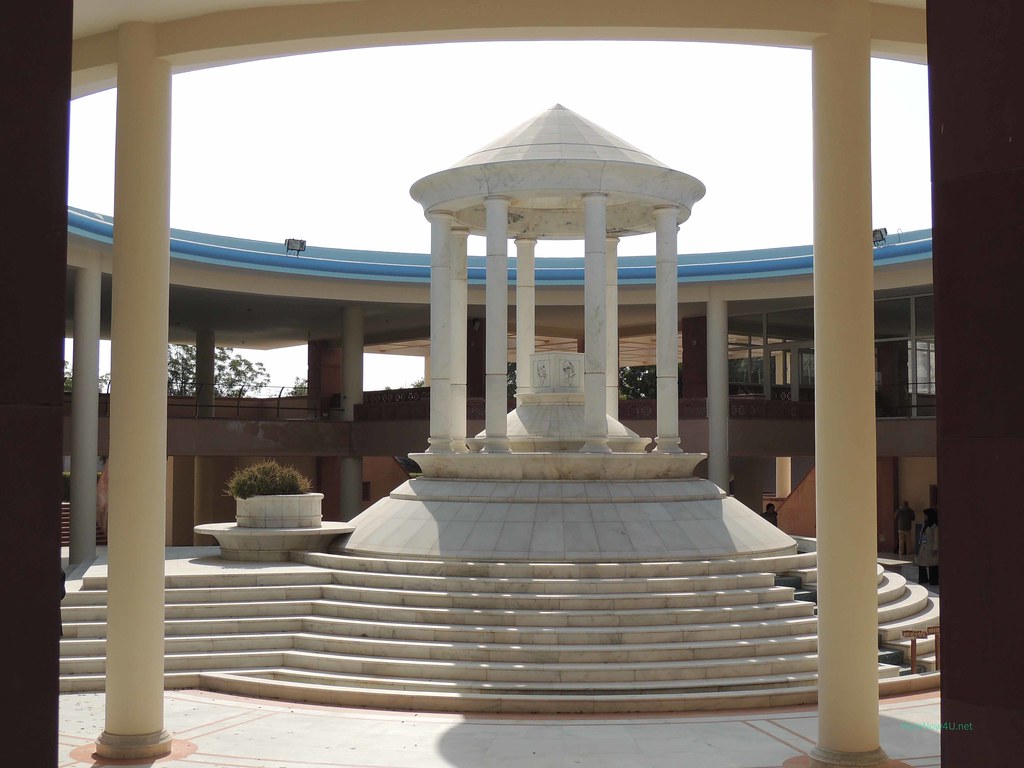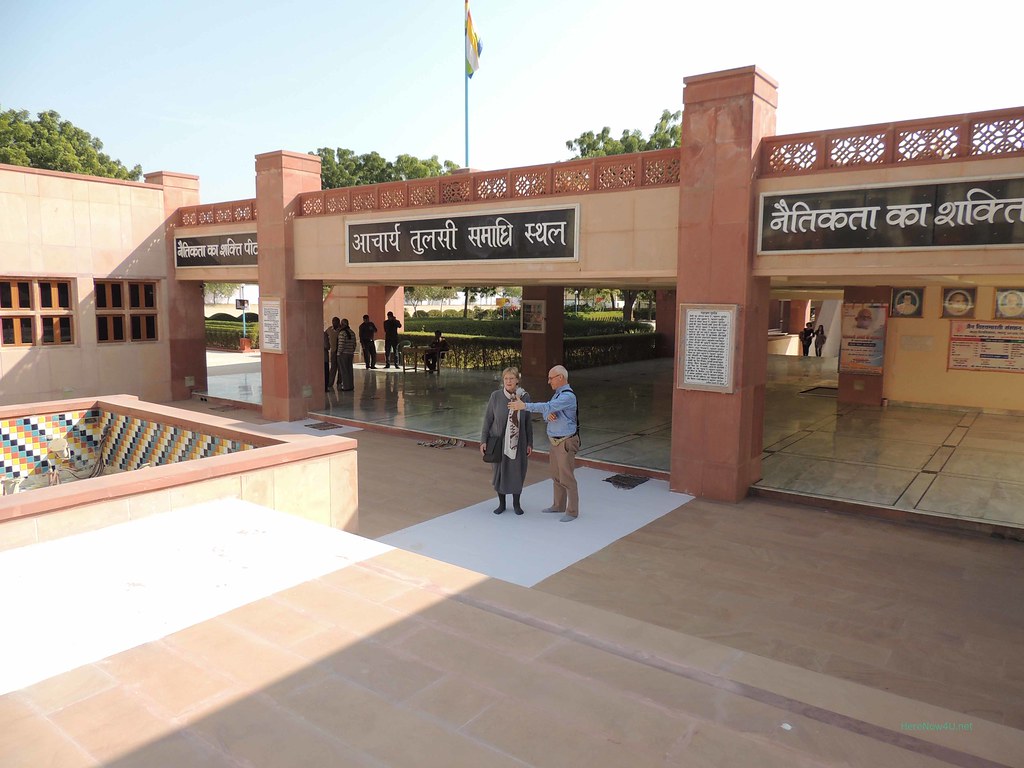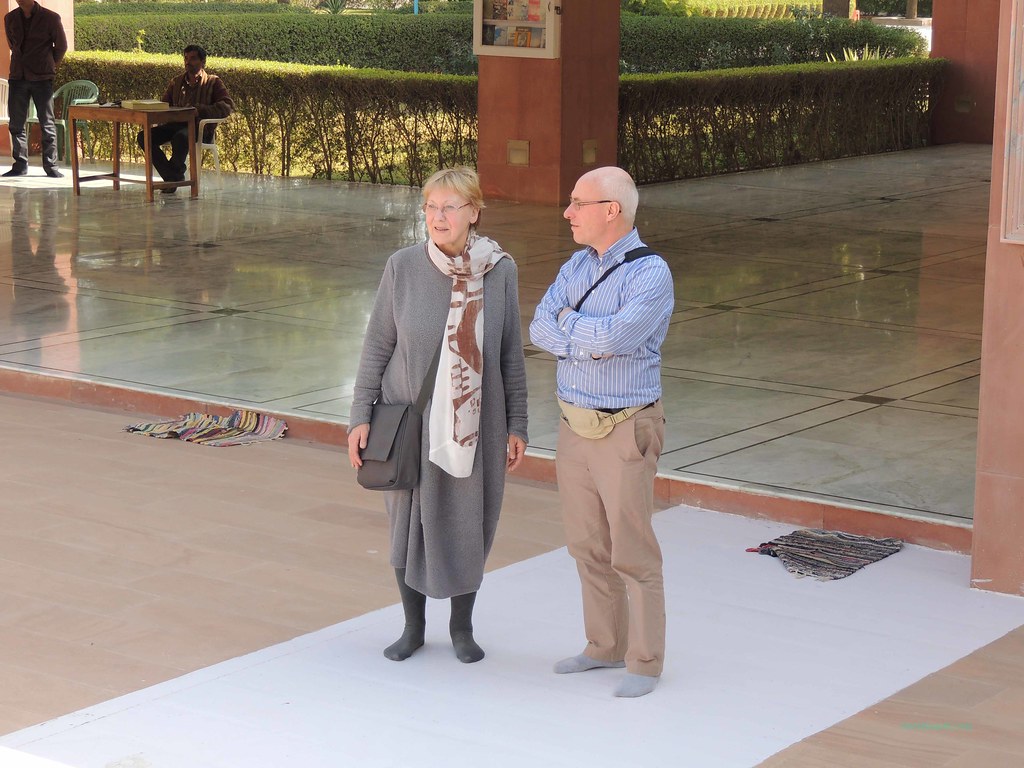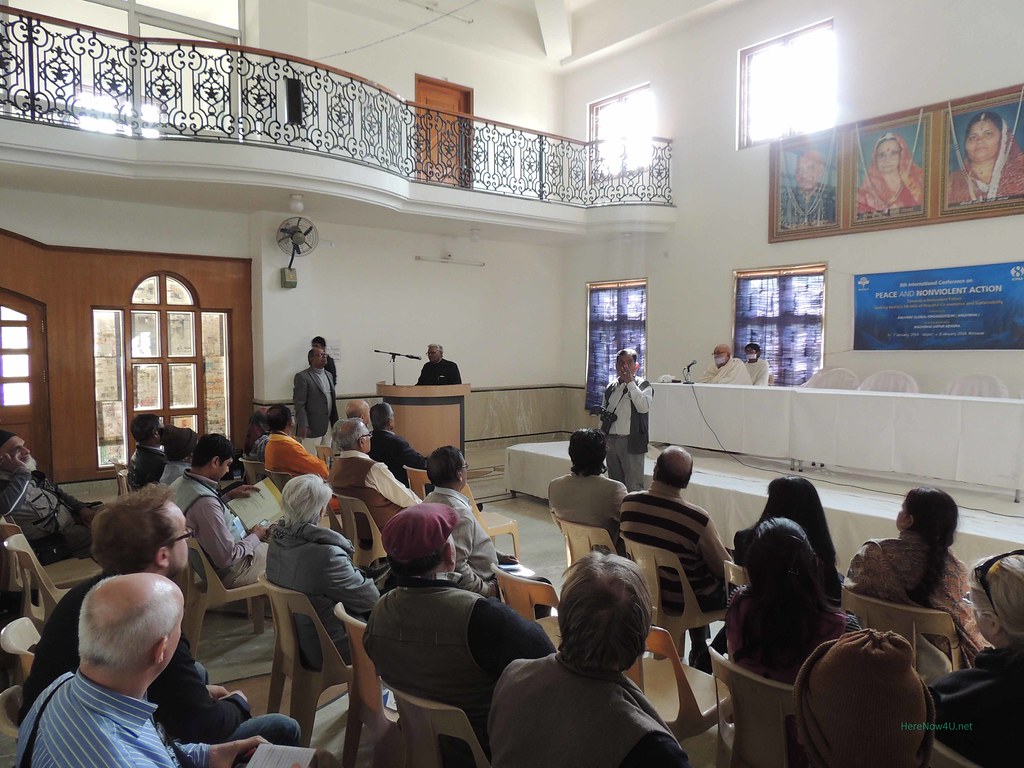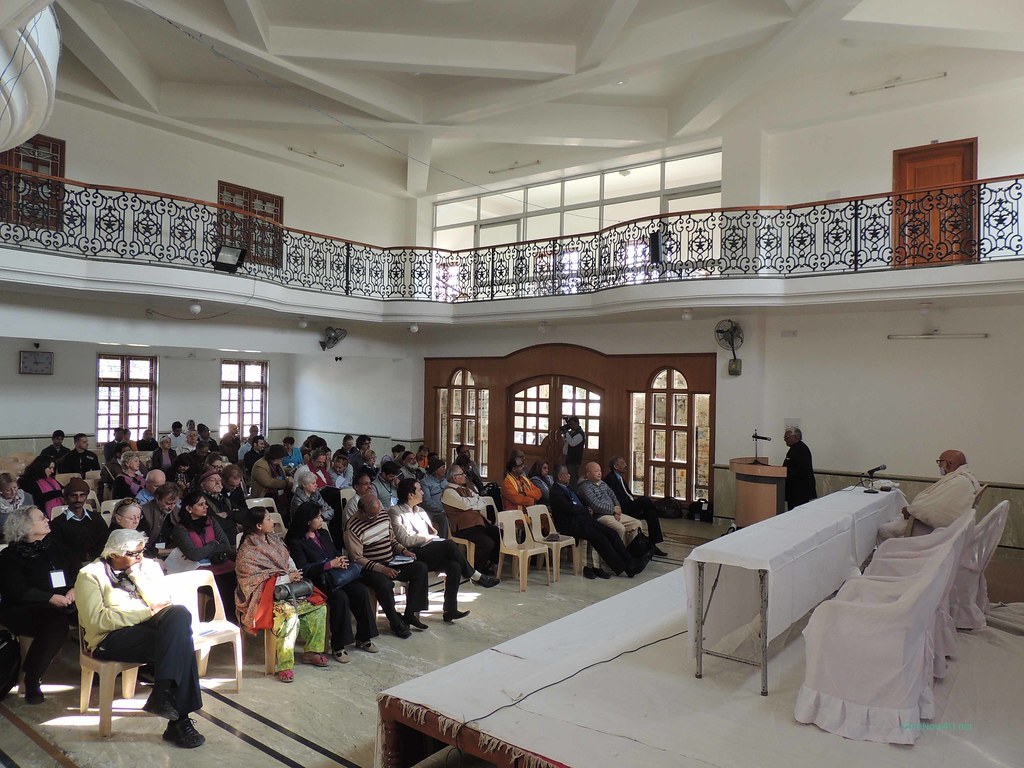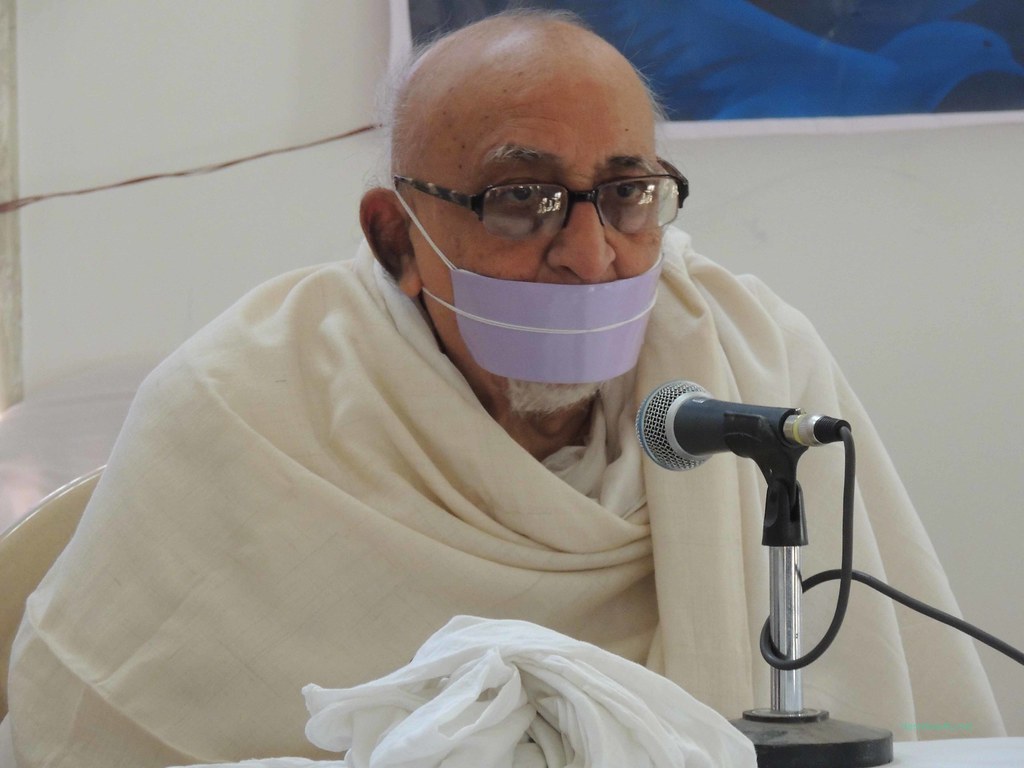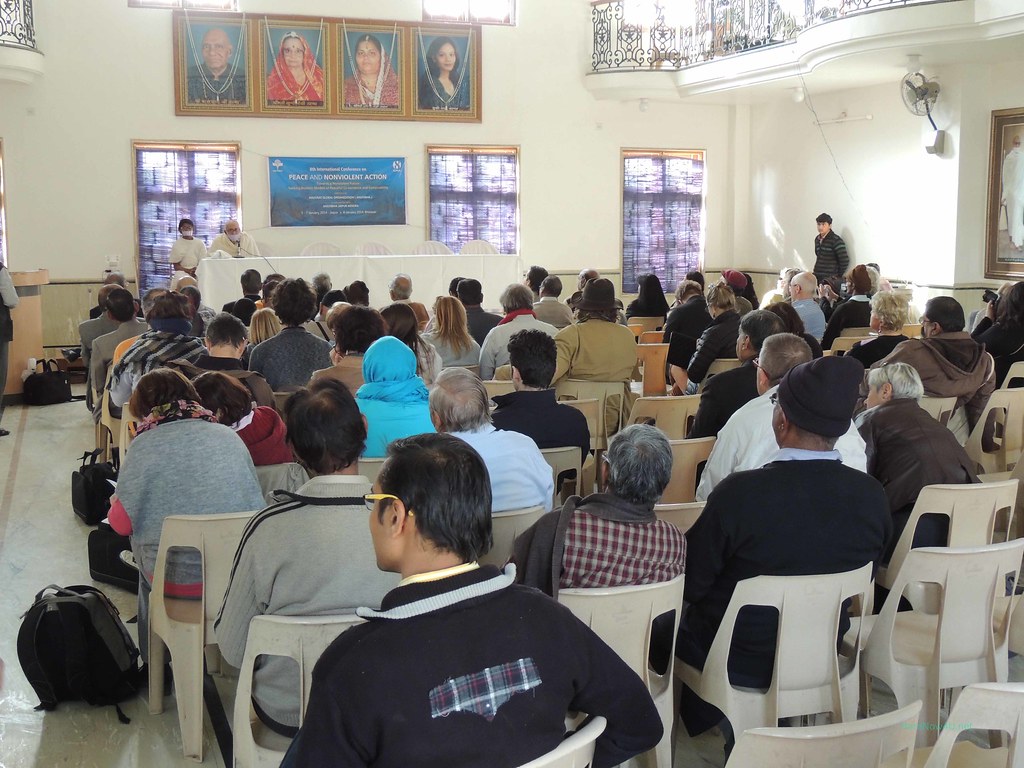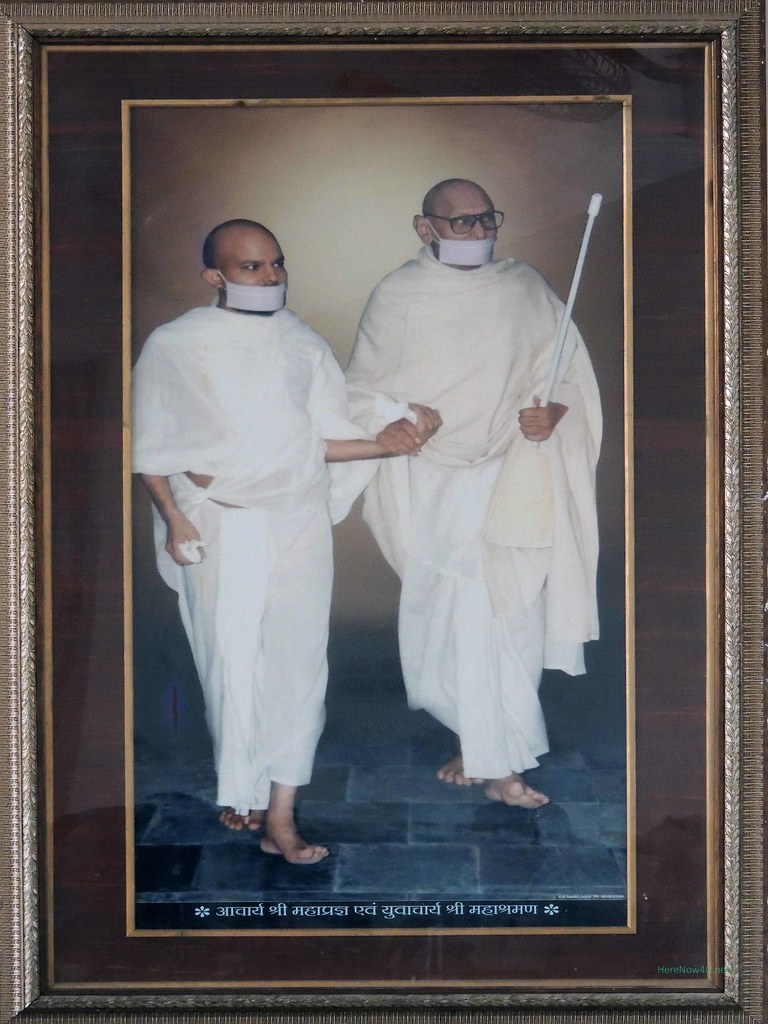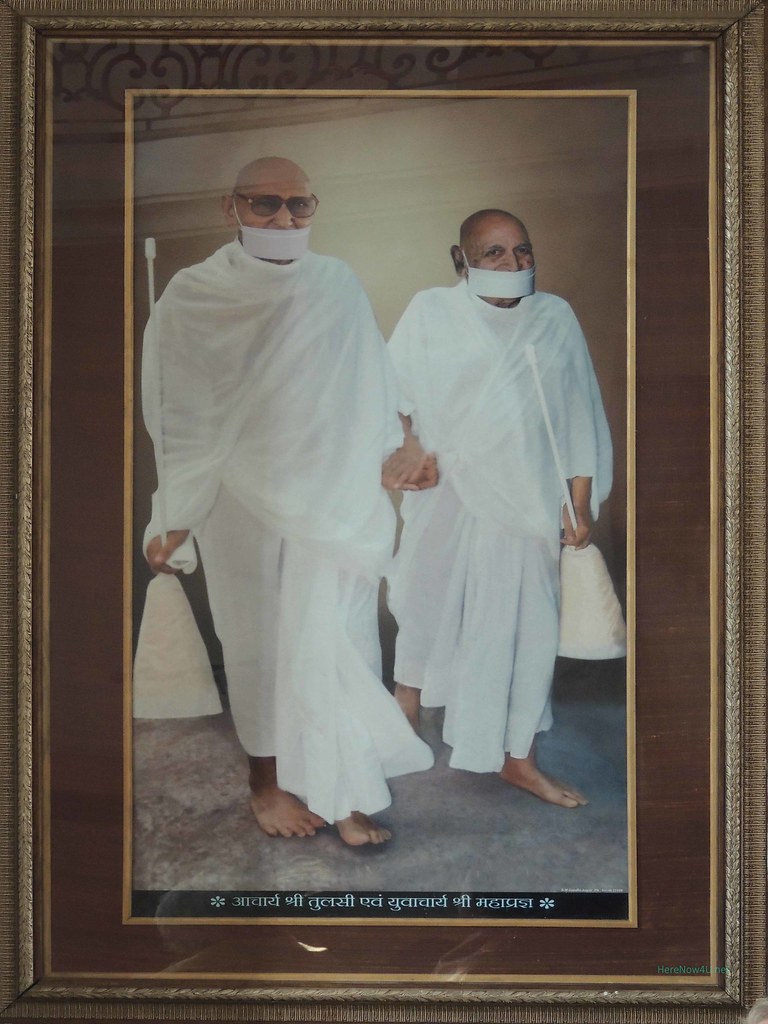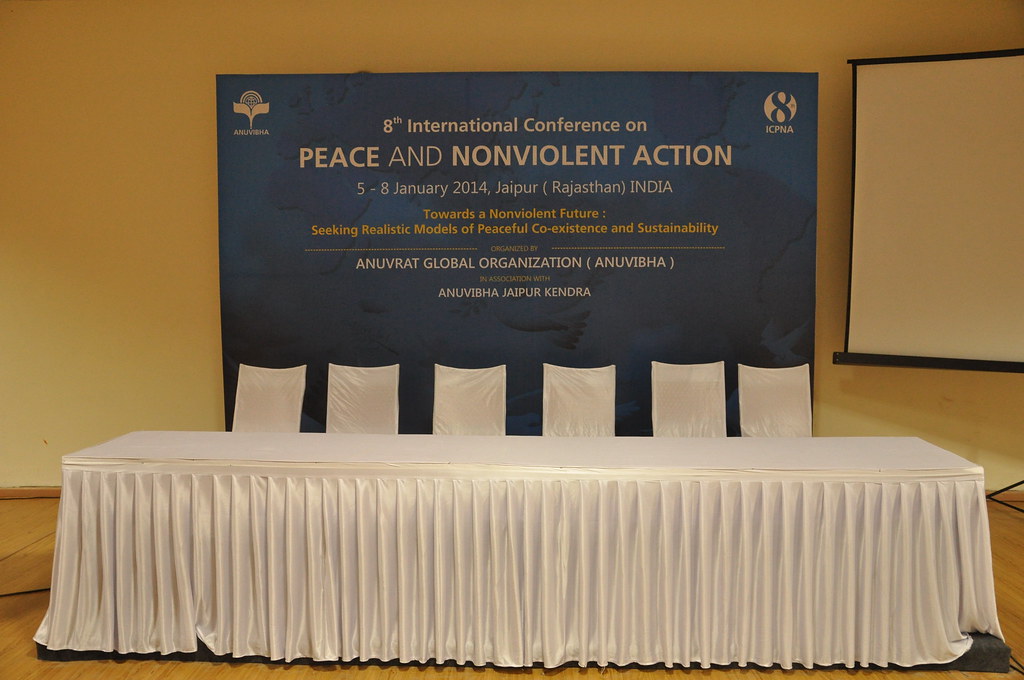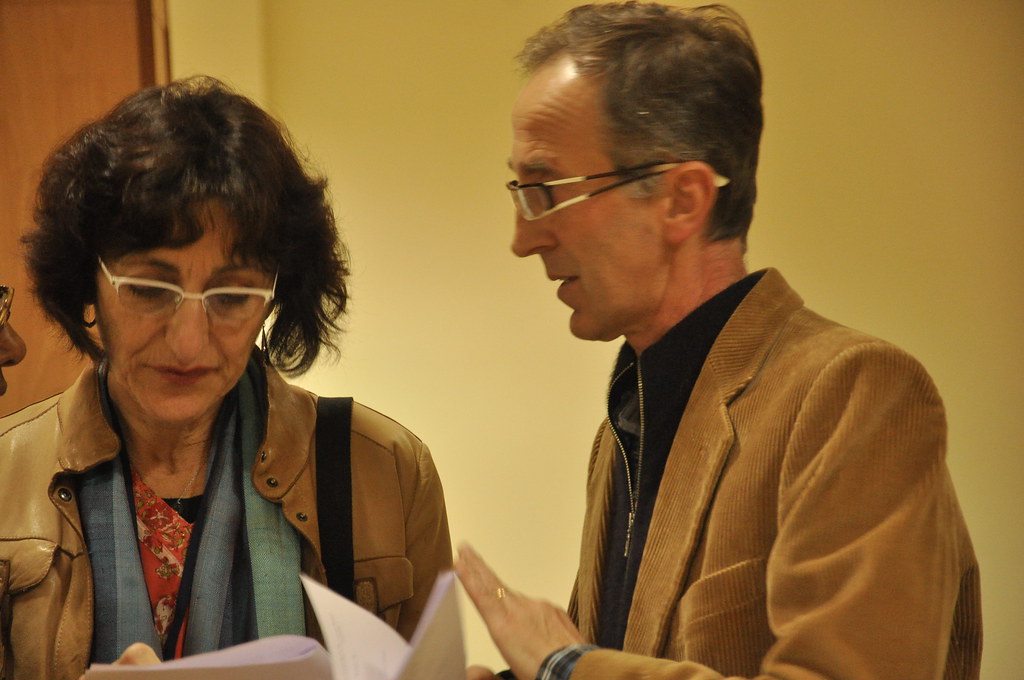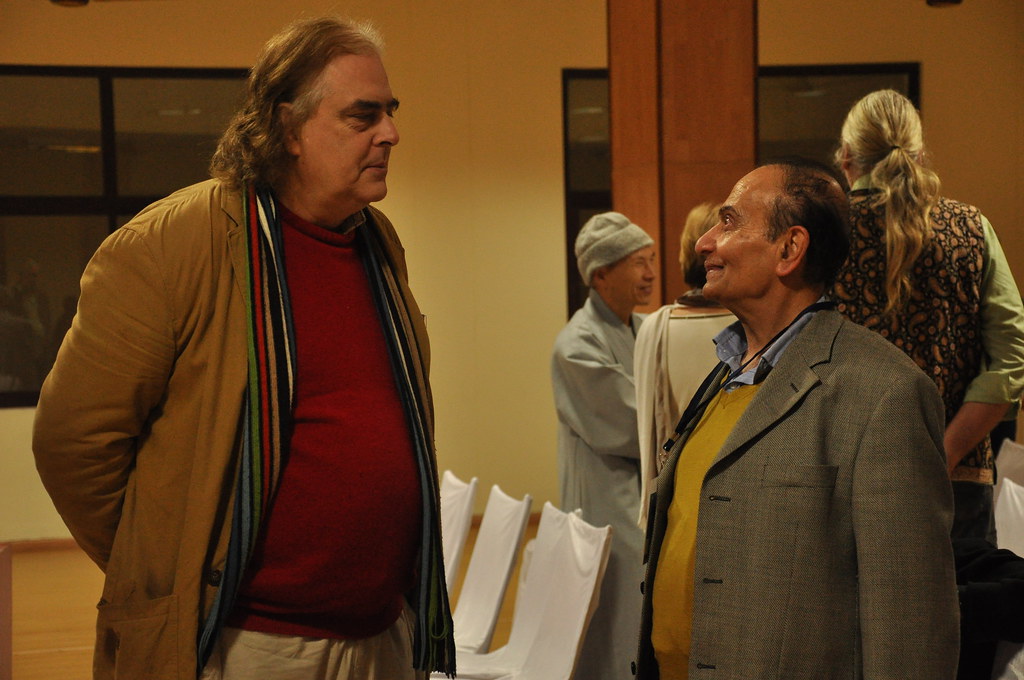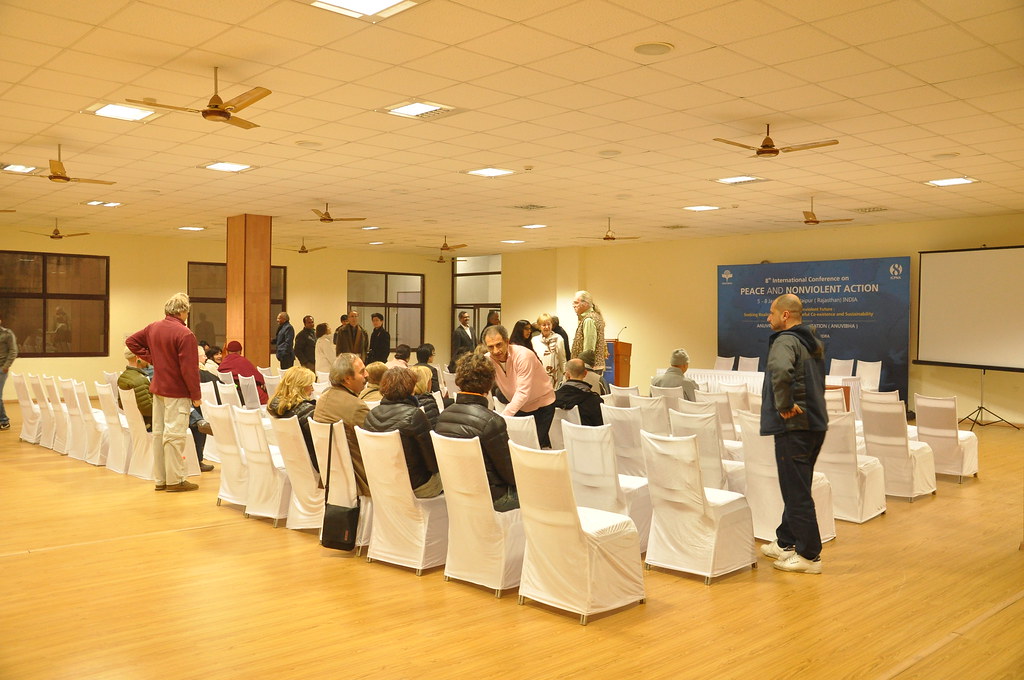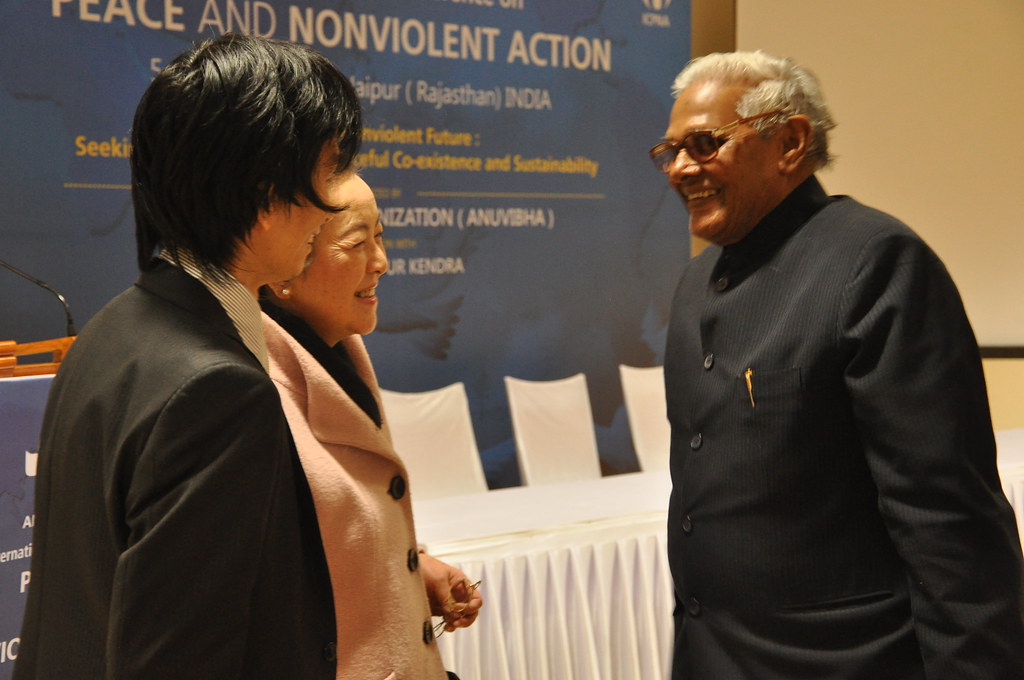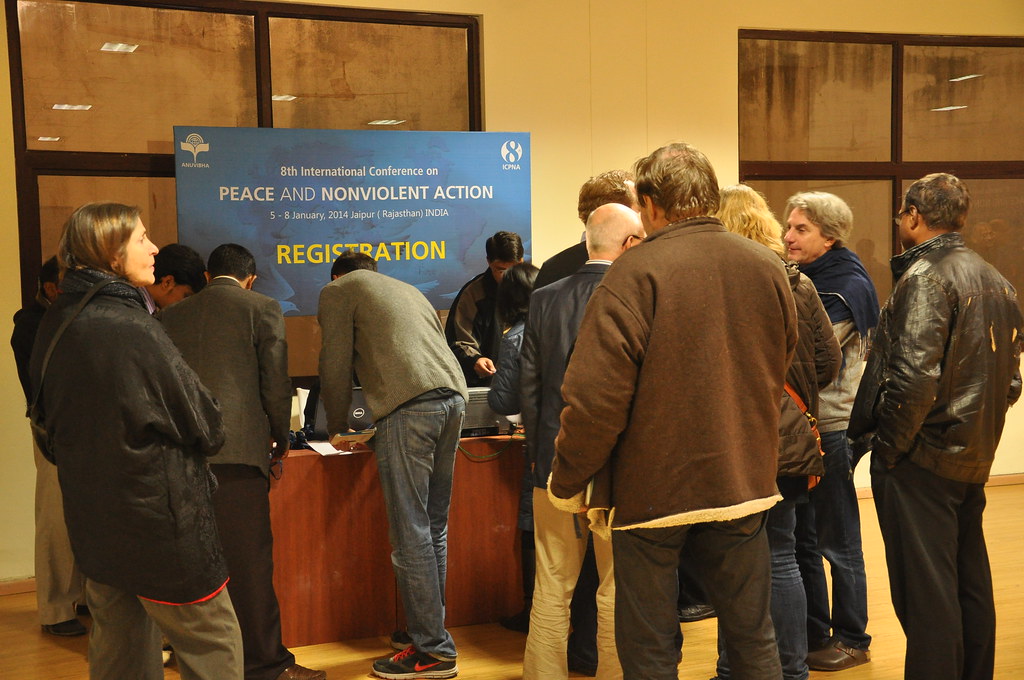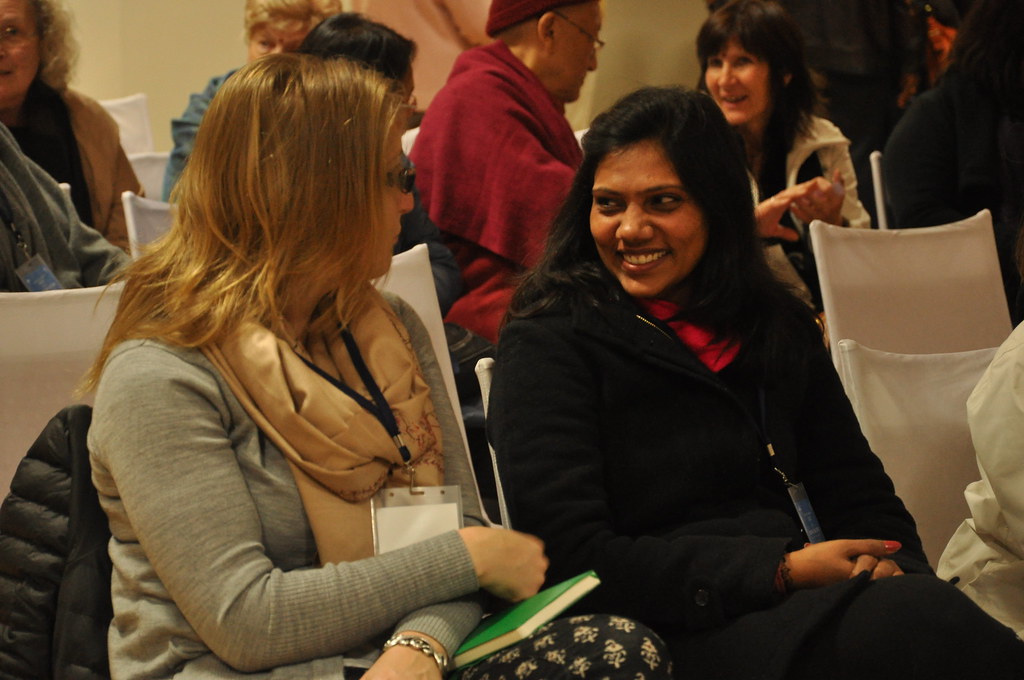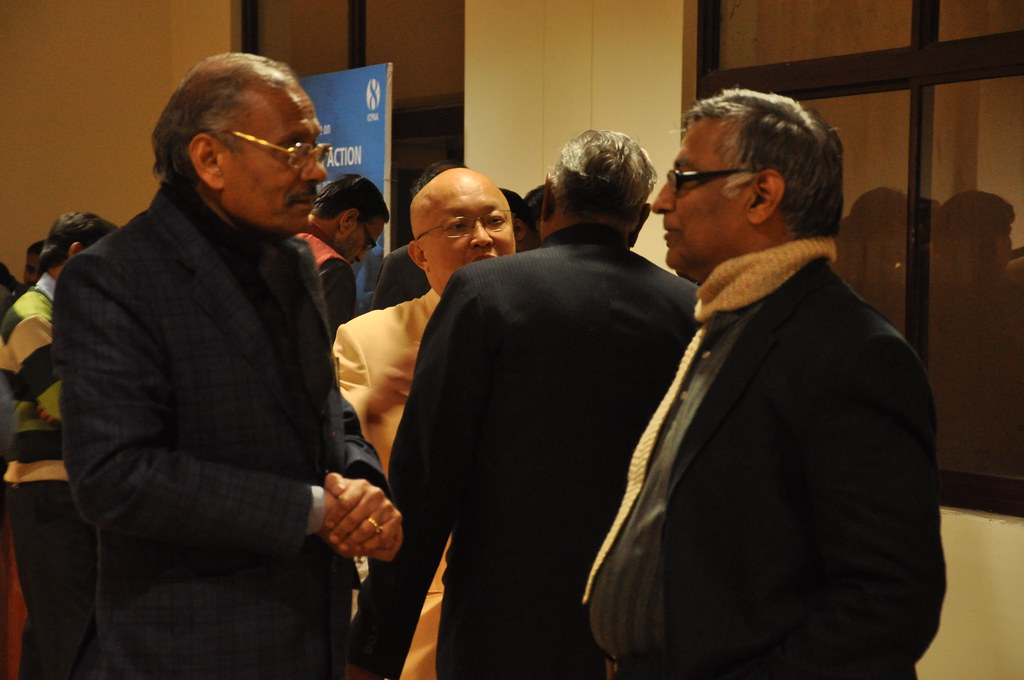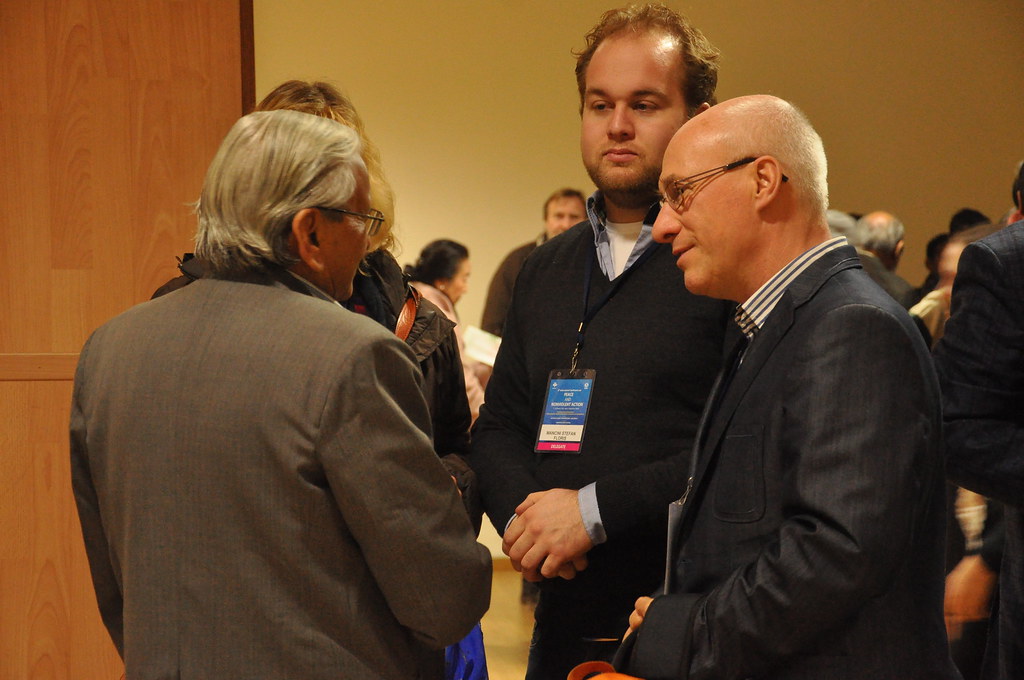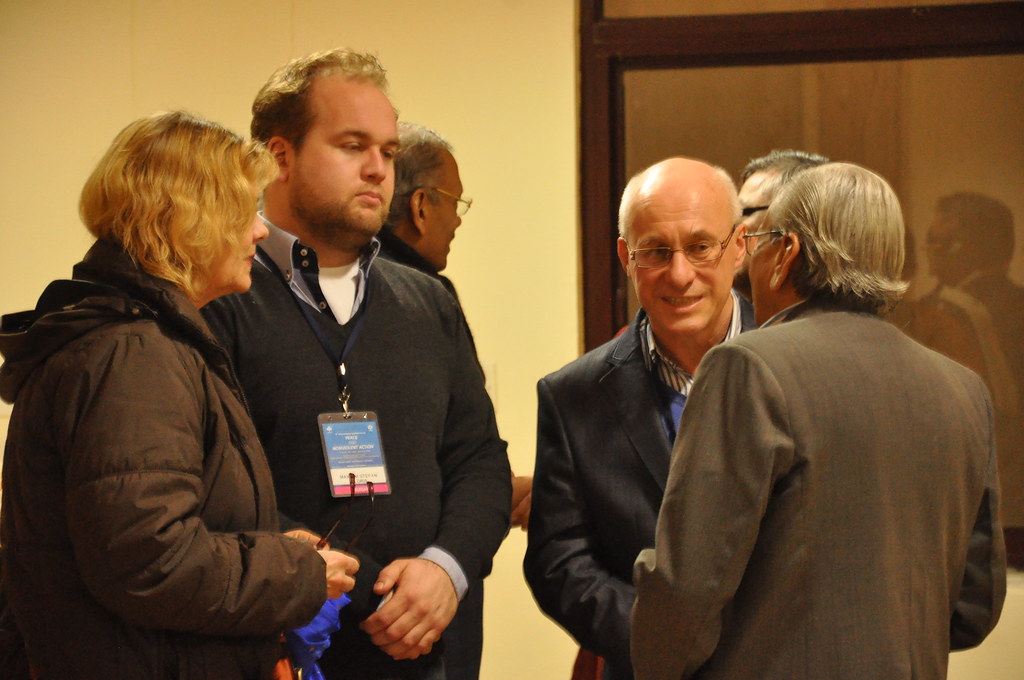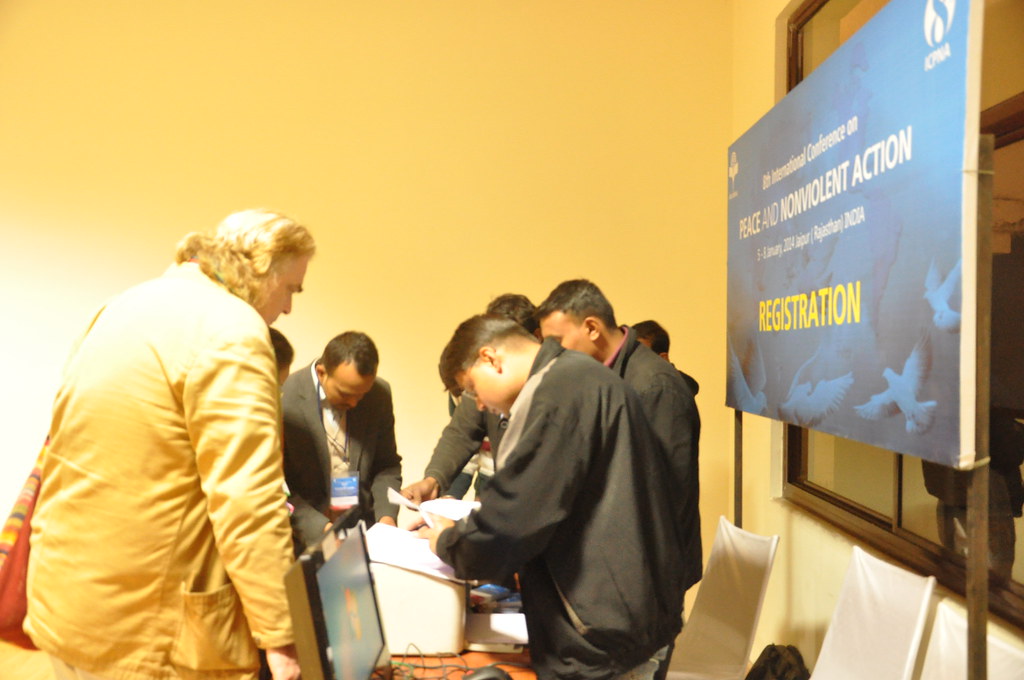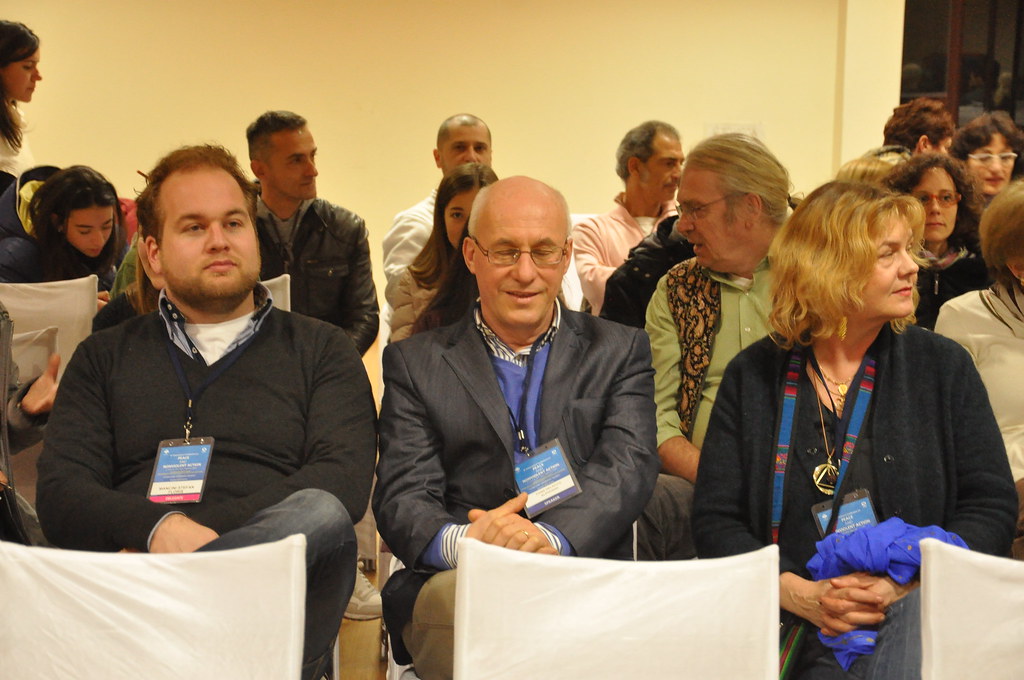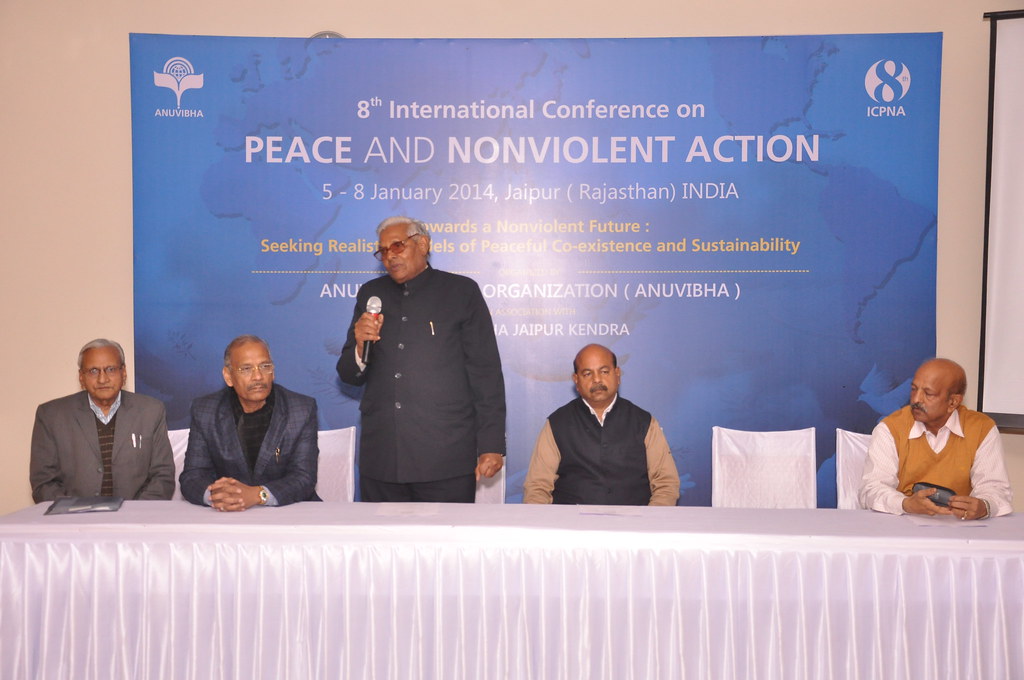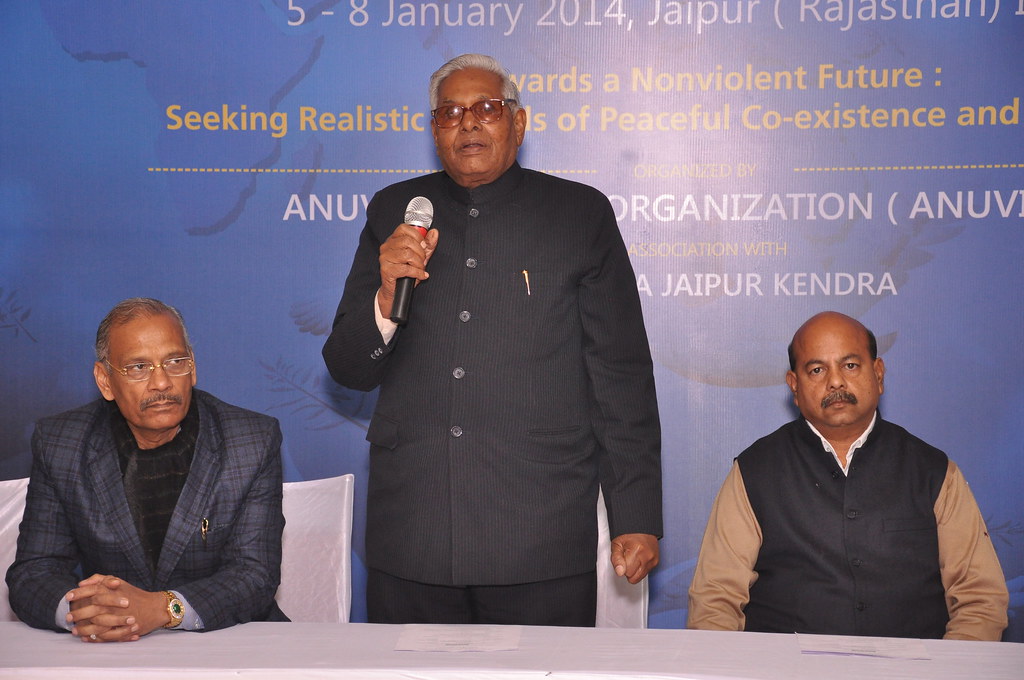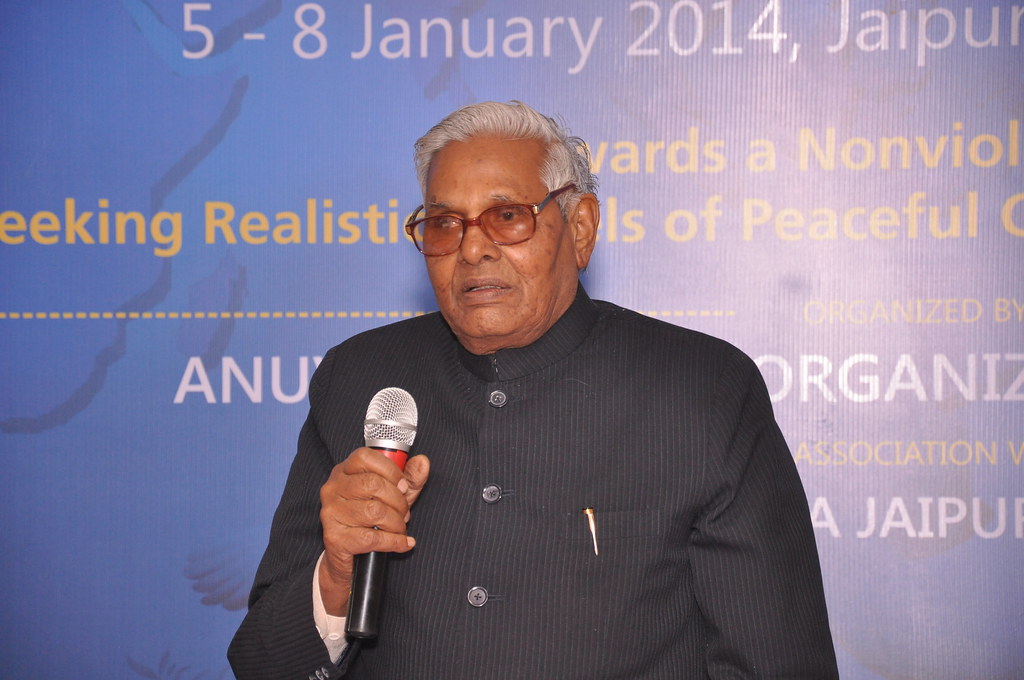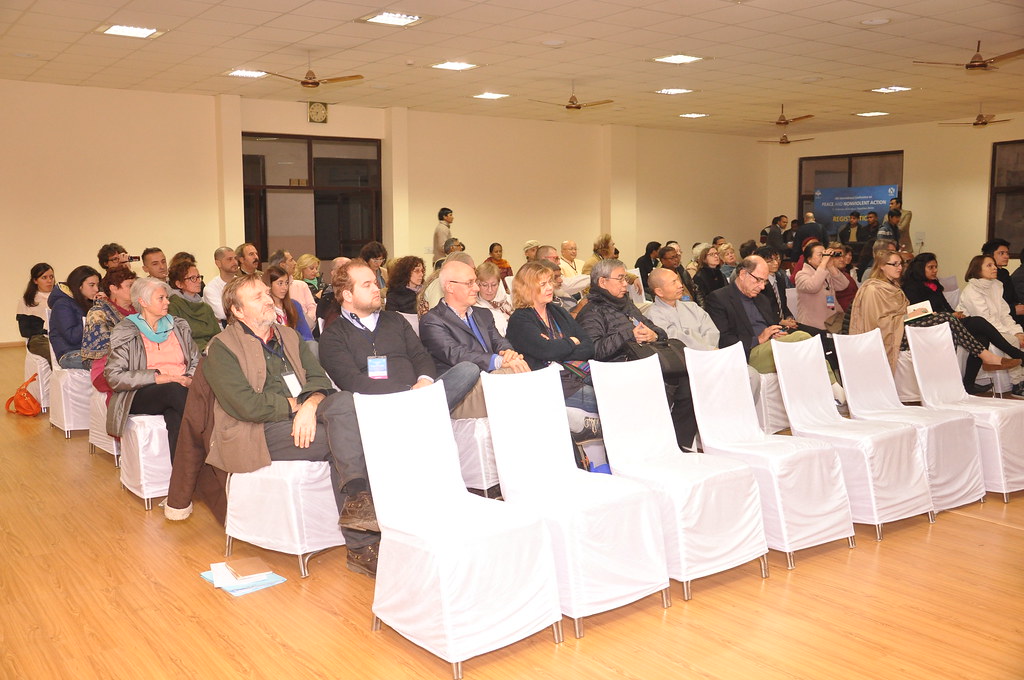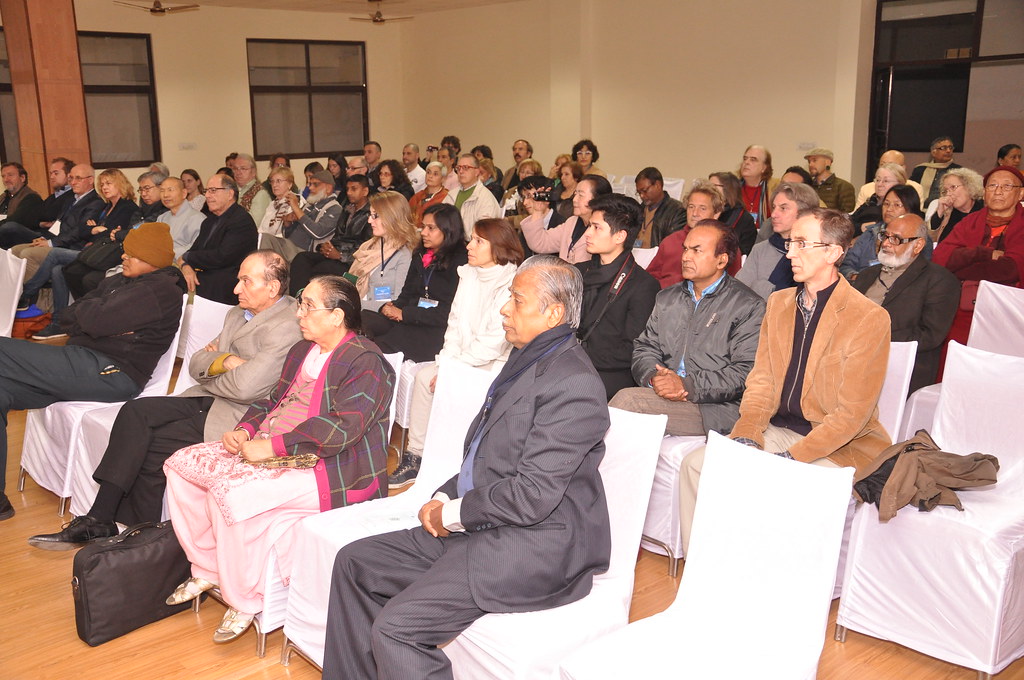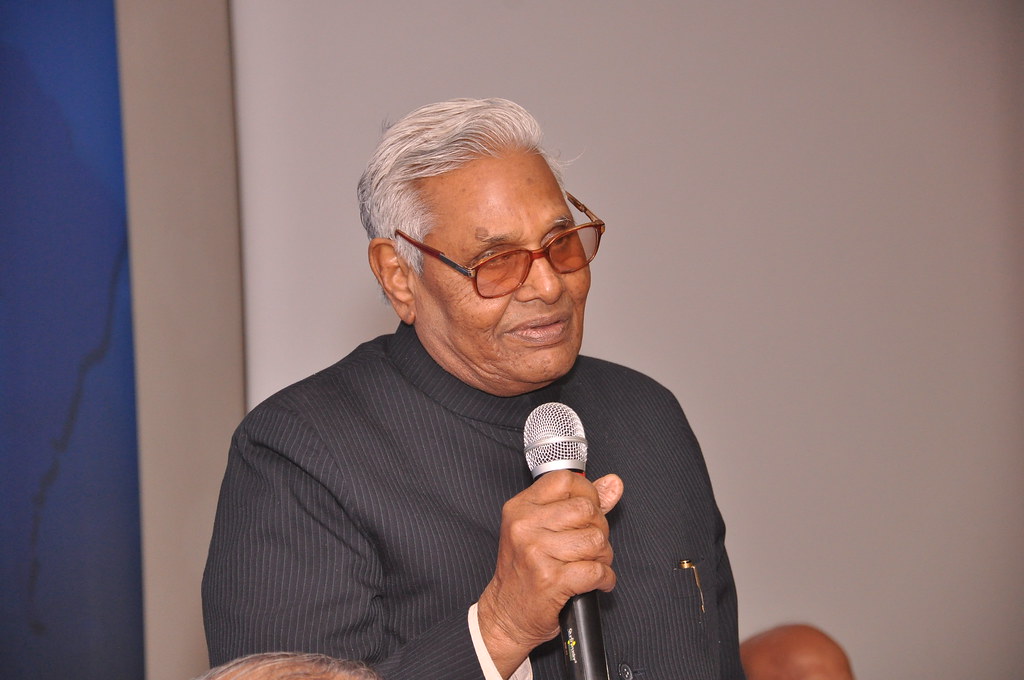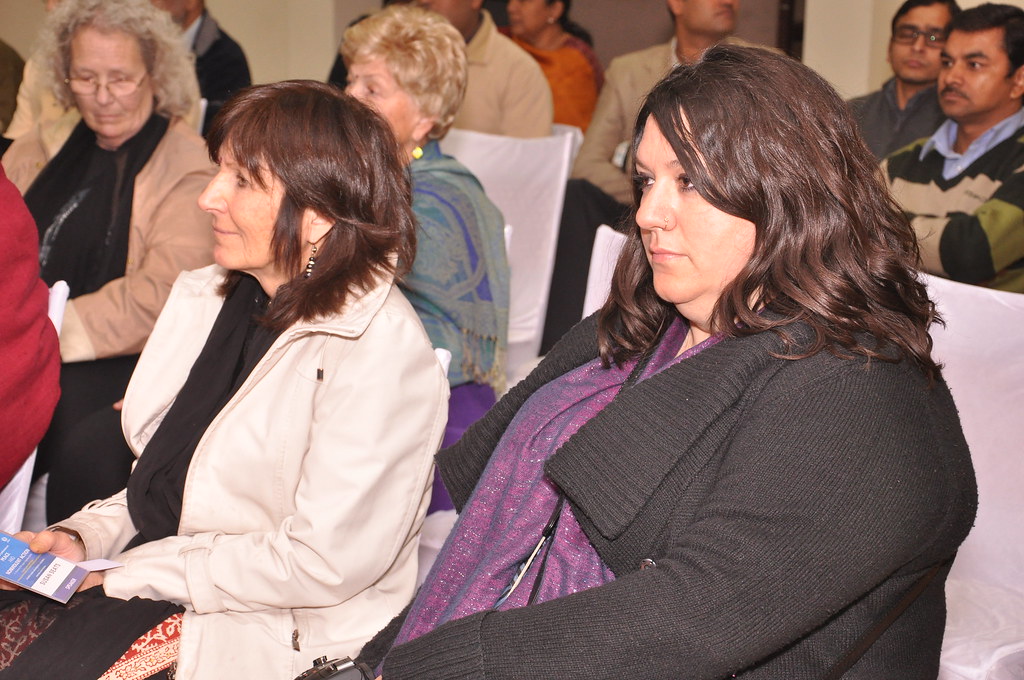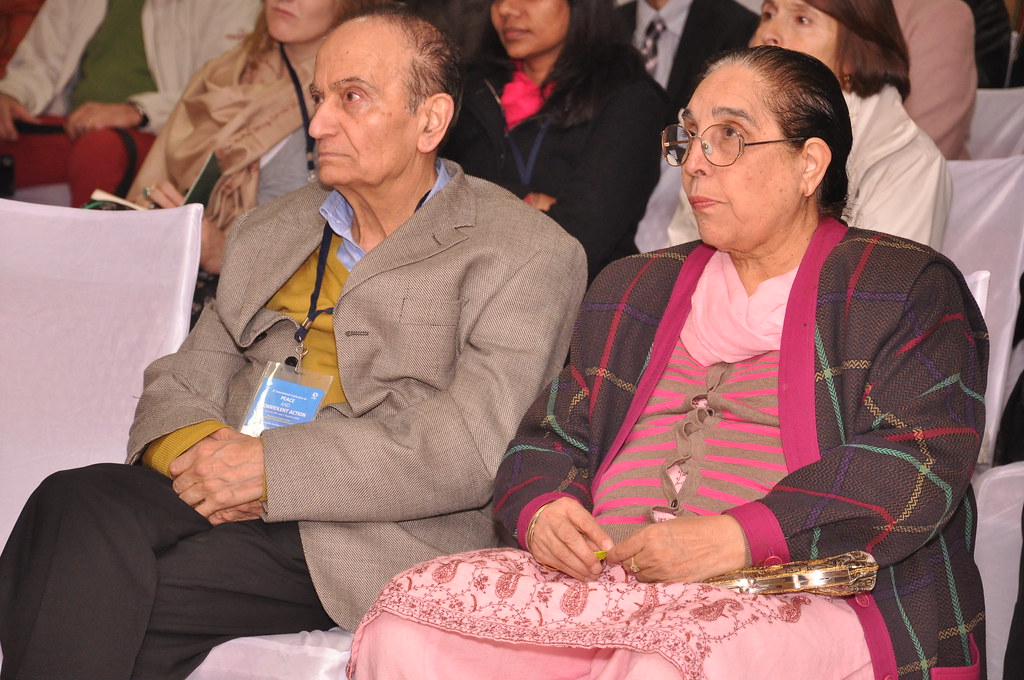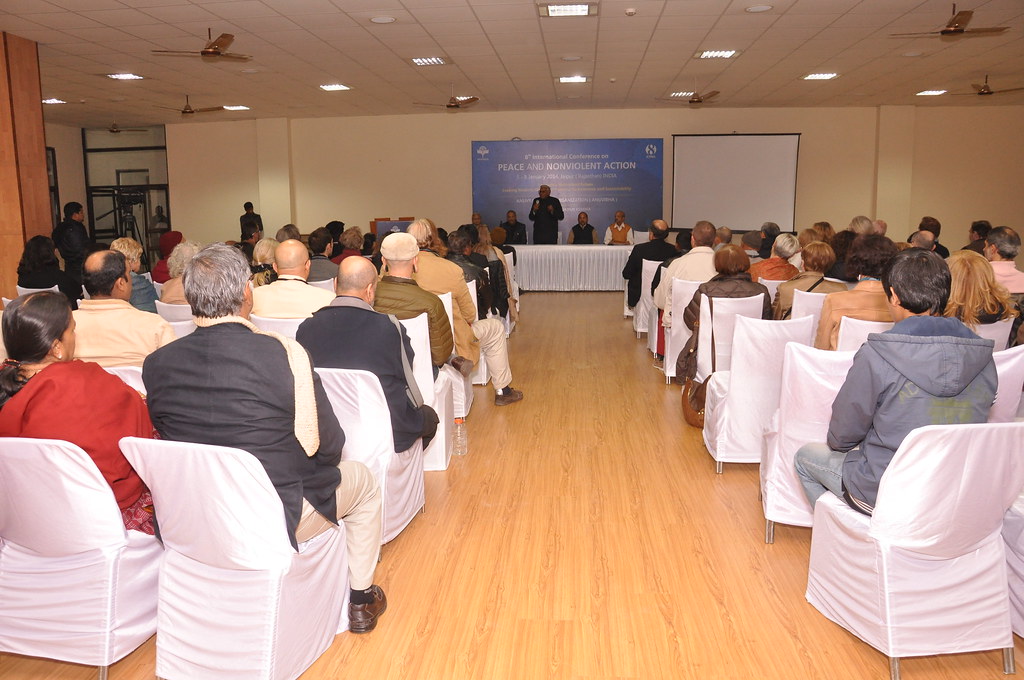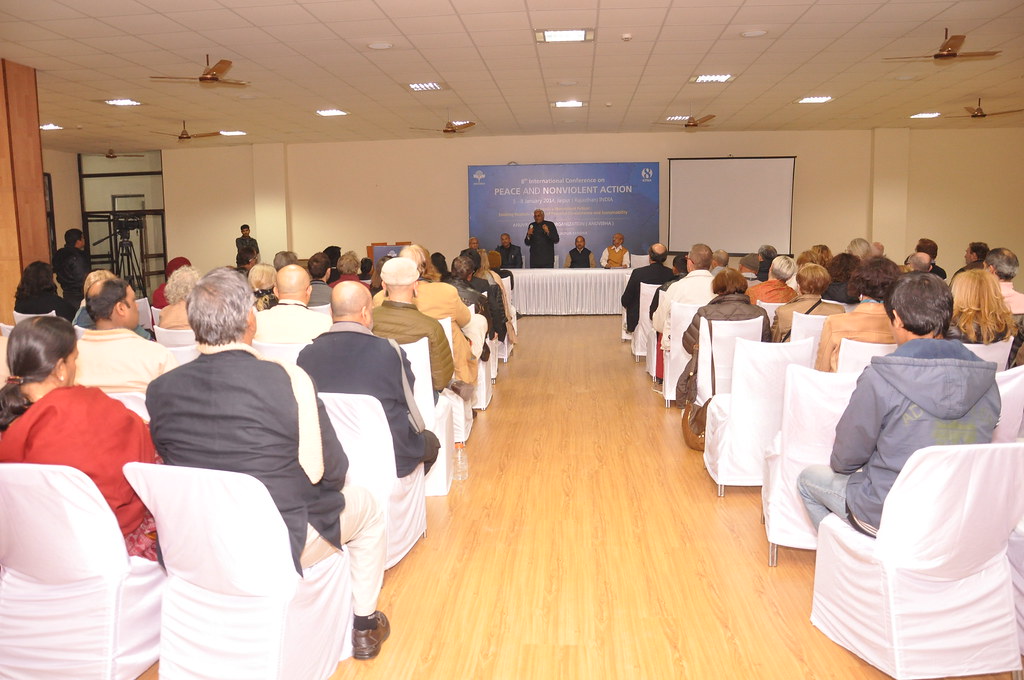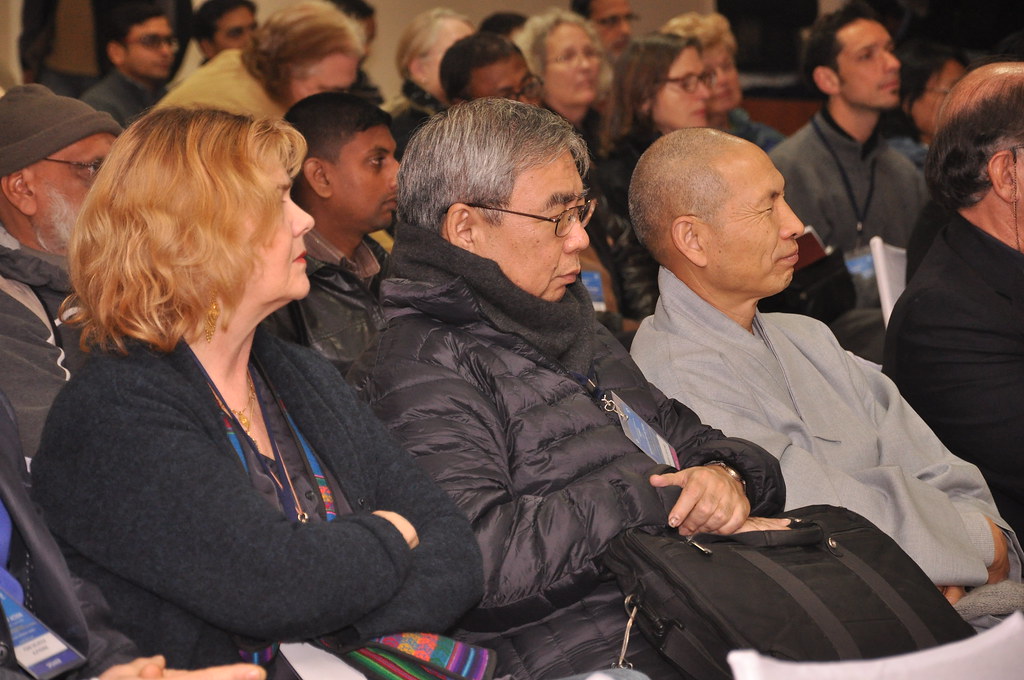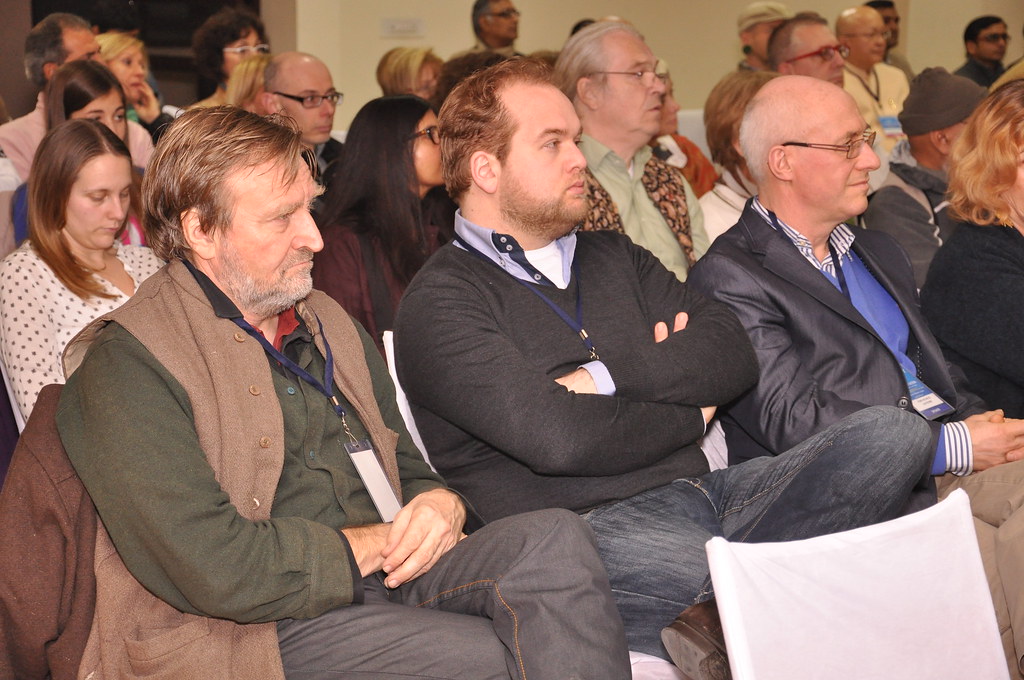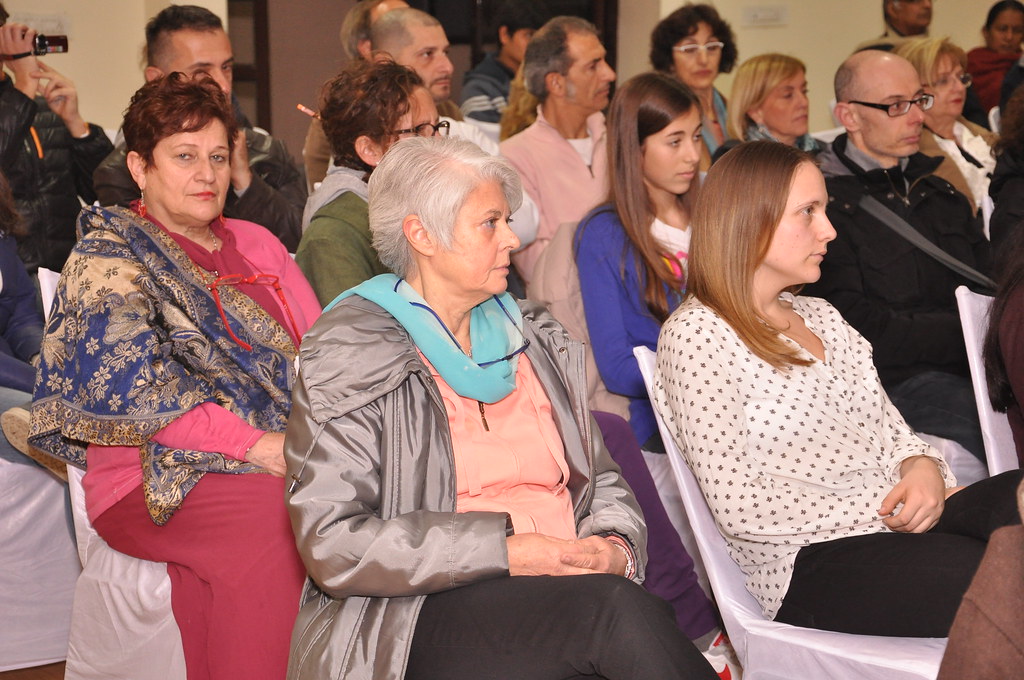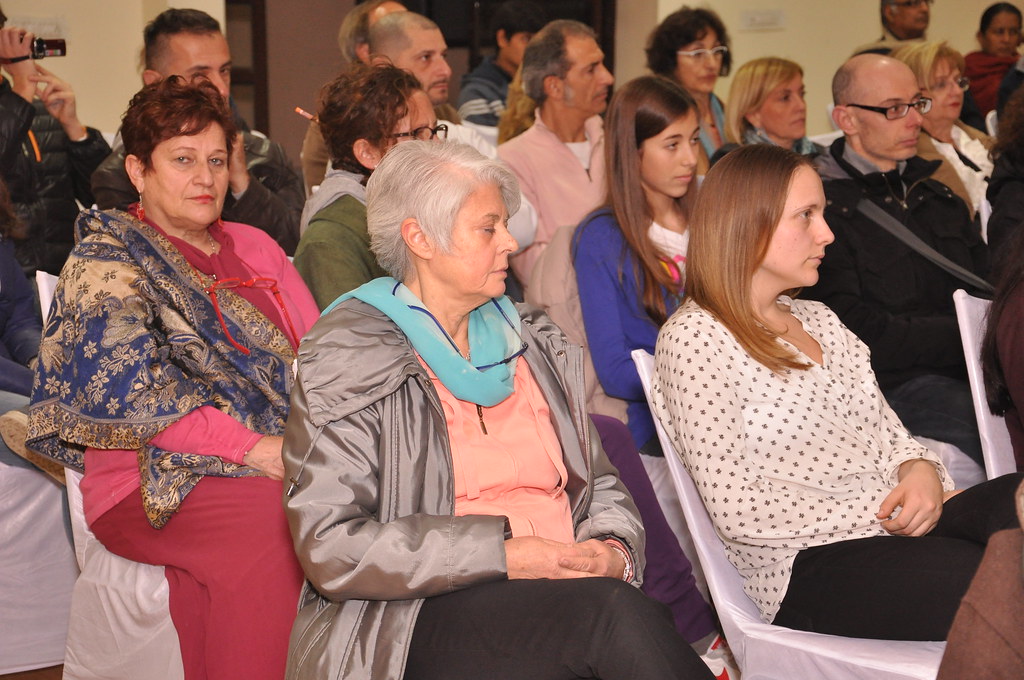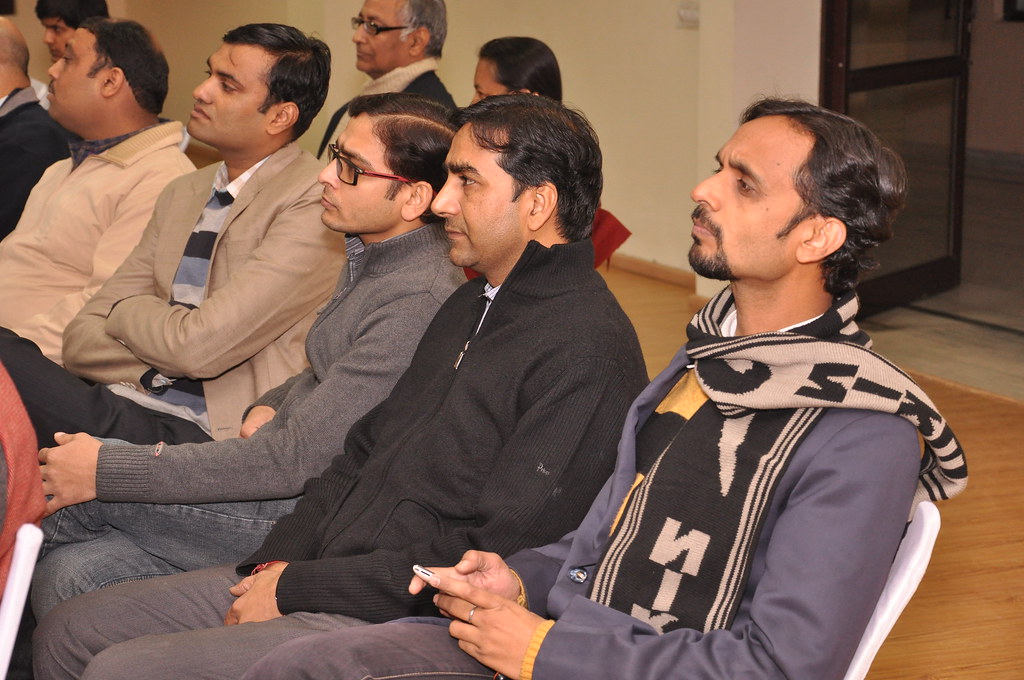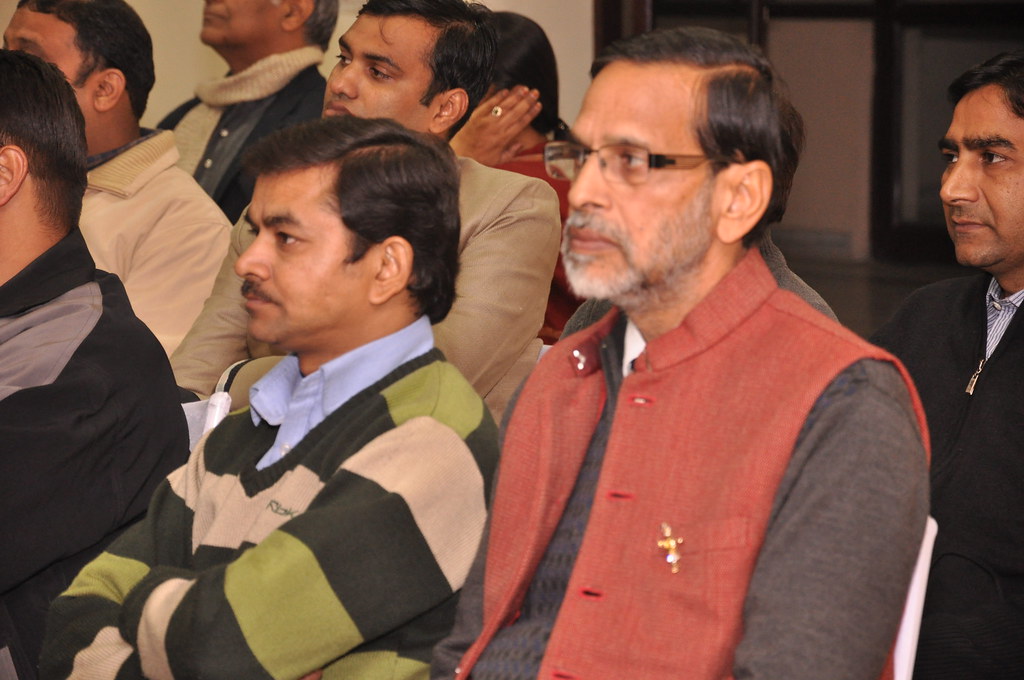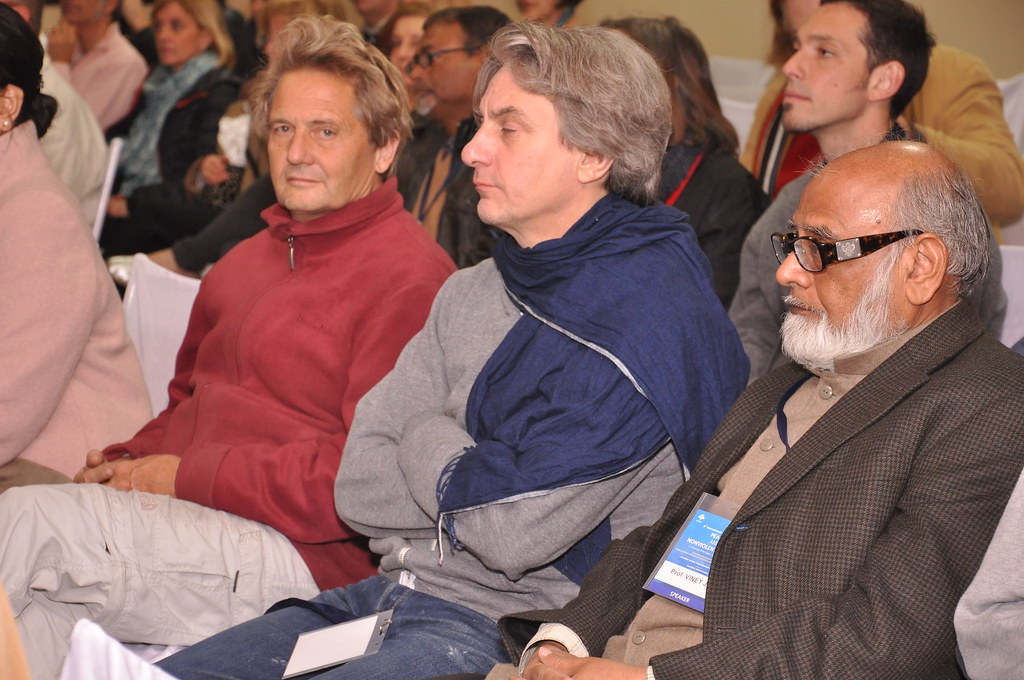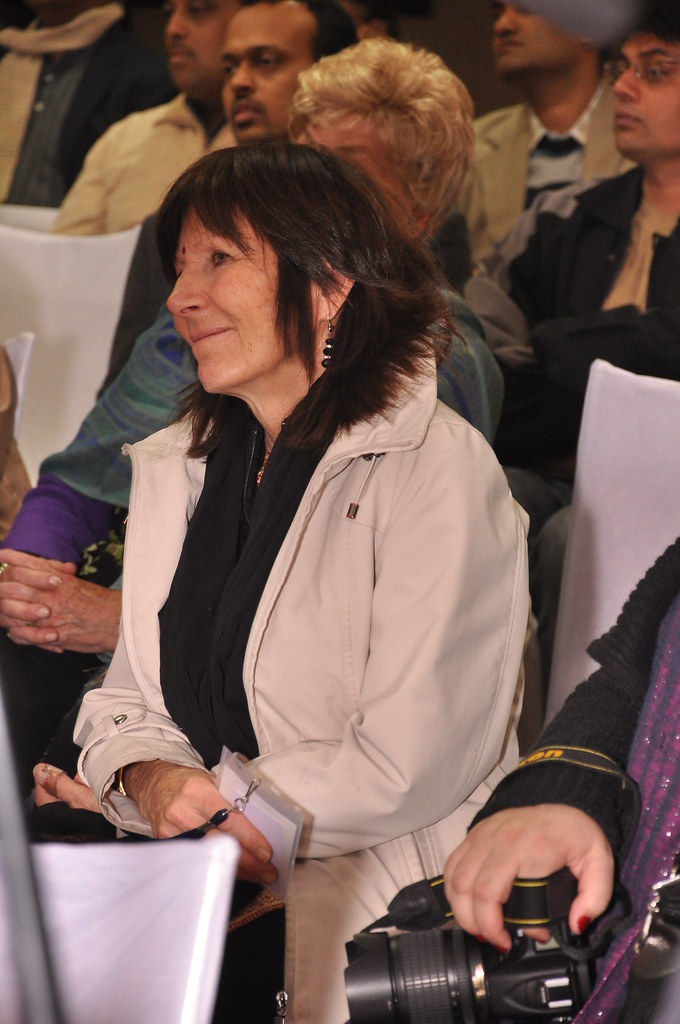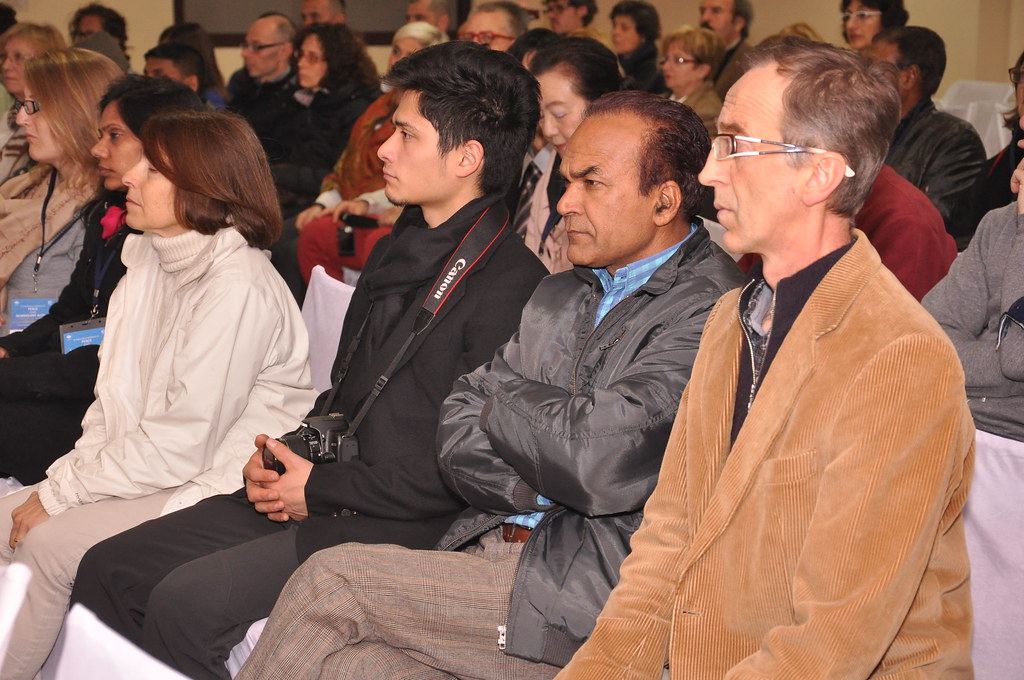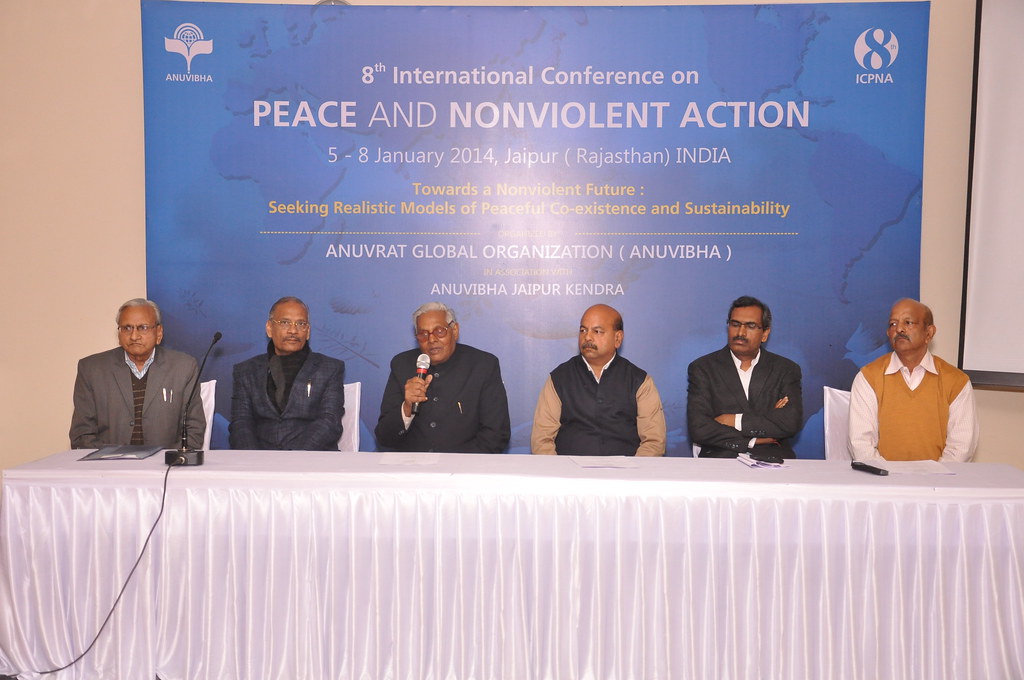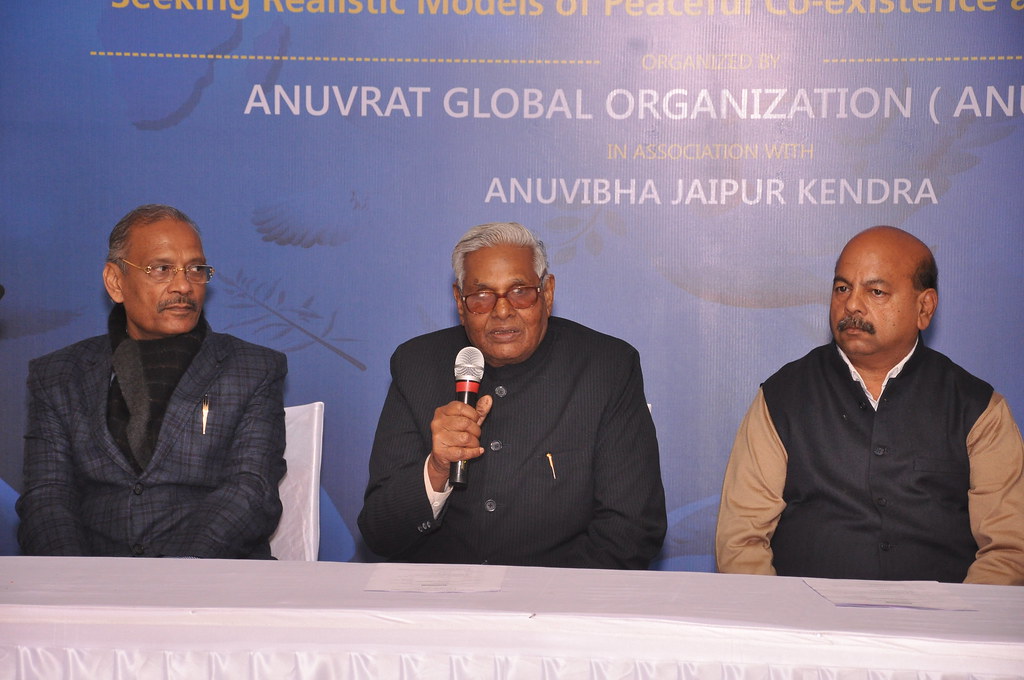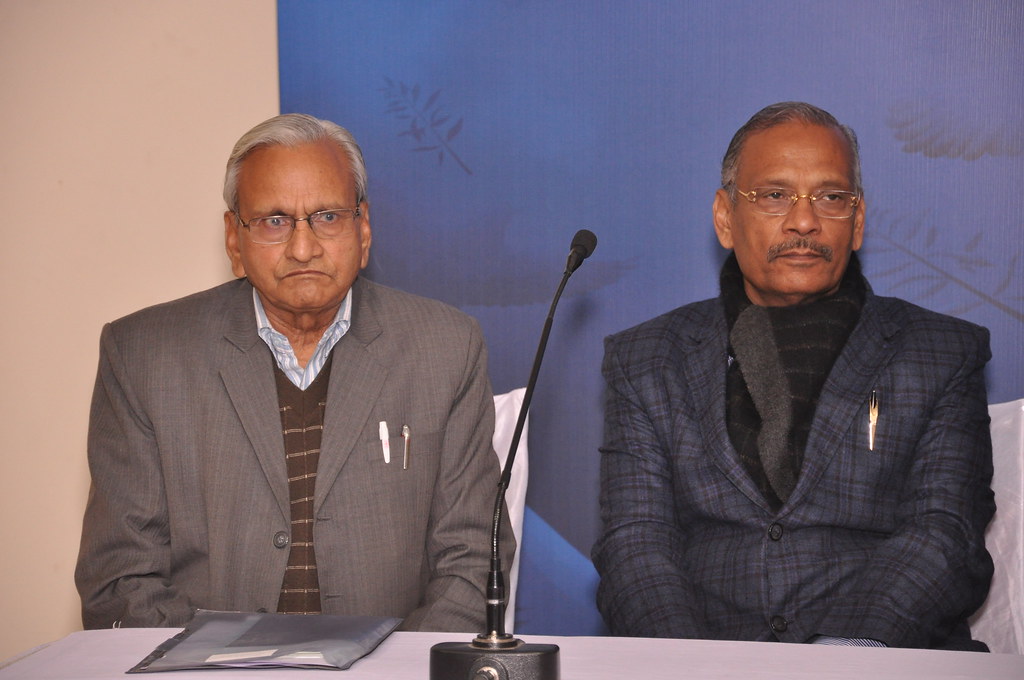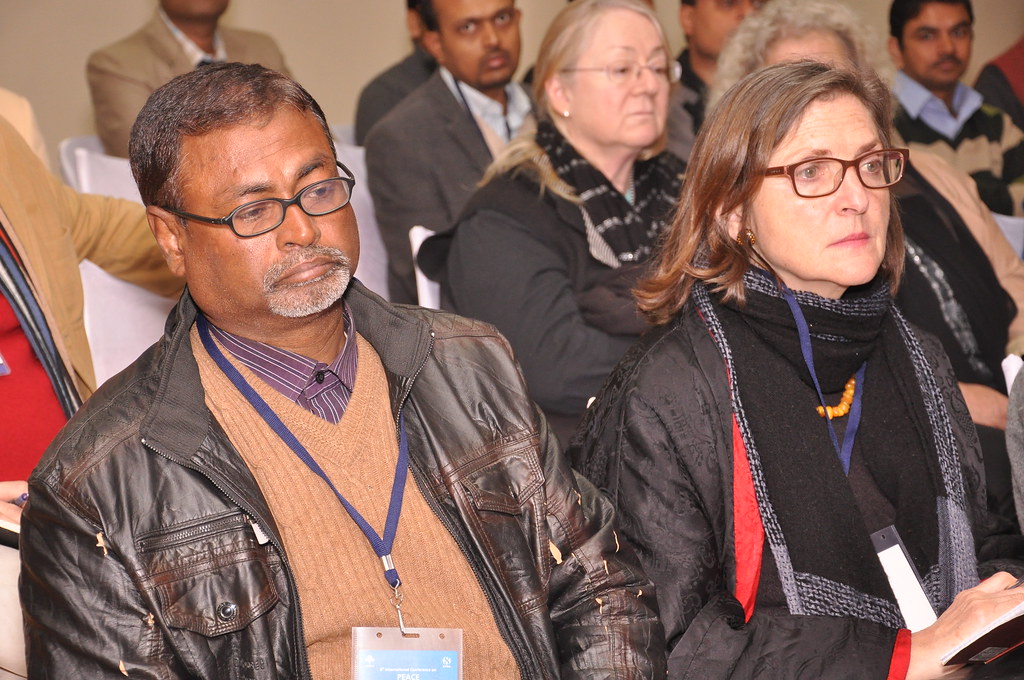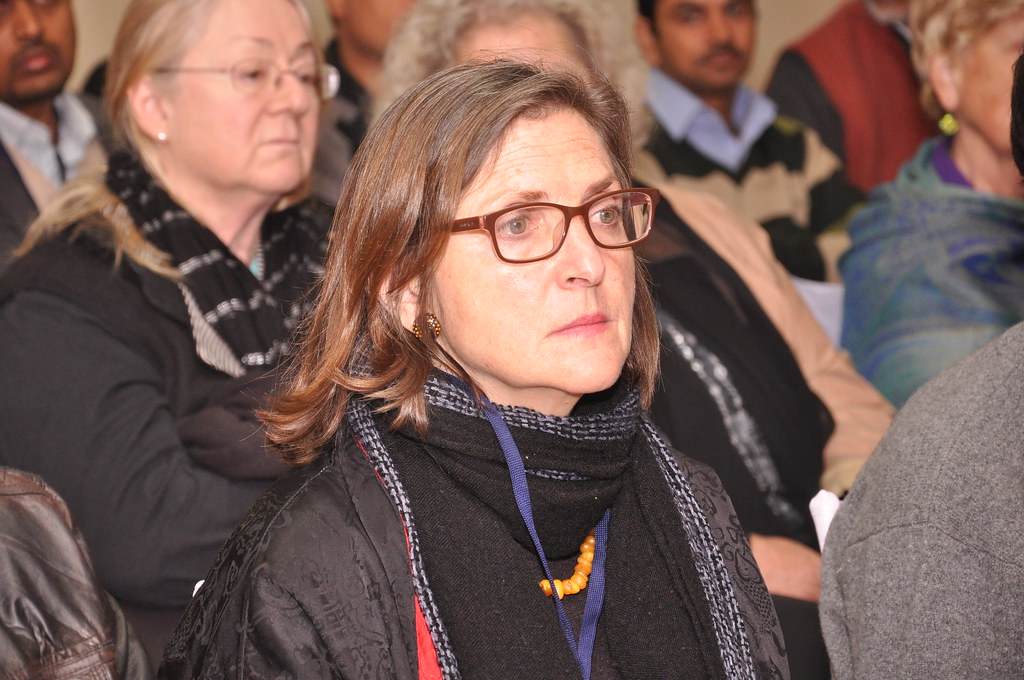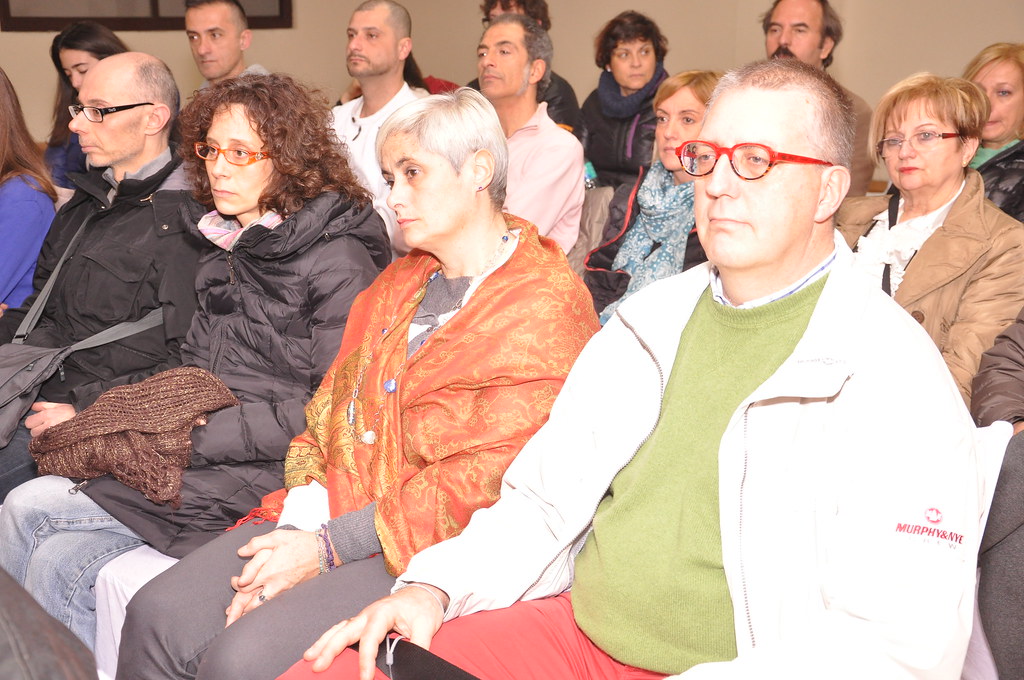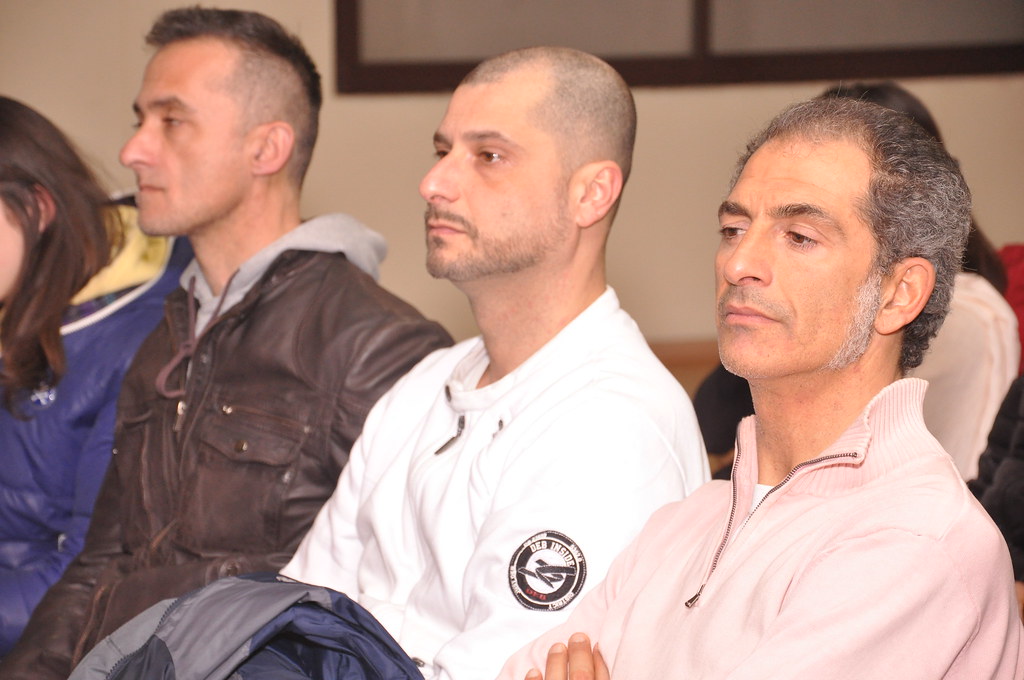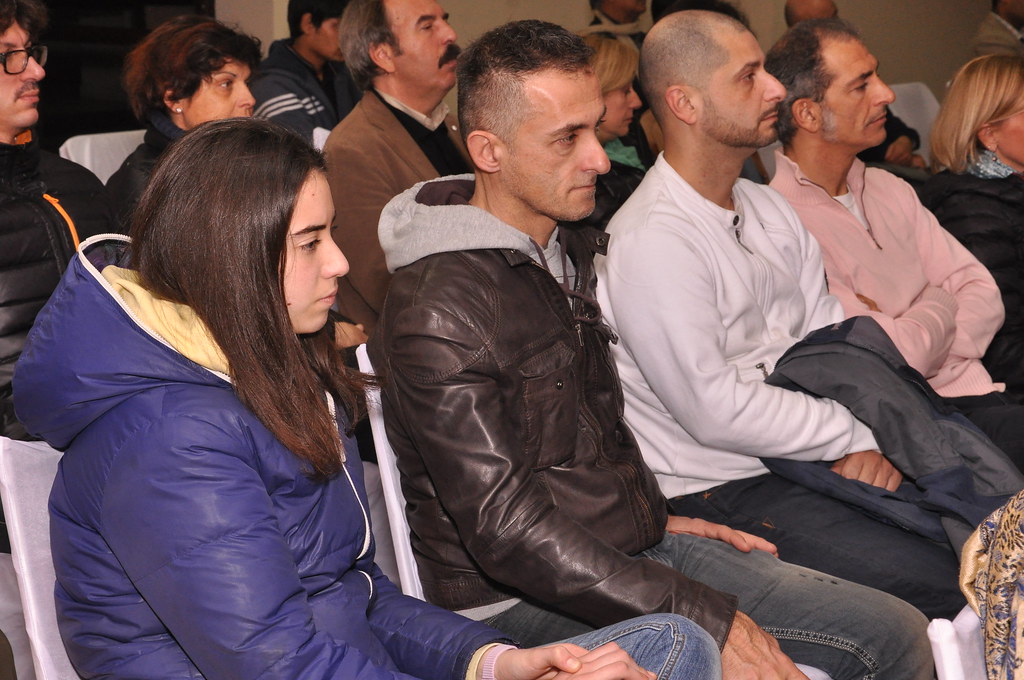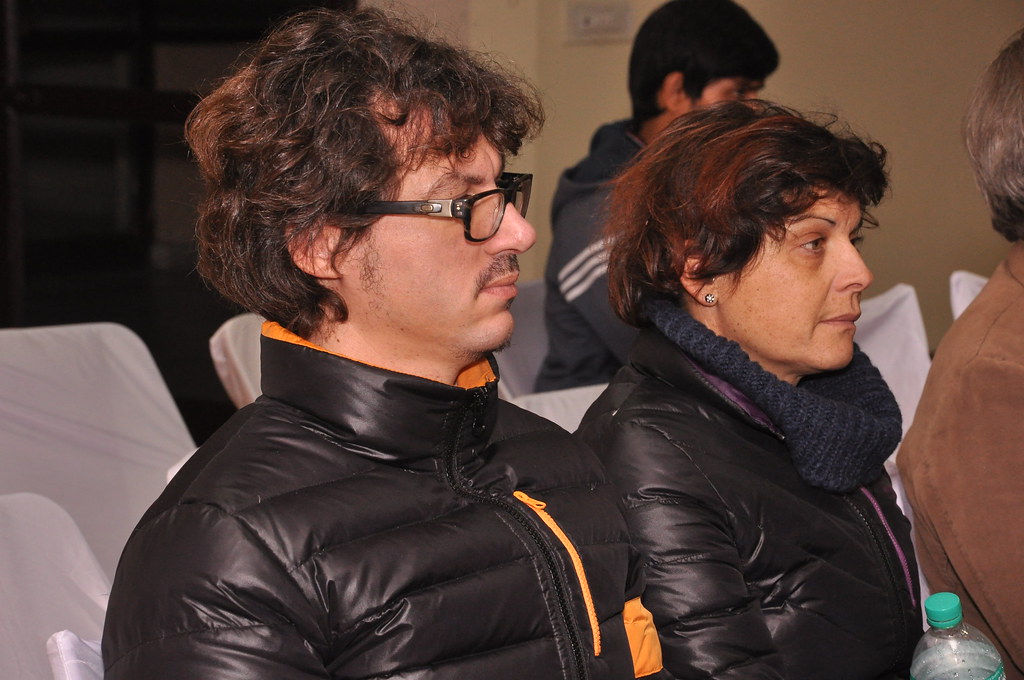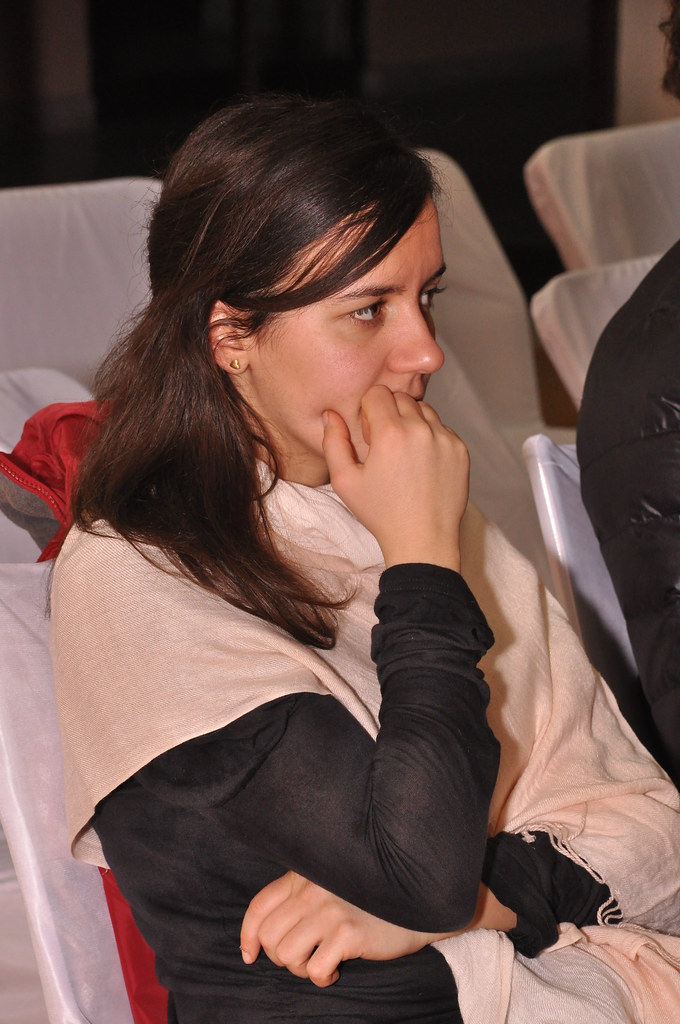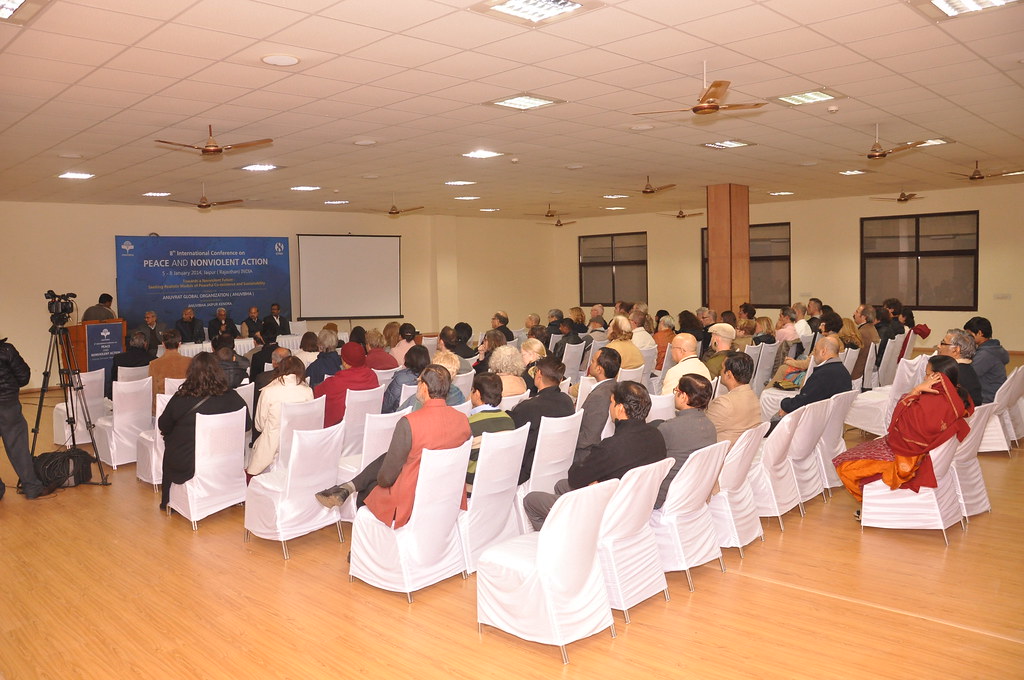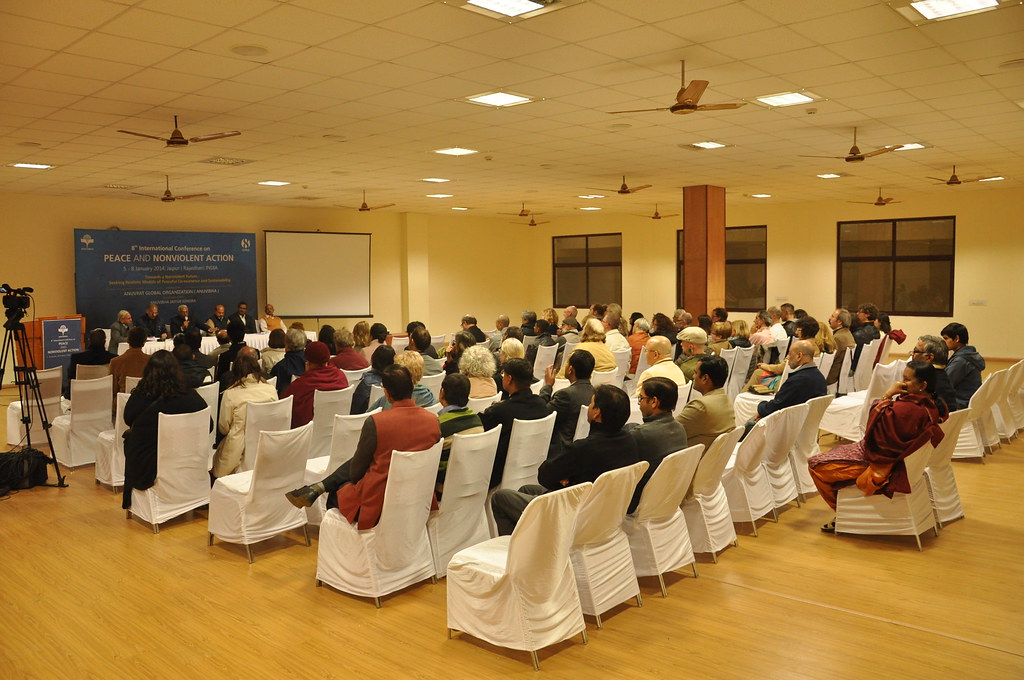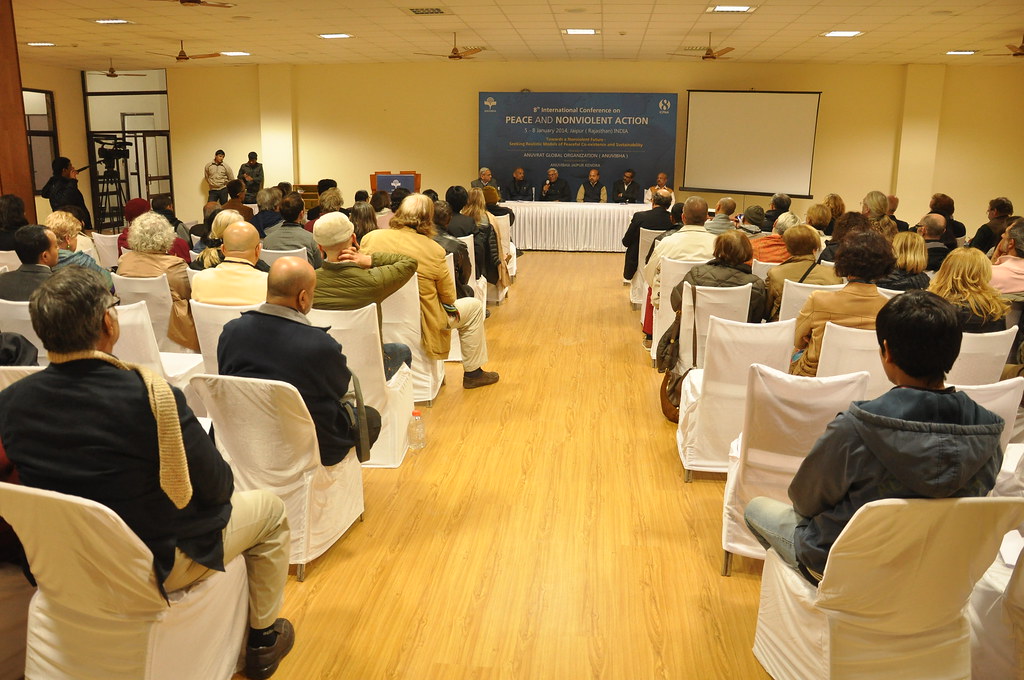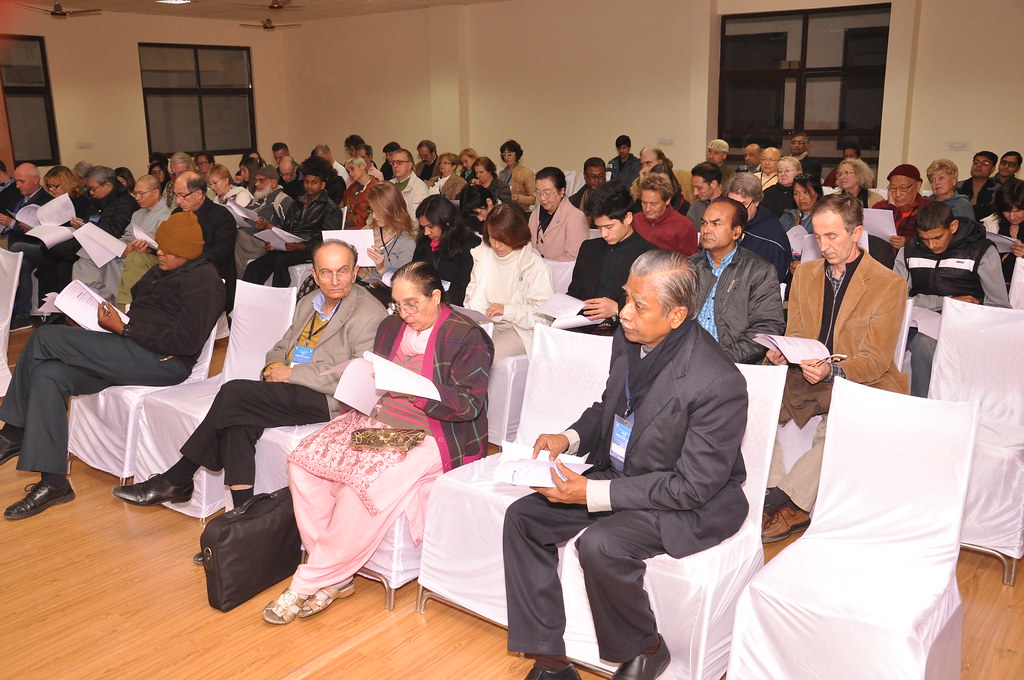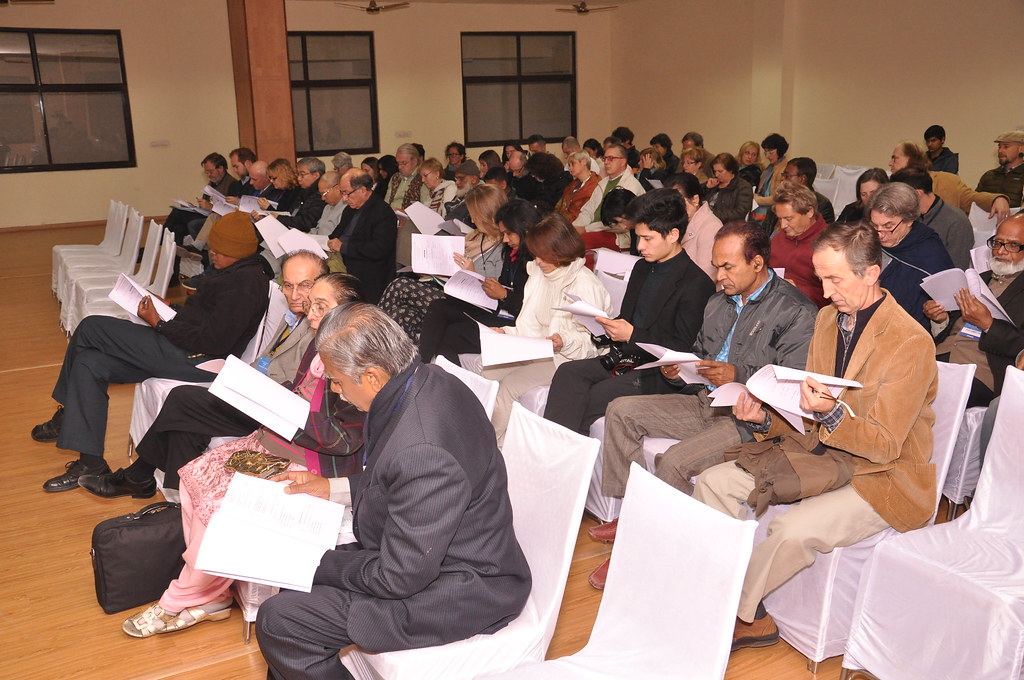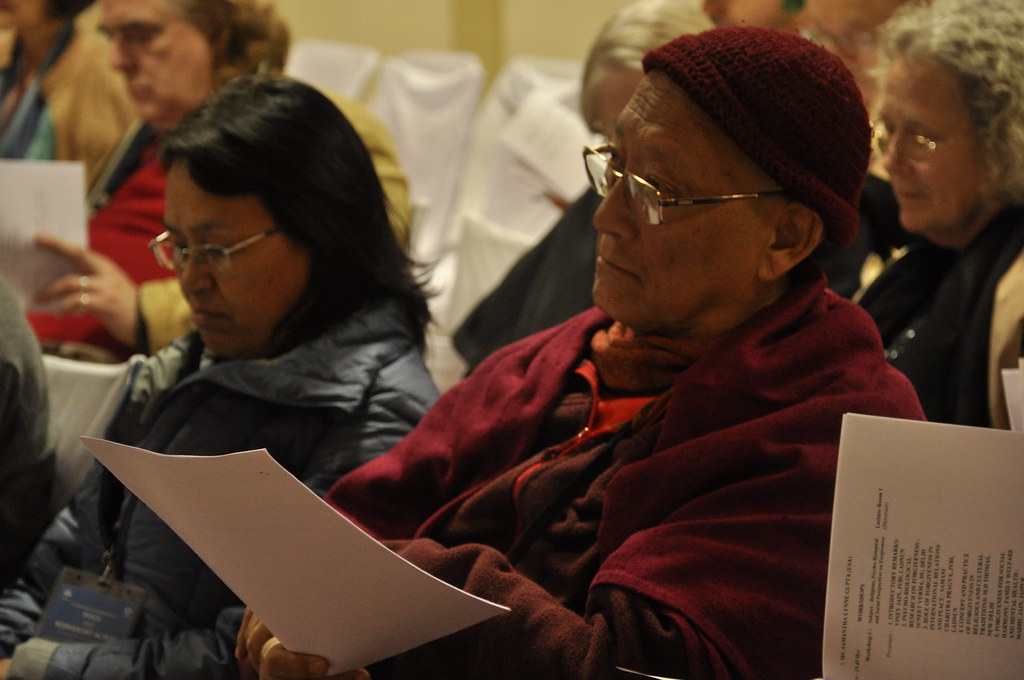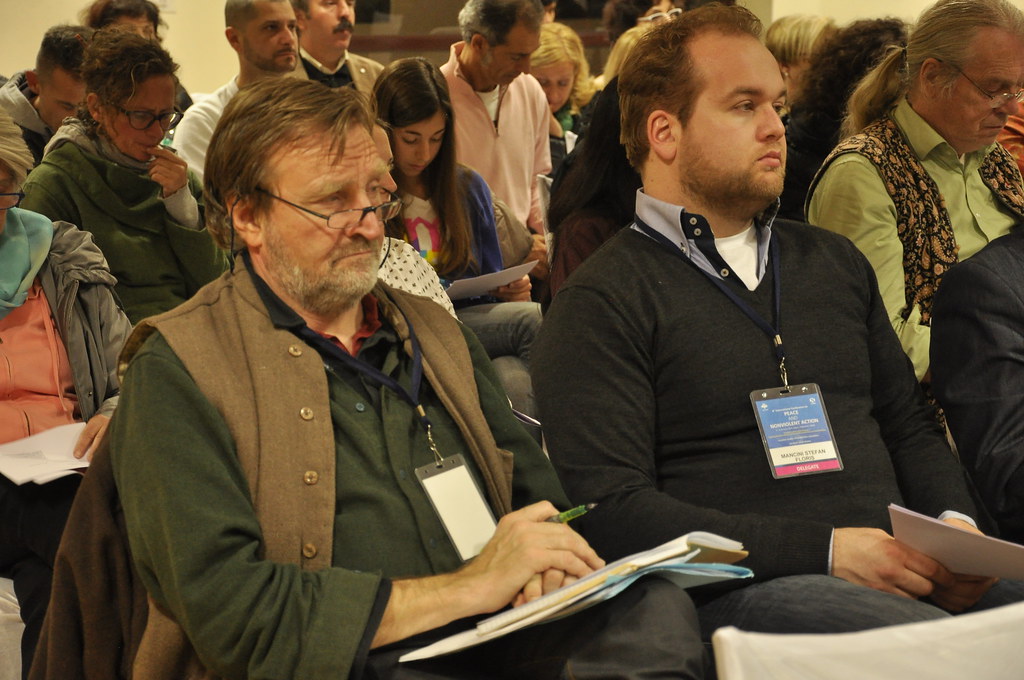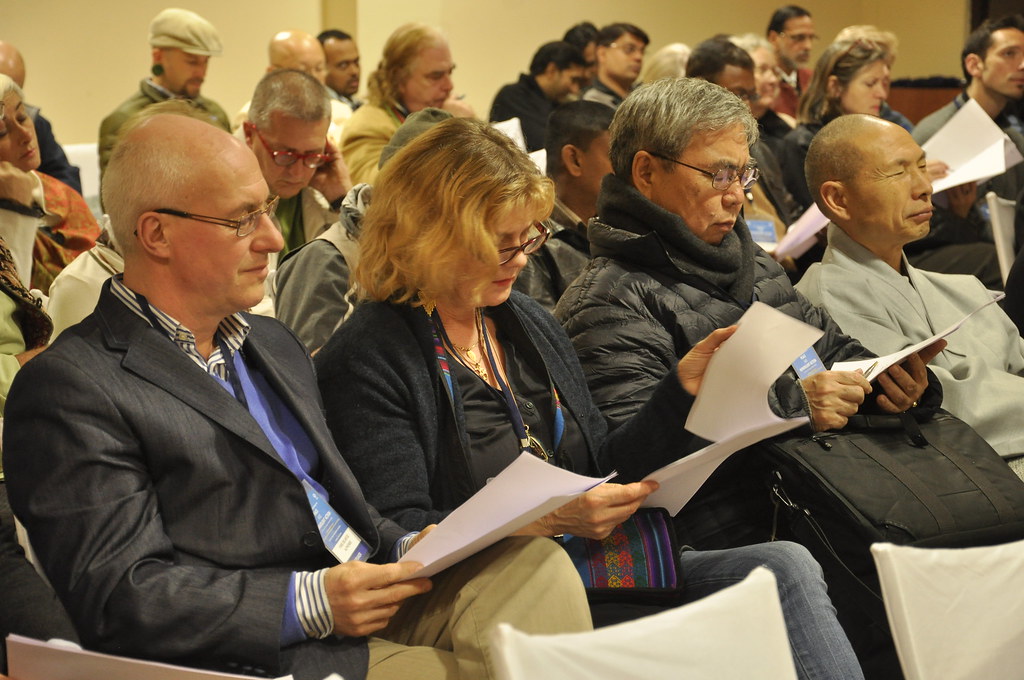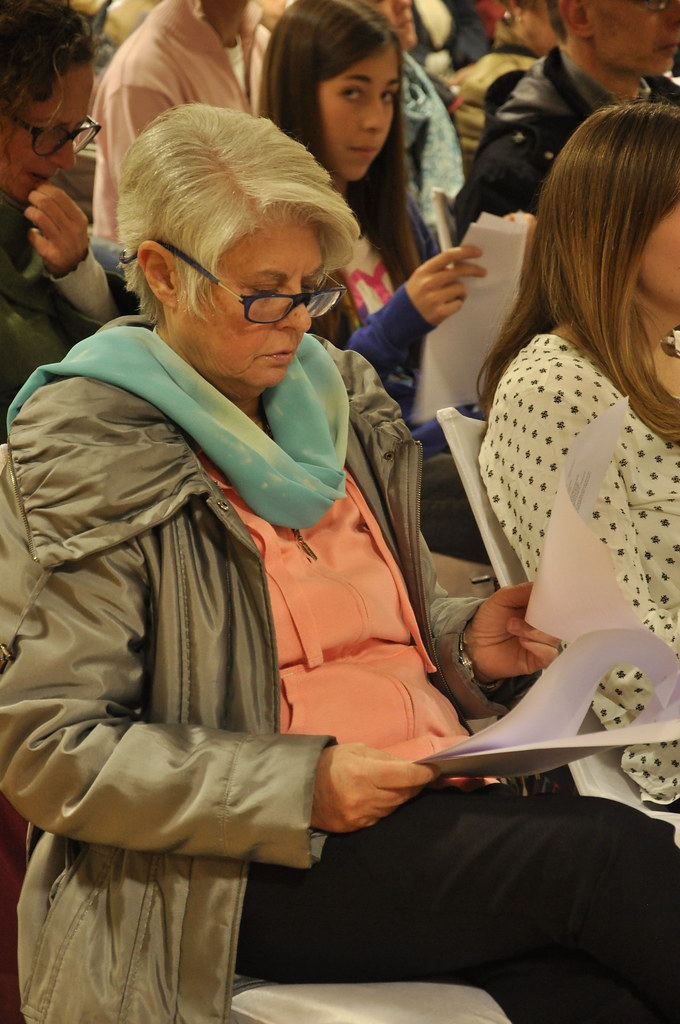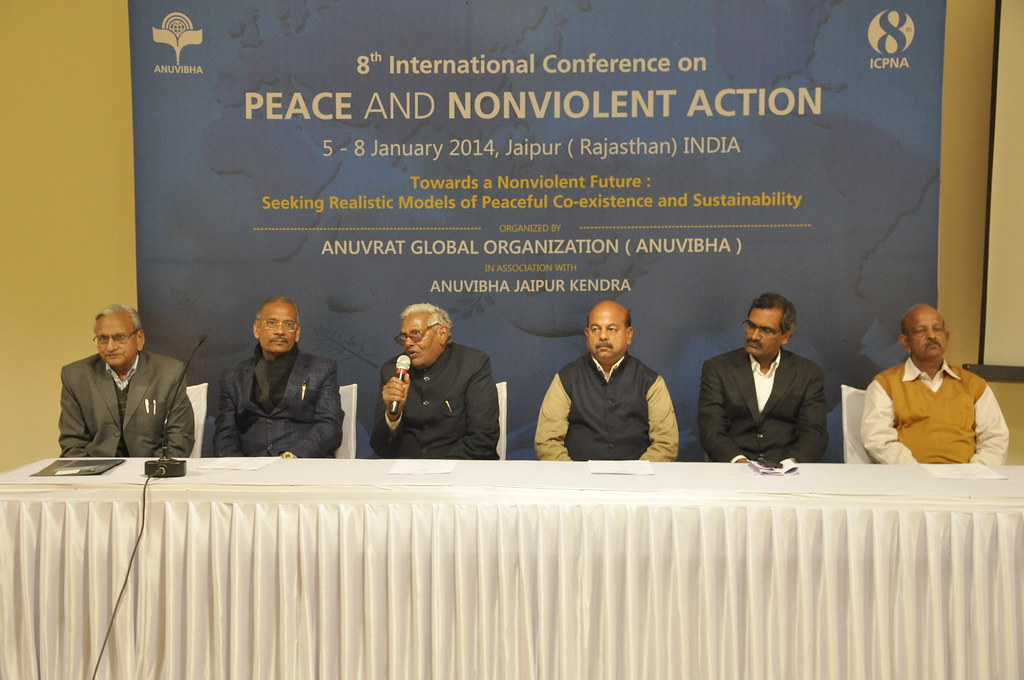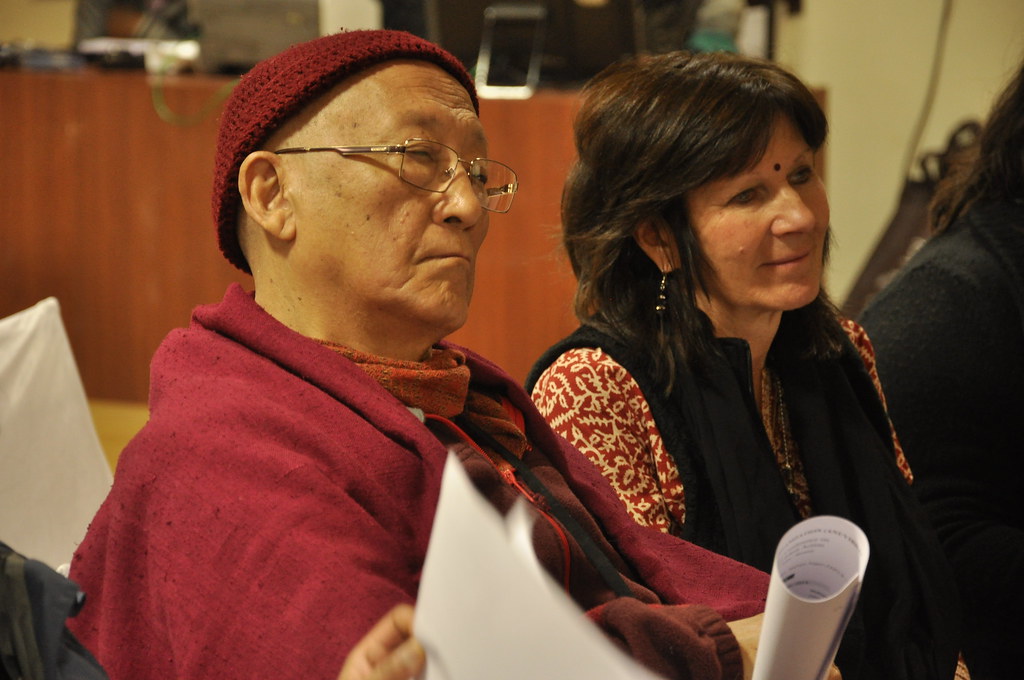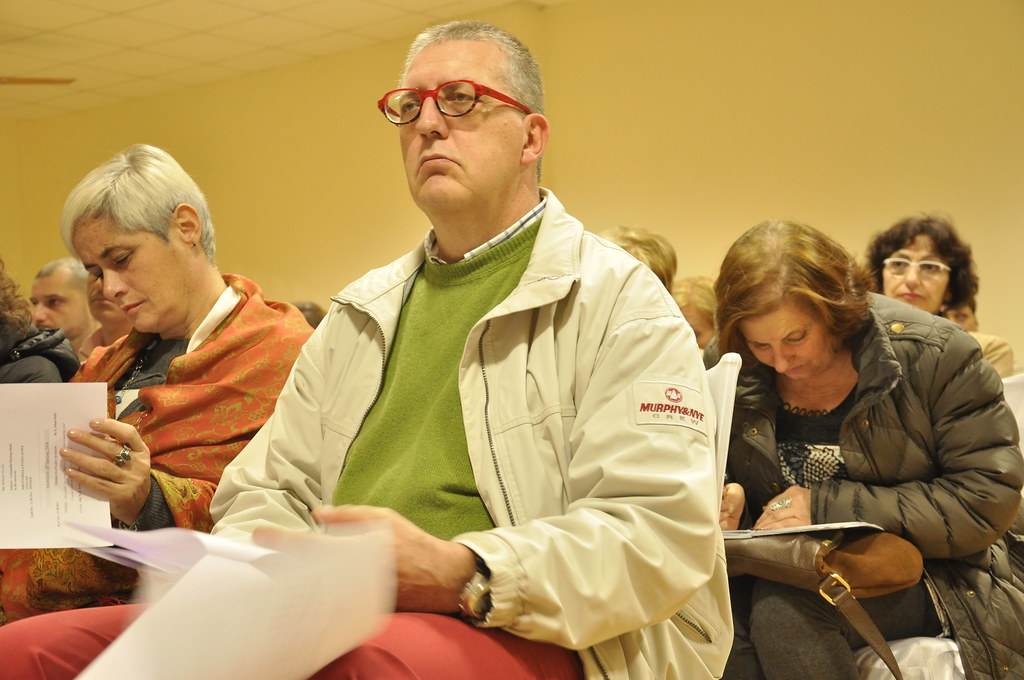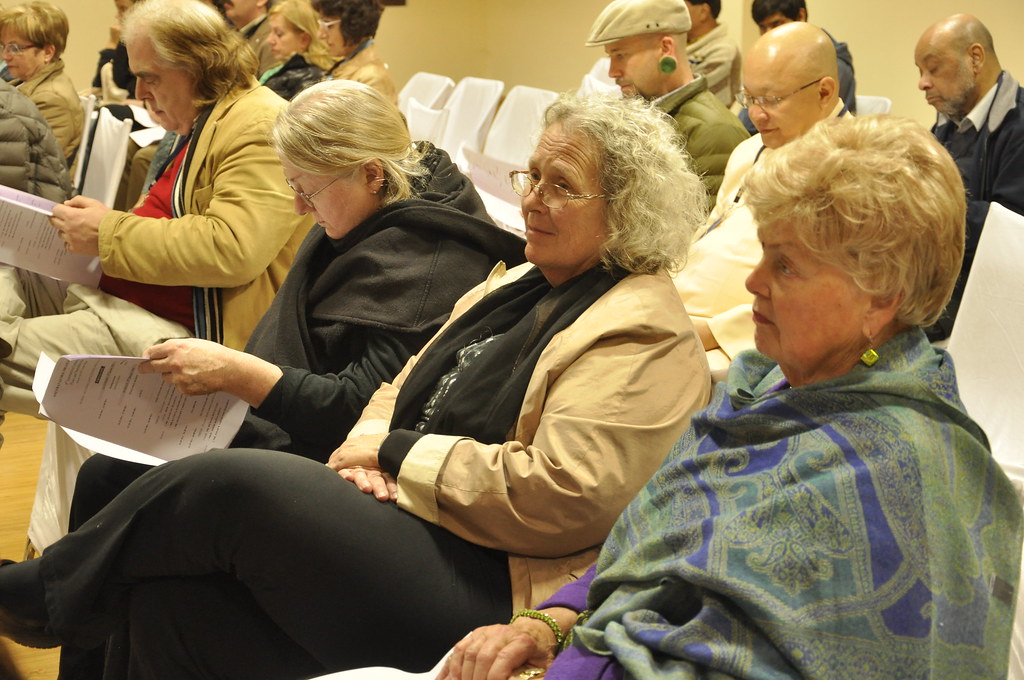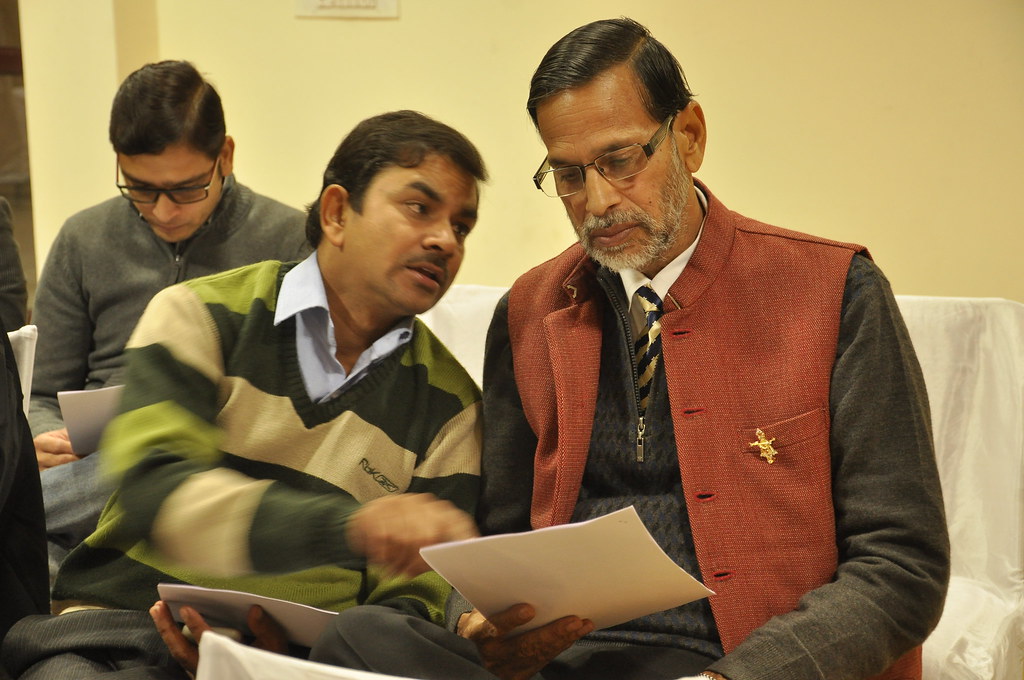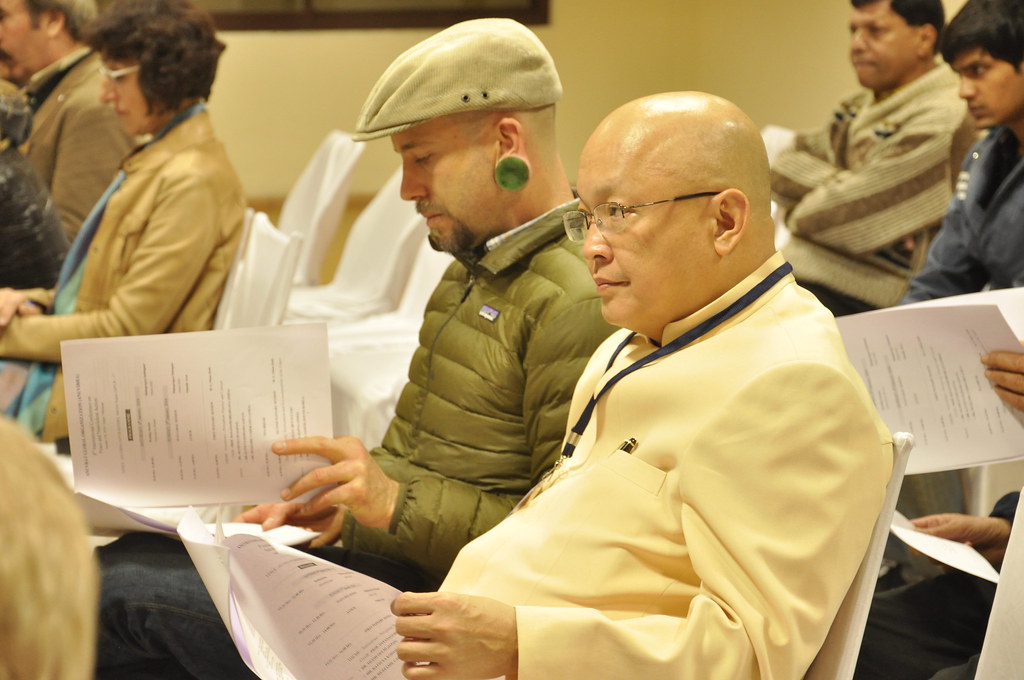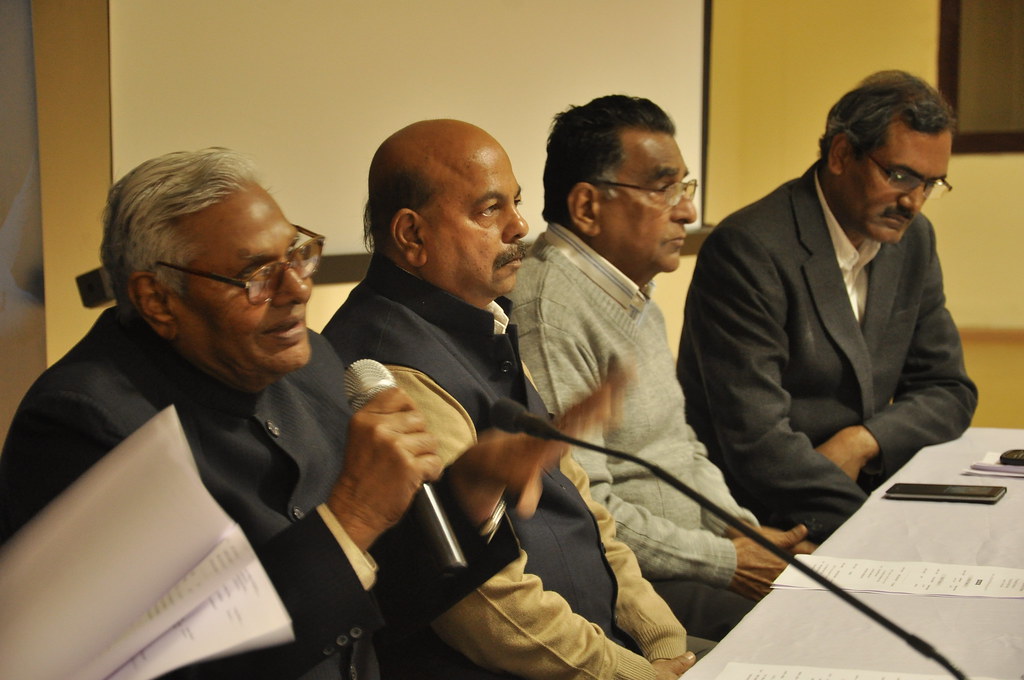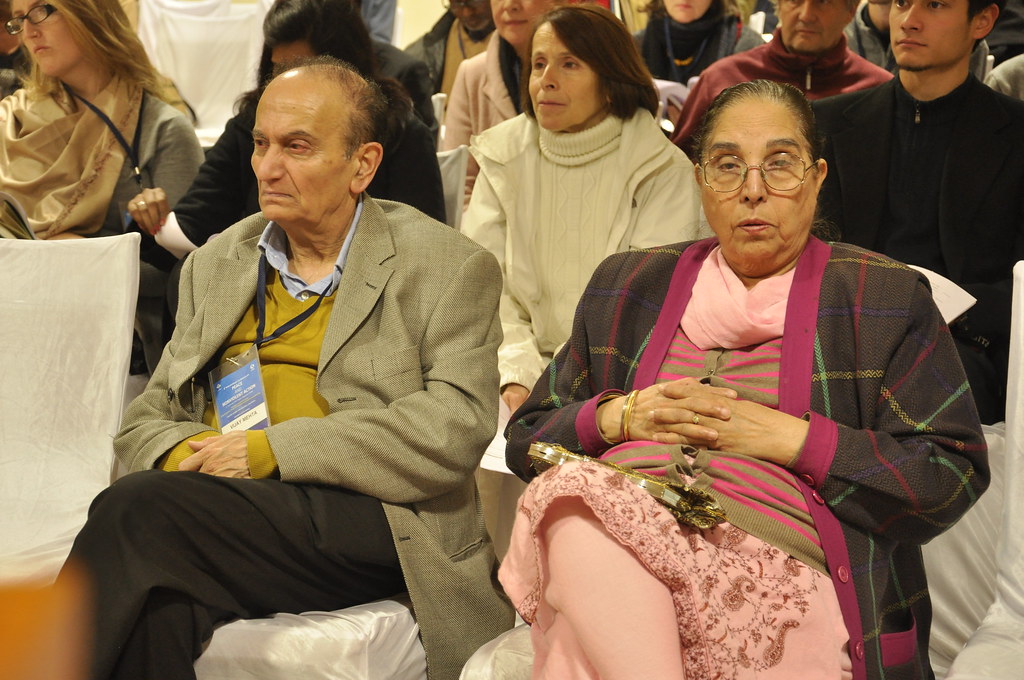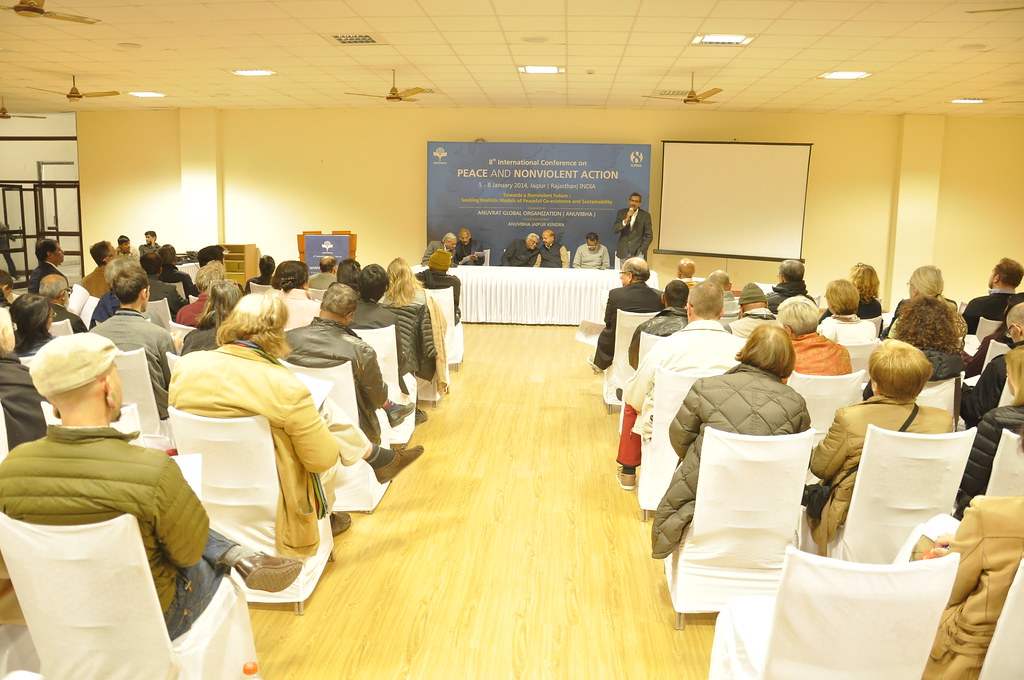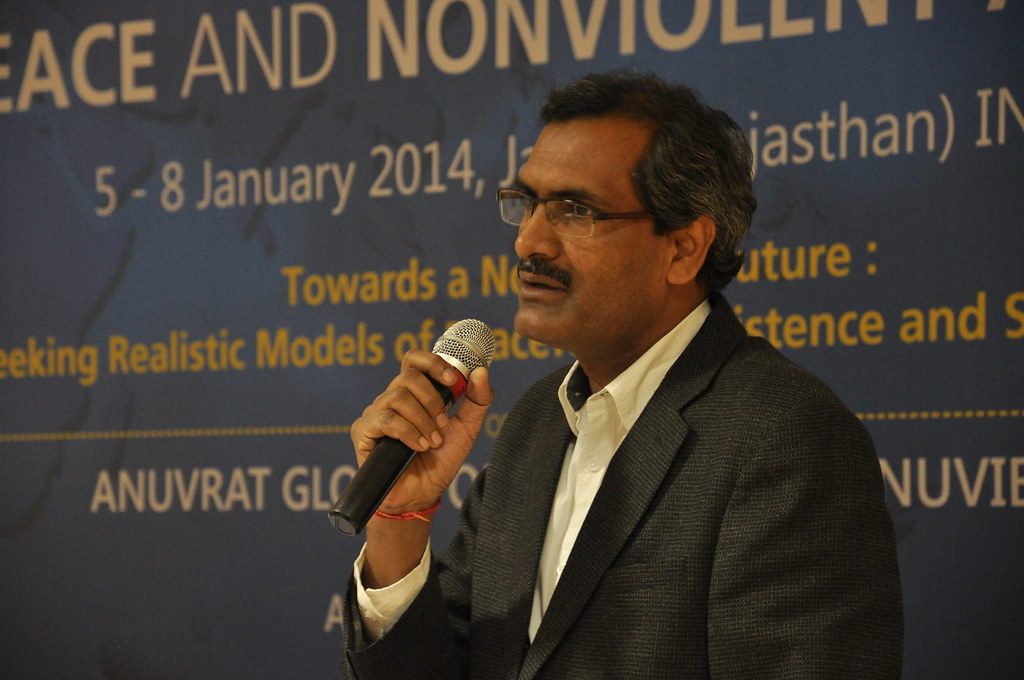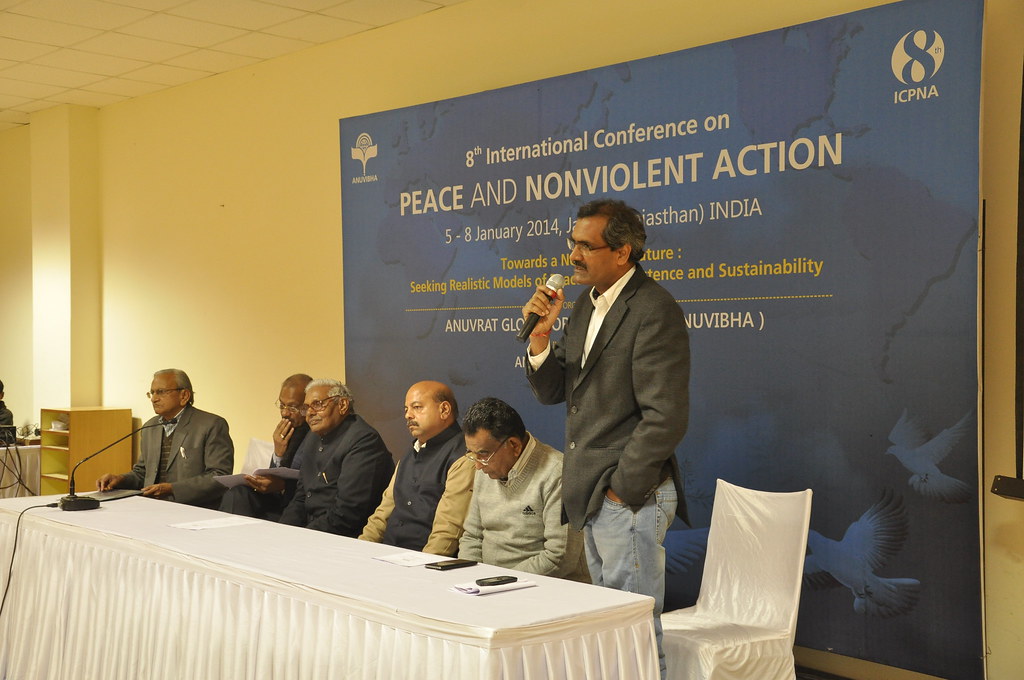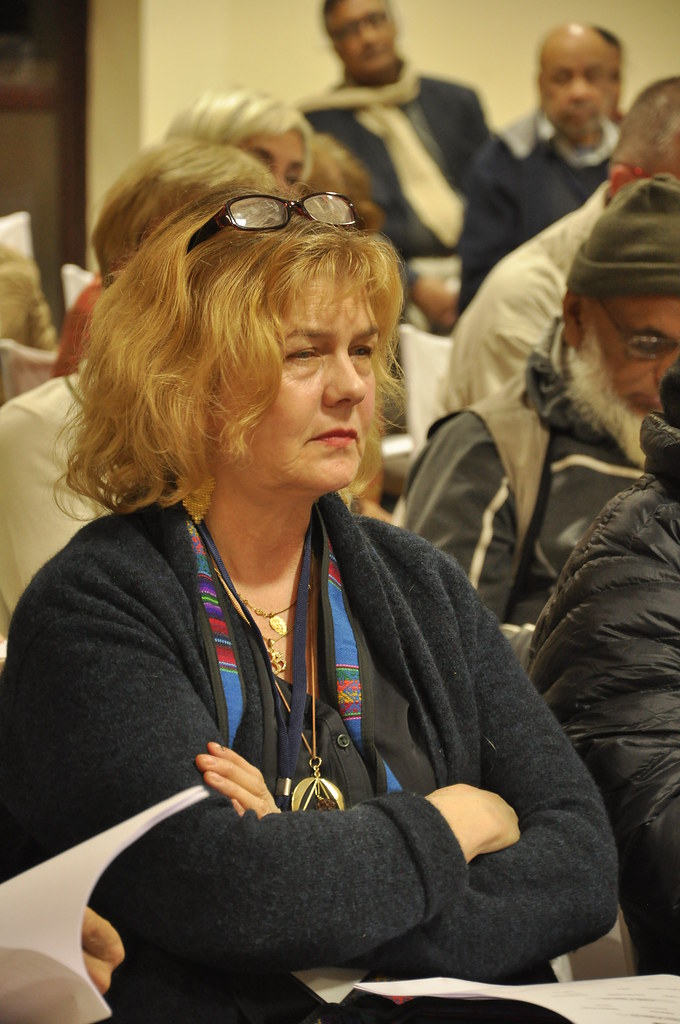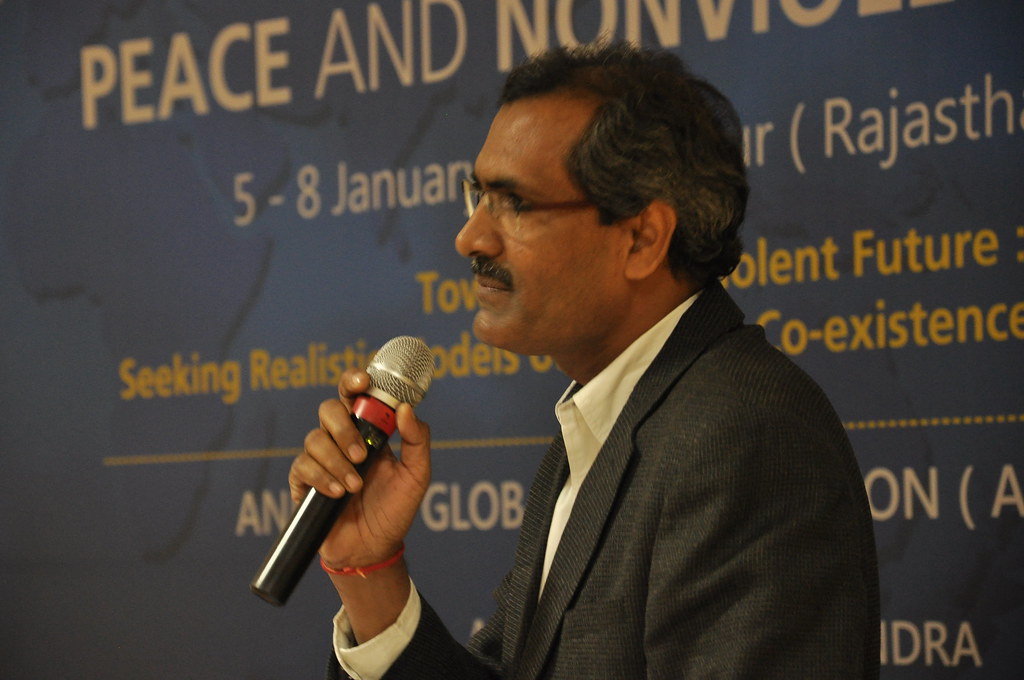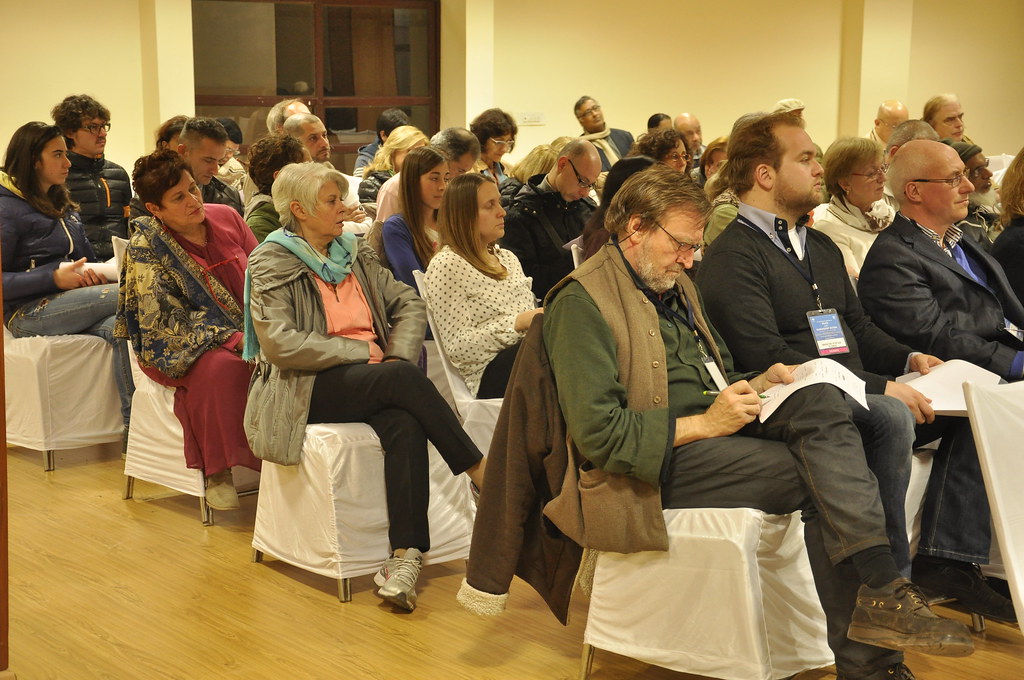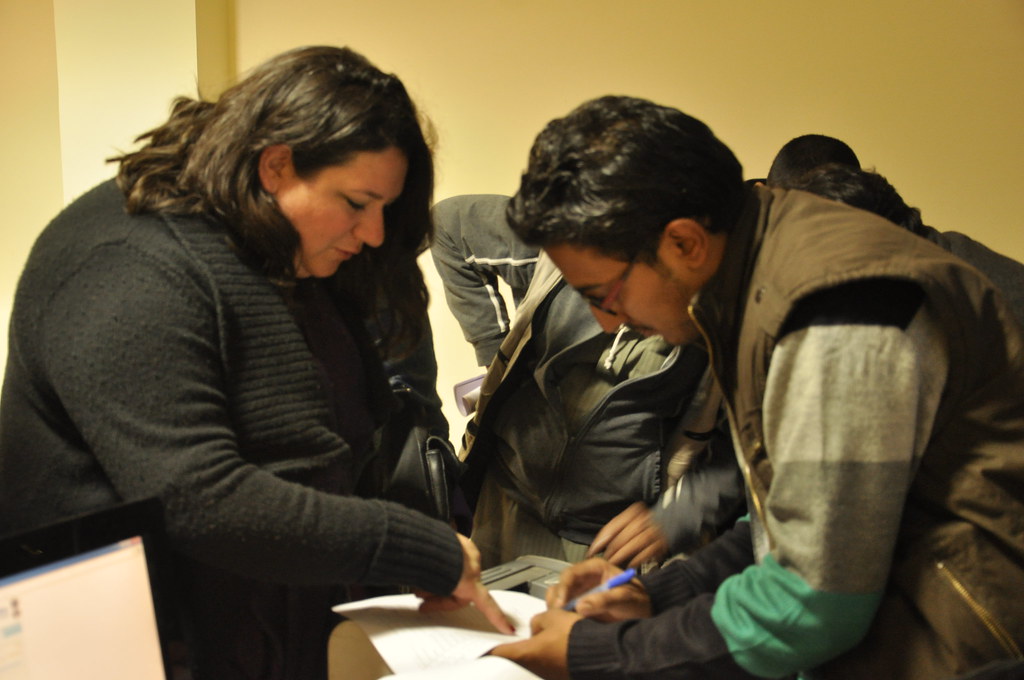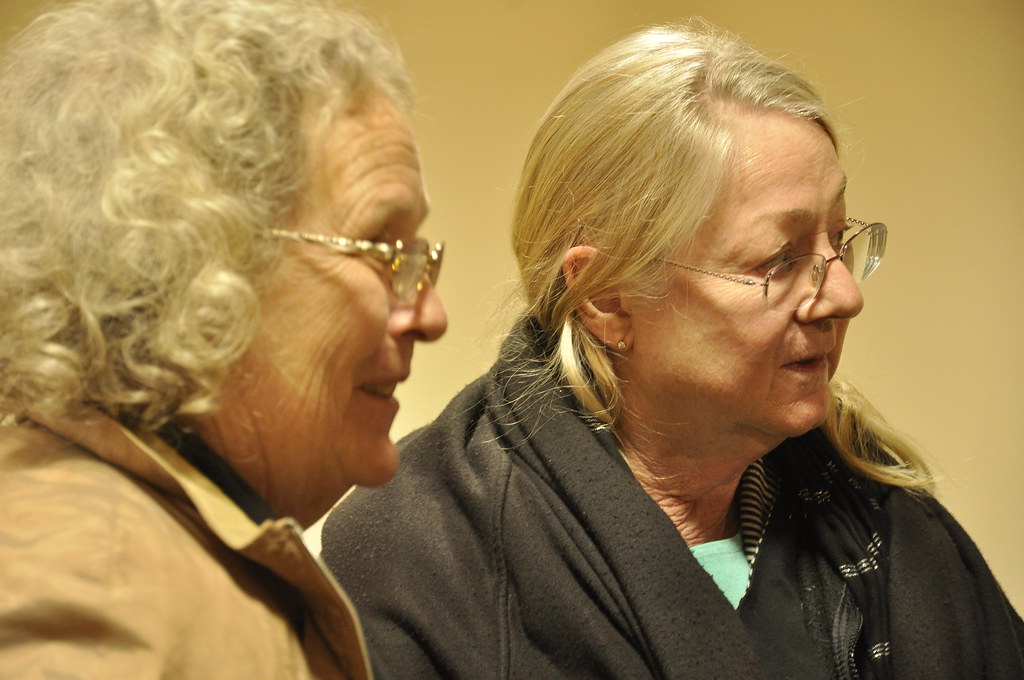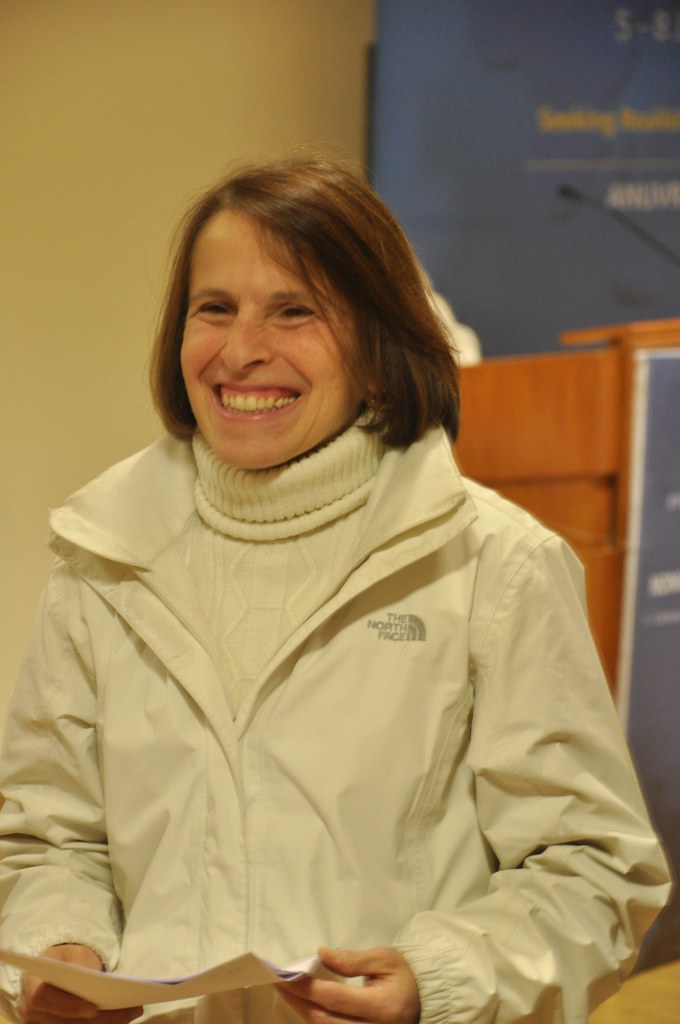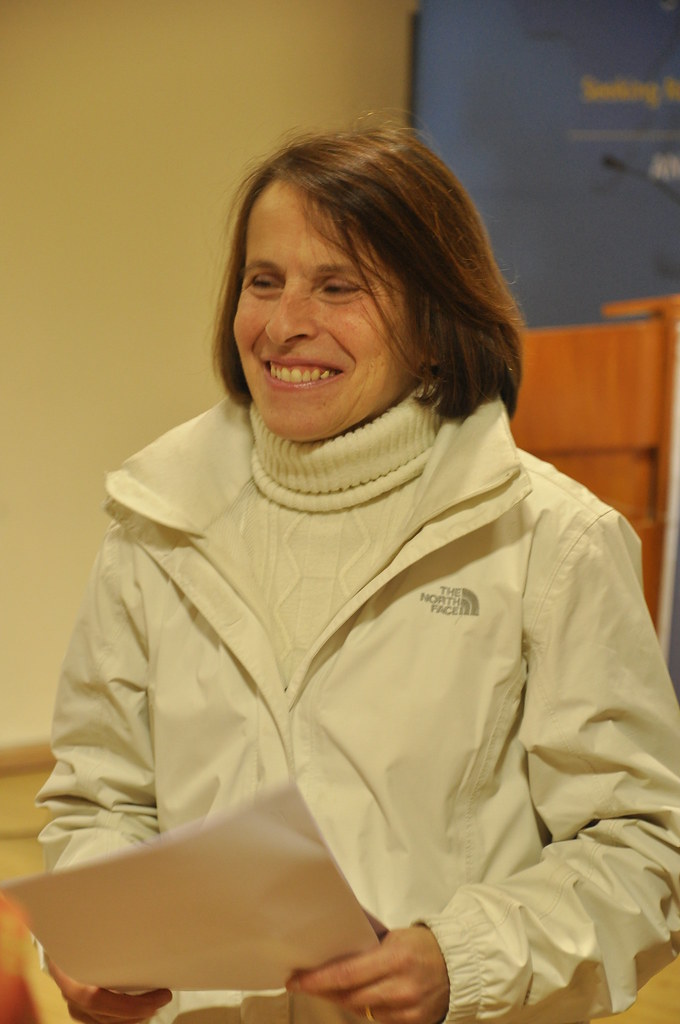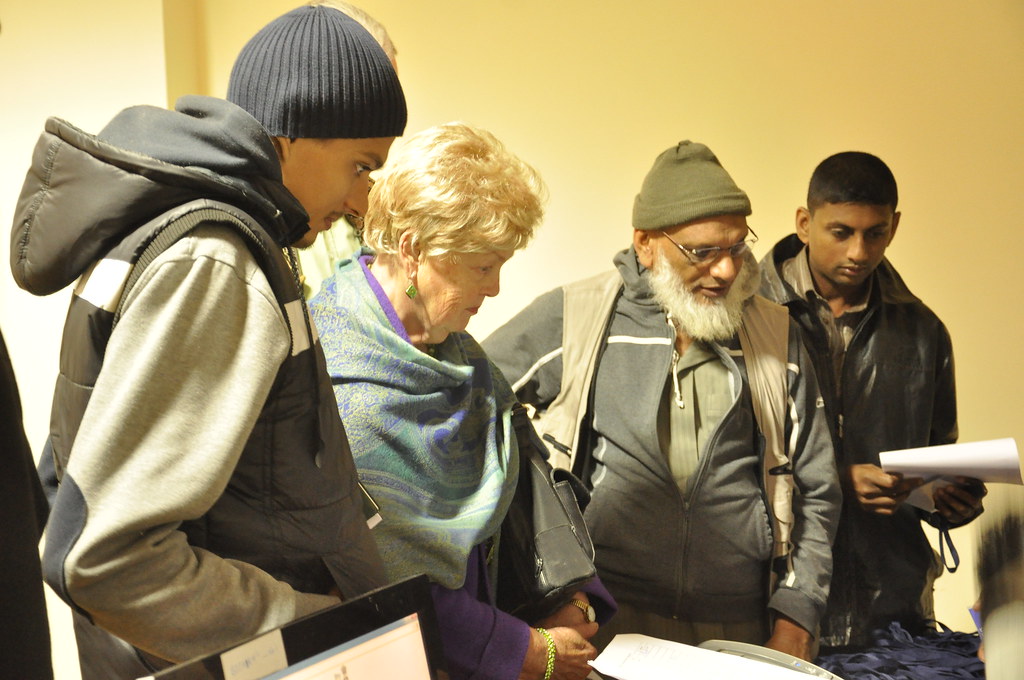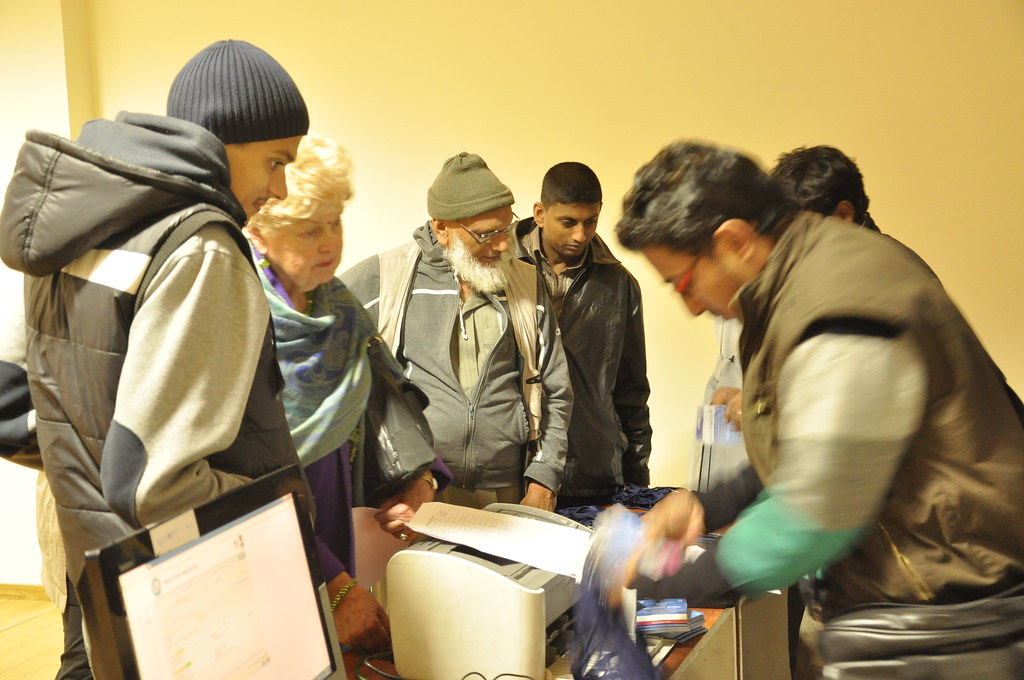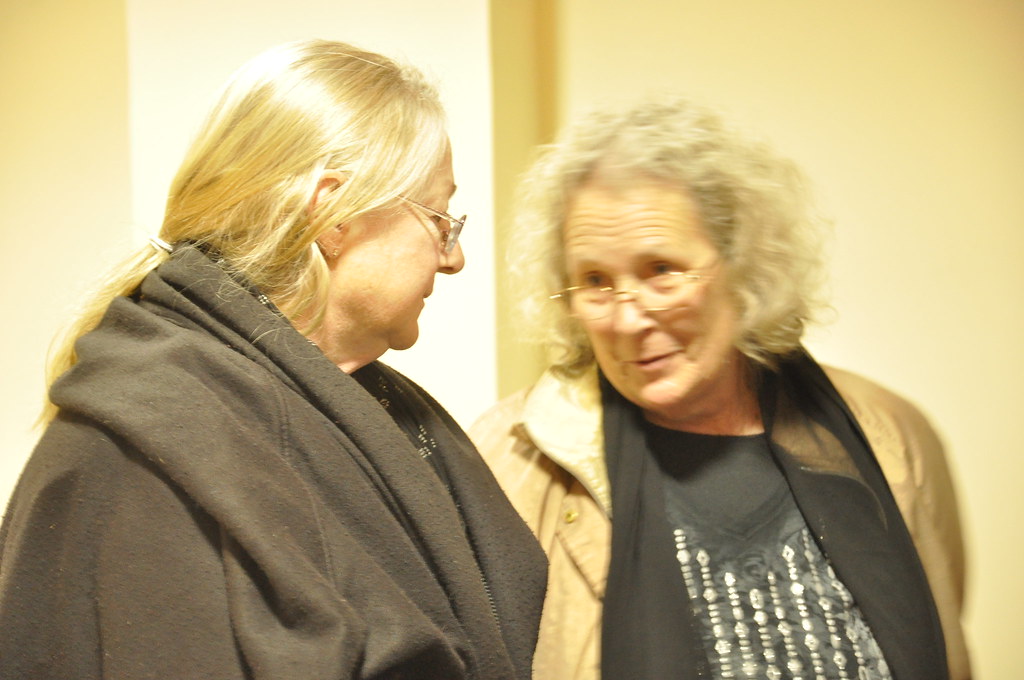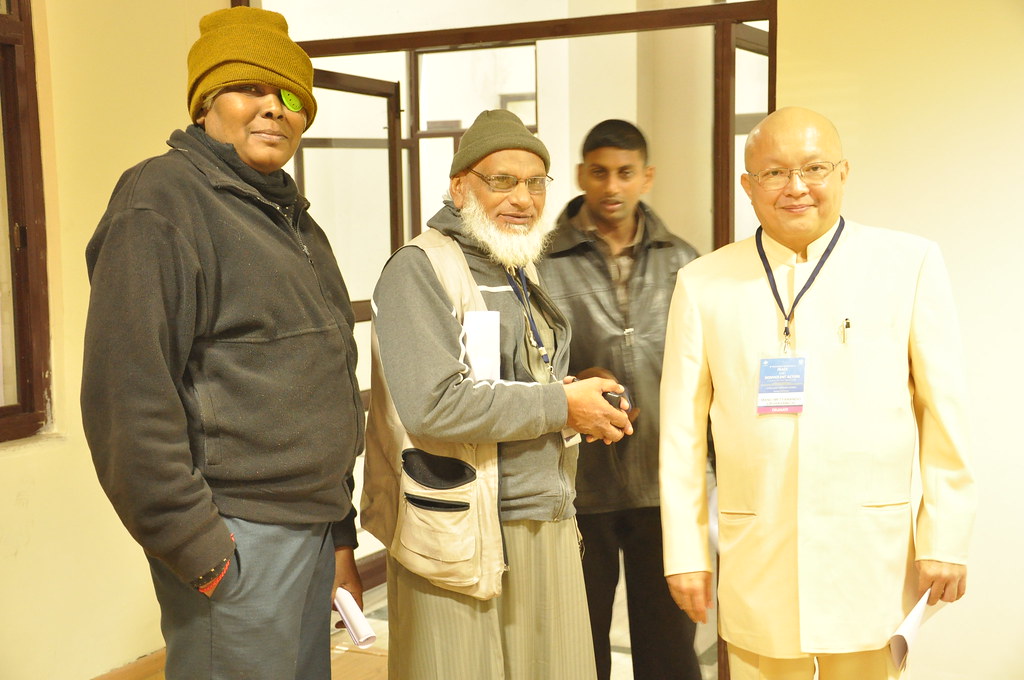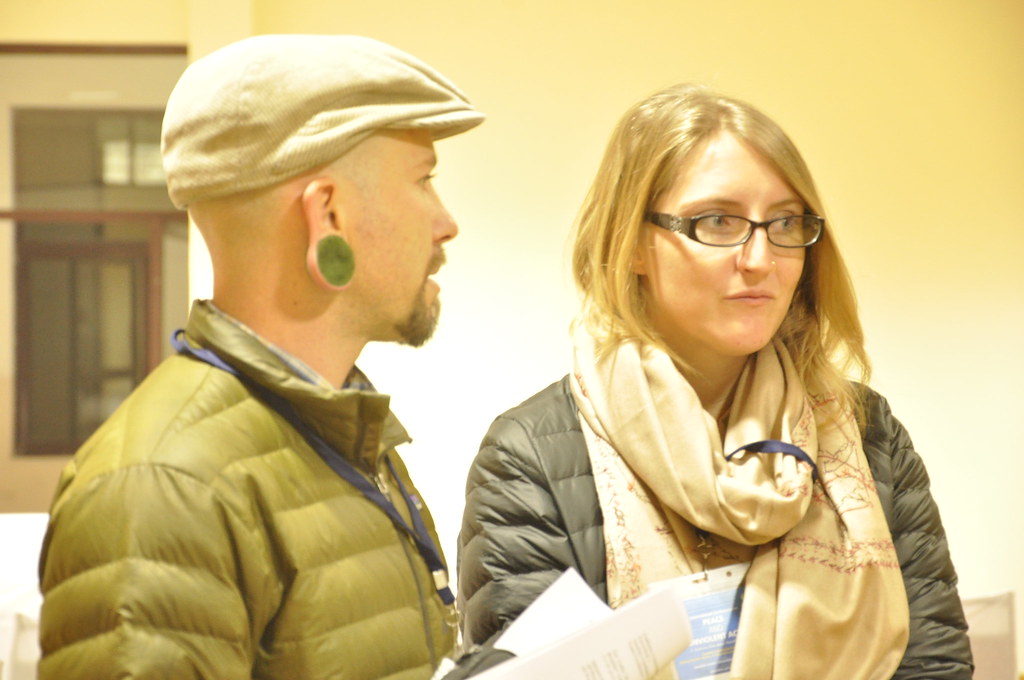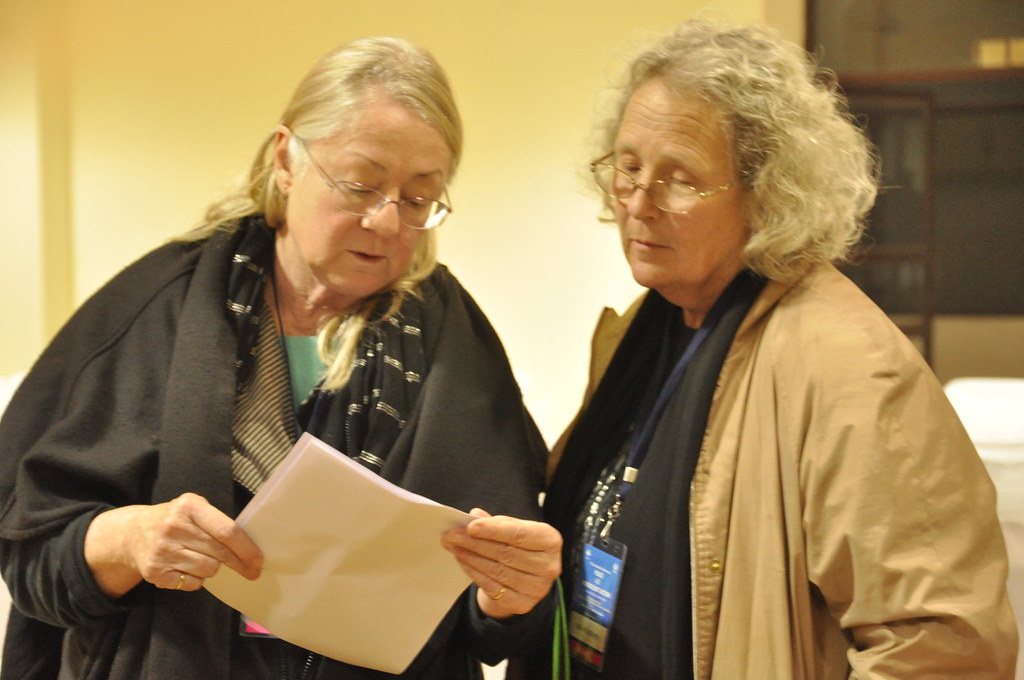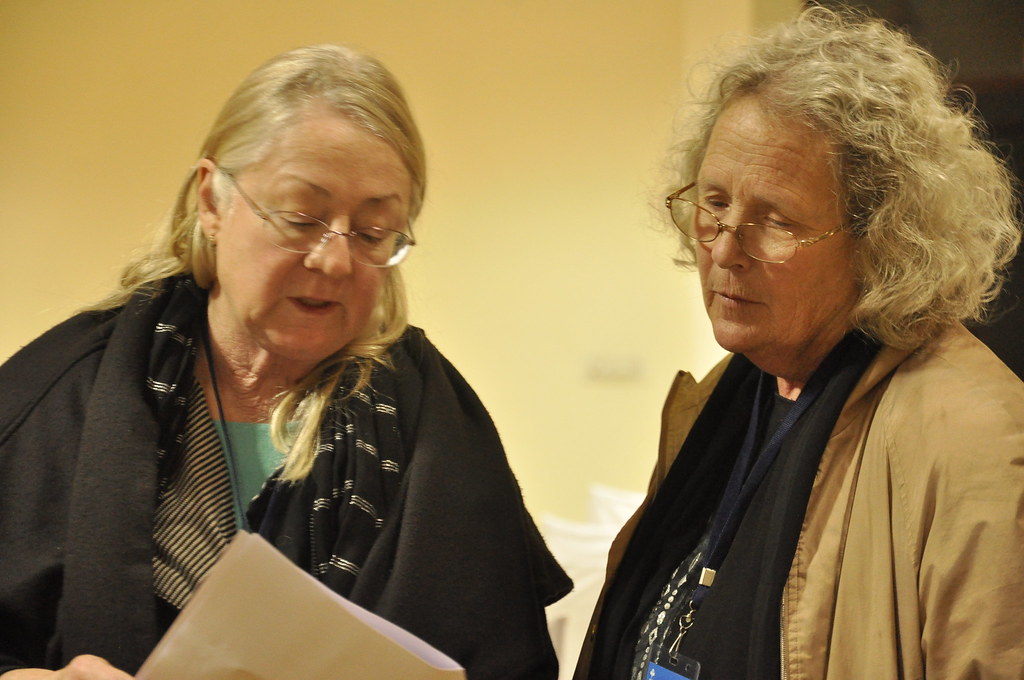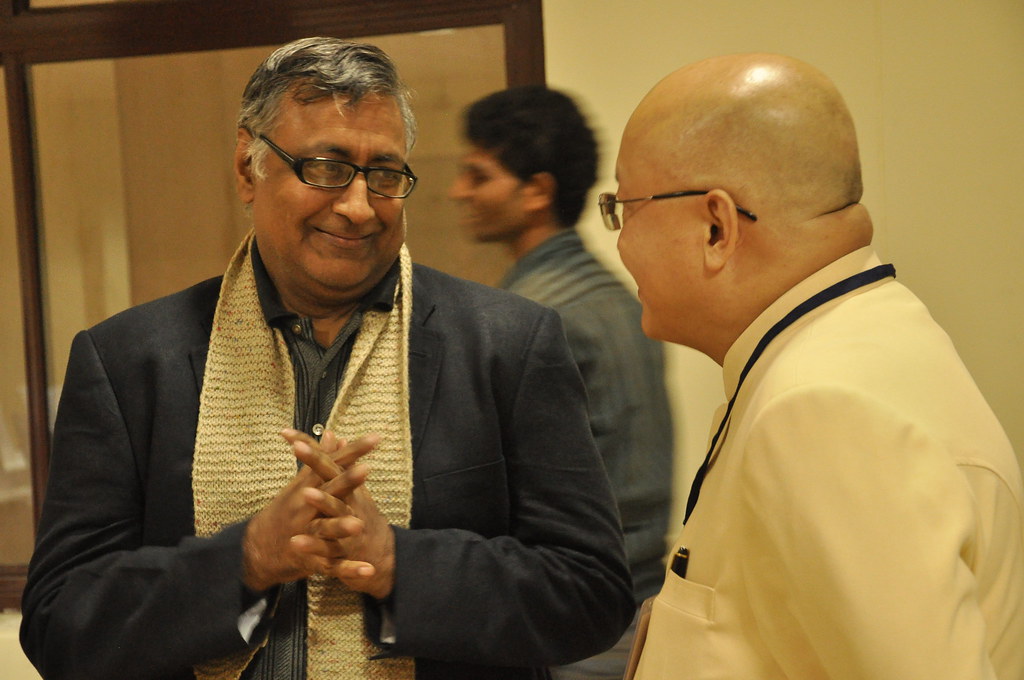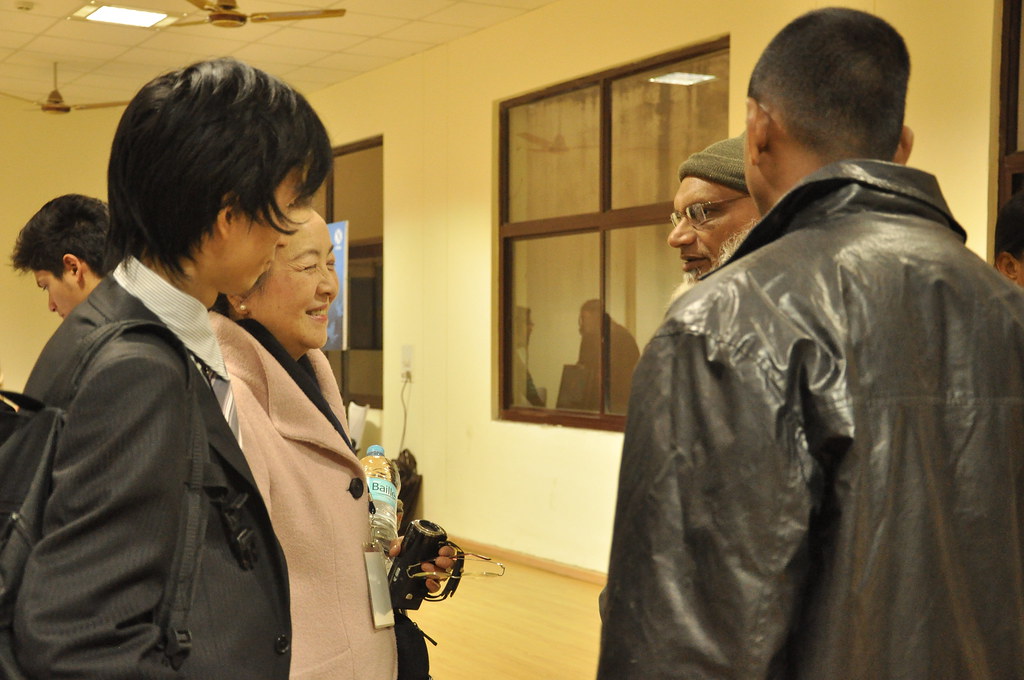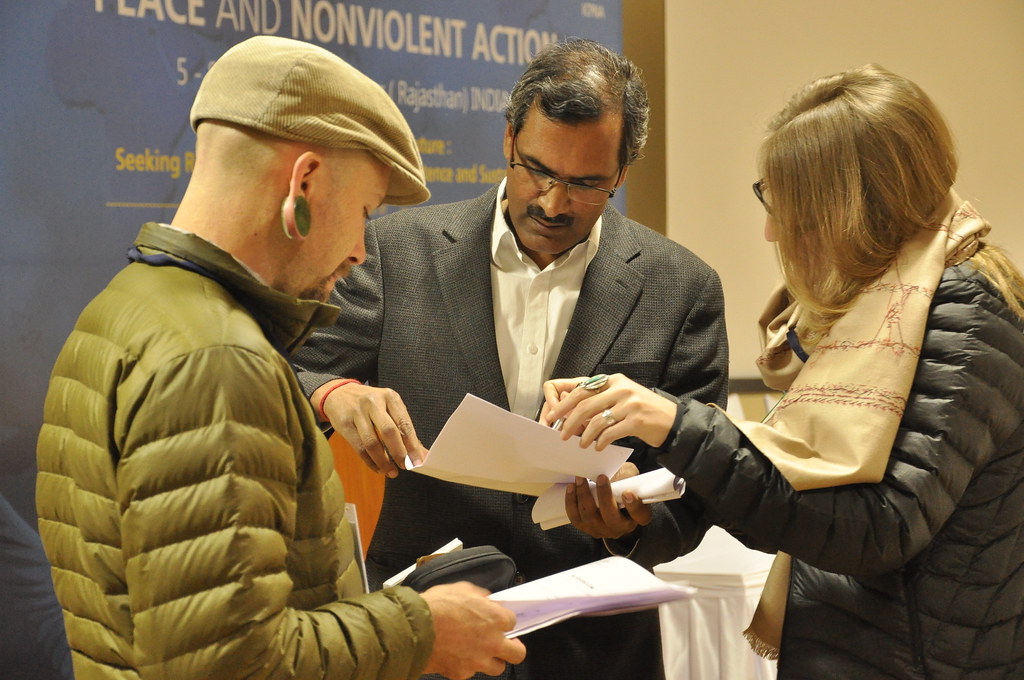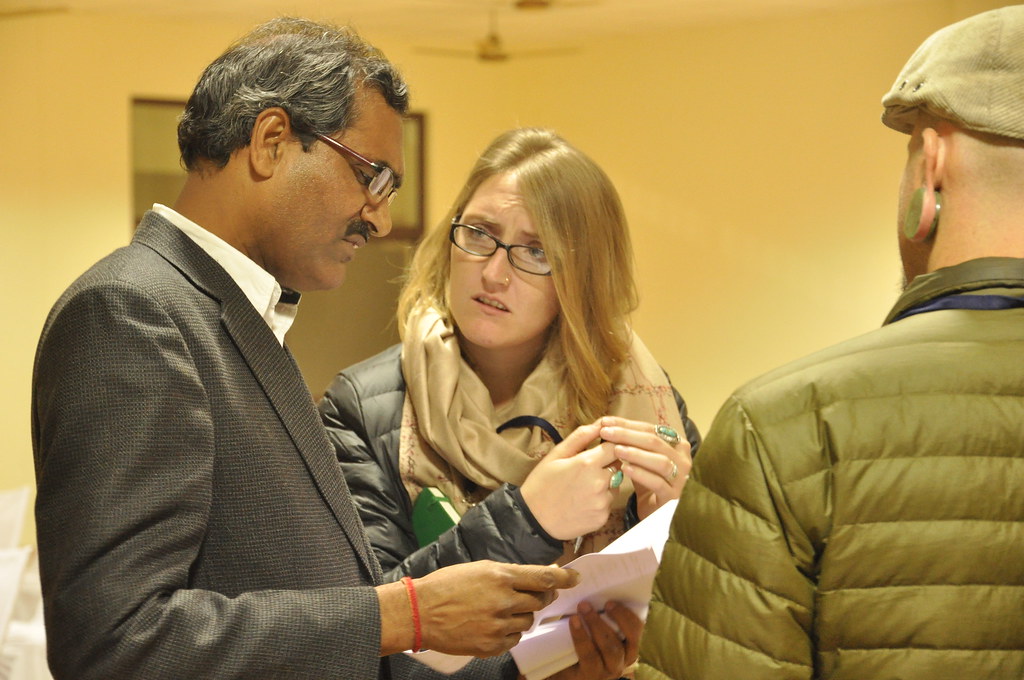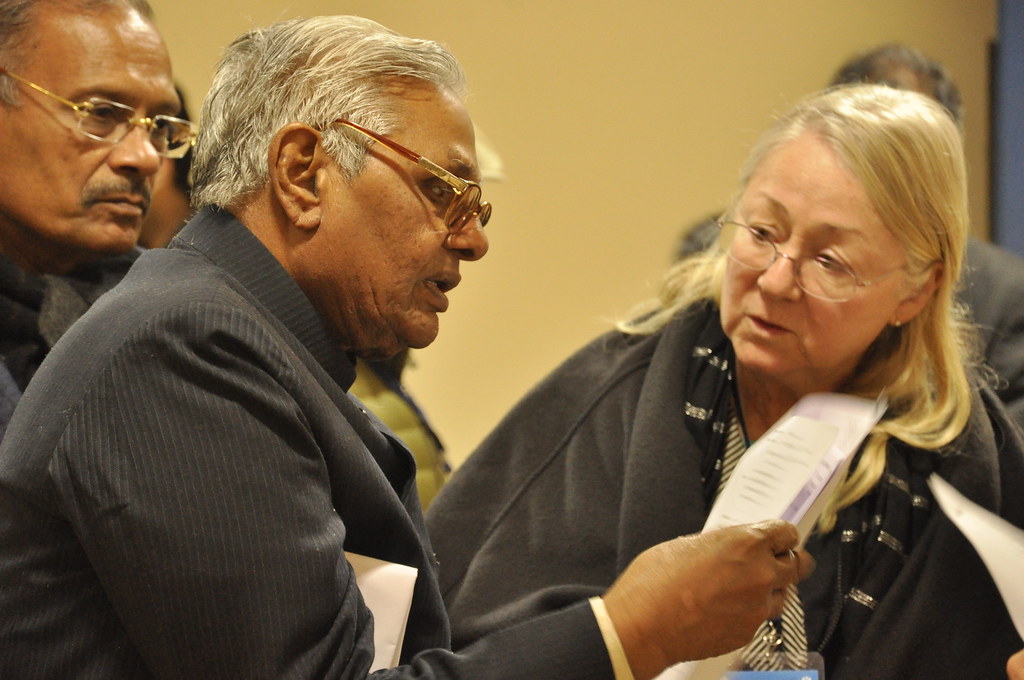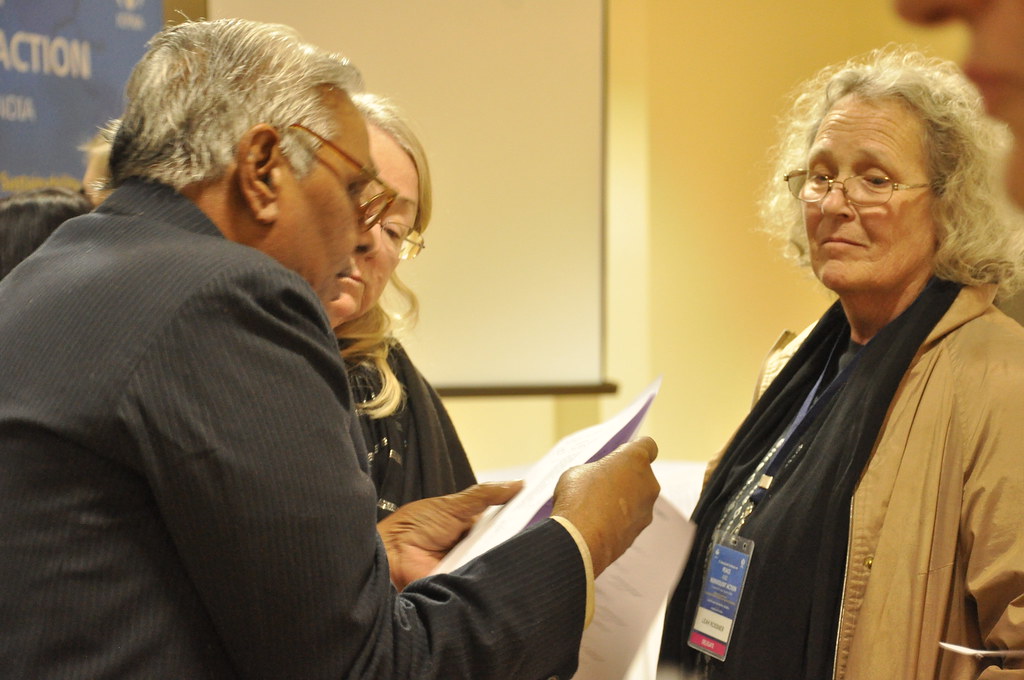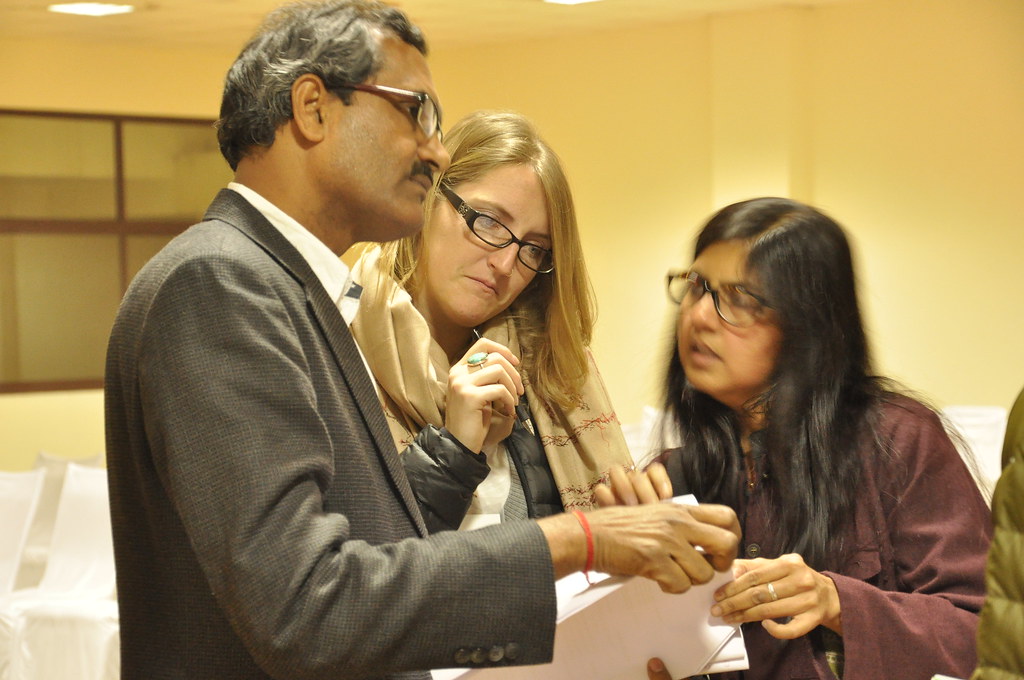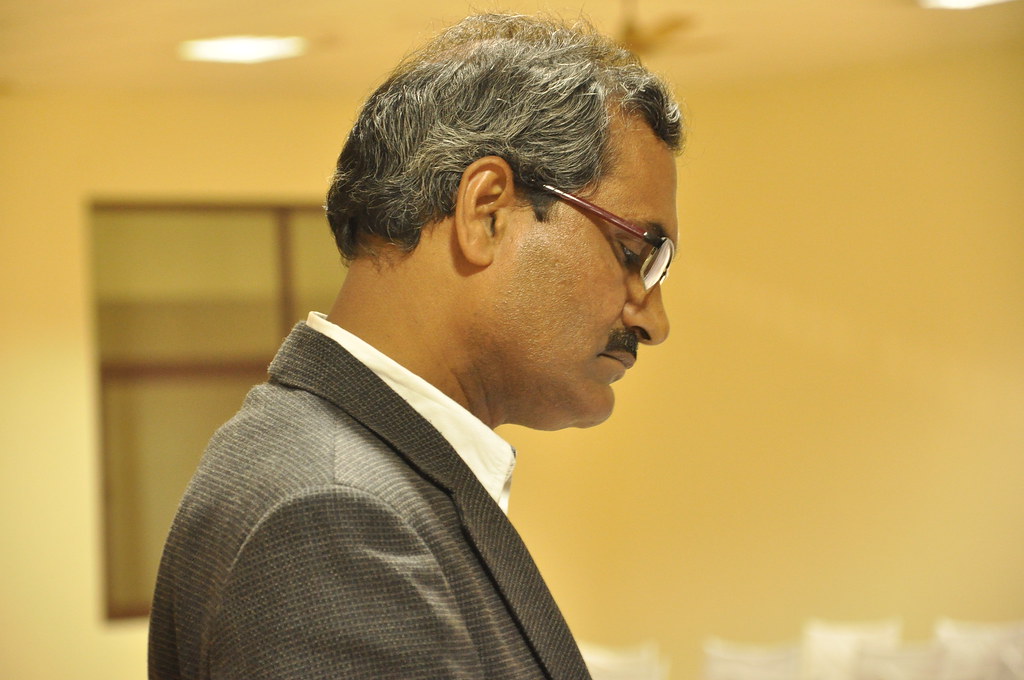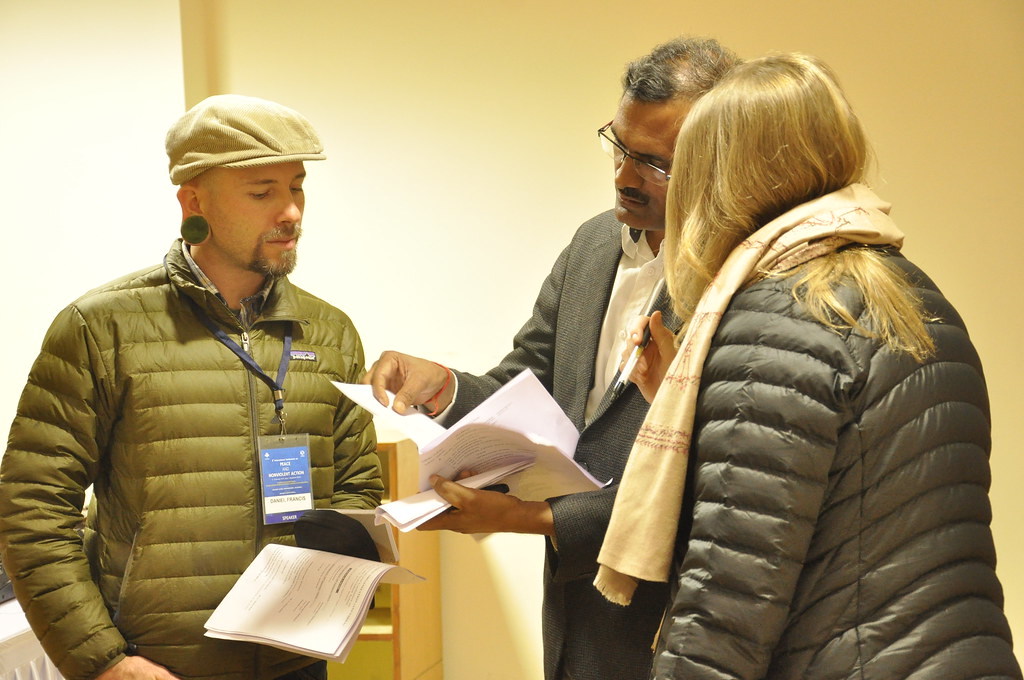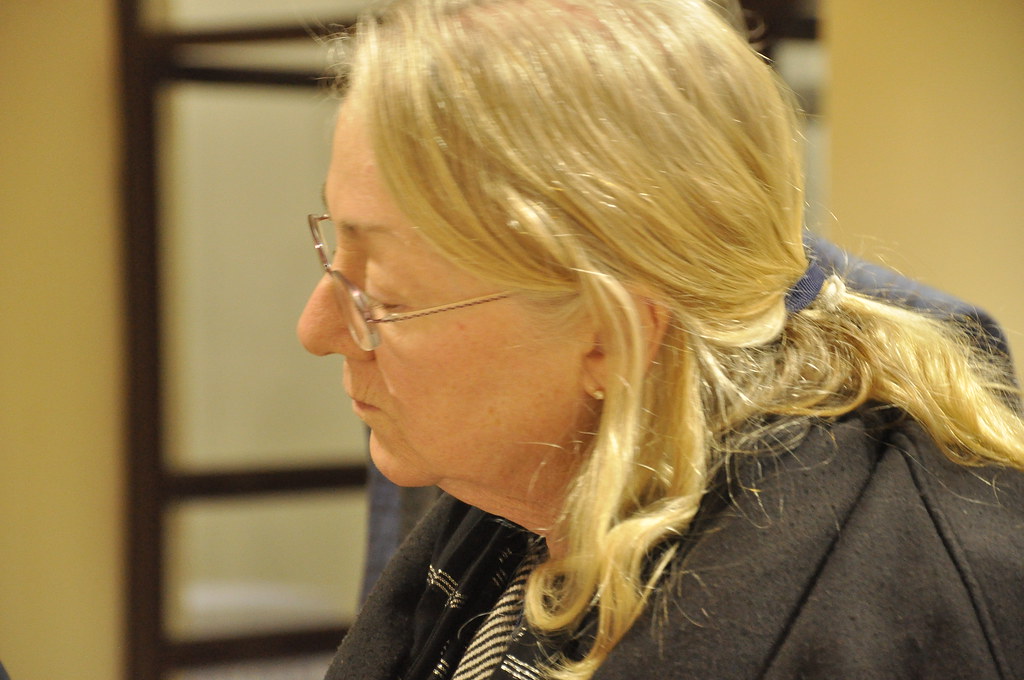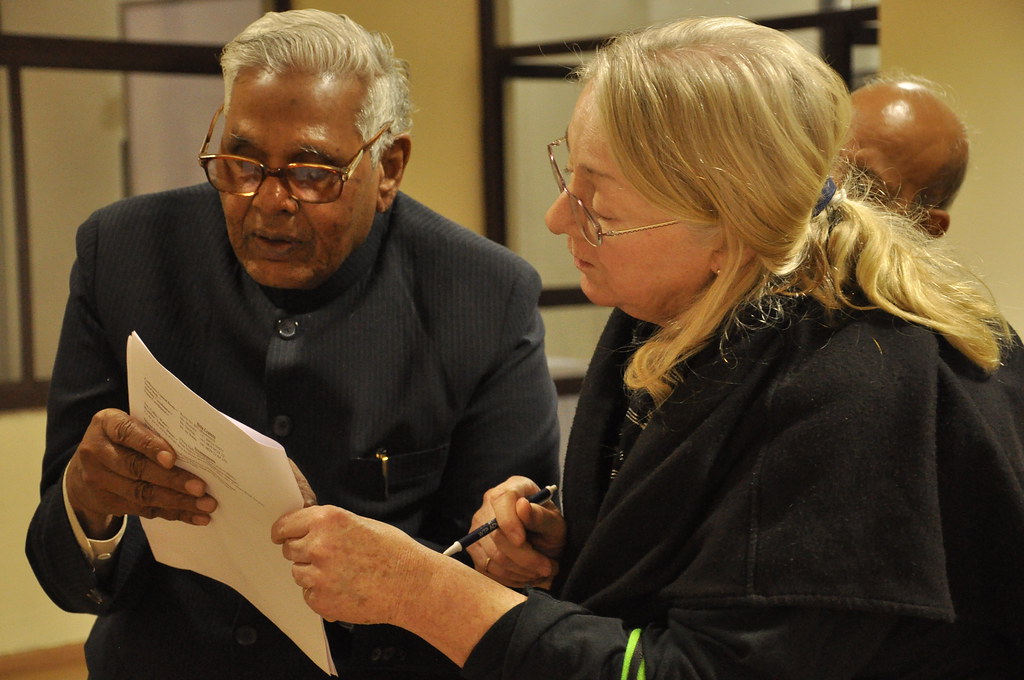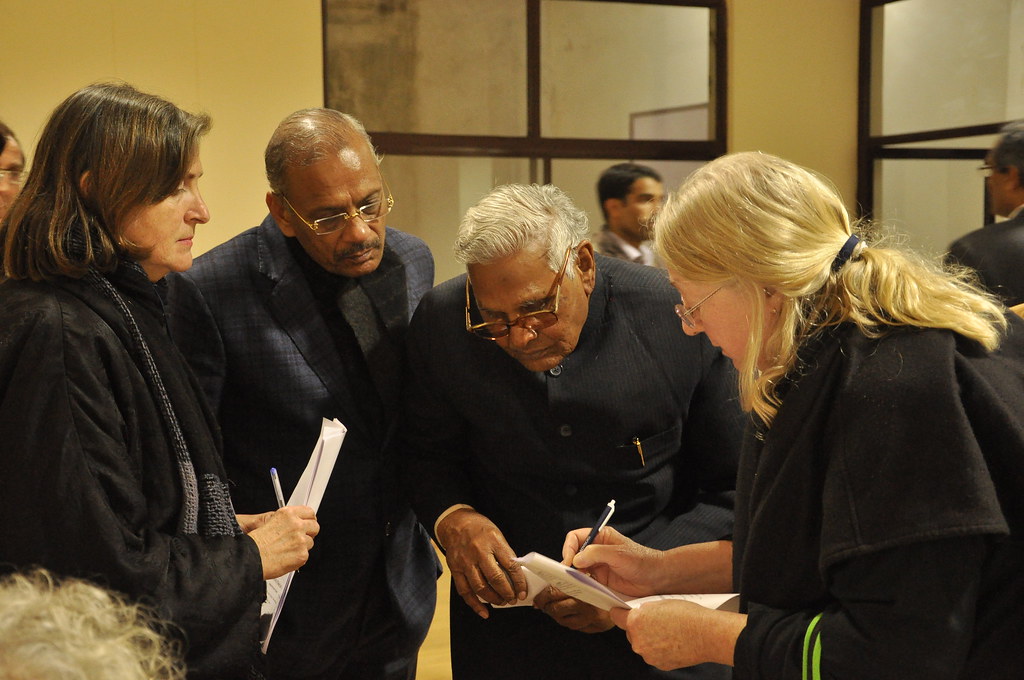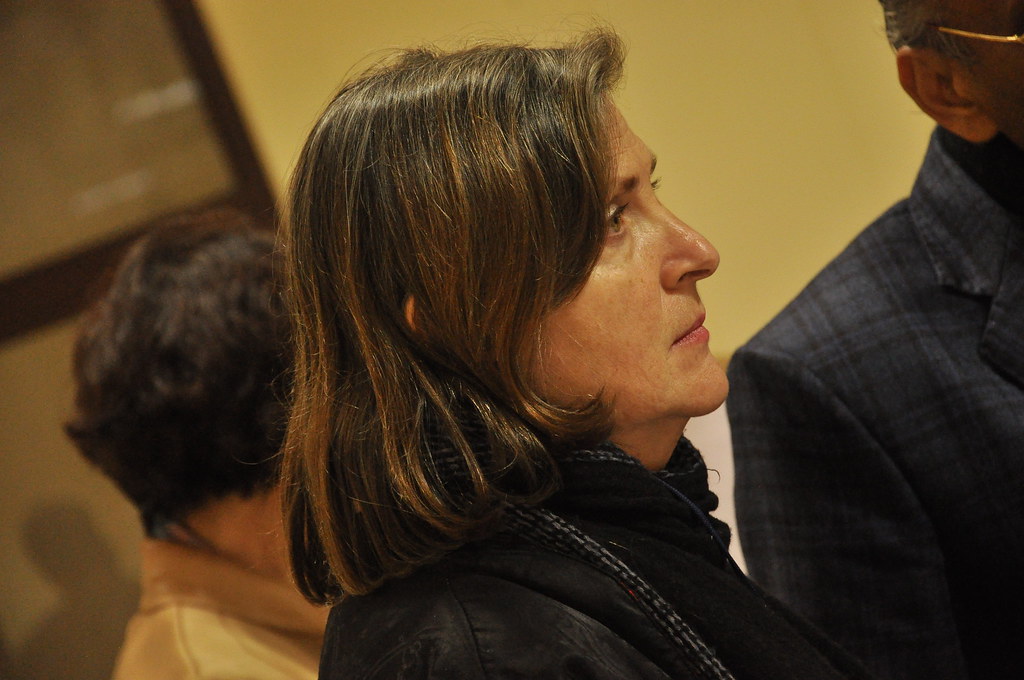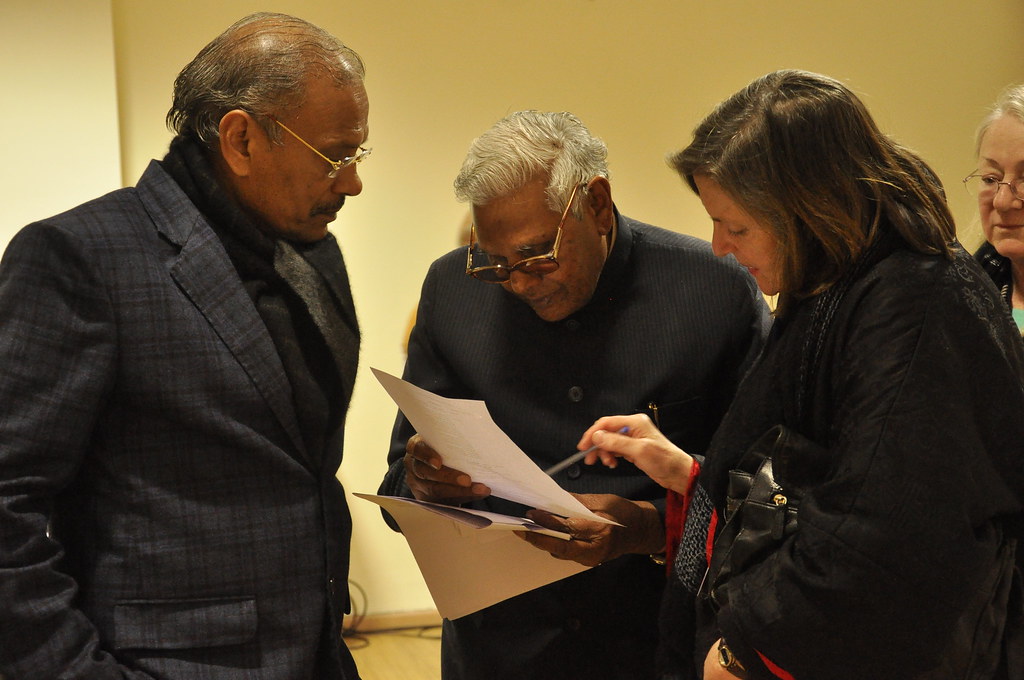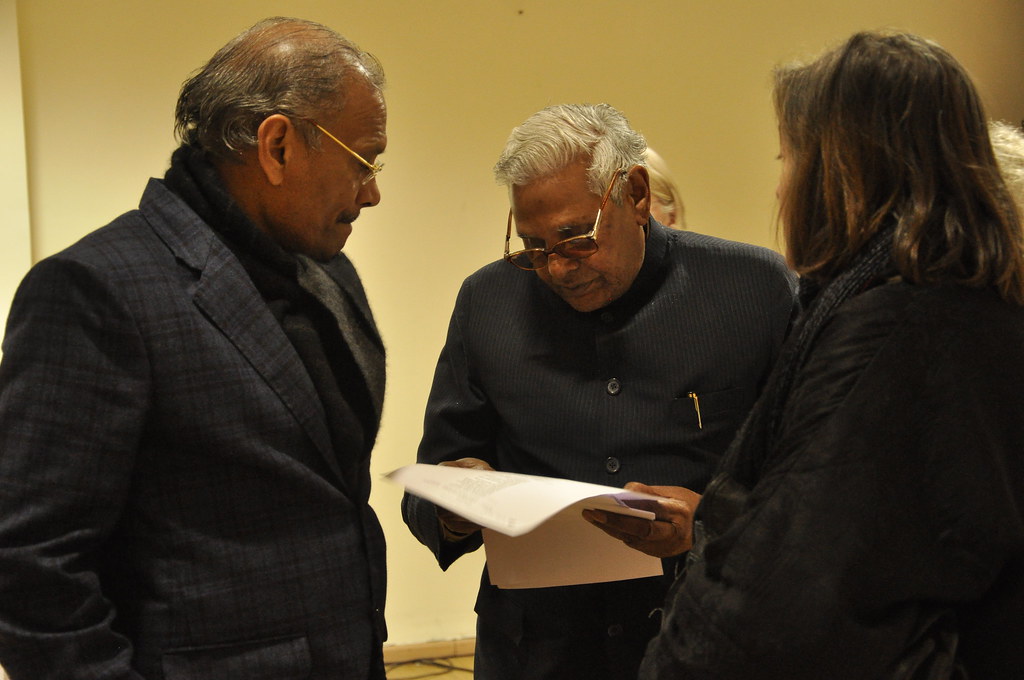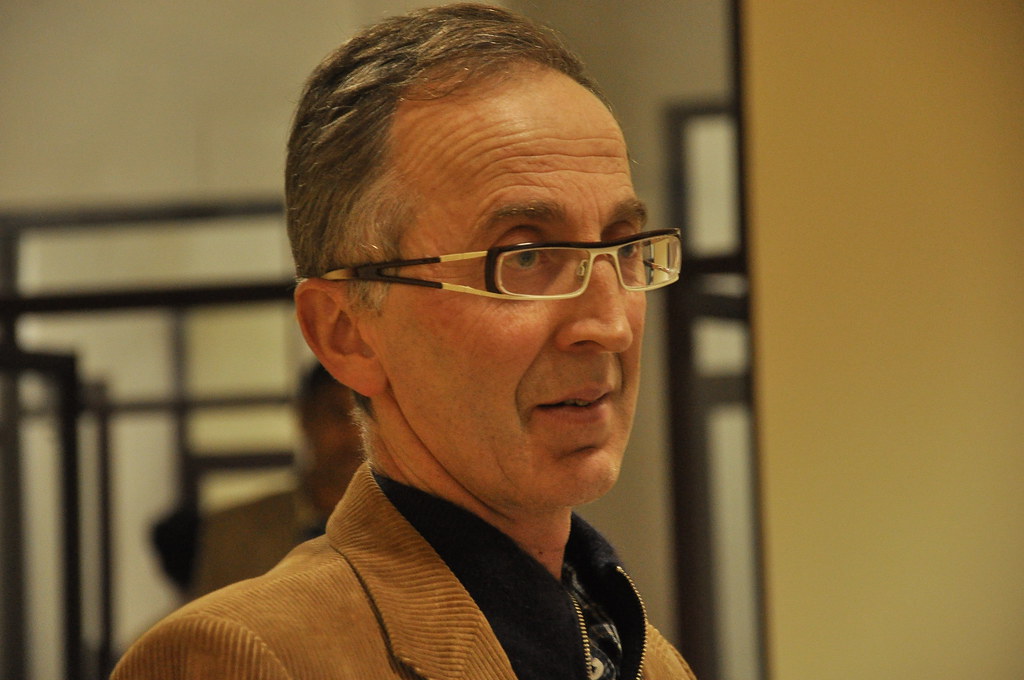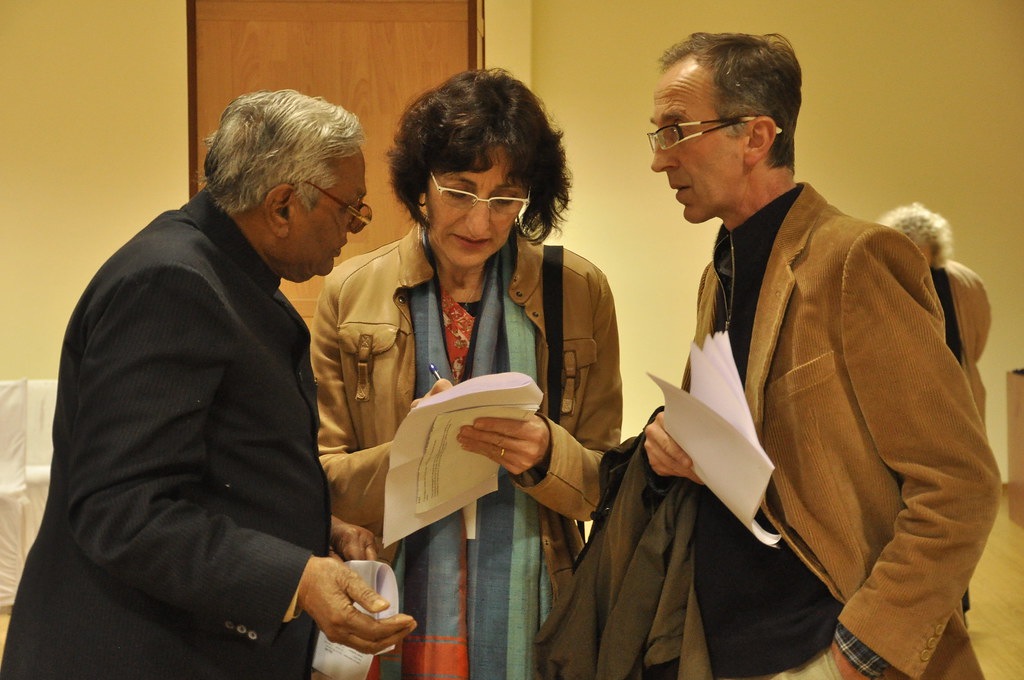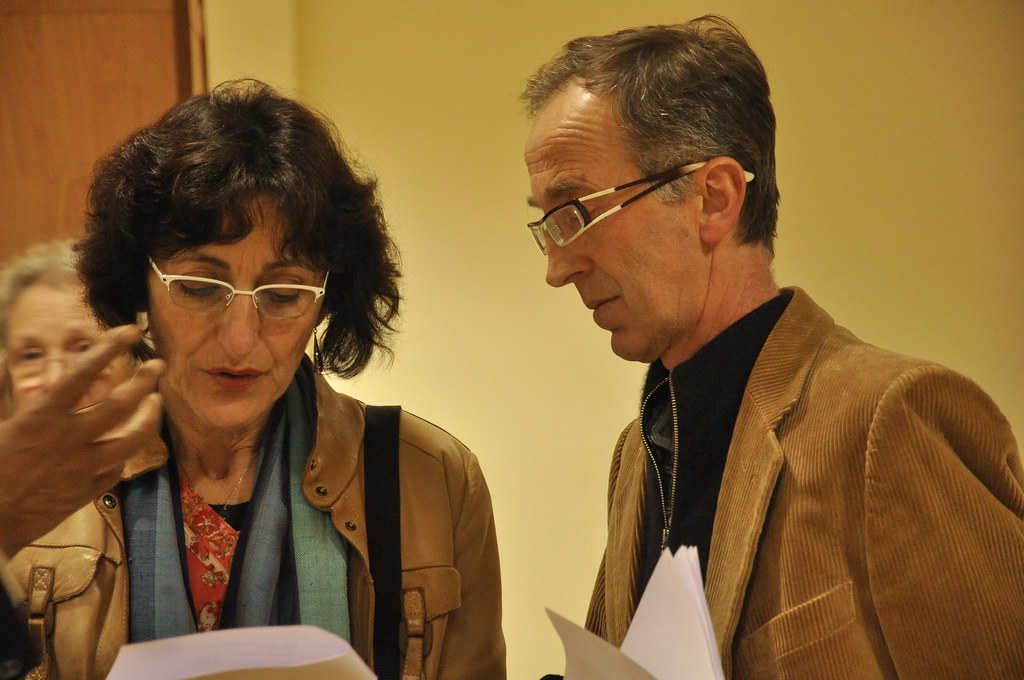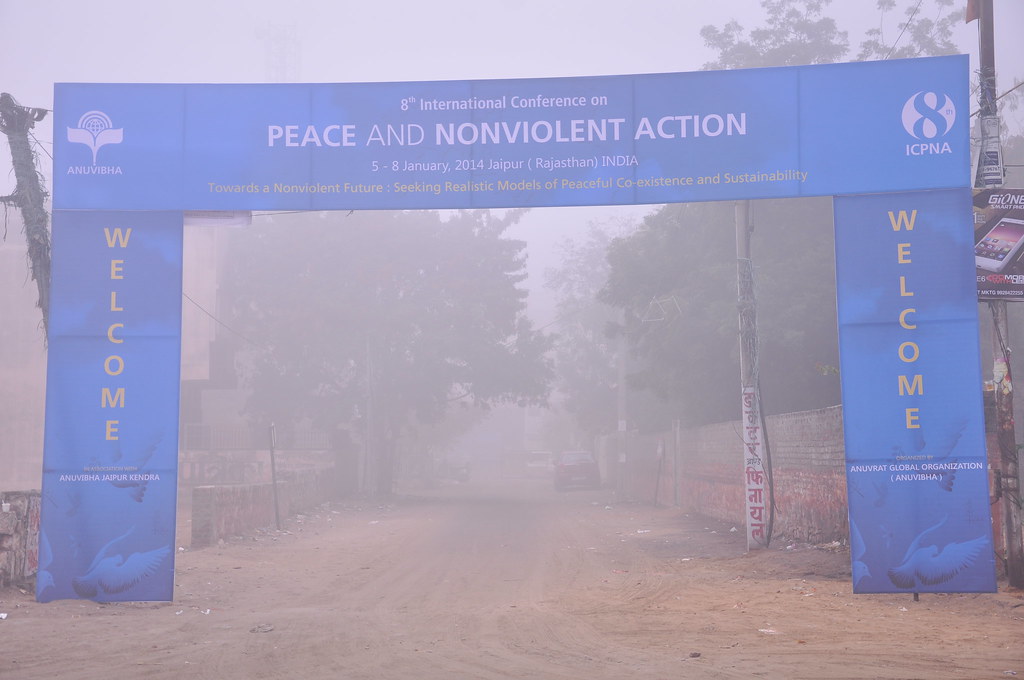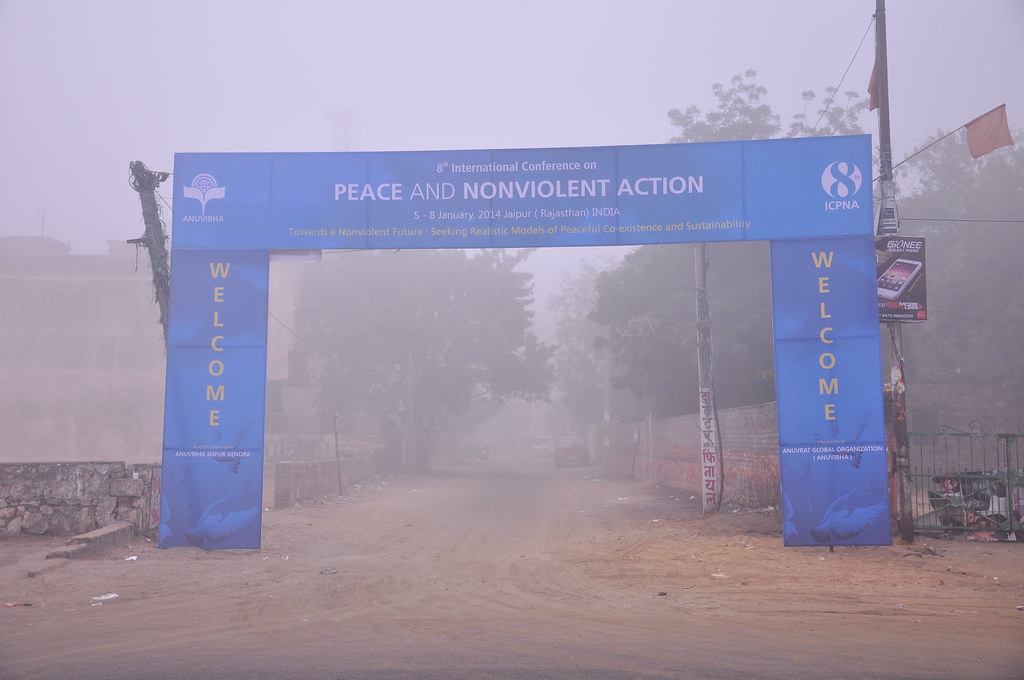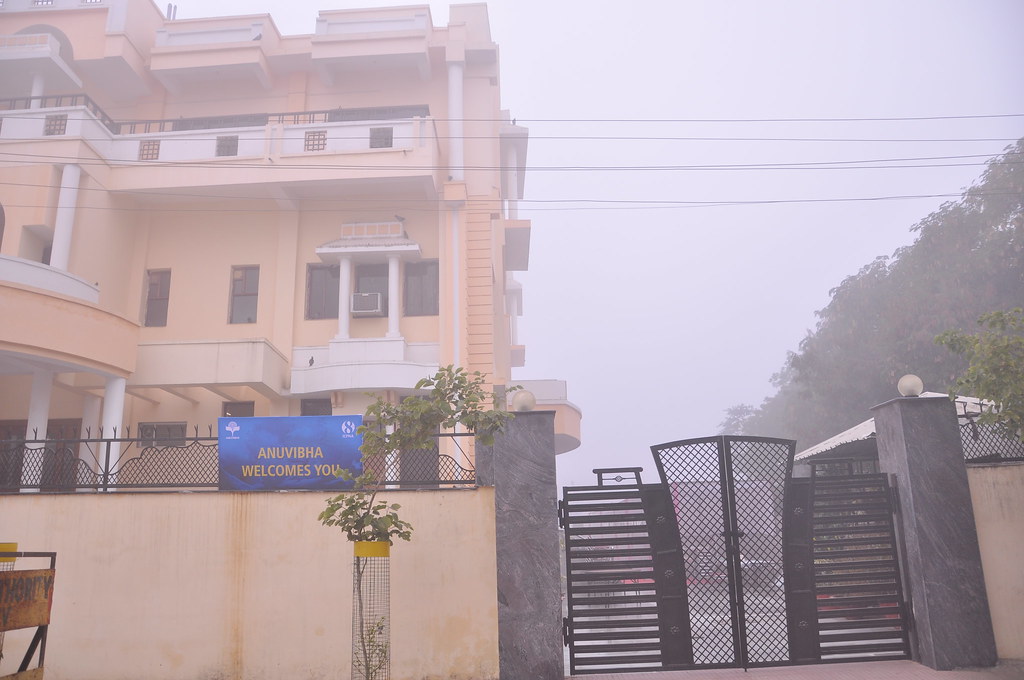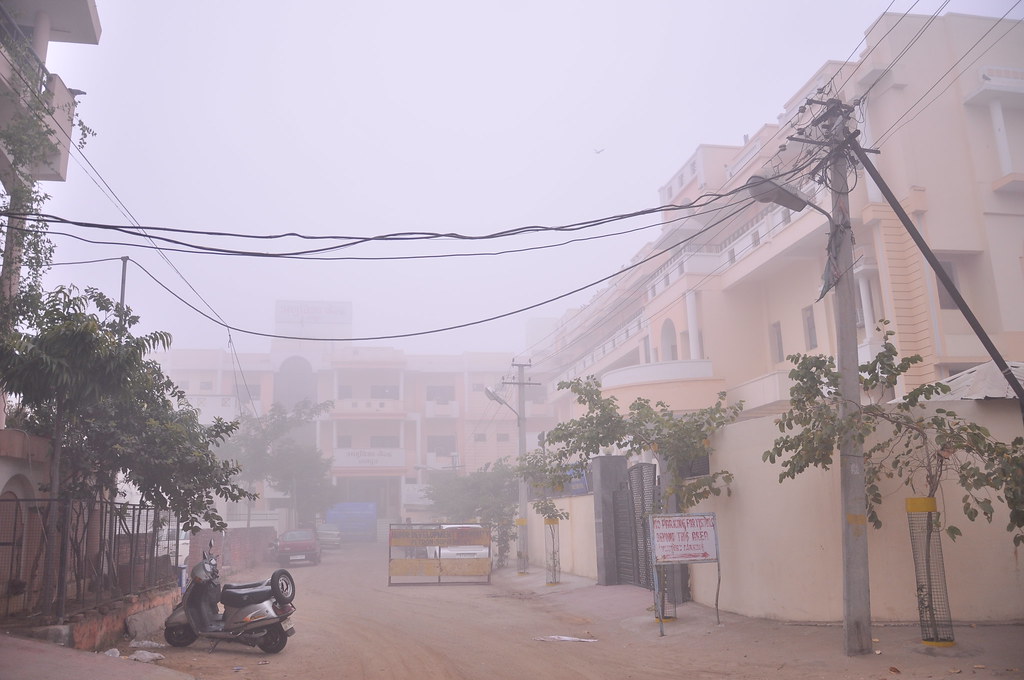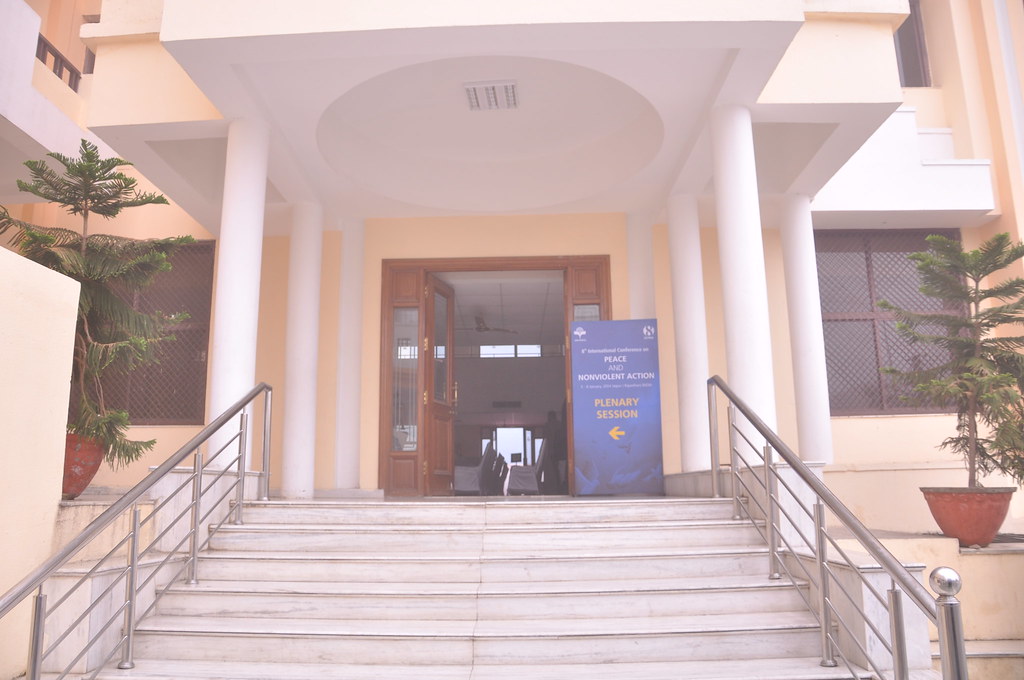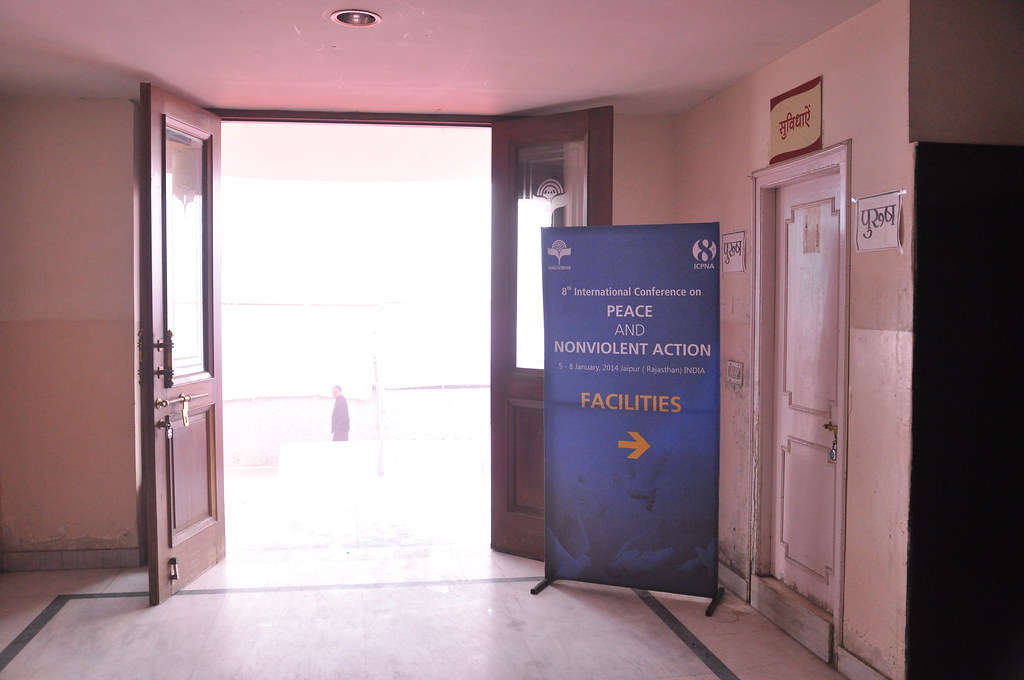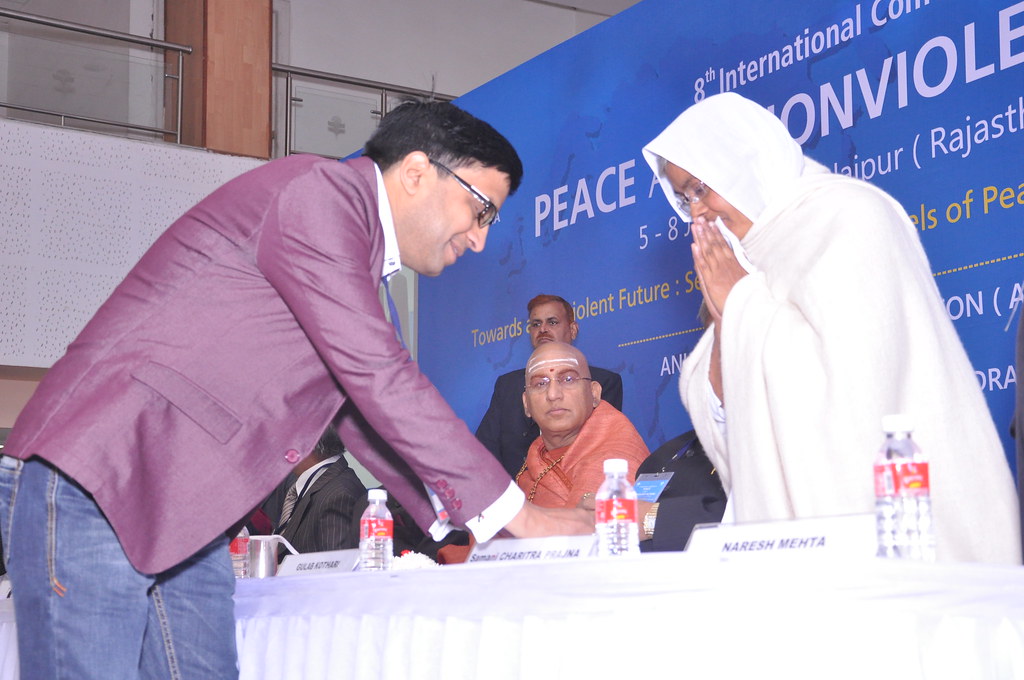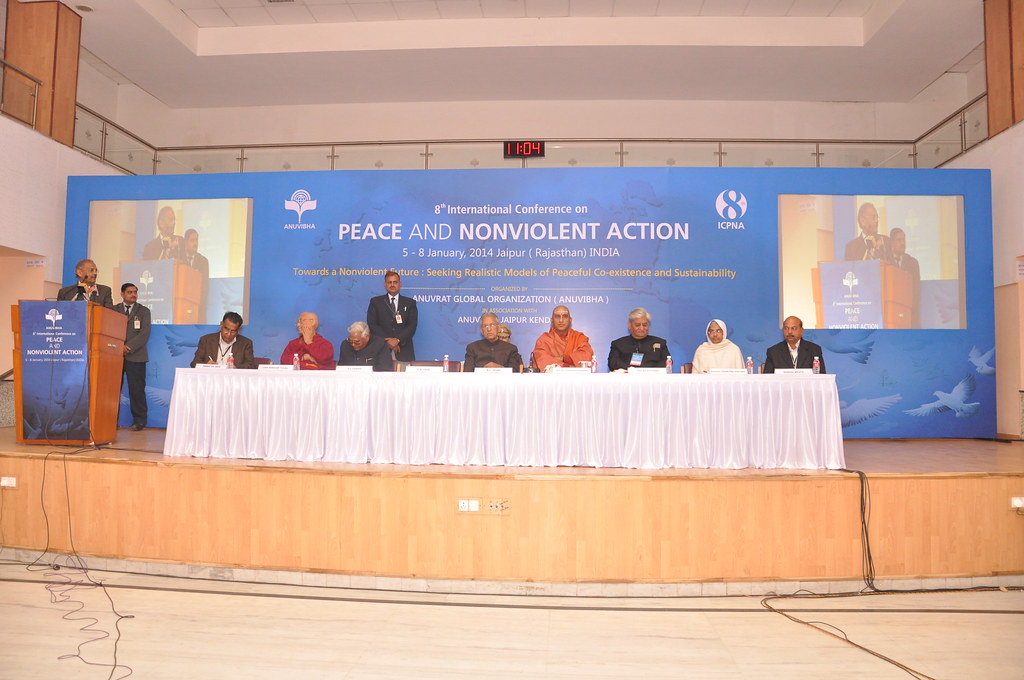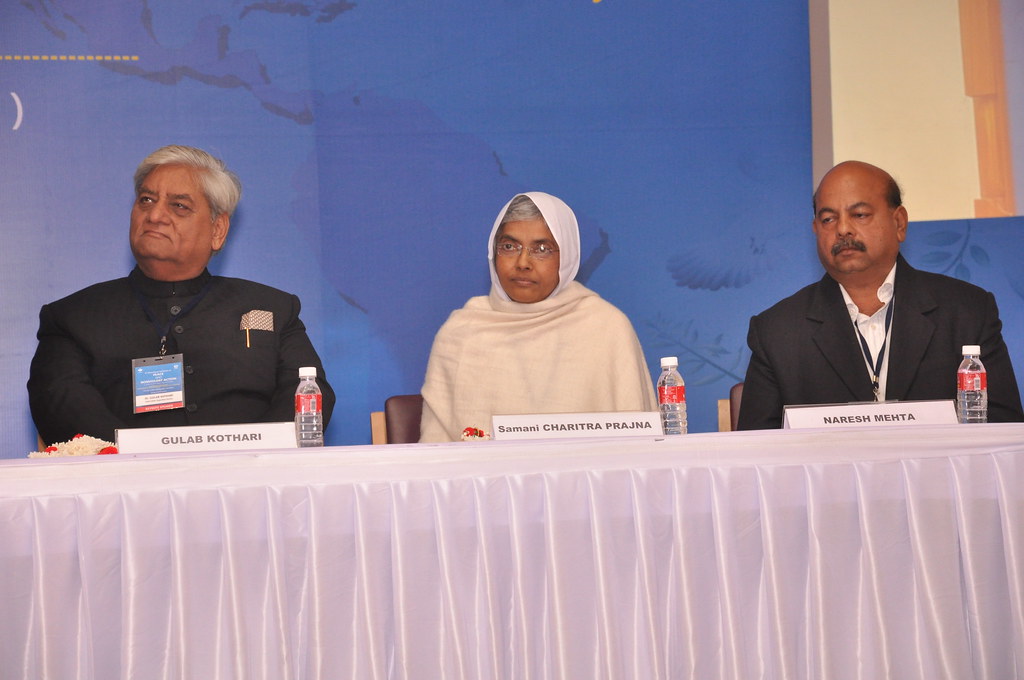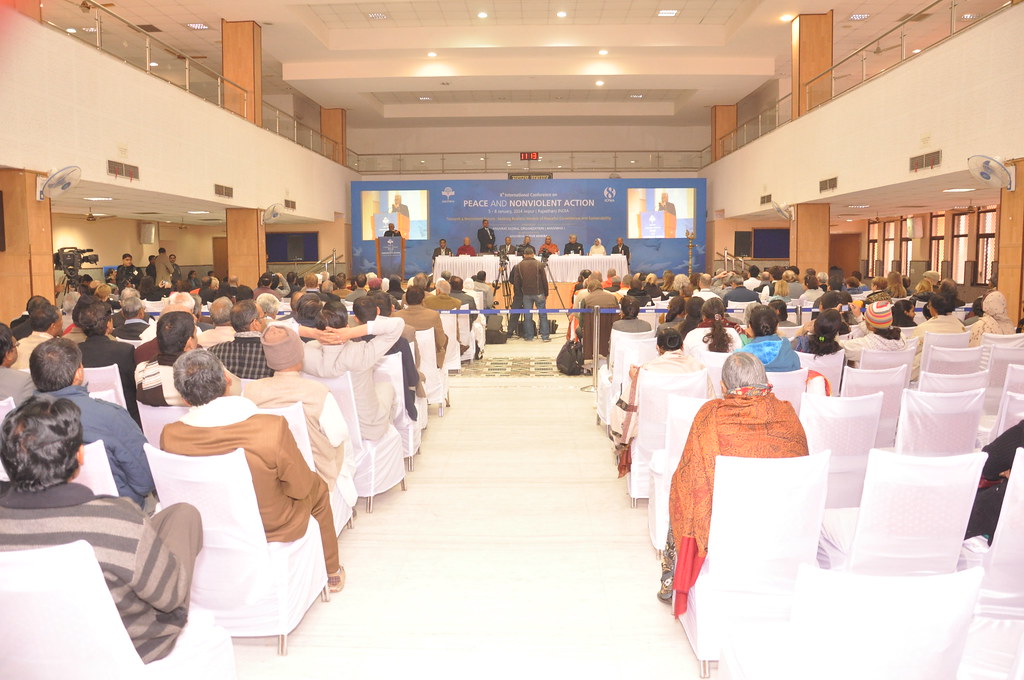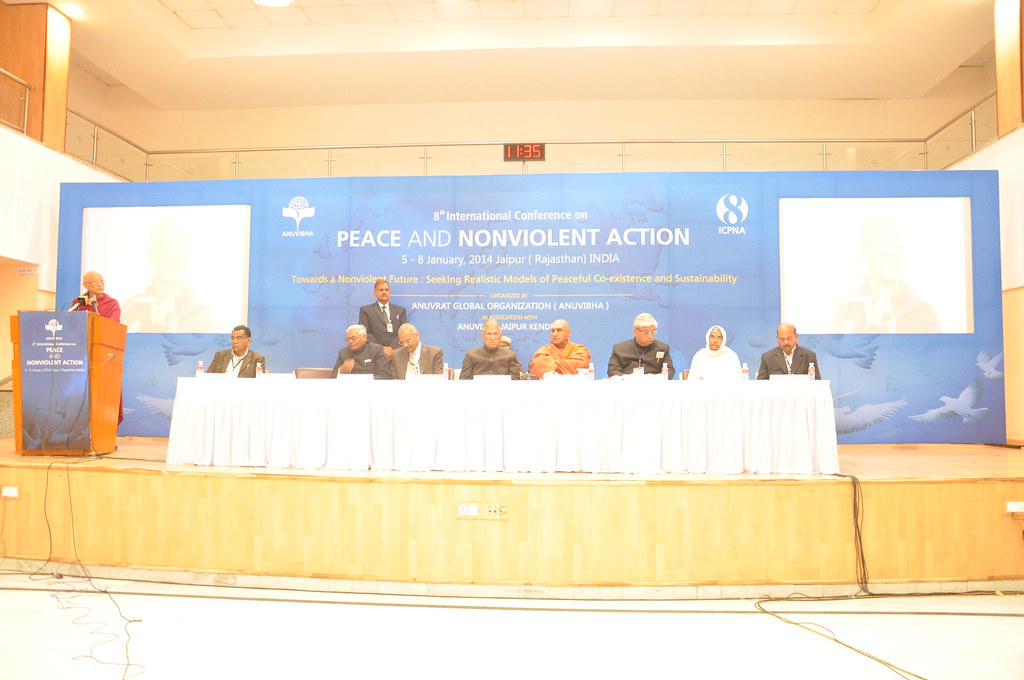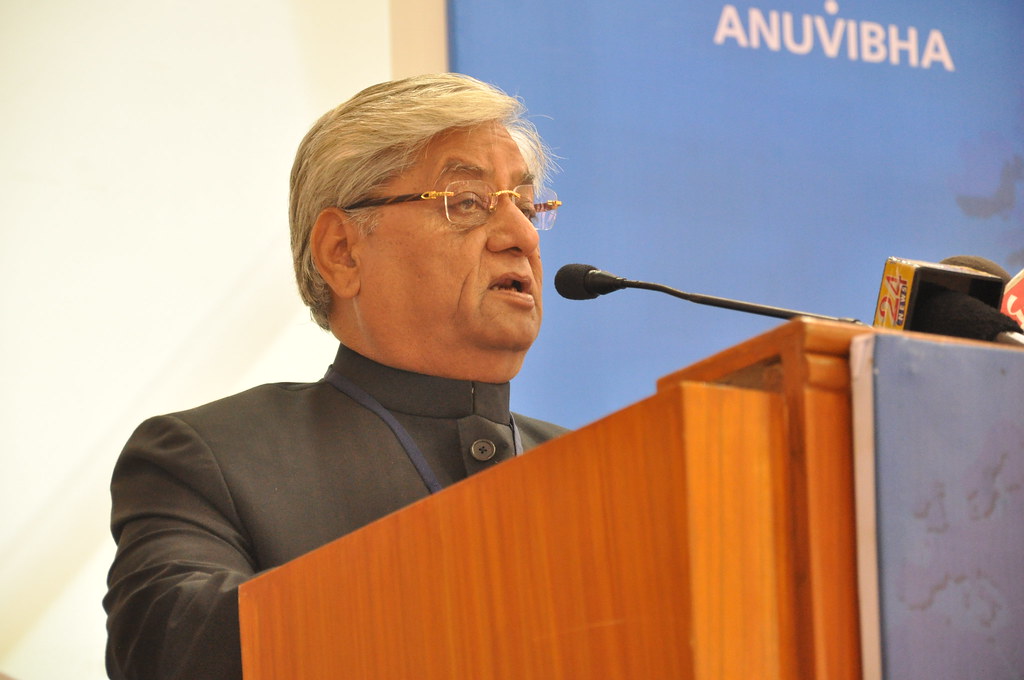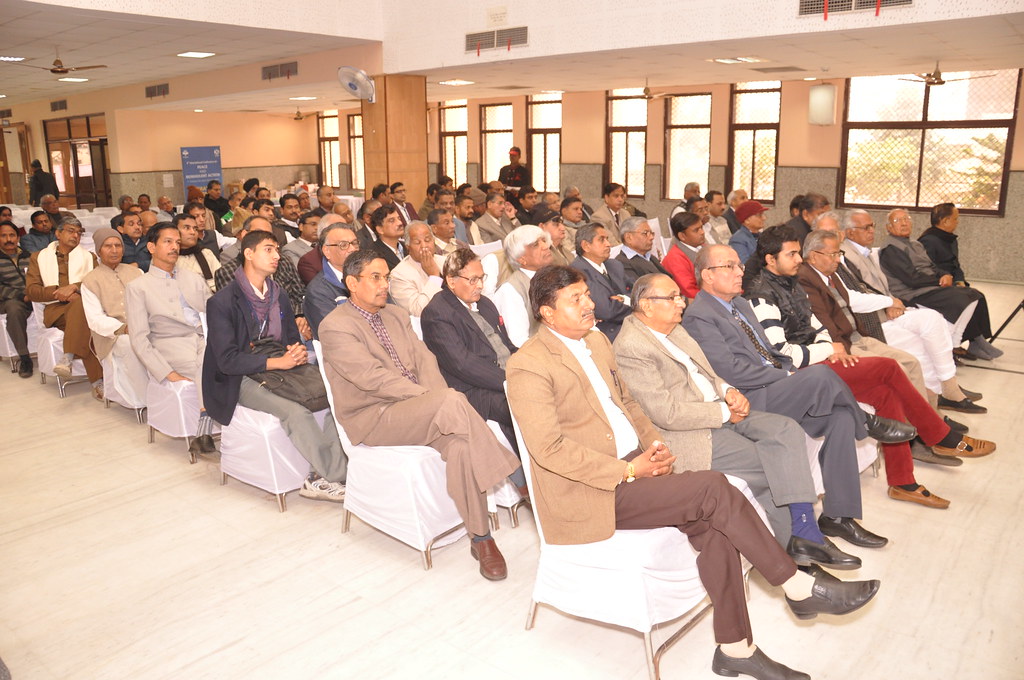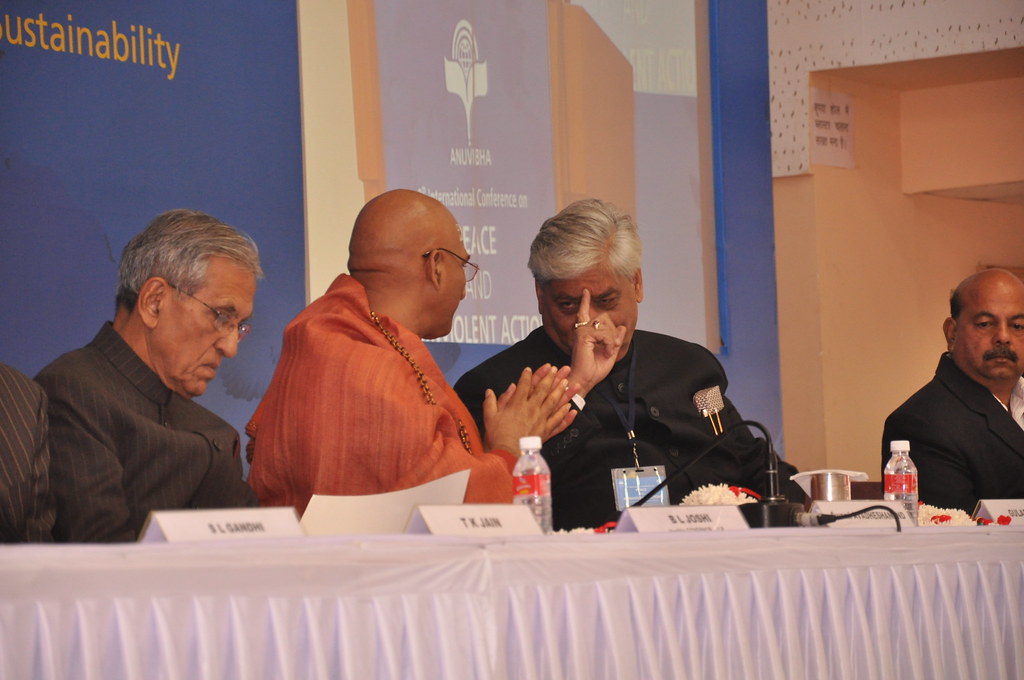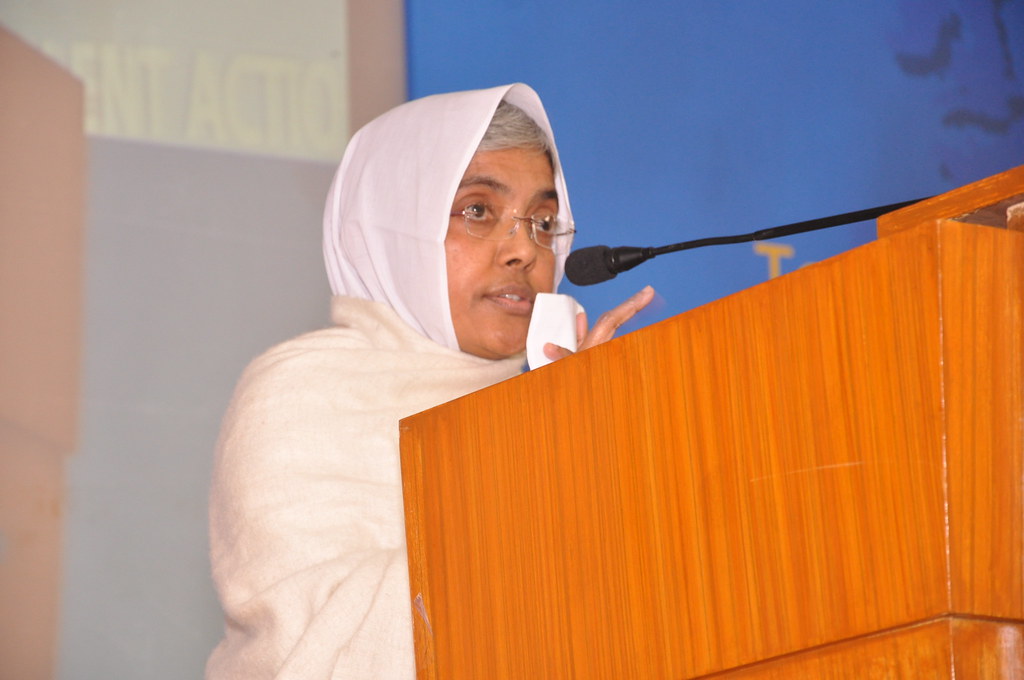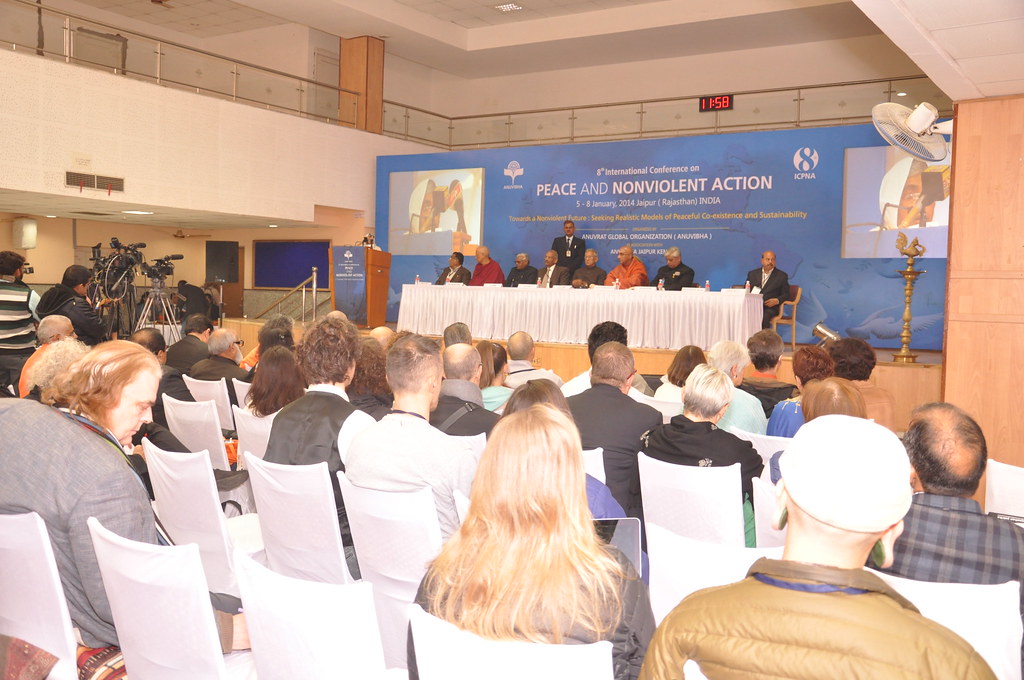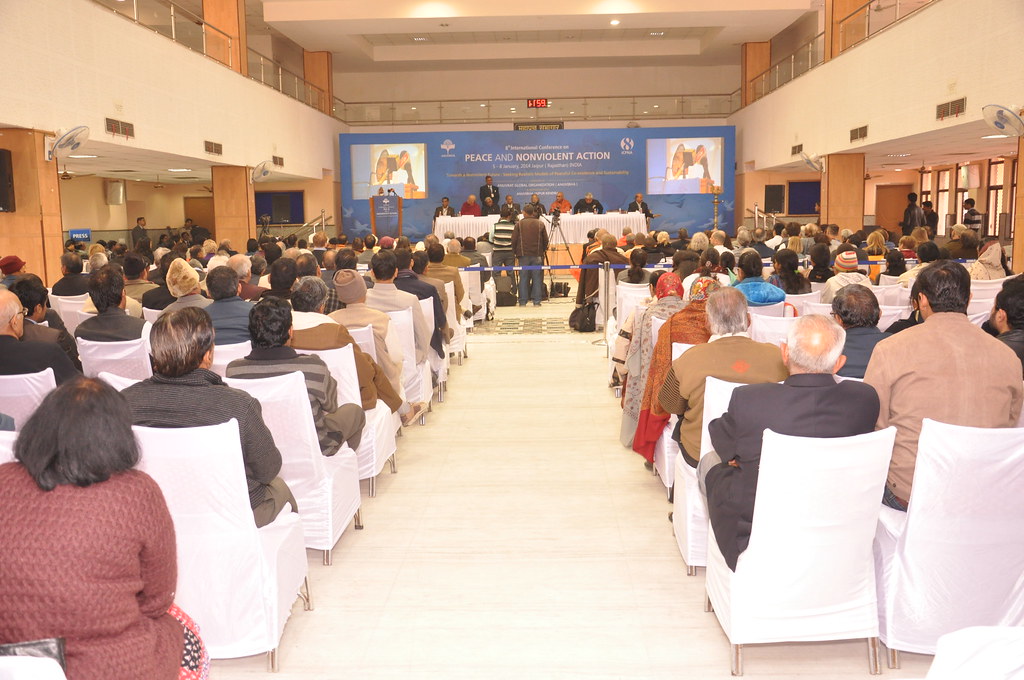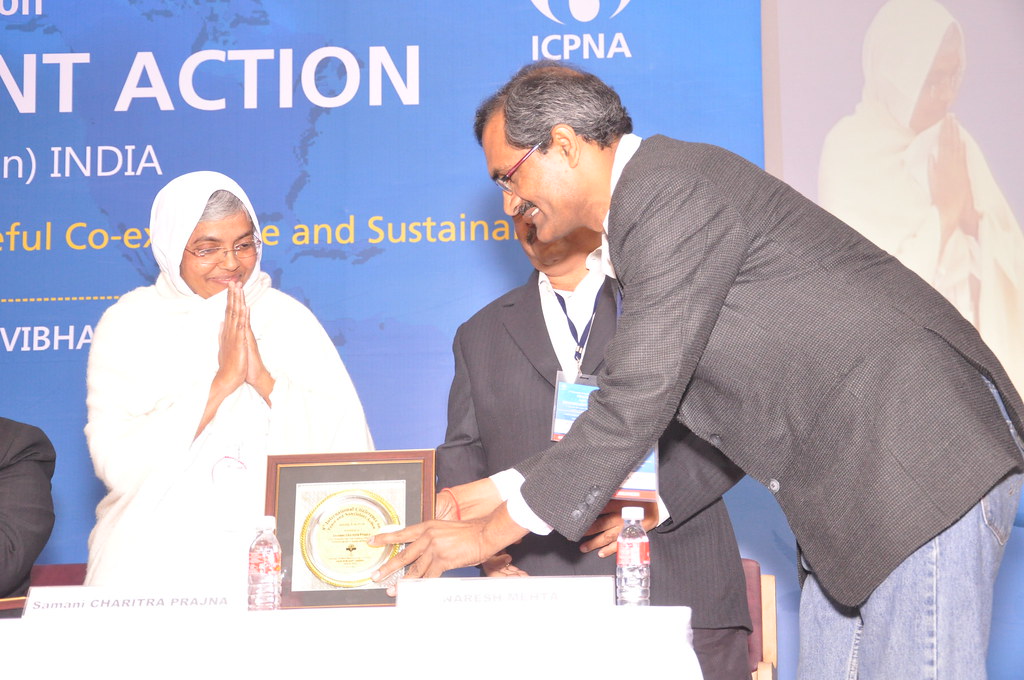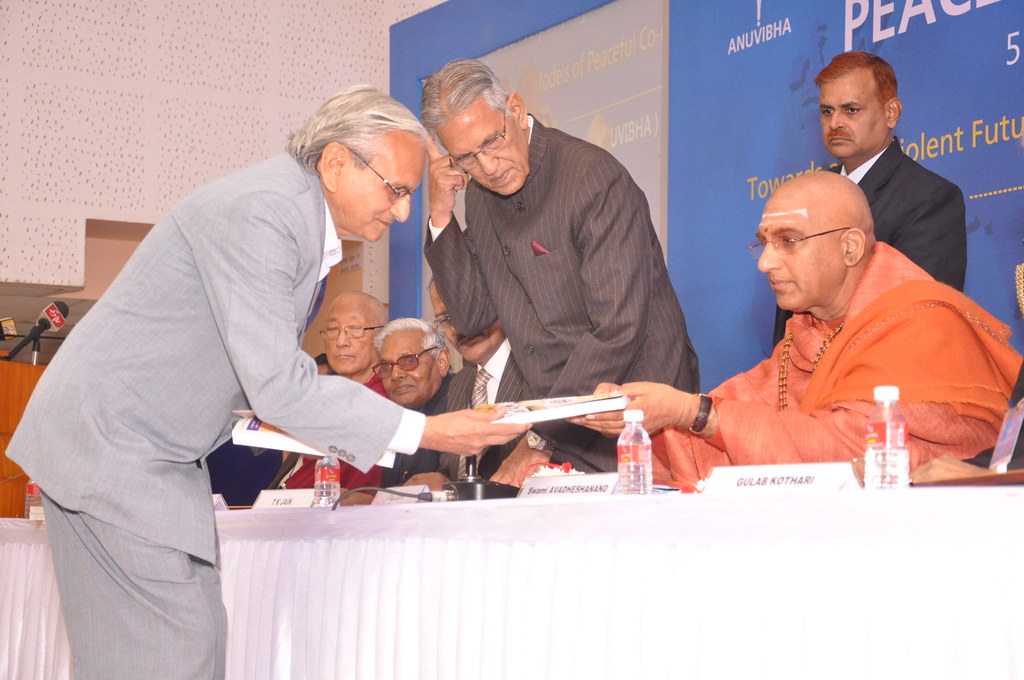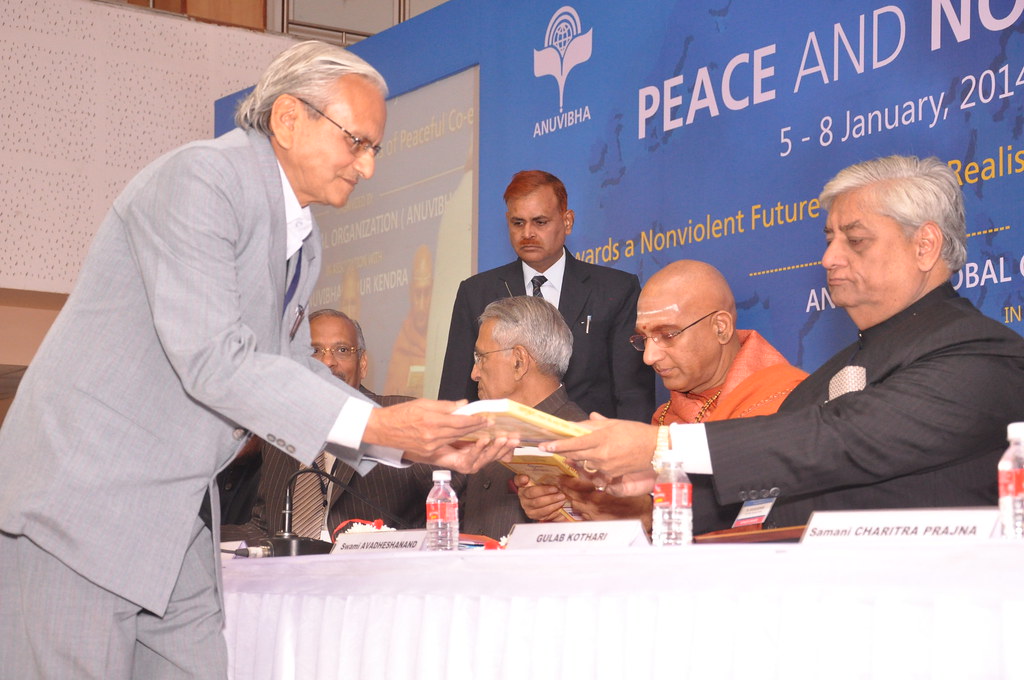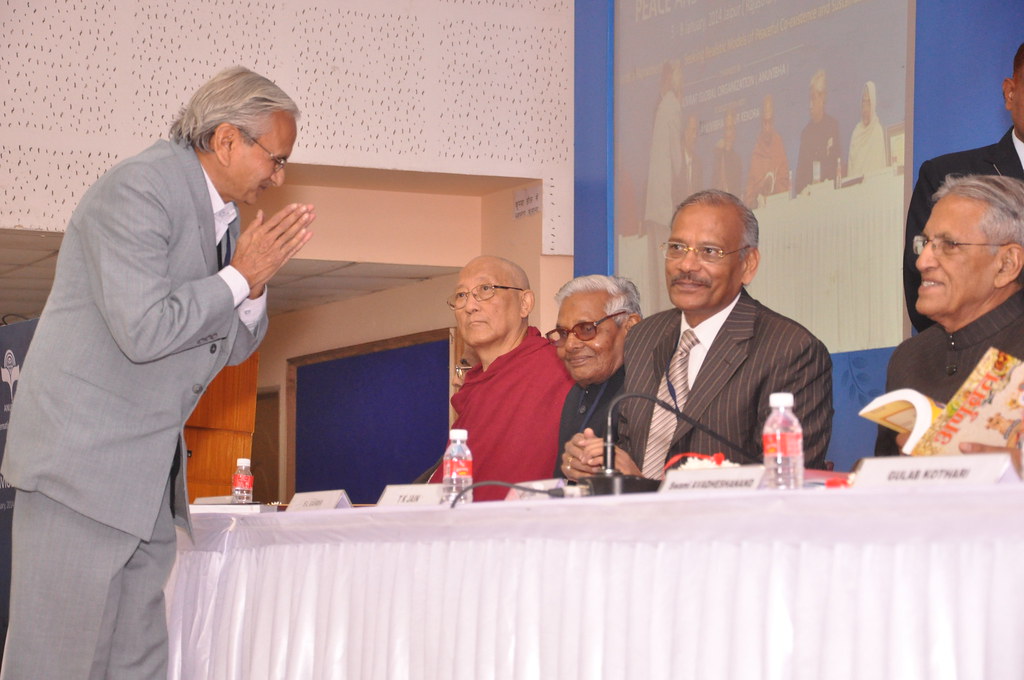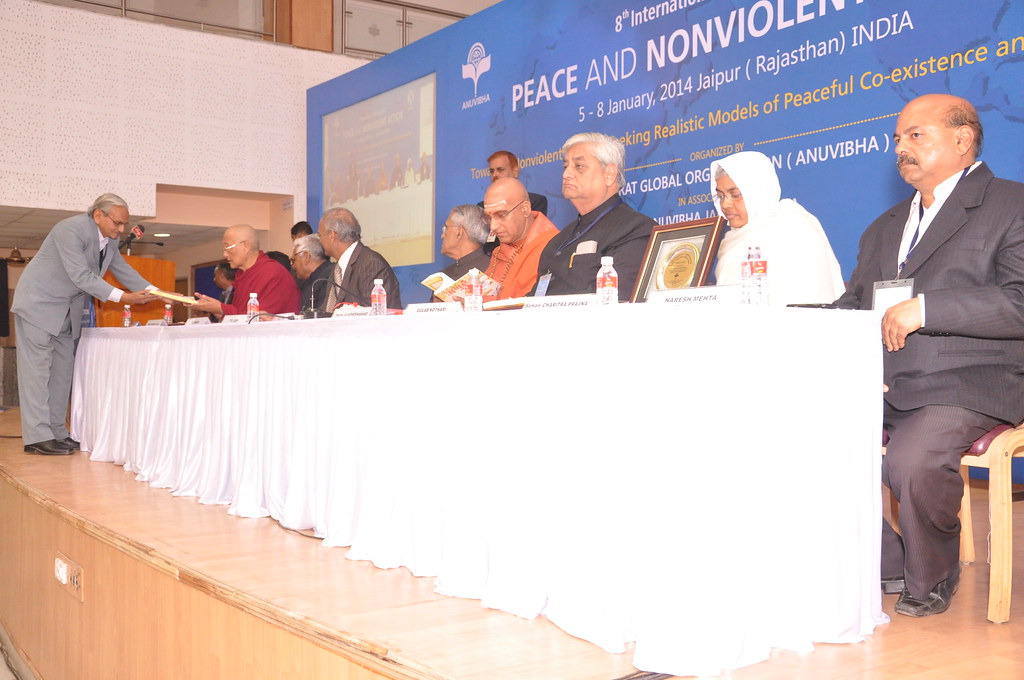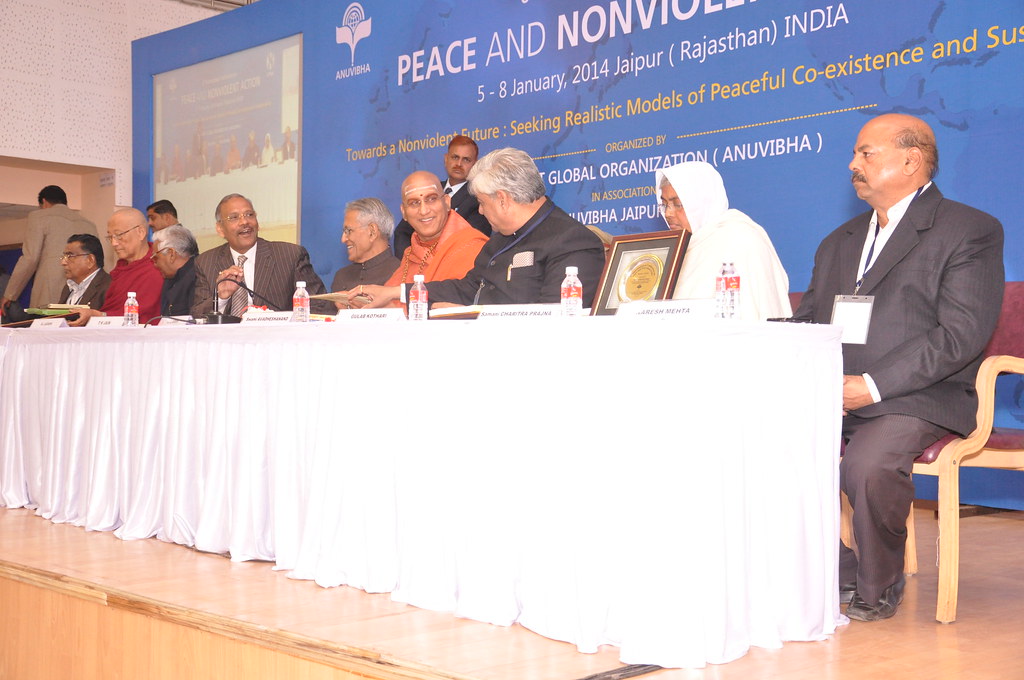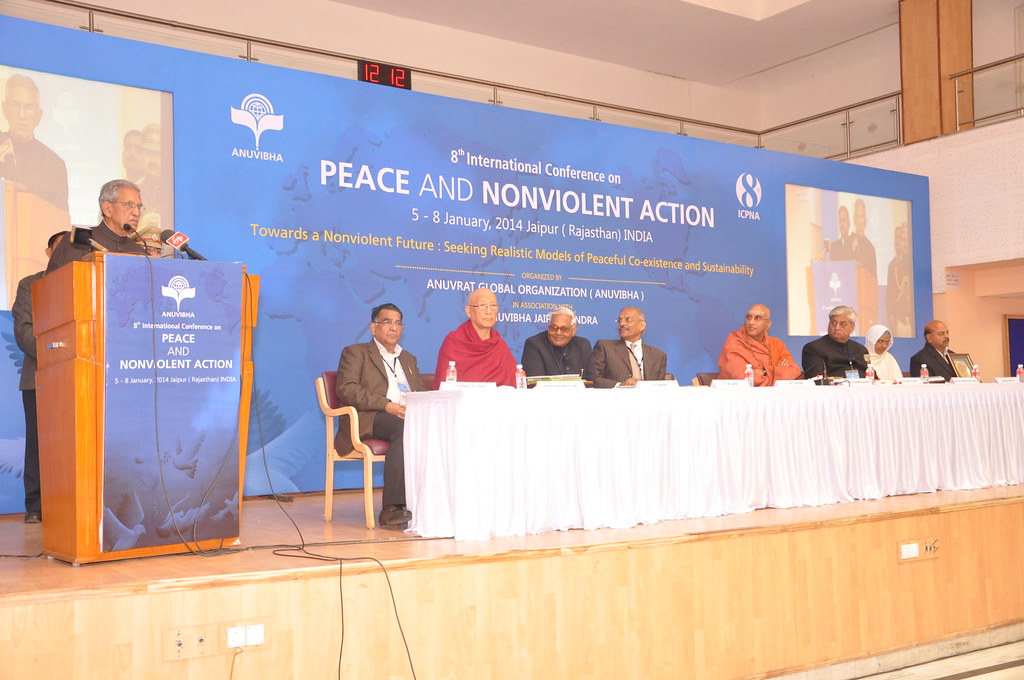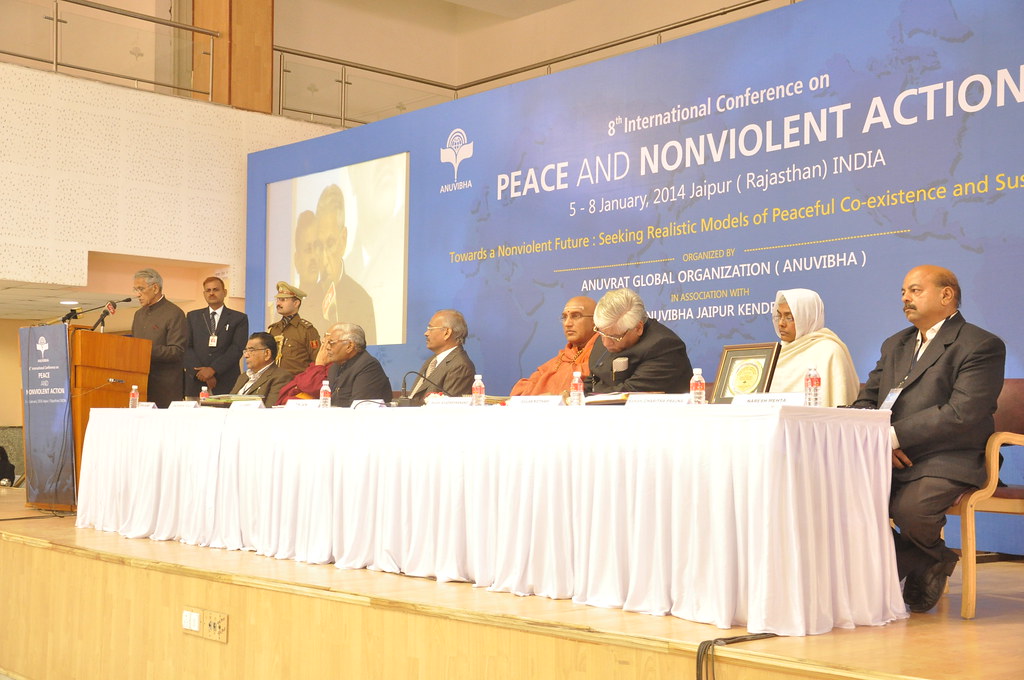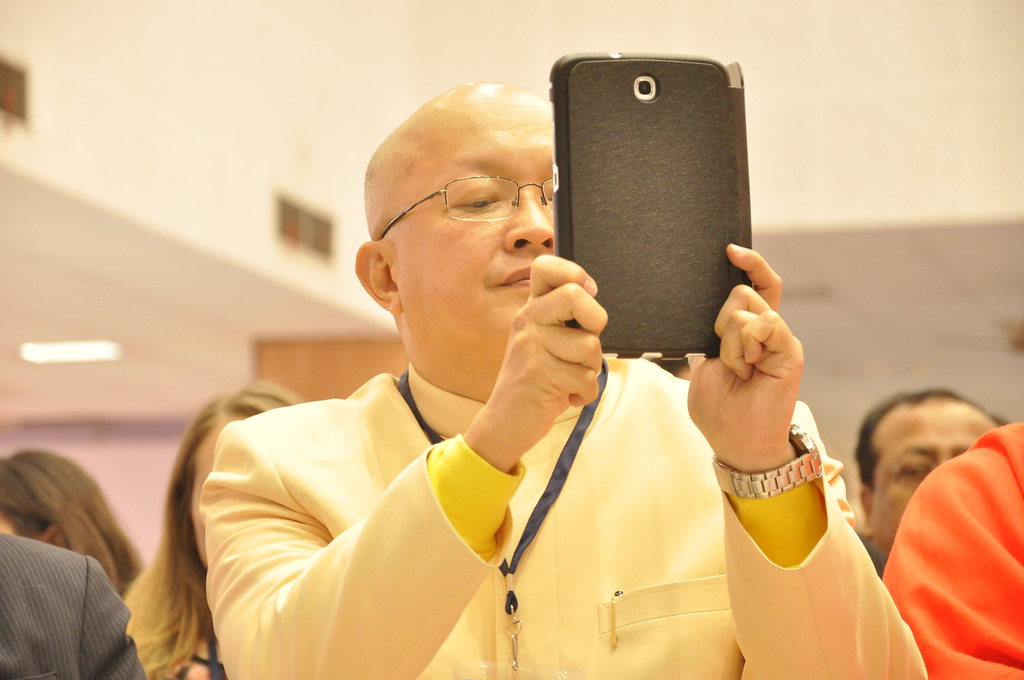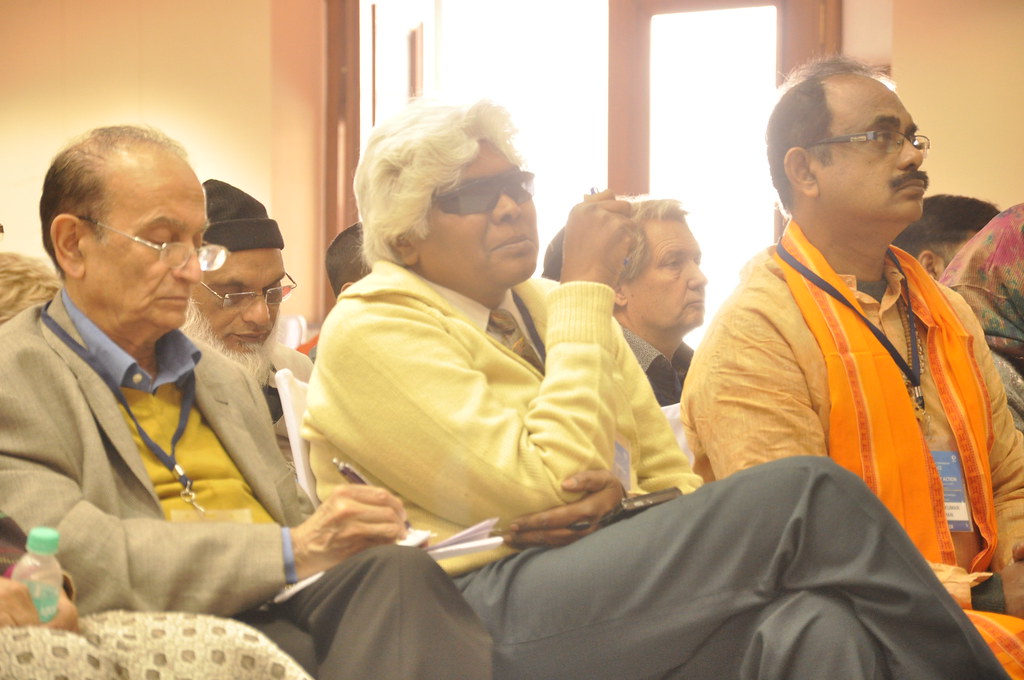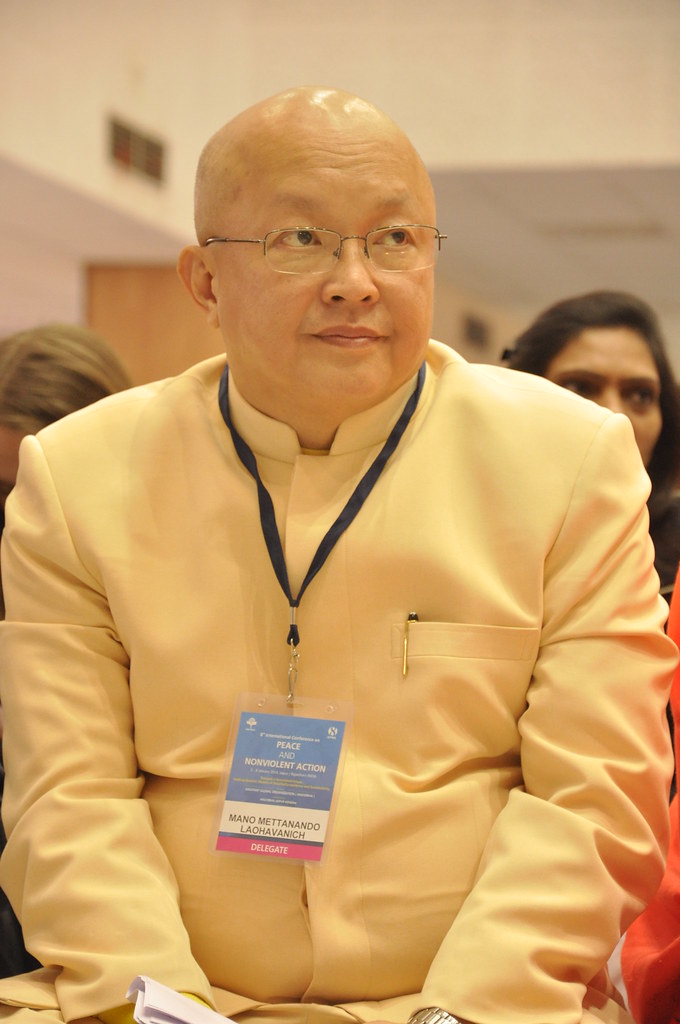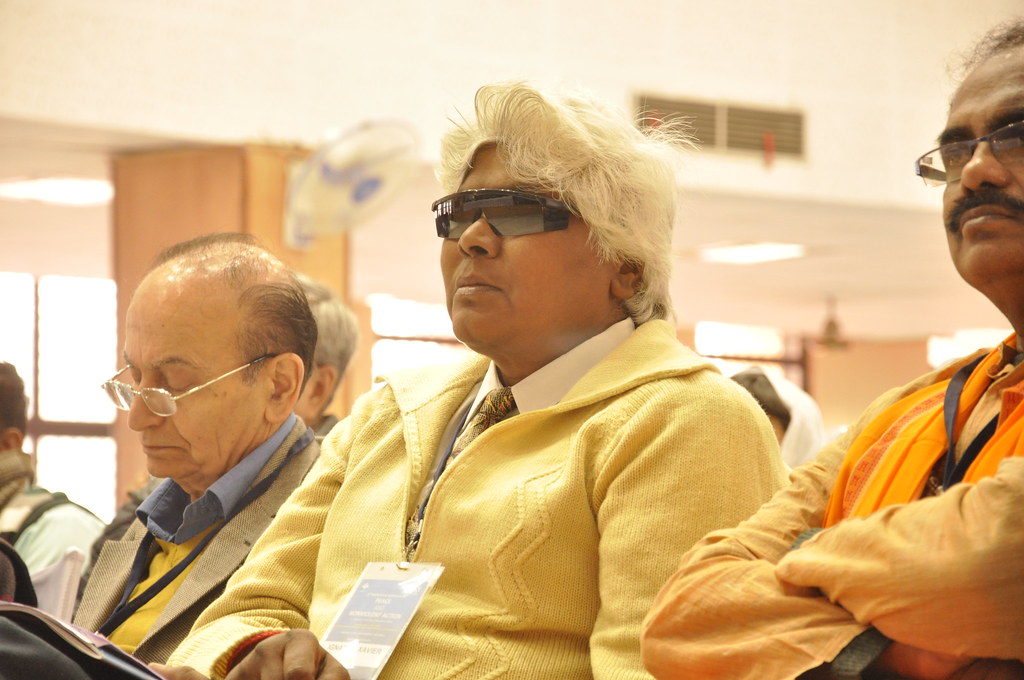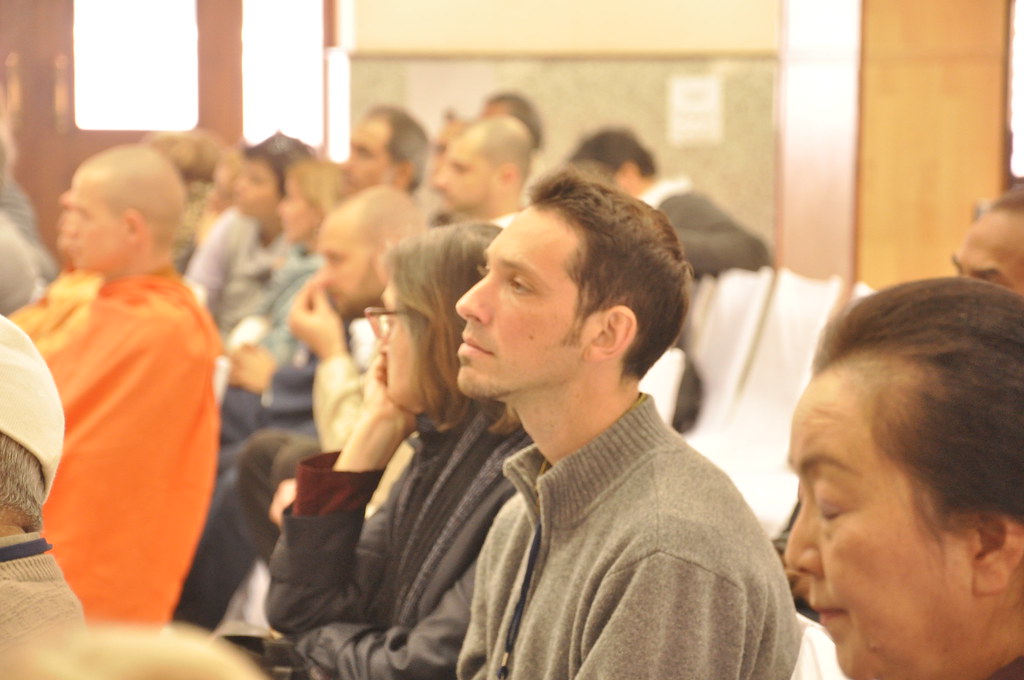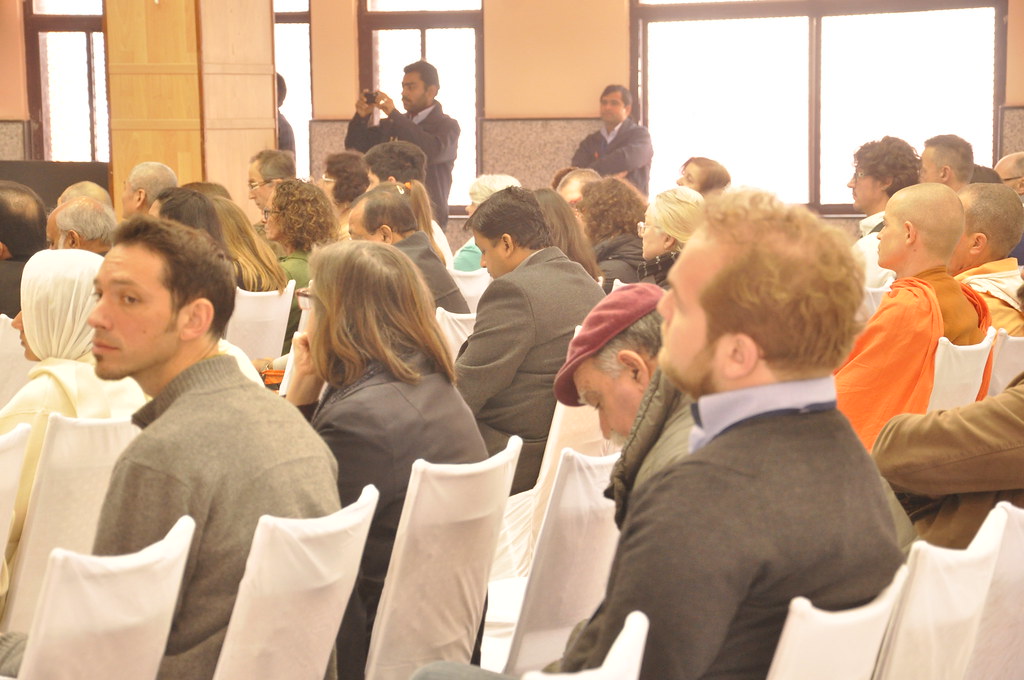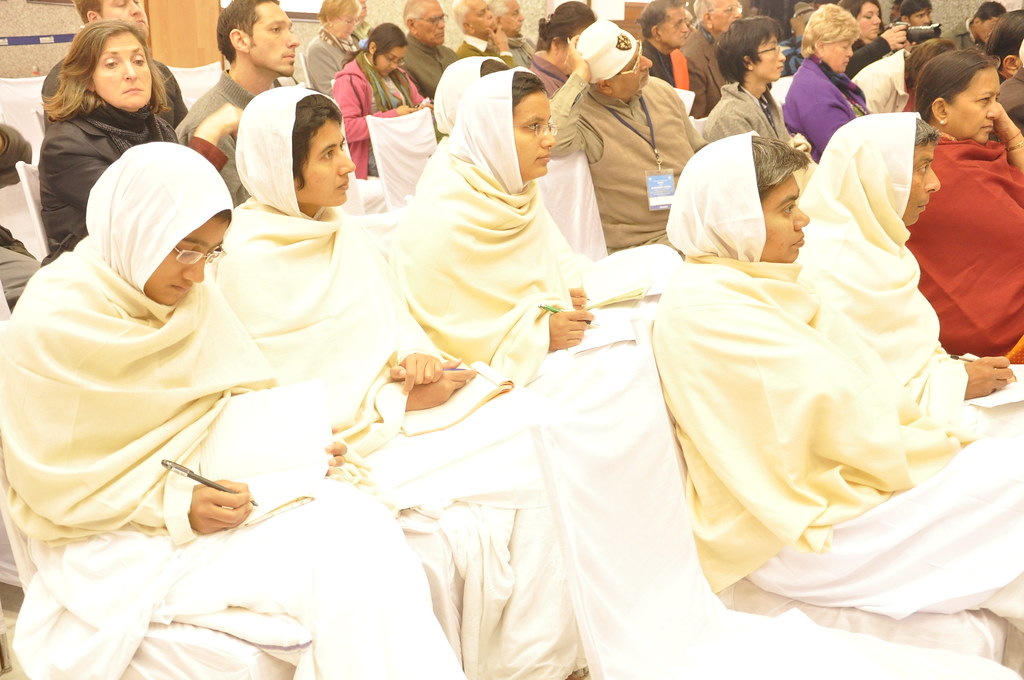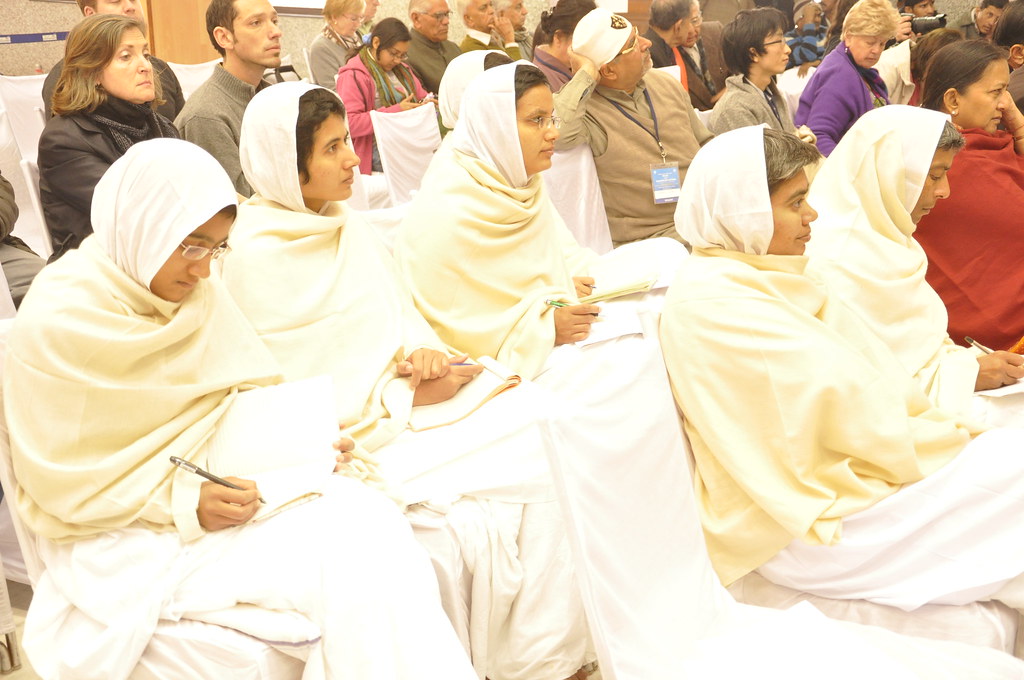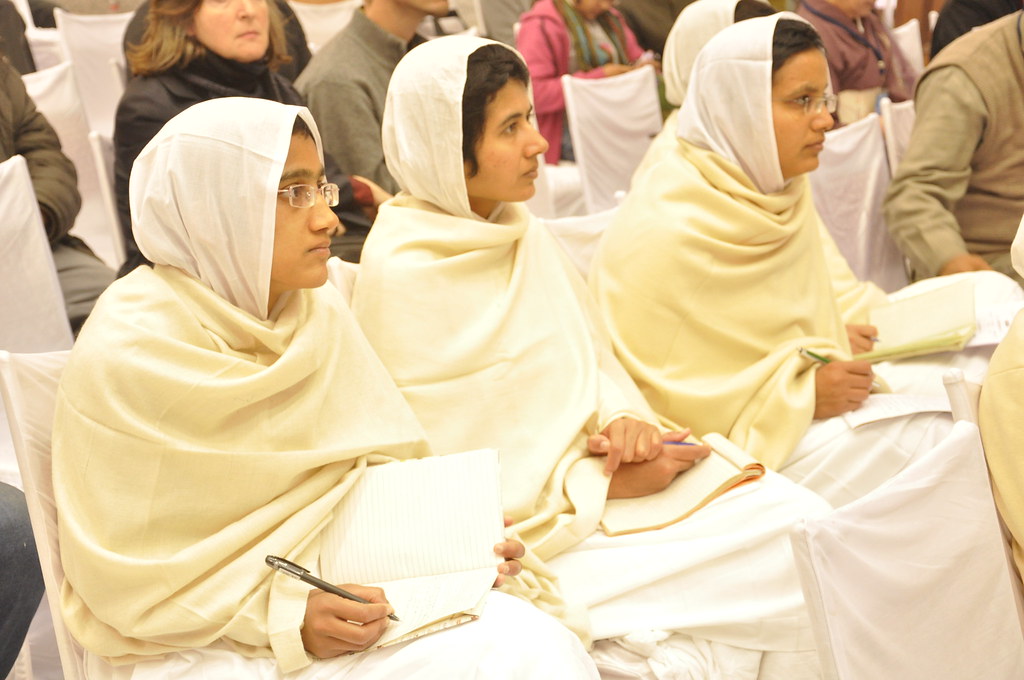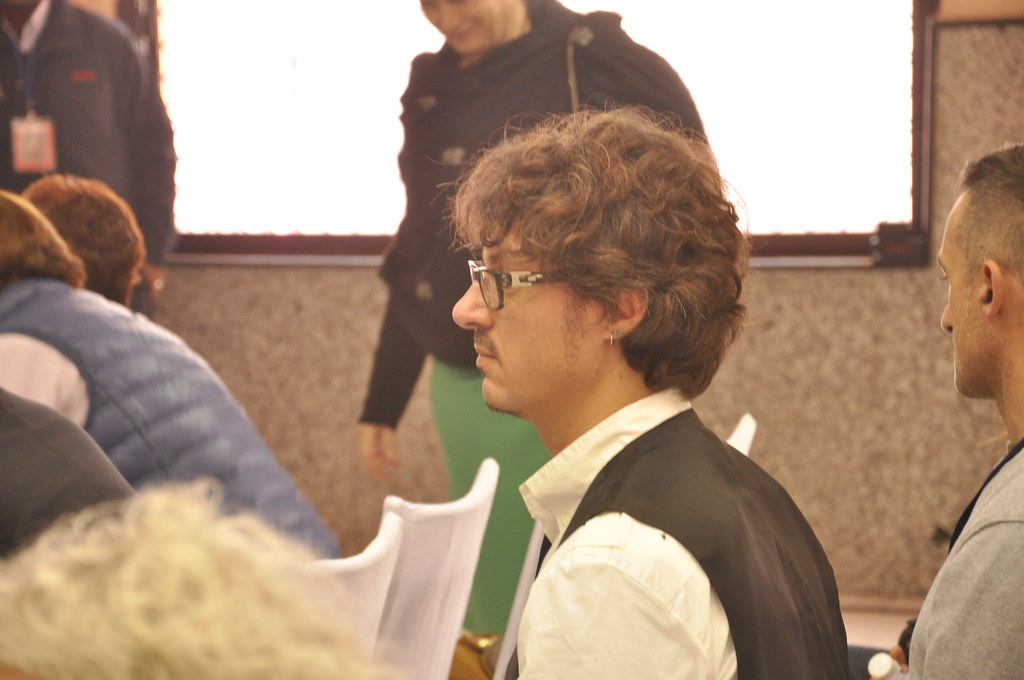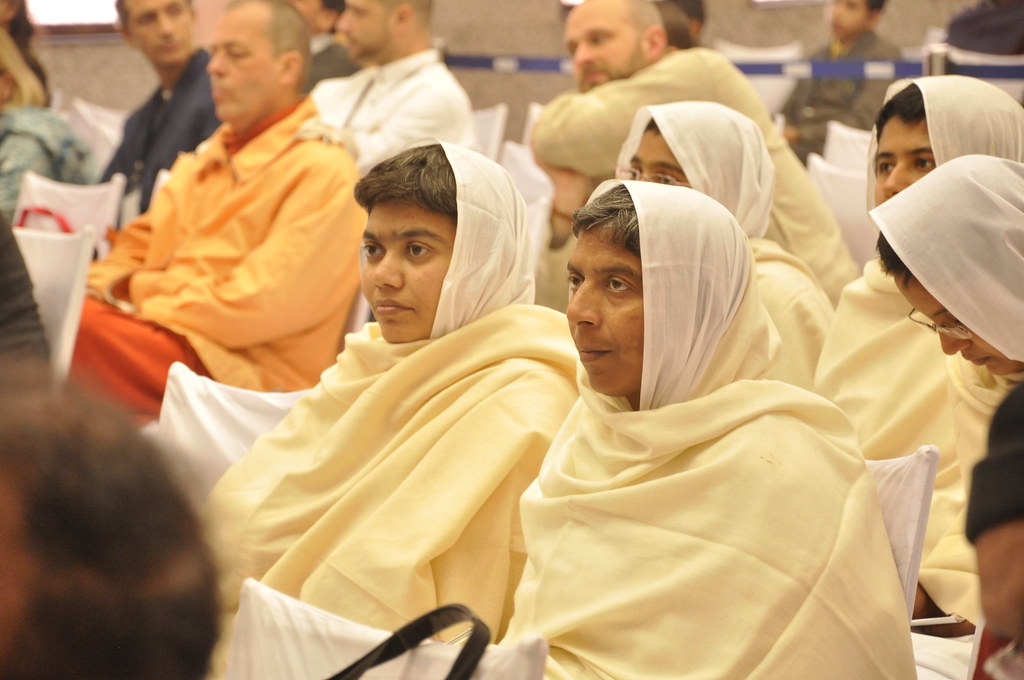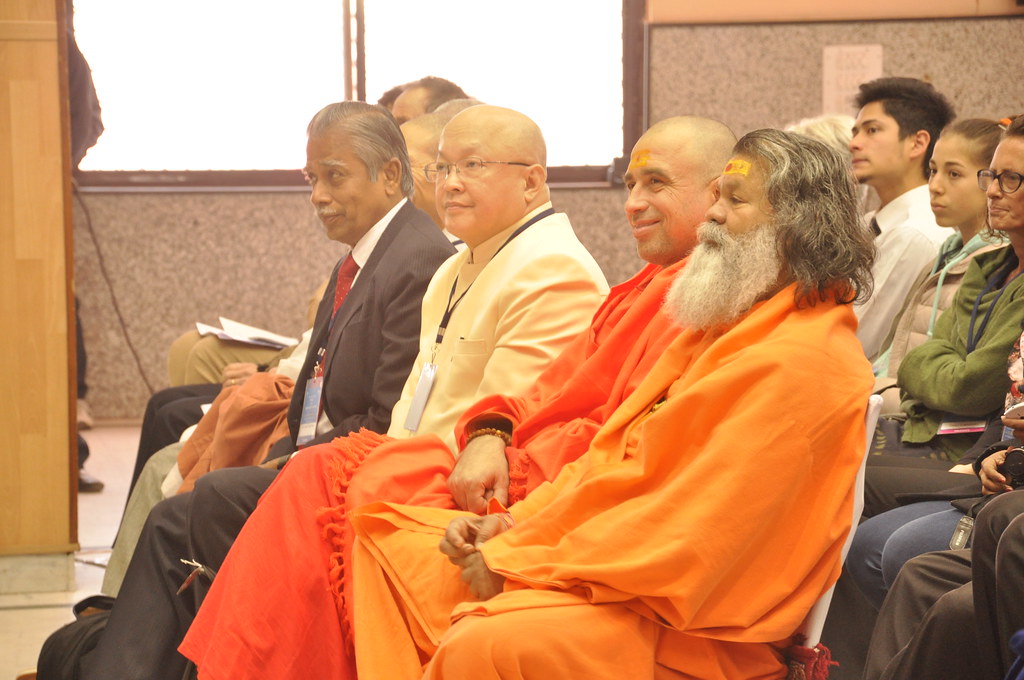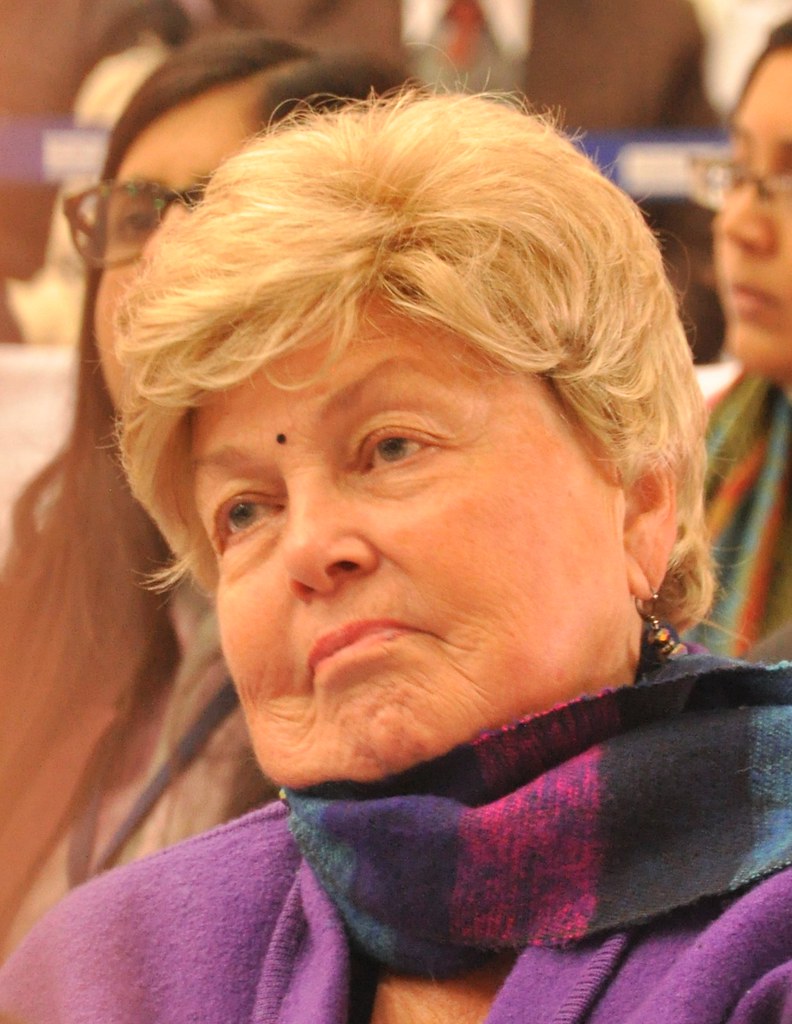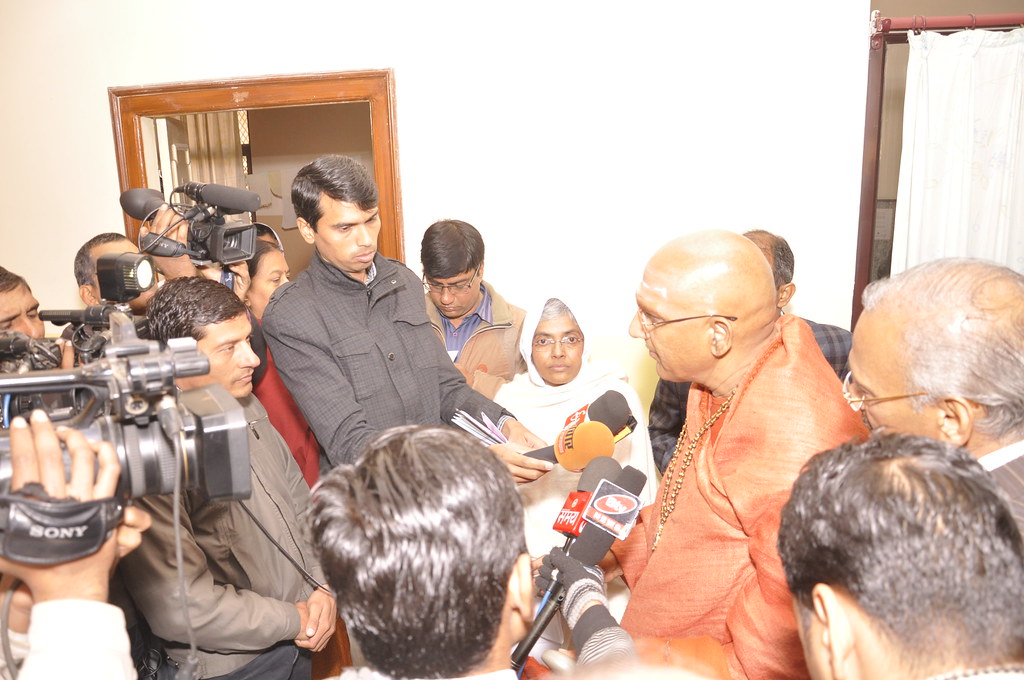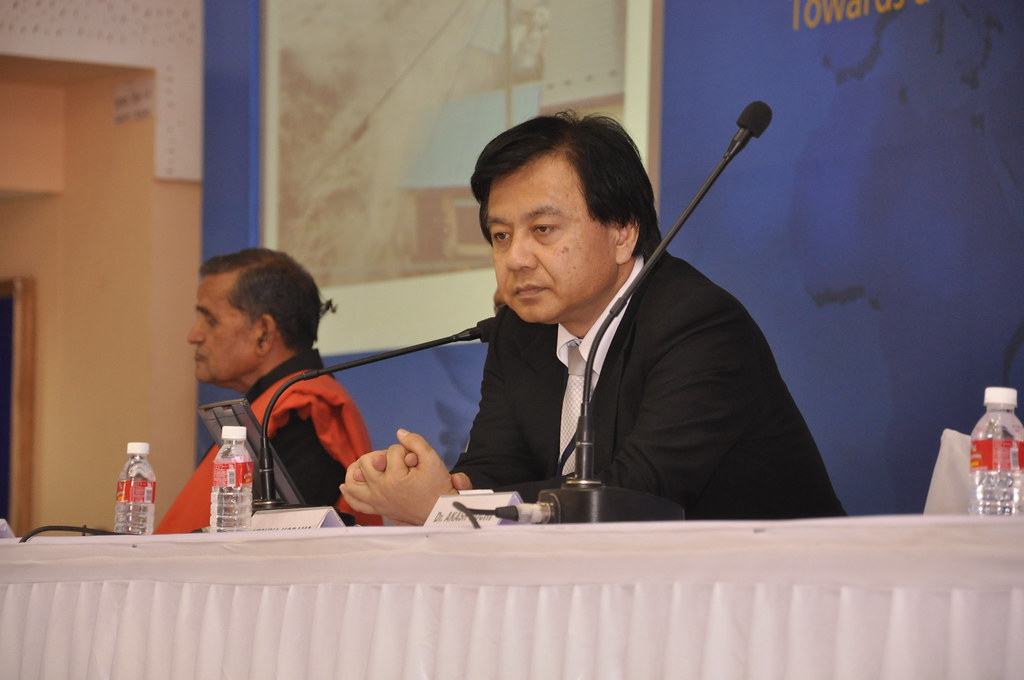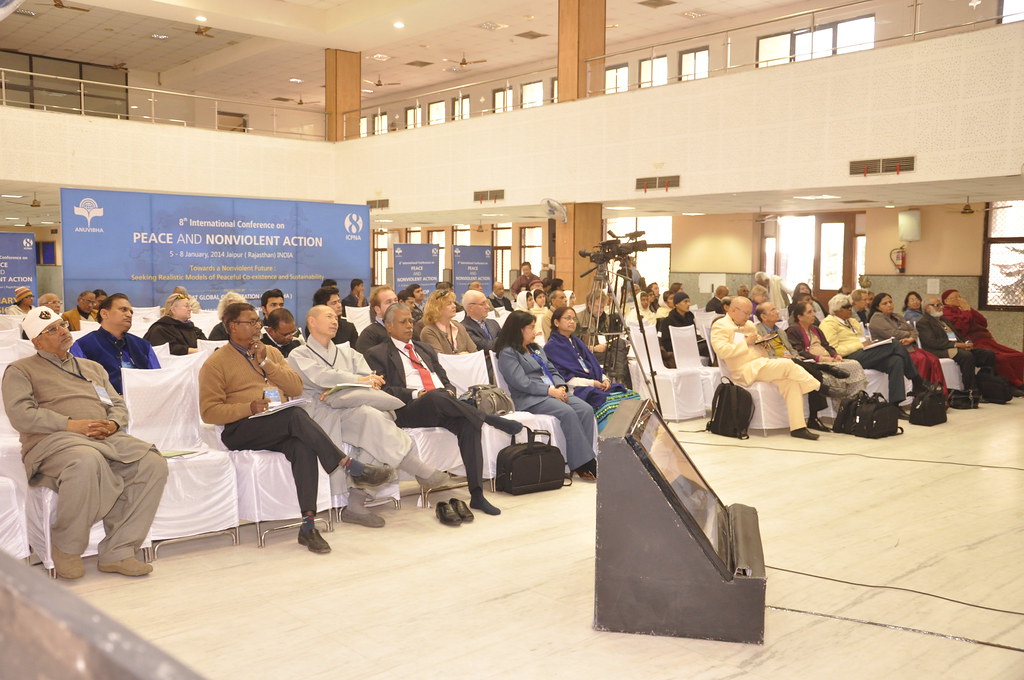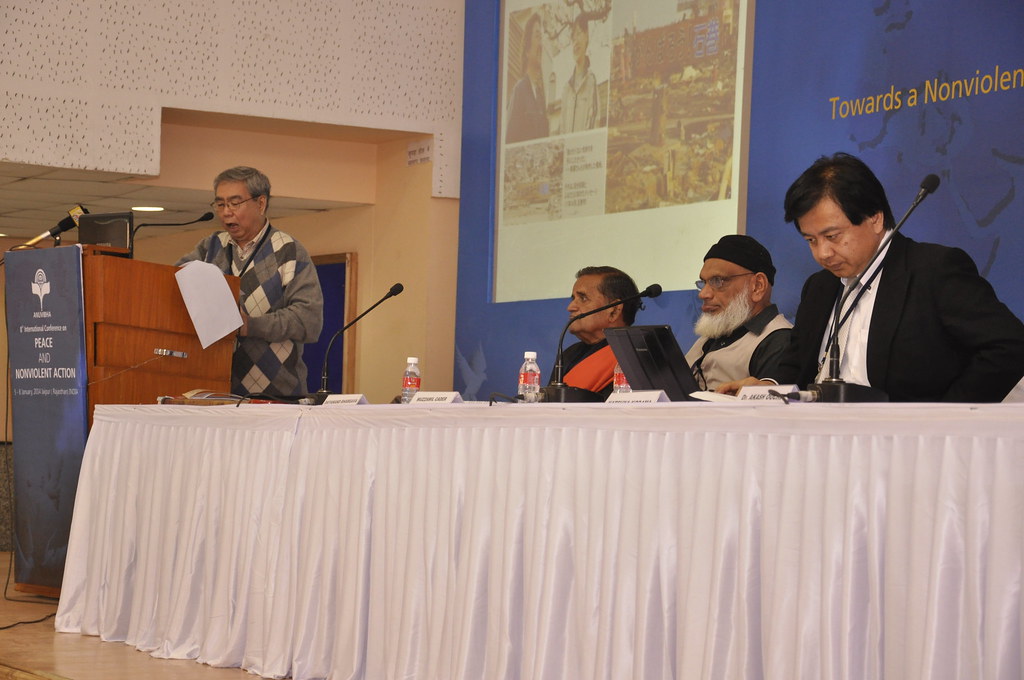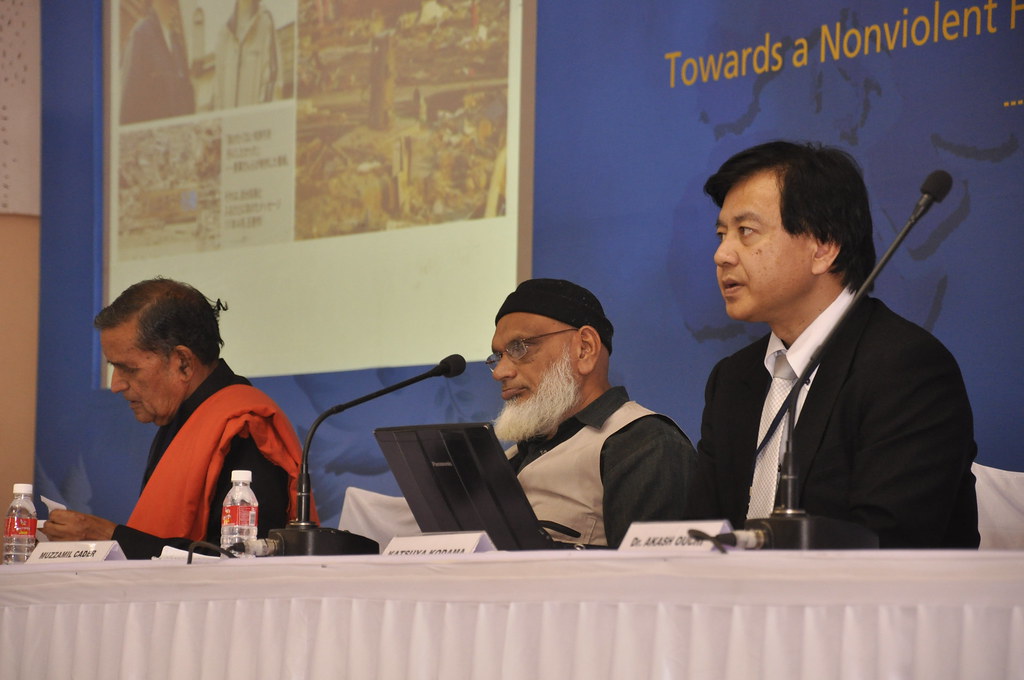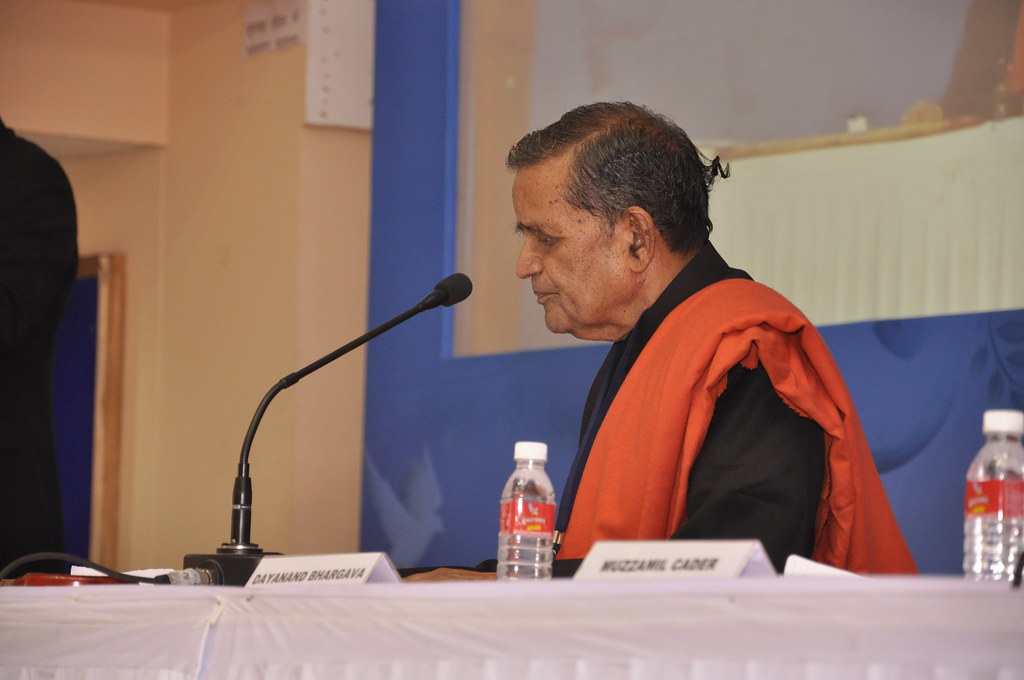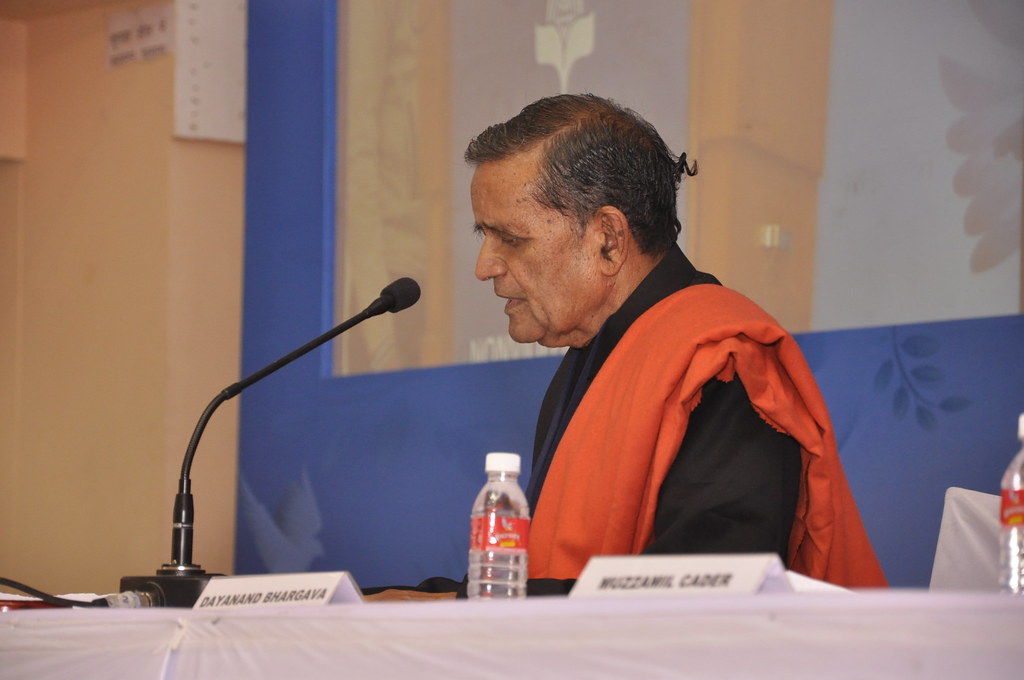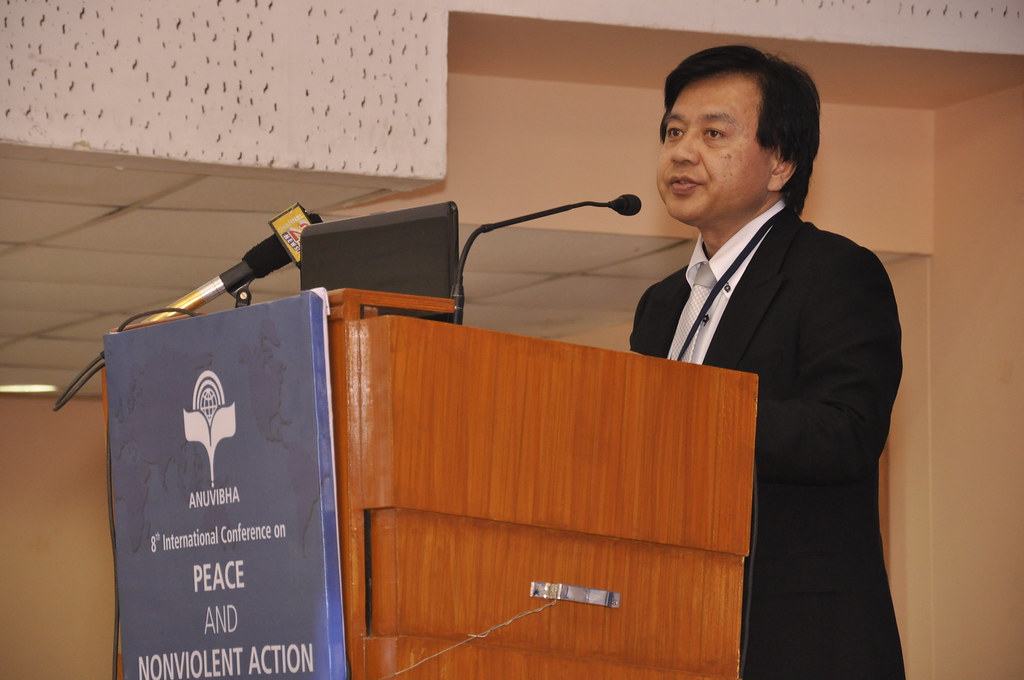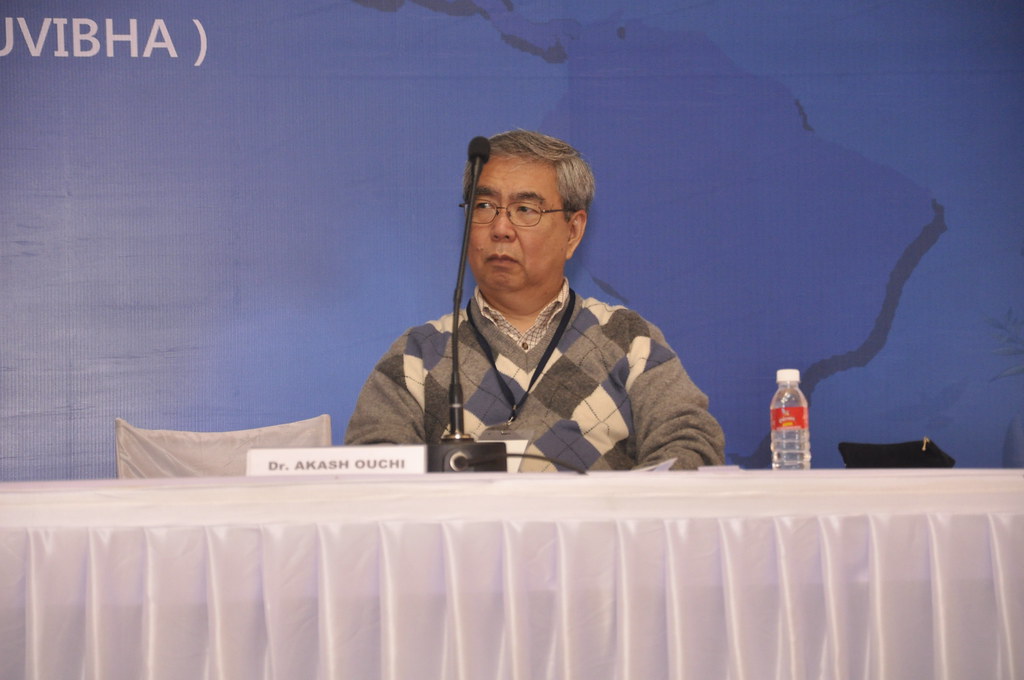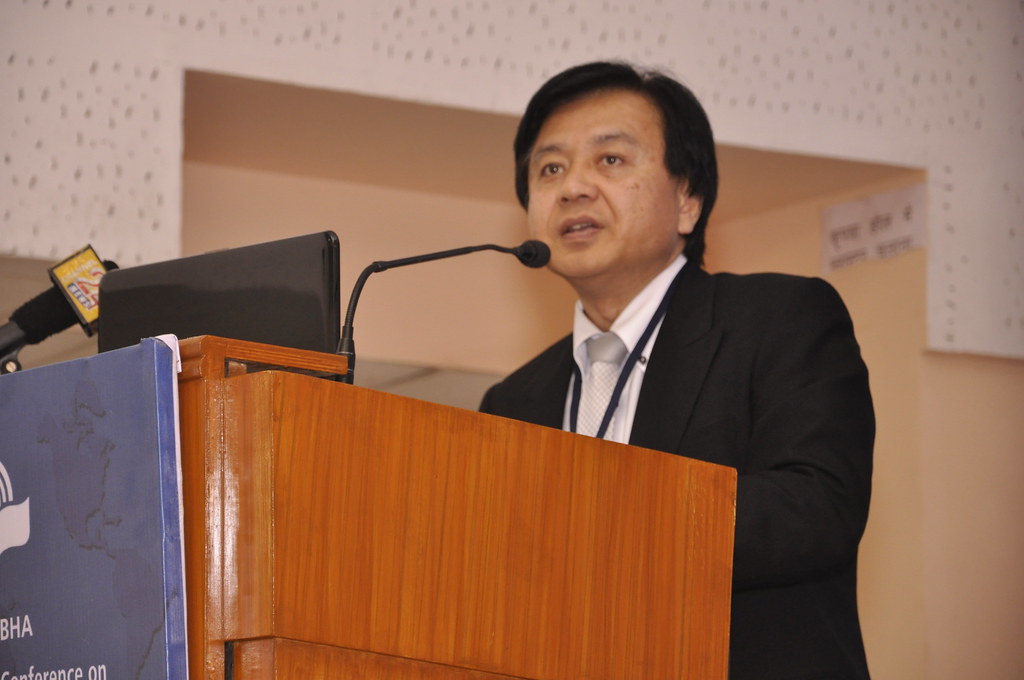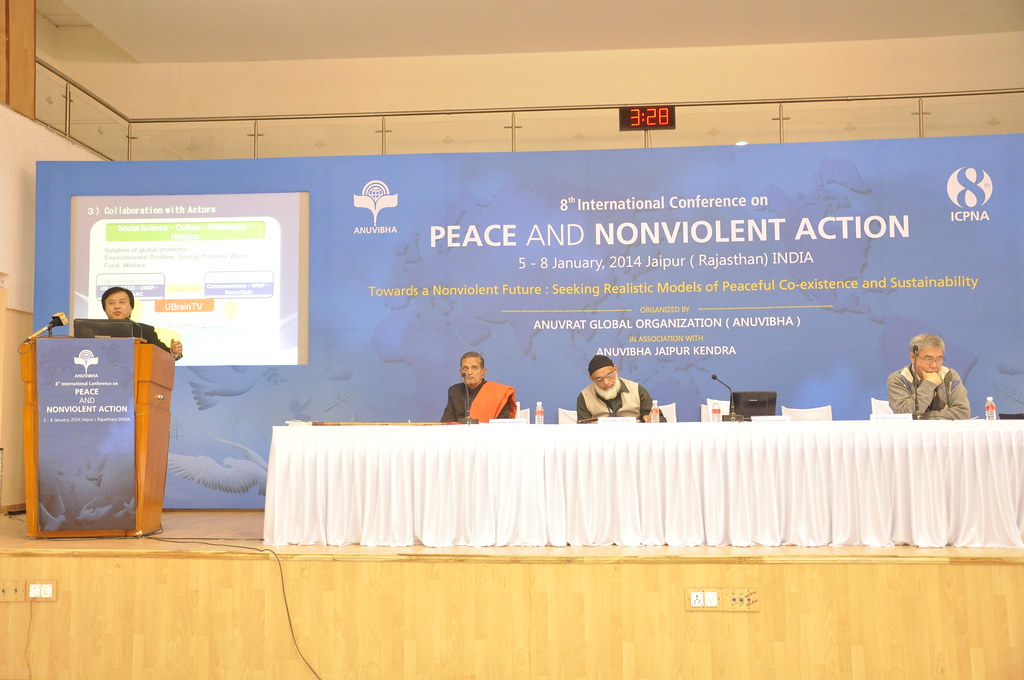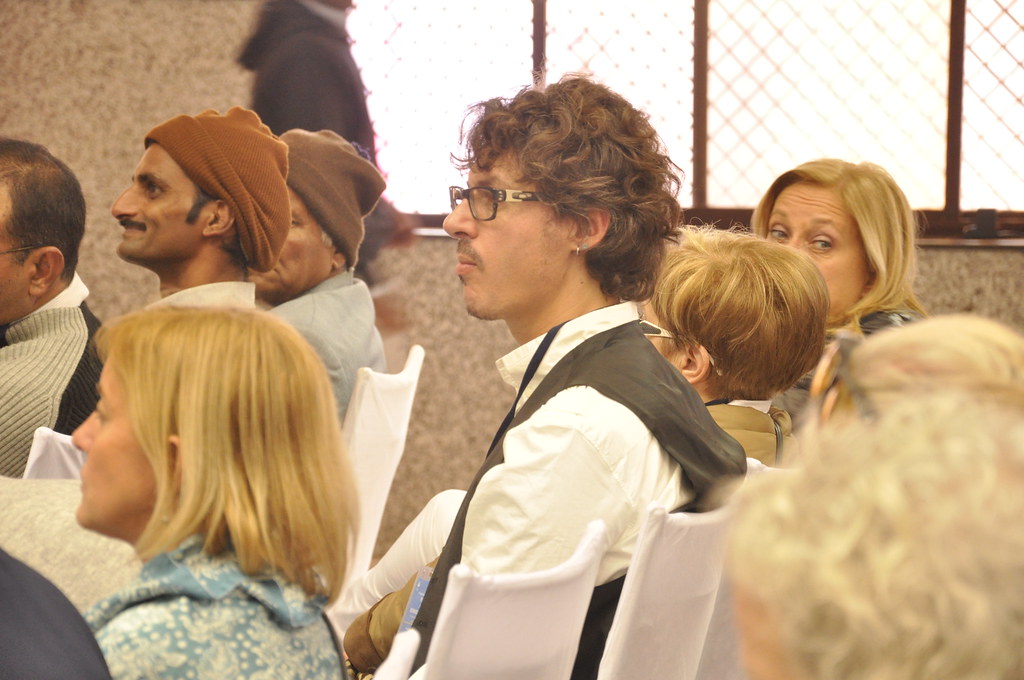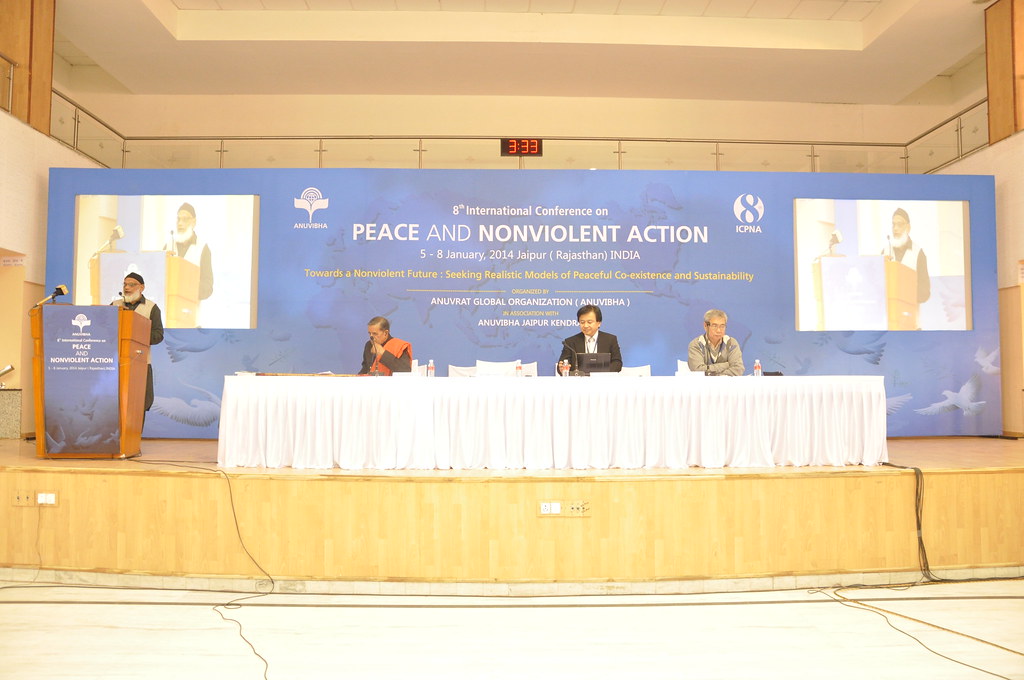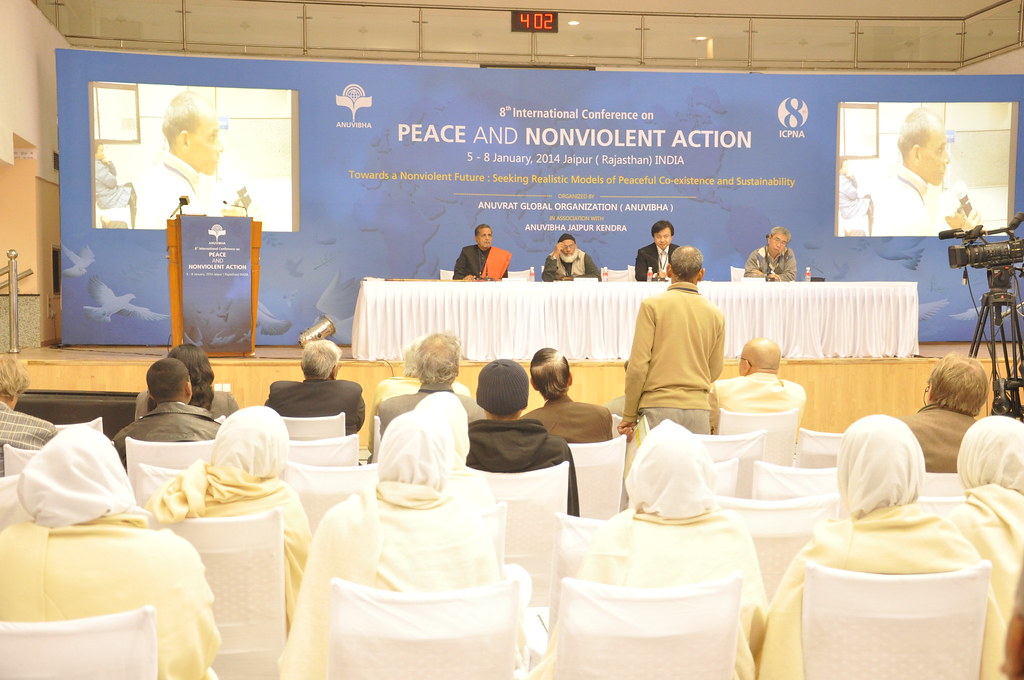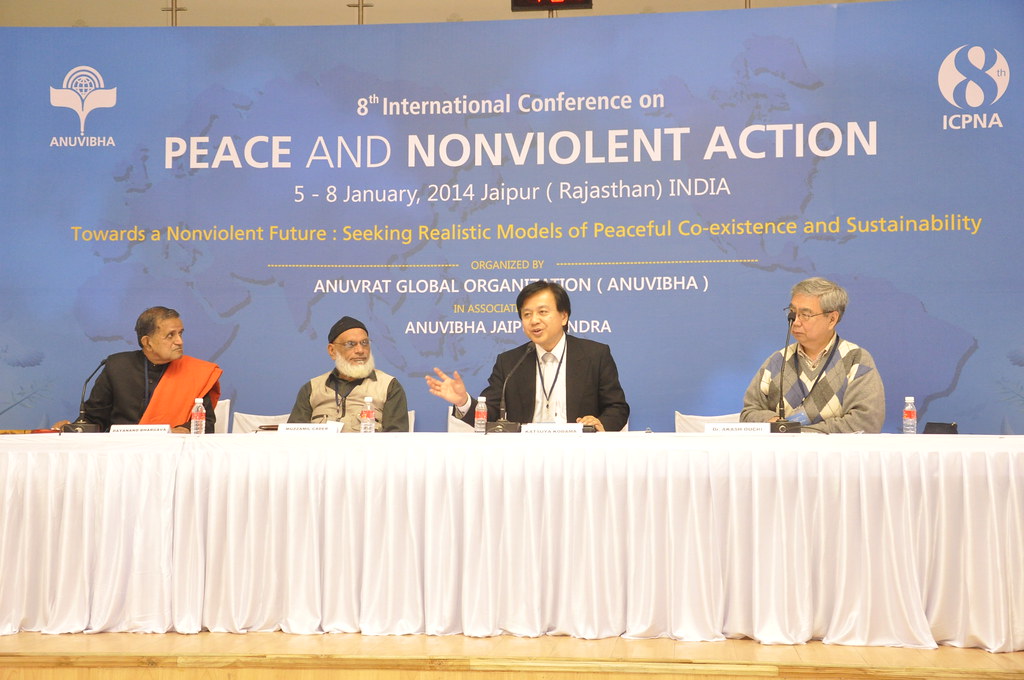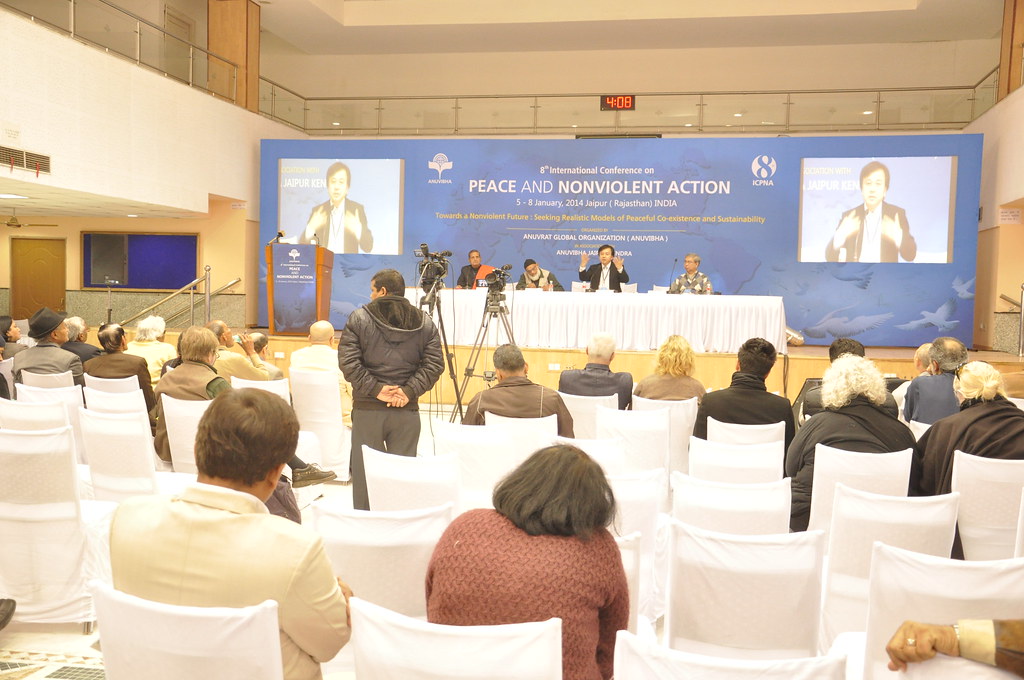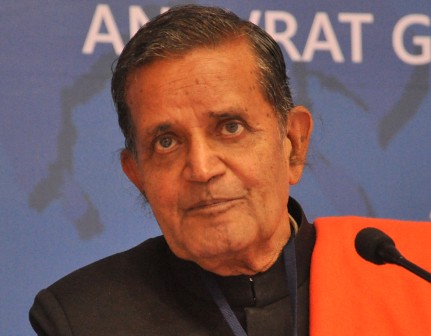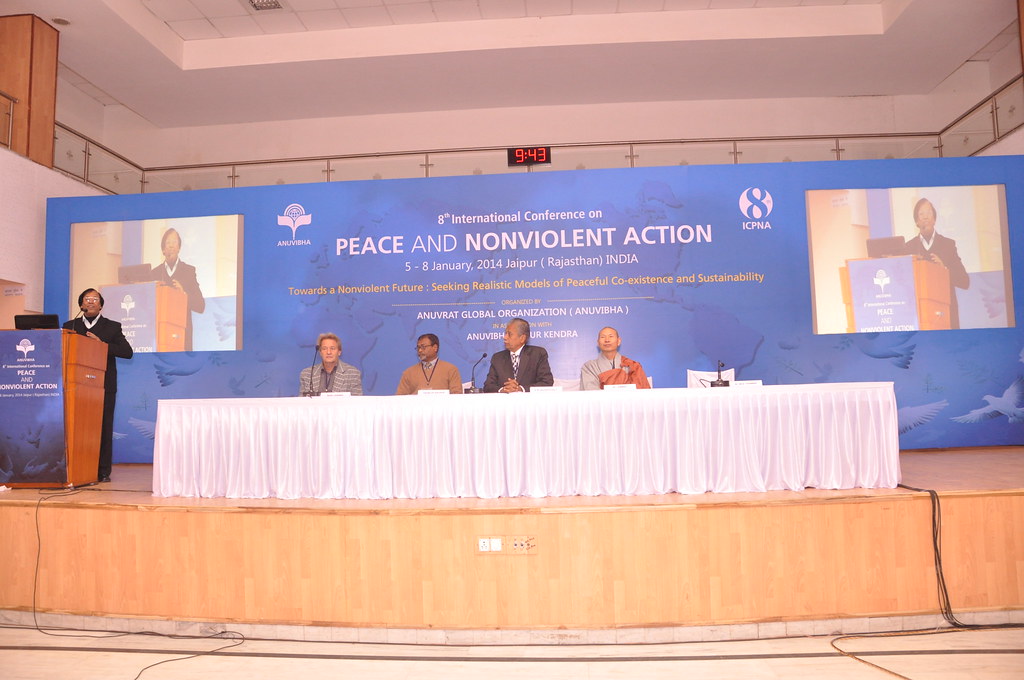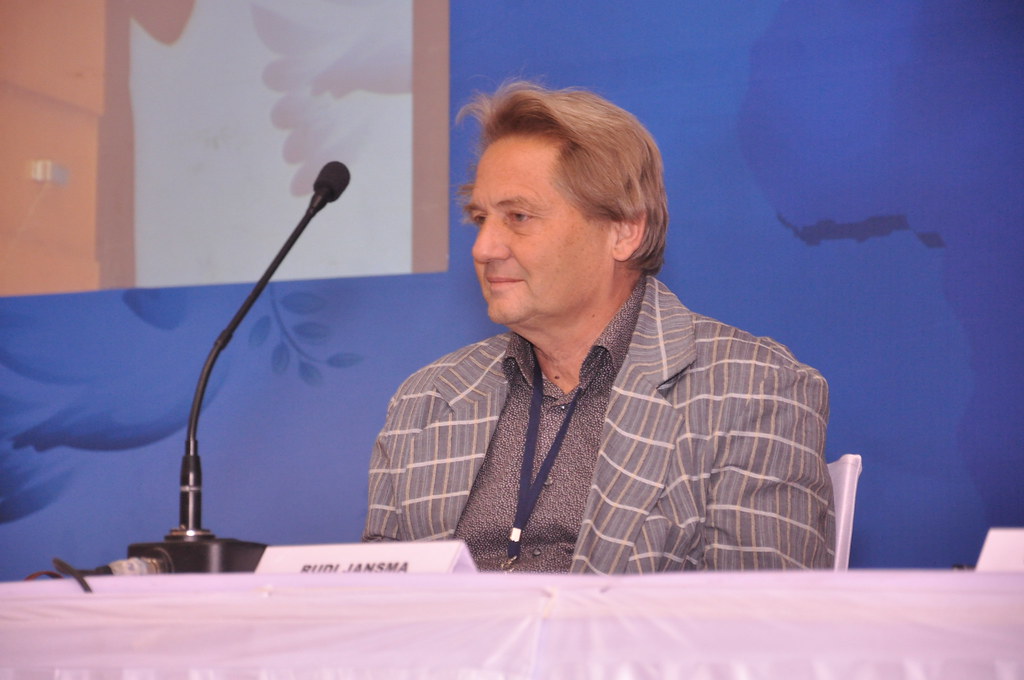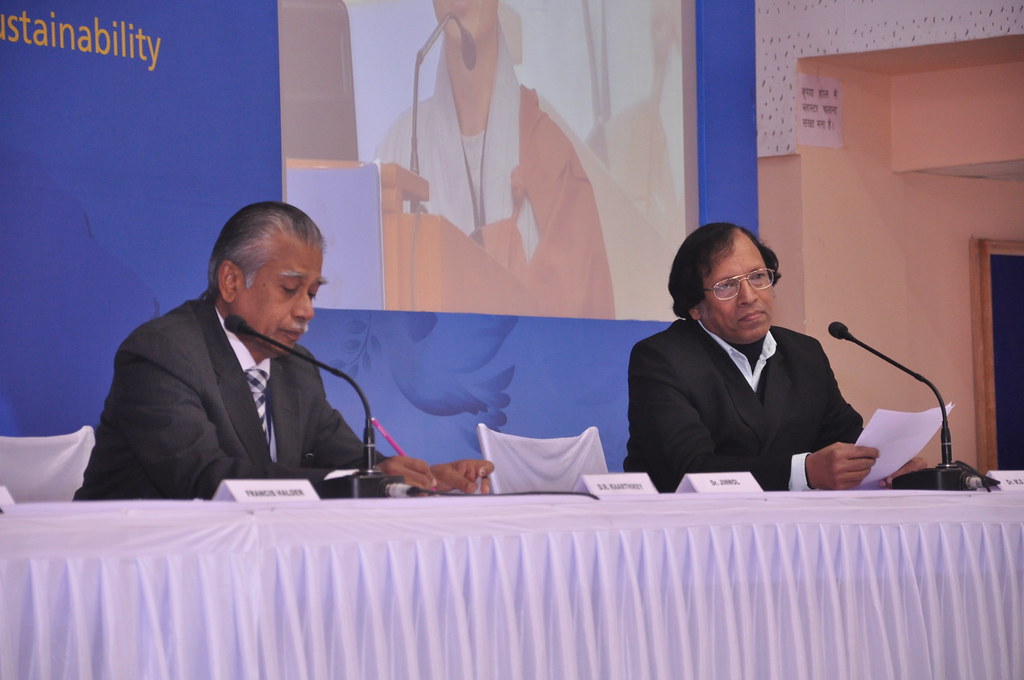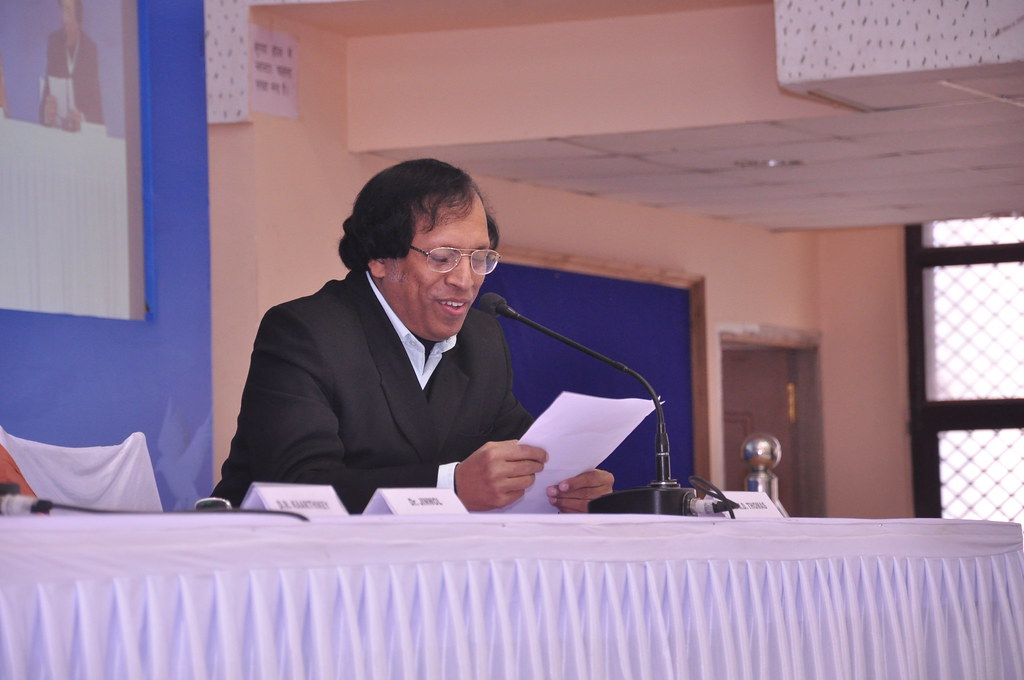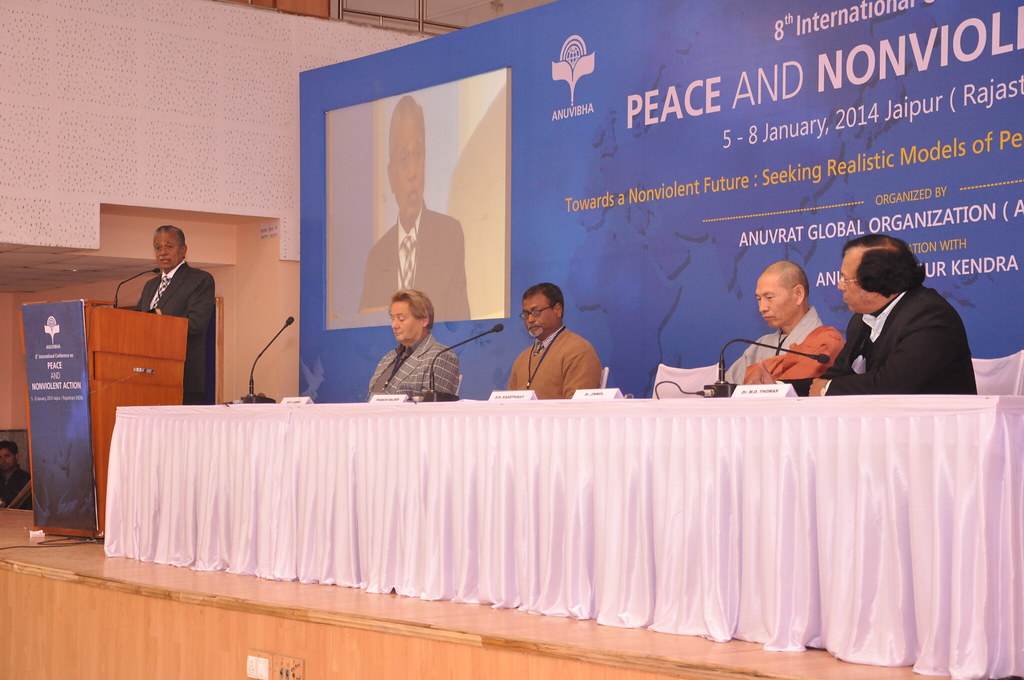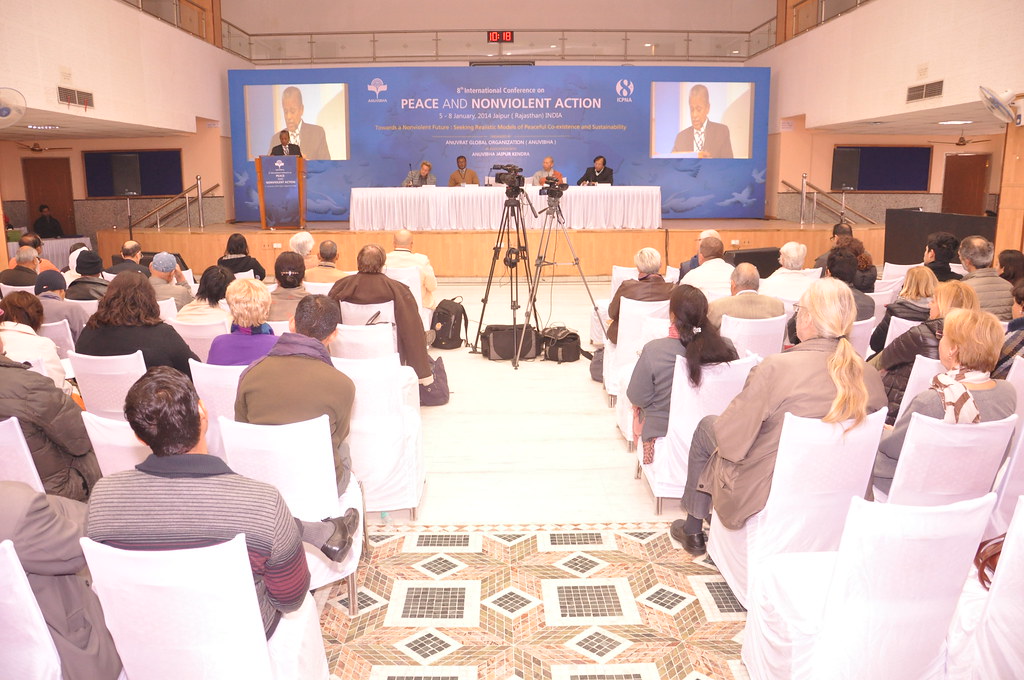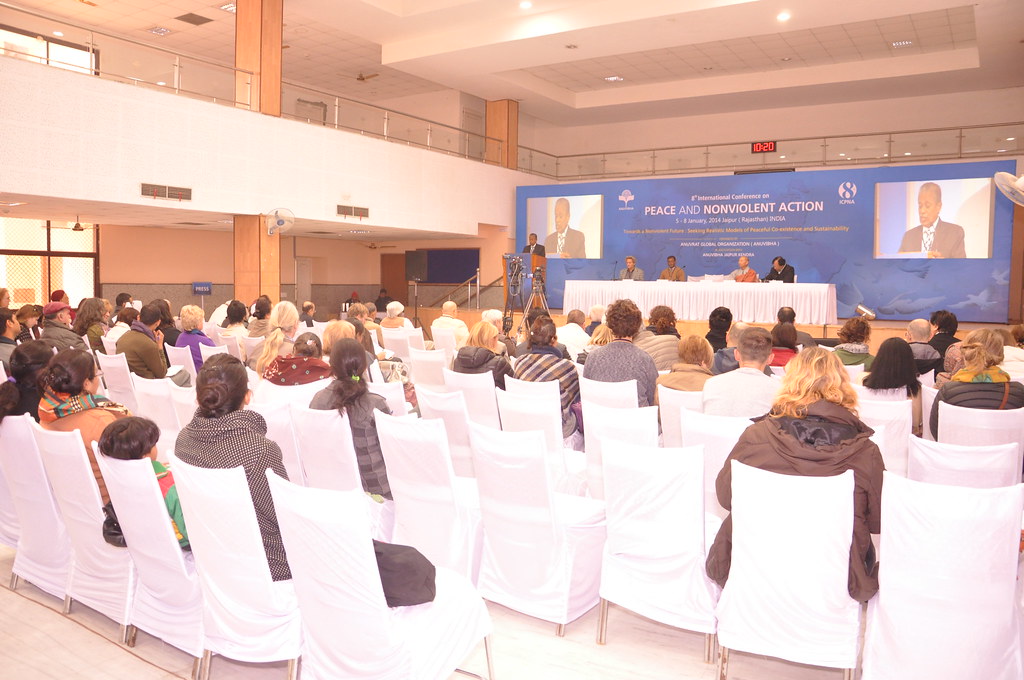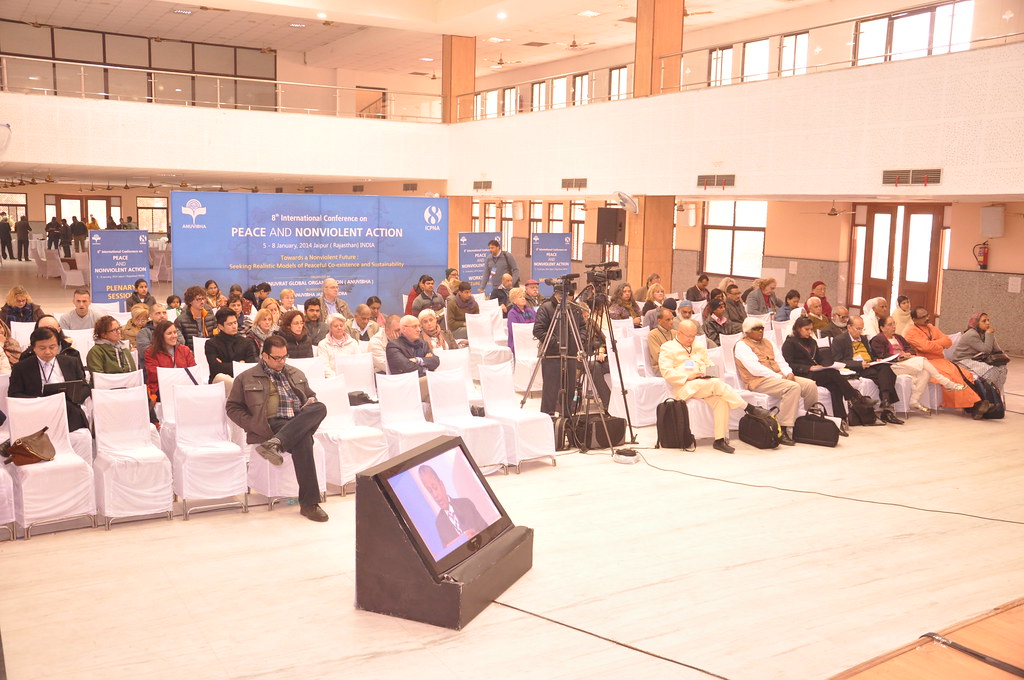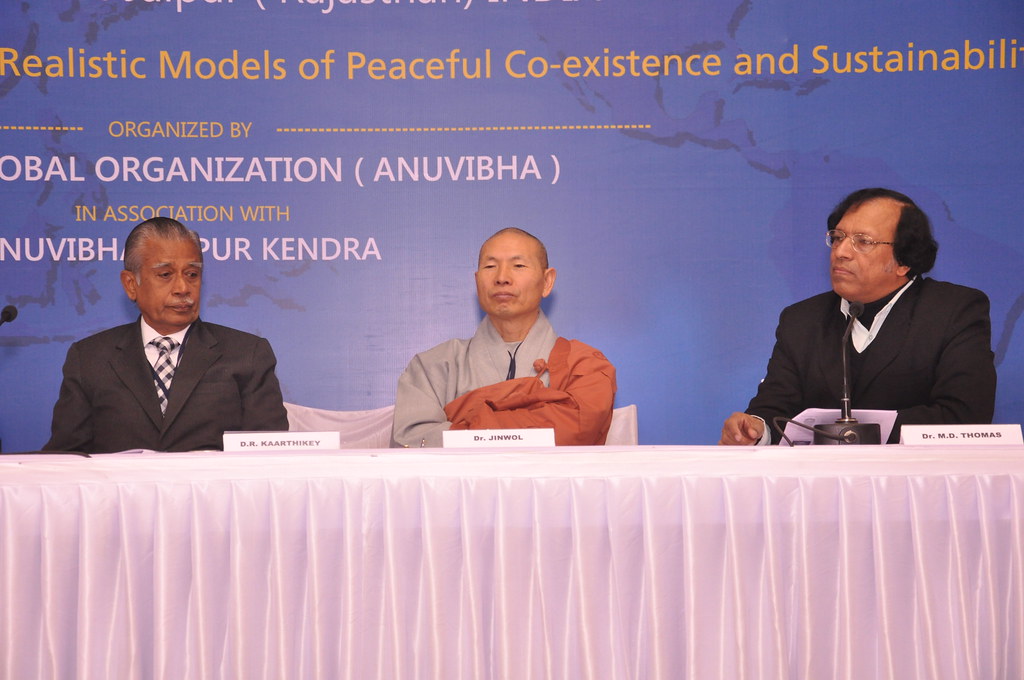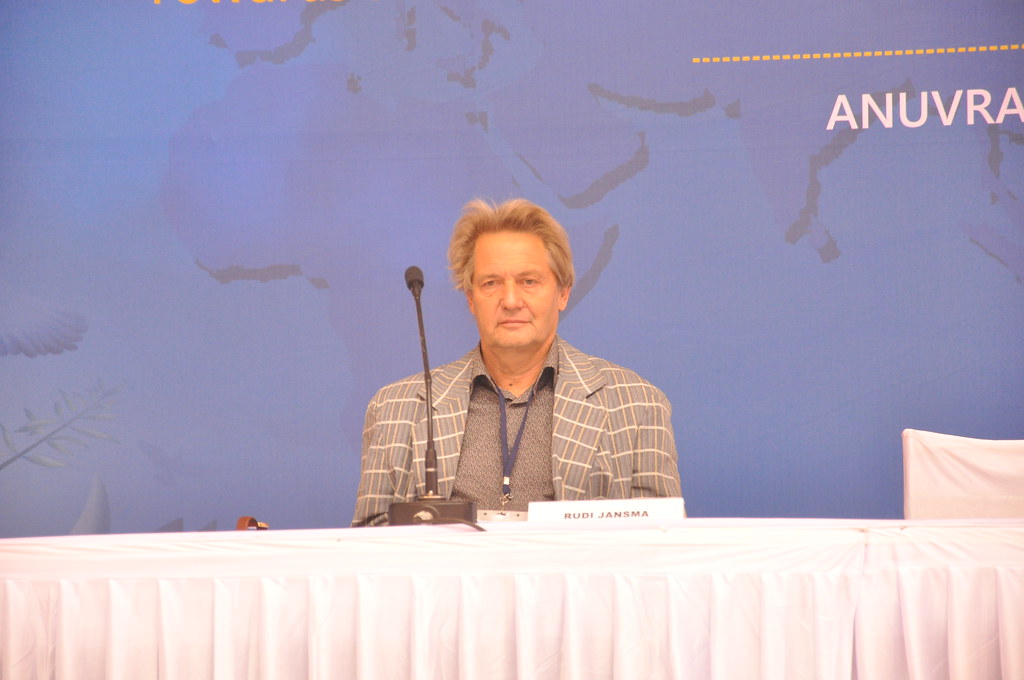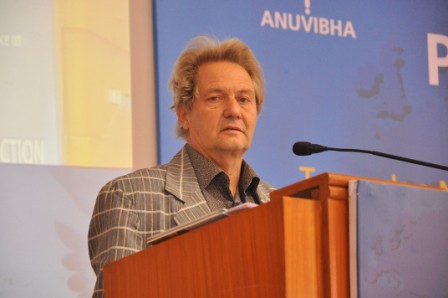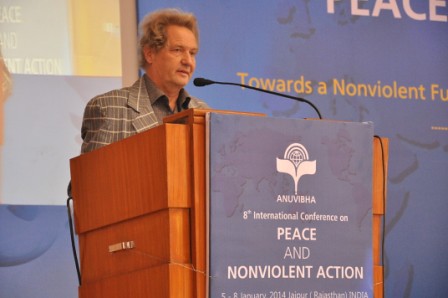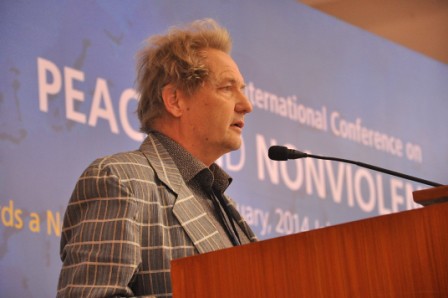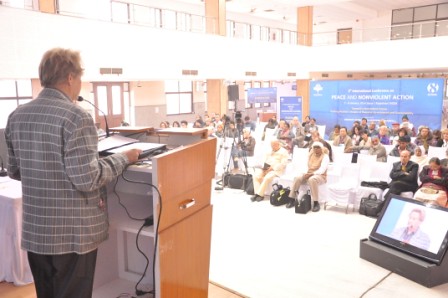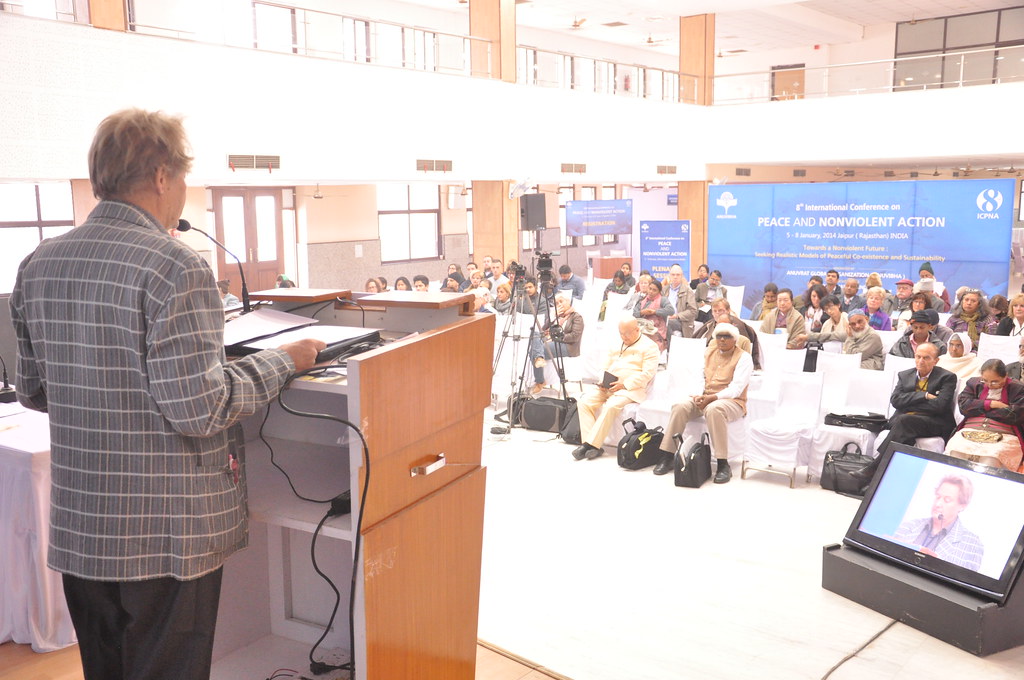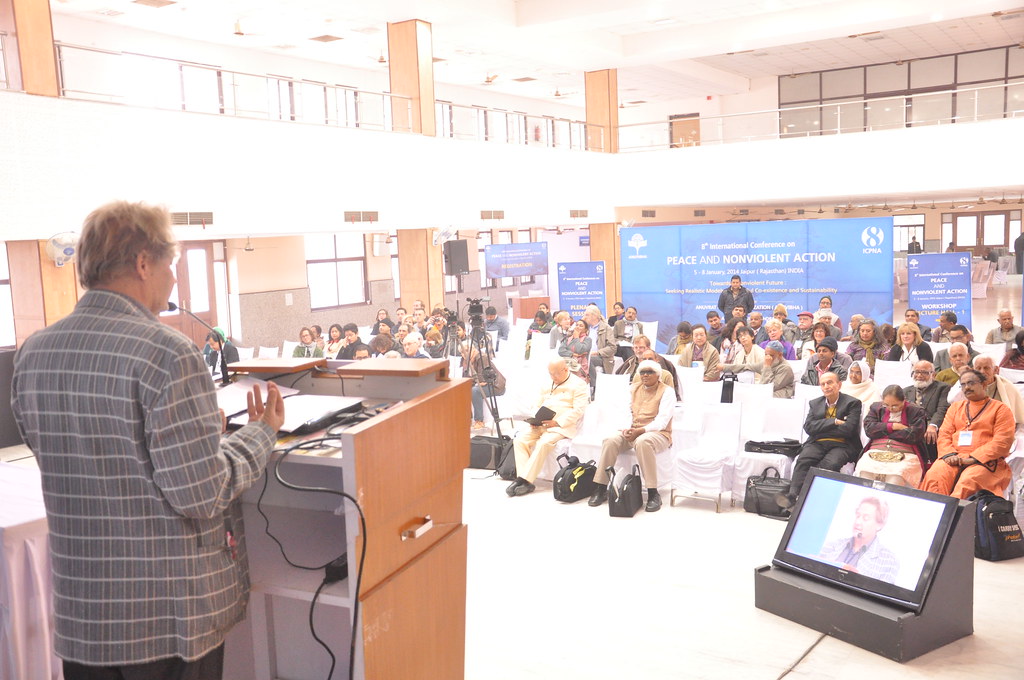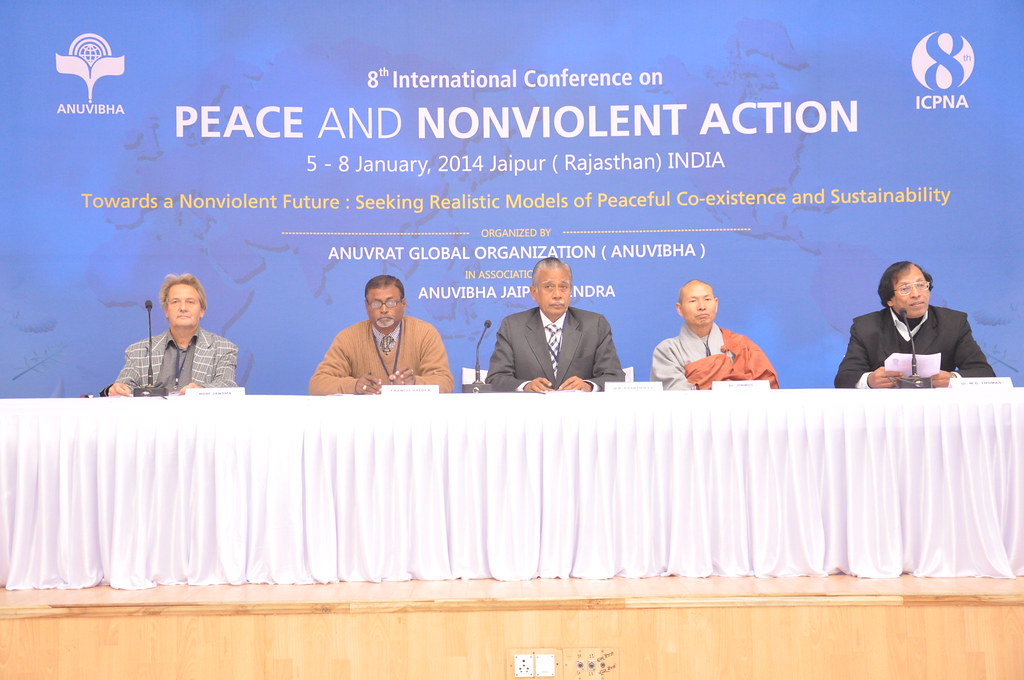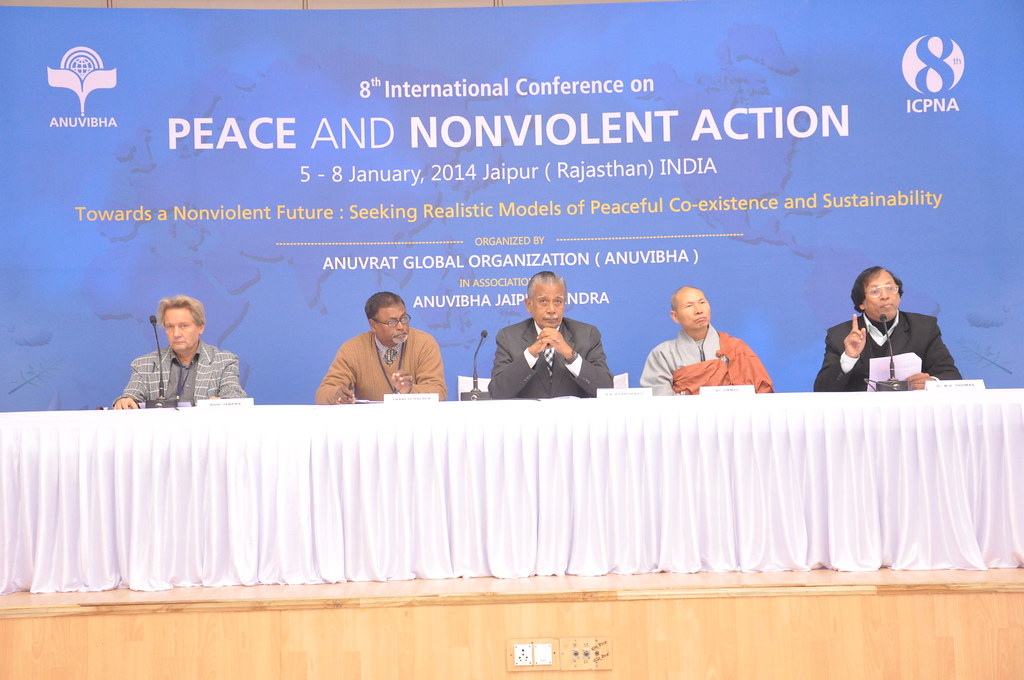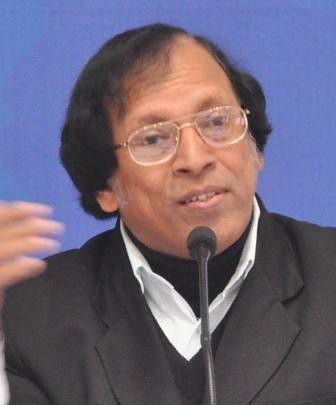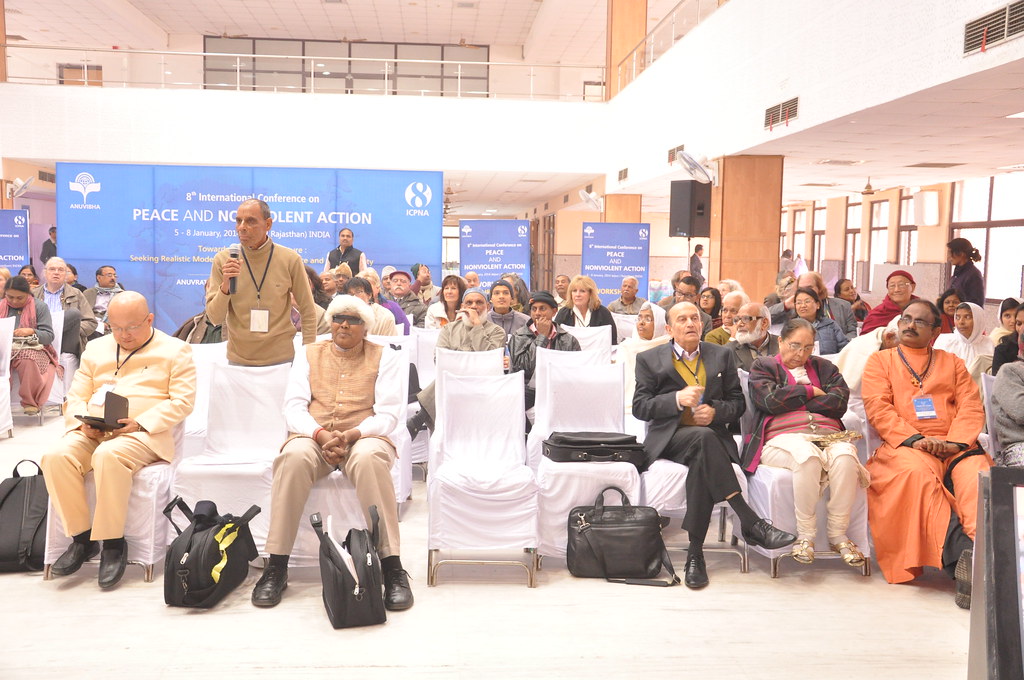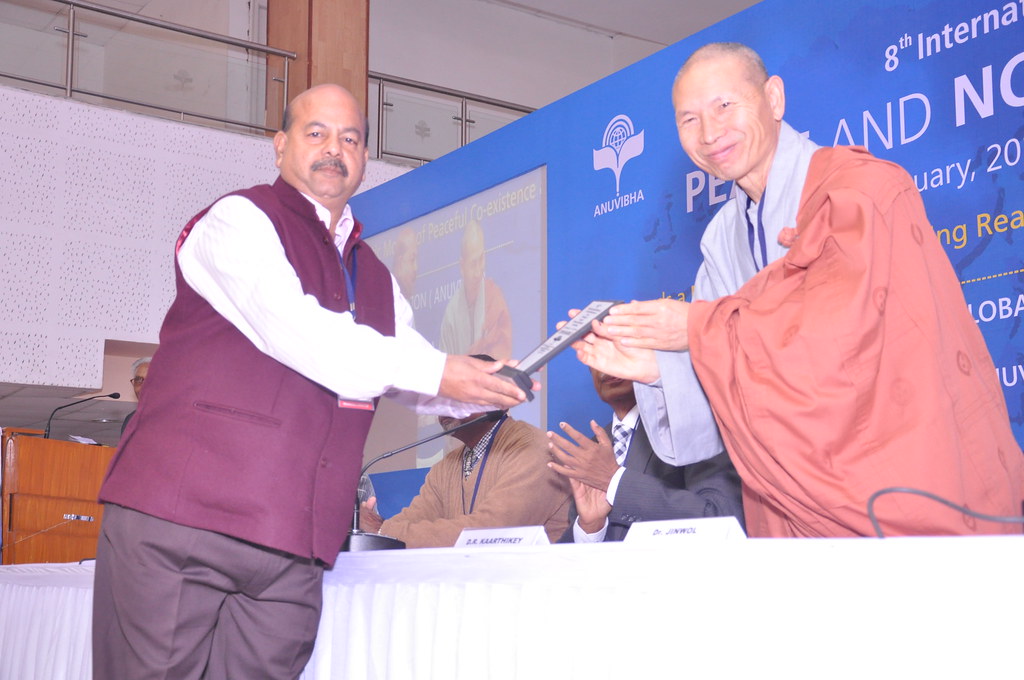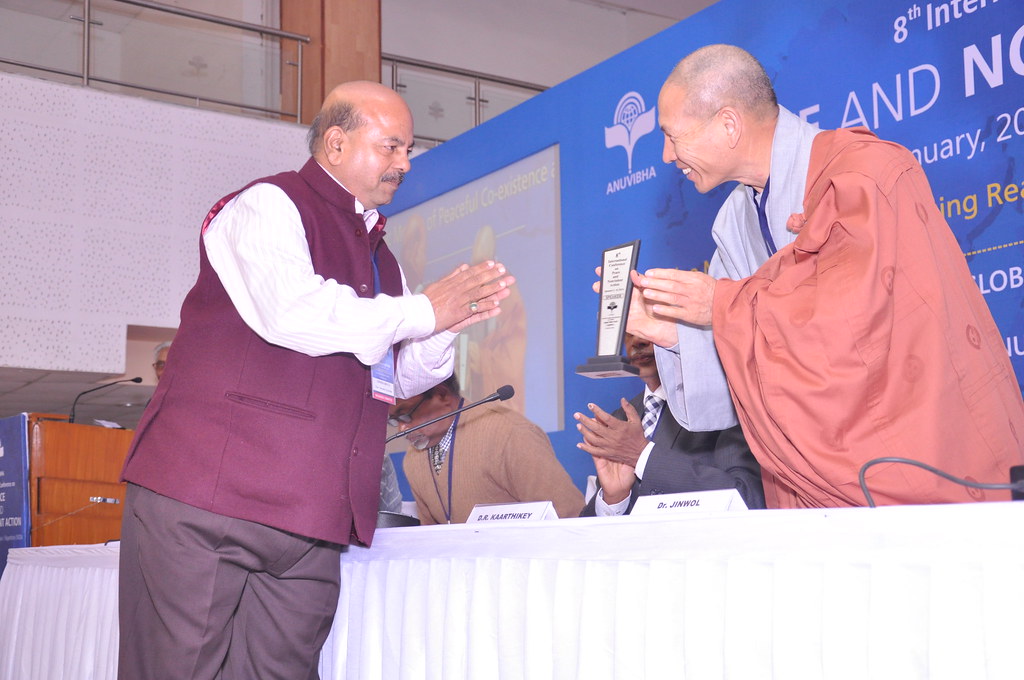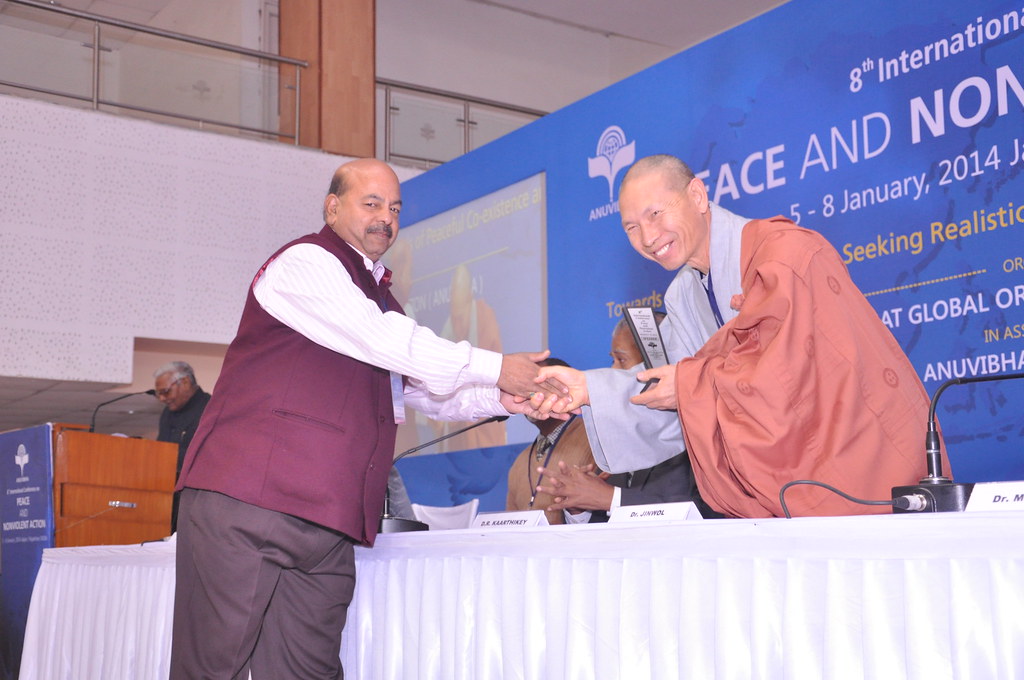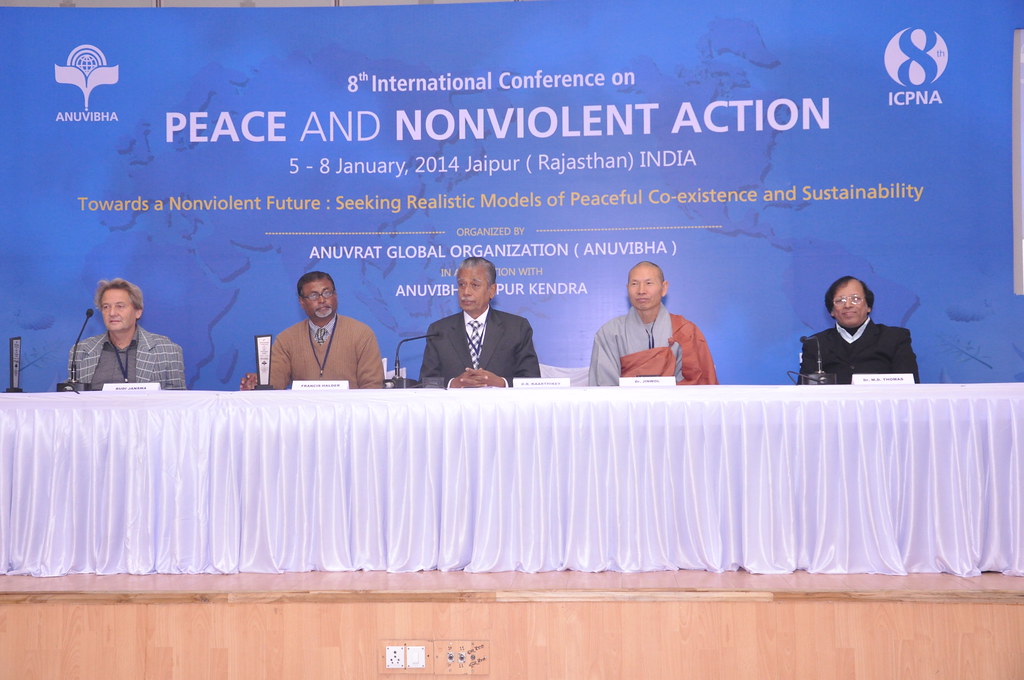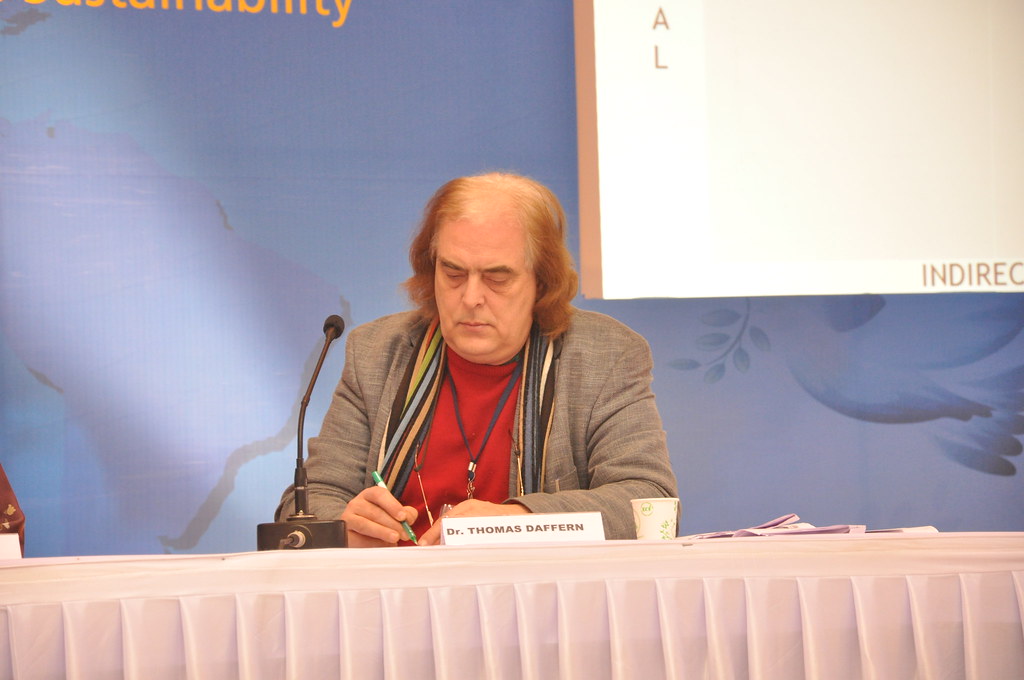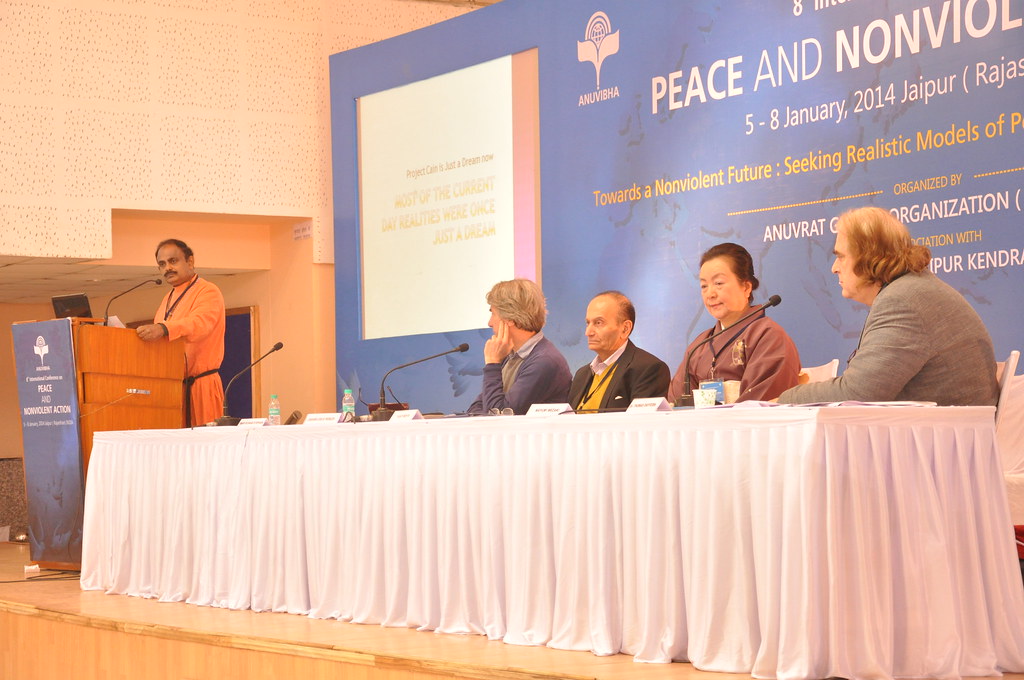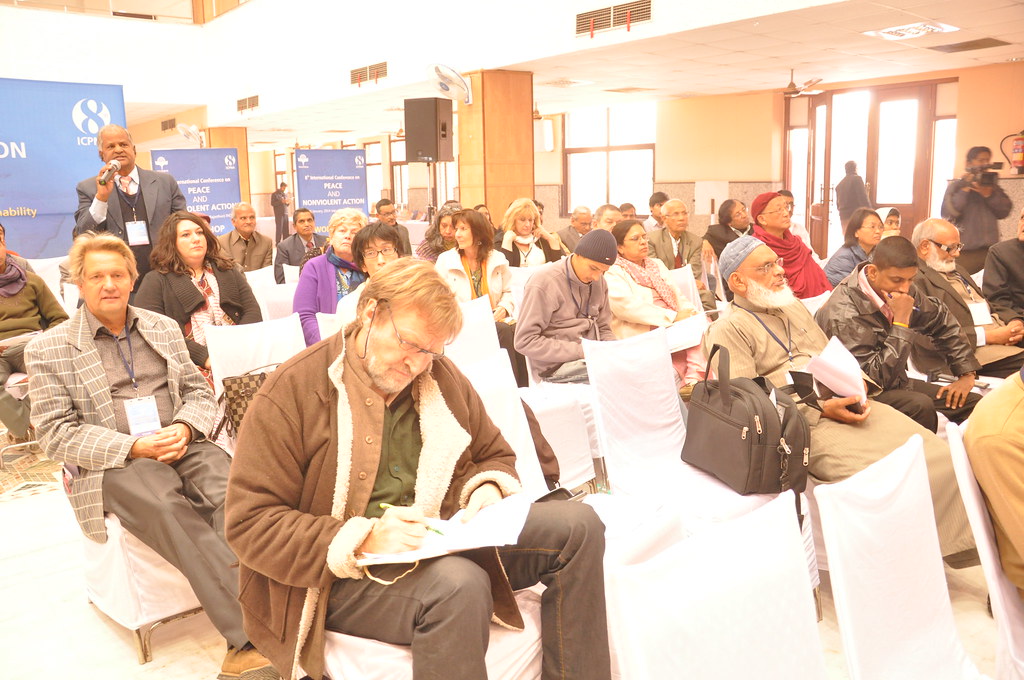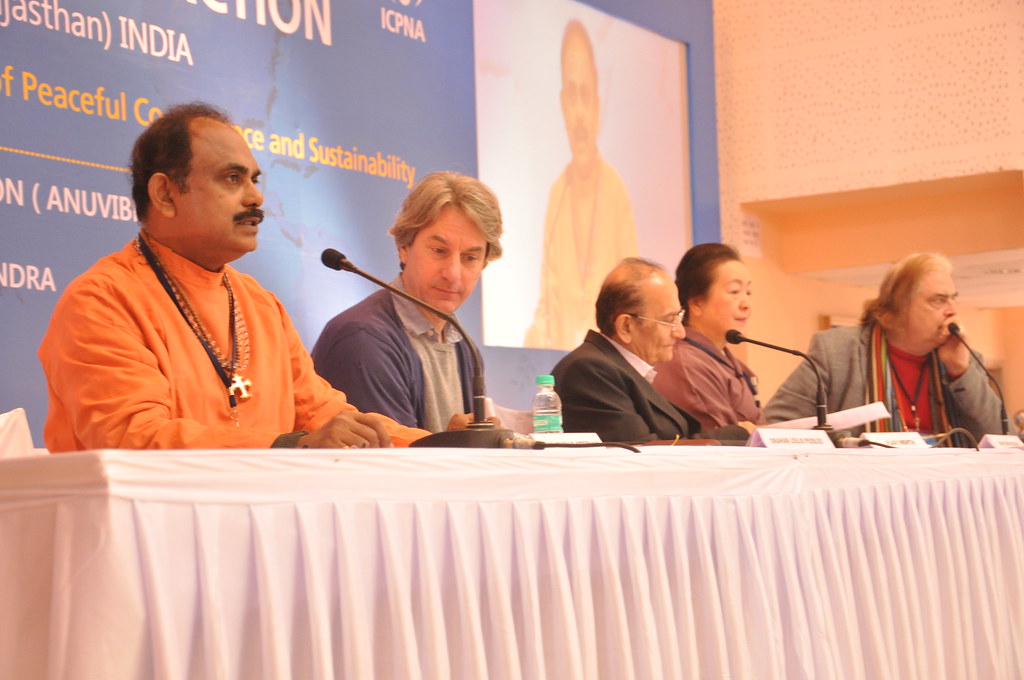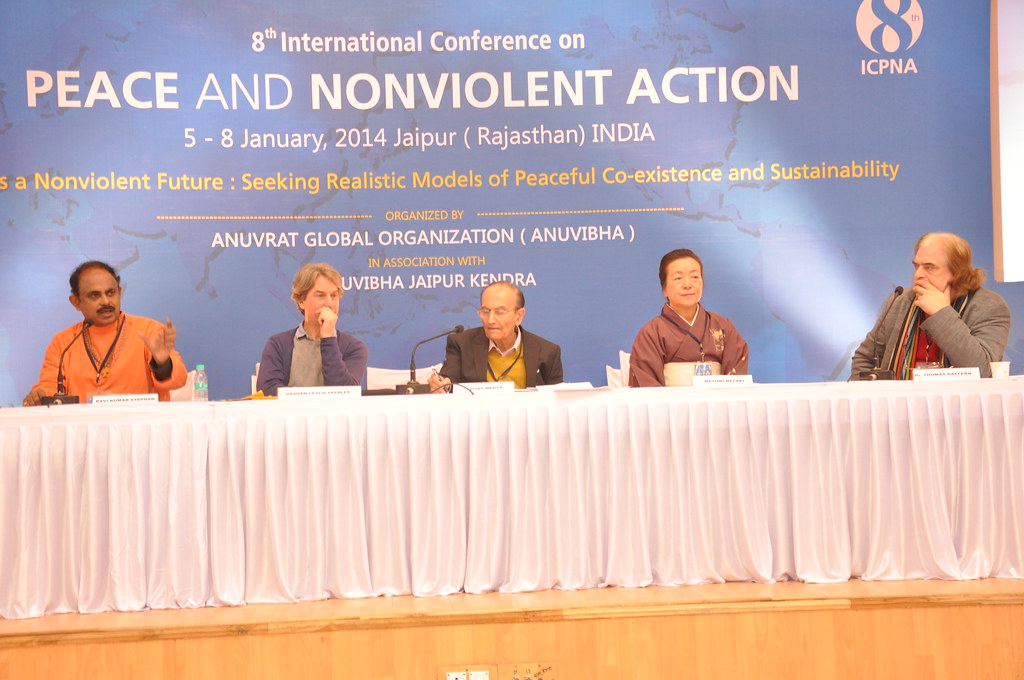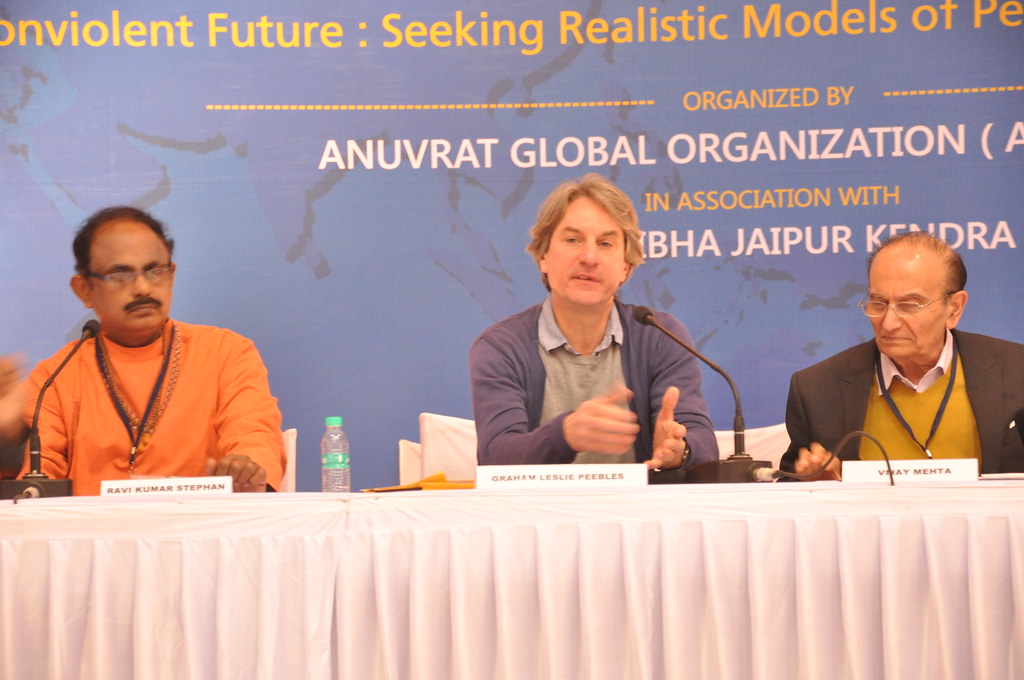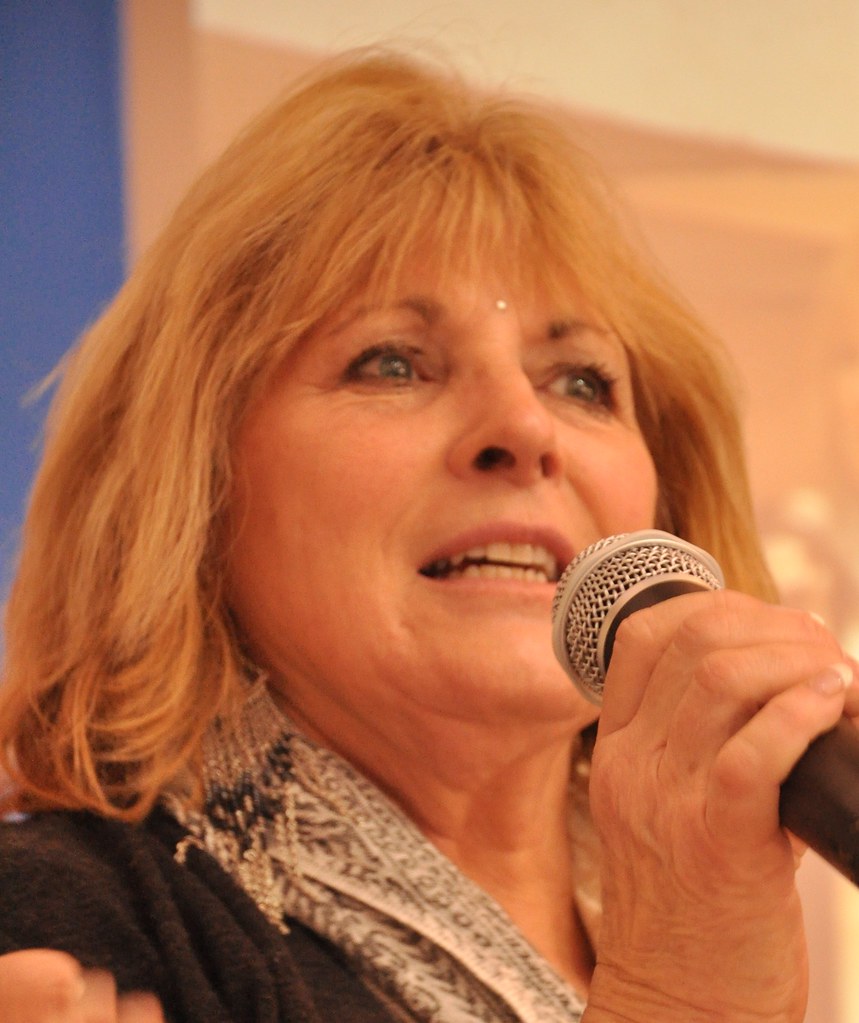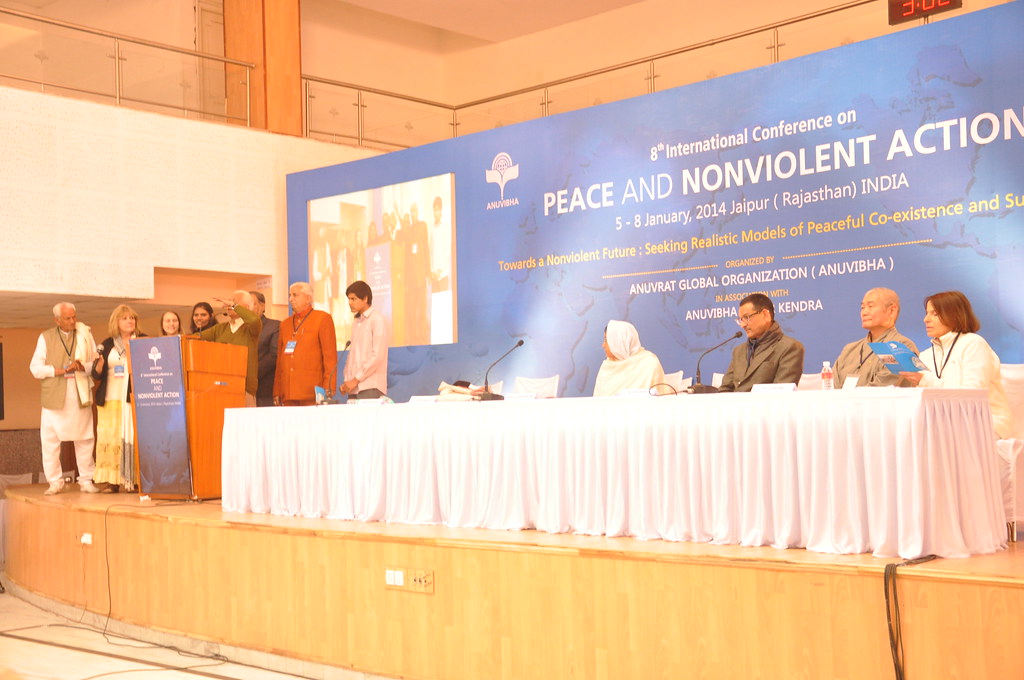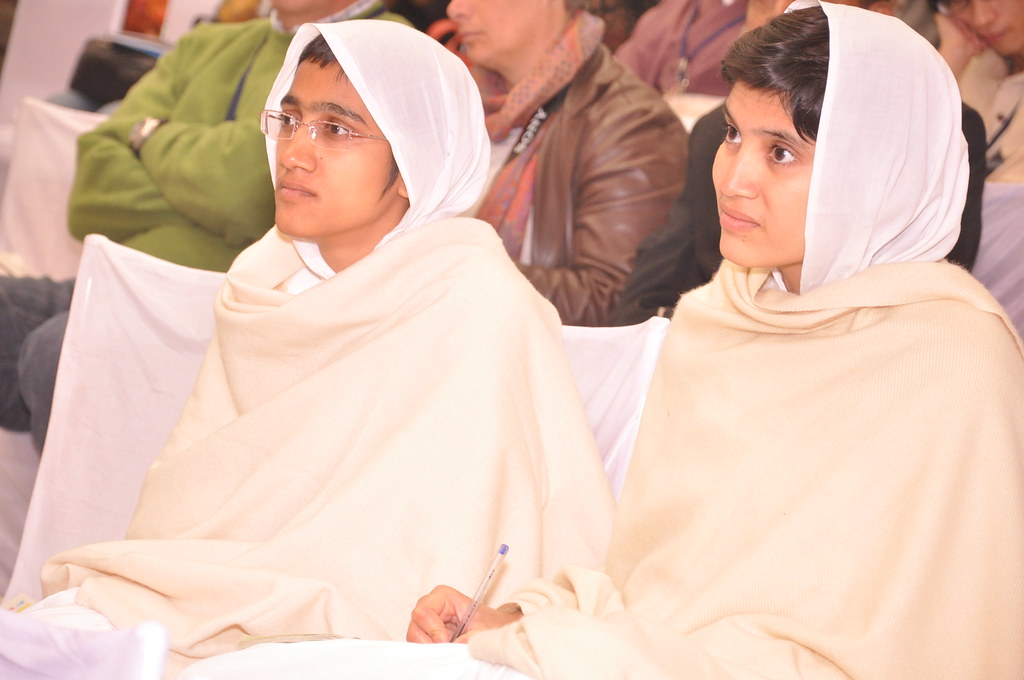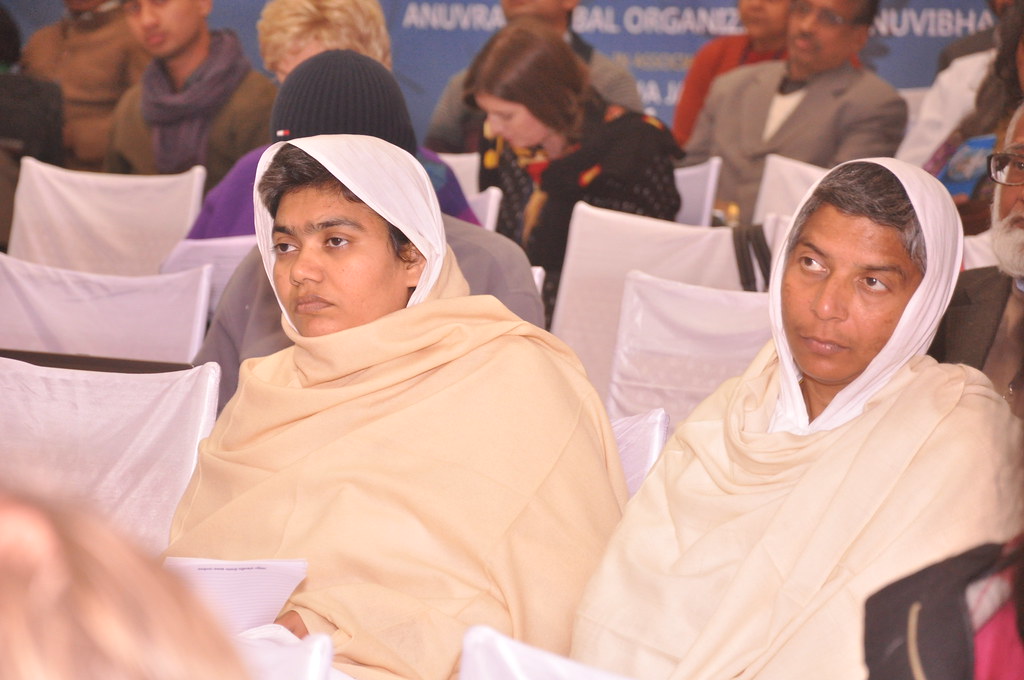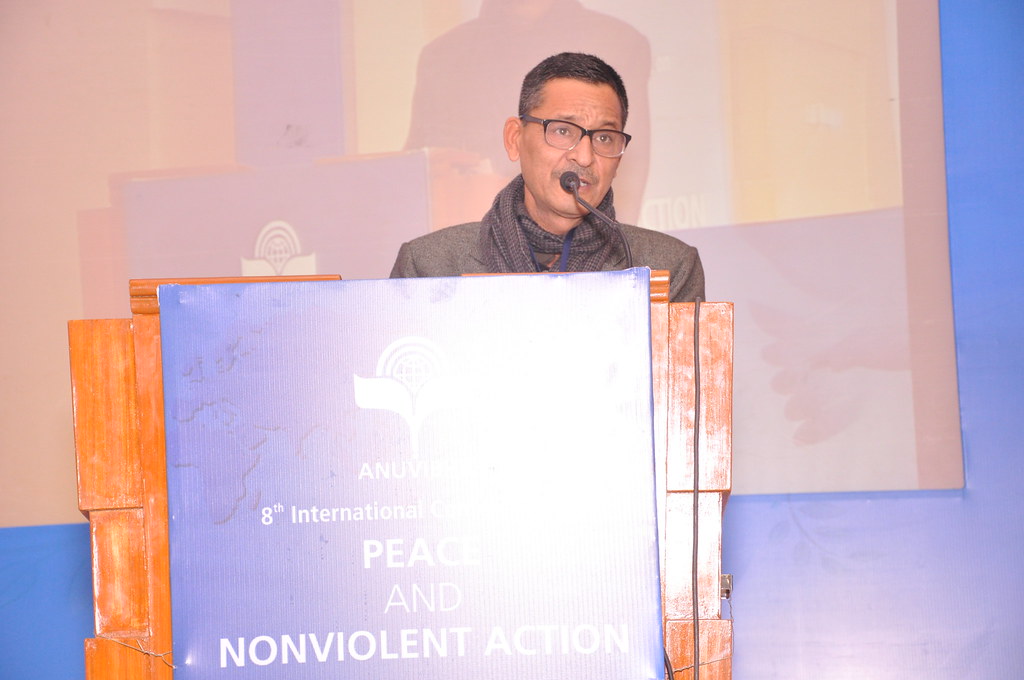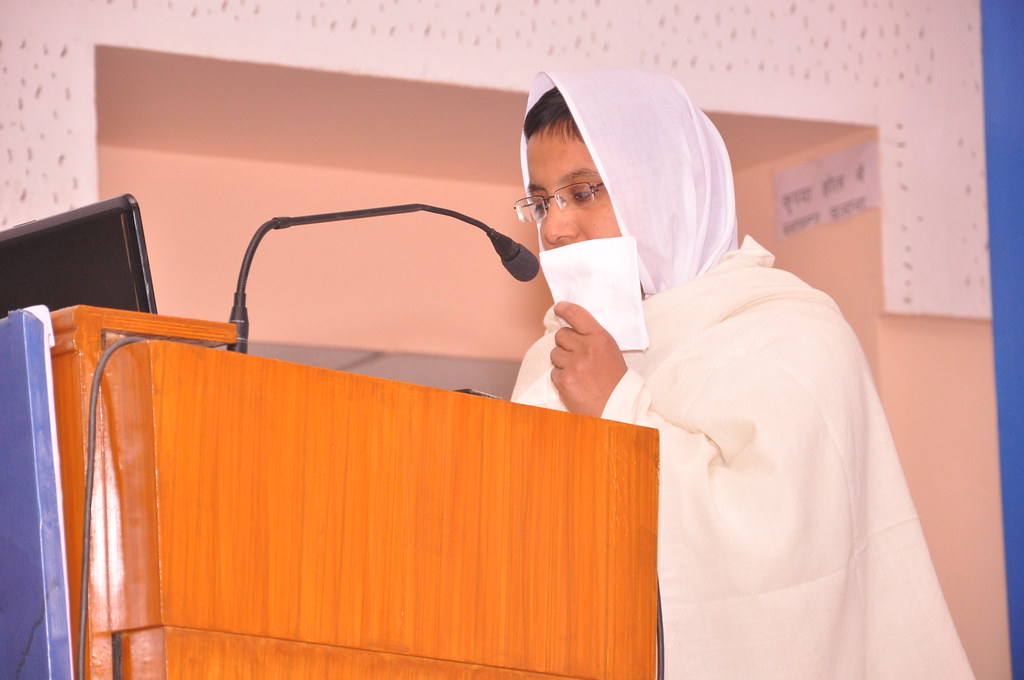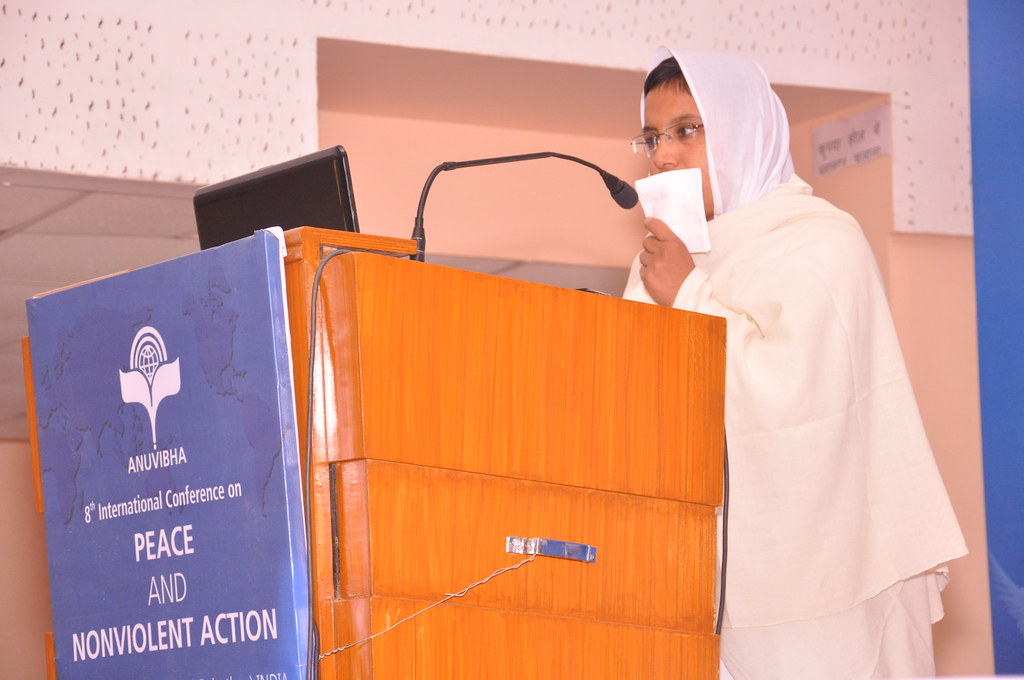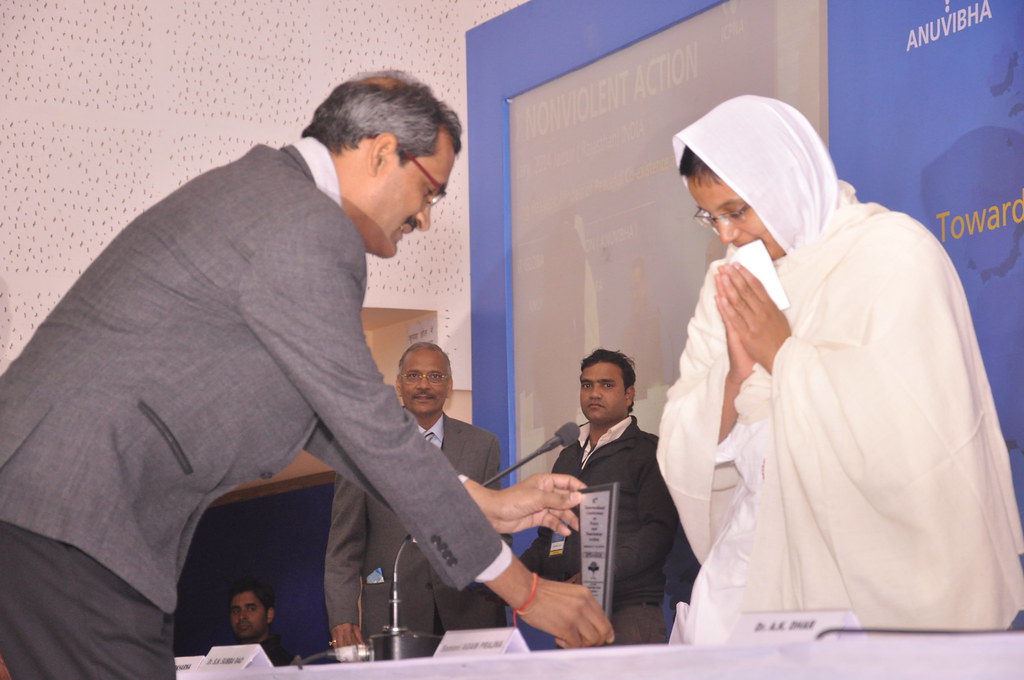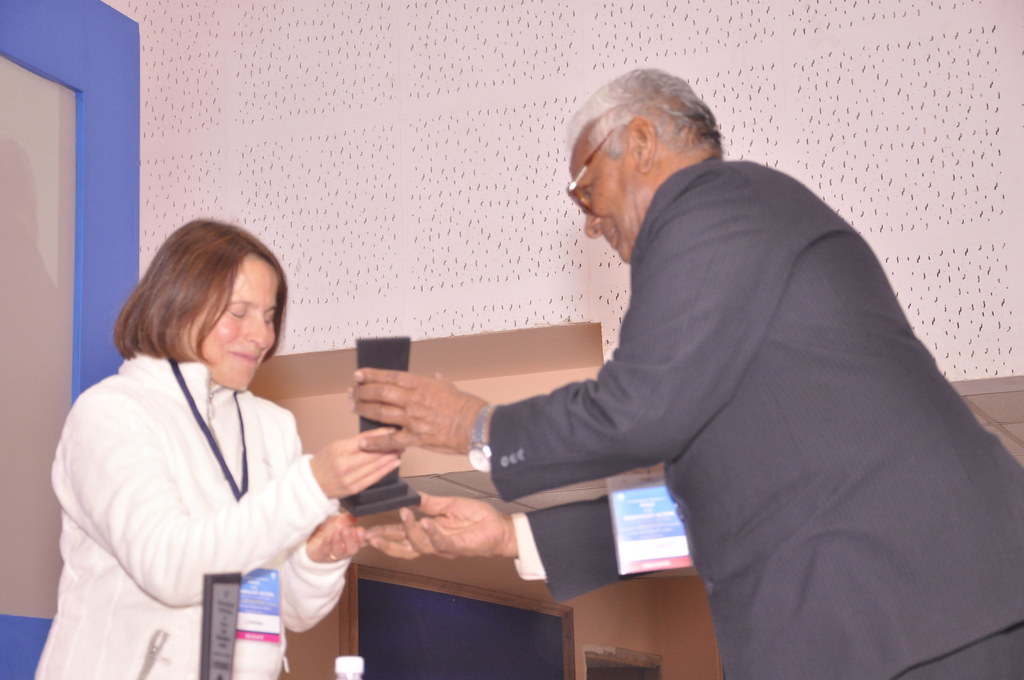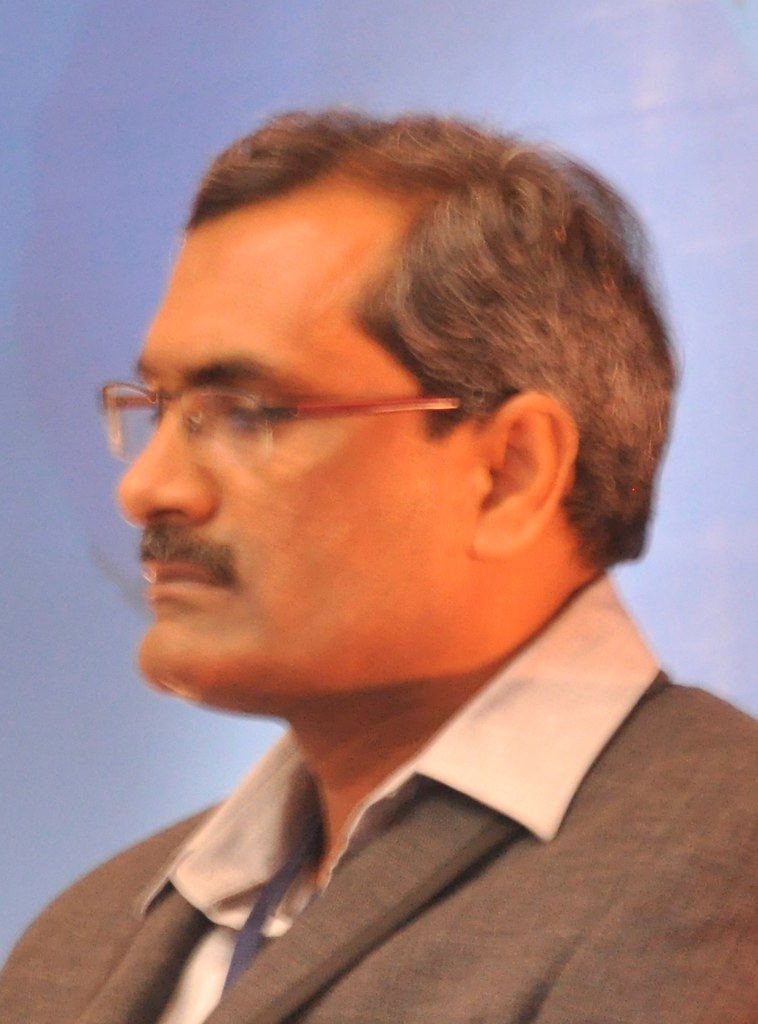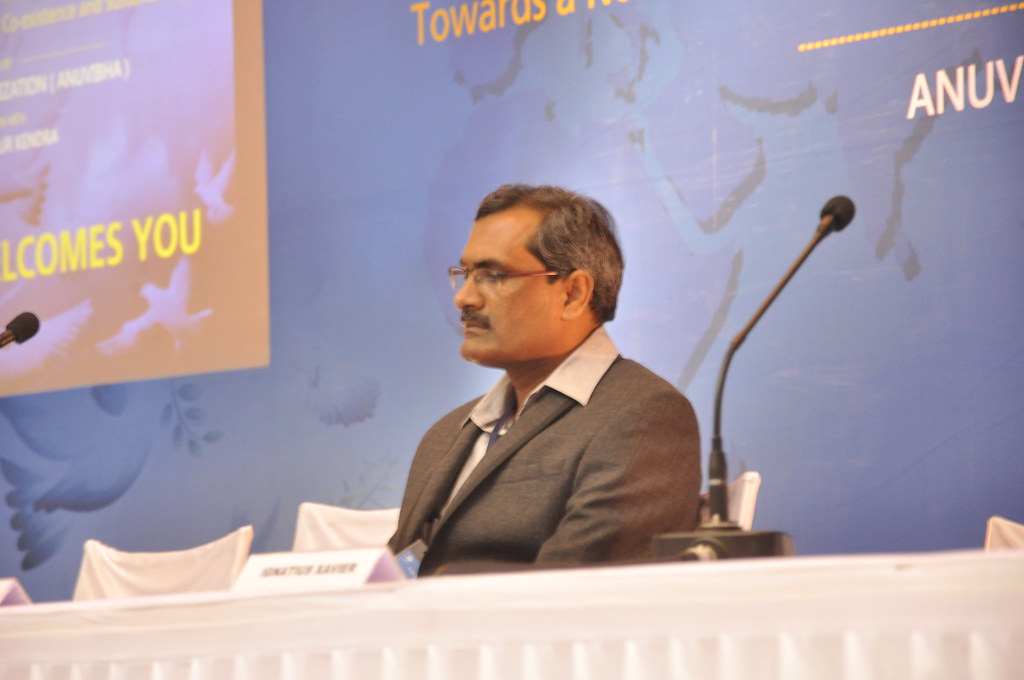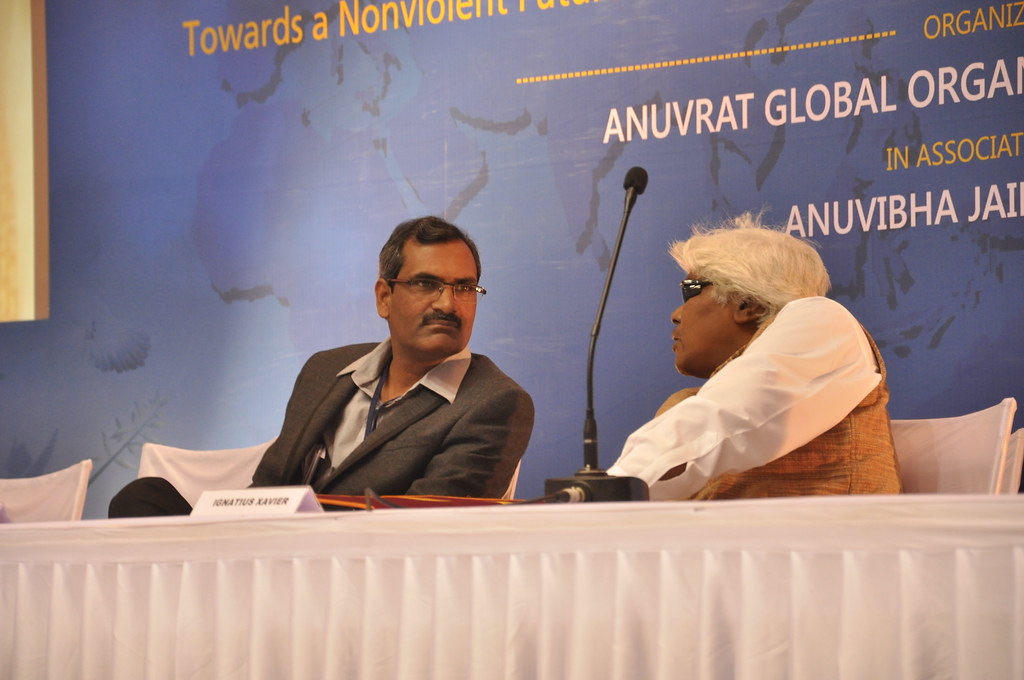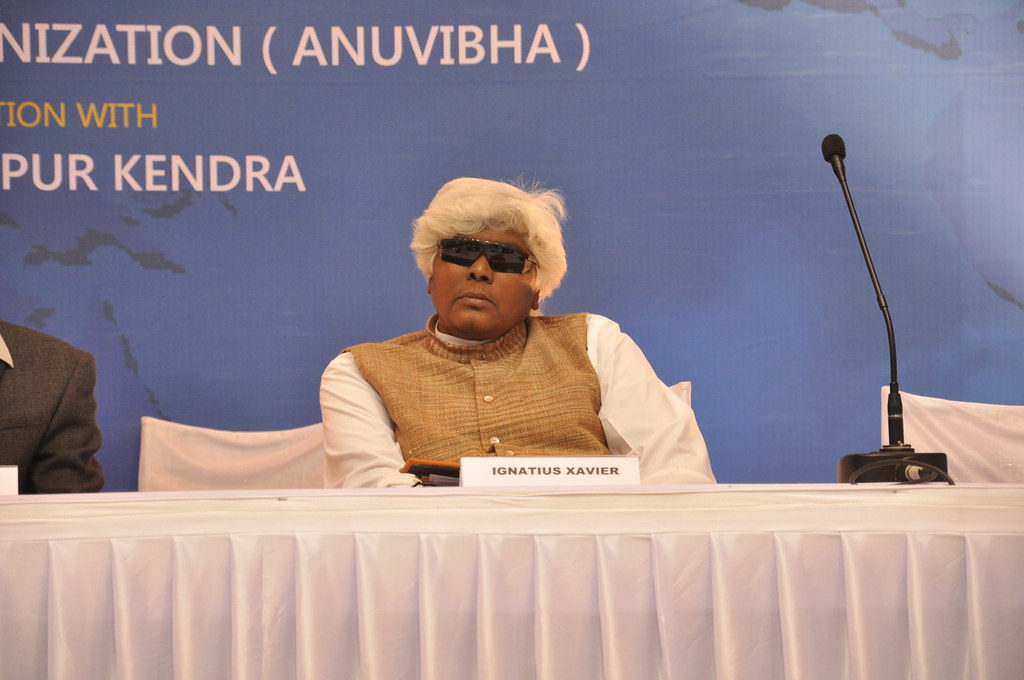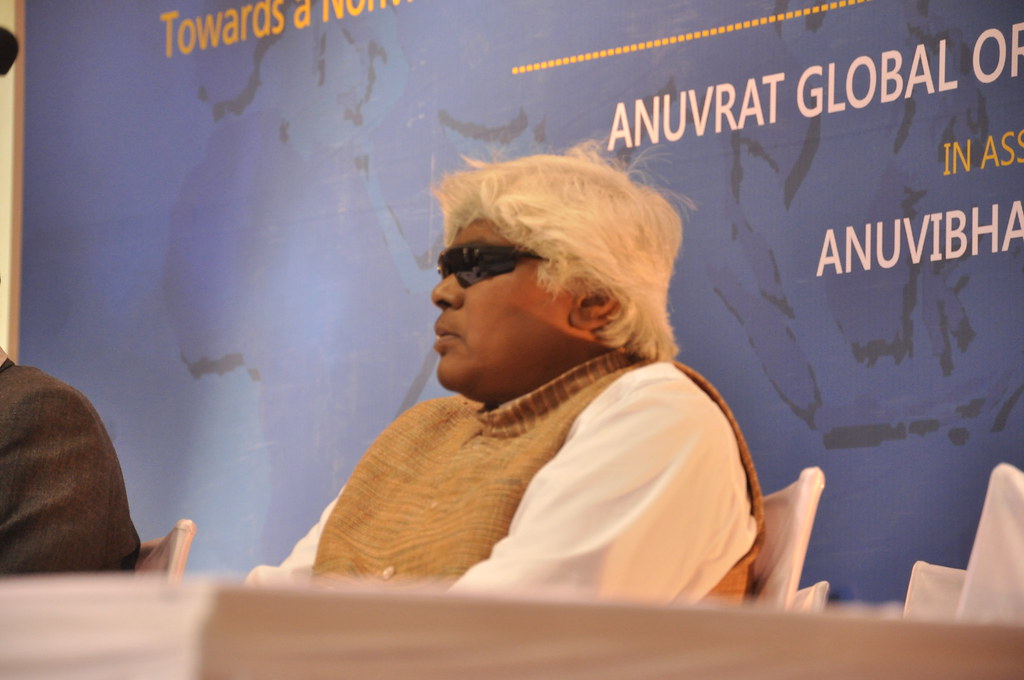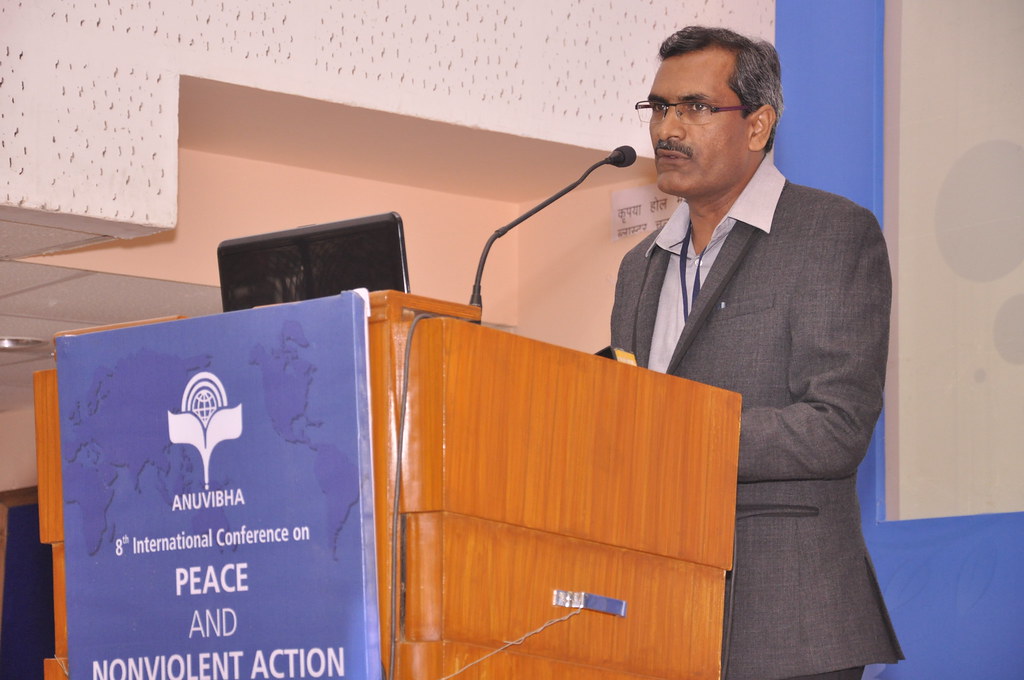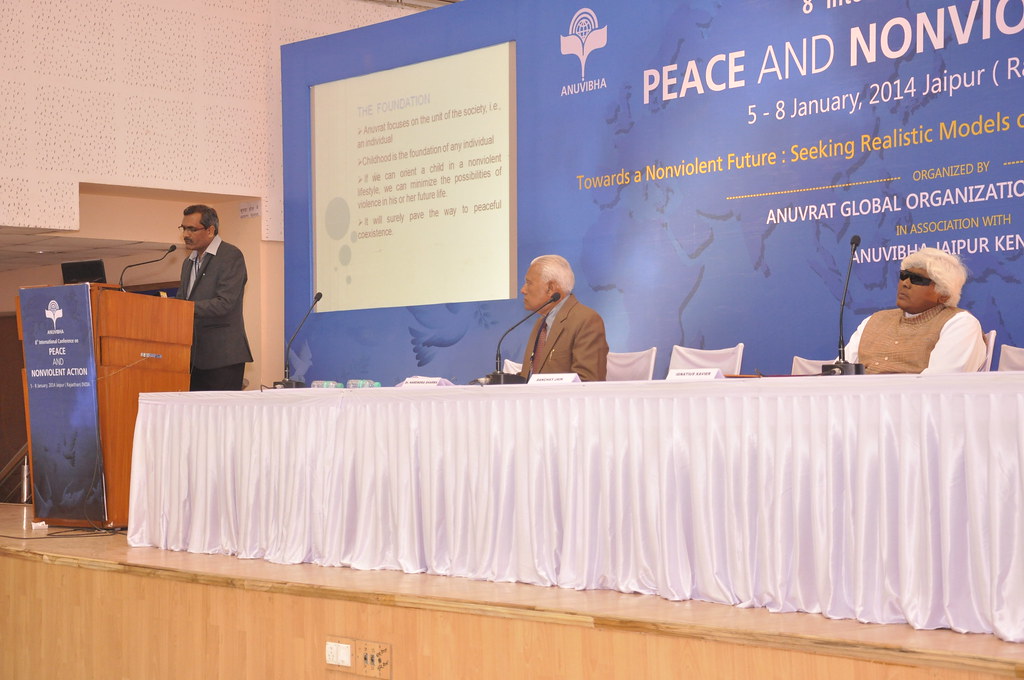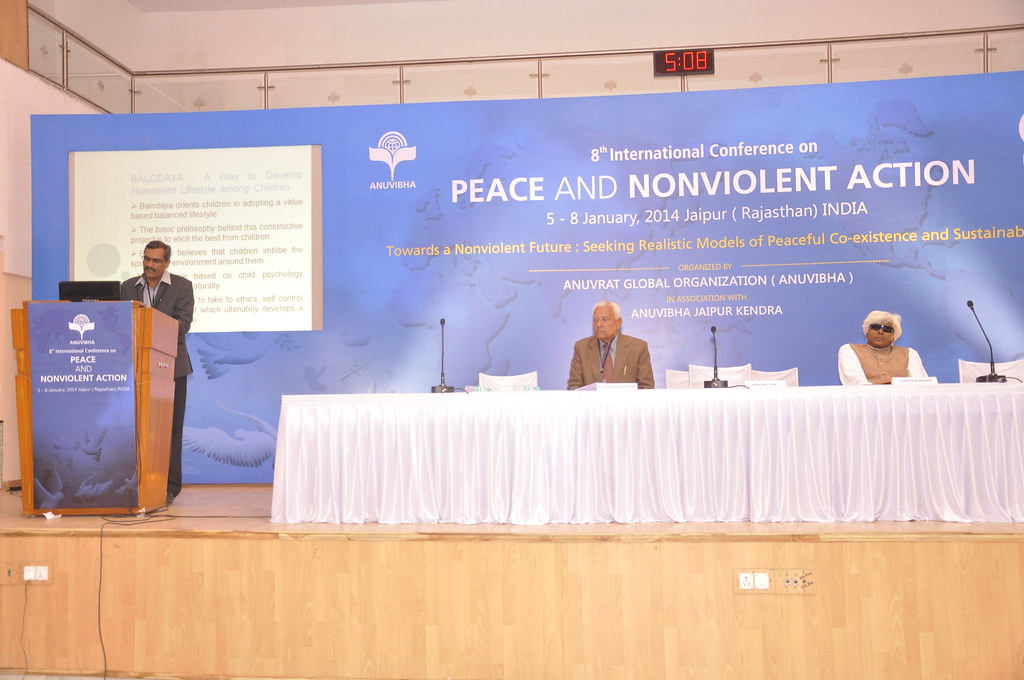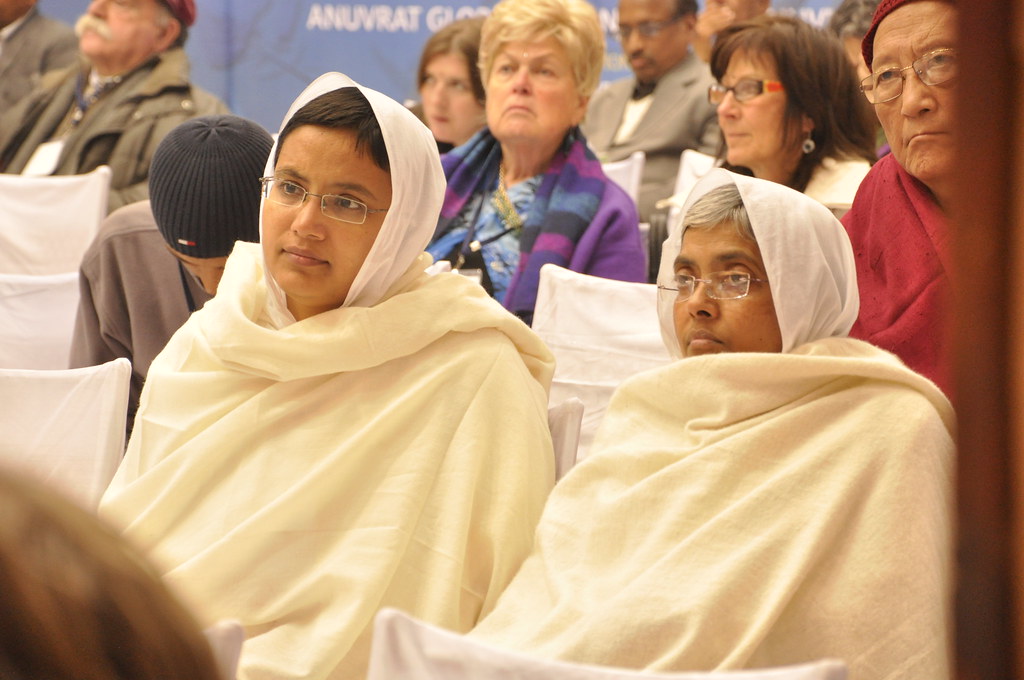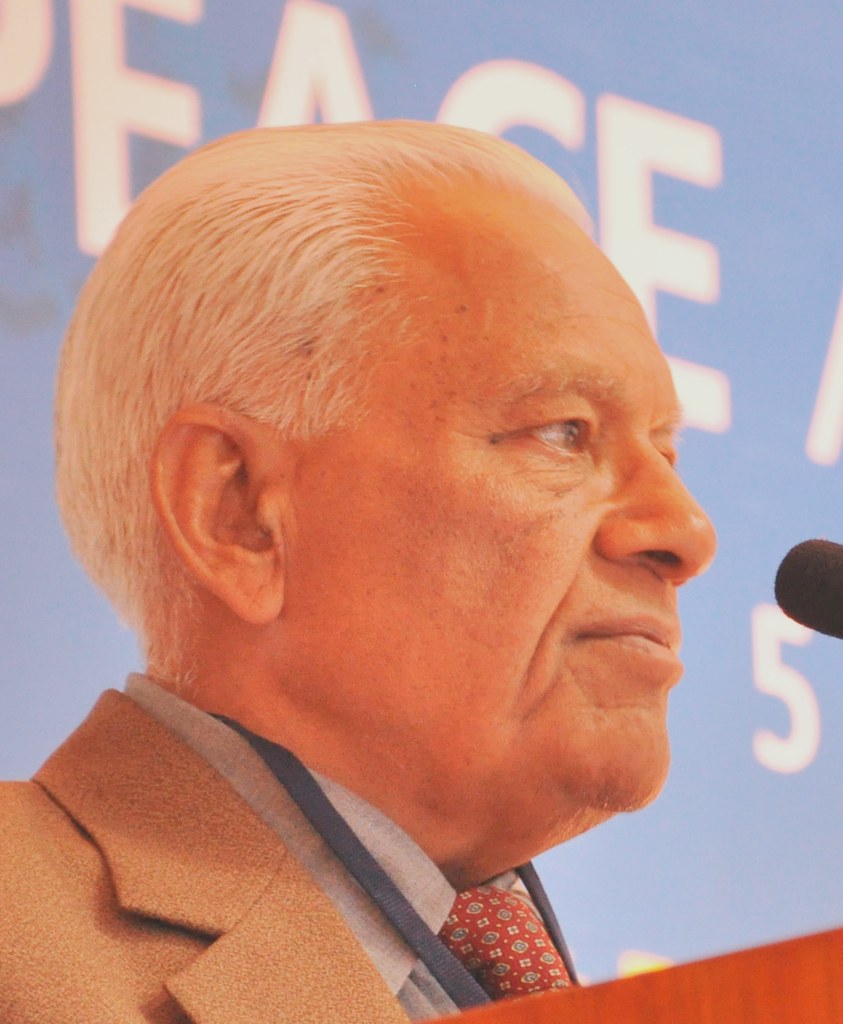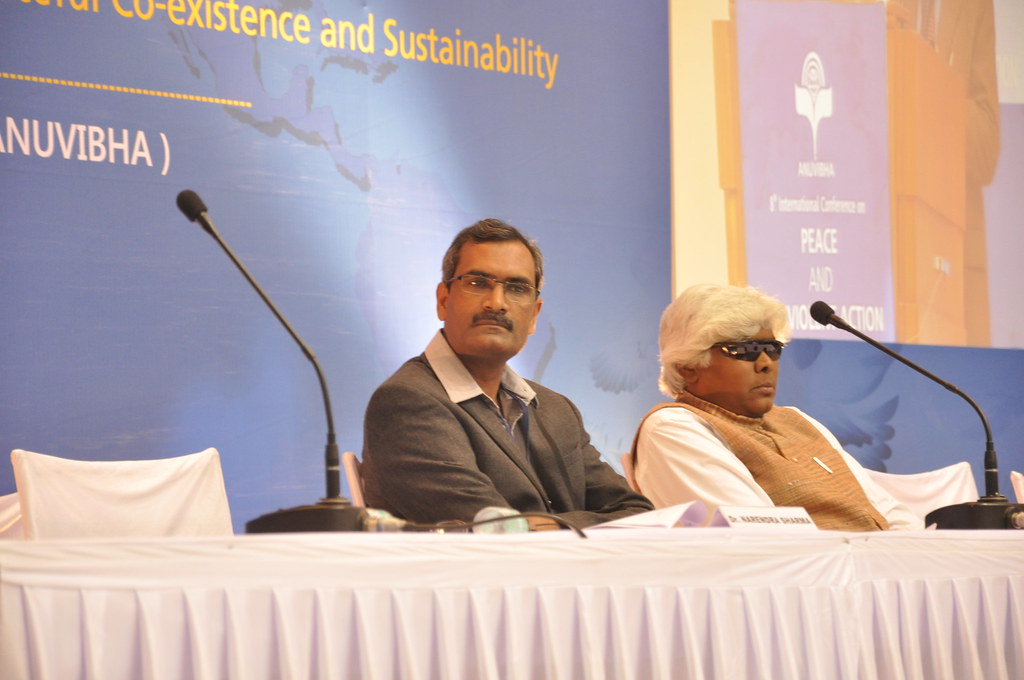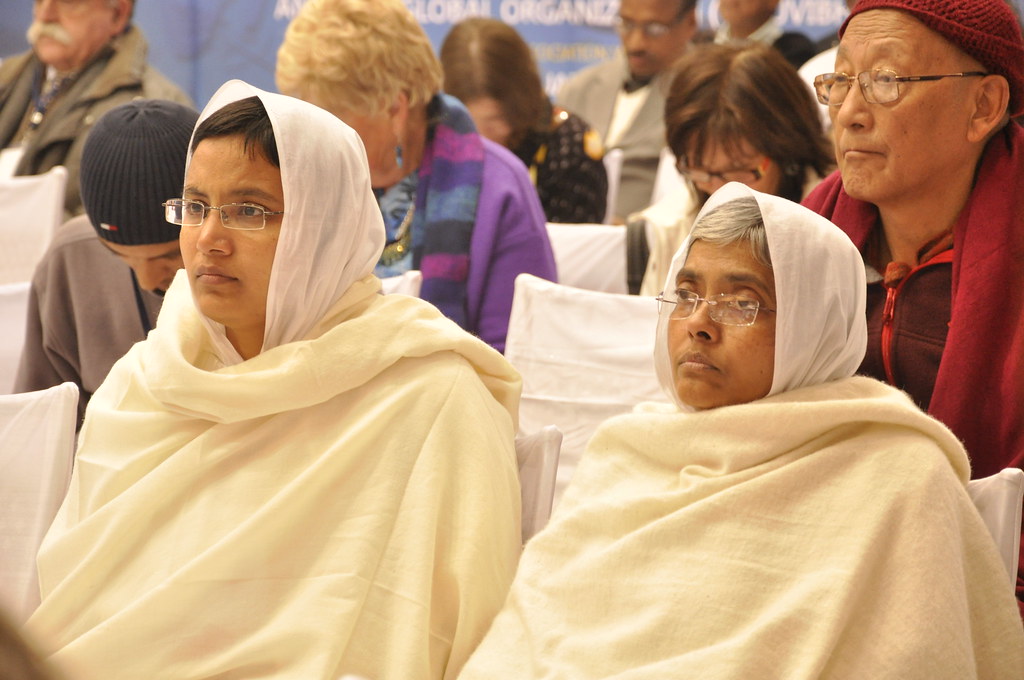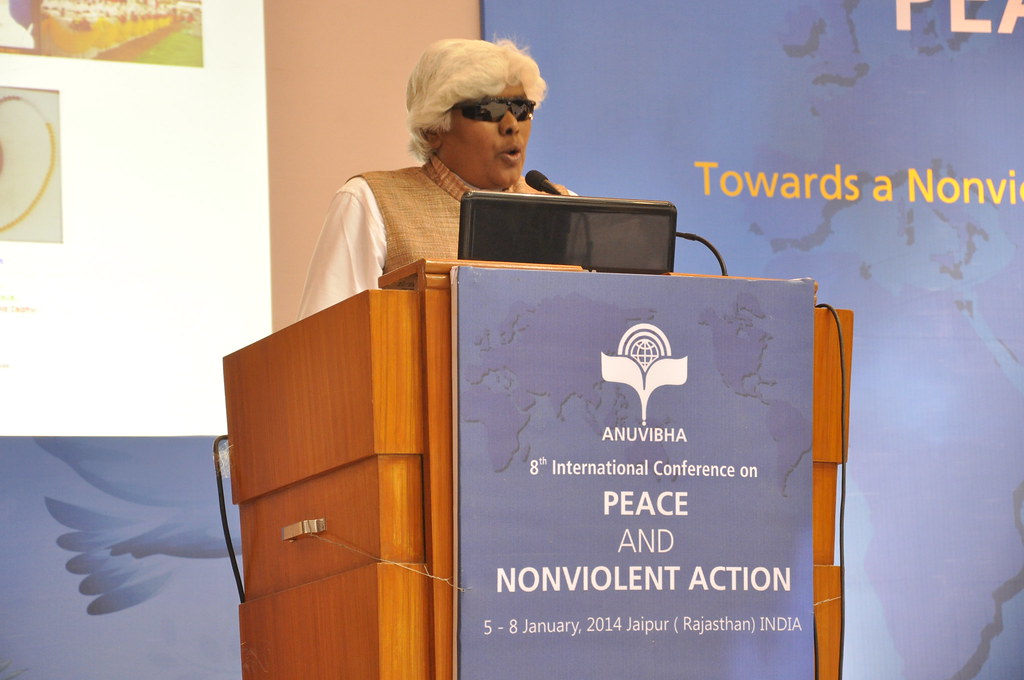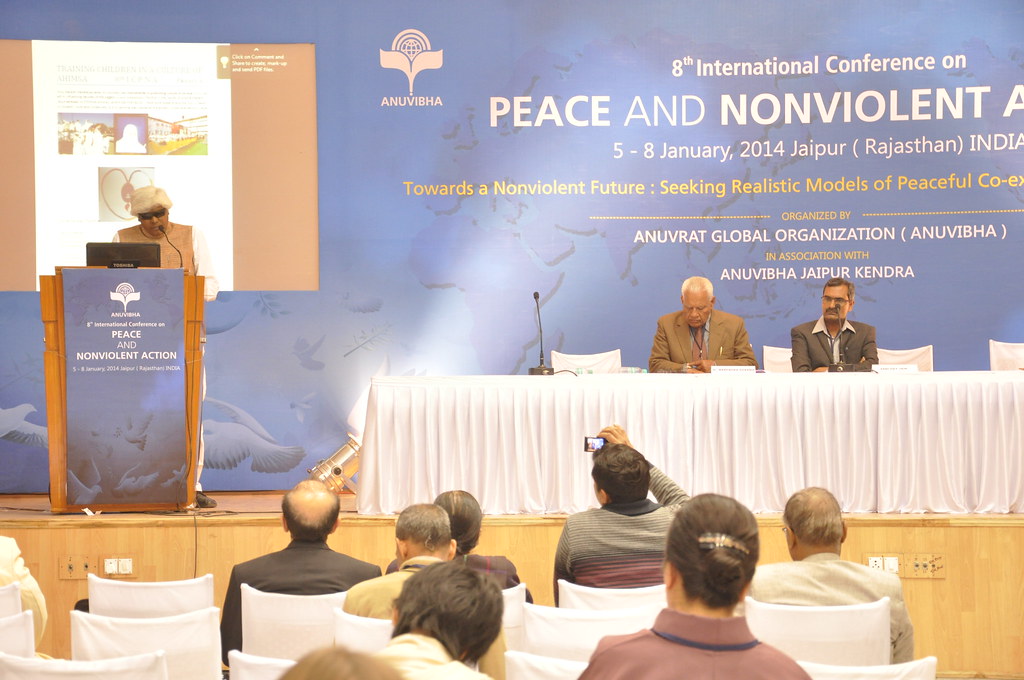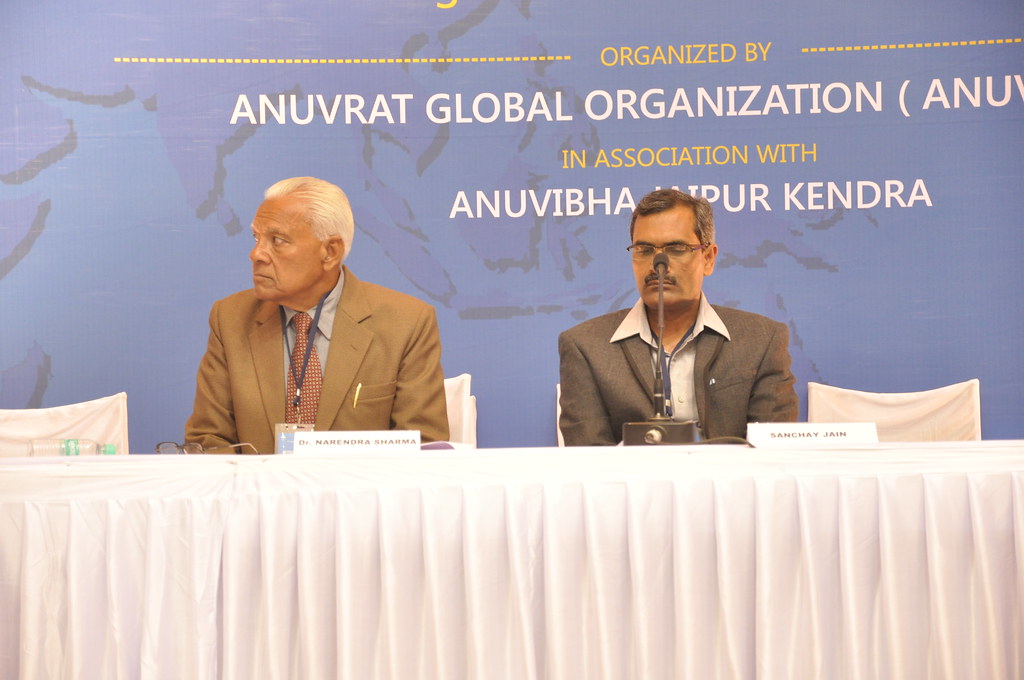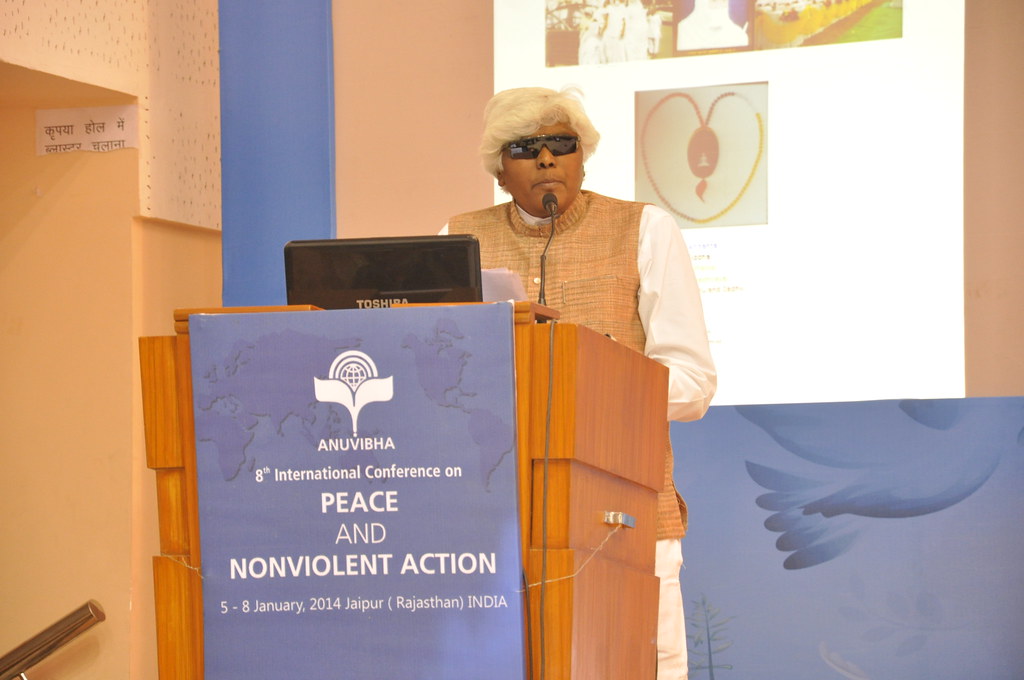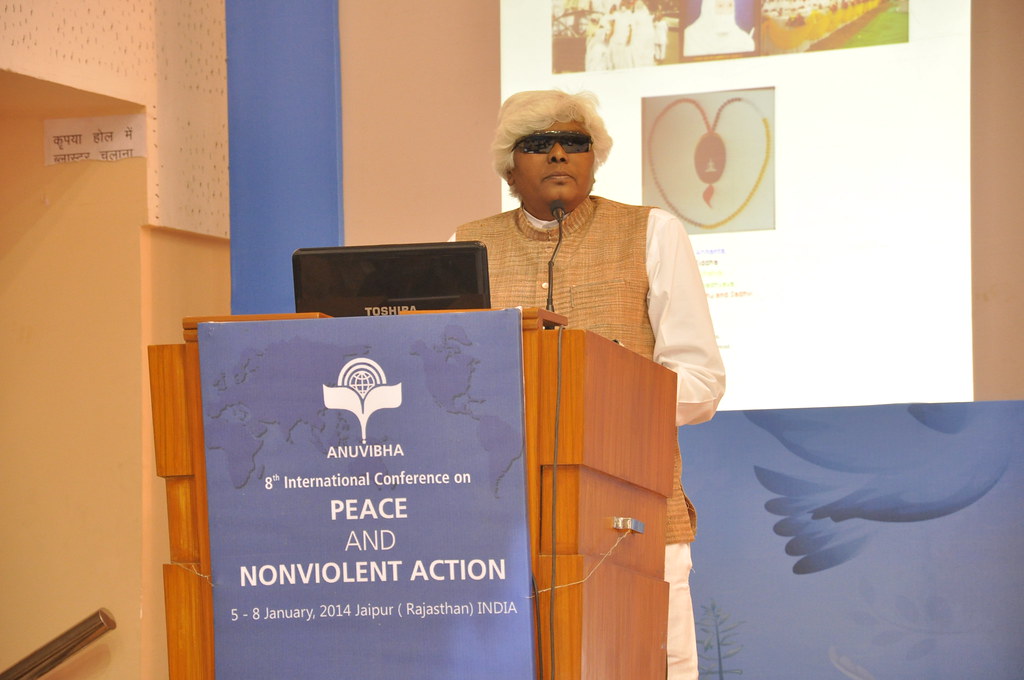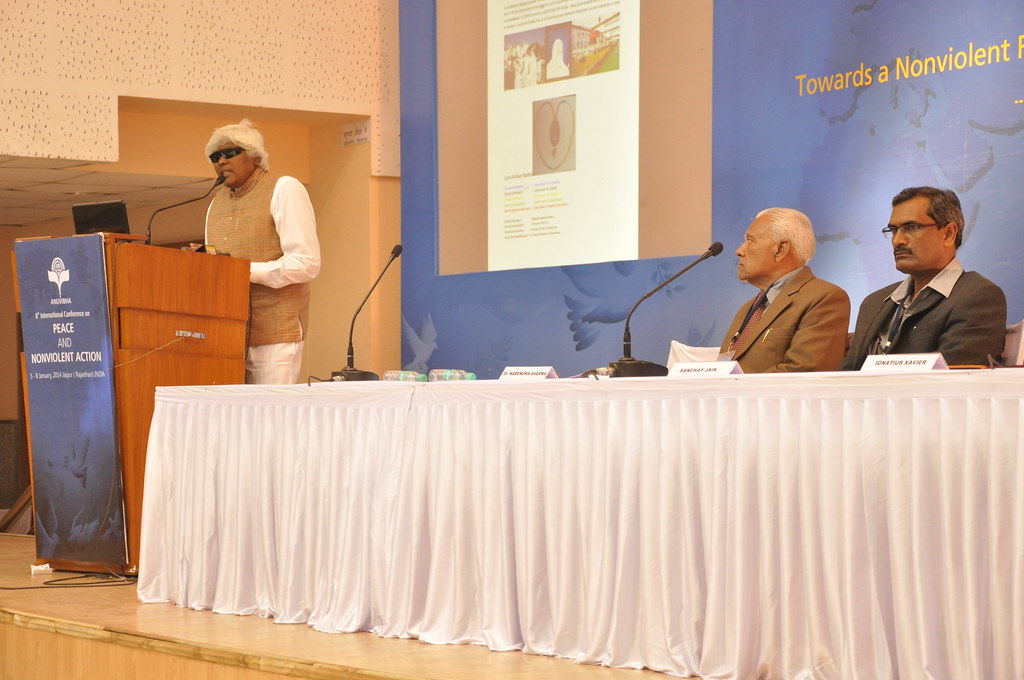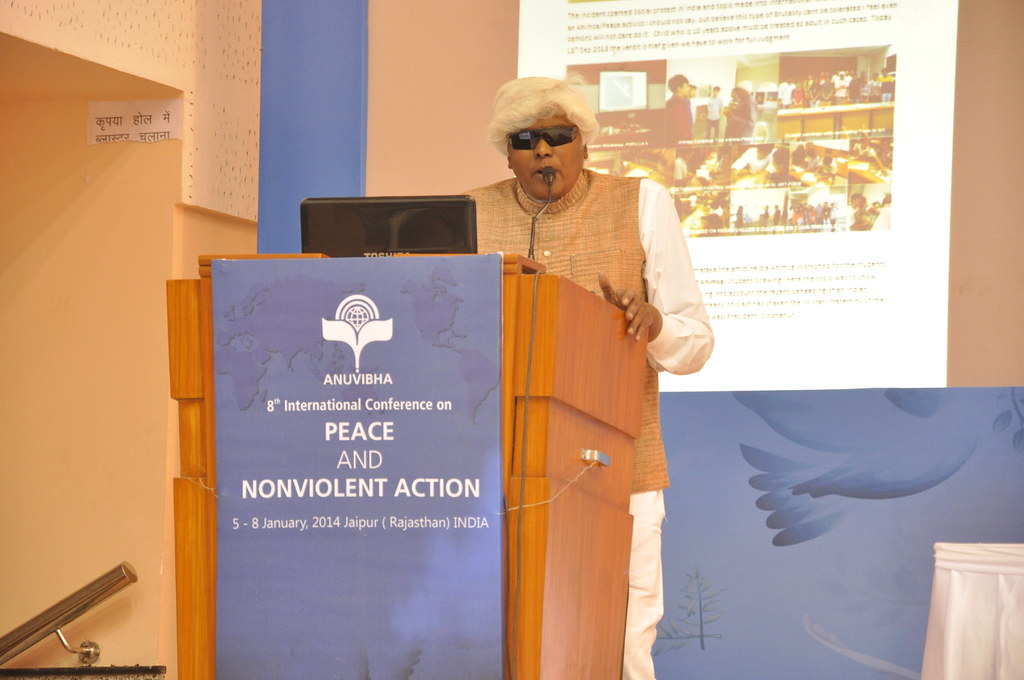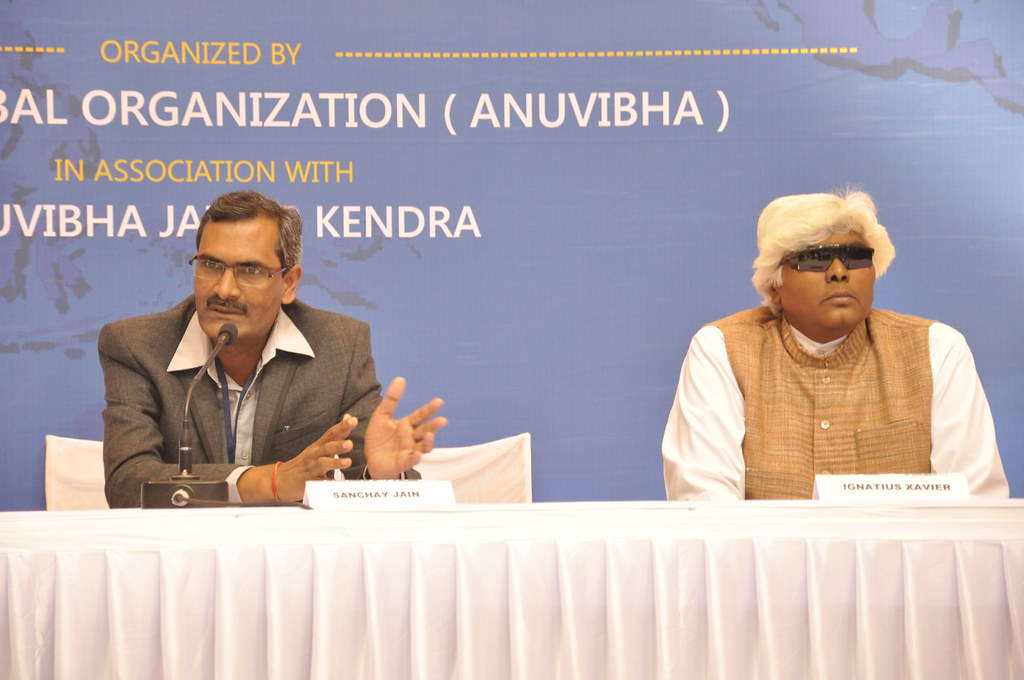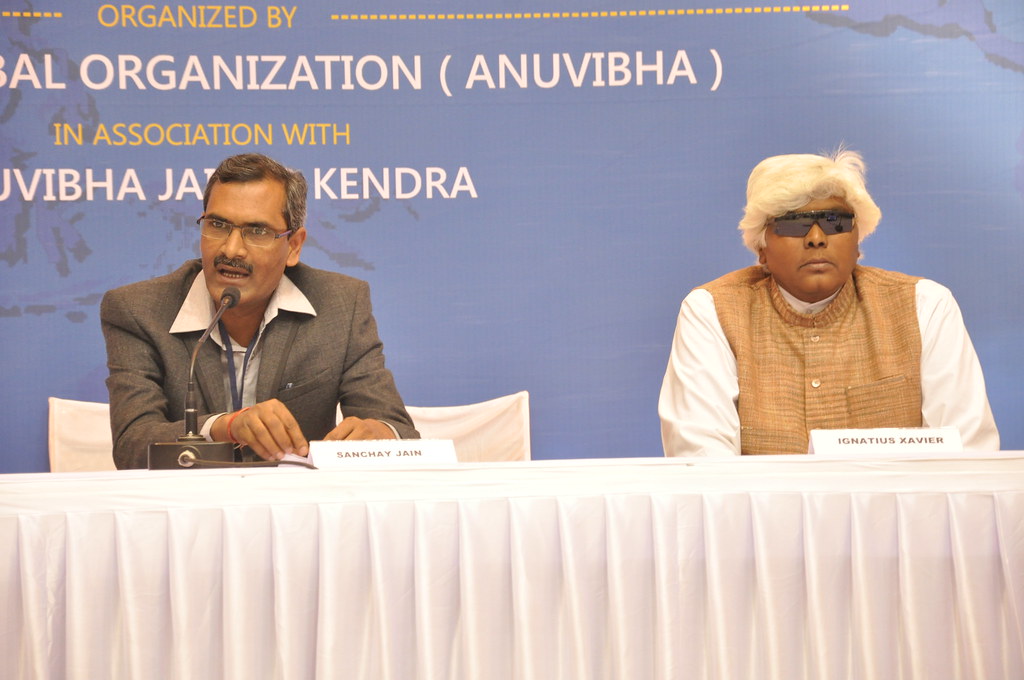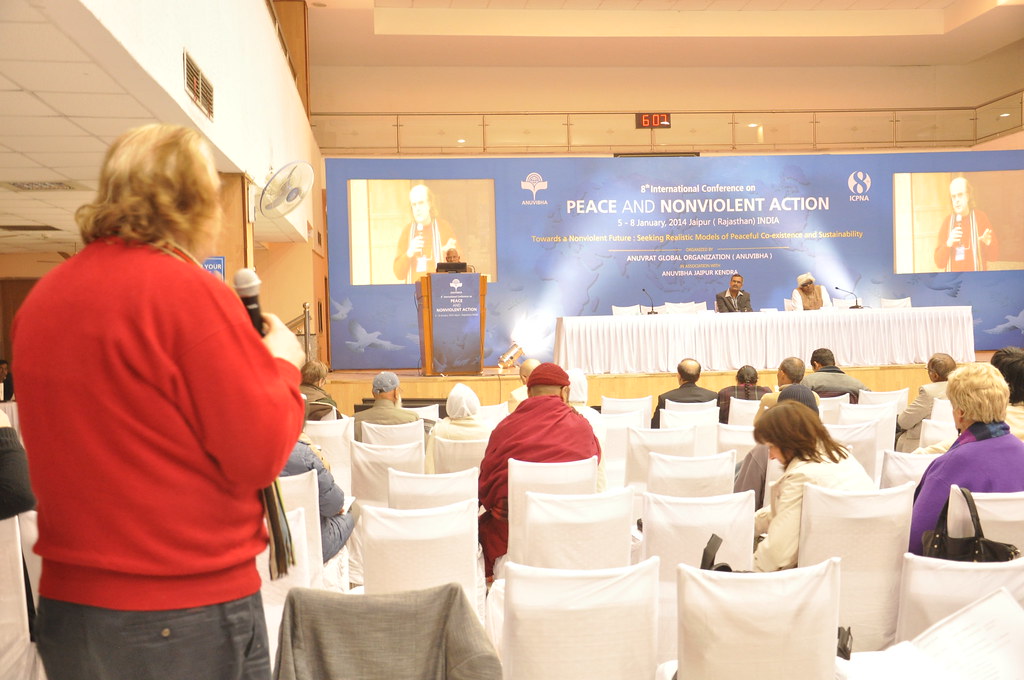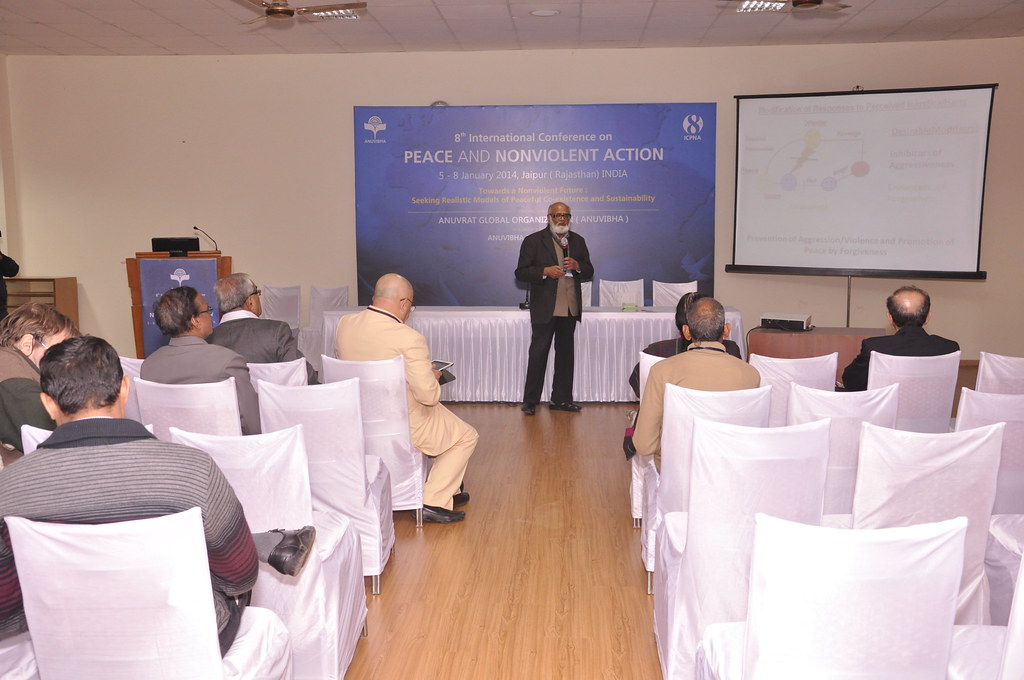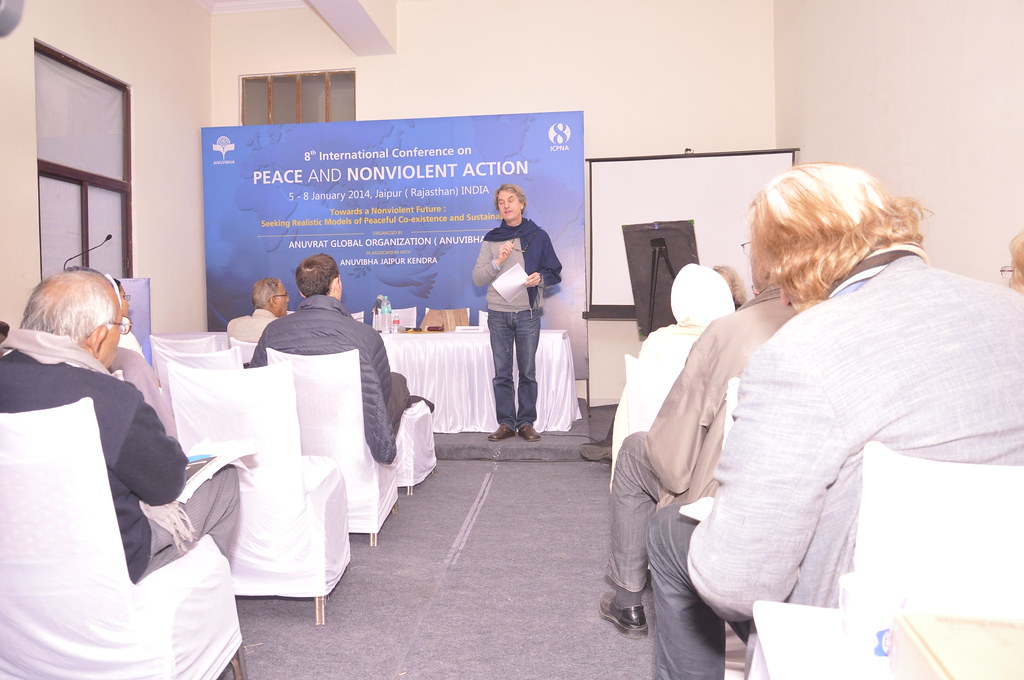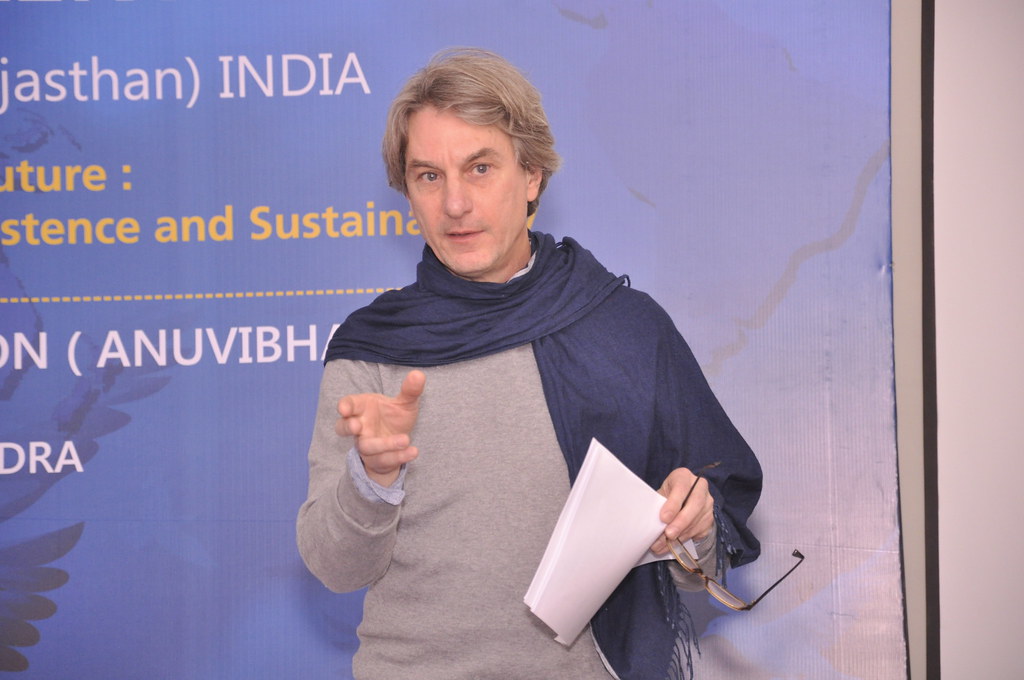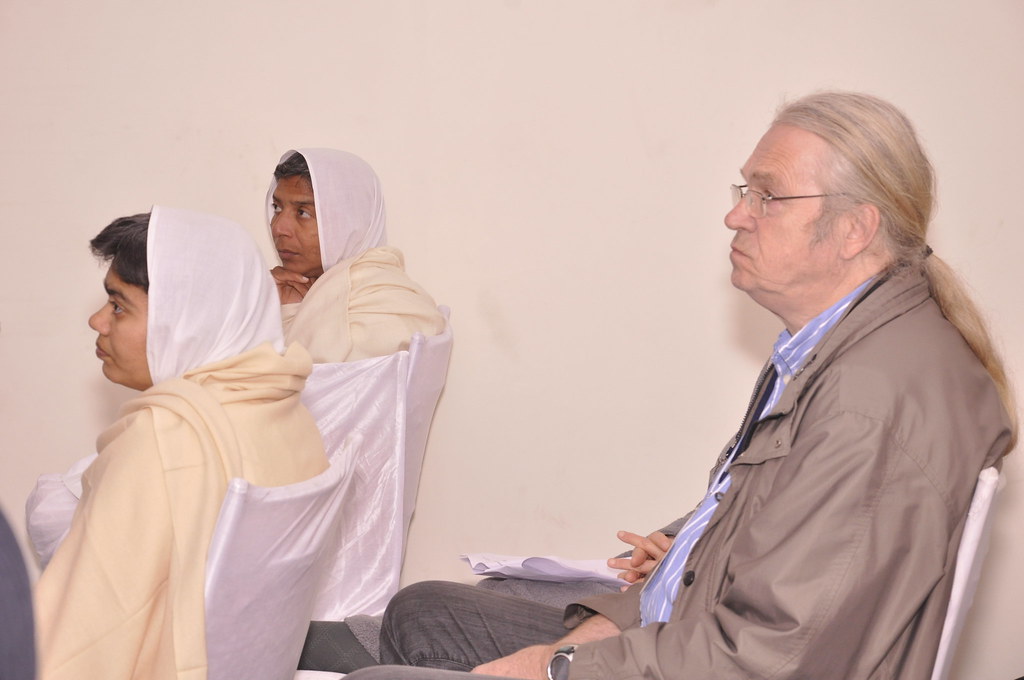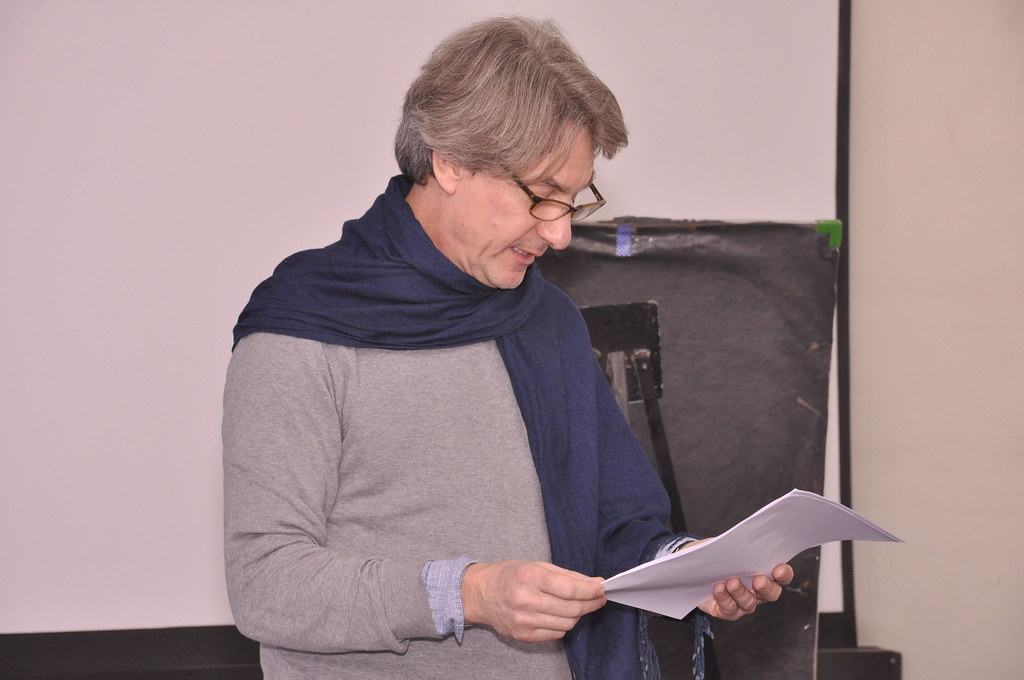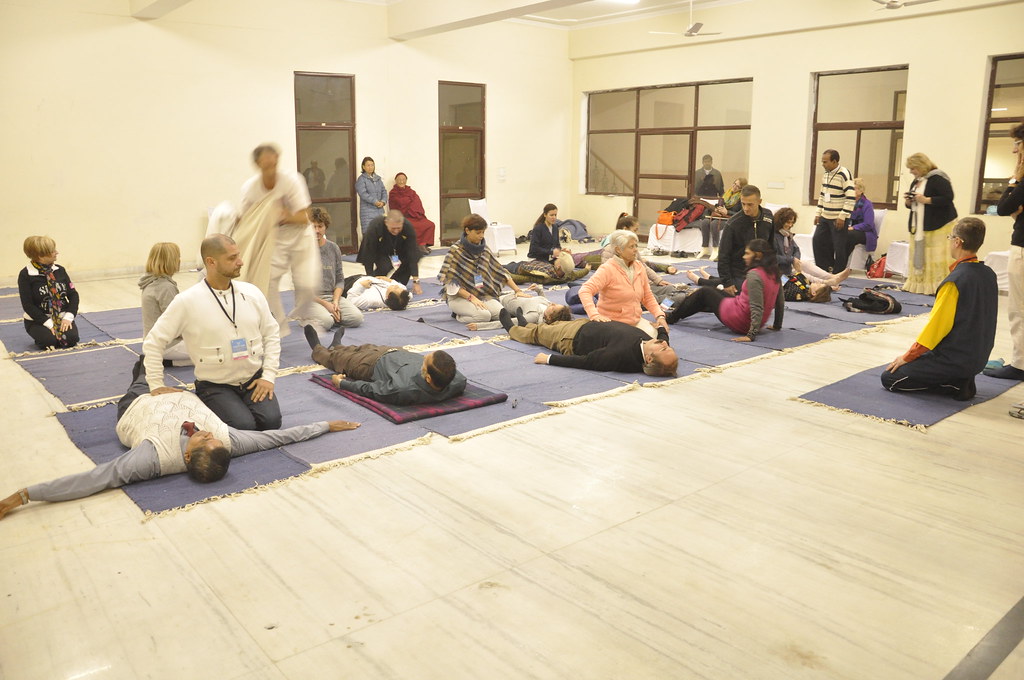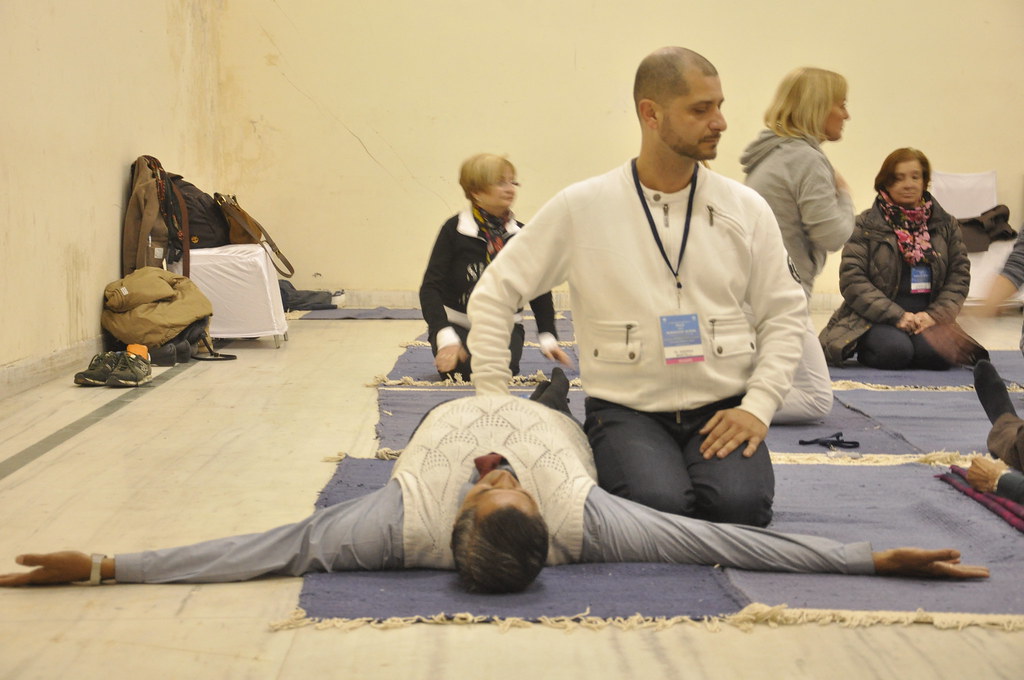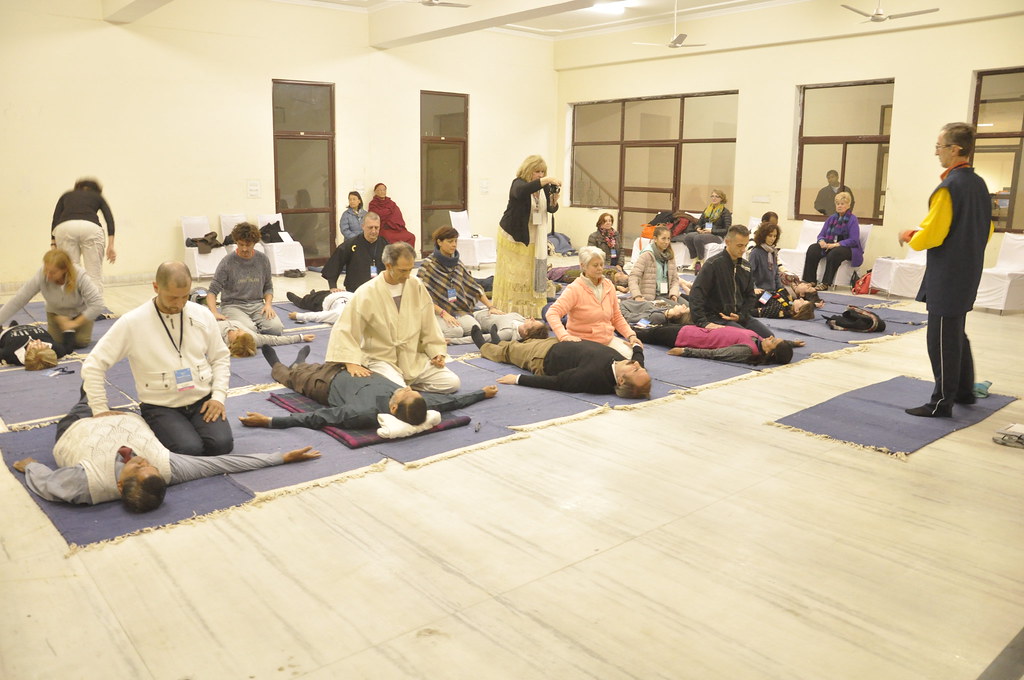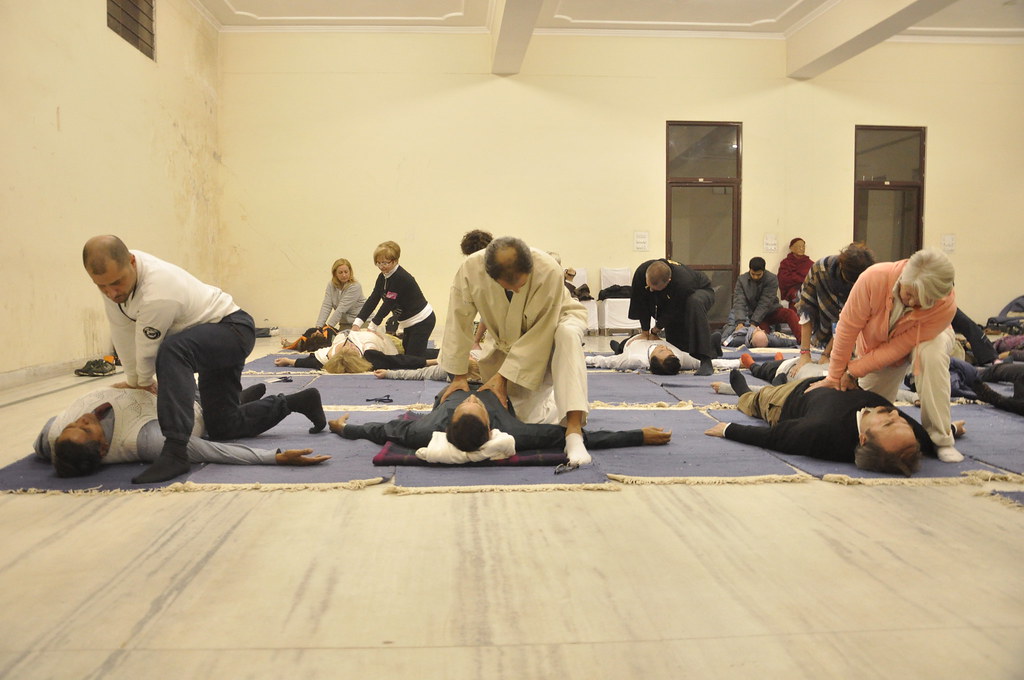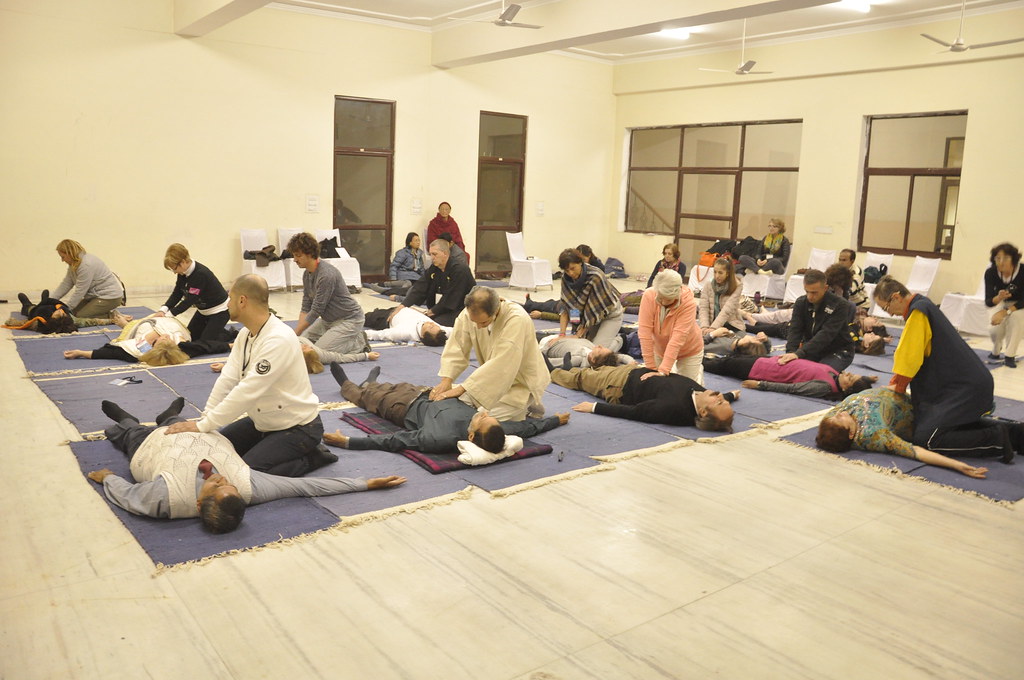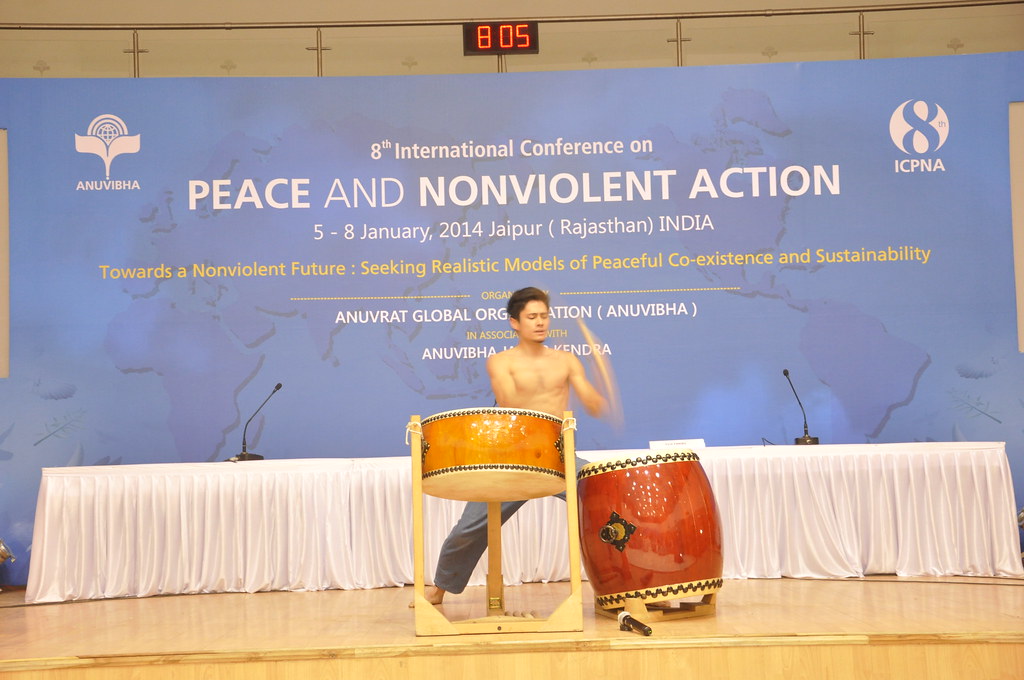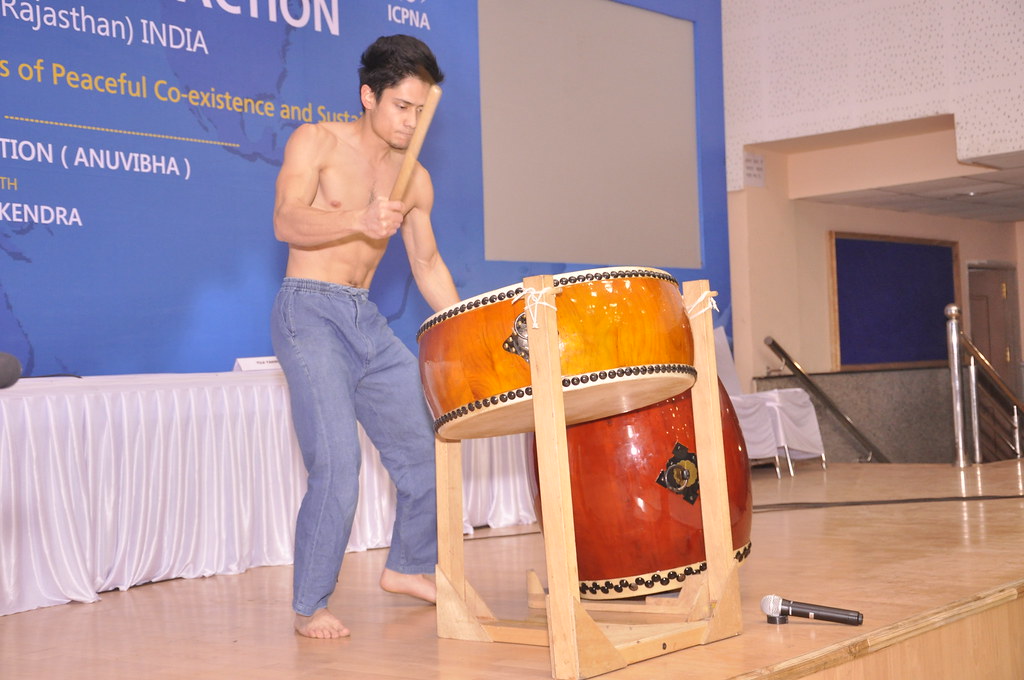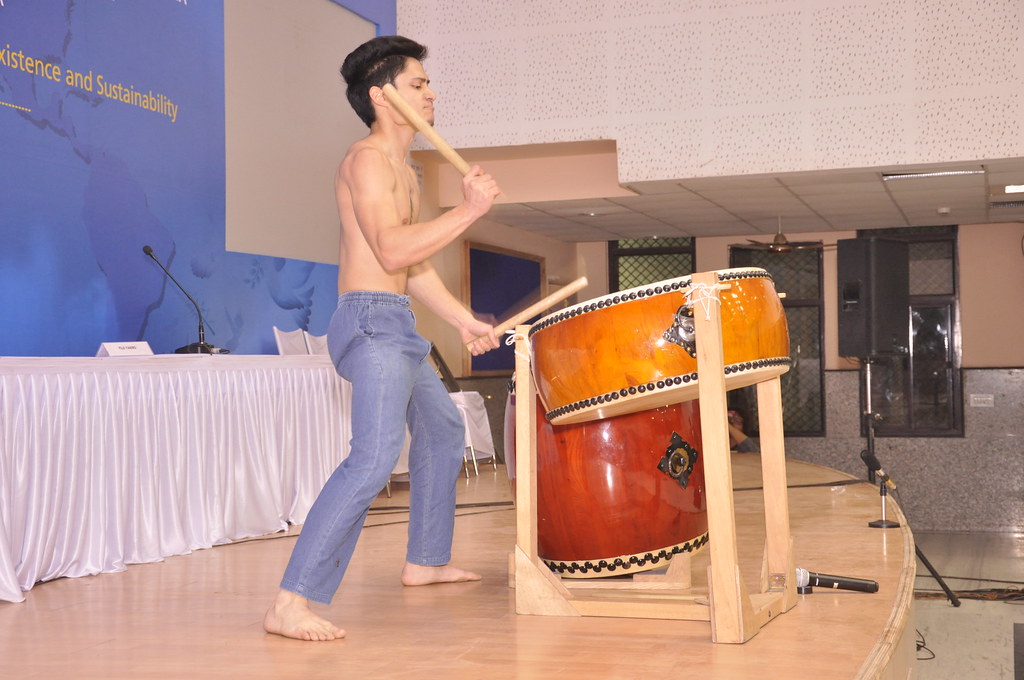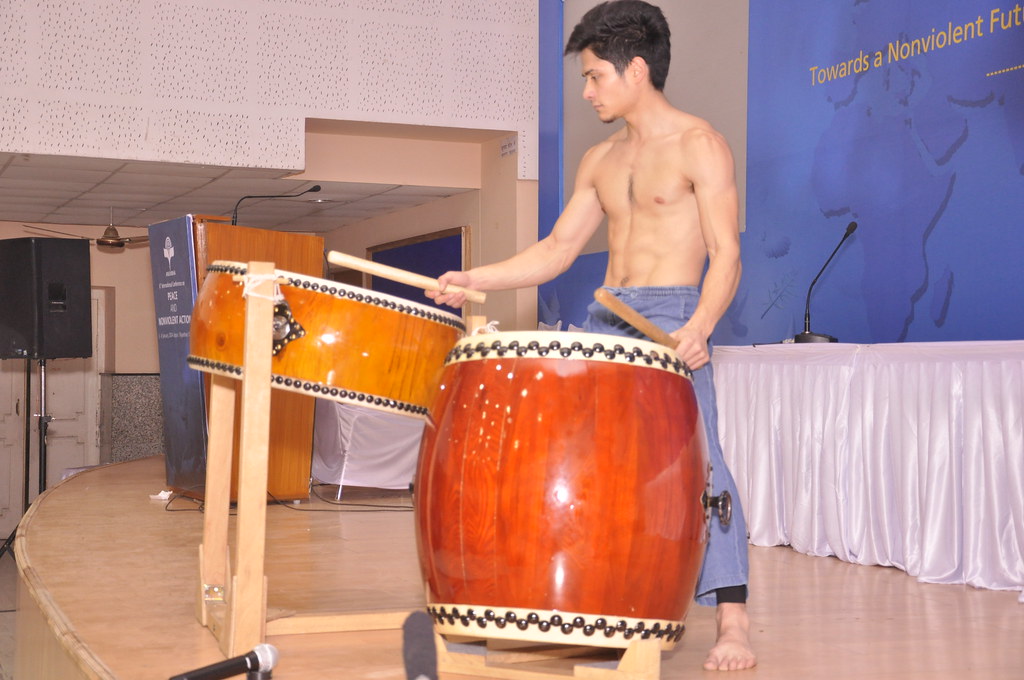This morning Dr. S.L. Gandhi was the chairperson of the first plenary session on this day, the seventh altogether. It was under the theme “Anuvrat as an Instrument of Change for a Better World”. The theme suited very well to Dr. Gandhi, Anuvibha President for several years and speaker in demand for the subject of Anuvrat. The four ladies presenting their aspects of the subject to the participants of ICNPA seemed to belong to the same well-versed team; as a matter of fact they had compiled individually their thoughts.
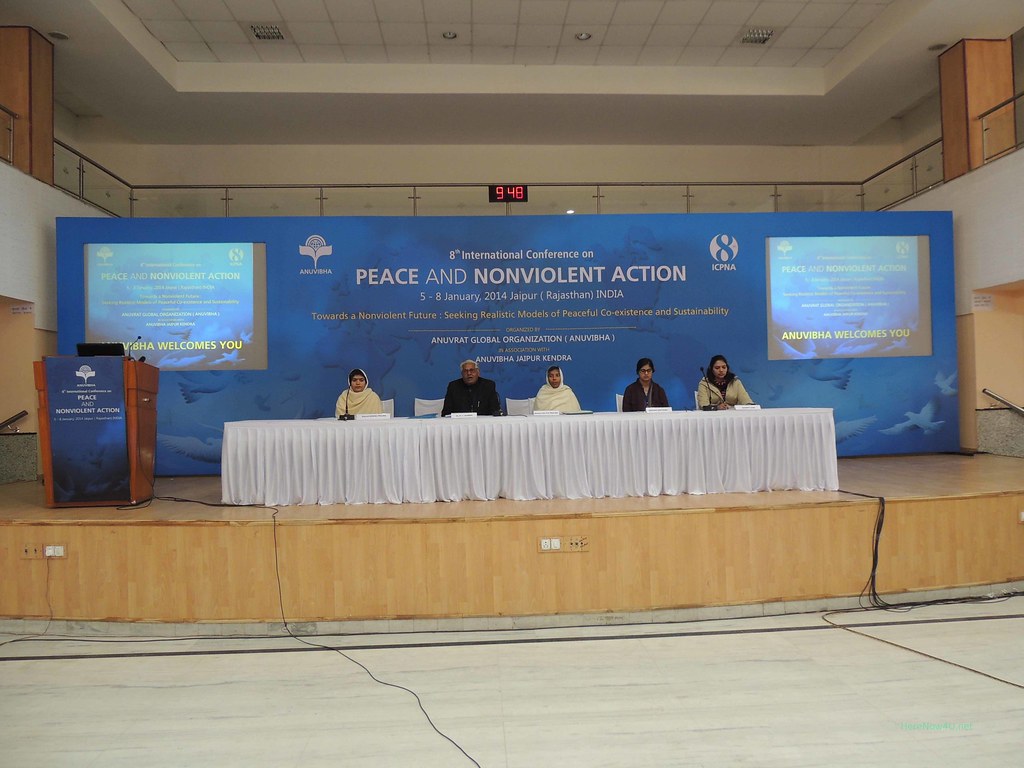
Dr. S.L. Gandhi had the chair of 7th plenary session with contrbutions of Samani Rohini Pragya (f.l.), Samani Satya Pragya, Shivani Bothra, Prof. Bharti Jain.
Samani Rohini Pragya described Anuvrat as empirical-realistic crossing of boundaries between traditional Jain philosophy and contemporary practical spirituality without having to be follower of a special community of faith on a metaphorical base.
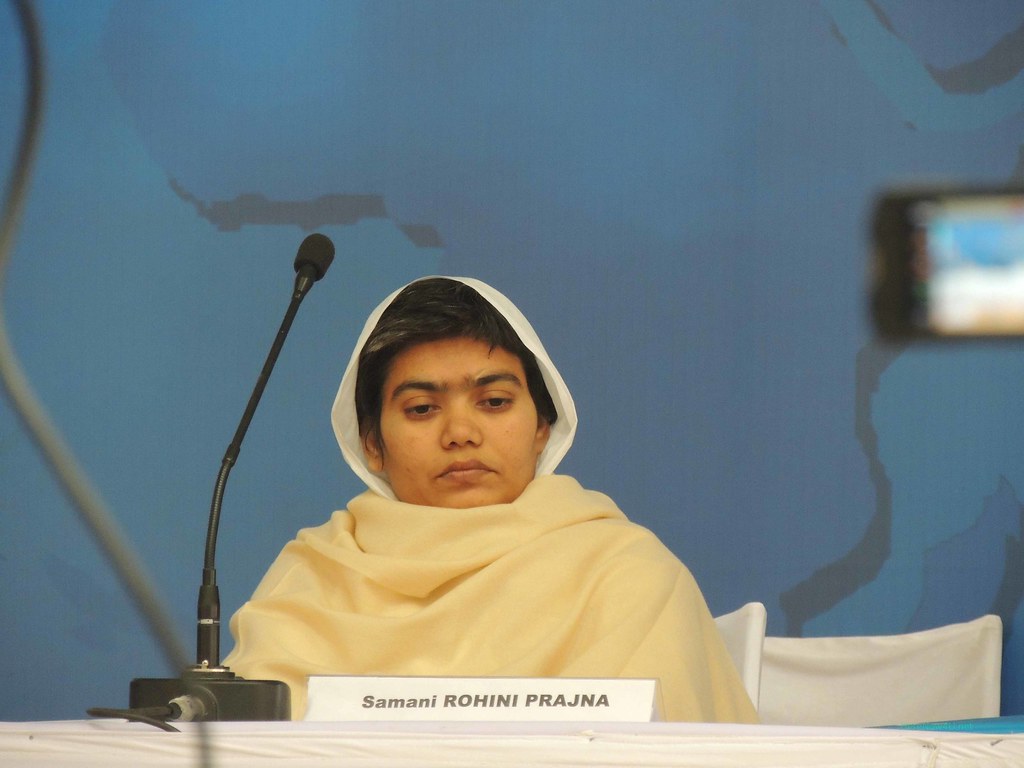
Samani Rohini Pragya on the podium
Samani Satya Pragya compared the multiplicity of philosophical presumptions for a better world with the Mayor (Mahavratas) and minor vows (Anuvratas) in the teachings of Lord Mahavira. Mahavratas and Anuvratas are methods easy to realize for every individual, building together a society based on respect, tolerance and peacefulness.
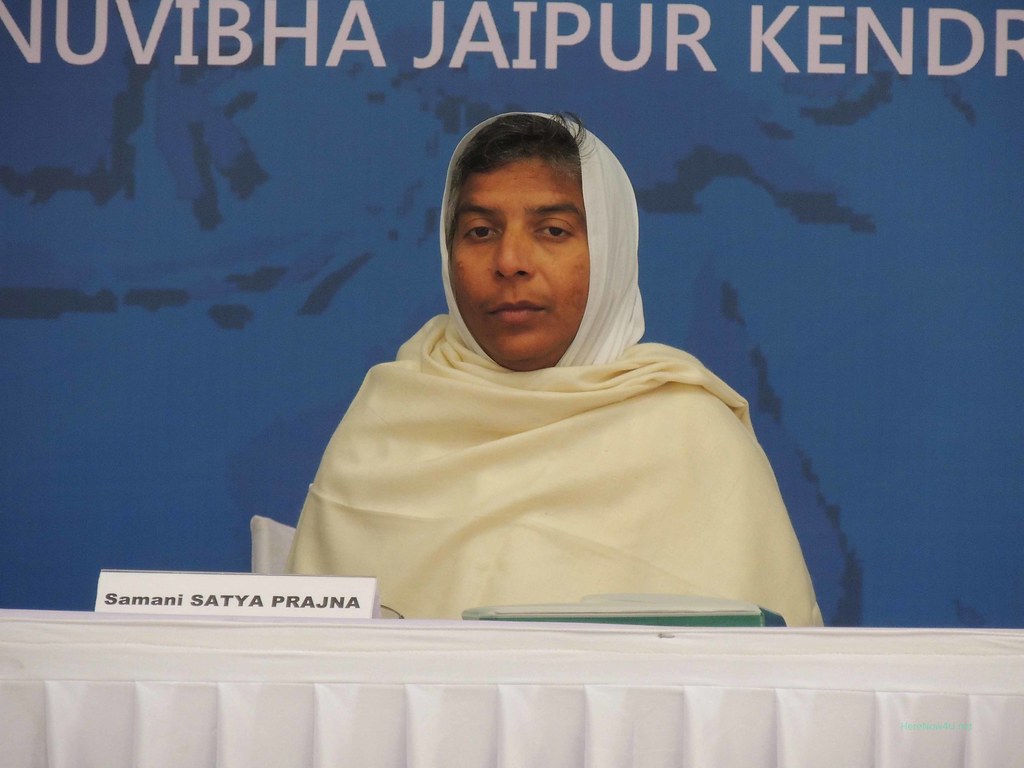
Samani Satya Pragya
Shivani Bothra reflected if Anuvrat with its universal concept might reach globally beyond Jainism as did Yoga beyond Hinduism and meditation beyond Buddhism.
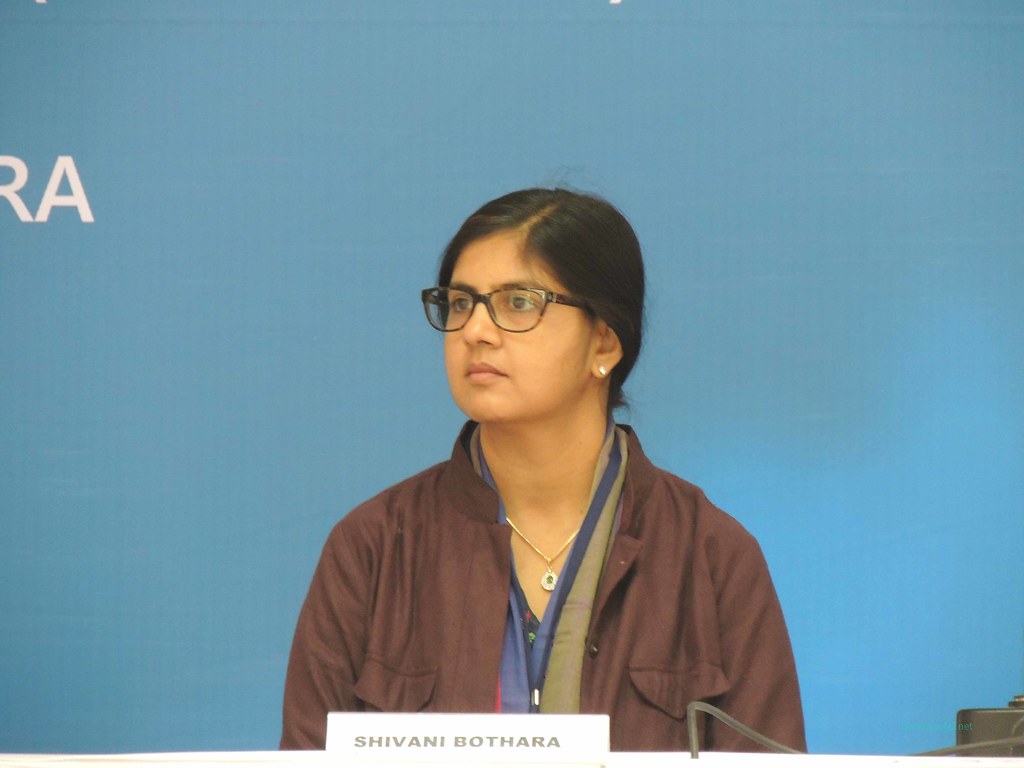
Shivani Bothra
Prof. Bharti Jain reflected in her presentation especially the situation of young women in India and suggested to enlarge the small vows with the model to grant support once a day for the endeavor of a young woman to be educated. Involuntarily I remembered the two teachers from the day before and a saying of 9. Terapanth Acharya Tulsi. The latter always campaigned for the education of women. According to him, the education of a man made him earn his livelihood, the education of a woman brought culture into a whole family.
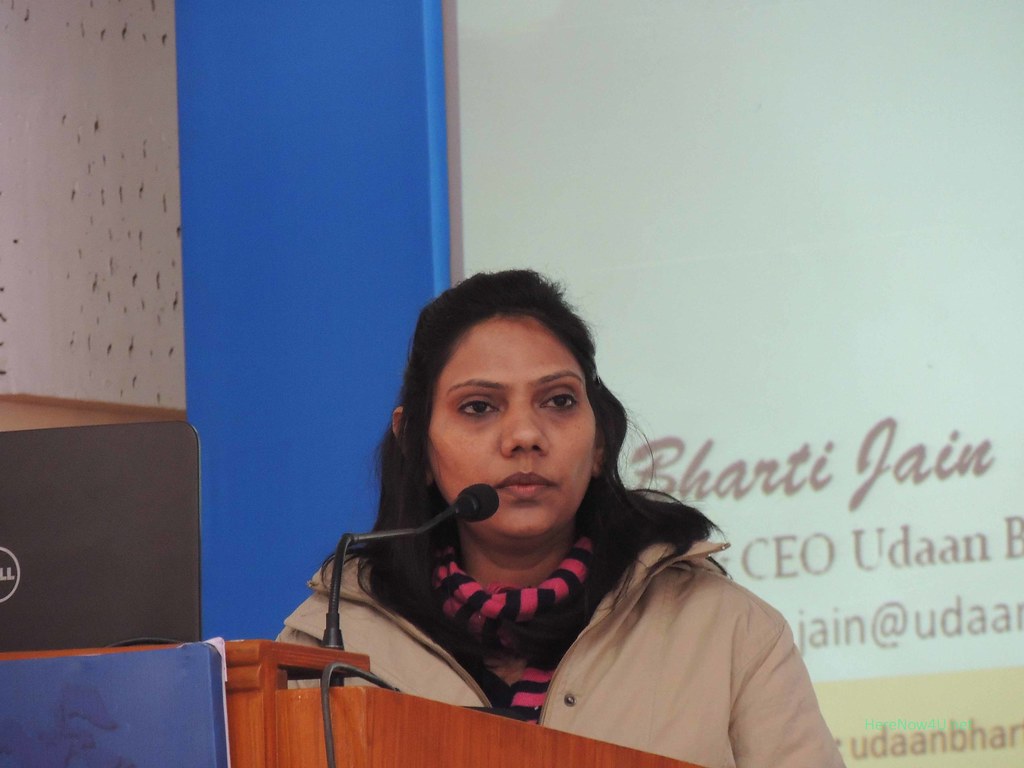 Mrs. Bharti Jain
Mrs. Bharti Jain
Prof. Bharti Jain during her presentation
After the plenary session there was an opportunity to talk more in detail with the Samanijis. In 2007 was my first encounter with Samani Rohini Pragya and Samani Satya Pragya at the occasion of my German Language Course at JVBU Ladnun. Both of them participated very successfully in it, and since then they are welcoming me in German. We talked on this and that, and then Samanijis mentioned the completion of their project to provide English subtitles to 50 videos of Gurudev Tulsi’s lectures. They proposed that we publish them on HN4U. But actually the videos were in Ladnun, where Samanijis intended to return the same evening. We planned to join the trip to Bhinasar, but unfortunately this trip would not come over Ladnun. So we tried to find a solution to get the videos for publishing. They told us that others as well had got some copies. Further we had to provide another storage medium, as we technically were not prepared for the unexpected amount of data in form of the 50 videos. But with the Saints, resp. their support solutions are directly coming together with the problems. Our future host Shivani not only knew where in Jaipur an adequate hard disk is available, but also accompanied Christian Geerdes to the shop. They did not have to go far; the shop was just diagonally opposite Anuvibha Bhavan. In the afternoon the Samanijis received the hard disk and promised to take care that we got the copies of the videos. And so it was. When we came back from Bhinasar late in the following evening, there was a knock on our door and someone handed over the hard disk with videos to us. Later, after an online research on base of the information that others, too, had got copies, we saw that the videos already were online. Anyway, there is a copy of the 50 lectures with us, one never knows.
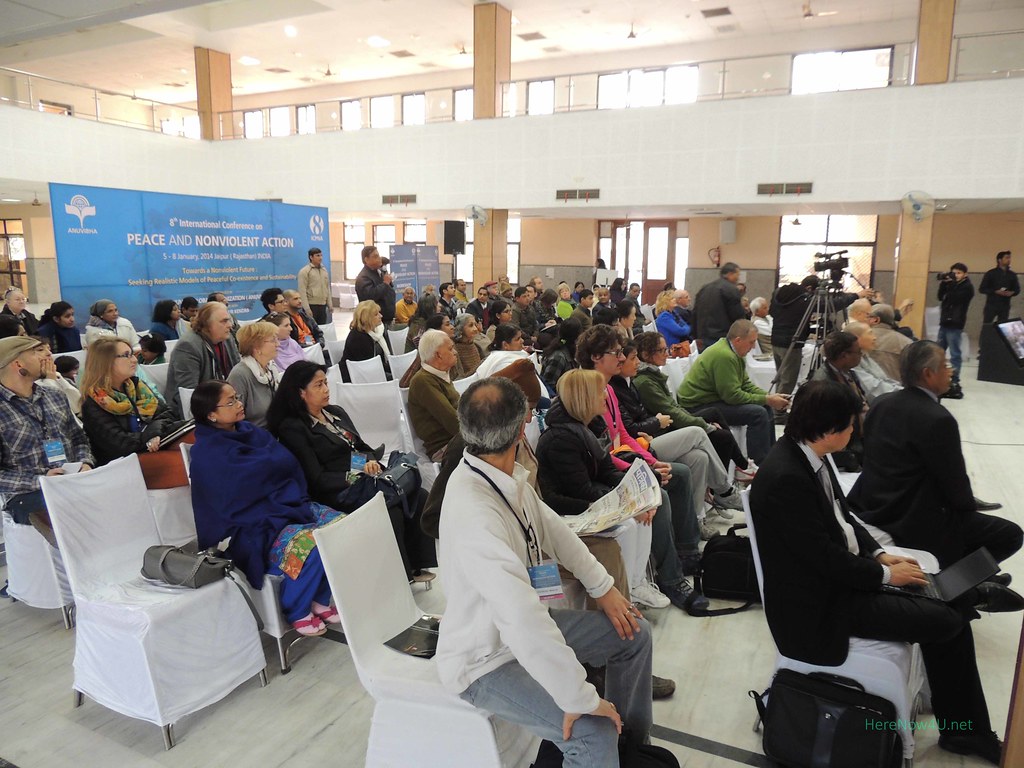
View on the audience
But back to the conference. It can be seen that most in the audience were dressed for rather low temperatures. No wonder, as temperatures at night were around 2°C, and houses in Rajasthan do not have heating. So everybody got dressed as warm as possible. I was happy to have my Berlin winter jacket with me.
The next plenary session also had very interesting lectures on the subject “Educating Youths in a Culture of Nonviolence for Creating a World without Violence”. Lama Doboom Tulku was chair person. The presentation of Dr. Fons Delnoz showed practical ways how to handle emotional energies in emotionally charged situations.
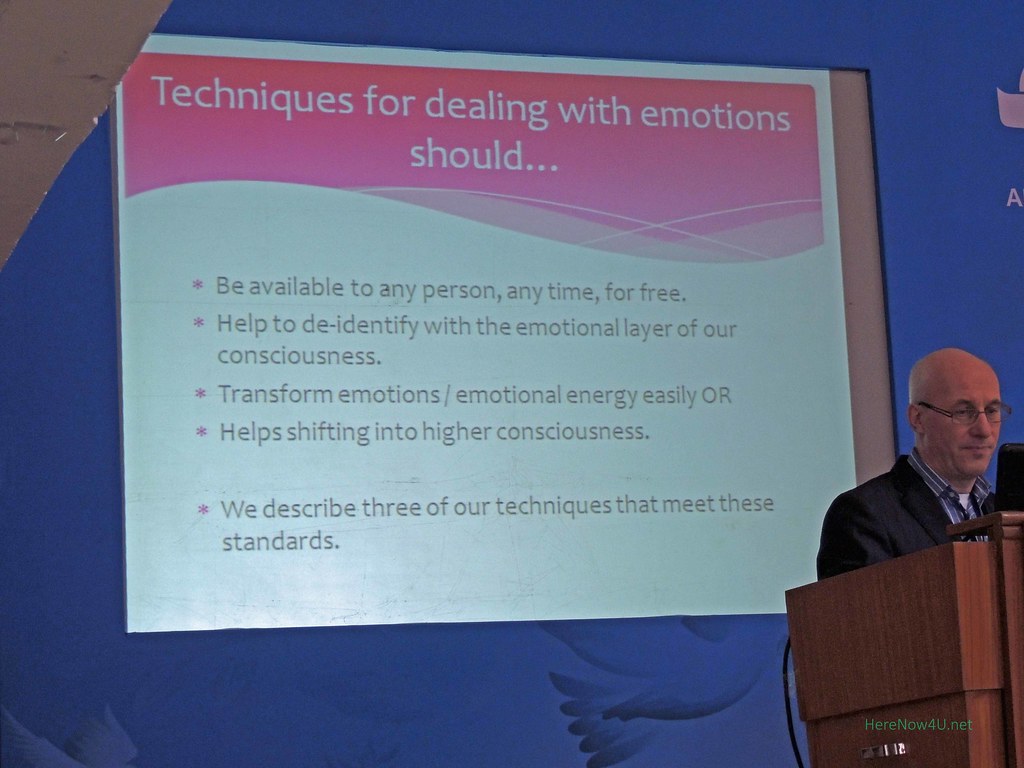
Dr. Fons Delnoz in his presentation
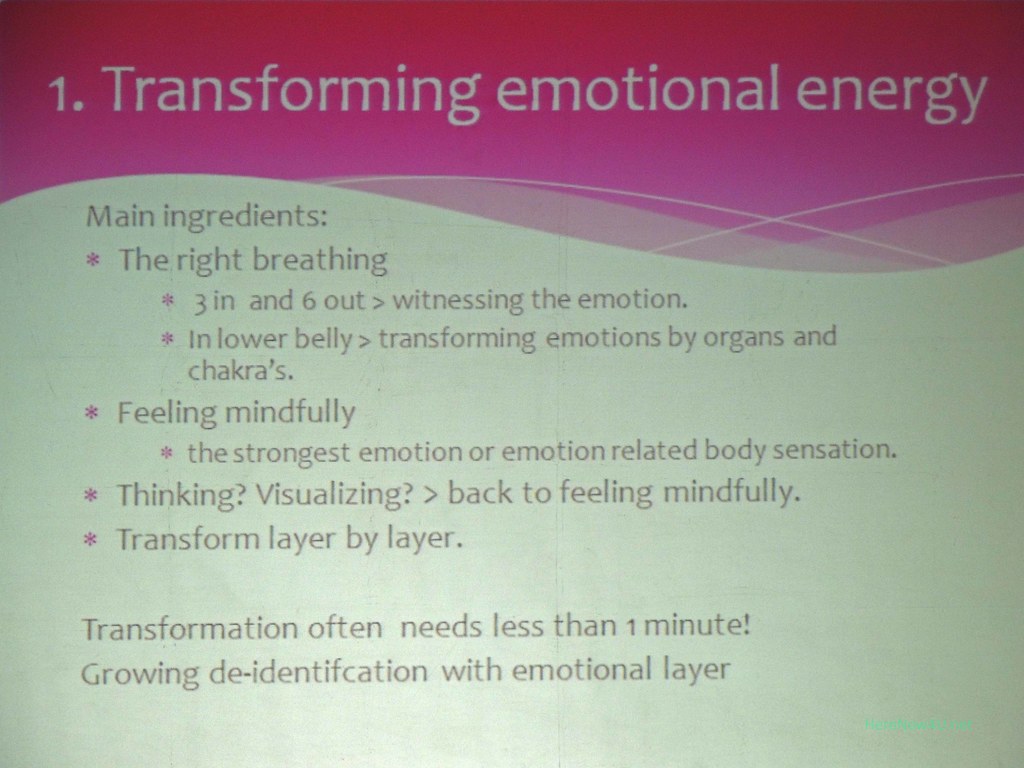
How to transform emotional energy
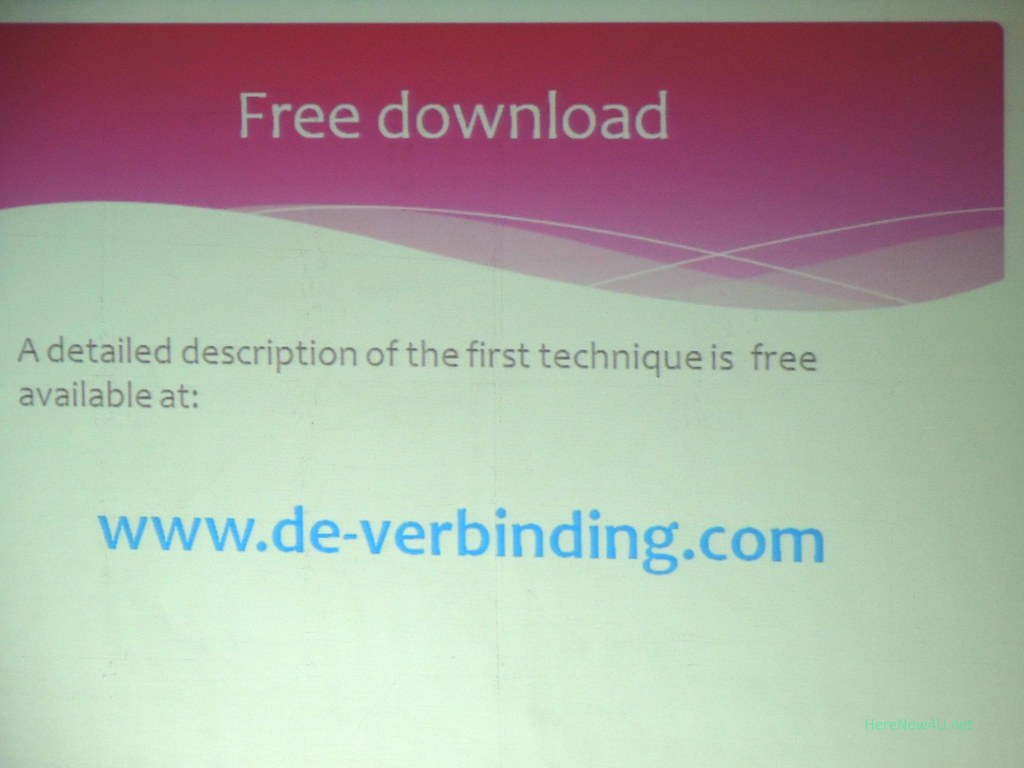
Link to Dr. Delnoz' website
The techniques Dr. Delnoz was introducing were not only very effective, but also very simple to apply in every situation of life where transformation of emotional energies seems necessary for giving a peaceful impulse to a social interaction. Regulation of breath in such situations seems to have a key role. It helps to observe the thoughts emotional energies are bringing about, without expressing them vocally. This technique is very helpful in day-to-day life. Everyone remembers certainly very well situations when failed to apply this technique with undesired results. In this context he explained also the underlying principle of emotional layers which are going on to influence our actions when not removed. Emotional energies of the past can be brought to the attention of consciousness step by step and being removed. By eliminating the layers one by one, a new vision of life, people and situations in it becomes possible. For those deeper interested he gave a link to his website with more detailed descriptions.
Afternoon and evening passed very fast, and dinner time was also farewell time for those who did not join the bus trip to Bhinasar. Some small bags were quickly packed for the journey, and the bus left Jaipur about 23:00h. After some time of driving, fewer talks were heard, and then it was silent in the bus, except for the noise of the motor. Most of us had fallen asleep and woke up only when the bus stopped.
PROGRAMME: TUESDAY, 7th January, 2014
06.30 Hrs - 07.30 Hrs. | OkiDo Yoga and Preksha Meditation by Mr. Pradeep Bhati (India) |
|
09.30 Hrs - 11.00 Hrs | SEVENTH PLENARY SESSION | M.S. (Main Hall) |
THEME: | Anuvrat as an Instrument of Change for a Better World |
CHAIR: | Dr. S.L. Gandhi (India) |
SPEAKERS: |
|
11.00 Hrs - 11.30 Hrs | TEA BREAK |
|
11.30 Hrs - 13.00 Hrs | EIGHTH PLENARY SESSION | M. S. (Main Hall) |
THEME: | Educating Youths in a Culture of Nonviolence for Creating a World without Violence |
CHAIR: | Rev. Doboom Tulku (Tibet) |
SPEAKERS: |
|
13.00 Hrs - 14.30 Hrs | LUNCH |
|
14.30 Hrs - 16.00 Hrs | NINETH PLENARY SESSION |
|
THEME: | Nonviolence and Possibilities of a Weaponless World |
CHAIR: | Padambhushan Shri D.R. Mehta (India) |
SPEAKERS: |
|
16.00 Hrs - 16.30 Hrs | TEA BREAK |
|
16.30 Hrs - 18.00 Hrs | WORKSHOPS |
|
Workshop-7 : Presenters: | Subject : Sustainability by Design
Subject: The Karate-Do & martial arts as a way of balance, overcoming fear and aggressiveness, how to evolve these into a way of peace
| Lecture Room 1 |
Workshop-8: | Subject : Dealing with Emotions
Subject: Rebuilding Lives: Bringing Peace
| Lecture Room 2 |
Workshop-9 : | Subject : Preparing Teachers and Workers for Peace for a Nonviolent World
Subject: OkiDo Yoga for Global Health (Meiso-Shiatsu)
| Lecture Room 3 |
| 19.00 Hrs - 20.00 Hrs | Dinner | |
| 22.00 Hrs | Departure for Bhinasar (Bikaner) by bus |
Details:
Pradeep Bharti | |
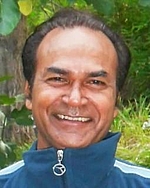 | Yoga Teacher and former teacher of Jain Vishwa Bharti University Ladnun in Science of Living, he travels around the world for Yoga and Preksha Meditation workshops. He is the 1st Meiso-Shiatsu therapist in India, head of OkiDo India in Jaipur and visiting professor of OkiDo Mikkyo Yoga Libera Universita in Italy. He was awarded by the former president of India for social activities. He holds a Master's Degree in Holistic Health from The Intercultural Open University. |
| Morning Workshop: | OkiDo Yoga and Preksha Meditation |
| |
Dr. Samani Rohini Pragya | |
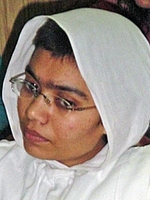 | Dr. Samani Rohini Pragya, Assistent Professor at the Dept. of Non-violence at Jain Vishva Bharati University (JVBU), teaching there since 2004 attended more that 30 national and international conferences, published more than 10 research articles, and is currently working on the project of Acharya Mahaprajna on structural violence. This involves study and editing Acharya Tulsi’s video lectures relayed on the Sanskar channel every Sunday including an English version since 2 years. Fifty-two episodes have been completed so far. |
Presentation: | Anuvrat: A Pragmatic Philosophy |
The philosophical foundation of Jainism is based on the notion that the soul is immortal, that there is rebirth, and that the soul migrates as per one’s deeds (karmas), and finally that the soul can attain emancipation from the cycles of existence and suffering. They are so framed that they produce strong conviction in reality. The present paper attempts to establish the fact that the Anuvrat doctrine as enunciated by H.H. Acharya Tulsi is like breaking the boundaries. It sets Anuvrat on a more realistic platform. This is to say that Anuvrat follows an empirical-realistic approach. Anuvrat in fact, truly establishes Jainism as a pragmatic school of thought. This is because, it does not pre-suppose any of the metaphysical assumptions as traditionally accepted in philosophical discourses. | |
| Dr. Samani Satya Pragya | |
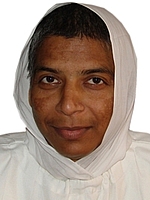 | Dr. Samani Satya Pragya, Associate Professor at the Dept. of Non-violence at Jain Vishva Bharati University (JVBU) and teaching there since 1994 attended more that 30 national and international conferences, published more than 10 research articles, and is currently working on the project of Acharya Mahaprajna on structural violence. This involves study and editing Acharya Tulsi’s video lectures relayed on the Sanskar channel every Sunday including an English version since 2 years. Fifty-two episodes have been completed so far. |
Presentation: | Impact of Anuvrat on Society |
Multi–dimensionality is the magnificence of the world. Lord Mahavir explained nonviolent and peaceful lifestyle in two terms- Mahavrat and Anuvrat. Acharya Tulsi enhanced it a little and made it more contemporary. The Anuvrat movement’s impact has no boundary. It brought revolutionary changes in every corner and dimension of the society. For instance in religion, in social practices, life styles, rituals and much more. Anuvrat - a new religious concept - was approachable by every common man who trusts in spirituality and morality. Human dignity in respect of equal right and economic benefits through moral and ethical ways are always respected. Anuvrat norms give a model of exploitation free society that consists of the following steps:
Thus, a society that is free from exploitation will take lead in self-restraint. There will be no place for uncontrollable mindset, the attraction towards hoarding and possessiveness, the centralization of wealth and power, and the dignity of wealth, violence and strength of power. Such a society will foster peace forever. | |
Shivani Bothra | |
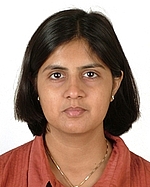 | Program coordinator of various experiential education programs, she has recently graduated from the Florida International University with MA in Religious Studies. Her Master’s thesis was descriptive and an analytical study of the Anuvrat Movement. Currently she is working towards her doctoral studies. |
Presentation: | Anuvrat: A Cradle of Change Towards a Nonviolent Society |
"Self-restraint is life", this three-worded slogan formed the philosophical ideal behind the Anuvrat Movement. The movement’s advocate, the late Acharya Tulsi, conceived of a set of vows as a practical form of spirituality and one of the plausible solutions towards a nonviolent society. This lecture will examine the first five Anuvrats or ‘small vows,’ which concern several aspects of violence prevalent in any society today. Furthermore, this lecture attempts to establish Anuvrat as synonymous to spirituality. Here, spirituality in the sense as yoga is without Hinduism or meditation is understood without Buddhism. Yoga and meditation are increasingly accepted as beneficial to holistic health, similarly can Anuvrat without Jainism complete this trinity for a healthy society? | |
| Bharti Jain, Prof. | |
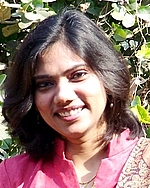 | Science graduate with MA (Eng.), DOEACC ‘A’ Level, M.Sc-CS and a motivational speaker, author of computer books for BCA and PGDCA, IT Project Manager with 14+ years of experience in Business Development, Quality Assurance and also a very renowned corporate trainer, now running a motivational site: udaanbharti.com. She also conducts workshops on Self Inspiration, Self Motivation, Women Empowerment and Team Building etc. |
| Presentation: | Rebuilding Lives: Bringing Peace |
Prof. Bharti Jain would like to introduce her work and her steps towards youth, women, society and nation. She introduces “Udaanbharti” (Inspire Yourself), an initiative, which is established in the year 2012 to groom professionals, who are actually in the process of building their careers and recognizing their inner strengths. Here she intends to launch “Udaanbharti” to a bigger platform and also work on issues like women empowerment, child care etc. This apart, my larger vision is to empower and illuminate lives and to make each and every section of the civil society to come forward and participate in this venture of building a new healthy society. She will present strategies to help overcome limiting beliefs, empowering to cope with challenges, helping to overcome fear, self doubt, and find oneself equipped with requisite skills to handle work independently, in group settings such as family, friends, even at work, and also to make the decisions that will lead to a balanced and peaceful live. | |
| Fons Delnooz, Alphonse, Dr. | |
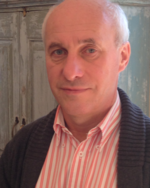 | Born 1957, he runs a private psychotherapeutic practice in the Netherlands together with his wife, Patricia Martinot. They give sessions, trainings and courses in Dutch, English and German. They work with children and adults individually and couples. A major issue in their work is the integration of spiritual concepts and techniques in the field of helping people in their development. They are specialized in working with high sensitive people. By Skype, they give sessions worldwide. They have published 10 books on their work, partially translated in German, Spanish and English. |
| Presentation: | |
Emotions are a part of human life. Sometimes people are identified with their emotions: they are their emotions; they think and act out of these emotions. This can have a (very) negative effect on the people they live with. Other people suppress their emotions, which in the end can lead to psycho-somatic diseases. For a world to be harmonious, people need to know ways to deal with their emotions so that they do not have to suppress them, nor act them out on others. In the past decade we have developed a series of techniques that has proven to be very effective. These techniques combine insights of East and West. In this lecture/workshop we would like to give a short oversight of the three techniques, and describe the first more in detail. For the participants there will be a free 15 page e-book available describing the first technique in detail. | |
| Susan Seats, Ms. | |
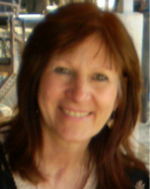 | Susan is a teacher, social worker, peace advocate and public speaker. She has worked in the field of social work for over 35 years. Her creative approaches (especially with children) include interactive, creative techniques such as music, art, games, discussions and magic. Susan's appreciation of cultures has inspired her to travel internationally. Her nine trips to India involved helping with education projects in India’s rural schools through the organizations Rotary and Asha. She presently teaches people from many countries basic English conversation skills. Susan has a Bachelor Degree in Liberal Arts from the University of Illinois and a Master Degree in Rehabilitation from the University of Arizona. She enjoys travel, magic, piano, hiking, dancing, and meeting people from many different countries. |
| Presentation: | |
Raising a child with a Holistic type model is essential to encourage the spiritual, emotional and mental growth of a child. It is not enough to focus heavily only on academic success. The important building blocks important in raising a peaceful child are the following;
At the center is a circle of the child’s consciousness whereby awareness, acceptance of self and the inner strength of resilience takes form. | |
| Healing Ourselves; Healing the World: Youth Cultural Exchange as a Vehicle for Peace | |
It is easy to be discouraged when one sees the unrest all over the world, yet true peace begins with the individual. Through songs, discussions and lecture this workshop will explore the concept of Gandhi's powerful words "Be the Change". It will offer some suggestions and tools for "peacemakers" to "walk our talk", during these challenging times. Drawing from the wisdom of some current spiritual teachers and other sources of insight, we will look at how developing an attitude of gratitude for every experience and cultivating a practice of self-acceptance, while embracing our humanness, is essential for us to better help others shift from survival to a world of hope. | |
| |
| Monowara Begum Moni, Mrs. | |
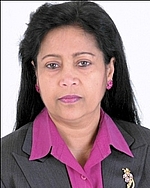 | Born in Dhaka, Bangladesh, 1958. Her profession is Journalism and Media Research, and she is Visiting Lecturer of Daffodil University, Press Institute, Democracy Watch, Bangladesh. Her studies include Bengali Literature and Linguistics, Economics and Pali (MA) from Dhaka University, Bangladesh 1981; and she is Holder of a Diploma in Journalism, University Hohenheim, Stuttgart, Germany 2002; she also studied Commercial Business, in Stuttgart, Germany, 2009. In 1989 she received the Prize: Best Journalist of the Year 1989, from Bangladesh Diploma Engineers Association. Publications: In Quest of a Golden Dream Dhaka, Bangladesh 1989, Mass Media in Bangladesh and its Press Freedom, Munich, Germany 2006; She published various research papers in Bangla Desh and Gernany. Member of DJV-BW (German Journalist Union). |
| Presentation: | World Without Weapons: A way towards Peaceful Life |
The purpose of this paper is to discuss and find out the problems of Nuclear Weapons. For millennia weapons have played crucial roles in society, molding and changing the course of history. They have destroyed civilizations and created new ones. When, for example, ancient Egypt was at its peak, the Hyksos invaded it only because they had superior weapons made of iron. There are many such examples in history. The United States was the first country to develop nuclear weapons and the only country to have used them. President Obama put the icing on the cake when he declared on April 4, 2009 that he shares the vision of a Nuclear Weapons-free World. NATO replied: Enact your vision for a World without Nuclear Weapons. Secretary General of the UN, Ban Ki-Moon has stated with great clarity: “A world free of nuclear weapons would be a global public good of the highest order.” I will discuss why this lucrative and mighty business is going to be switched off. Is it believable? Because “Wars of the Future” might be decided through manipulation of people's minds. A world without war can be seen as a long-range goal and plan for the peaceful future. | |
| Mano Mettanando Laohavanich | |
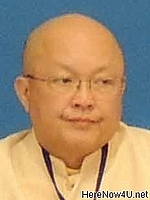 | Right now Mano is working on moral empowerment of the citizens through Buddhist Ethics and Abraham Maslow’s Hierarchy of Needs through the use of a smart ID card. It is an active project initiated and piloted by him through the Senate of Thailand. |
| Patricia Cecilia Martinot, Mrs. | |
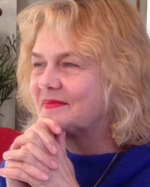 | Mrs. Patricia Martinot (1955) runs a private psychotherapeutic practice in the Netherlands together with her husband, Fons Delnooz. They give sessions, trainings and courses in Dutch, English and German. They work with children, adults individually and couples. A major issue in their work is the integration of spiritual concepts and techniques in the field of helping people in their development. They are specialized in working with high sensitive people. By Skype, they give sessions worldwide. They have published 10 books on their work, partially translated in German, Spanish and English. |
Workshop: | Dealing with Emotions |
| |
Sanjay Goyal, Shri | |
| Workshop: | Preparing Teachers and Workers for Peace: for a Nonviolent World |
“The well-being of mankind, its peace and security, are unattainable unless and until its unity is firmly established.” - Bahá’u’lláh Today the world is facing the daunting danger of the extinction of humankind. The atmosphere of disbelief, disrespect and religious intolerance among different ethnic groups and nations is visible everywhere. The whole world has become a place of competition for weapons where every other nation wants to invent more advanced weapons in spite of common goods and comforts for their citizens. The gap between developed, developing and underdeveloped nations is increasing constantly. Poverty, unemployment creates brutal clashes between different communities. In present time youth is conditioned and inspired by T.V. and cinema’s violent scenes that motivate them to do so. The prevailing conditions show the need for peace and cultural education for individuals in general and students in particular in Indian society. The students should be given ethical, spiritual, and peace training for their all-round development. We, in such a situation, need teachers and workers for peace to spread the message of brotherhood, tolerance, and oneness. The teachers should be trained in such a way that they can prepare students backed up with spiritual, emotional and Indian values and can help in creating harmonious atmosphere in society in its aftermath. The paper, thus, evaluates the present status of peace in society and its role for making the society nonviolent and a better place to live in.
|
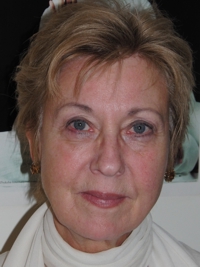 Editor Carla Geerdes
Editor Carla Geerdes
